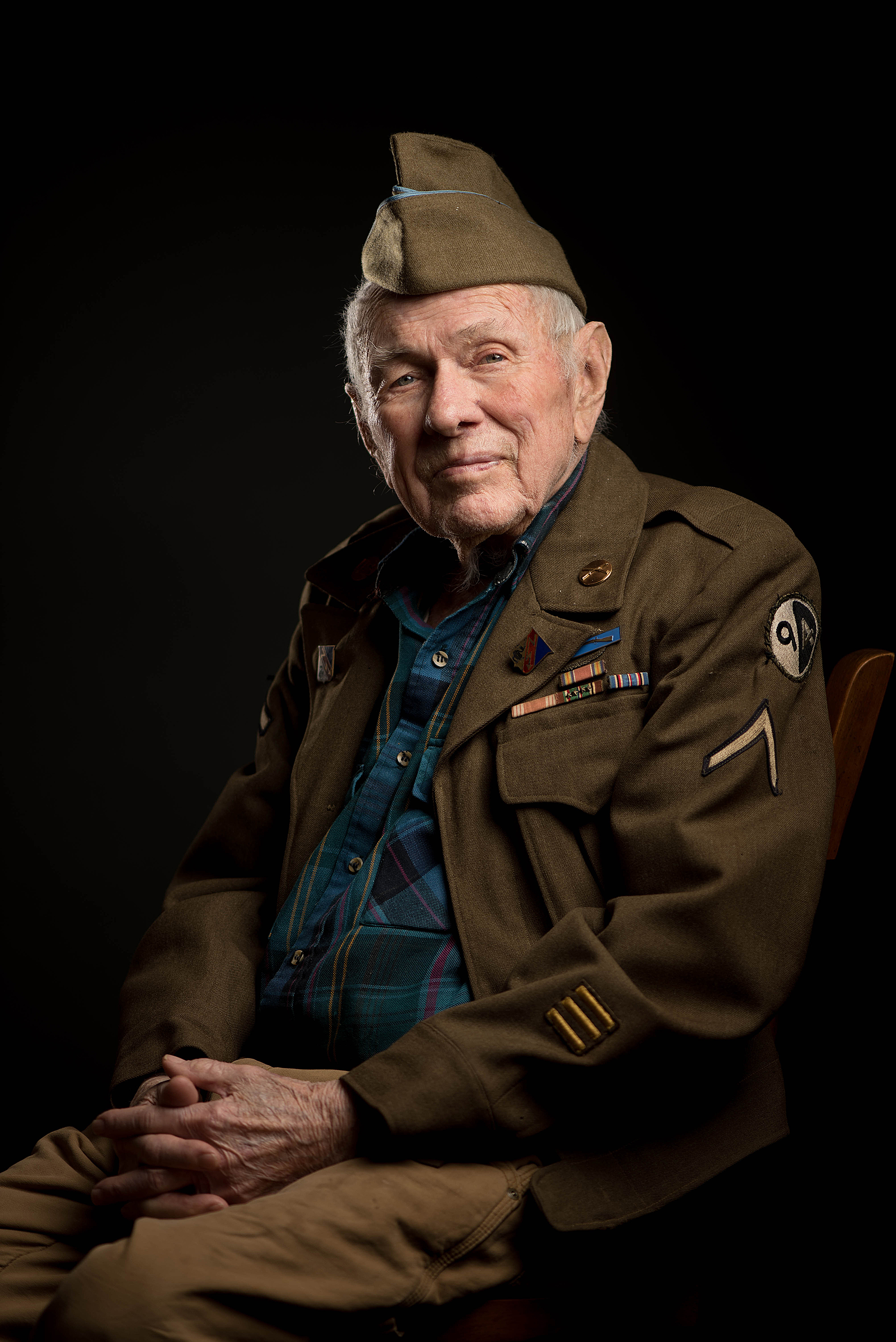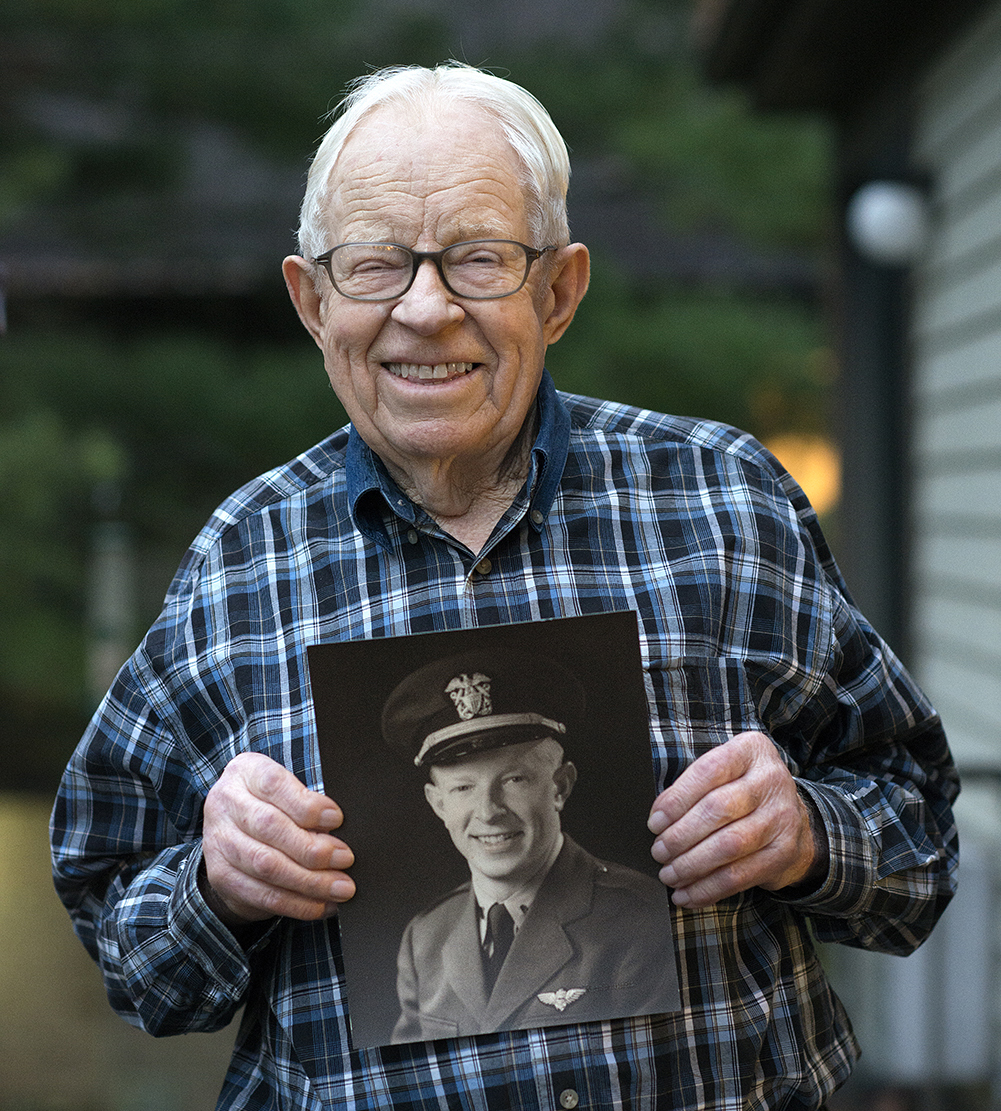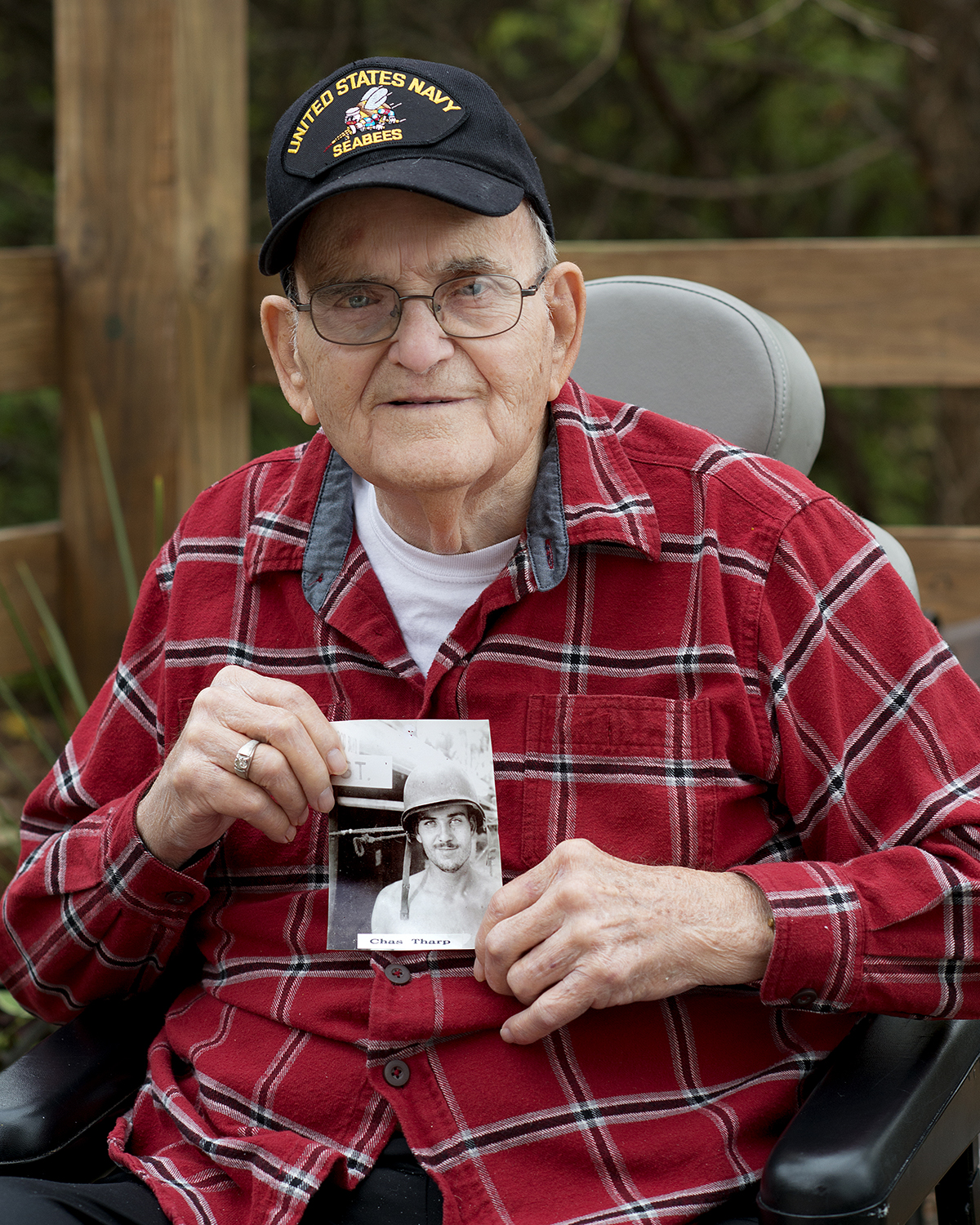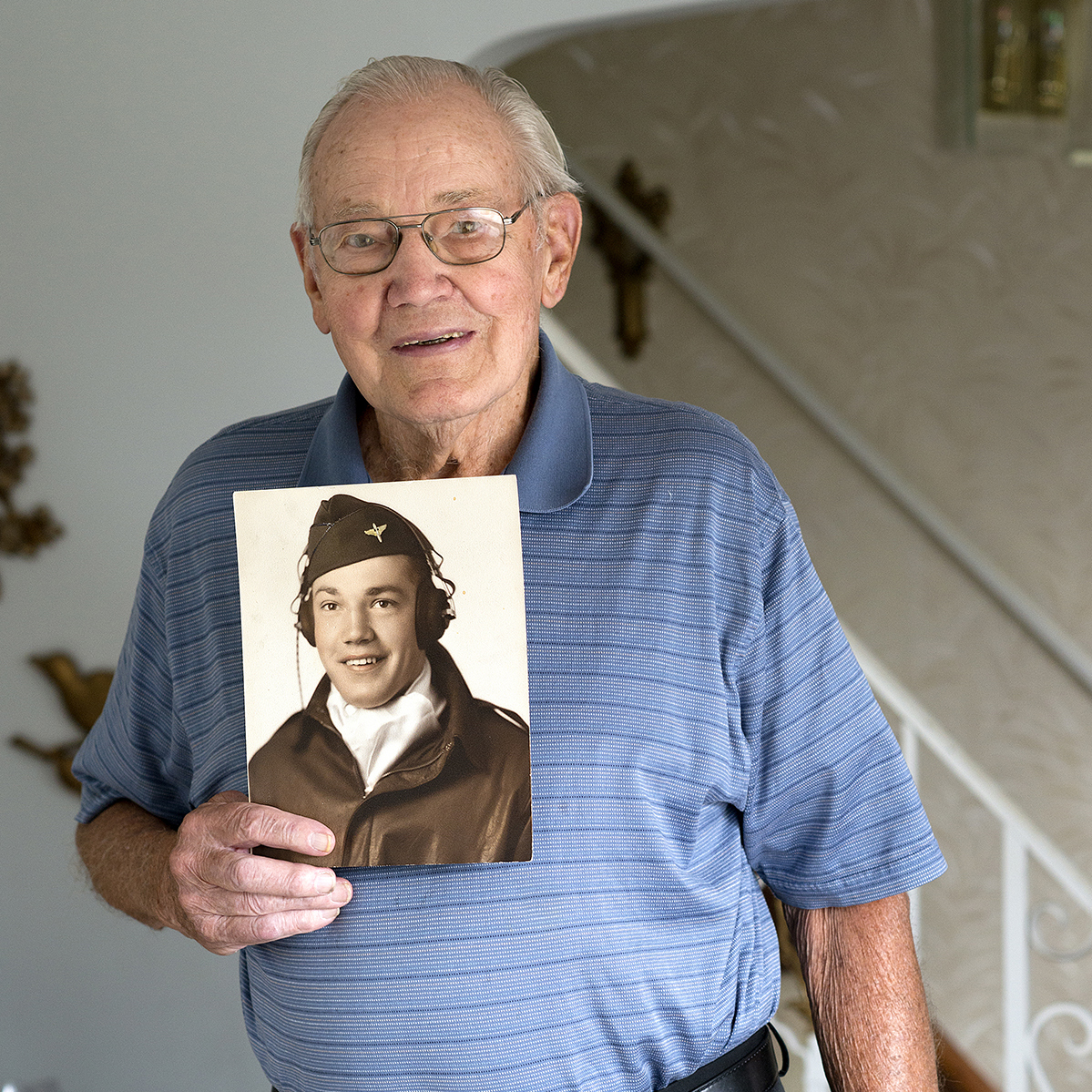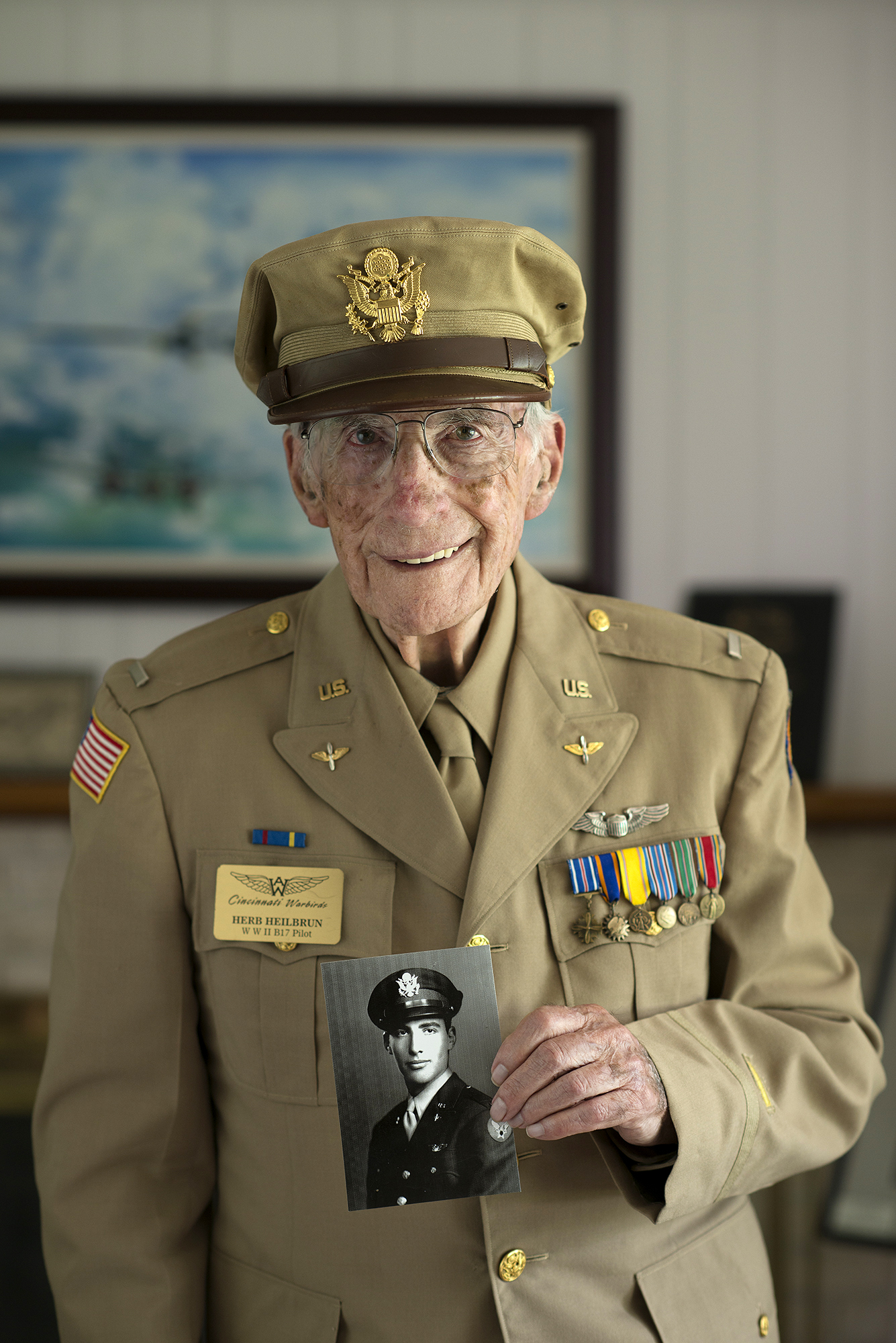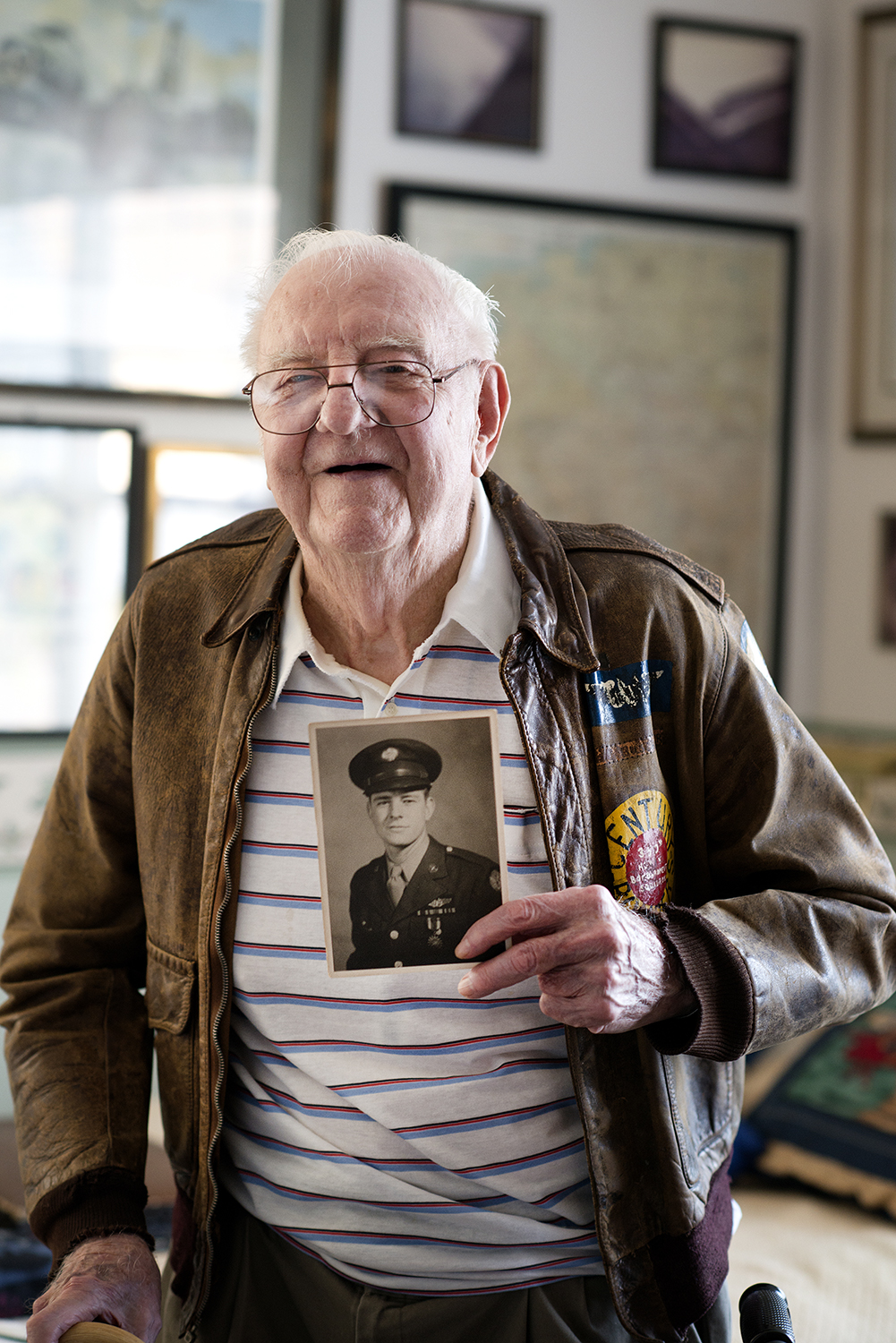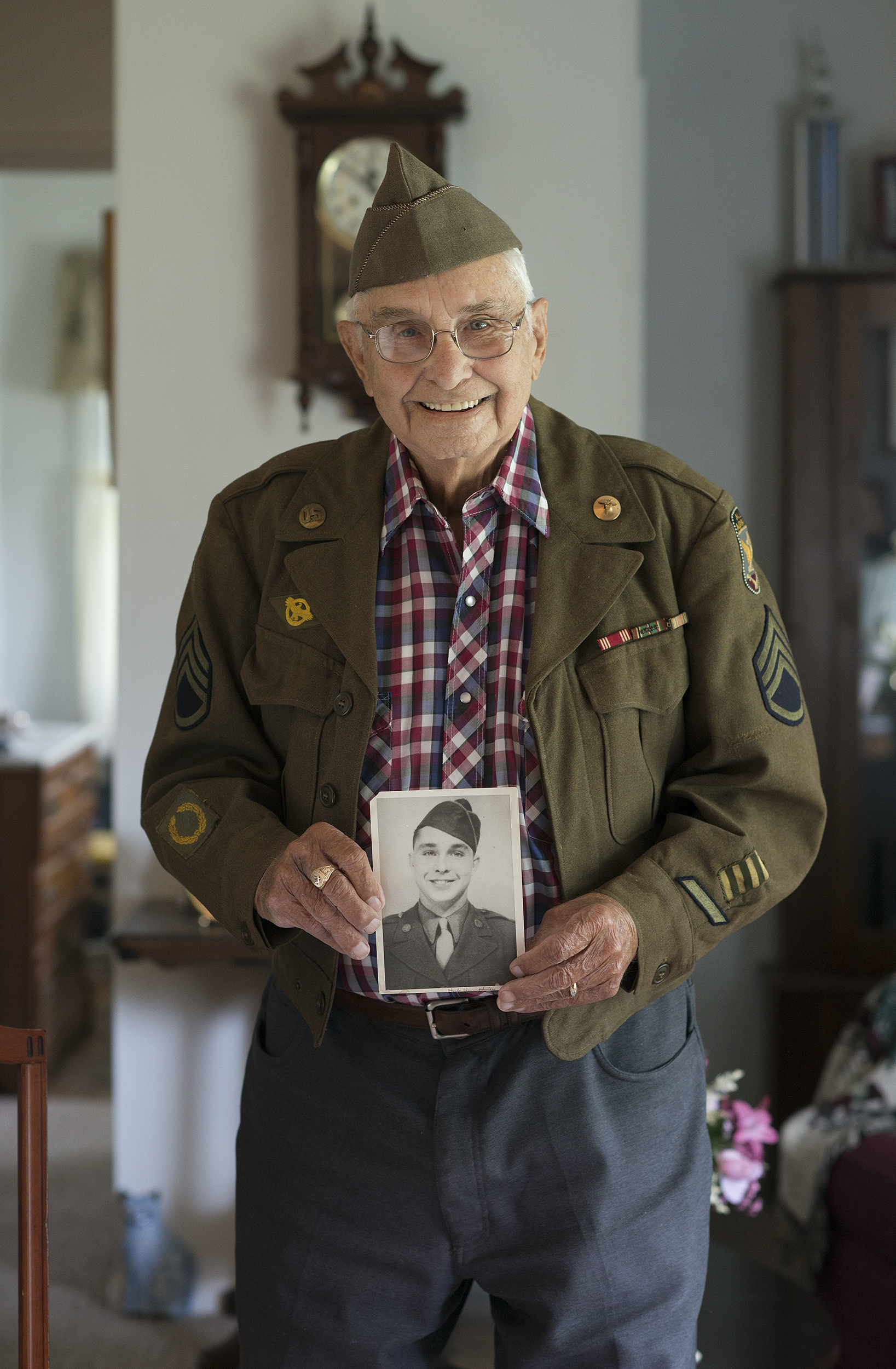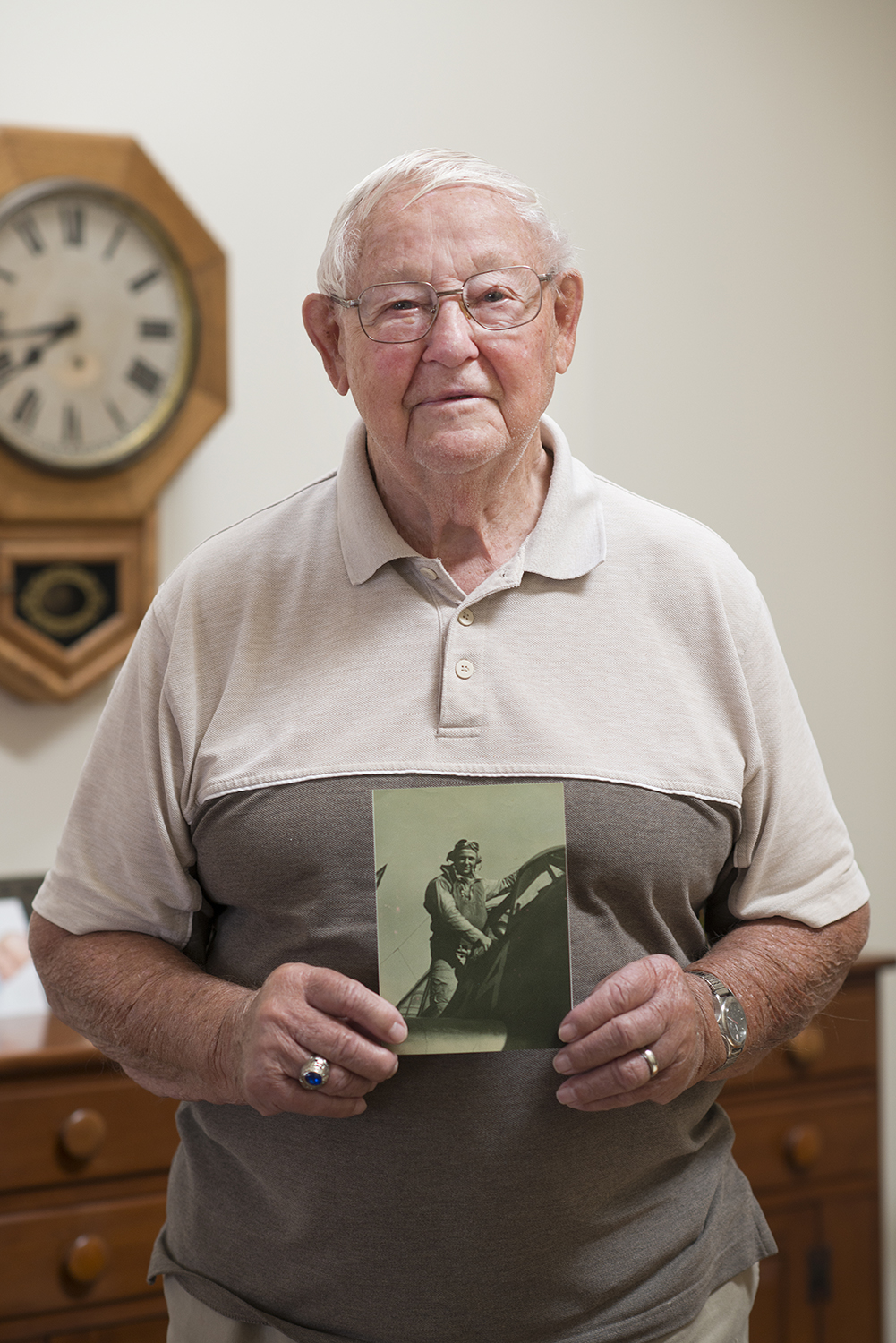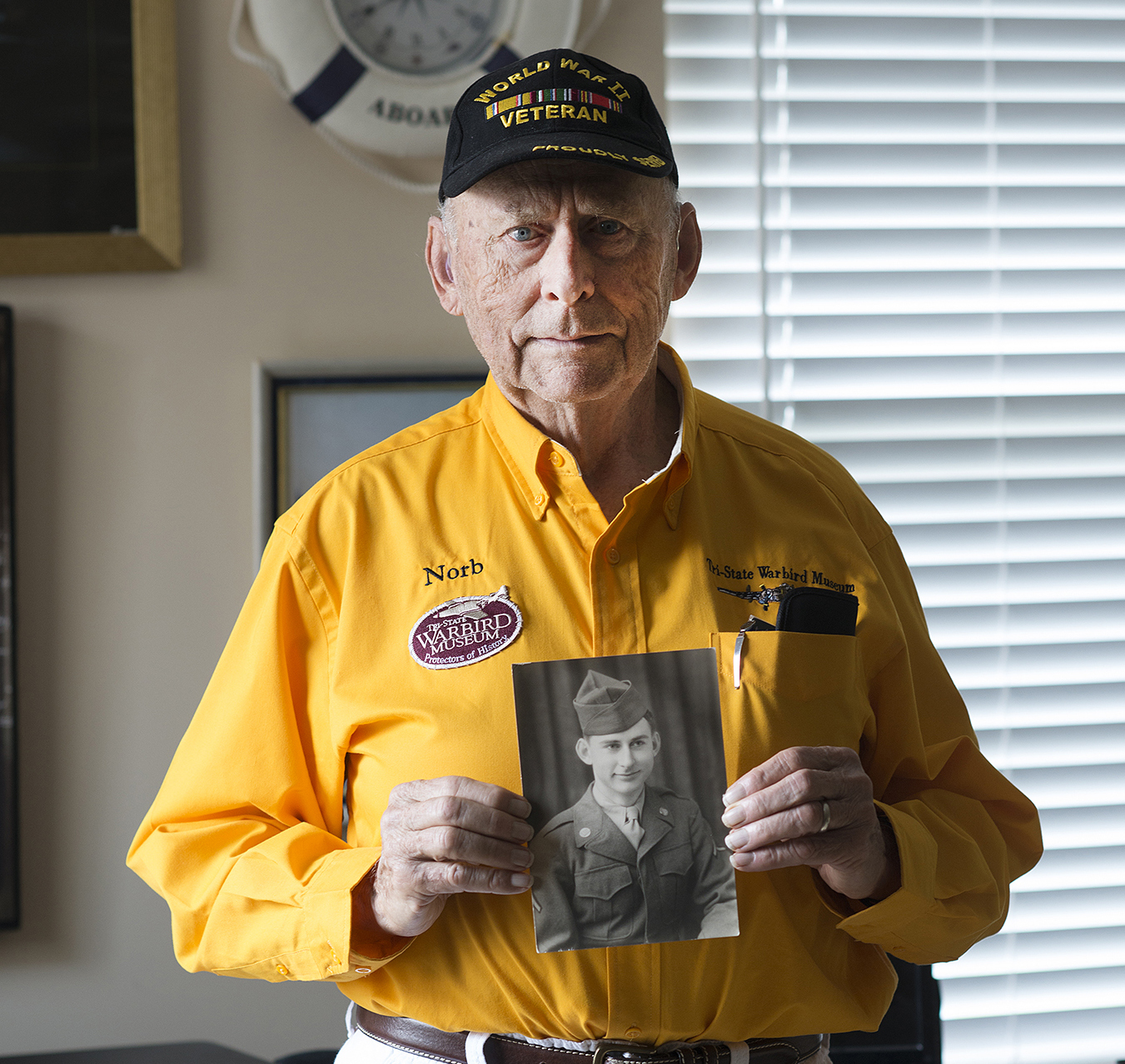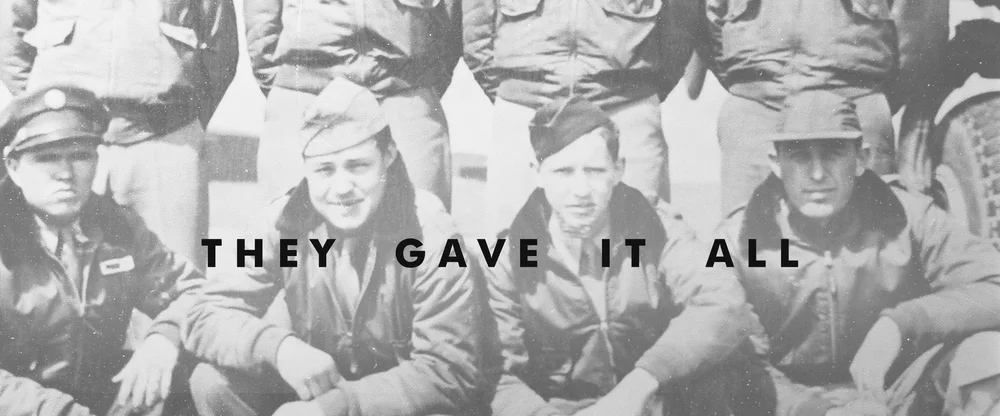Chester Bishop
Chester Bishop was born in 1921 in Falmouth, Kentucky. He grew up on a farm there where his family had crop fields and raised cows for milk. He joined the infantry after hearing a neighbor girl talking about how her brother had been killed in North Africa. This caused Chester to want to join up. He trained in the 94th Infantry Division (Known as Patton's Golden Nugget) in Patton's Third Army and was in 209 days of combat in the Northern France, Rhineland, Ardennes-Alsace and Central Europe Campaigns.
He hesitantly reflected on an attack his platoon made on a German Pillbox near the town of Merzig, Germany on the Saar River. "We attacked a pillbox. We didn't know they had cover fire from a mortar team at the pillbox. Our Platoon came up over the burm, up and down like this, you know? *motions up and down with his hand in a wave* So Jack Osment went up there about four feet to my left and eight feet ahead of me. All the sudden I felt the air from the mortar shell and it hit in front of me and got Jack. One piece of shrapnel went through the back of his helmet, but didn't hit his head and he was all full of shrapnel up and down his side. I got nothin'. Jack was my machine gunner and I carried my M1 Rifle and his ammunition in dinner buckets (ammo boxes). There were 250 rounds per dinner bucket. I was the ammo carrier. I was with my machine gunner all of the time, I went where he went and dug in wherever he had to. We had two gunners and two ammo bearers. I was one and the other ammo bearer got killed that day. I don't know how I made it."
Chester was kind enough to share that short story with me. He told me that with all of his combat experience in the four campaigns he participated in with the 94th Infantry Div. he had tons of terrible stories that he didn't want to think about or talk about, but he at least wanted to tell me one that wasn't as bad as the others.
Pictured is Chester in his service jacket sharing the photo of his regiment and talking about the attack on the German pill box. Below those images is his service photograph from 1943.
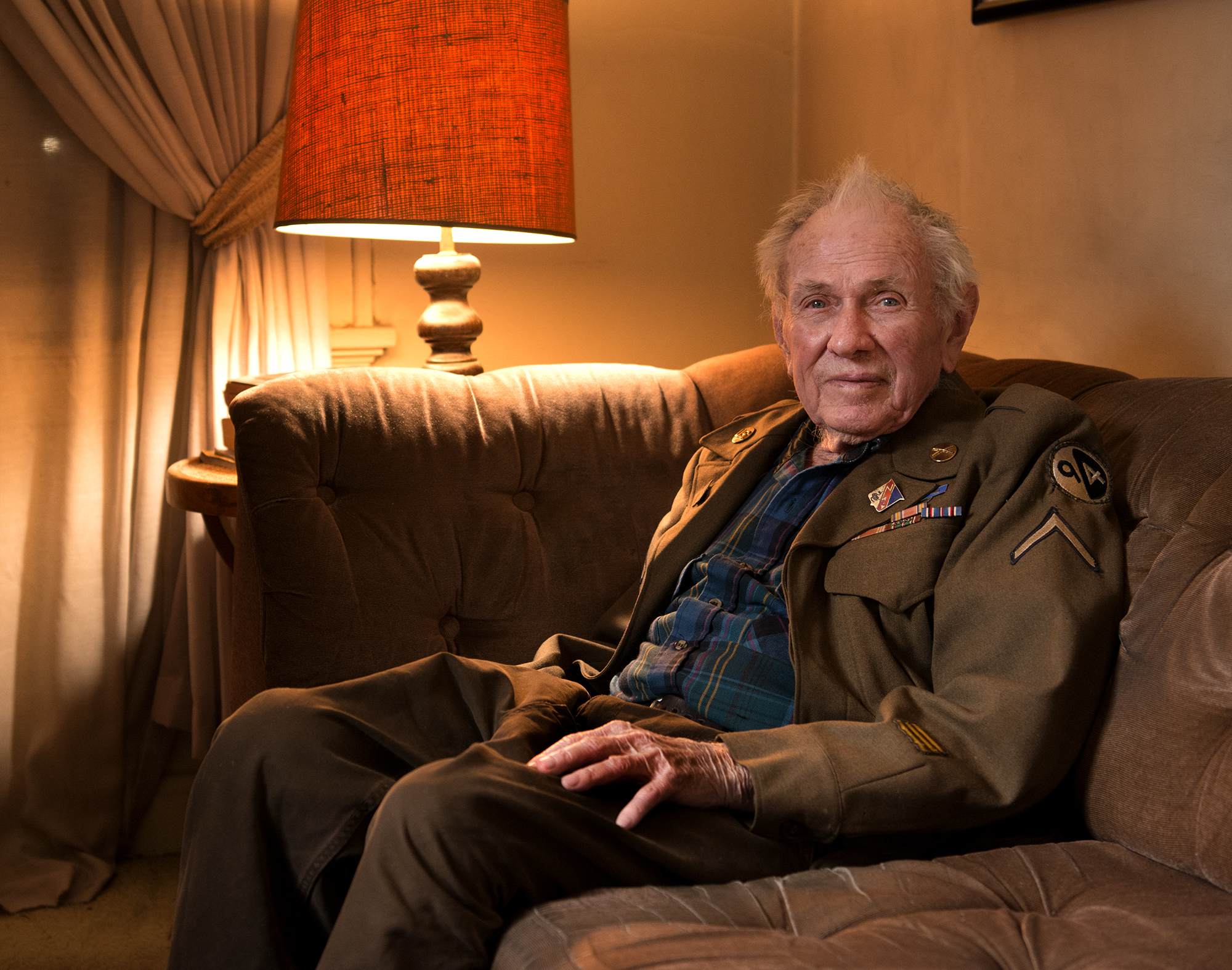
PFC. Chester Bishop on December 22, 2017 at the age of 96.
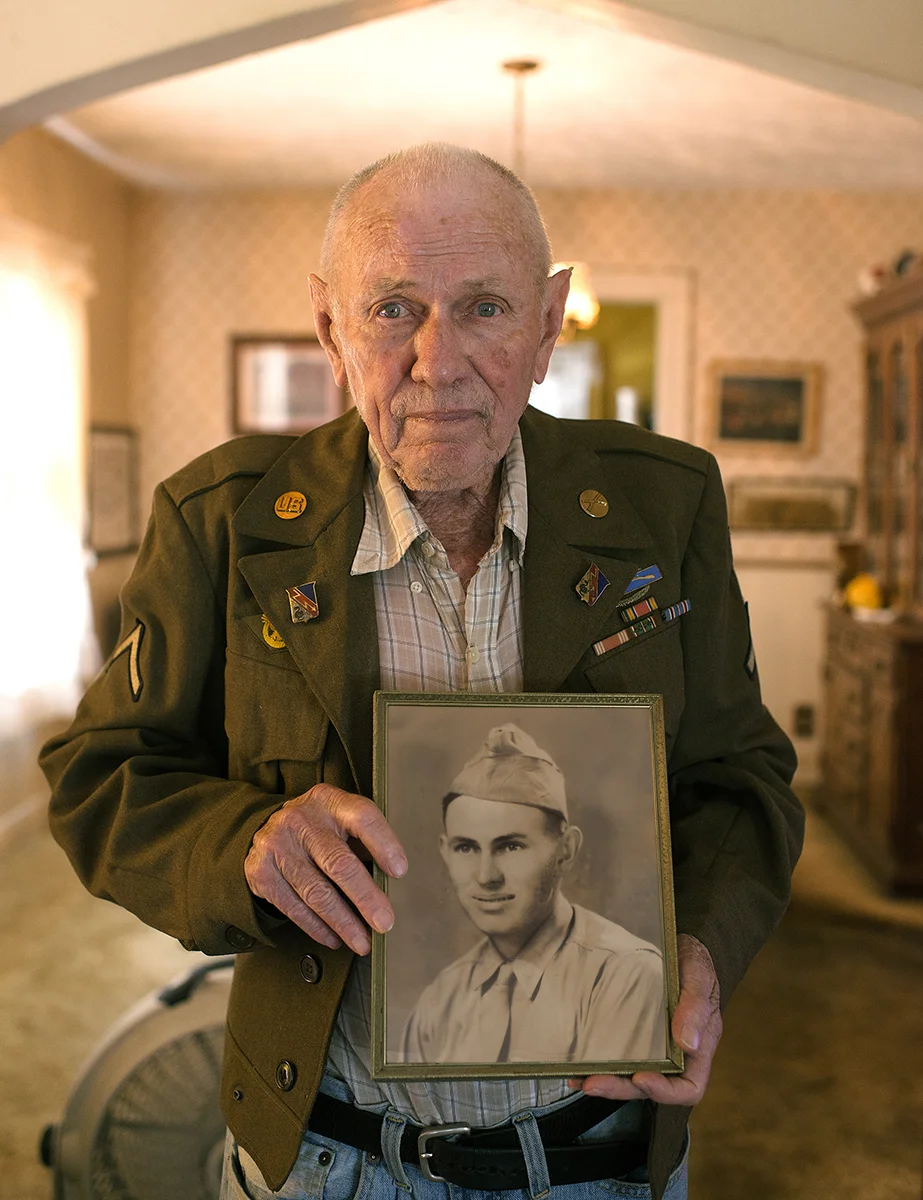
PFC Chester Bishop in June of 2015 at the age of 94.
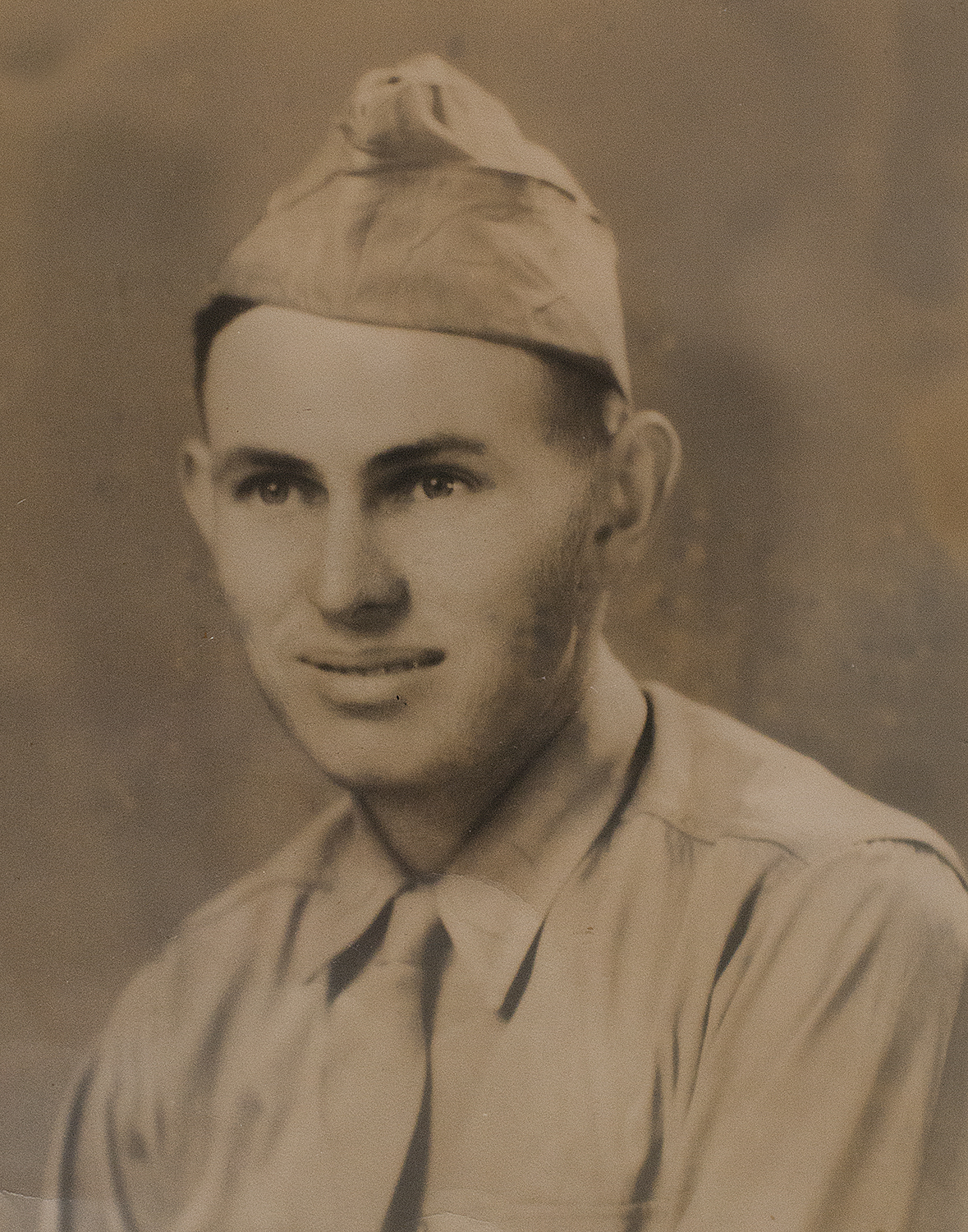


William Singleton
I was born in Brodhead, Kentucky on June 30, 1924. When I was two years old, my parents moved to Camp Dennison, Ohio. My dad worked for the Ohio Railway Company and in 1932 he broke his arm and we had to go on relief. When he was able to do any work, he worked as a farmhand for all of the farms around the Camp Dennison area doing things like cutting corn, gardening and putting up hay. When I was twelve years old, I started going with him doing the same kind of work! Growing up, we would always raise a hog that we would butcher in the fall to serve us through the winter months. We also owned a milk cow and it was my job to milk the cow morning and night. Considering the times, we lived well! Since we were on welfare relief, we were given clothing and we always had a big garden to grow vegetables in and my mom canned everything we grew in the garden. I went through eight years of schooling in Camp Dennison and then I went to Terrace Park High School and spent almost four years there, but walked out during my senior year. When I turned eighteen years old, I got my social security card, got a job at the Terrace Park Country Club golf course and I also worked on farms doing chores in the garden and cutting corn in the fall.
On December 7, 1941, I was working in the pool hall in Milford and I remember the announcement on the radio. I was devastated! I hadn’t even thought about going into the service until another year or so when I heard they were starting to induct nineteen year olds into the service. I thought to myself, I don’t want to be on the ground, but it looks like you get a pretty good life in the Air Force. After I signed up in Fort Thomas, Kentucky, I took the test to get into the Air Force and I passed it! It was really exciting! After I was inducted, they sent me down to Florida right outside of St. Petersburg in the wilderness with palm trees and everything and I thought it was the life. Eight of us lived in a big old tent and did our basic training. After basic, I was sent back to Fort Thomas and I was assigned to Colorado to go to gunnery school. It was beautiful. Our camp was in the back of Pikes Peak, so I got to wake up every morning and look at Pikes Peak! I was trained on the Norden Bombsight as well. Later on during training, I went to another gunnery school in Boulder, Colorado. In gunnery school we learned how to shoot a machine gun! We’d go up in an airplane and shoot at moving targets.
From there, I went to Alamogordo, New Mexico. This is where we formed our 839th Bombardment Squadron of the 487th Bomb Group. I had an interesting experience during training there. We were doing some practice night bombing near El Paso, Texas and on our way back from the bombing mission, one of the booster pumps went out on one of the engines on our B-24 and we crash landed before we made it back to Alamogordo. Our plane came down and hit and spun around, the wings broke off and all of us walked away. It was terrifying! I thought that was the end.
After we trained, we were ready to go overseas. My crew flew our plane over to England and I stayed back with our equipment and went over by boat. Before I shipped out, I spent one night in New York City! I went out to a bar with a few of my buddies and we were in our overcoats. It was one last hurrah before we went overseas. The trip over the Atlantic took about eleven days! We didn’t know whether we were going to be torpedoed or not. Once in England, we were assigned to the Eighth Air Force and stationed at Lavenham Airfield. That’s where I remained stationed for my entire time overseas. I flew sixteen bombing missions in a B-24 and then we switched to B-17s and flew sixteen more missions for a total of thirty two missions. The B-17 was a much better plane to fly in than the 24! Following my thirty second mission, during the interrogation we always had following missions, the officer came up to me and said, “Sergeant Singleton, that was your last mission.” I about fell over! Of course they always had a bottle of booze for us to drink after the bombing missions.
I was the nose gunner and bombardier for our crew. I was up there extended out in front of the plane in a plexiglass bubble. Once we got up to ten thousand feet, we’d turn our oxygen on and get in position and stay there until we got over the target. That’s when I’d start saying a good prayer to the Lord. During the missions before and after we hit the target, there were always German fighters coming in attacking us and I would return fire, but I don’t think I ever hit any. I got to see other planes get shot down and every time I would thank God that it wasn’t me. It’s a very scary position to be in, let me tell you. I just thank the good Lord that I’m still here.
Before missions, I was always the last member of my crew to get on the plane. I didn’t like seeing the engines warm up while they were filling the tanks with 100 octane gas because it would run over the wings and I thought to myself, one of these days it could catch fire! Once all of that was finished and all four engines were started, I’d climb up through the bombay doors and then down underneath the pilot and co-pilot into my position in the front nose of the plane.
Our first mission was up to Belgium to bomb railroad yards. They were really well protected. You could tell the difference between an 88 and a 105 shell when it burst too. The 88s can get up a little faster and the 105s came up a little slower, but packed a bigger punch! You could easily tell what it was by the burst and the flame when it exploded.
On June 6, 1944 I flew two missions. At this time, we were still in the B-24. During the first mission, we flew over the channel before the landings began and hit the coast line defenses with our bombs to help soften the German defenses. The channel was just loaded with ships as far as I could see up and down. Our plane was only at about five thousand feet off of the water, so I had a really nice view of the boys down below. Then we hit the coast with the first wave of bombs through which our ground forces would push through. Then we returned to England, refueled and loaded more bombs. On our second mission we flew further inland and dropped bombs onto the railroad stations so the Germans couldn’t rush reinforcement troops up to help with the defense of the beachhead.
Crash landing the B-24 in the U.S. during training was as close as I came to losing my life during the war, though I saw a lot of planes shot down around us while on the thirty two missions. We were just one of the lucky ones because when that anti-aircraft comes up it just spreads all over and you don’t know which plane is going to get hit. Every single mission there was flak galore.
On my trip home, I sailed back across the Atlantic and we anchored in New York Harbor. I was discharged at Sheppard Field Texas. I flew from there back into Cincinnati and arrived at Lunken Airport. It was so wonderful to come home to Milford. Naturally I had to find a job. I worked for a guy at a grocery and I was a butcher. Before I left for the war at age 19, I was learning how to be a butcher. The owner, whom I knew, was glad to see me back home because he said he needed a vacation. I worked for him for two weeks while he vacationed. At the same time, there was another guy who owned another grocery store in Milford and offered me $100 a week to come work for him! Back in those days, $40 a week was the going salary, and he said I’d be the butcher and manager of the store. I said absolutely! The owner had an alcohol problem though and I didn’t want it to ruin my name, so I quit after six months because I didn’t want my name to be ruined. In the meantime I had become friends with the man who was delivering the produce at that time and he had two trucks. I talked to the owner and he offered $40 a week and I said okay, but let’s work on a percentage basis past a certain amount. He agreed. I worked for him for nineteen years and then I bought him out. At that time I had five trucks running out through the country and I had ten people working for me. I had a really good business and I was able to retire at fifty seven years old. Since then, I’ve been dabbling in real estate.
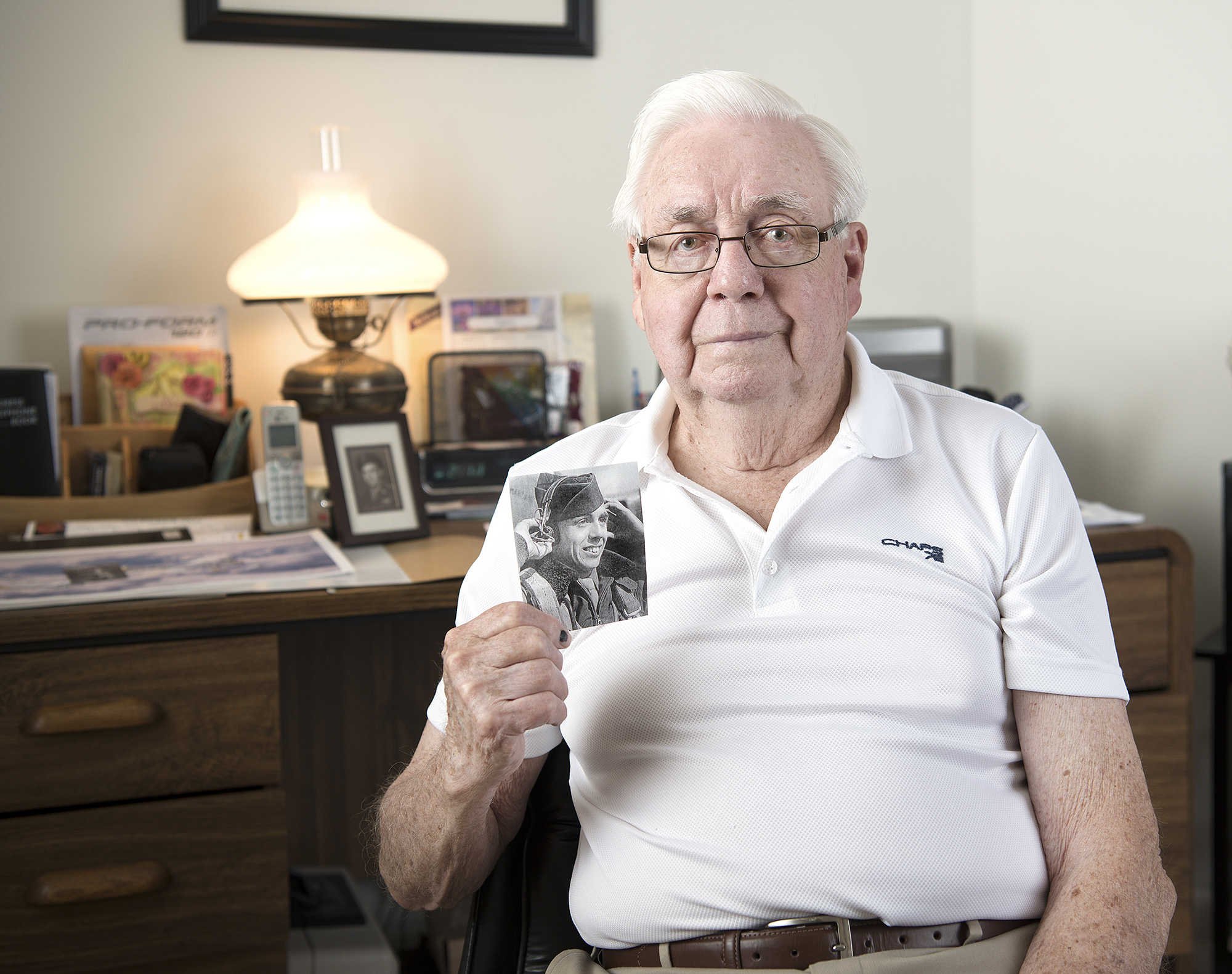
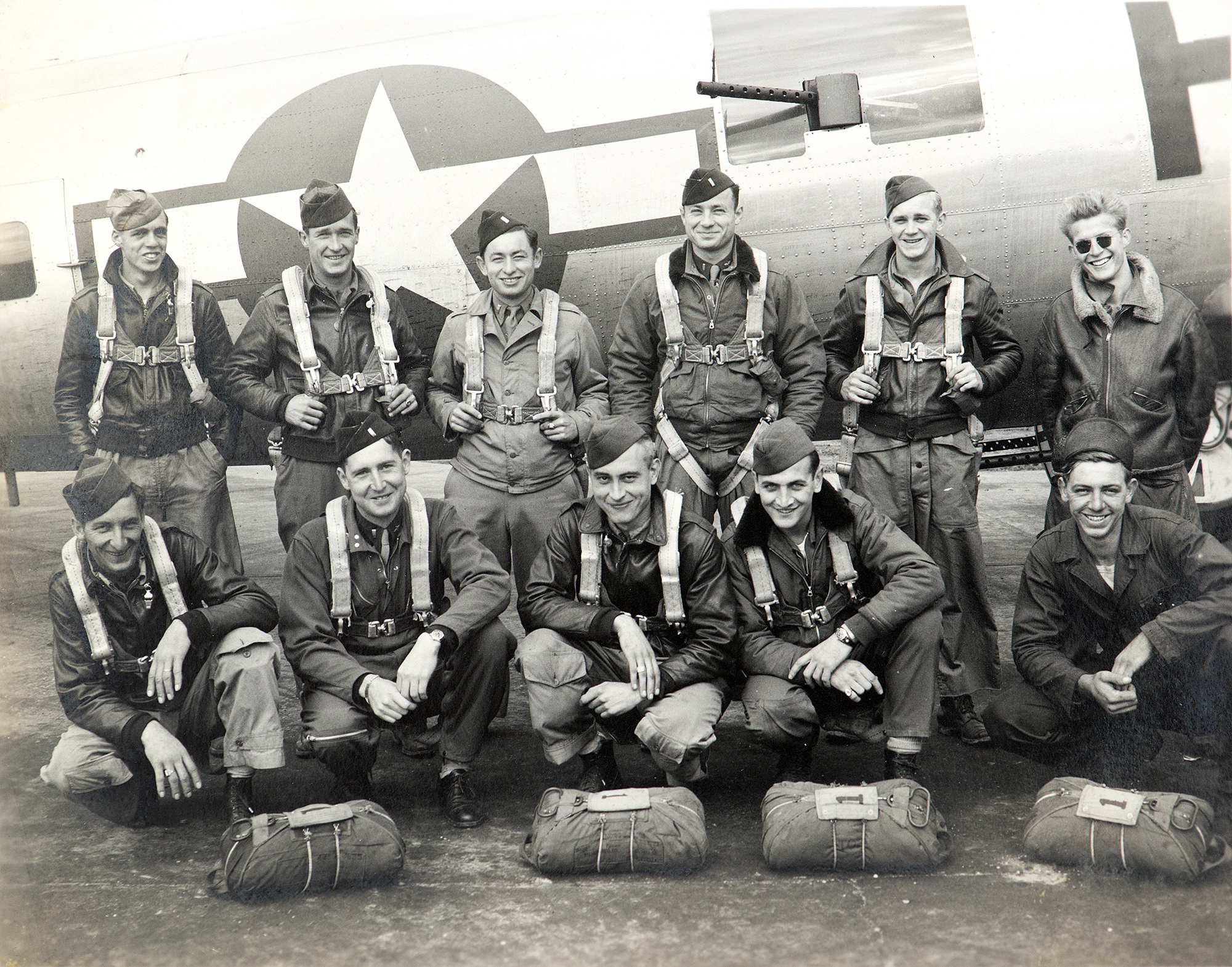
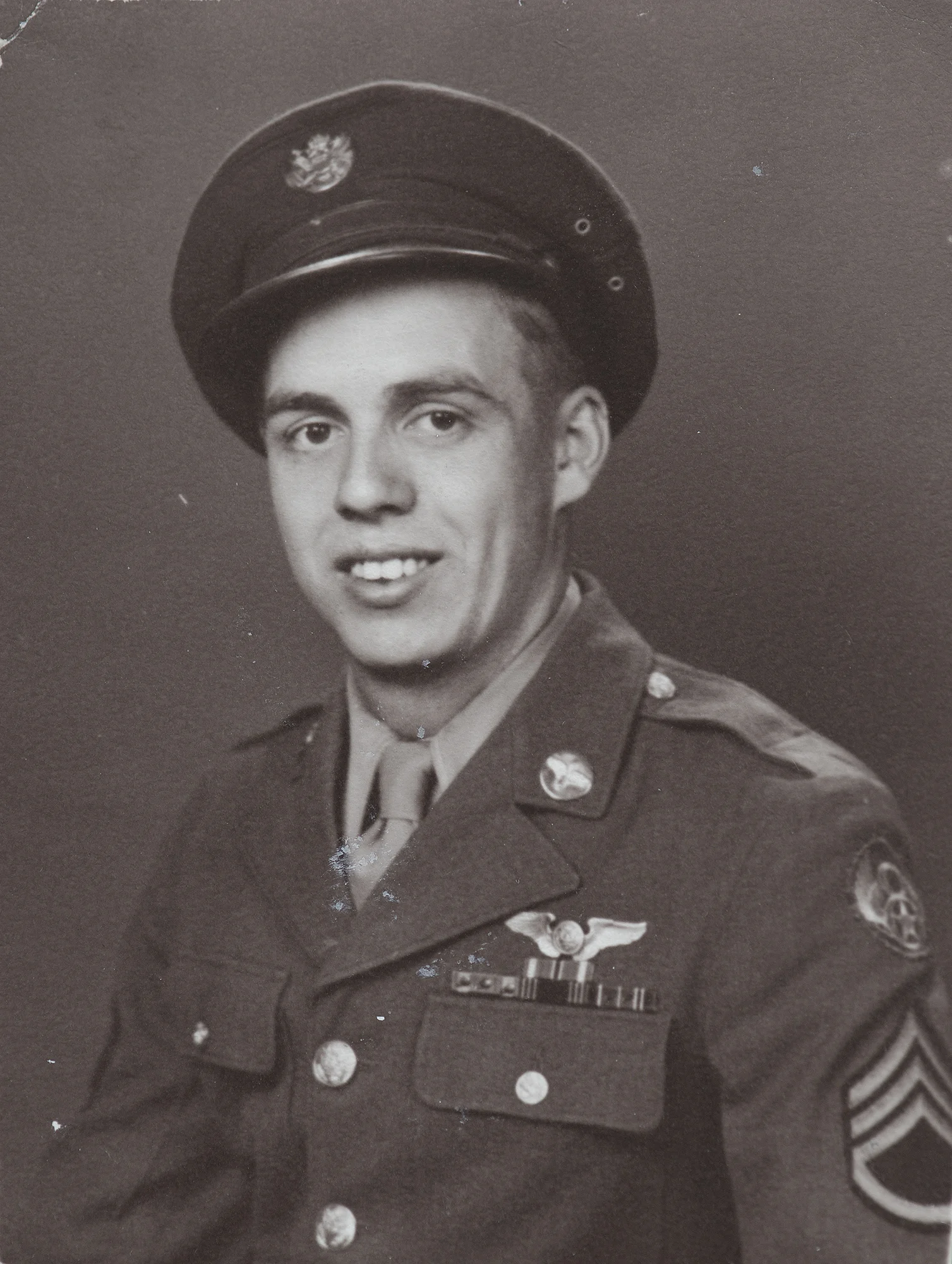
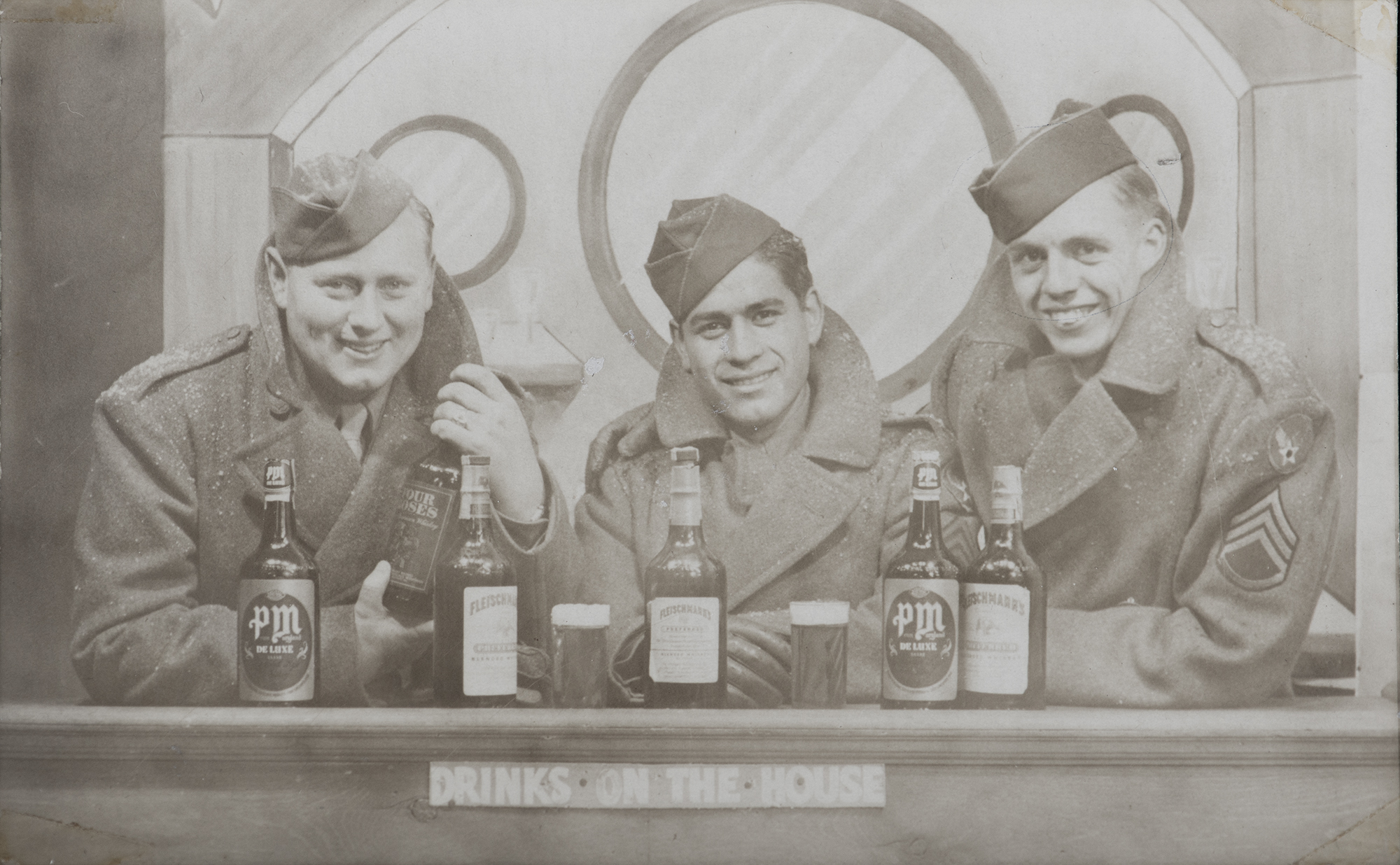
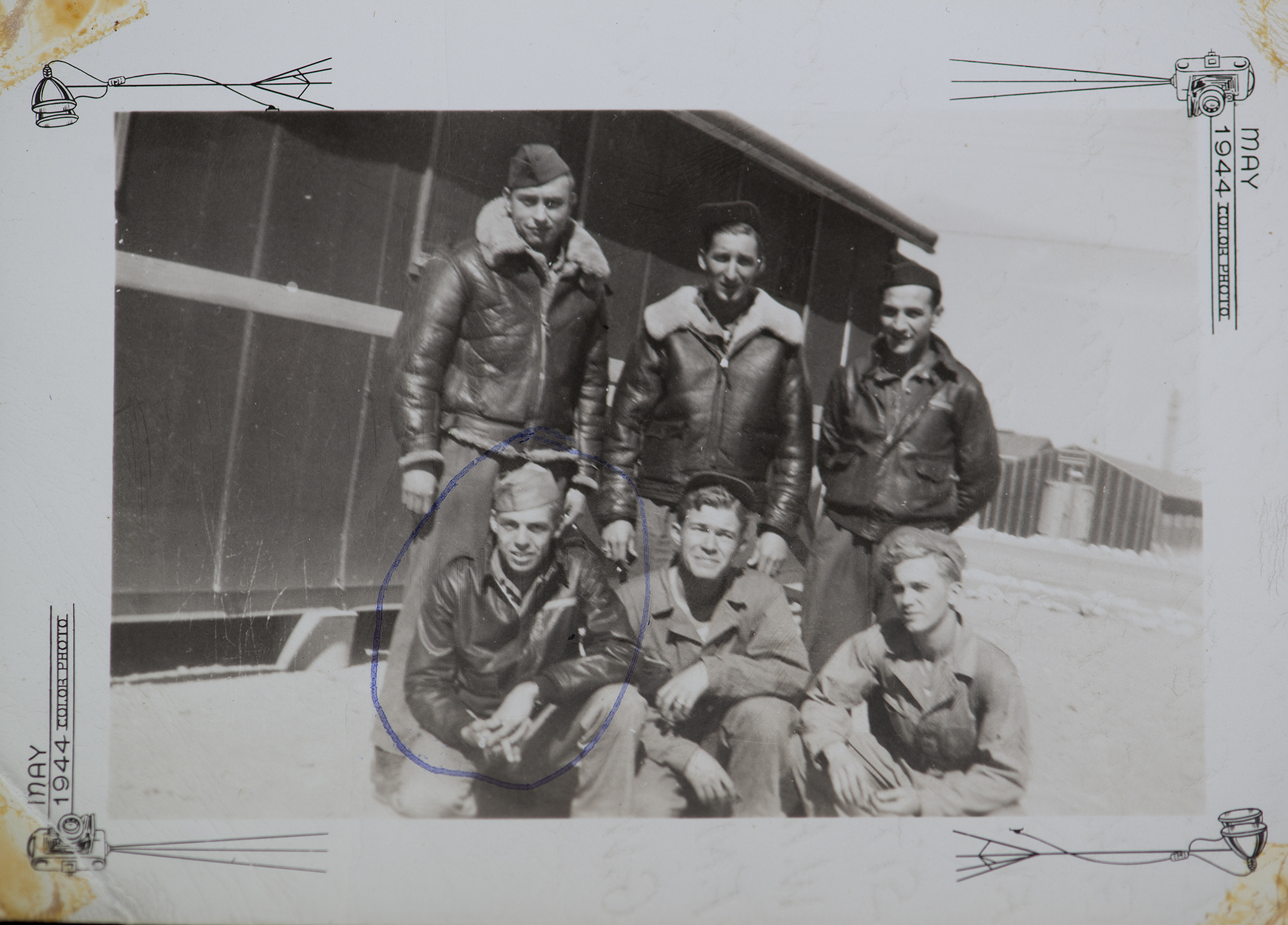
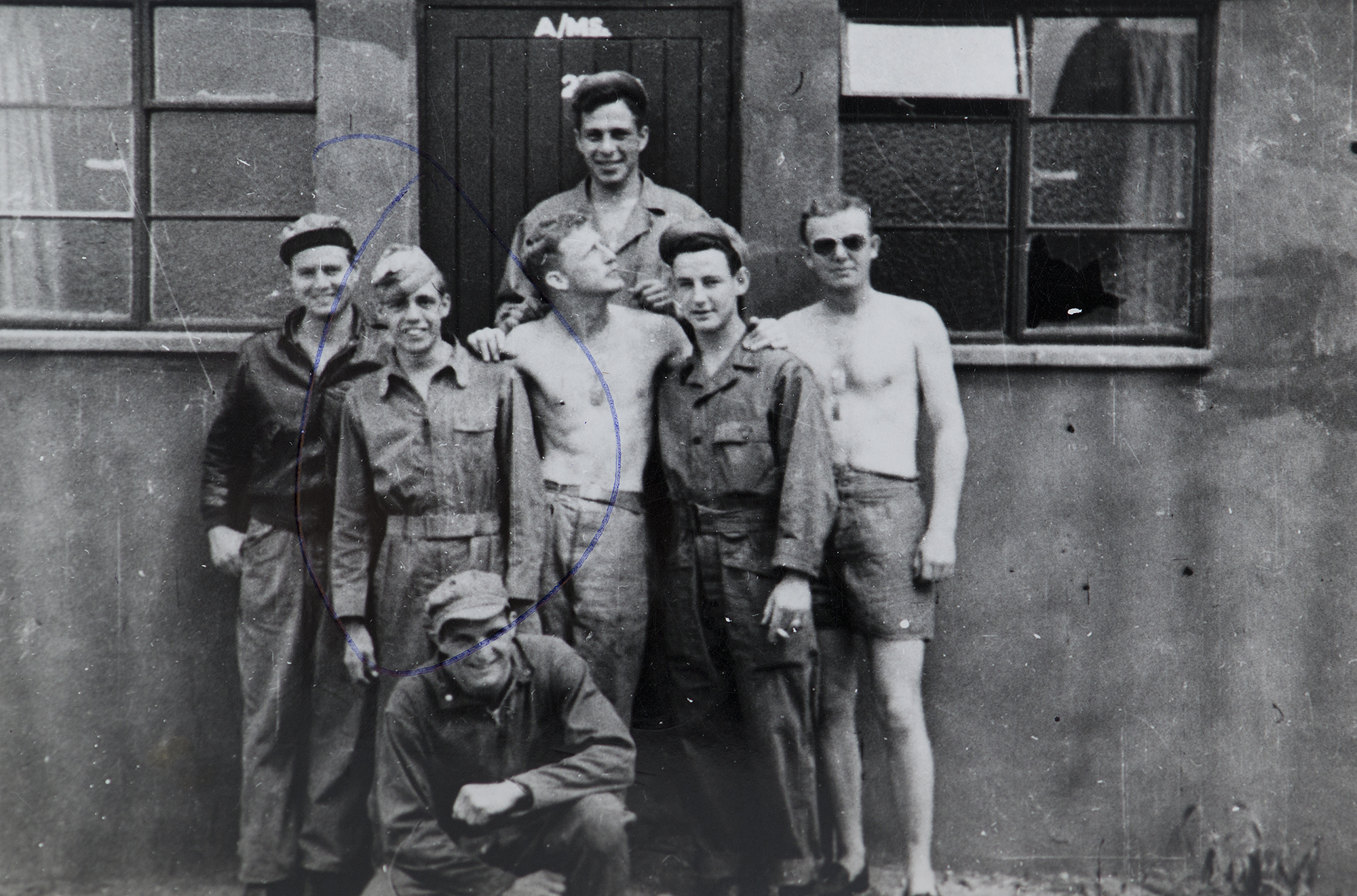
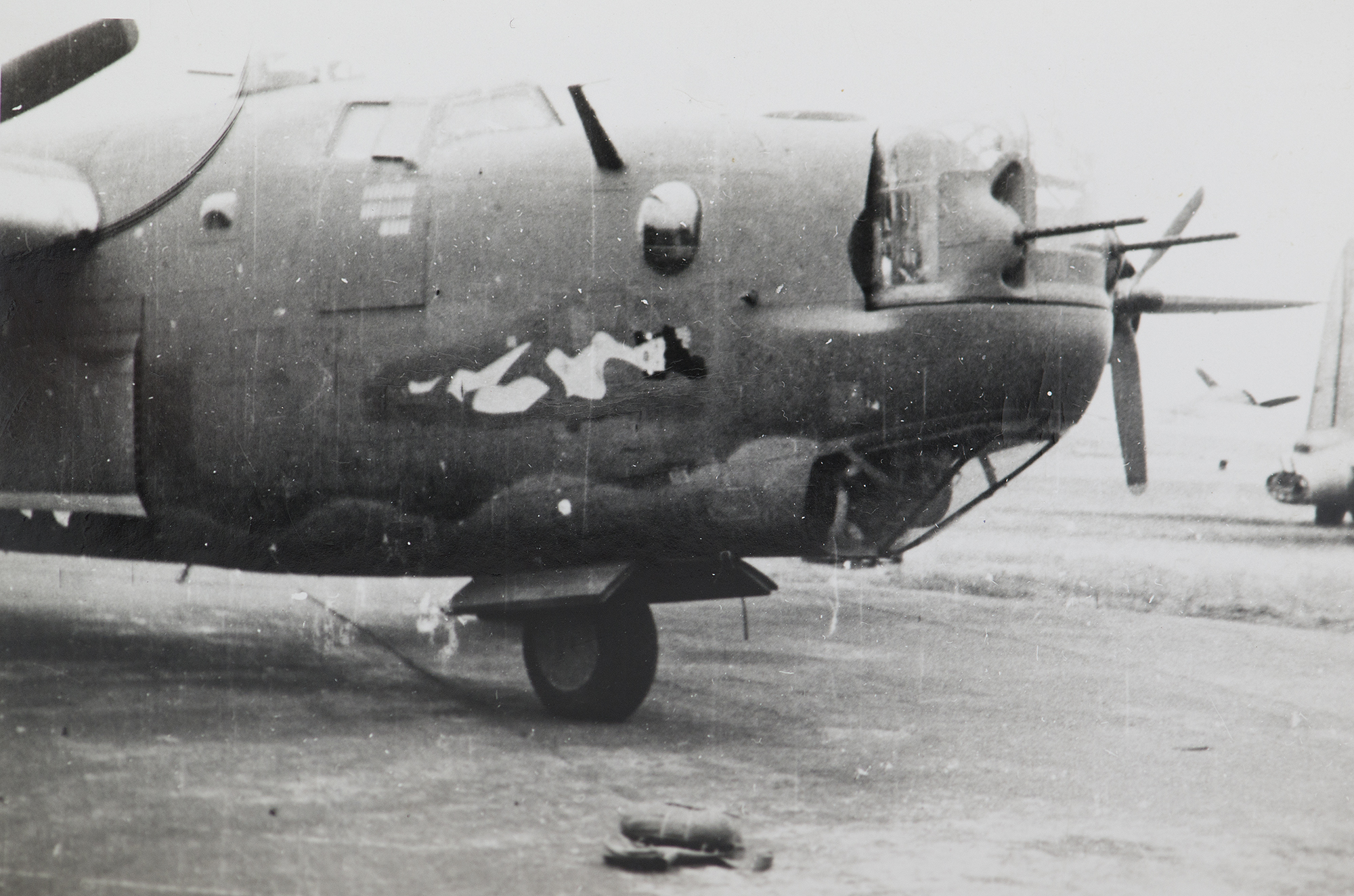
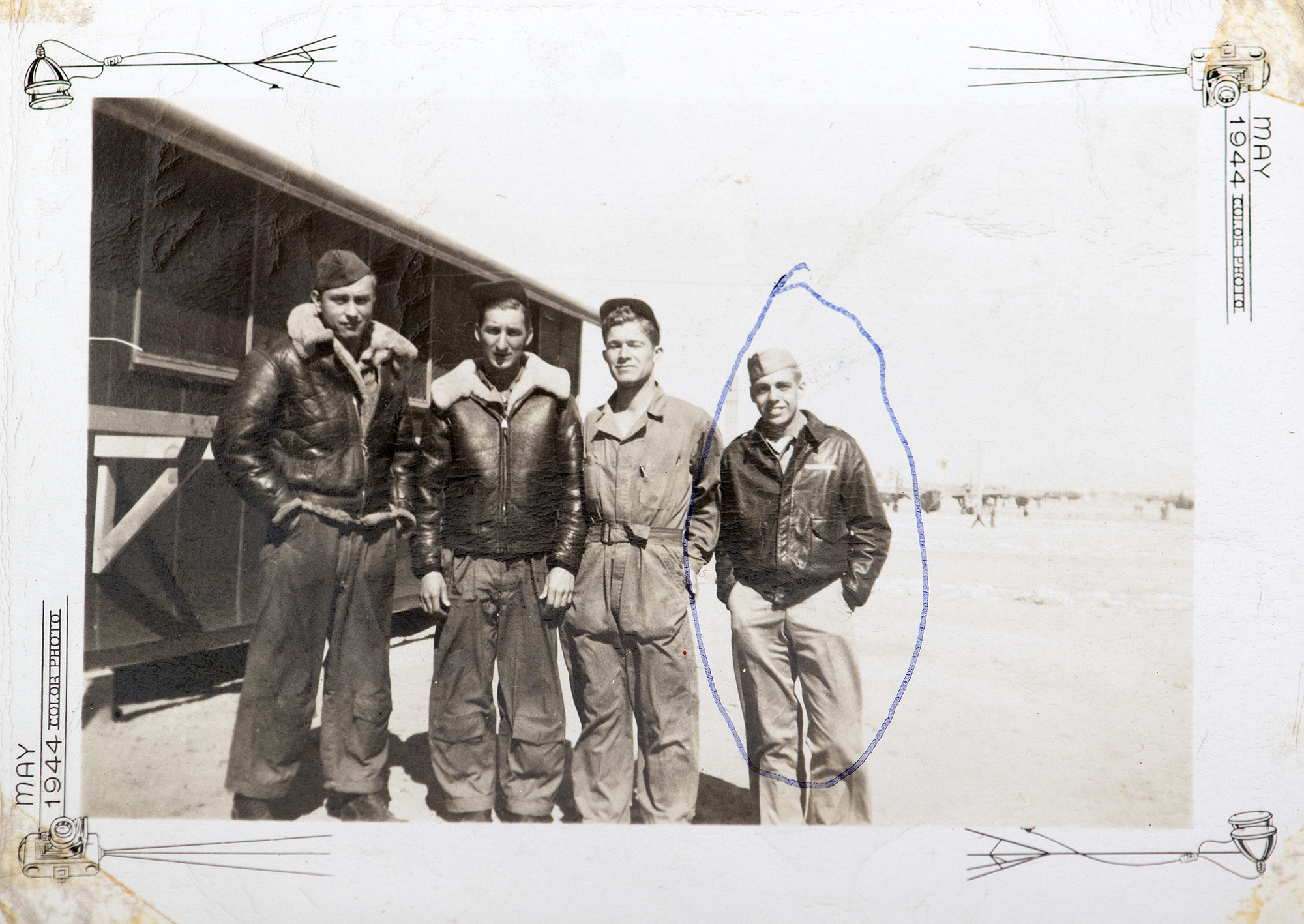
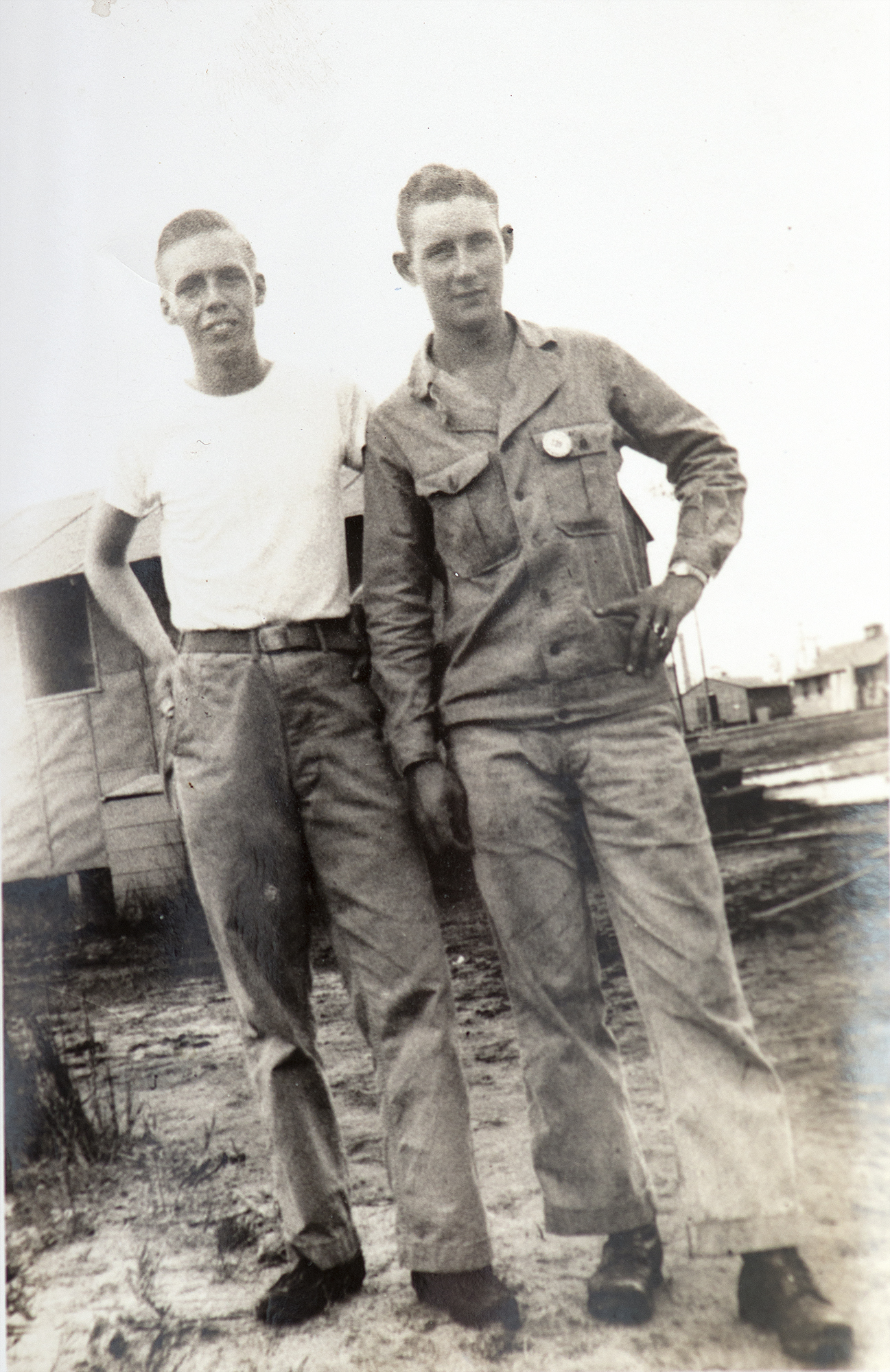
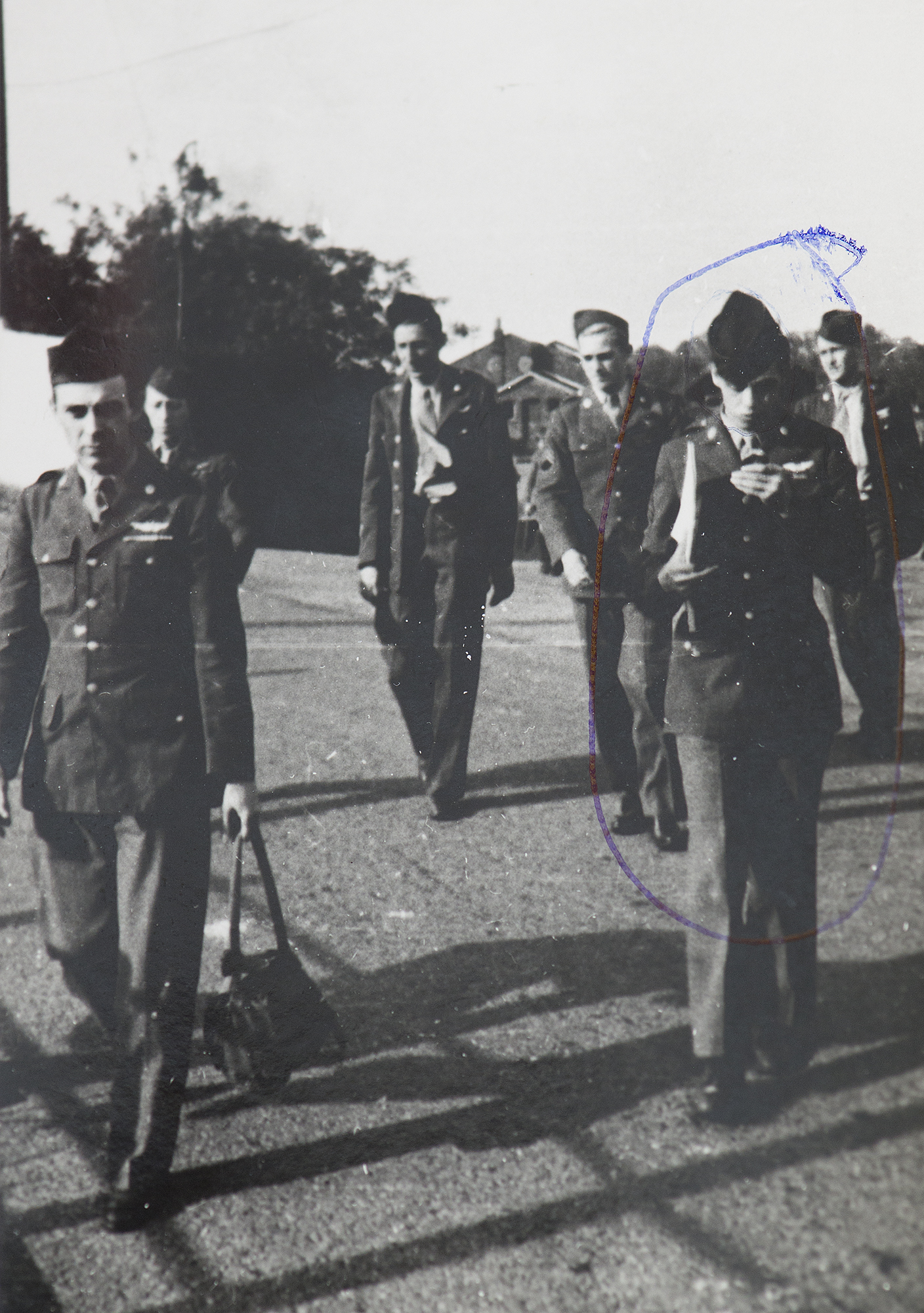
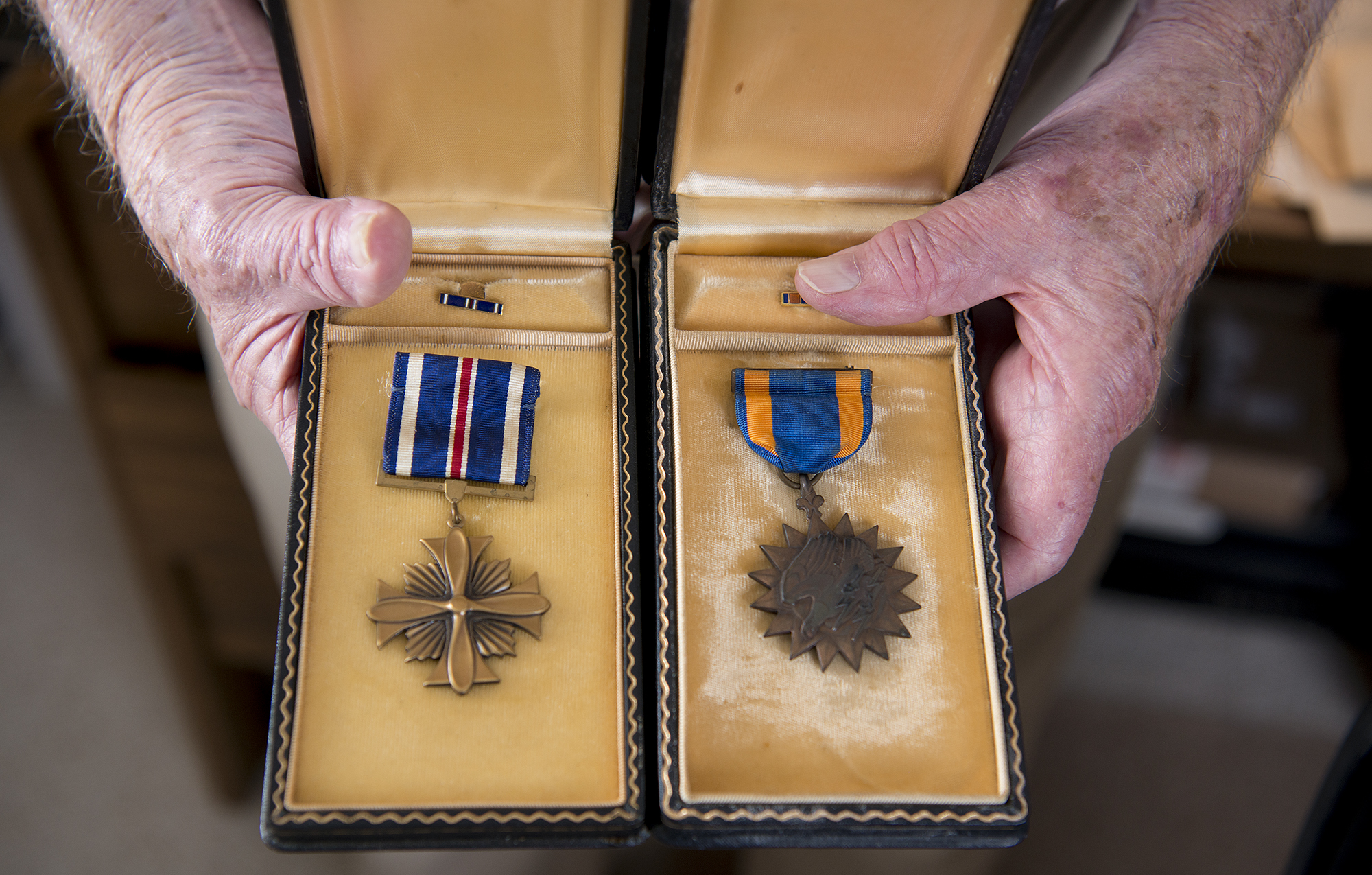
John Sansalone
My name is John R. Sansalone and I was born in Watson, West Virginia January 21, 1929. My family lived in a coal mining community and it was a very poor area, but we didn’t know we were poor because we had the hills and the mountains around us, we could play in the three rivers that ran through the town and most of the people were employed by the coal mines. Most who lived in the town were Italian immigrants and some were Russian and Polish immigrants. My grandfather came over first prior to World War One and had to return to Italy to serve in the military and then came back to the U.S. and worked for three years and then brought my grandmother over, my mother at age nine and an uncle who was a lot younger. They settled in Watson. My father was a coal miner, but he didn’t like it so he started a small grocery store, which is where he worked until the day he died. My grandfather was a stone mason when he came over from Italy and then became a coal miner. All of my uncles were also coal miners until the war broke out and then they went into the service. Everybody had their own garden where they could harvest fruits and vegetables and can them and some of our neighbors raised hogs or chickens. We had chickens to help overcome the food shortages caused by the depression. That is how we supplemented the food on our table. Watson was a beautiful part of the country, it was really lovely.
On December 7, 1941, I was at a movie with a friend of mine who was a newspaper boy. They stopped the movie and told us all to go to the newspaper office, which was right across the street from the theater. I can still see the big headline about the war being declared. At that time, I was still pretty young, so I don’t remember being frightened, but I do remember subsequently to that, talking to my mother and saying, I hope the war lasts long enough so I can go into the Army! She almost hit me over the head, you know, she was a very gentle woman and said I didn’t know what I was talking about. But that day is really etched into my mind. I remember it very well.
In 1946, I graduated high school and that is when I volunteered for the Army. I was just 17 years old. I had started school early because of my birthday and I had to talk my father into signing the papers to allow me to go into the service. Of course he didn’t want to do that, but I convinced him that if I did go, I could get the G.I. Bill and then I could go on to college. That helped change his mind. After being called up I was sent to Indiana for induction and then to New Jersey for basic training and within six to eight weeks, I was overseas in Italy in the occupation troops with the 88th Infantry Division. During the trip over, we were on a Liberty Ship and many of the men got sea sick, but I did not. We were stacked up on bunks five or six high down in the hold. I never went down there, I just stayed in a life boat up on deck all the way over. I was able to enjoy fresh air up top instead of the bad air below deck. We landed in Italy on Christmas Eve, 1946. For a young guy that was a little hard to take. There weren’t any celebrations going on though.
Although I was only 17 years old, I made squad leader and I was the gunner on a mortar squad. We were sent up to northern Italy to a small town on the border called Tarvisio. The U.S. and the British were there occupying that area. The fight between Tito and Mihailovich was going on at that time in Yugoslavia, which was another reason we were right there on the border. For the majority of my time in occupation, we were stationed up in Trieste up on top of a mountain and the city was down below at the harbor. I recall one Easter while I was over there, there was a tram that ran a cable car from the top of the mountain down to the city and it was very windy there in the spring time and they called that wind the Bora. We would have to cable our quonset huts so they wouldn’t get blown off. We had to be careful on the border and we actually had some troops that strayed over to the other side and ended up getting captured. Eventually they were released. A lot of the time were were just on maneuvers, on alert and patrol duty and things like that. When we would go on patrol, we would go by foot and by jeep. The jeeps had machine guns and we had side arms. There was a large ammo dump close to where we were stationed that we had to guard and patrol. There were never any instances of people trying to steal anything, but that’s because we were there guarding it.
This was a hot area because the communists were very active. On May Day they came out in force so we had to be on our guard. There were instances where our force would get into arguments with the communists and sympathizers, but nothing serious ever came from those confrontations except exchange of words. Many of the Italians in that area at that time were leaning toward the communists and trying to form some kind of government. From that standpoint is was a touchy situation.
Interestingly, I volunteered for the ski troops. I had never before been on skis and I haven’t been on them since. We mostly snow shoed and hiked to patrol the mountains in the snow. I was the gunner on the mortars. I directed the fire when we fired our rounds.
One specific thing that stands out in my mind, was that the war had just ended and people were still suffering, they didn’t have enough food. At the end of all of our meals, the locals would be lined up at the chow line to take the remains on our plates to take home and eat.
Later on I was able to go to Venice for three days for a golf tournament because I had gotten to know the Lieutenant. When I was younger, I was a golf caddy and learned to play the game.
I was stationed in Italy a little less than 18 months and then we returned home by way of troop ship. It took a few weeks to cross the Atlantic. When I came back stateside, I was sent to Fort Knox where I was eventually discharged. This was the end of my experience in the Army.
Within five or six months, I was enrolled in classes at the University of Cincinnati. What it did for me, being in the Army at that time, was save me from having to go to Korea and Vietnam. Luckily I had already spent my time in the service so I wasn’t called up. Otherwise I would have been involved in Korea and probably Vietnam. At the University of Cincinnati, I studied engineering, which was a five year course. I was on the G.I. Bill, so all of my friends and 80% of the students were G.I.’s. I lived in a barracks and eventually became the “dorm mother” of the barracks. After the first year at U.C., you could work for six weeks and go to school for six weeks. That supplemented the income that I needed to finish my schooling and thats the reason it took me five years to finish. Using the G.I. bill transformed my life, from what would have otherwise been lived out in a small coal mining town in West Virginia as a coal miner to living in Cincinnati and becoming an engineer. My experience defined a real sense of service and purpose to my country. Eventually my company grew to the largest engineering company in Cincinnati and through the course of my career we developed over 500 developments and I still come to work seven days a week.
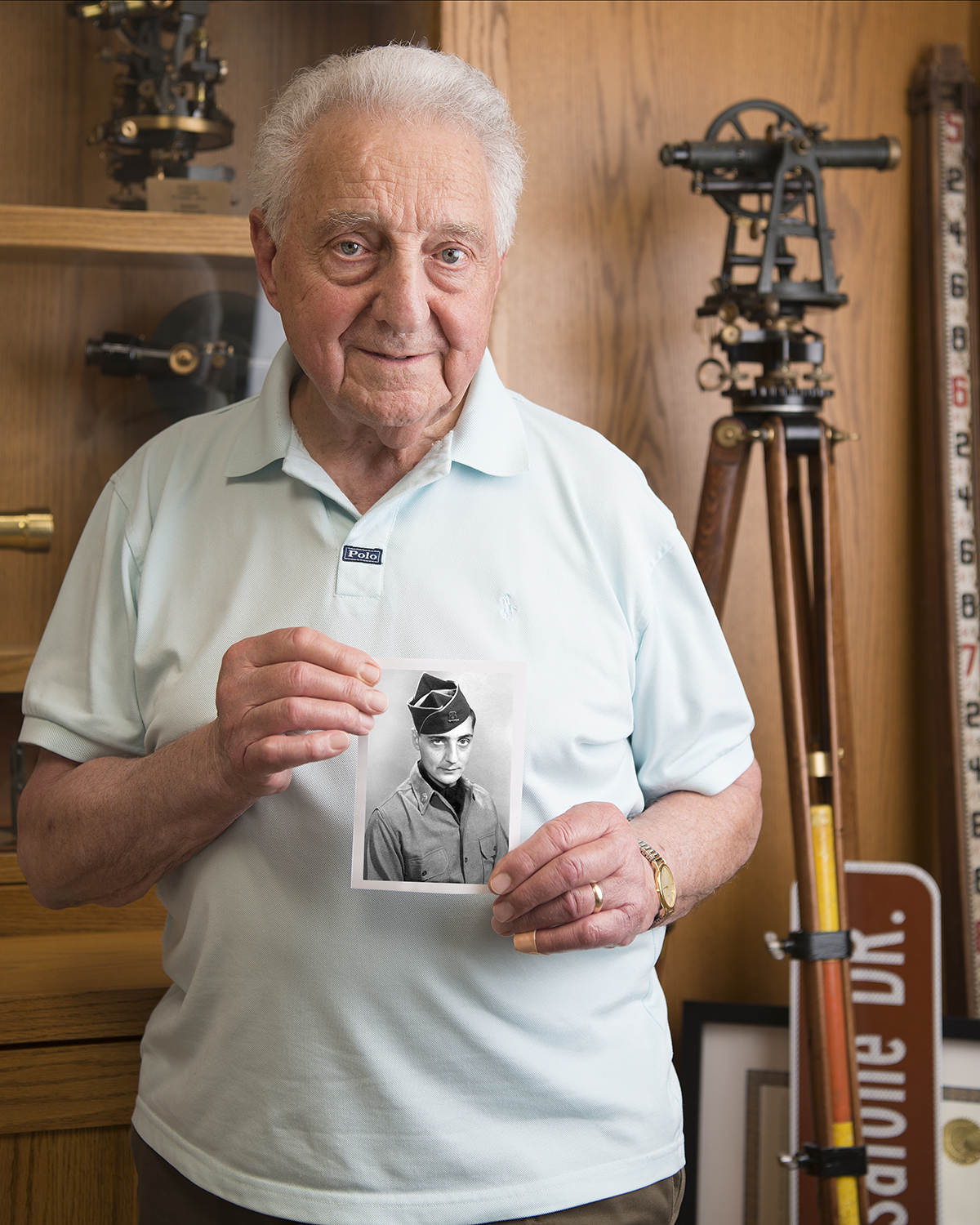



















Joe Fitzwater
I was born in Terrace Park, Ohio on June 11, 1924 in my aunts house. My family lived with relatives. We were not destitute, but we were very poor. Money was not a concern of mine because I never knew I was poor at that time. From the time I was born until I was 4 years old, we lived on an apple orchard owned by a fella by the name of Ike Day. We lived in a tenants house and had a little garden that we grew vegetables in and that was our living! During that time, my dad’s wages were something like two dollars a week, plus a place to live and all of the apples we could eat and cider we could drink. Then we moved to Milford and that’s when I had my first encounter with a skunk and I was introduced to tomato juice because that’s what my mom used to try and get rid of the odor from the skunk spray. When I was five we moved to a little camp at the east fork of the Little Miami River and that’s when I started school. I went into first grade at the school in Milford and spent the next 12 years there graduating in 1942.
Pearl Harbor was a Sunday and we heard the news on the radio, but we didn’t really know what Pearl Harbor was. The next day while we were in school, President Roosevelt’s message declaring war on Japan was played over the school loud speaker. Up until that point we were very conscious of the war that was going on in Europe and wondering when we were going to become involved. It was destiny that the United States would become involved in the war, we just weren’t sure when or how. Patriotism was at such a high pitch. Today, people don’t really know what patriotism is even though they use the word. I had a friend that I went to school with by the name of Bob and I had no idea what his religion was or anything like that, but one day he was there and the next day he was gone and his cousin Loretta was also a student at our school and was in our senior class and she was gone as well. I found out that they had refused to stand and pledge the allegiance in the morning because their religion prevented them from doing that, so they were both kicked out of school. Just that simple. Today that wouldn’t fly, but back then patriotism and allegiance to the flag was very important. With the news of the attack on Pearl Harbor and our declaration of war, all of the young men were ready to join up and become heroes.
I graduated in May of 1942, I turned 18 years old in June of 1942 and I tried to enlist in the Coast Guard. My dad, who was a World War One veteran, told me to go into the Coast Guard and to not wait until I was drafted. He said it was good clean work, it’s along the shoreline of the United States and so on. When I tired to enlist in the coast guard they told me that they had all of the applicants that were needed. Apparently everyone who was older than me had the same idea as I did. So I thought to myself, well maybe I can get into the Navy! I went to the Navy and they gave me a physical and told me that I was colorblind. When I asked why they didn’t take men who were colorblind, they said the signals they used involved colors for different types of communication. Then I tried the Marines! When I walked in they laughed at me and said “We’re looking for men, not boys.” At that time I was 5’6 and weighed about 114 pounds. I was a little skinny thing. I didn’t want to go into the Army, my dad told me not to go into the Army, so I decided that I was going to just wait around until I was drafted. I went to work on the Pennsylvania Railroad working in the repair yard until I got the letter of greetings from the President of the United States that said I had been selected in the draft. On March 1, 1943 I was drafted and went to Fort Thomas, Kentucky for my induction and for my series of shots and an I.Q. test. At that time they came to me and said that my I.Q. was at a level where I could go into the Air Force if I’d like to and I said, “Oh yes! I definitely want to go into the Air Force.”
From Fort Thomas, I was sent to St. Petersburg, Florida for my basic training. Basic training at that time consisted of 6 weeks of close order drill, learning to use a rifle, taking orders and being something other than a mommas boy because they were cutting the strings from all of us country boys to become soldiers. After I was there for about a week, I was called to the officer’s quarters and they said would you like to be a pilot? I said, “Oh yes, that’s my desire, I really want to be a pilot!” And that’s what I wanted to be, I wanted to be an aviator. They put me through a mental test and a physical and in the physical they found out I was color blind again, so they washed me out. They didn’t know what to do with me because they had taken me out of basic after only a week and had told me that I didn’t need basic because I’d get all I needed in the 13 weeks of cadet school. They made me an orderly, running between different squadrons. Through being an orderly, I met a lot of people and then came my orders to go to armament school. I asked what armament school was and they said it’s where you take care of the bombs on planes and I said I didn’t want to do that. So I went to one of the officers and asked him, how I could get into photography. I had taken photography in high school and was very interested in it. He told me that it was simple and that he would write the orders for me. The orders came out and I was sent to Lowry Field in Denver, Colorado and I took the basic photography class there. Then I was called again to go to cadets. So I went and took the physical and failed again. I still don’t know why they couldn’t figure things out when I kept failing the colorblind test. I told them that I knew colors and asked them to show me colors and I would tell them what they were. They gave me a tear drop test and I passed it and was told that I could go to cadets, but then I found out that my tonsils were bad and would need to be removed first. At this time I was 19 years old. Thirty days had lapsed, which meant I had to go through the physical again and once again I flunked the colorblind test. When I got out of photo school I was promoted to a P.F.C.
I was then sent to Victorville, California where I was assigned to the basic photo lab. While I was there, my job was to teach the bombardiers how to use hand held cameras when they would drop the spotting bombs in practice, but I never got to fly. Up until this time in my life I had never flown in an airplane. I kept bugging them about flying! I wanted to fly! Finally, one day out of the clear blue sky, I get a call and they said, private, if you’re at the flight line at such and such time, we’ll take you up! For lunch that day, instead of going to the mess hall I had gone to the PX for a piece of cherry pie and a chocolate milk shake *laughs* I think you can figure out what happened next. So, we took off and we get up there and the pilot knew it was my first time up. I think he started making some turns without using any of the rudders and we were sliding around and my stomach was going back and forth and every once in a while he’d do a stall and the nose of the plane would go up and down. Well, I started feeling sick so I called to the pilot and told him I was going to get sick and asked what to do. He told me to find something to vomit in and then go back and I’ll open the bombay doors and you can drop it out. I had a brand new cap on that I had just bought, it was nice and sleek and I had paid $3 or $4 for it and at that time I was only making around $30 a week. The pilot told me to turn it inside out and use that. So I did and I dropped it out of the bombay. When we landed, the pilot inspected the plane and said that some of it had hit the plane and told me that I needed to wash the plane off. I was given a bucket, a mop and a broom and I had to scrub the entire plane and wipe it down. That was my first experience flying.
While I was out in Victorville teaching bombardiers how to use cameras, I saw an ad on our bulletin board about becoming an aerial gunner and to sign up if I wanted to become one. So I signed even though I knew they would fail me because I was colorblind. When the orders came through I told them I was colorblind and asked if they were still going to take me and I was told yes. Aerial gunners only have to be able to see silhouettes, they don’t have to see colors. I was also told that when it comes to camouflage, people who are colorblind are better able to tell the difference in shades than those who can see colors normally.
From Victorville, I was sent to San Antonio, Texas on a troop train and they gave us money for our meals and our ticket. I decided that I could make some money if I took all of my chow money and bought booze with it and sold it on the train. I was going to be a hustler, you know. All I could buy was rum, so I bought rum. No one on the train wanted to buy rum. So there I am with a bunch of rum and no food. A guy by the name of Funke said to me, Fitz, I’ll tell you what, I’ll eat two meals one day and you eat one and the next day you eat two meals and I’ll eat one. Now that is a true friend when they offer to share their food. So I’m walking around there with a bunch of rum and no money and they started playing penny ante and Funke turned to me and said, “Do you want to play?” I said, “Man I’m broke!” He said, “I’ll give you a quarter!” So I got in the game and I won and I won and I won and I ended up with about $14, so I was back in the money! So I’m walking around with all of that money in my pocket and I see a couple of sergeants playing blackjack. I walked up and asked if they were looking for anyone else to play blackjack and they said yeah, sit down kid, sit down! I sat down and won $128! After 4 days on the train, we arrived in San Antonio, it was late at night and there was an 11 O’Clock curfew for the military, you weren’t allowed on the streets after 11. They didn’t know what they were going to do with us and I said, “My guys”… and I say my guys because I was rich… “My guys and I will stay at a hotel, can you get us a hotel?” The MP’s said, “Yeah sure we’ll take you to a hotel!” They took us right to a hotel on the canal in San Antonio. The rooms were $2 a night and two guys could sleep in each room, so it only cost me $8 to be the big time Joe, you know? We didn’t have anything to eat either, so we asked where we could get something to eat and the MP’s said, “Well we can go to a restaurant and get you guys some sandwiches if you want.” I said, “Here’s the money go get us some sandwiches, I’m really big timing it!” They came back with some chicken and beef sandwiches. The next day we loitered around San Antonio and the canal until we had to get back on the train, which took us to Brownsville, Texas, right on the border of Texas and Mexico. Brownsville is where we took our aerial gunnery training. I took top turret gunner training for either B-24s or B-17s, I didn’t know which I’d be in. Most of our training in aerial gunnery school consisted of shooting from the back end of trucks. We would be moving while shooting with shotguns and the target would be stationary. From there we went to moving targets that were on a rail and we would have the 50cal machine guns. During this time the target would be moving and we were stationary. Then we got into air to air target practice. I got air sick the first 11 times I flew. Luckily I found out that I could use the empty 50cal machine gun ammo cases to heave into. I finally overcame that. I graduated aerial gunnery school and we went to Lincoln, Nebraska for crew assignment to then go overseas.
My assignment while we were in Lincoln was to keep the pot belly stoves in the tar paper barracks stoked at night. One day I finished up around 8 in the morning and I got a note to report to the Lieutenant as soon as possible. So I took a shower, got cleaned up and put on khakis and went to the building I needed to report to. I walked in and there was an orderly sitting there and I said, “I’m Private First Class Fitzwater, I’m to report to Lieutenant Early. I don’t know what this is about.” He said, “I don’t either, just a minute.” He went in and came back out and said, “You can go right in Private.” I walked in and came to attention and said, “Private Fitzwater reporting as ordered, sir!” I see feet sitting up on the desk and there was one of those round lights that hung down from a cord and I couldn’t see under that. Well here sits Roger Early from Milford, my home town and he’s the Lieutenant. He said, “How are things in Milford?” I ducked down and looked and thought to myself, what is this? I suddenly realized who it was and thought to myself, man, I just stepped into heaven here! I’ve got a friend who’s an officer! So I sat down and we talked and he asked, “Where are you going when you leave here?” I said, “I don’t know, but I understand that I’m going to be in B-24’s.” He said, “What’s your job?” I said, “I’m a top turret gunner” and he said, “Well let’s look things over here” and then said, “You know, there’s a place in Kentucky or Tennessee, I forget where it was, where they are doing overseas training. How would you like to go there?” I said, “Boy that would be fabulous!” Roger said, “And on the weekends you could probably get yourself a pass and get home every now and then.” Man that would be good!
So I left there and got my orders. I was assigned to Mountain Home, Idaho, 2,300 miles from Milford. Mountain Home, Idaho is where our crew was formulated and went through our overseas training program, getting us ready to go to Europe. We knew we were going to combat in Europe. At the last minute, orders came through sending us to Will Rogers Field in Oklahoma City, Oklahoma because I had photographic training and they needed aerial photographers. In Oklahoma City, we went through aerial reconnaissance and mapping for three months. Our co-pilot had injured his shoulder and we got a new co-pilot and we had to go through the training again for the new co-pilot, adding another 3 months. Finally we were ready to go overseas and be heroes! Everybody wanted to be heroes and get the medals. We were ready to go overseas and they ship us to Salinas, California. This is 1945 by now. I’ve been in training all of these years, training, training, training and they drop the bomb and Japan surrendered. The war was over so we didn’t have to go overseas. Well, we were wrong. They sent us overseas. We were given a brand new B-24 photo camera plane. In these planes, the bombays were eliminated, the doors were sealed shut and the photographic equipment was installed there. There were two cameras, one on each side of the bombay, that were fixed and set up to take photographs simultaneously. This was when we started using topography and this was 2-dimensional. With glasses and the processing we did, we could capture the height of things on the ground as long as we weren’t too high in altitude.
After flying across the Pacific, we landed at Clark Field in Manila in our brand new B-24. When we picked that plane up, it was so shiny and pretty, and they had only clocked 4 hours on it while testing the mechanics. They took our plane away from us and we said, “Hey where are you going with our plane?” They said, “Well we need that plane. That plane can make ten other planes fly. We can get enough parts off of it to get 10 other planes serviceable.” So we get some dumpy old plane assigned to us and then flew down to Palawan, 400 miles south of Manila. From Palawan, we did aerial mapping of Mindanao and Borneo and other islands in that area that had never been mapped before. But there were still Japanese on these islands who didn’t know that the war was over. So those Japanese soldiers were down there with their rifles and machine guns firing at us as we flew over. These interactions were never serious. We had a few bullet holes in our plane from time to time, but no one ever got hit. I was also the back up pilot on our crew in case the pilot or co-pilot got injured or killed. I was trained to fly the plane, but I never landed it. I ran the base lab and processed all of the photographs even though I wasn’t the only photographer there. My crew was in the 2nd Reconnaissance outfit. The two films had to be aligned when you printed them so you could get the right image. When they decided to close the base, they said, “Well you’re going home.”
Right before we were supposed to come home I got jungle rot. It really started getting bad and I tried cutting my shoe away so I could walk, but they sent me to sick bay. Coming home wasn’t nearly as nice because they put us on a Liberty Ship with the real round bottoms and it didn’t cut through the waves, it rode over top of them. I got so sea sick, oh my goodness.
When I came home I stayed out for a year, but was in the reserves. I didn’t like civilian life. I had various jobs and none of them were very satisfactory, so I called the recruiter in Cincinnati and asked if they were looking for photographers. He asked what my category and MOS was and I told him and he said yes. I asked if I would get my rank of Staff Sergeant back and he said, “Yes, we need you.” So I went down and I was ready to sign the enlistment papers and I saw Corporal on the line that stated my rank. I said, “Woah, that doesn’t say Staff Sergeant, I’m not signing it, if I’m not a Staff Sergeant I’m not going back.” He told me to wait a minute and went into the other room with the officer and they used a little white out and when he came back in it said Staff Sergeant on there, so I reenlisted. This was March of 1947. The year of 1947 is also when the Army Air Corps was dissolved and the U.S. Air Force was formulated. Those of us in the Army Air Corps had to be discharged and reenlist in the Air Force. They sent me to Chanute Field, Illinois where I was reassigned to the photo unit at Eglin Field in Florida. When I got there, due to the fact that I had flown during World War Two and had some experience in planes, they put me in the motion picture section of the photo lab and that’s when I got acquainted with motion pictures. We were using 35mm and 60mm film on hand held cameras. We were testing a camera, an A16 I think, that held one hundred feet of 35mm film. They sent me up in a helicopter to do it and those helicopters were such rickety rough things that when you got back and processed the pictures you would get sick just looking at them! To solve this problem I went and got some old inner tubes and placed them in four places around the door of the helicopter and then I had the machine shop on our base make me a base plate for the bottom of the camera and connected those things up and tightened up the straps. When I processed the first roll of film after using my new contraption, it was just as smooth as it could be. I also ran the 16mm Kodachrome. While I was in Florida I was confronted and asked if I wanted to attend OCS at West Point. My I.Q. had qualified me as one of the enlisted men in the U.S. Air Force to go to West Point. I said, “Okay well let me talk to my wife.” They said, “Your what? Sorry, married personnel can not go to West Point.” So that took care of my West Point adventure.
One day my captain came in and he had a corporal with him and he said, “This is Corporal Nelson, he’s going to be your assistant.” I said, “I don’t need any help.” The captain said, “Well he’s going to be your assistant anyways. He needs to learn how to operate this machine.” Nelson stayed with me 3 or 4 months and became real close to me. My wife was pregnant at the time and when our daughter was born, Nelson had his own car, and I should have known something was up then when he had a brand new car. He offered to bring my wife and baby home, which he did. He started having meals with us and it felt like he was almost like a brother. I didn’t think anything about it and then I got a phone call from my mom and she said, “Junior, are you in trouble?” I said, “I don’t think so.” She said, “Well the F.B.I. is up here asking questions about you.” I told her that I was not in trouble and that I hadn’t done anything. Even at this time nothing had registered in my mind. A couple days after that I went to work and Corporal Nelson didn’t show up. I asked the captain if he knew where Nelson was and he said that Nelson was reassigned, but he didn’t know where. A week later I was called in and the captain told me that I had been cleared for top secret access in the rocket program. I had no idea that the F.B.I. was investigating me this entire time. They had projects that needed to be photographed and someone had to have a top secret clearance before they could shoot the photos that were needed. I was then told that I needed to take an oath, which I did. My job dealt with both still and motion picture work. I would go up in planes to shoot motion picture work and we would come in to land, I would be met by two M.P.’s and a major or higher ranked officer and they would escort me, my equipment and my film back to the base photo lab. The officer would go into the lab with me, I would set up the sprocket hole counter, turn it to zero, turn the lights out, I’d put the film in and run it through, put it back in the can, turn the lights on and he would take the reading of how many sprocket holes there were. He would then leave and I would process the film. If I had to break or splice the film, I had to save everything. The officer would come back in after everything was processed and dried, I’d have to run it backwards through the counter and if it came out to zero, everything was fine. I would then be given a receipt for the film and he would take the film and the can and the two M.P.’s would escort him out of the photo lab and they were gone. That’s how much I knew about what I was taking pictures of. I had ideas, but if anyone was to question me and for me to reveal secrets about what we were doing, I couldn’t have done it. In fact, I didn’t know what was top secret and what wasn’t.
I was in so many close calls flying the way we did and I flew in every type of airplane that the Air Force had that sat more than the pilot. I flew in the jets, bombers and helicopters. I shot a lot of motion picture work over the pilot’s shoulder of rockets and I would take pictures of the bombs when they would hit the targets. There were instances where we couldn’t get the bombs out of the plane because what we were testing didn’t work and we’d have to land with the bombs still on the plane and the pilot would say, “If anyone wants to bail out, I’ll fly at 2,000 feet and slow the plane down as much as I can and you can bail out.” We had some instances where one bombay door would open and the other wouldn’t and we couldn’t drop our load. One day we came in for our landing and we couldn’t get the nose gear on the B-29 we were in. We tried cranking the gear down and we couldn’t. The pilot gave us the opportunity to bail out. Eglin Field was on high alert. I asked the pilot what he was going to do and he said, “I’m going to land the plane.” I said, “You’re not going to bail out?” He said, “No, I have never been able to see the benefit of bailing out of a perfectly good airplane.” I said, “I’m with you then, I’m going to stay with you.” We came in and landed and our nose gear touched, it completely folded up and we were on our nose, but it was a successful landing.
One day we were up and we had eight 1,000 pound high detonation bombs and were going to drop it on a target out over the Gulf of Mexico. We were going back and forth over the land and water and I was sitting there looking out of our little observation window into the bombay and saw that the tail fin on one of the bombs was spinning. The armor gunner was sitting next to me and I said, “What is that?” He looked through the window and his eyes got real big and he reached up and hit the salvo button. Seven of those bombs fell safely out of our B-29, but that one didn’t, the arming wire had been pulled out of it. So when we landed, we were met by the attorney general of the base. One of the bombs had landed really close to a town and blew one of the paint off of all of the cars, but didn’t hurt anybody. These little instances kept happening.
By this time my wife and I had our daughter and these dangerous situations kept happening. I said to myself, “This is not combat, but it certainly feels like it.” So, one Sunday afternoon I was supposed to fly and I went out to the base and checked in. One of my fellow photographers was there, Sergeant Bell and he said, “What are you doing today, Fitz?” I said, “We’re going to use the Lands Camera for some instrument work while we check some engines out. We have to photograph the readings on the dials for the pilot because we were using 4 different carburetors on 4 different engines on the B-29.” He said, “Classified?” I said, “No, not classified.” He said, “Well I don’t have my flight time. We had to have 4 hours time to get flight pay.” He said, “Can I go in your place?” I said, “Sure! Go right ahead.” I was getting in so many hours at that time that it wasn’t funny. I turned around and went back home. The next morning I came back on base and walked into the orderly room and I get this stare… everybody stopped what they were doing and were looking at me. I asked what was the matter. Someone said “What are you doing here?” I said, “What do you mean what am I doing here?” They said, “Didn’t you fly yesterday afternoon?” I said, “No, Sergeant Bell flew. He needed the flight time.” The plane that I was supposed to be on crashed and everyone was killed. That really shook me up. I was within moments of death. Had Sergeant Bell not needed his flight time, I would have been on the plane. This was on top of all of the other things that had happened to me while documenting in planes. I got out of a helicopter one time and they were going to move it and they took off and it got up 90 feet and the engines quit and it came down and crashed and both of the men on board were killed. I had just gotten out of it and I was still running. I thought to myself, “How many more messages do you have to get before you get it in your thick skull that you better quit flying? So, I went to Major Newbert and I said, “Major, I’m going to quit flying.” He said, “No you’re not, Sergeant.” I said, “What do you mean, no I’m not?” He said, “You’ve got top secret clearance, you’re the only aerial motion picture photographerin the Air Force with a top secret clearance.” I asked why and he said, “They aren’t needed for much, there are only two places they are used and we are doing all of the classified work here.” I told him, “I don’t want to fly anymore, you know I was supposed to be on that flight, I’m not going to fly.” He said, “Well if you don’t want to fly, you give me no option but to court martial you.” I said, “Well if you have to, then you have to. I think a court martial takes preference over taking anymore chances while flying.” He dismissed me, I stood up and saluted, about faced and was heading towards the door and he said, “Now Fitzwater, come back here and sit down.” He and I were good friends off base. I didn’t have a car at the time and he would let me borrow his car when I needed to use one. I sat back down and he said, “This is not the way we do it. We’re going to do it a different way.” He called the flight surgeon and said he was going to send a sergeant down to him and asked him to give me a medical waiver on flying. So I went down to the flight surgeon and they had worked it out to where I didn’t have to fly anymore, but they said that I was now permanently grounded and I would never fly again for pay. I told them that was exactly what I wanted. I said, “I love flying, but I’ve had too many close calls. One of these days that close call is going to be the last call I get.” My wife agreed with my decision because she didn’t want me to fly anymore either. Things went along fine for a while and then I got another call and they said I was going to Korea.
We had been testing napalm bombs at Eglin Field while flying 10 test missions a day. I was flying in helicopters taking pictures of the area the napalm covered when it hit. They were going to use napalm bombs in North Korea and I was going to be tasked with going up in helicopters for 10 days to record the results during actual combat. I said, “You’re telling me I’m going to get up in a helicopter and get shot at while these bombs are being dropped below me and take photographs?” They said, “Yep, that’s what you’re going to do.” I said, “And what if I don’t?” They said, “Then it’s treason. You don’t have a choice, you can not refuse this.” I was told, “You can’t tell your wife.” When I got home that night I said to my wife, “I’m going to be gone for 30 days, so you might as well go home.” She said, “Where are you going?” I said, “I can’t tell you.” She was so upset and didn’t understand why I couldn’t tell her, but I was sworn to secrecy. We had our own ship and 6 jets, we had our own air crew and ground crew and one helicopter. While we were out in California waiting to get on our ship, MacArthur got to the Yalu River in North Korea and they called the mission off. The good Lord had been watching over me, let me tell you!
When I arrived back in Florida, I was just excess baggage and was then sent up to Newburgh, New York where I ended up not being needed. So then I was sent to McGuire Air Force Base in New Jersey and was put in the base lab there, which was very satisfactory. Any time there was a crash, they’d send me to the location to document it because if it was classified material, I still retained my classified access, so I could take pictures of anything, any place, any time. That went on until the Air Force decided I needed a little more overseas time because I had been in the Air Force all of these years and only had 6 months overseas. They want at least a third of your time in the service to be overseas. They were going to send me to Alaska and Alaska was not a state at that time and my wife was pregnant with our second daughter. I said I know that my daughter is going to be born. I don’t want to go and I don’t have to go. I didn’t have to go, but as soon as my daughter was 30 days old, they sent me to Mountain Home, Idaho again. I get out there and I’m excess baggage and I ended up being a First Sergeant, which I didn’t want to be because I was a technician, not an administrator. I kept that position until I had enough time in to resign. I resigned in March of 1953 and that terminated my military career. I had a very interesting military life, I had some close calls and most of it was rewarding, but I don’t regret any of my military life.
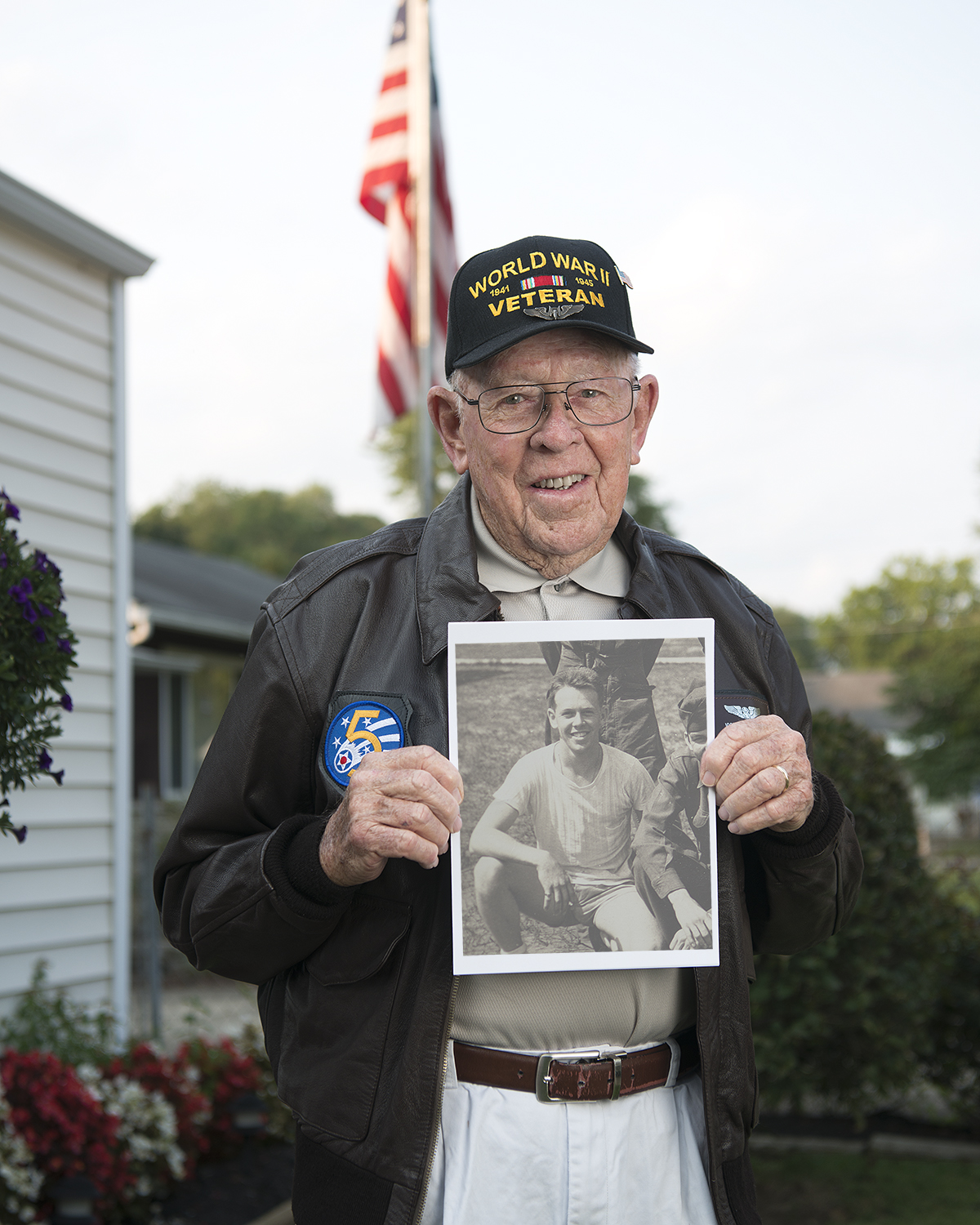
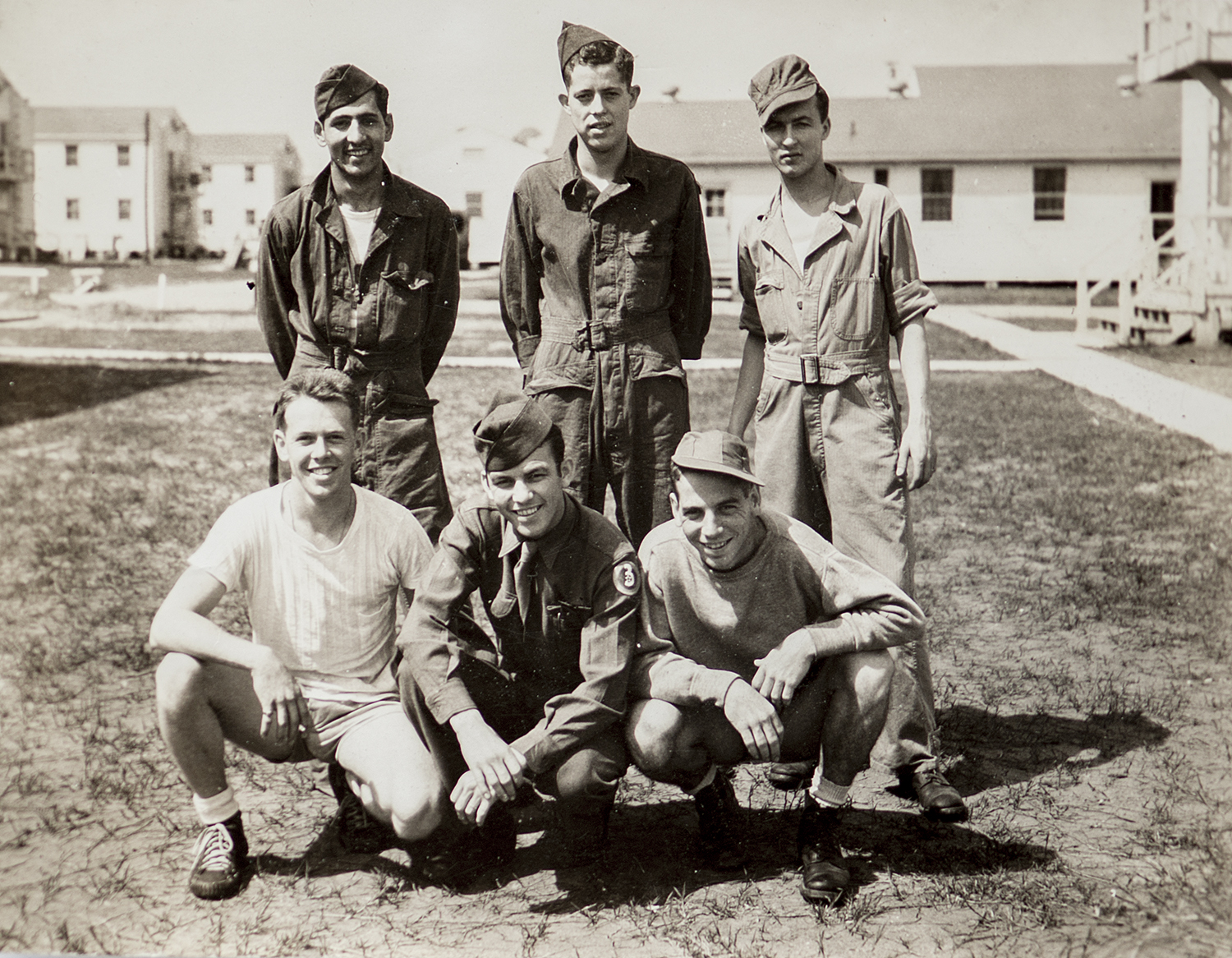
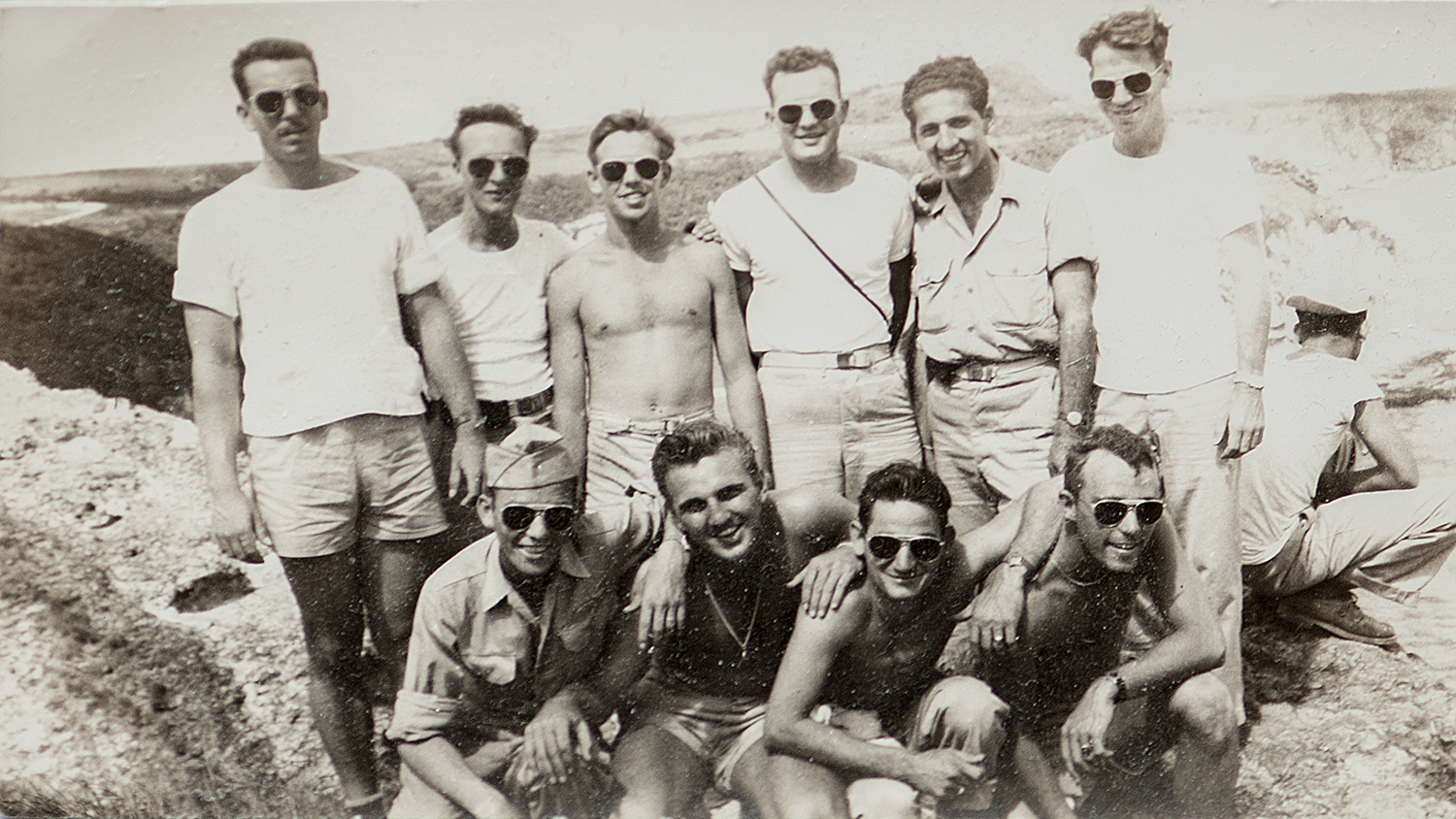
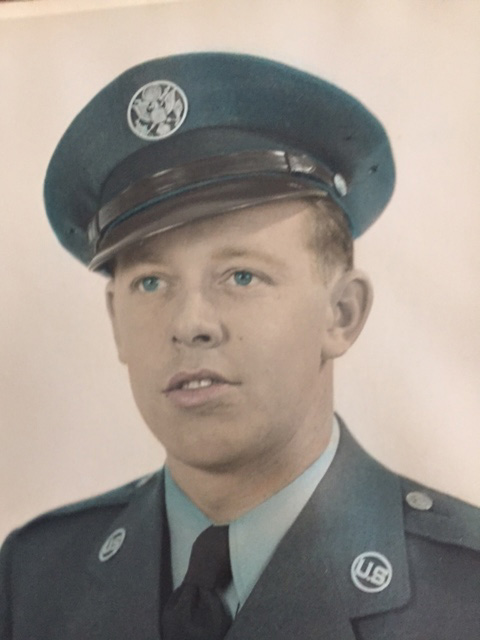
Bo Gallo
I was born in Columbus, Ohio November 6, 1920. My dad was an immigrant from Italy and had his own tailoring shop. My mother worked for him as a seamstress. Growing up during the depression was rough, real rough. I worked as a shoe shine boy from the time I was in the fourth grade, full time after school and in the summer and the money I made went home to my family to help out. I also had other odd jobs helping out at the grocery store and things like that. I never resented it because I knew what I was doing was helping my family, I was willingly doing it. You just made your way.
When Pearl Harbor was attacked on December 7, 1941, I was right here in Cincinnati. I was going to spend the week here when the attack happened. A friend of mine was heading back to Columbus the next day and I said, take me back with you. The next day I was back in Columbus. I knew a gal that worked in the military office and I asked her if she could give me a heads up to let me know when I was going to be drafted, but she told me she couldn’t do that. So I said to her, can you just give me a call and say, Hi Bo, this is so and so, and just hang up? She said she could do that. It wasn’t too far down the line that I got the call. I thought to myself, if I go and enlist, I’ll have a better chance of being taken care of when the time comes for me to be shipped out. I was drafted into the Signal Corps within a month of the United States joining the war. Every order I got from that time on ended up being good for me. From Columbus I took a train out to California and as we passed under the Arlington overpass, I remembered the girls I had dated and the friends I had and thought to myself, I wonder if I’ll ever see this place again.
Following my time in California, we were stationed in Hawaii for a while and were the first troops there after the Japanese attack happened. The people there were very nice. Then we were back in San Francisco for a little while where I was with the cadre. It was a bunch of technicians and that’s when we formed the 191st Signal Repair Company. When we finally shipped out, we were on the ship for 40 days while crossing the Pacific Ocean from San Francisco to India. I had never been on a ship before and it was rough! Everyone got sea sick. Life doesn’t get any worse than traveling on a troop ship across the ocean. Space was extremely limited, there was no air conditioning, and no lighting. The food was horrible, but we were fed. Our chow line was straight and then you did a quick right and bingo! There was the food right there. So I was talking to this guy in front of me one evening while we were waiting in line for dinner, so on and so forth. When he made the turn in toward the food, I saw that something hit him and he got sick and threw up into his mess kit. He turned and walked back by me and some of the guys who didn’t see what I had seen said, my God do you see what they are serving us for dinner? Another guy said, It looks just like puke! I turned and said it is puke! It was pretty funny and you laugh about things like that because there really isn’t any other way to go about it. Later on during the trip we had a submarine sighting and everyone was ordered to their battle stations. My station was 5 levels down. As soon as we got there they began closing all of the doors one by one. Then the doors were locked and the lock was on the outside of the door not on the inside. One guy turned to me and said my God Gallo, how do we get it open? I said we don’t, what we are going to do though is pray! The reason they did that was in case the ship was hit and the hope was that it wouldn’t sink and the losses would be limited.
When we reached India, my unit was stationed on the Ledo Road and the Burma Road and I was assigned as the supply sergeant. During my time there I contracted jungle rot on my feet, ankles and hands. At first I turned down the medical staff’s recommendation to go to the hospital because I wanted to stay with my outfit. The medical officer said to come back in two days for a check up. When I came back two days later, I was in even worse condition. He looked at me and said, Sergeant, any more comments from you and I’ll have to Court Martial you. I was hospitalized. When I recovered I was sent to a divisional office where they were going to reassign me to a new company. Well, I was worried I wasn’t going to be with my buddies anymore, so when they released me from the hospital, they gave a driver my records and told him where I needed to report to. When we started driving, I asked if there was anywhere along the route we were driving where we could get onto the Burma Road. He said yeah! I asked him to drop me off and he told me no, that he had to take me to the new station they ordered me to go to. Then I asked him if they had any other records besides what was in my hands and he said no, so I said drop me off please! He dropped me off. After he dropped me off I made my way across India and it took me 20 days to find my unit. When I walked in, this one guy said, where in the hell did you come from Gallo? You’ve been dropped from everything! I said, I’ve been on a long damn trip! Because I was in uniform, I was able to get rides in cars and on trains and at one point I even ended up on a raft in a river. All I could think of was that if the raft failed, no one would ever know what happened to me. I was really lucky to find my unit!
There was a guy from Texas that had taken over my job as supply officer when I was hospitalized and I didn’t like him at all. I walked in the next morning after reporting to the commanding officer and he looked at me and said what are you doing here? I looked at him and said, I’m here to take my job back! Get your tail out of my supply office! He got up and left and we didn’t have any problems. I was back where I belonged.
The weather in Ledo was hot and humid and uniform discipline didn’t exist. Guys would walk around with no shirts on and some had cut their pants into shorts. It didn’t really matter what you wore, but when we had to dress properly, we all got back into our uniforms.
There were some guys that were flying from Ledo over the Hump to supply other bases where we had stations set up. On one of these flights, there was a guy named Jonesie that I knew and I gave him hell because he was flying the mail because it gave him an extra $20 a year, but he was an only child. Before their flight took off that day I caught him in our compound and I said to him, what the hell are you doing? He said what do you mean? I said damn you, you’re an only child, you can’t be flying missions like this and he said okay okay, get off my back, get off my back, I’m turning in my pistol tomorrow and that’s going to be it. I looked at him and said if you get back on that plane again, I’m going to kill you! The next day while flying the Hump, the plane crashed and he was killed. We sent a group out to try and find the plane. I wanted to go, but was denied permission to go on the search flight because I was still dealing with the jungle rot and I’m glad because the search flight that was out searching for Jonesie’s plane ended up crashing as well and everyone was killed. The territory in that area was very difficult to navigate and if anything went wrong you were in rough shape. We lost many many planes to the terrain. It was bad.
When the Japanese surrendered, I was close to a railroad station and someone heard the news on the radio. The train engines were going up and down and they were blowing the whistles in celebration. One guy was yelling, “It’s on the air, It’s on the air! The war’s over!” Yet the commander of that area wouldn’t tell us anything. He said as far as we were concerned the war is still on! I don’t know why he did that, but he held it up for half the day.
After the Japanese surrendered and the war had ended, our commanding officer ordered me to make a flight to deliver the paychecks. I asked what the rush was and he said he just wanted it done. I said, I’m not flying. He said what do you mean you’re not flying? There is no way I’m going to get on the plane with this horrible weather we were having. You can Court Martial me! He said, well I order you! I told him to go right ahead and do it! Nothing ever came of that and I didn’t make the flight. I’ll never know why he wanted that done, but I wasn’t going to fall to it!
Fortunately for me, the trip home very good. We flew from where we were stationed in Ledo to a port where we boarded a ship. The trip took 15 days and we arrived back in the states in San Francisco. From there I took a train home. My two brothers also arrived back home at the same time. I was exhausted and in rough condition and I was taking Atabrine. My mother took one look at me and almost dropped to the floor. I said don’t worry mom, I’m alright! I’ll get along! There was a nice celebration for my brothers and I though! Everyone congregated at our house and there was a feast. I still look back and thank God that we all came home. It was an absolute miracle.
Photos of Bo Gallo in Ledo courtesy of cbi-theater.com
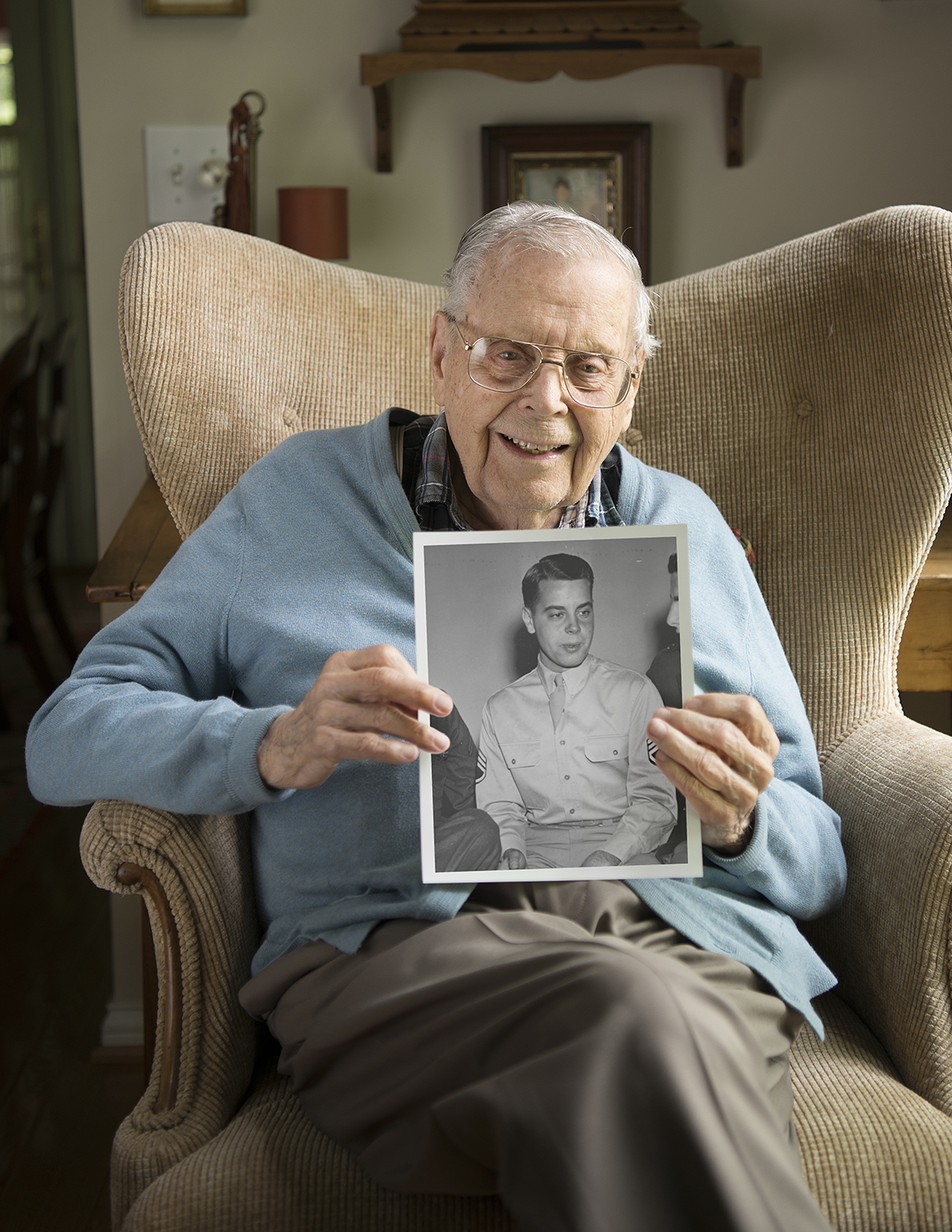
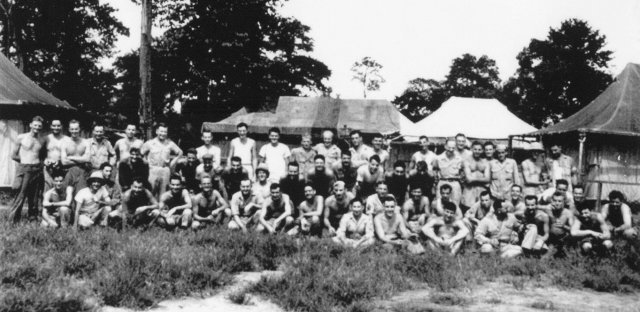


Edward Burke
This is a partial account about the adventures of Edward Burke with supporting stories/facts from our interview together and his book titled “From Omaha Beach to the Elbe River.”
"I was born April 9, 1920 in Cincinnati, Ohio. I went to St. Xavier High School, one of the renowned schools in Cincinnati and graduated in the class of 1938. At that time, everything was bad news from Europe, so I thought to myself that I better get some training. All of the major schools had the ROTC program for every branch of the service, the Army, Navy, Air Corps. At the University of Cincinnati, they had the coastal artillery, but I couldn’t seen myself firing 40mm shells while some guy is trying to drop a 500 pound bomb on top of me. I didn’t think that was fair, so I didn’t want any part of that. Xavier had the artillery school and I thought that was fine, that I’d be 10 or 15 miles back behind the lines safe and sound. Boy was I wrong on that! Where I ended up was in the tank destroyers right on the front lines and sometimes ahead of the lines. Xavier had excellent professors. The commander who was in charge, Major Arthur Harper, a West Point graduate, eventually became a Major General on General MacArthur’s staff in the Pacific and the assistant commander was Major Camm, who became a Brigadier General in charge of the 78th Division Artillery in Europe, so we had excellent training. The first two years at Xavier University were compulsory. You had to be physically fit. One of the main things that they looked for was that you didn’t have an over or underbite because if you did you would not be able to control the gas mask mouth piece. If you had flat feet or you were too overweight or too thin or had problems with your eyesight or hearing, you couldn’t be an officer. During our summers while we were in school, we were sent to Fort Knox, which is where we met General Patton and his son in law John Waters. General George Patton was the most prominent American General who was advocating more armored divisions for the U.S. Army. At that time we had only two armored divisions. The 1st Armored was known as “Old Iron Sides” and the 2nd Armored was known as “Hell on Wheels”. Of course we only knew him as a General and not in any close personal contact.
There were about 50 of us that went all of the way through, completing the tests and exams. Since we were artillery, they sent us first to Fort Bragg. Four of us were lucky and we got out first and went to Fort Sill, the premier field artillery school in the summer of 1942. Of course at that time, our forces had taken a terrible beating in North Africa. At this time they were opening up the tank destroyer schools, so they took the top class from Fort Sill, the class I was just in, the top infantry class from Fort Benning and the top class at Camp Riley for the calvary and those were the groups that formed the teaching at Fort Hood. As this was going on they began grabbing us to go to these combat units, but at that time we didn’t know they were going to become combat units. The artillery at Camp Rucker Alabama were just starting and I thought to myself, that’s fine, I’ll be here another 6 months, but the commander of Company A of the 821st who had been there since the beginning got severely ill and he was discharged. I was chosen to be his replacement. At that time, the 821st was in Camp Carson Colorado Springs where they had been training. After I was there for a short time, we were moved to Camp Breckenridge where I got involved with the 101st because they were training close by. Then we went to Myles Standish in December of 1943 and we were there for about a month. In January of 1944, we took off for Europe.
We finally landed in Cardiff, Wales after zig zagging across the North Atlantic to avoid the German submarine wolf packs. Everyone was seasick on that trip. A short distance away at Bristol England we made a stop in the train we were in for the night. The next morning we traveled about 50 miles to Grittleton where we were set up in tents on the grounds of the estate of a wealthy member of the British Aristocracy. Our unit spent a lot of time practicing indirect firing on the Salisbury Plain where we were given a target that we couldn’t see, but we knew where it was on a map. The survey crew would lay a line on the ground with a magnetic bearing with the horizontal direction expressed in degrees east or west of a magnetic north or south direction. The English landscape was not similar to the Normandy coast, so the practice didn’t help us in the Hedgerows. Sometimes we had a forward observer who could see the target and where our rounds were landing and would give us the proper adjustments. As far as the artillery firing was concerned, before we left the US, we spent hours and hours with the crew practicing our firing, so there was no hesitation. The only difficulty with England was that we were very limited in space with the land we were able to practice on. Most of the men in our group were very experienced because they had been in the service for years. At this time we were acting as artillery, we were towed by half tracks or trucks and were similar to an artillery piece. For moving targets, we would go to the East coast to a place called Whitby where there would be boats towing targets 50 yards behind them. Of course this helped us master the skill to judge distance and movement of the tanks that were going to be our eventual problem to deal with once the invasion started.
Most of my men had been to Fort Bragg or Fort Sill Artillery school, so these soldiers were very capable men. They were trained to the utmost. When we gave the orders to fire, there were no problems. While we trained, we used blank ammunition. However, when the big inspectors came along to see if we were up to date, my company was the group chosen to fire and display our unit’s skill level using real ammunition. I had binoculars and I could see the target and I was looking all over to see where the round had hit, but what had happened was my crew hit the target directly, so here I was trying to figure out where it hit so I could give corrections to adjust fire. Fortunately one of the men in my crew said “It’s right on the target!” There were a lot of laughs. We had a lot of practice and we were very proficient in all weapons, including machine guns and rifles.
On the morning of June 6th, the 29th Infantry Division and The Big Red One and attached battalions landed on Omaha Beach with the 116th Regiment of the 29th Infantry Division at Dog Green Beach at the Vierville draw. As the landings took place, in Company A of the 1st Battalion of the 116th Regiment, there were 37 men from Bedford, Virginia. Of these men, 23 were killed on DDay or in the next several days. As they came off the beach and up that hill and started to move inland, they saw the artillery had decimated the beach. The difficulty we had with the Normandy was that the Germans had been there for 4 years. They had time to lay mines where they knew we would have to advance. The Germans also knew exactly where their artillery and mortar rounds would land because they had maps with the actual distance from where their guns were placed to the roads that the Americans would have to advance down. In France, particularly in Normandy, which was the capital for growing crops, the farming families liked to keep their plots of land divided by putting up hedgerows and rocks and this had been going on for hundreds of years, so that stuff was very thick! Another thing that made Normandy difficult was that the Germans had the elevation and distance mapped out among the hedgerows and could drop a round within feet of their predetermined measurements, while we had to go by trial and error by just looking at the maps we were issued. Since we were pushing off of the beach inland, we didn’t have any forward observers, so that made everything a guessing game.
The big problem for our tanks was that we weren’t staying on the roads all of the time, so if our tanks were to push through and over the top of the hedges, their soft underbelly was in plain view of the Germans. After a while, we learned to put some metal prongs on the front of our tank destroyers to help cut through the hedges, but if the Germans were on the other side of that field camouflaged in the next hedgerow, you were exposed and they got you. Of course if you’re towed, like we were at that time, you’re hauling a truck and you have to dismantle everything, dig it out or come off the road where you’re out in the open and susceptible to firing and then reassemble. We were at a disadvantage the entire time in the Normandy hedgerows.
It took us about a month to take St. Lo. The battalion was assigned a certain area on the approach and normally there was a tank destroyer company attached to each regiment, but when there was a large battle, we may all be assigned to one particular area. Normally we would alternate while going into towns so the same company wouldn’t always have to advance in on point. The 29th Infantry Division was pushing in and we were following close behind their regiments. I had 12 artillery pieces in my Company A and we were set up in a defensive position. Before we could advance, we had to send in our reconnaissance platoon to scout and see where our guns could be placed. 1st Lt. Joe Phillipson was the leader of 2nd Platoon and he was your typical gung-ho young soldier. He was a redhead from California, loved to surf and was full of energy. He led the patrol down this sunken road that was about 200 yards out from our position to try and find an opening in the hedge. Platoon Staff Sergeant Grim, Recon Sgt. Dick Smith and Sgt. Edward Brennan followed. Evidently one of them tripped an “S” mine, which we called a “Bouncing Betty”. Phillipson and Grim were killed and Smith was seriously wounded. Sergeant Brennan’s shirt was blown off of his body, but somehow he was not touched. Company A, since we had a greater range of distance with our 76mm guns, fired across crossroads and intersections at night to prevent the Germans from bringing up troops and supplies to their front lines. We captured St. Lo on July 19, 1944. This entire time I was scared to death of stepping on or crawling over a mine. Those things were everywhere.
On our way to the city of Vire, we faced heavy German opposition in the little village of Villebaudon, which was at a crossroads. We were at the southwest corner of the intersecting streets going North, South, East, and West at a higher elevation. I was ordered by the regimental commander to put my guns there. The Germans launched a tank and infantry attack on us. I was put at an elevation where the Germans were in a lower position and they began dropping mortars on us. Because of the terrain, I could not depress my guns to fire on the Germans who were firing on us. We were under significant mortar and artillery barrage for what seemed forever and a number of my men were killed and wounded. An artillery concentration was also fired upon the Regimental Headquarters of the 175th Infantry Regiment and a round landed in the command post and killed or wounded nearly all of the staff that were in there. We were able to survive the attack. The battle at Villebaudon was one of the most violent engagements with the Germans that I myself experienced. I was nominated for the French Croix De Guerre Medal for this engagement.
Throughout the engagements at St. Lo, Villeboudon and Vire, we were subject to endless artillery fire and mortar fire. The Germans were set up in depth throughout this entire area of Normandy. Their fire, like I said earlier, was heavy and accurate, while our return fire was nowhere near as accurate. The Germans had the higher ground every single battle and fought in depth. During the day we had to defend the line and during night we had to fall back and act as artillery. That made it tough on us, there was very little sleep.
During the Battle of Brittany we were designated mostly as artillery. Our job was to bottle up all of the Germans that were there defending the submarine bases where the submarine wolf packs that preyed on allied shipping in the Atlantic were held. We were to knock out the forts that had been built up over many years and were impenetrable by bombs being dropped by our Air Force. The 29th Artillery and our Tank Destroyer Battalion dropped thousands of rounds of shells into the forts, but somehow had to avoid damaging the port so it could eventually be used for our supply ships to land. After 26 days of intense fighting, Fortress Brest surrendered.
Since the 29th Infantry Division and attached units had been engaged in combat since D Day, we thought that we might be able to get a leave or furlough back to England, but before that happened, the 29th Division was ordered to prepare to move to Germany where it was to reinforce the First Army in its attack on the Siegfried Line. Our 76mm guns, which were towed by half tracks and trucks, were part of the Motor Group, the infantry traveled by train. After making night stops in Rennes, Chartres and St. Quentin, we arrived in Heerlen, Holland three days later on September 28, 1944. On October 1, 1944, while we were in the rest area of Heerlen, the Battalion issued a report covering the period of June 30, 1944 to September 18, 1944 inclusive. There was also an “Awards and Decorations” section and I learned that I was recommended for the Croix De Guerre for exceptionally meritorious service in direct support of military operations against the enemy in Normandy and Brittany, France. I think that award was based upon the terrific battles that Co. A had in taking the cities and villages of St. Lo, Vire, and Villebaudon.
My Company A, 821st T.D. left Heerlen and then moved to Brunssum, Holland, where we would fire at night at crossroads with interdictory and harassing fire to prevent the Germans from bringing up ammunition, petrol and other supplies to their front lines.
Once we reached Germany, the best thing was that we were able to stay in homes. First we had to check to make sure there weren’t any boobytraps set up that could wound or kill us. The civilians were not happy to see us there. Many had dug trenches around their farms to protect their land and each small town was a ferocious battle.
During Christmas of 1944 we were in sort of a lull. “On Christmas Eve it was a very cold day. Snow covered the hard frozen ground and shell holes. It covered the pine trees, hedges and bushes heavily with frost and they sparkled in the sunlight. We were mainly in a holding position until the troops south of us could bring their front line parallel with us on The Roer River. Down by the River, several of the outposts reported they could hear church bells ringing and German voices singing across the river in Julich. At 4:00 in the morning, the night ceased to be silent. Machine guns roared and cracked and tracers ran over Julich while our mortars crashed into the roofless city in a planned gun “demonstration”, but that didn’t last long and 10 minutes later, all was quiet and our outpost guards reported no other activity.” Christmas Day was cold. Our tank destroyer front was quiet and uneventful, but it brought clearing skies and allied planes, which had been kept on the ground for days because of the foggy weather, were now able to get out in great force. Our Headquarters Platoon and most of the First Platoon of Co. A 821st T.D. Battalion were in Durboslar. Our mess section and cooks prepared a marvelous turkey dinner. Co. B and C had hidden their tanks in barns that were close to The Roer River. Nearby there was an old German Catholic Church and it was filled with soldiers for Midnight Mass. There I met Frank Bill whose family I knew in Price Hill and he lived a couple blocks from me in Cincinnati.”
We had reached the Roer river before any other division. Our job there was to fire interdictory and harassing fire across the Roer River. As you came farther South, you came into cavalry units that were buffers between us and the First Army.
For the attack on Julich, my job was to lead the 821st Tank Destroyer Battalion across the river. The crossing was scheduled for February 23, 1945. Since I was the senior captain, I was the one to reconnoiter for my Tank Destroyers to lead the way over the pontoon bridges, which were to be erected as soon as possible. The Roer River was in flood stage. What had happened was that the German’s were trying to flood that area so we couldn’t cross to the Rhine Plain. They bombed the dam and failed, but the damage was enough to cause the water to flow out slowly, which worked to their advantage. The river was in flood stage for over a month! I didn’t know what the area was like where my tank destroyers would be advancing, so the battalion commander ordered me to go over there and reconnoiter the terrain. The pilot of our regimental plane, whom I had known since artillery school at Fort Sill back in the states and I had become good friends. I got orders to fly along the west bank to determine where the best locations would be for my M-10 Tank Destroyers to protect the infantry from German tanks. While we were flying, I could see the tank tracks in the snow and knew where the tanks were located in the forest. They were big tracks, so we knew they were Tiger and Panther tanks. I had an idea of how I wanted to get there, but I didn’t know what it was going to actually be like on land. When the time came for me to cross and scout positions, over ten thousand rounds had been fired by American Artillery. Following that, a smoke screen was fired on the east bank of the river. My job was to cross in a little row boat with two engineers who would paddle me over where I would scout locations to put my Tank Destroyers to protect soldiers of the 115th, 116th and 175th Regiments once they crossed. The bank on the east side of the river was somewhat steep which helped protect me from German fire, but they had my every move zeroed in. After studying the maps and aerial photos for the last week, I had a pretty good idea where I was located. My biggest fear was stepping on a mine. I hoped that all of the artillery that had been pounding that area had destroyed all of the mines, but you know that never happens. I couldn’t do too much walking because the law of averages would call on me to get captured or step on a mine that I couldn’t see and I couldn’t use a flashlight because I’d give away my position. My job was to determine, based on the terrain, where I could deploy my Tank Destroyers to destroy any German Tanks that would attack. I tried to follow what I thought was a beaten path somewhere along the line that may have been caused by people fishing in the river. The Germans had patrols along the bank and we had been there for over a month since the Battle of the Bulge. We had been giving them tons of fire, so I hoped the Germans had cleared out of there. As I reached the city, I saw a partially destroyed church, which reminded me of my high school days where the students prayed for the soldiers and I’m sure they were praying for me. The church gave me some protection and that’s when I saw the area where my Tank Destroyers could advance once they crossed the river. When I found the protection of the solid stone walls of the church, I regarded it as a good omen. I was particularly concerned about the slope nearby because the Germans could have guns dug in there. What I wanted to do was go around on the flank, I didn’t want to come up the hill and expose my tanks. Later on while we were attacking, one of the tanks did this and was lost. On my way back from scouting, I tried my best to retrace the steps along the same route I had advanced from The Roer River. When I got back to the river, the engineers were building a footbridge so they could get their material across to start putting together a larger pontoon bridge. The infantry would come across that foot bridge. There was a body of a soldier who had been killed as he tried to cross the bridge. I had to step over his body to get back to the west bank. After I had made it back safely, a German mortar barrage cut the footbridge in two while medics were carrying wounded across. I was later awarded the Silver Star for my crossing the Roer River under heavy artillery fire to reconnoiter positions for my tank destroyers.
At about noon on February 24, 1945, the Bailey Bridge just north of Julich was completed and Company A crossed the Roer and occupied direct fire positions north of Broich on the east side of the Roer. Company A’s tank destroyers had been waiting for the pontoon bridge to be completed. From Broich, we turned toward the town of Müchen-Gladbach.
We had a terrific battle at München-Gladbach. It took us four days to capture the town. It was the biggest town that had been captured by Allied forces and was also the hometown of Joseph Goebbels, the Reich Minister of Propaganda, so the fighting was extremely fierce there. The central point of interest was Schloss Rheydt, a sixteenth century castle and once the town was taken, General Gerhardt played host to the company commanders of the division and attached battalions and made a toast with champagne from the wine cellar. The next day, something very ironic happened, in the home of Germany’s most prominent Jew Persecutor, Goebbels, Hebrew services were conducted by one of the 29th Infantry Division’s chaplains, Manuel Poliakoff, in a room decorated with the Nazi Swastika.
I was told beforehand that I was going to be decorated. So I got on my best jacket… which was my only jacket. Naturally I was elated and proud. I was just hoping they didn’t expect me to do any more of these things! All of the big brass were there and my men were standing for review. Some other men were being awarded the bronze star. They were being decorated because one of the ammo trucks had been hit by a mortar and these men got most of the ammo out of the truck before it exploded. If the whole thing would have gone up, it would have been devastating. They sent a letter to my parents with the exact details of the citations for the bronze star and silver star that I received.
In mid-April after we had crossed the Rhine River and we were moving towards the Elbe River, we came across the Nordhausen-Mittelbau-Dora Slave Labor Camp. It was a combination of a prisoner of war and a displaced person camp. Lieutenant Al Ungerleider, who was a platoon leader in Company I of the 115th Regiment, and I were together on this mission. As we neared the camp, we started to get machine gun fire from two small towers in the distance. Two of my tank destroyers destroyed the towers and my tank destroyer along with another crashed through the front gates. The machine gunners were killed, we captured about 44 prisoners and the rest of the Germans escaped. The sight was absolutely horrifying and the smell was unbearable. The prisoners looked like walking cadavers. Lieutenant Al Ungerleider and Billy Melander went to a building at one end of the camp and found 10 ovens inside with all of the doors closed. Ungerleider told Billy to bring his M1 Rifle ready to fire as he opened the doors. Doors 1,2,3, and 4 were empty. Ungerleider said as he approached door 5 he felt a tingle all through his body. As he opened the door, there was a German Trooper with a Luger Pistol aimed at them. Fortunately Billy was faster on the trigger and he pumped 8 shots into the German as fast as he could pull the trigger. Back outside there was also a railroad siding with two empty box cars. Their cargo of dead bodies had been stacked up like cordwood, 4 to 5 feet high against the back wall of the crematorium. The smell was just awful.
On April 18, 1945 we were relieved of security at the camp. We were later ordered to go northeast to the Elbe River at Dannenberg to meet the Russians. The most dangerous part about this movement was the minefields and mines laid on the roads. After we were at the river for a while and the German V-2 Rocket Division surrendered the 29th Infantry Division, the Army decided it didn’t want any conflict with the Russians, so we were pulled back to a little village called Oelde. This is where we celebrated V-E Day. It was one of the happiest days of our lives.
In November of 1945, I received orders to travel to Marseille to board a ship and travel back to the United States. I had to go through a series of physical tests to make sure I was in good physical condition and had no communicable diseases and the doctor certified me to return home. We were there for about two weeks. On November 14, 1945 we set sail for home on the Victory Ship, Newton D. Baker. It was not a luxury cruise by any means. As I recall, 4 officers were in a cabin with 2 bunks on each side of the small room. The enlisted men were assigned to the “hold” of the ship with bunks stacked about 4 or 5 on top of each other. We sailed along the southern coast of Spain, through the Strait of Gibraltar and out into the Atlantic. On the morning of the fifth day, the weather completely changed. The sky was dark and the wind picked up in velocity and the waves were very turbulent… There was a violent hurricane on the way. We were all extremely terrified. Everybody on that boat was praying, if they weren’t too sick to pray. It was tossing back and forth and we were afraid that the doggone ship was going to capsize. Of course the captain was saying, it’s okay stay calm, we can take care of this. Everyone was sick as a dog, even the old sailors.
Finally we made it through that storm and on the afternoon of November 30, 1945 we docked in Newport News, Virginia, 16 days after we left Europe. It was one of those moments where you wanted to kiss the ground. That evening I called my parents and Betty Lou Hudepohl, who I was to marry, to let them know I had made it safely back to the states. Several days later, we took a train to Camp Pickett. This was to be our final Army Post before we were released back to civilian life. During the second week of December 1945, I got my clearance to return to Cincinnati. The train ride home was very very joyful and the train arrived in the Cincinnati Union Terminal. My parents and my fiancee Betty Lou were waiting for me in the terminal. It was very emotional. I was just happy to be home."
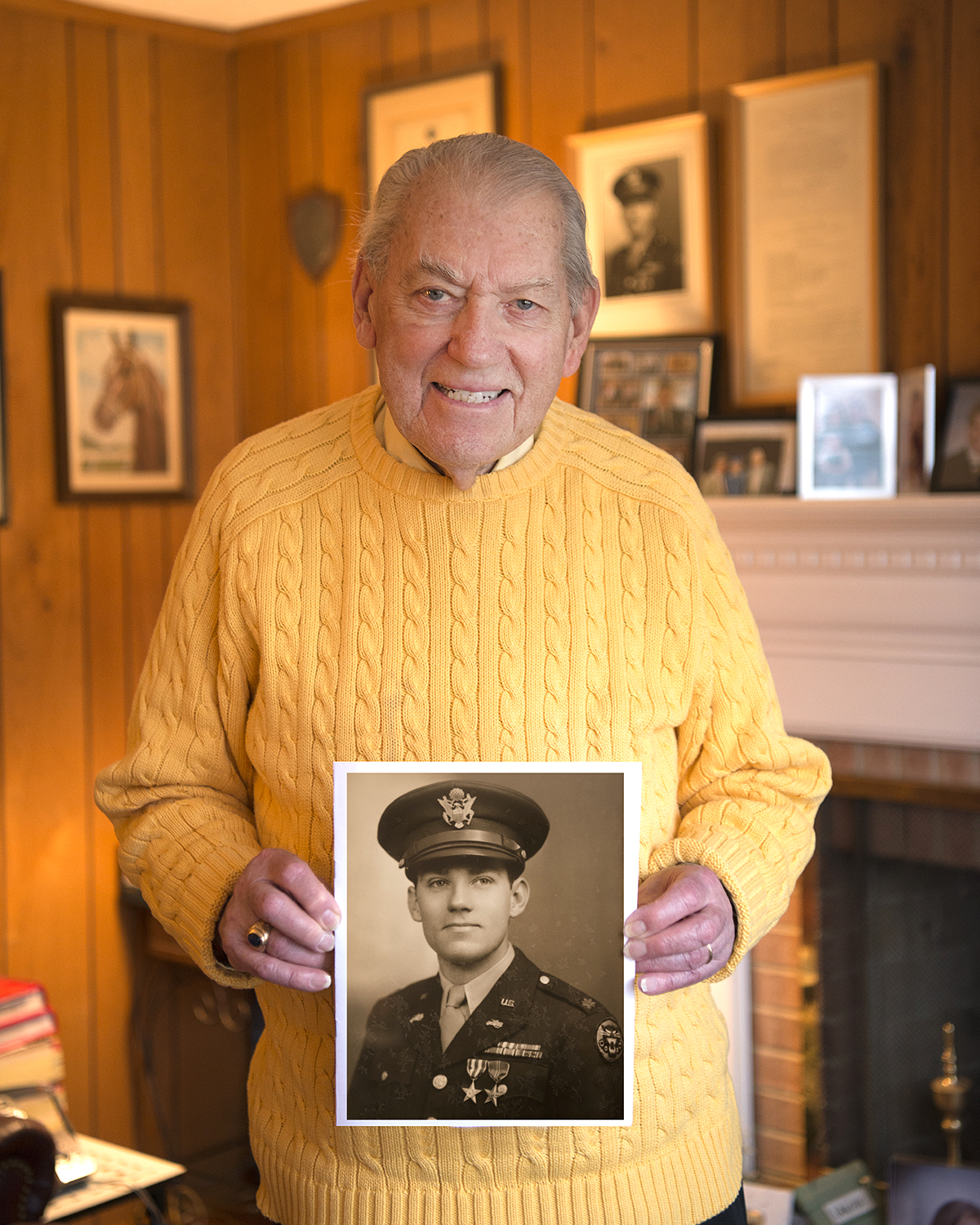
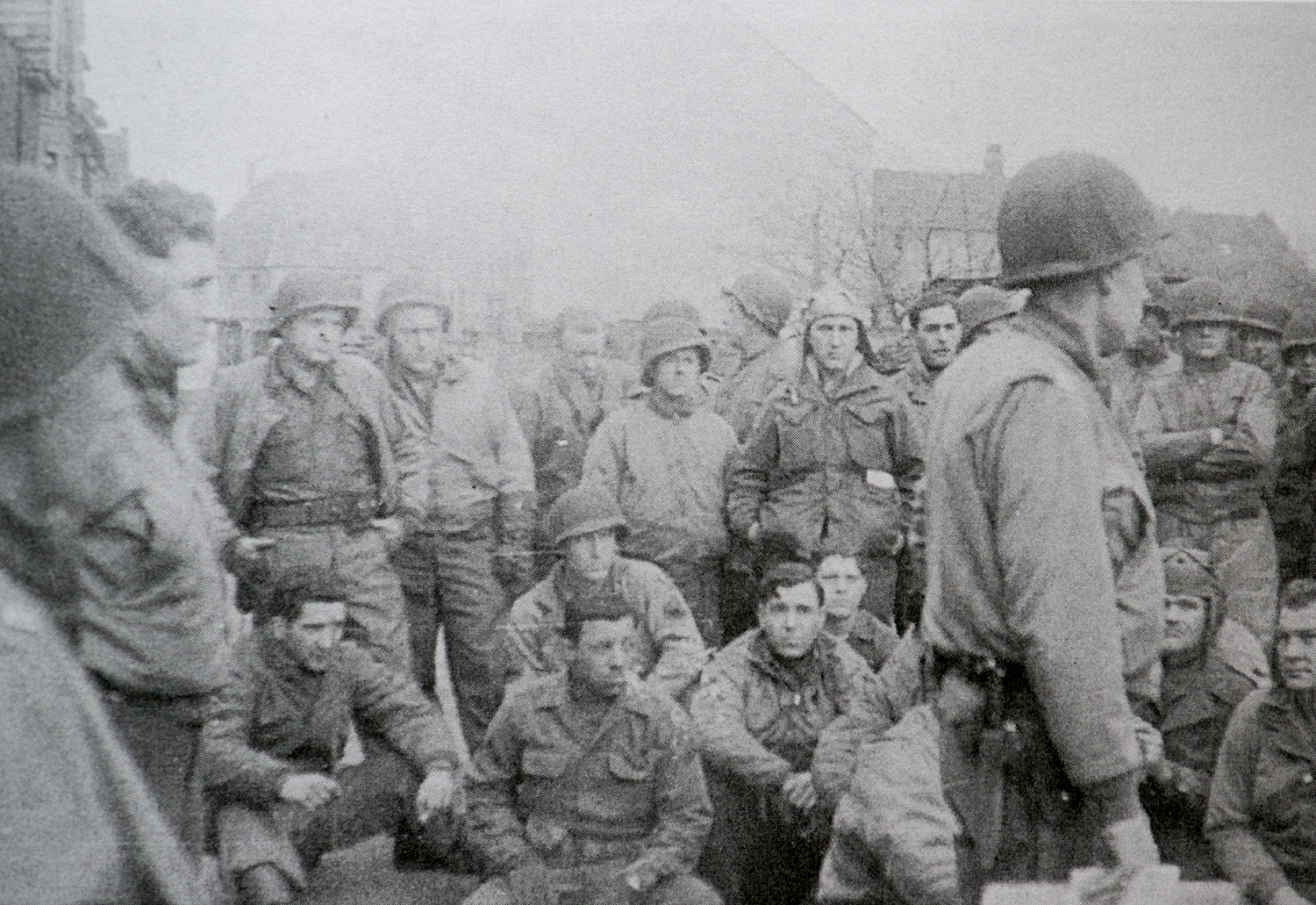
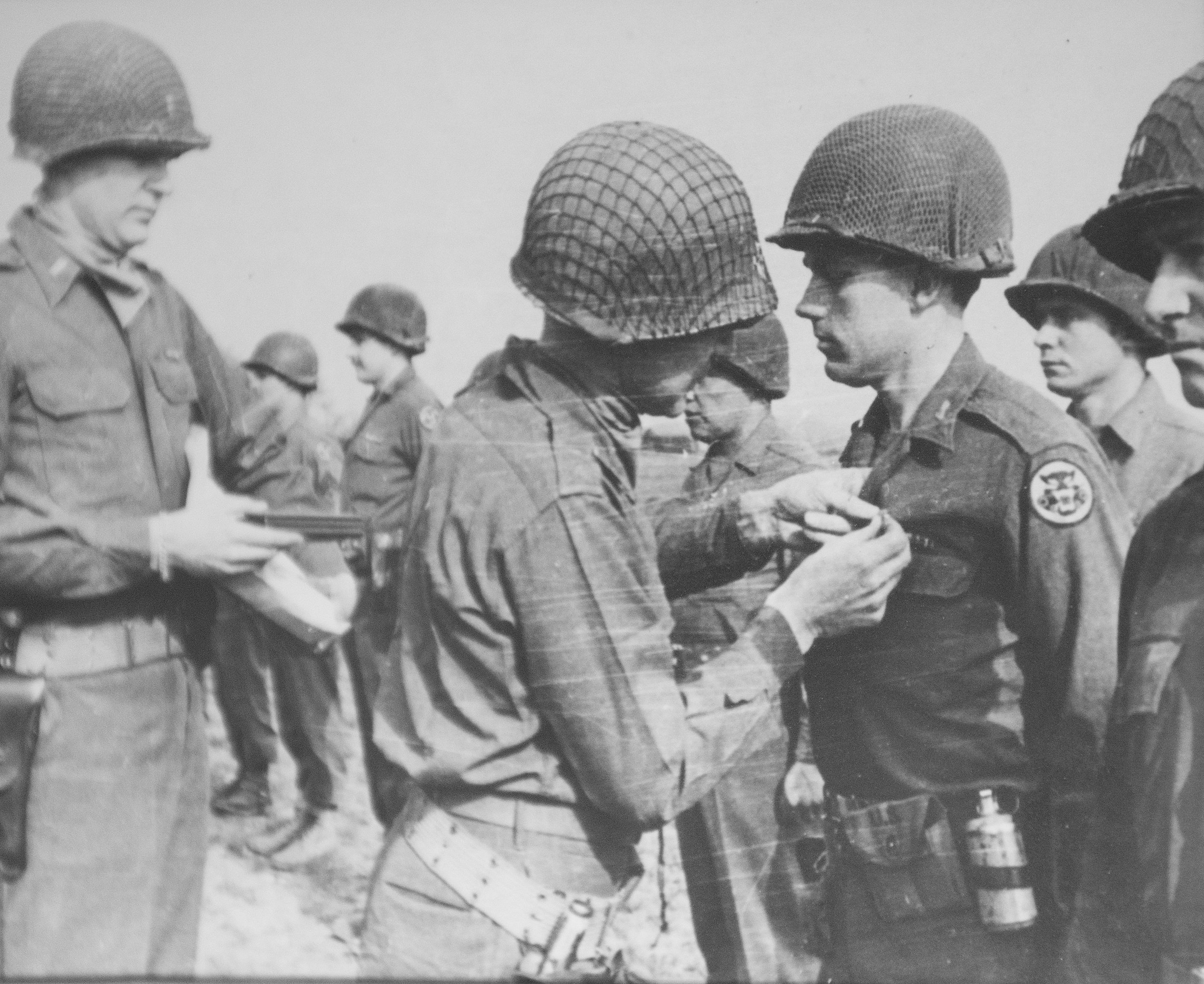
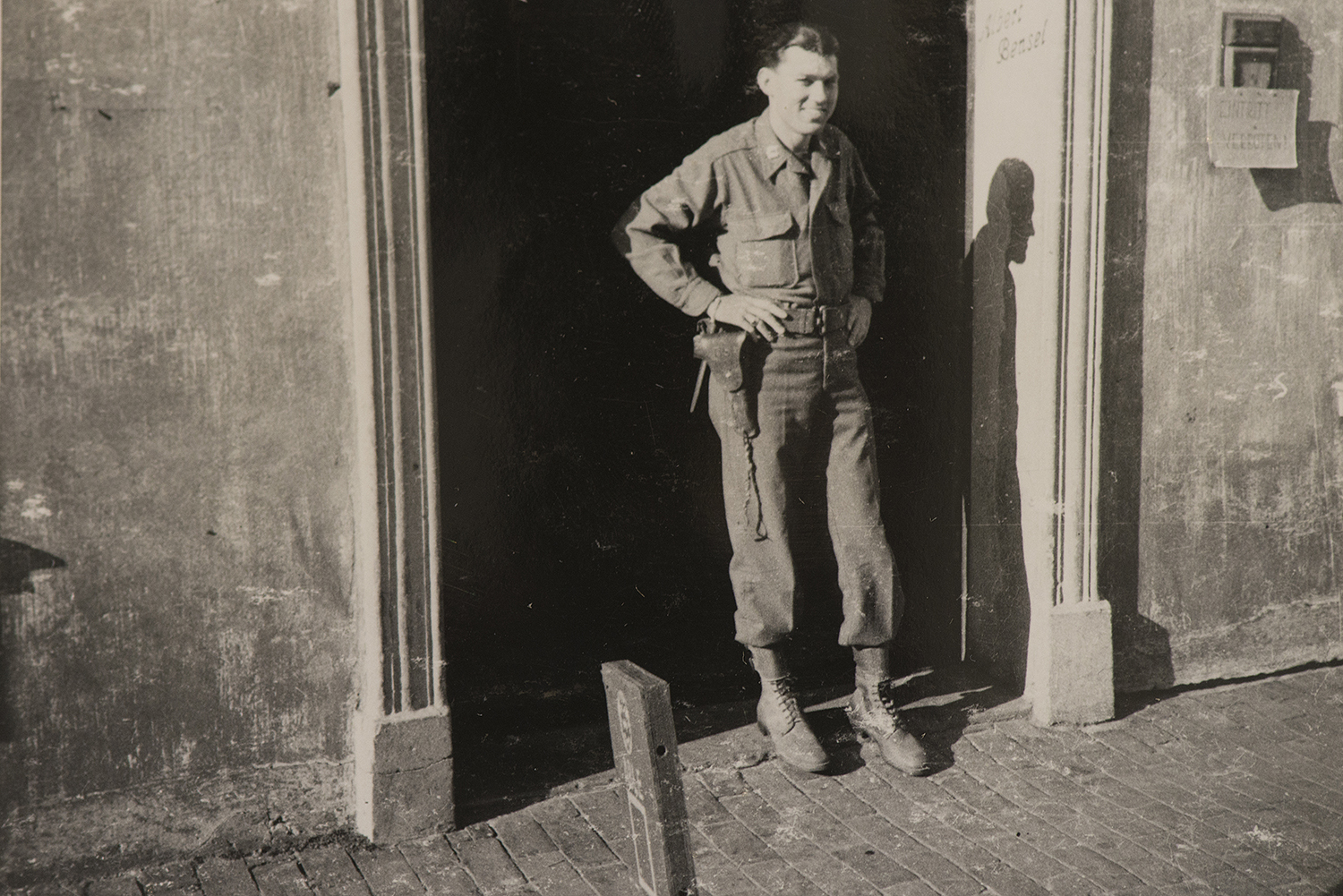
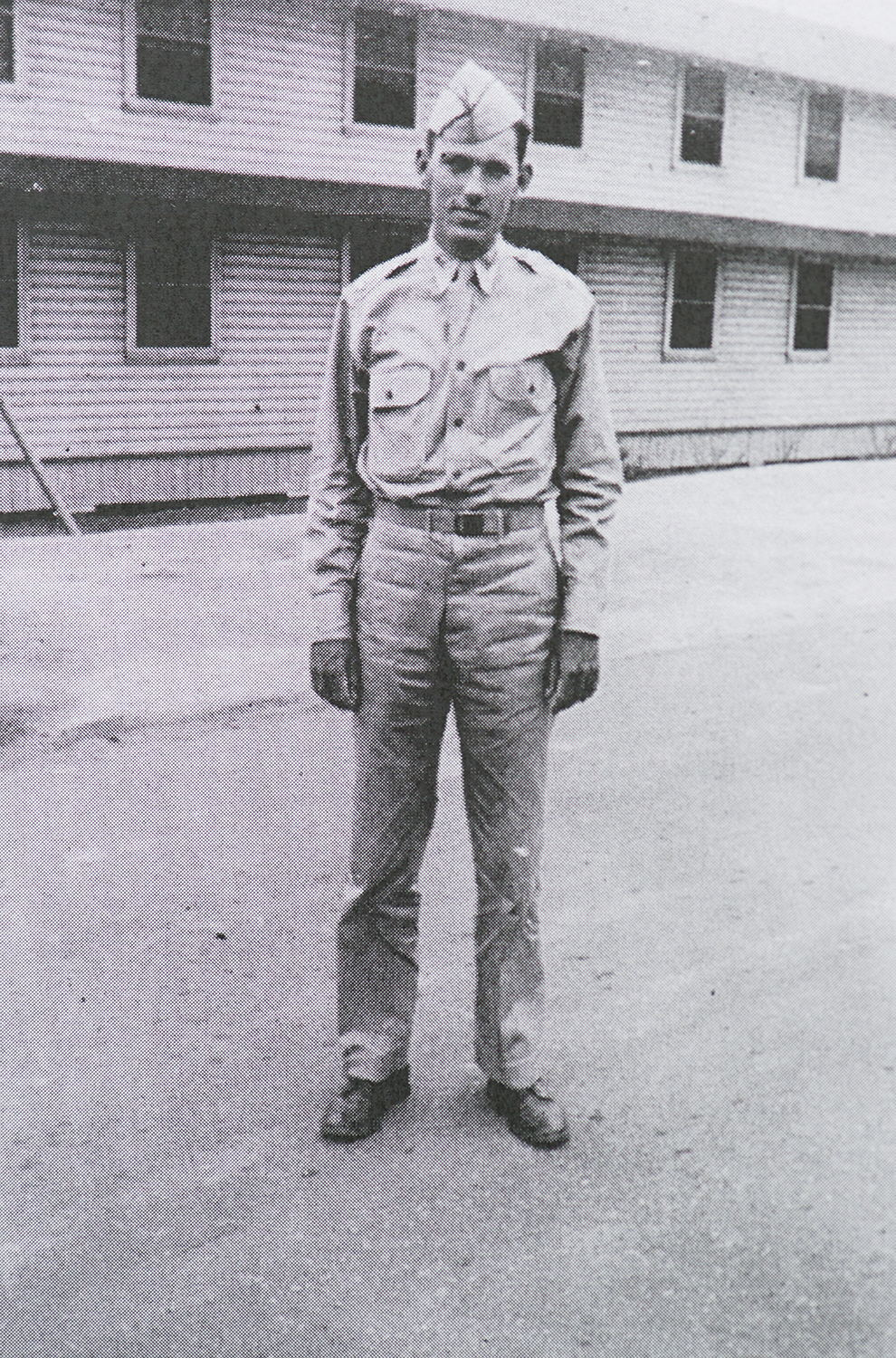
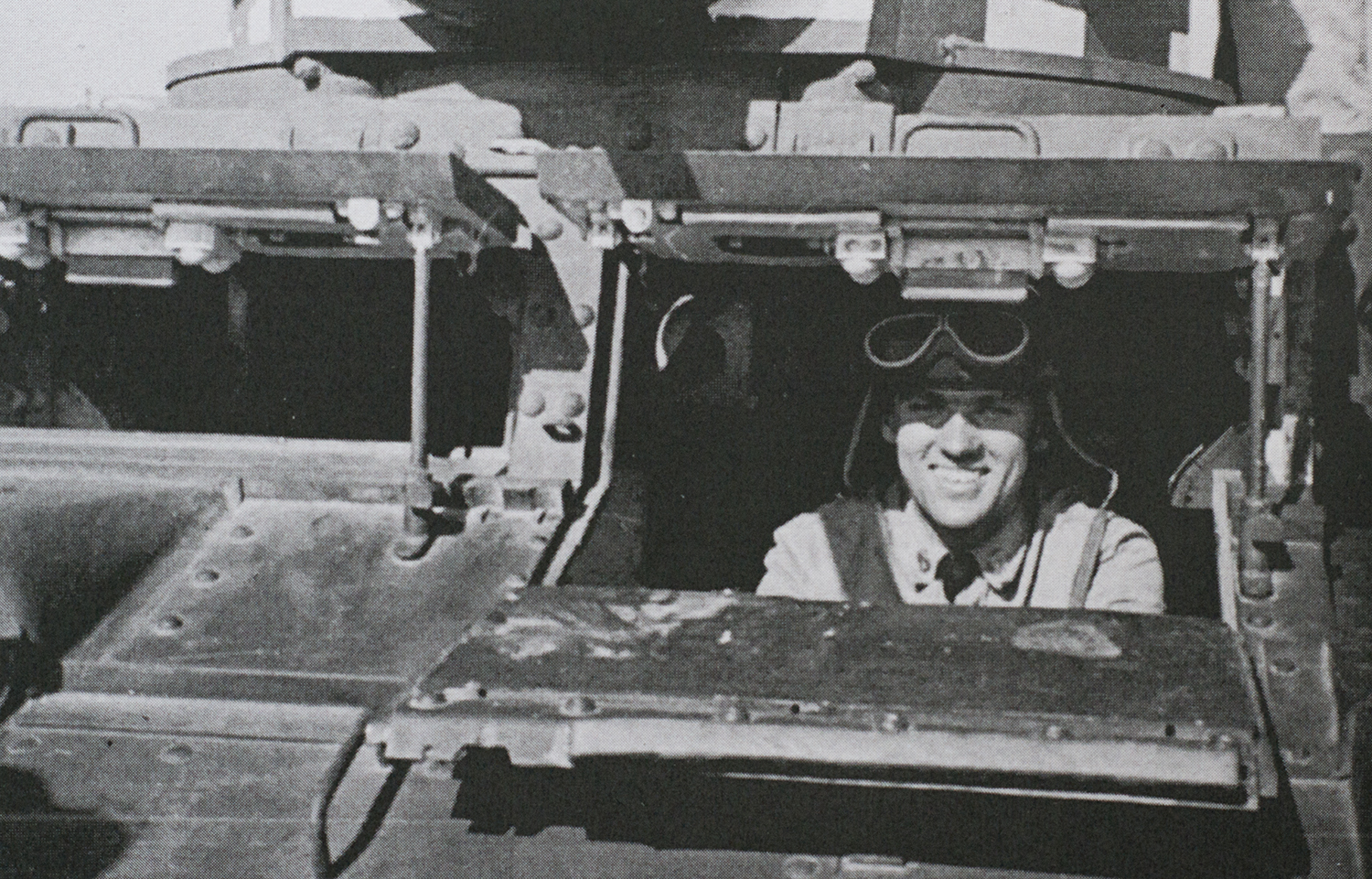
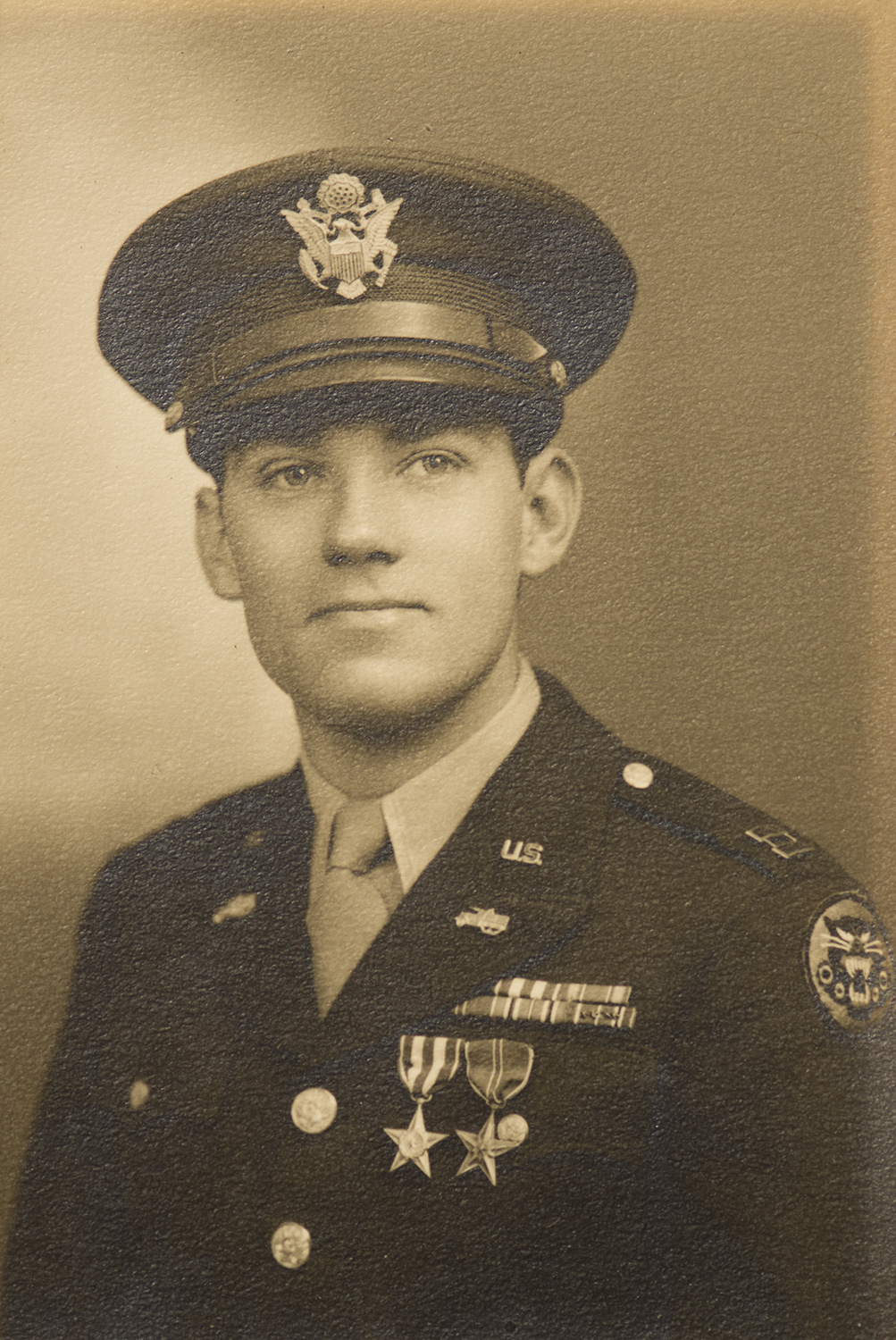
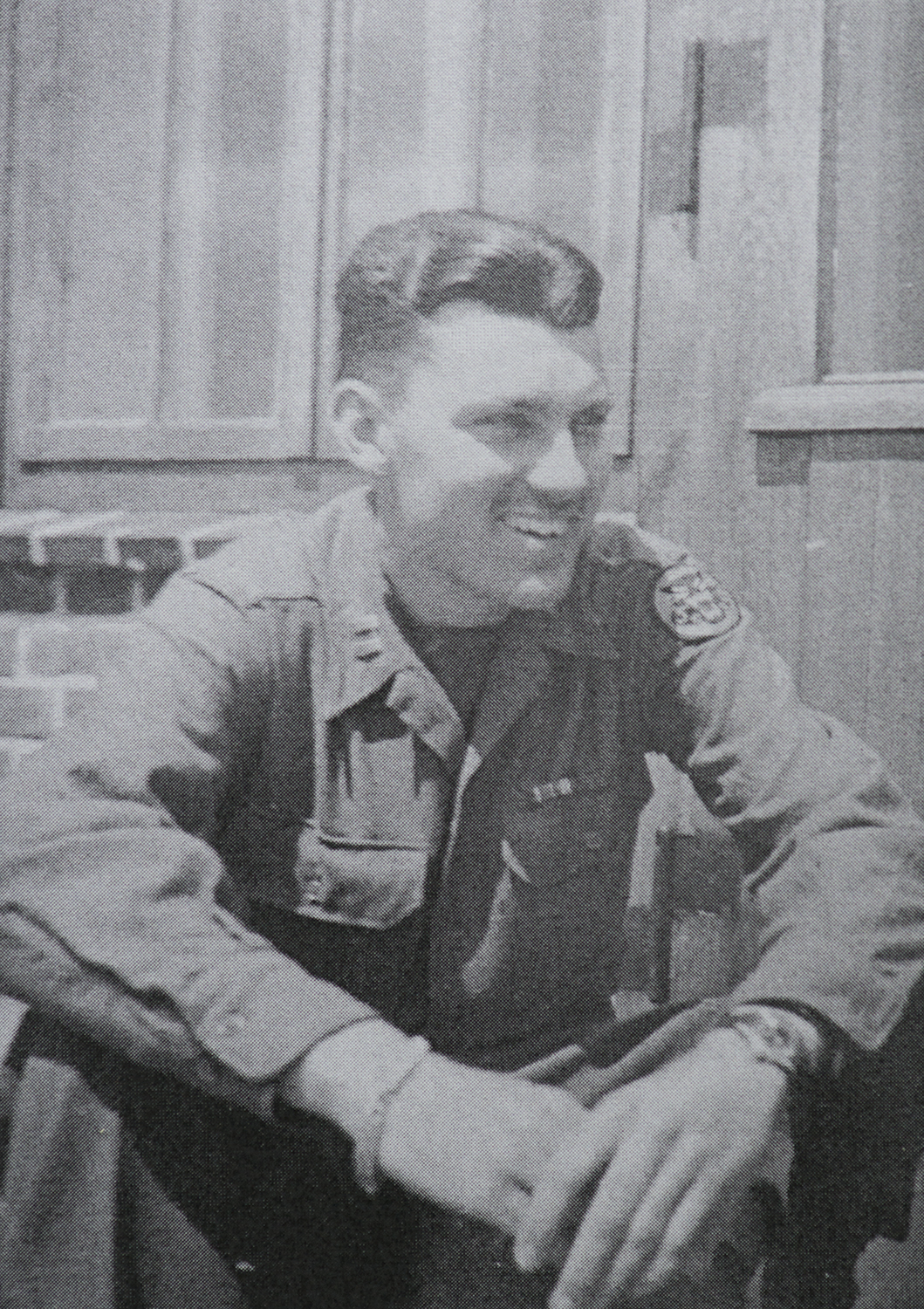
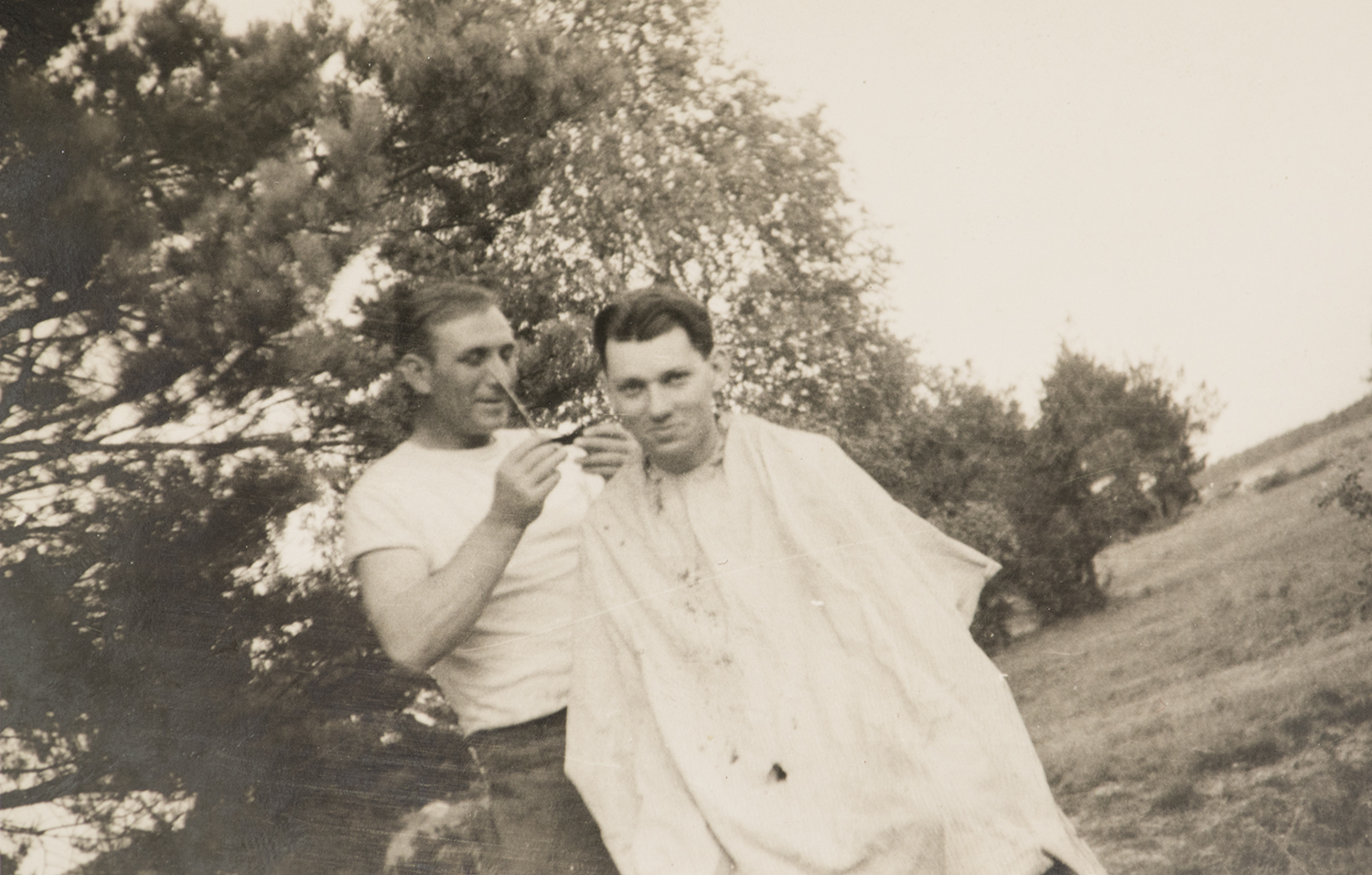
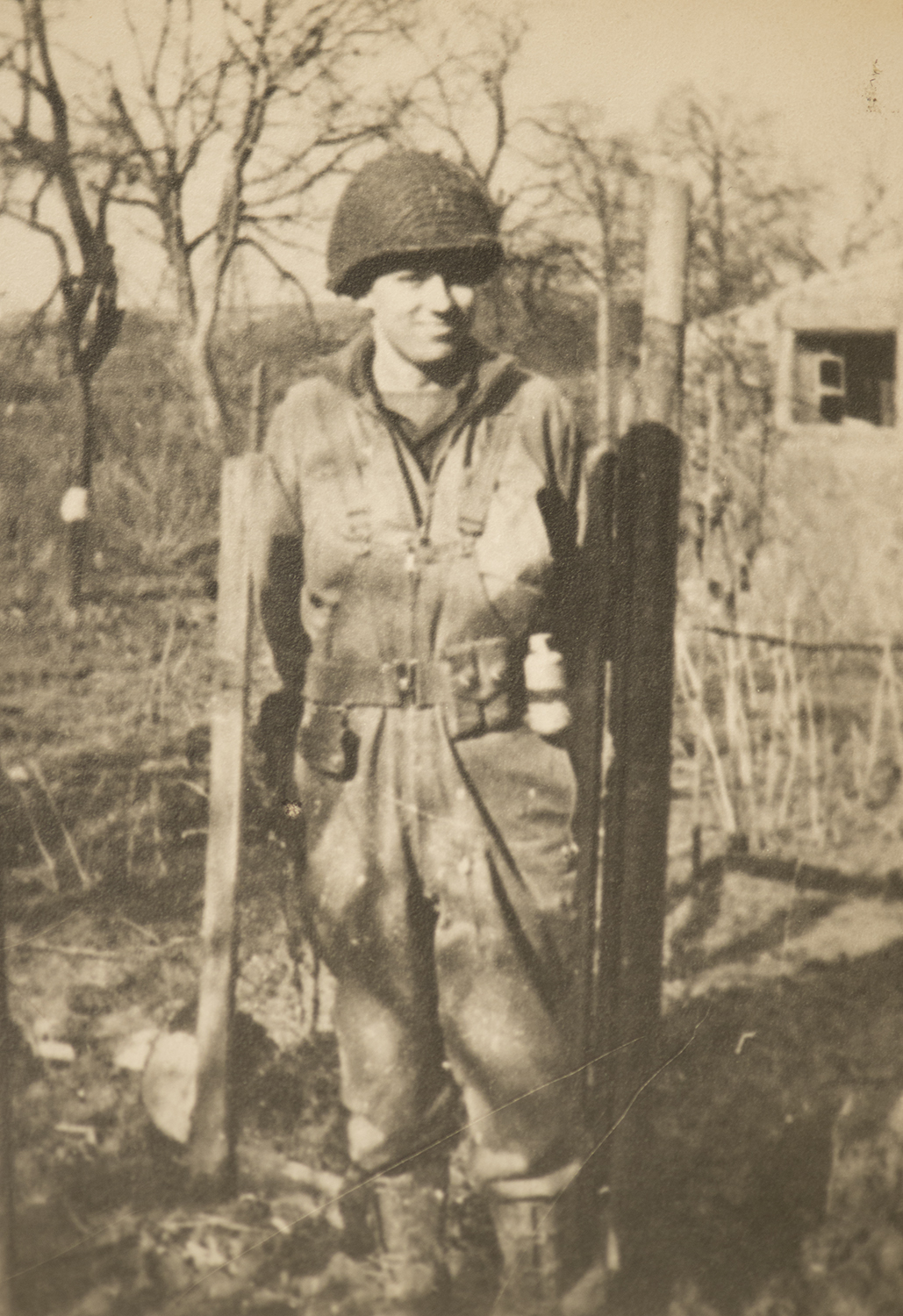
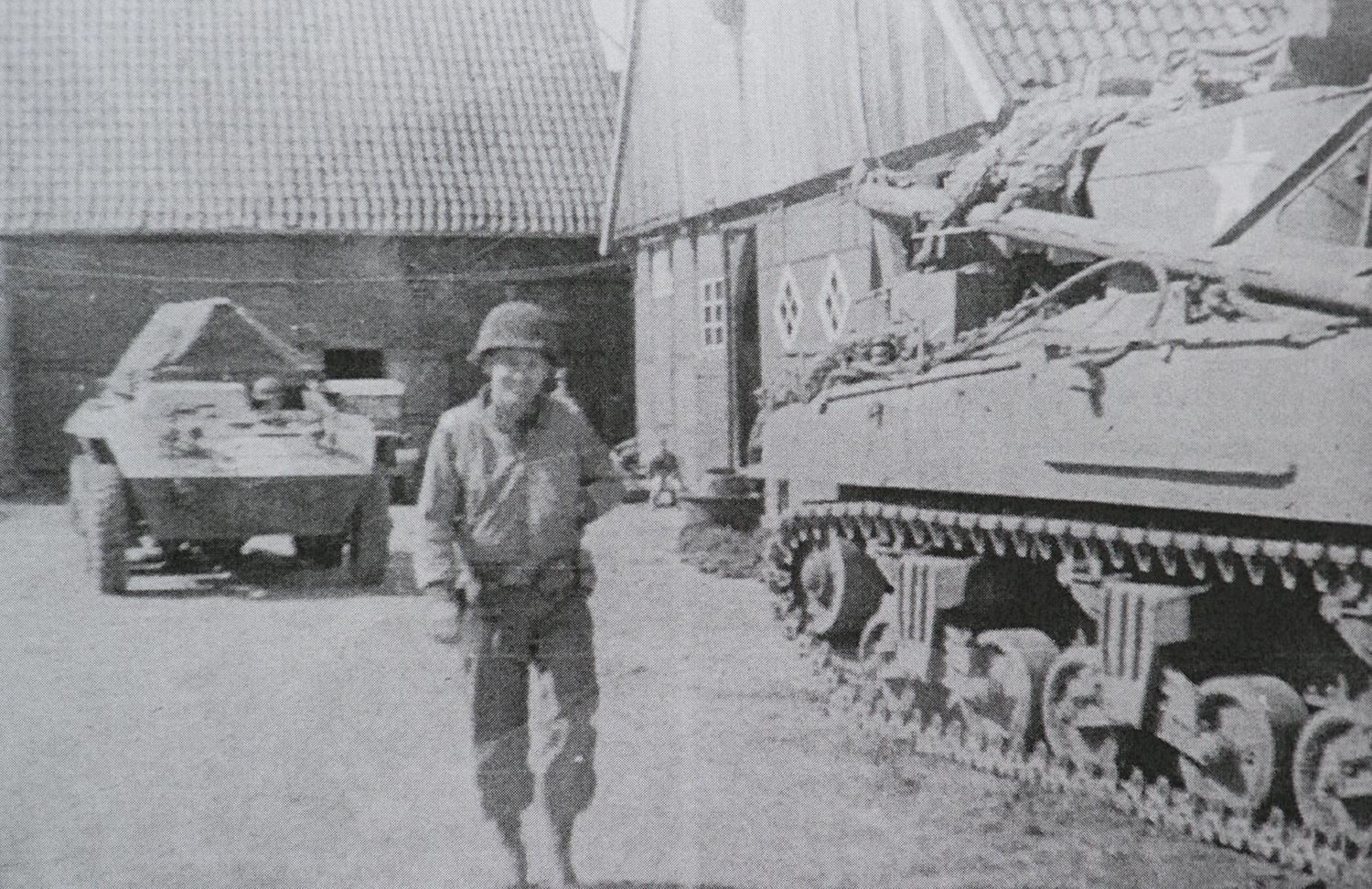
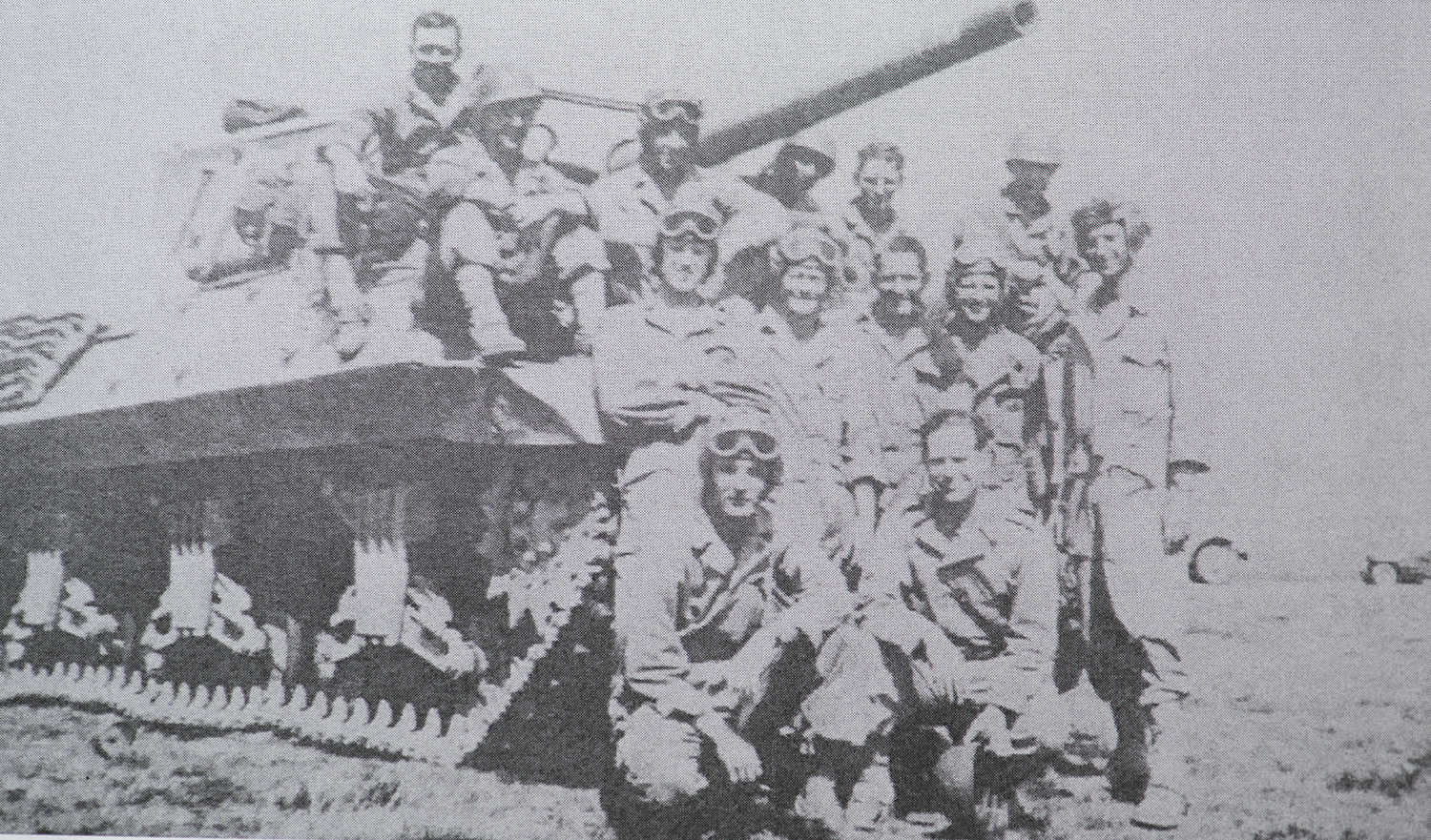
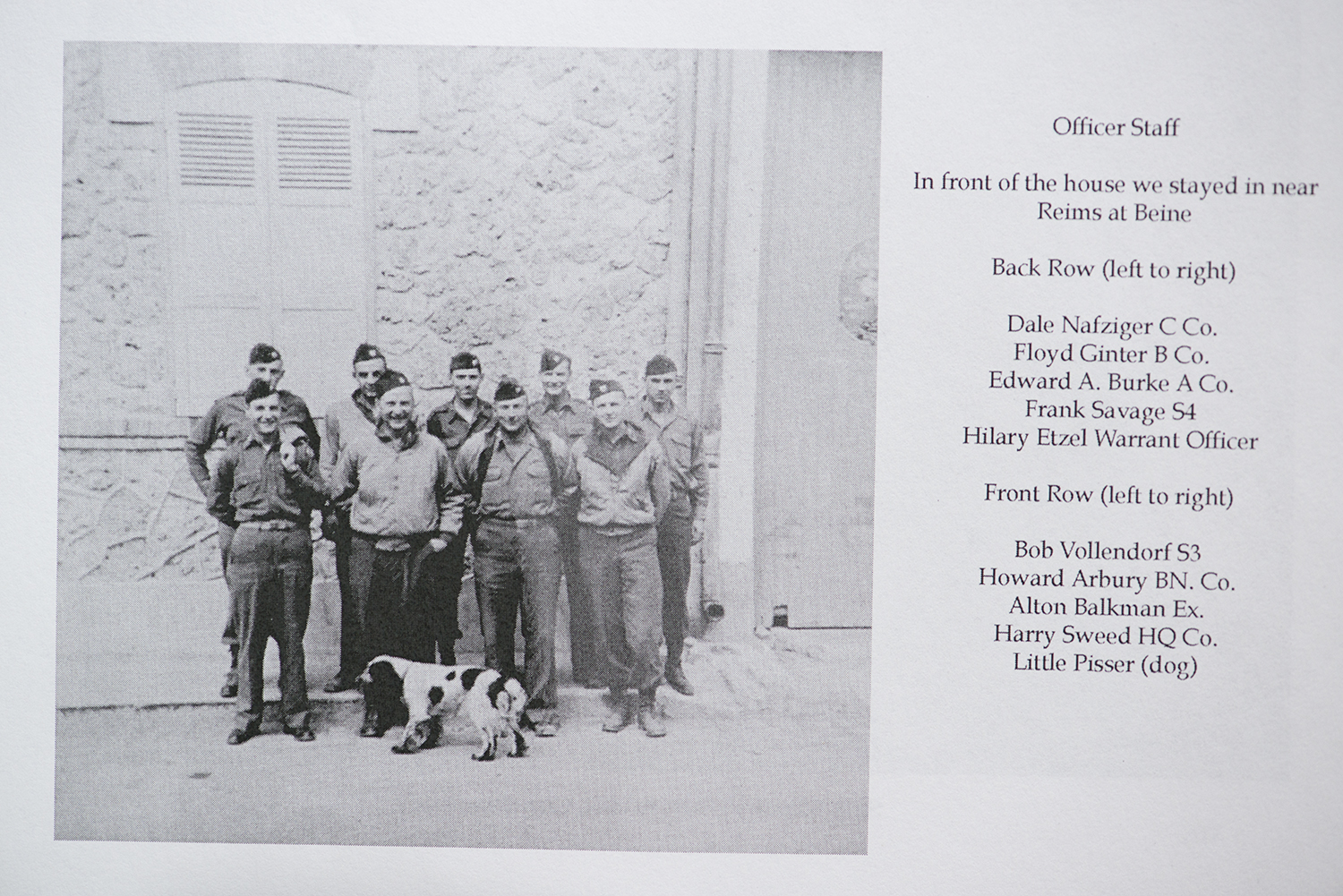
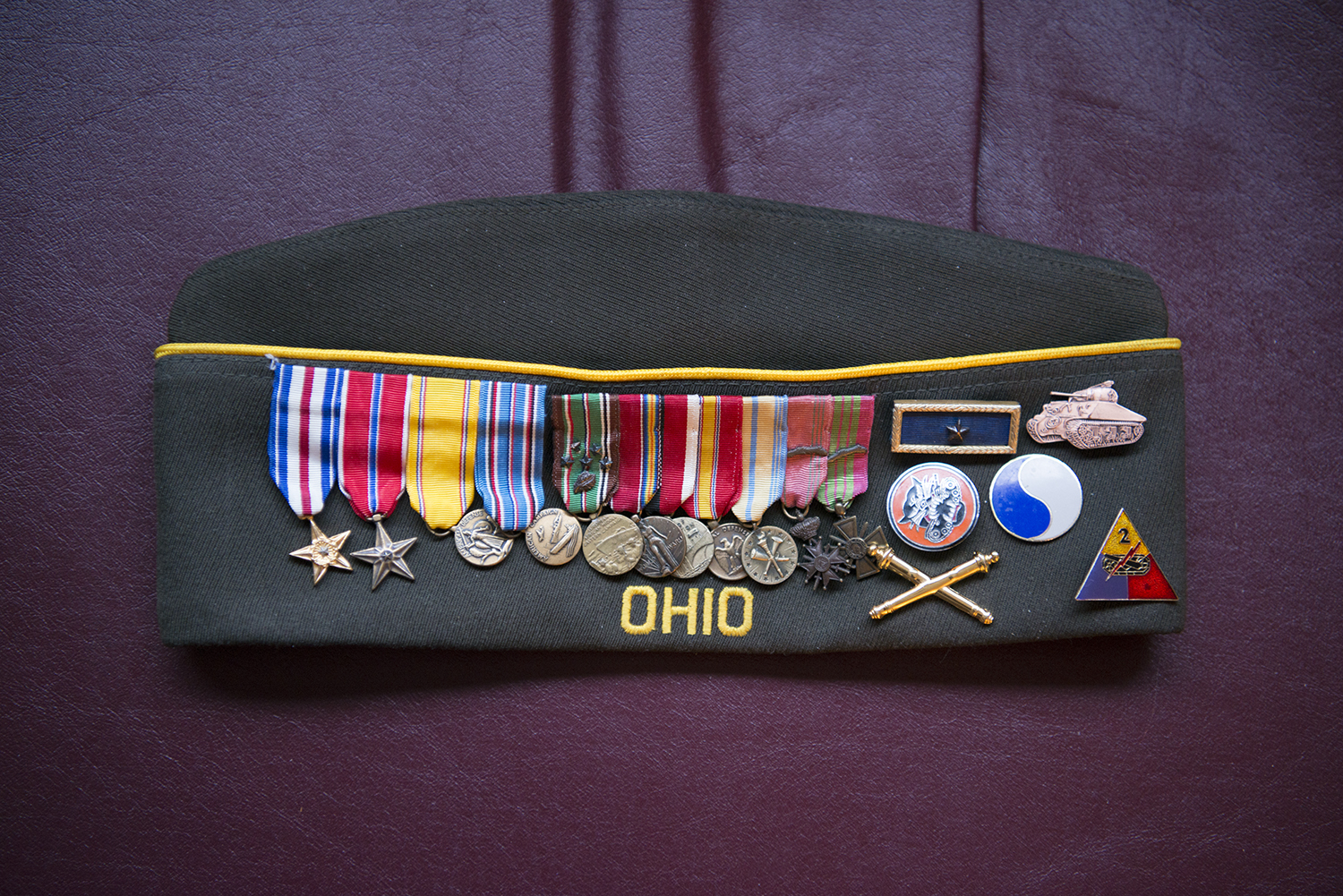
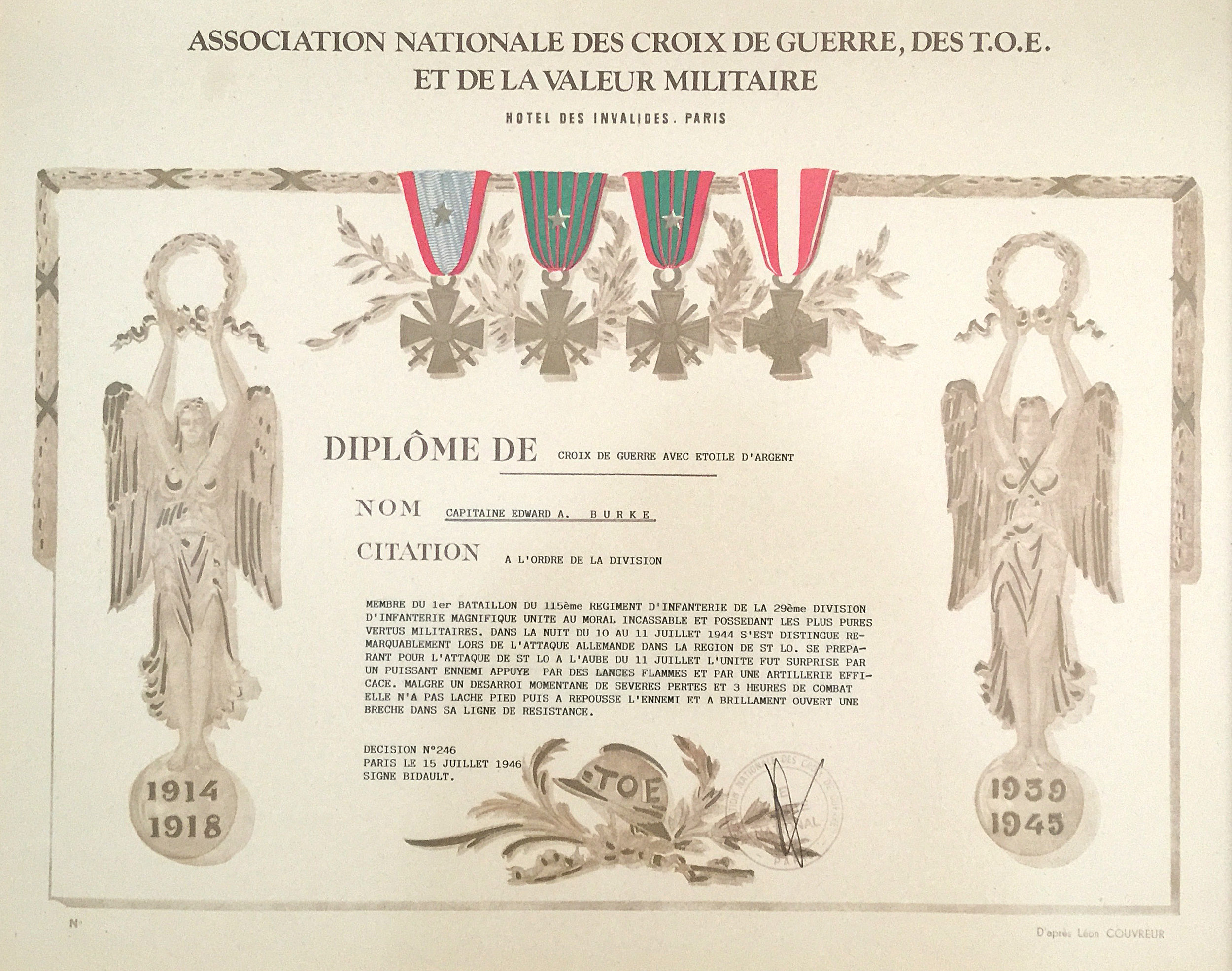
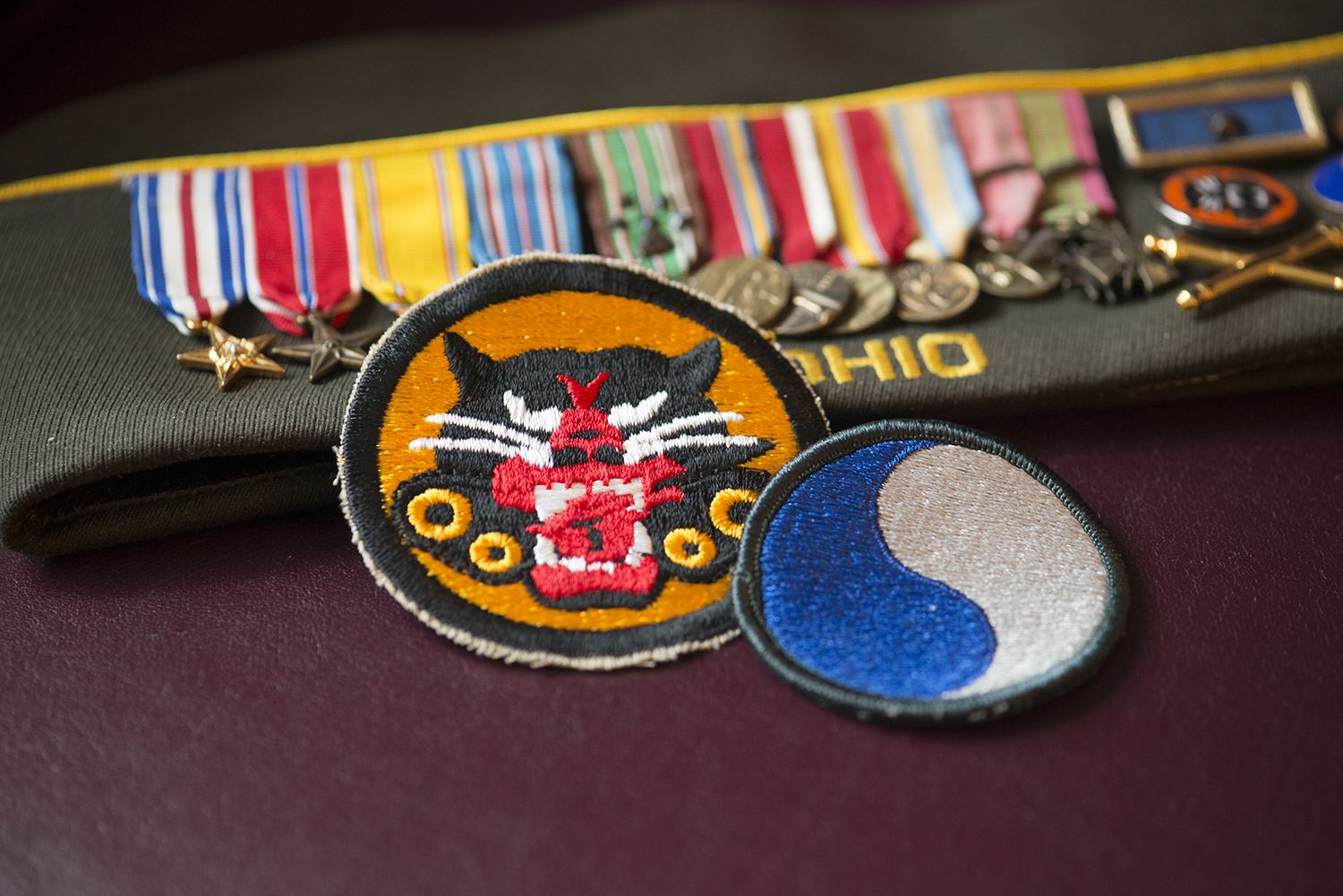
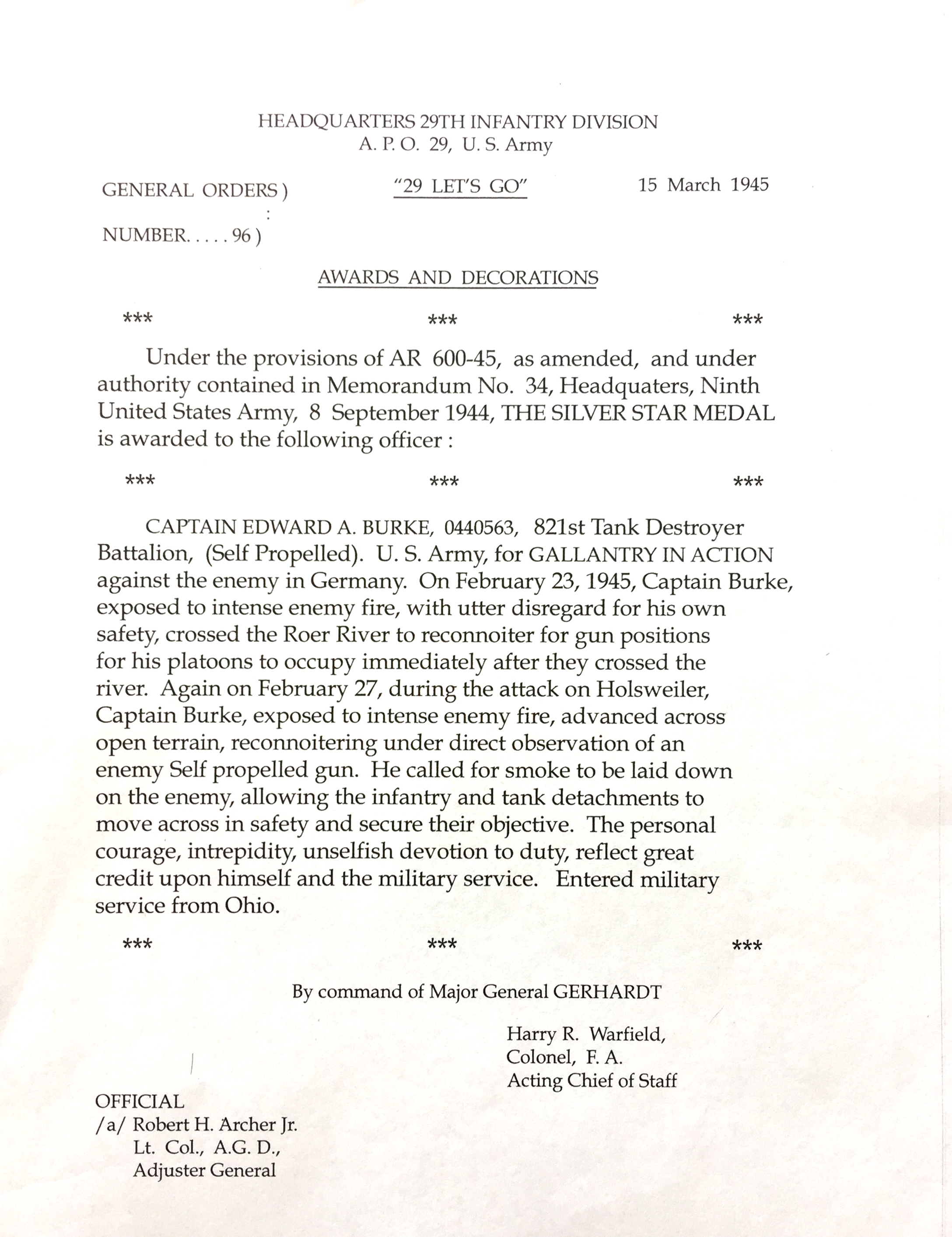
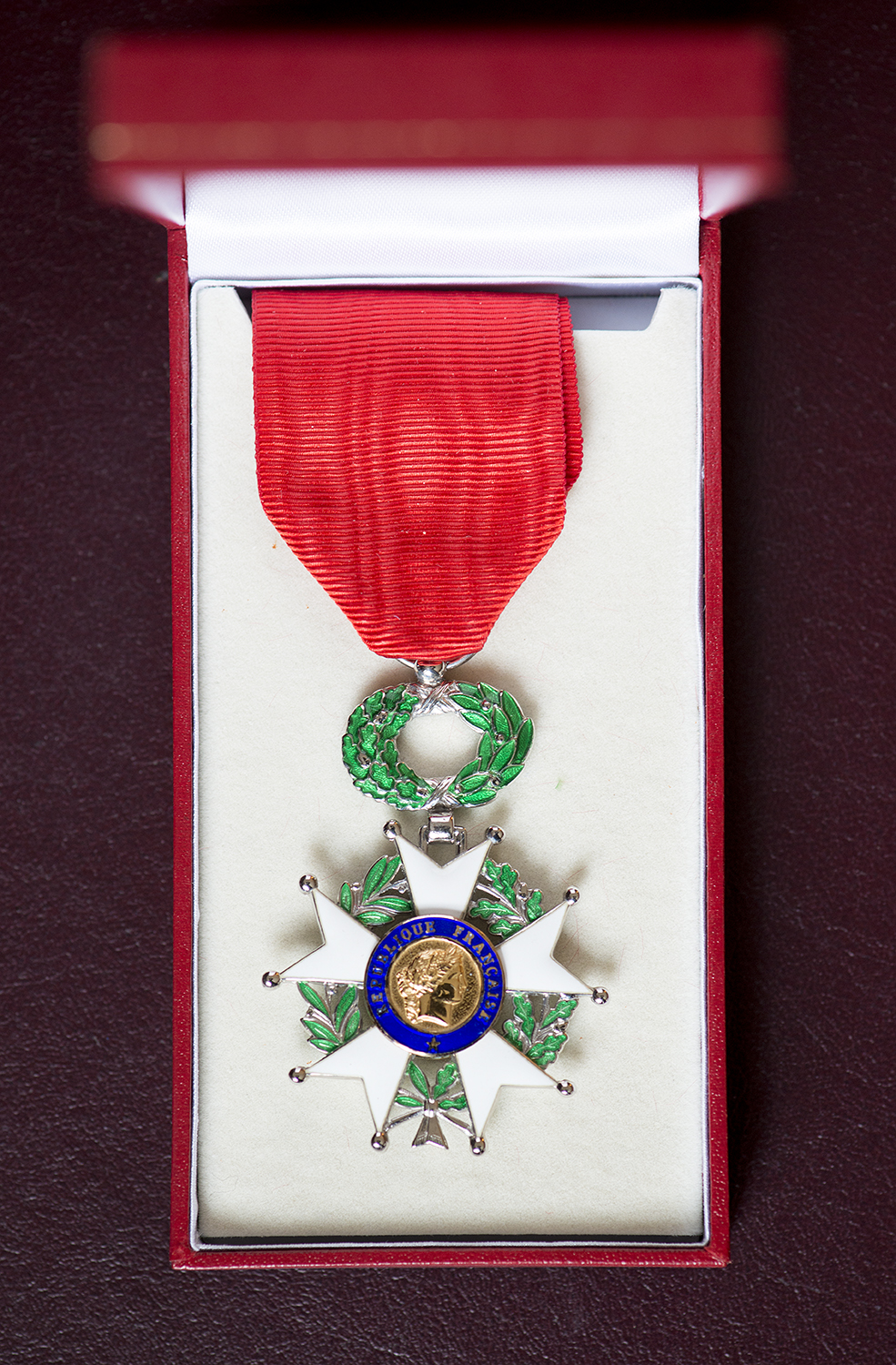
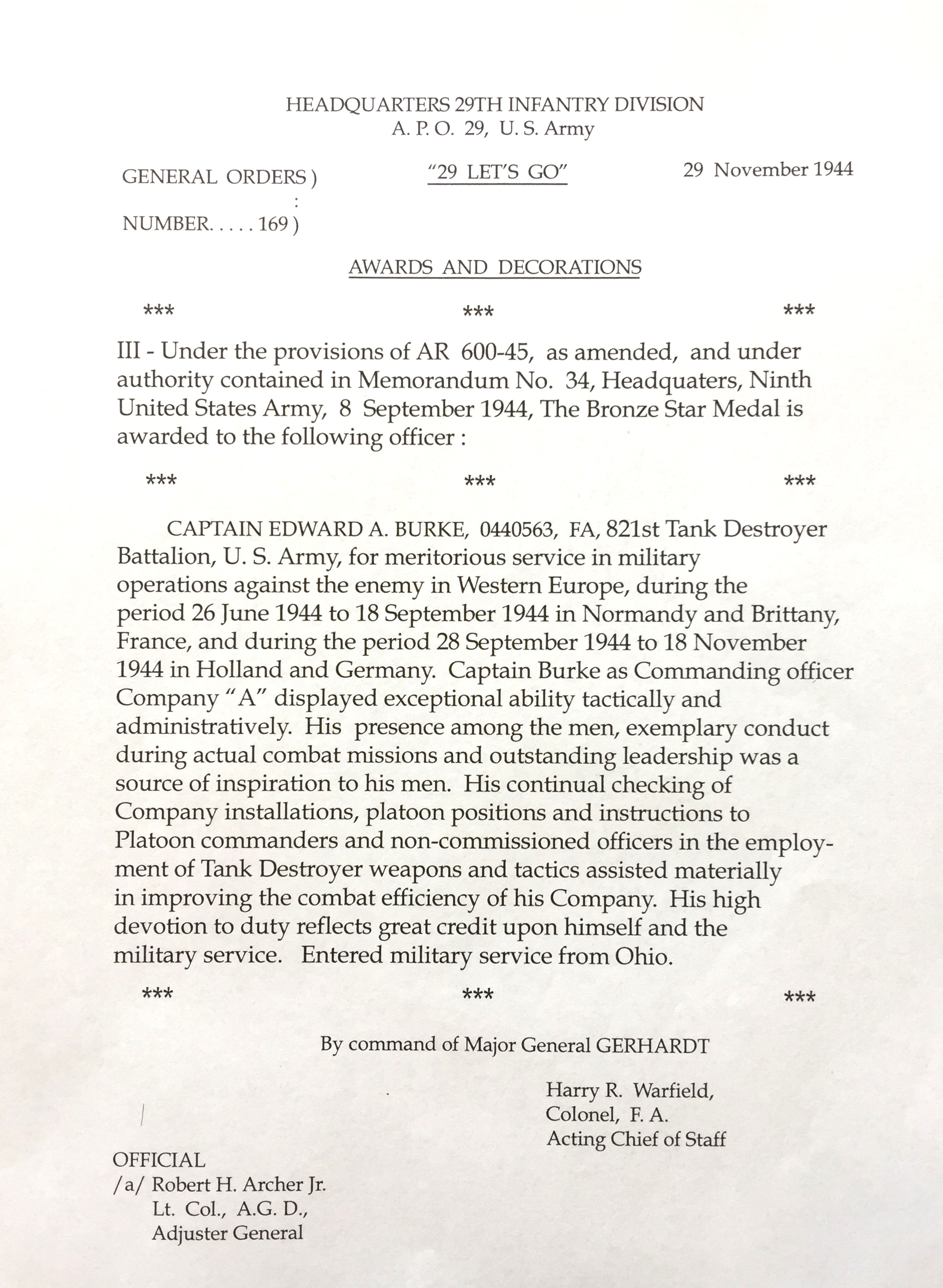
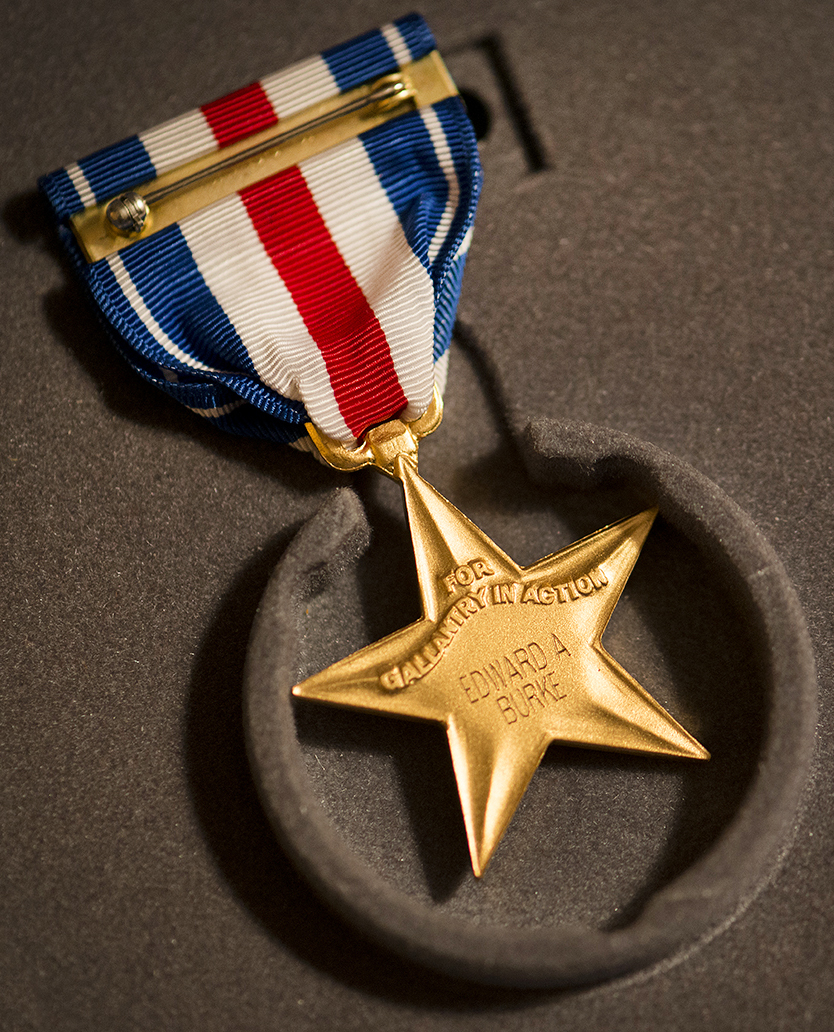
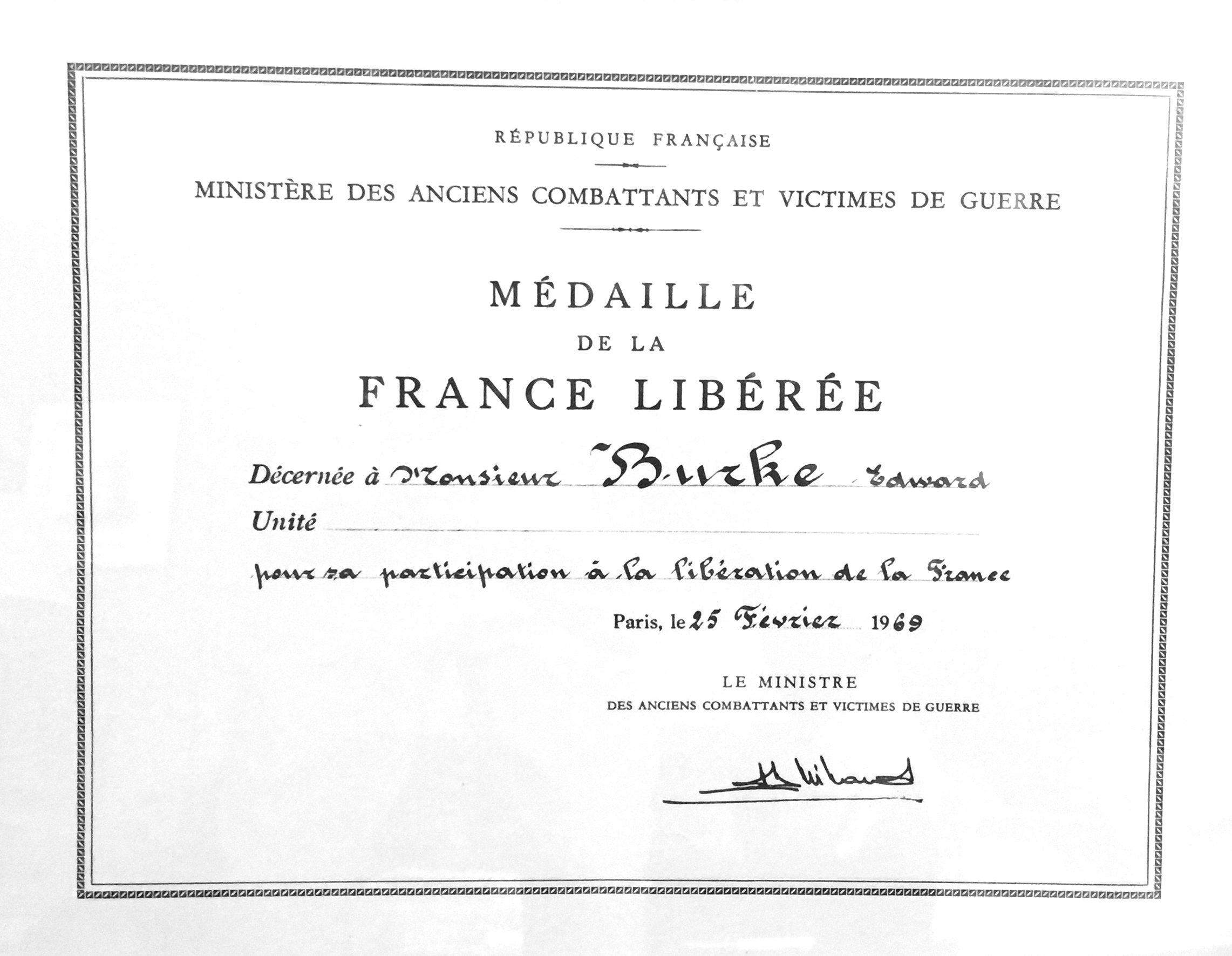
Robert Doolan
I was born March 21, 1917 at 1am in the West End of Cincinnati. We moved to Western Avenue two numbers north of the old Cincinnati Red’s stadium, Crosley Field. We could go up on the roof and look down on the Reds players during games. I went to Bloom School for kindergarten and then we moved up into Price Hill. I had 8 years in the Holy Family School and then 4 years of high school at St. Xavier High School. At that time, the nun said, “those people in Clifton and Hyde Park are so smart.” Our school had never had anyone go to St. Xavier High School, so the nun tutored a bunch of our 8th Grade boys and we took the entrance exam. It was not only the entrance exam, but the 4 highest grades got scholarships. Three of us won scholarships. Following high school, I did not go to college, but instead I went right to work.
I was 10 years old when Lindburg made his flight across the ocean and from then on I wanted to fly more than anything else. Unfortunately at that time you had to have some college education to get into the Army Air Corps. In 1940, this rule was relaxed and you could substitute an equivalent written exam, so I took that exam and on August 20, 1941 I left Cincinnati on a train. Four days later I was in Tulare, California, a beautiful little town in the San Joaquin Valley, east of Fresno. I soloed rather quickly, after about 6 hours, and I thought I was doing well, except as training got more complicated, I was not proficient. I couldn’t make the cut after 10 weeks. So at that time, luckily enough, I had a contract with the Army where they couldn’t just put me into another field, so I was allowed to go home. After Pearl Harbor was attacked, I reenlisted to be a navigator. On March 30, 1942, I went through basic again and was sent to navigation school in Monroe, Louisiana. It was a brand new school. I graduated as a 2nd Lieutenant on December 26, 1942. I was assigned to a 10 man B-17 crew and we started flying and practicing formation and bombing. After our training was nearly finished in the states, we were going to Salina, Kansas to pick up a new B-17 at Smoky Hill Air Base. My pilot had gone to college in Kansas and a girl he knew in college was working at the air base. So he called her and told her to come meet us at the Officer’s PX. She didn’t want to come alone so she brought along a friend of hers who also worked at the air base. Her friend was a petite blonde and she and I talked. I asked her, “If I call you up would you want to have a date?” By this time she said she was fed up with men because this was a town with 20,000 people. There was an air base with 5,000 young fliers here, there was an infantry base with 15,000 soldiers over there. She couldn’t walk on the streets because there’d be 5 or 6 soldiers trying to get her attention. But I took a cab out to her house and we had a couple of dates, that’s all and my crew left for Europe. I corresponded with her from England and from Germany. Following my return from Europe when I came back from Texas, I took a Baltimore - Ohio and then Union Pacific train out to Salina, Kansas and I stayed at her house and met her family. We were just talking, it was casual. After a few days I came back to Cincinnati. At this time I was still on R&R. I went back again to visit and finally when the train conductor started calling me by name, I brought her to Cincinnati. It was a very limited courtship, we had almost no knowledge of each other at all, but on November 17, 1945 we got married. We were married 71 years.
In April of 1943, we received orders to head overseas. We flew to Mitchel Field in Long Island, Presque Isle, Maine, Goose Bay Labrador, Greenland, Iceland, Scotland and then finally England. My crew ended up with the 92nd Bomb Group located in Alconbury, which was near Huntingdon, Robin Hood country and started flying missions. We began in a YB-40. At that time we didn’t have long range fighters, so they took 25 B-17 F’s and made gunships out of them. We didn’t carry any bombs. Instead we carried 10,000 rounds of 50 caliber machine gun bullets. The YB-40’s were delivered to us without ever having been fully loaded and flown. I think the Army was about ready to cancel the use of YB-40’s, but they couldn’t justify without combat. So we took 13 of them into combat. We lost 1 on June 22, 1943. After 7 missions, it was canceled and we moved back into regular B-17 F’s.
On August 12, 1943, we were bombing in the Ruhr Valley. The Ruhr Valley is an industrial valley like Pittsburgh. All of the big manufacturing was there. We couldn’t bomb the target because of clouds, so we rerouted to an auxiliary target. As we were going into the coast of Holland, a German ME-109 fighter came in and knocked out our #4 starboard engine. We could still fly, but we lost about a third of our gasoline out of that wing tank. But, we continued on and bombed the target. Then came the flak. The flak was much more dangerous than fighters because we had to fly straight and level and we can’t fire back! On the first burst, I had 3 pieces hit me. One hit at the center of my spine right at the waistband and two in the back of my left leg, but they weren’t too bad and I hardly bled. One of the pieces is still in there today. The worst of the damage we took was at the back of our ship. It was all torn up. In the B-17, there are 5 men in the front, pilot, co-pilot, bombardier, navigator and top turret gunner and in the back you’ve got the radio operator, ball turret, two waist gunners, and the tail gunner. The bomb bay is in between, so there is no communication physically except by using our intercom and to this day I don’t know why we didn’t communicate after getting hit, maybe we didn’t have time. Five of the men were seriously wounded, they needed hospitalization. The pilot put the plane into a steep dive and the two waist gunners jumped out, the ball turret seeing them jump out and pulled his turret up, put his parachute on and jumped out and the tail gunner jumped out with him. We leveled off at about 100 feet. We were determined to make it back to England. I gave the pilot a course and as we made our way back to the channel, we became buddy buddy with two ME-109 pilots. They were flying right on our wing tips. They were so close that I could look off our wing over here and see the helmet on the pilot. Both pilots were motioning us to land. I had my machine gun trained on one of the pilots and our top turret gunner had his gun on the other pilot and we flew this way for well over an hour. We got to know each other very well. *laughs* Neither one of us fired our guns. Finally our pilot called me over the intercom and asked, “How long to England?” And I called back, “We don’t have enough gas.” So we found a nice level spot and landed on a bicycle path in Holland. Five of us got out of the plane and we had to leave the 6th man behind because he was going into shock from his wounds. I pointed south and said, “Spain is that way! Start walking!” Amazingly enough, with all of the missions we had flown, none of us had brought along the little escape packs they issued us containing money, maps and other things. We started walking south. It was 9:30 in the morning and myself, the pilot and co-pilot were together and the two gunners walked a distance away to our west. Gradually, we moved away from each other. We walked until around dusk and decided to rest in a little grove of trees. And what came next was just like a Hollywood movie, this man comes walking up pushing a bicycle and said let me help you, let me help you. He took us to his house and we found out that the underground in France, Belgium and Holland were beginning to organize an escape route for downed fliers. When we first got to England, there weren’t many Americans there, but each month there were more groups arriving, so naturally there were more being shot down. The man gave us civilian clothing and to this day I don’t remember what color slacks I had on, but I had a beat up pair of dutch shoes and I’ll never forget the shirt because it was a pink tone on tone button up shirt with a tab collar.
The next morning, after sleeping on the floor of his house, a car came and we rode south for some distance and stopped at a farm house. The farm house had a room upstairs that was sort of like what was described by Anne Frank when she was in hiding. We stayed on the second floor, not inside the room, but behind this panel in an attic like space. The system was that a courier would come and take us to the next safe house. These people were the bravest people there ever were. It was a farmer, his wife and their two children, who were probably 8 and 10 years old. Had they been caught, they would have been tortured. After some time, the courier came and took our pilot ahead of us. A week or so later another courier came and took my co-pilot and I. The first day we stopped in a town called Roermond, a delightful little 17th or 18th Century town with two maiden ladies and they put us up for the night. The next day another courier came and we were going to go into Belgium. At this time we received news that our pilot had made it to France and was captured and the two gunners were captured in Belgium, which meant that our next safe house or courier was compromised. Not only that, but it was now September and it was getting cold. We got a two day train ride up to The Hague. Evading was scarier than combat. You’re in a strange country, you don’t speak the language and you feel like everyone is watching you. On the train we sat in the compartment and our courier was in another compartment and we had to pretend that we were sleeping. We got to The Hague, got off and took a trolley car out to the suburbs. When we got off and started walking, we spaced ourselves about 150 feet apart so if one of us were stopped, the other could duck into an alleyway and avoid capture. I was first and I walked up to this porch and I had just touched the doorknob and in an instant the door was open, I was inside, the door was closed and there were 4 men all over me. One clubbed me over the head, another one put a gag in my mouth, the other handcuffed me and the 4th pushed me down. My co-pilot got the same treatment. They rush us into two cars with two armed guards and a driver in each one to The Hague and then to a suburb called Scheveningen, where there was a building that had been a Dutch Federal Prison. It was a huge place. You’ve seen this in movies, “name, rank, serial number.” “I’m 2nd Lieutenant Robert Doolan, United States Army Air Corps, Serial Number 0795218”. They had taken my shoes away, they took my belt away, they took my watch, and a metal rosary. I managed to keep a little bar of soap with a compass embedded in it. They put me in a cell and then later on they brought me out into an interrogation room with a huge picture of Hitler on the wall and a guard stood there with a gun on me for another half hour. Then the door opened and in came this officer. His uniform looked like it was right out of the laundry and freshly pressed, his shoes were like a mirror. He walked right past me and said an exaggerated “Heil Hitler!” to the picture on the wall. He turned to me and said “Lieutenant Doolan, is this the new United States Army Air Corps uniform?” And it went on like that for 2 1/2 hours. He was Gestapo. He didn’t ask me any military questions at all. All he wanted to know was who had helped us and where we had been. I couldn’t tell him because nobody told us! Meanwhile, my co-pilot is getting the same treatment. I was put into a cell about 12 feet long and 7 feet wide. There was a ledge on the back for sleeping, a huge oak door with a little peep hole with a metal slide on the outside. There was also a small door that would hinge down and form a shelf, so without opening the door they could put a little food there, there was a bucket at the door for a bathroom, about a 60 watt bulb for light and a huge poster on the wall with 10 things written in Dutch and in German, “Verboten, Verboden.” Everything that was forbidden. I could understand some of it. I laid down on the ledge and a German guard came storming in yelling, “You can’t lay down between 8 in the morning and 8 at night!” I said, “Well I don’t read German.” That night at dark, I heard someone whistling Bob Hope’s theme song Thanks for the Memory and all of the sudden there were people talking all over. I came to find out that there were about 150 Dutch men, women and children there who were on their way to Bergen-Belsen extermination camp and my co-pilot and I were the only two Americans there. Bob Hope’s song was a sign that the guard had left the corridor for the night. I yelled to my co-pilot who was in the cell right next to me.
We were captured on September 2, 1943 and we were there until September 18th. During that time, they would take us out for questioning and bring us back. They never really touched us. The Gestapo would take us to a government building for questioning. I was put in this broom closet under the stairway. There was a stool to sit on and they kept me there hunched over in the pitch dark for a half hour to soften me up. This happened day after day while they tried to find out who had helped us. Finally we were handed over to the Luftwaffe, who ran prisons for Air Force captives and I thank God for that. My co-pilot and I were put on a train and we were taken to Dulag Luft, an interrogation place right outside of Frankfurt. Now we were put through military questioning. They had already captured my crew, so they said, “You were in the 92nd Bomb Group, you had these YB-40’s, what are they?” I said, “I don’t know… But I’ve heard of a P-40.” They knew I was lying, but by that time we had been out for almost a month. Following that I got a clean uniform, I still had to wear the Dutch shoes and I was still wearing the same clothing under the uniform. Then we were put on a train and were taken to Stalag Luft III. We got there on October 1, 1943.
Stalag Luft III was probably the best prison camp during the war. If I were to talk to people who were prisoners in Japan or Korea or Vietnam they’d say, you weren’t in a prison camp, you were in a country club! This is also what people in the states thought because if we wrote home that we were hungry or cold, they would either black it out or not send the letter at all. So we would write home and say nice things like we learned to cook. There was this pool of water that was brick lined and about 3 feet deep. It was always full of water in case there was a fire. We’d write home saying, “I sat in the sun next to the pool.” The YMCA did a fantastic job. They sent us baseballs and we leveled a field to play baseball, soccer balls, they sent us musical instruments and we actually had a couple of bands and they also sent us books, so we were able to have a library. Eventually our family could send money to a publisher and we’d get books. I was a librarian in the center camp. There were 5 compounds, East Camp, North Camp, West Camp, South Camp and Center Camp. Progressively going west. More men were being shot down every week. We were able to form a school because some of the men had been school teachers. I had a letter that stated I had passed the first year of college algebra. It was also getting cold. You could always stay warm beneath your covers since at that time the Red Cross had sent us regular G.I. blankets! The Red Cross was unbelievable. As a 2nd Lieutenant I could send 3 letters and 4 post cards a month and I could get as much mail as I wanted and I probably received more than anyone else. I kept track of each one I sent and received. The YMCA also sent us a hard bound book, which was a treasure and I not only wrote what was happening, but I also did water coloring and pencil sketches and cut out important articles from German newspapers. I can not praise the Red Cross enough. They had a package that was half a cubic foot and 7 pounds of food. Enough food to sustain one man for a week. We never got one per week per man, but we did get one every two weeks. The German food was about what the German civilians got who weren’t working in the war industry. There was hardly ever potatoes, there were turnips and there is no way to make those taste good. Once in a while we got blood sausage, which was horrible, the cheese was horrible, and we had a lot of margarine. The Red Cross package gave us margarine, the Germans gave us margarine. We didn’t have anything to fry! We used it instead of butter, but it didn’t taste the same. There were prunes, a pound of powdered milk, sometimes a little meat paste, dry orange mix, nescafe, and five packages of American cigarettes. To this day American cigarettes are currency. You could trade those for anything. The barracks had a little stove for warmth. The Germans gave us bunk beds and the mattress cover was filled with wood shavings and for a certain length of time it was decent, but after that not so much. A prisoner in the Far East would have said it was heaven! It wasn’t too bad though. We had an outdoor latrine. On the south end of each barracks, there was a trough for a urinal and an outhouse outside. If you had to do more than urinate during the night after we were locked in, there was a box made out of the plywood cartons that the Red Cross packages came in, with a bucket in it. The unwritten law was that the first man to use the box had to empty it the next day. Now, there were 40 men in this end of the barracks, so when the lights were out and we were sleeping on the wood chips, every move made a rustling noise. You could hear people rustling around and eventually you’d hear someone get out of their bunk bed and run for the box.The minute he was up, countless others were following. *laughs* Over the 20 months I was there I went from weighing 165 pounds to about 140 pounds, which wasn’t too bad. I still wasn’t emaciated. Overall the Luftwaffe tried their best to live up to the Geneva Convention.
We knew exactly what was going on in the war. We had the German radio, the German newspaper and we had the BBC, which we listened to secretly. The British would put out secret broadcasts and we had secret radios we used to listen in. On June 6, 1944, during the DDay invasion, we knew a lot of people were going to be hurt so we were praying for them. Then the crossing of the Rhine and the beginning of the Battle of the Bulge. So we were following this and in the meantime the Russians had broken out of Stalingrad and were coming west through Poland. During Christmas of 1943 our slogan was “Home for Christmas ’44.” Christmas of ’44 came around and our slogan was “ ’45 and we’re still alive.” We knew we were winning the war, but it was just postponed. Now, there were rumors floating around that the Russians were getting close and the Germans were going to kill us all. Actually, it wasn’t a rumor at all because Hitler had ordered the killing of us all. He called us “Luft Gangsters”. His senior heads prevailed and we were spared.
The main occupation at Stalag Luft III was tunneling. The North Compound had about 1,000 RAF and some Americans. This was cumbersome because you had an American officer and a British officer and under mutual consent all Americans were pulled out of that compound and a new one was formed. Americans had helped dig the tunnel. When you say “escape” you think these people wanted to get back to England, but we knew that was not going to happen. If you didn’t live in Europe for a couple of years and know your way around and know at least two of the languages, there was no way you were going to hard ass it from Poland to the coast. The British idea was, for every man that had escaped and was out there running around, it takes 5 or 6 German soldiers off the front who would be fighting the Allies. The Americans were not that patriotic, we just wanted out. The big tunnel was designed to come up outside of the fence into the woods, but when it broke on March 24th it was short, it came up right between the fence and the woods essentially on the path where the German guards were walking up and down patrolling the camp. So now they had to go because the fake passes they had were dated. They devised a system with a rope. One man would take the rope and if it was safe he’d tug on it and one or two more men would come up out of the tunnel. All in all, 76 men got out. The first man was a Dutch pilot and he was actually in the railroad station before the alarm went off. The next two were Norwegians. The Dutch pilot, first of all had lived in Europe all of his life and knew everything and he got the first train out. The Norwegians just had to go to Danzig and right into Sweden. They got out. All the rest of the men were captured and Hitler ordered them all killed and out of the 73 captured, they took 50 out and machine gunned them. The British never forgot that. They found every man that had anything to do with it, from the top down.
The Russians were getting close. The first rumor was that they were going to kill all of us. The second rumor was that they were going to just abandon us to the Russians, which we didn’t want either. The third was they were going to walk us out of here. And we were thinking, there are 10,000 of us here, how are they going to walk all of us out. About the 26th of January 1945, the word came out, “You have to be ready to leave at a 2 hour notice.” I had two pair of pants by that time and I tied the bottoms and put a rope through the belt loop and made a backpack. Also, we had not had any Red Cross food in October or November and we finally got a big shipment of food, so the American Colonel and a General that were there prevailed. So we had cigarettes and Spam and all of that. Then we got ready to leave. Stepping back to the mission where we were shot down, we had an American Colonel, Delmar T. Spivey, flying with us in the B-17 on our wing. I thought he was an old man, though he was only 11 years older than I was. He was a West Point graduate, went through pilot school and he was on this mission to find out why our American gunners weren’t shooting more German airplanes. He found out, but unfortunately he was shot down with us. So he was the senior American officer at the prison camp. It was a miracle because he was exactly the right man we needed in charge. He couldn’t speak any German and the German commandant could not speak English, but there was a rapport. There had been a certain mystique in World War One between German Aviators and American Aviators and some of that still existed. There was mutual respect. Colonel Spivey was an incredible man. General Vanaman, who had been Air Attache in Berlin in the 1930s, had a lot of secrets, so he slept with his mouth taped over. General Doolittle didn’t want Vanaman to go because of all of the secrets he had. A one star general has a better chance at a promotion if he can say he was in combat, so he was flying one mission to get combat experience. During the mission, there was smoke in the airplane and the pilot ordered the crew to jump out and the Vanaman and one of the sergeants jumped out, but the rest of the crew found that there actually wasn’t anything wrong with the plane! *laughs* So I’m not sure what kind of treatment that pilot received when he got back. But it was good having General Vanaman there because the Germans respect the rank.
When they were getting us ready to walk, the Germans told Colonel Spivey and General Vanaman there was a box car reserved for them and their staff. Colonel Spivey asked how many train cars they had and the Germans said only one for you and your staff. The Colonel said if there isn’t enough for all of my men, I will walk! We just loved the man. So we started walking. Our camp was the third camp to leave. We started at 2 in the morning on the 28th of January 1945 and it was about 8 or 10 degrees fahrenheit and there was 7 to 8 inches of snow on the ground. Since we were the third compound to leave we were lucky because some of that snow had been beaten down. The only thing I remember for the first 3 hours was the backsides of the men in front of me. I had made a cap with ear flaps, the Red Cross had given me a G.I. overcoat and that helped keep me warm. We walked until 2 that afternoon the next day without having any food or water. Finally, one of the German guards, who was really a straight shooter and as nice as he could be, found us a Lutheran Church. It wasn’t heated and there weren’t any pews and we put 1,000 men in there and slept through the night. We stayed there another day and then we walked about 14 miles and the third day we made it to a town called Muskau. In Muskau, there was a pottery factory where red pottery pipes for drains were made and the kilns were working! For the first time in 3 days we had warmth. We slept there and we had hot water for nescafe or a shave. After two nights staying there, we walked about 10 miles and stayed in a barn on a farm and then walked 6 miles the next day to a town called Spremberg. There was a railroad there and we were put in World War One French boxcars called 40 and 8’s. We had 40 men in each one with a German guard and a cardboard box for a toilet. It was worse than walking. They stopped the train a couple of times and brought out the machine guns and the dogs and the men all lined up to go the bathroom. We left on the 28th of January and we arrived 20 minutes north of Munich in a town called Moosberg on the 7th of February. They marched us into Stalag 7A. It was not run by the Luftwaffe, but instead by the Gestapo. It’s unbelievable to me how big it was. There were Russian prisoners, Polish Prisoners, French, Belgian, American, RAF, New Zealand, Australian, Canadian. Germany was collapsing and prisoners from the Battle of the Bulge were also being brought in. We were hungry all the time, but still not emaciated. By the end of the war there were 100,000 prisoners there. But the big thing was sanitation. There were not enough outhouses and eventually, as were were counted twice a day, there was defecation and urine all over the camp, even on the parade grounds. Finally, Colonel Goodrich said unless you do something about the sanitation, we are not going to gather for roll call. As a result, a bunch of 100 foot slit trenches were dug.
At this point the war is coming to an end. Patton was coming from the west and the Russians were coming from the east. Then on April 28th we heard artillery in the distance. The next day, April 29th, at 11:30 in the morning, an American tank broke through the barb wire around our camp. It was Old Blood and Guts Patton, the 3rd Army, the 99th Infantry, the 14th Armored. There were 100,000 prisoners and any number, particularly the English, bent down and kissed the ground. Little vignettes also happened. There were two or three men who actually rescued a relative. One man rescued his brother and not only that, but this guy had the foresight and knowledge to bring him a clean uniform. The next day Patton arrived in his riding britches, with his ivory handled pistols and shiny helmet. His voice isn’t that imposing, but he said to us, “I know you think I’m going to get you out of here, but I have more Germans to kill.” Patton did set up a bakery for us and made fresh white bread. The Russians and the Polish thought it was cake. They hadn’t had anything good to eat in years. They practically lived like animals. One of my buddies and I decided to sneak out of the camp through the broken fences and we tied up with a field artillery unit and they took us to their command post, which they had set up in a farm house. We slept in a feather bed that night and we had fresh eggs the next morning. That morning they took us to a German airfield that had been abandoned and then back to the camp.
On May 8, 1945, V.E. Day, Eisenhower sent in a fleet of 6x6 trucks and they took us about 30 miles away to a town called Straubing on the River Danube and there were these beautiful C-47s. They flew us from Straubing to Le Havre, France. During the war they were bringing American troops into those ports and so the Germans wouldn’t know where they were, the camps nearby were all named after cigarettes. We were put in Camp Lucky Strike. They let us take a bath and gave us new clean uniforms and doctors examined us to make sure we didn’t have an venereal diseases! The camp was wonderful. There were apples and oranges to eat and we could write home.
During the ship ride home we were thinking how exciting it would be to be in New York! Oh Boy! But once we got out to sea, the captain came over the loud speaker and said we are not going right to New York, we have cargo for the Port of Spain in Trinidad. Now we knew about “Rum and Coca Cola! Working for the Yankee Dollar!” So we thought, “Oh boy, we’ll be in paradise!” The boat arrived at the port and the captain got on and said if you think I’m going to turn 1,000 prisoners of war loose in the Port of Spain, think again, I’d never get you back on! So we stayed on that ship. The weather was tropical, so we were all down to our shorts. I started putting on weight because I was eating sometimes two dinners because my roommate was seasick and I also bought a box of 24 Hershey bars and a box of cigars and I fattened up. Eventually we turned around and sailed for New York and arrived on June 6, 1945. They put us in Camp Shanks, New York for one night and then we took a train the next day to Camp Atterbury in Indianapolis, Indiana, got paid and came home. I was home on R&R and received orders in September to report to Boca Raton, Florida. That’s a resort! Oh man! Well, two days before I was supposed to leave, I got a telegram saying “Do Not Report to Boca Raton. Report to Kelly Field San Antonio, Texas.” Another fella and I were traveling together in a car. We had to get a tire replaced somewhere on the way down there and the car dealer said “Don’t you know there’s a war going on?” We said, “Look! This is what we are, we’ve got these orders, do you want to fight the Army?” *laughs*
We got to San Antonio and we didn’t have much to do and I wanted to fly. I finally got a C-47 from San Antonio and flew to Turner Field in Georgia. When we arrived over Turner Field and looked down over the runway, we thought “Hot dang, there’s a brass band there! They knew we were coming.” When we landed, the airfield controller came over the radio saying, “Get that plane off the runway! We’ve got a general coming in!” Of course! After that I had considered staying in the Army, but I finally decided to come home because I had more than enough points.
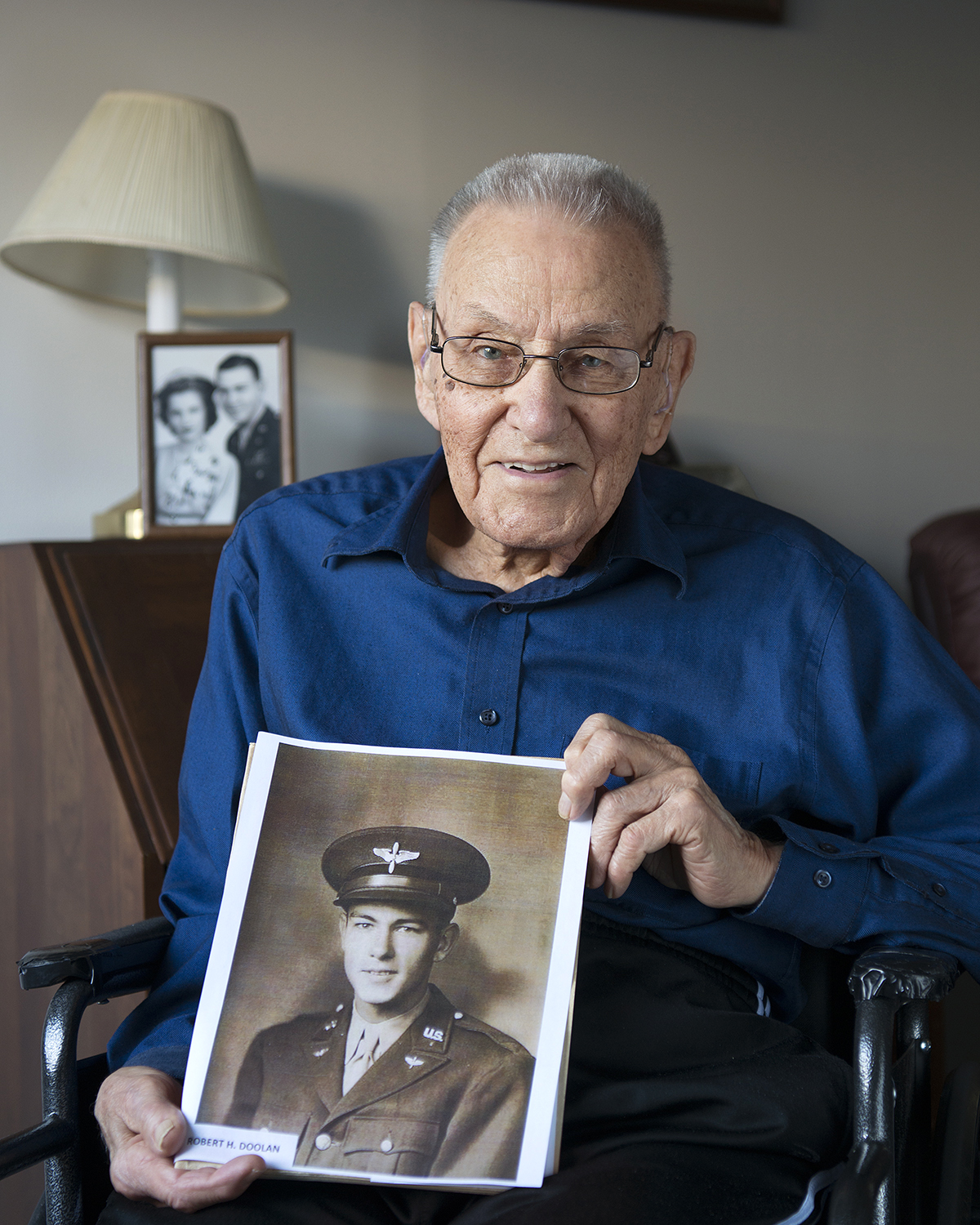
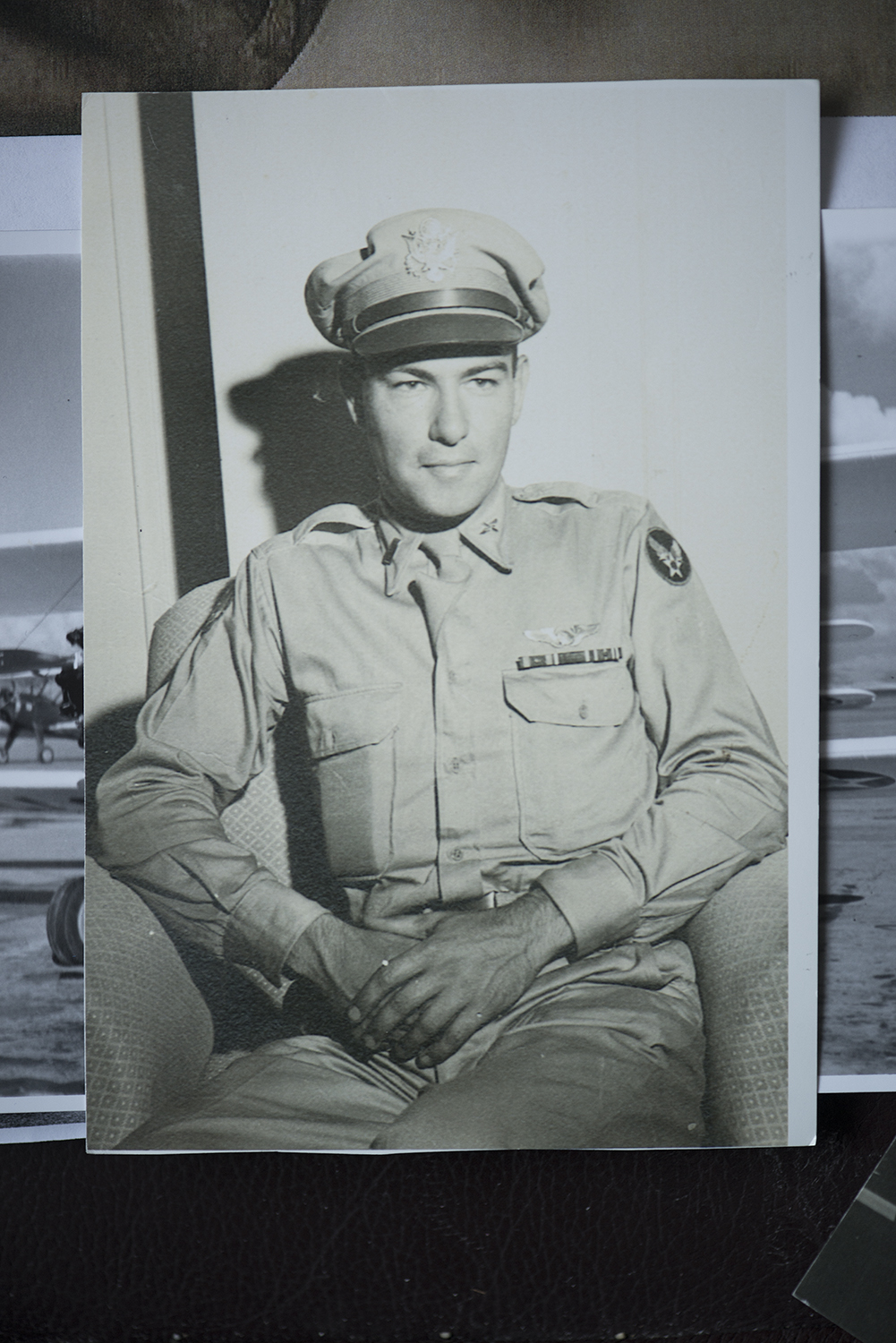
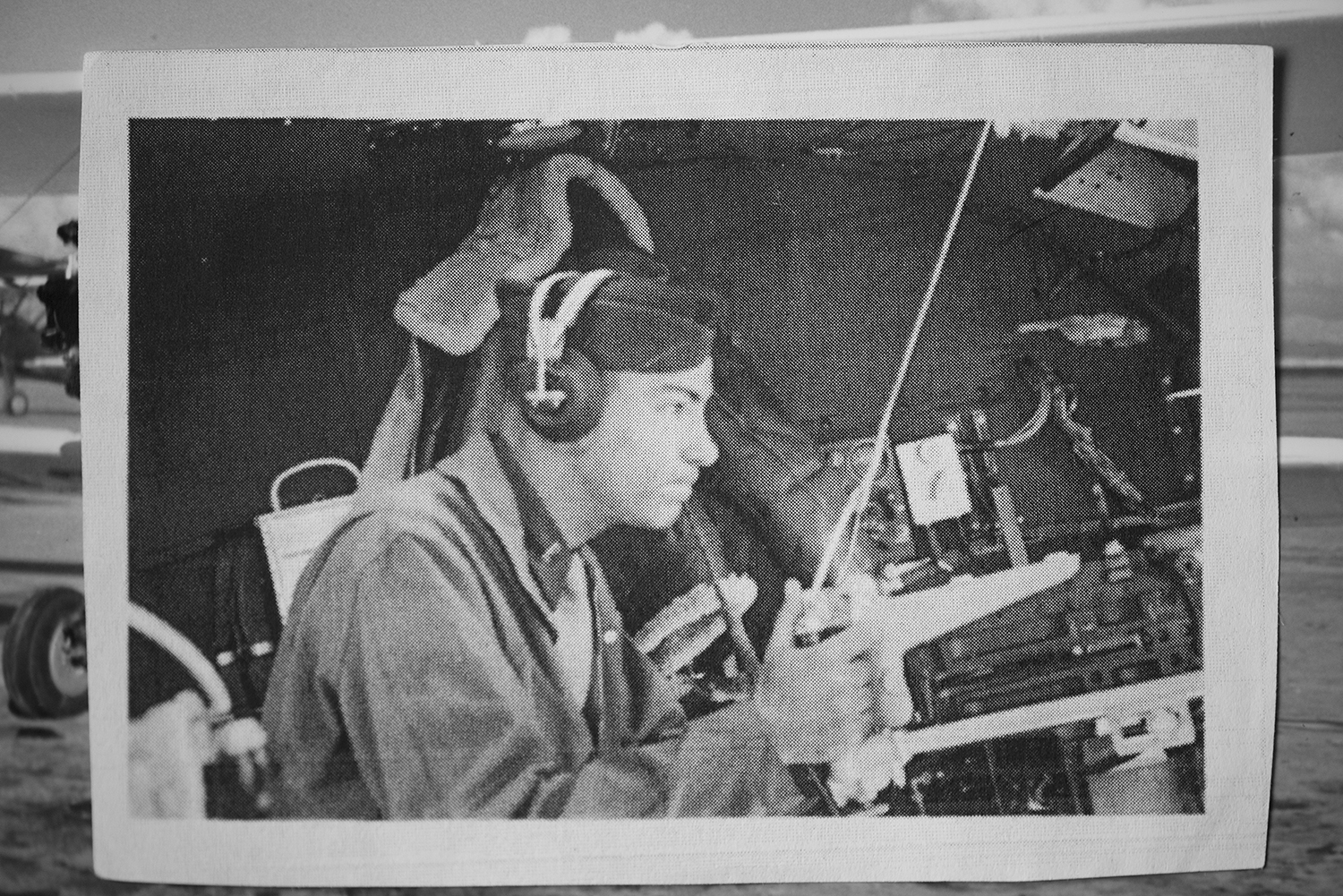
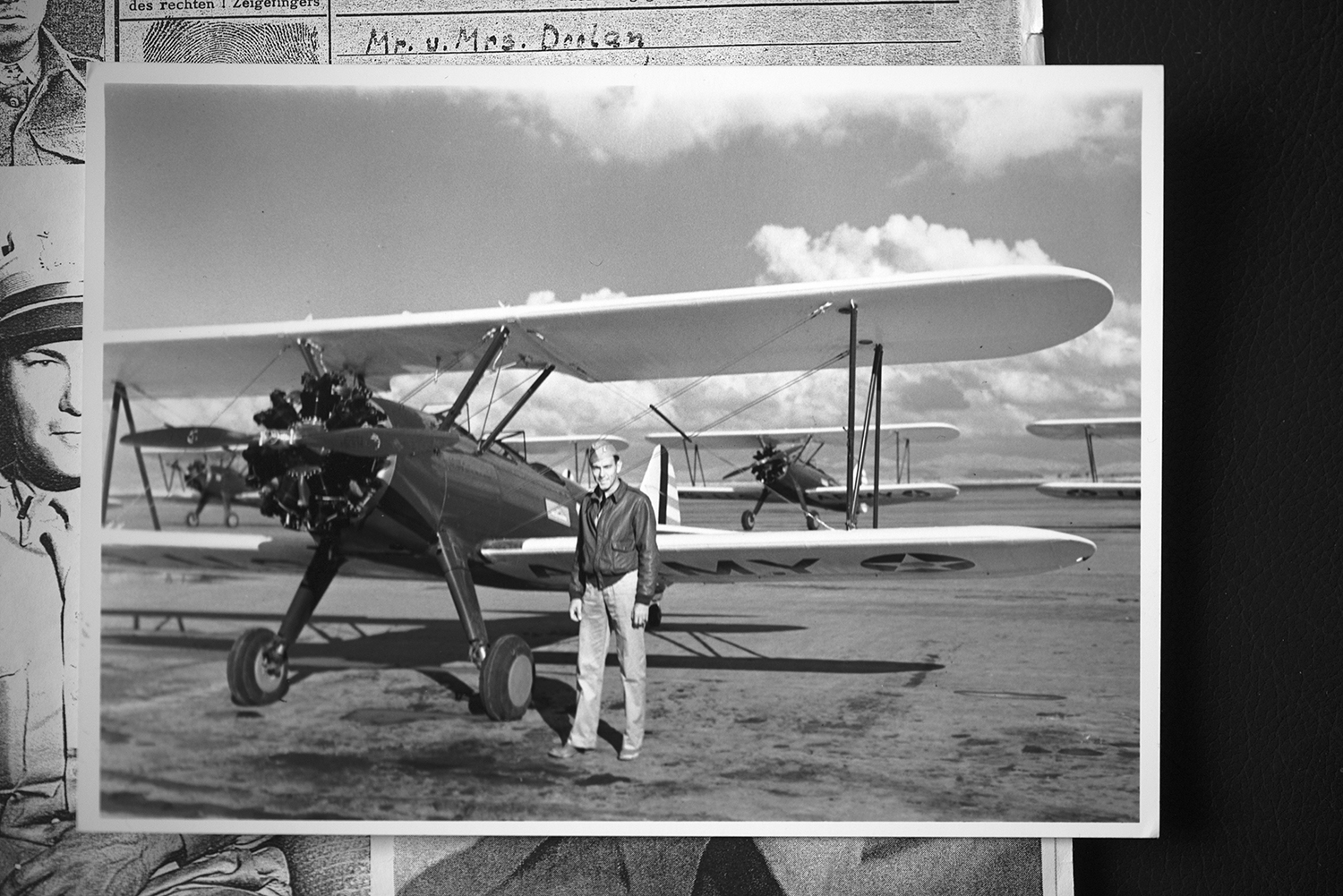
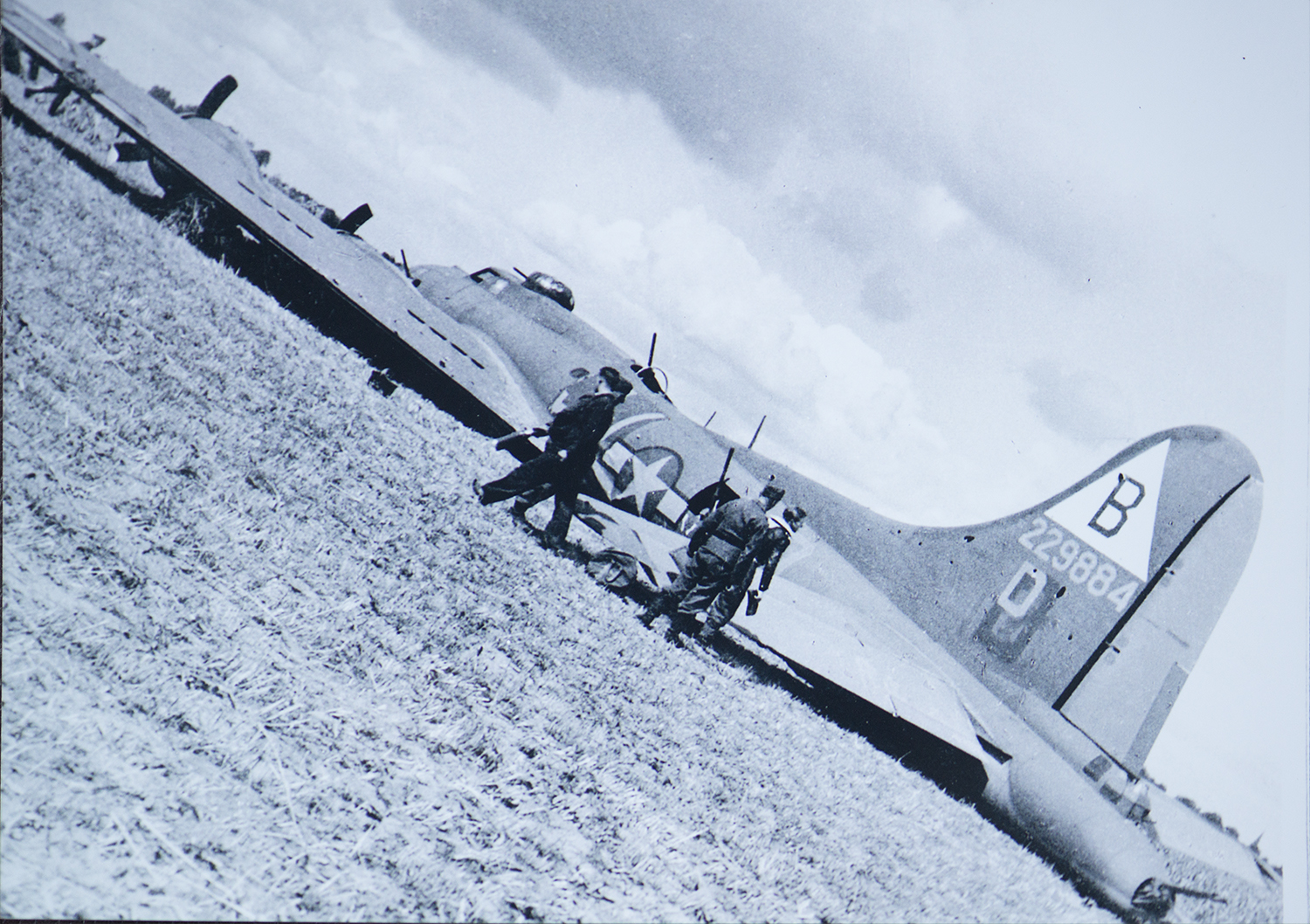
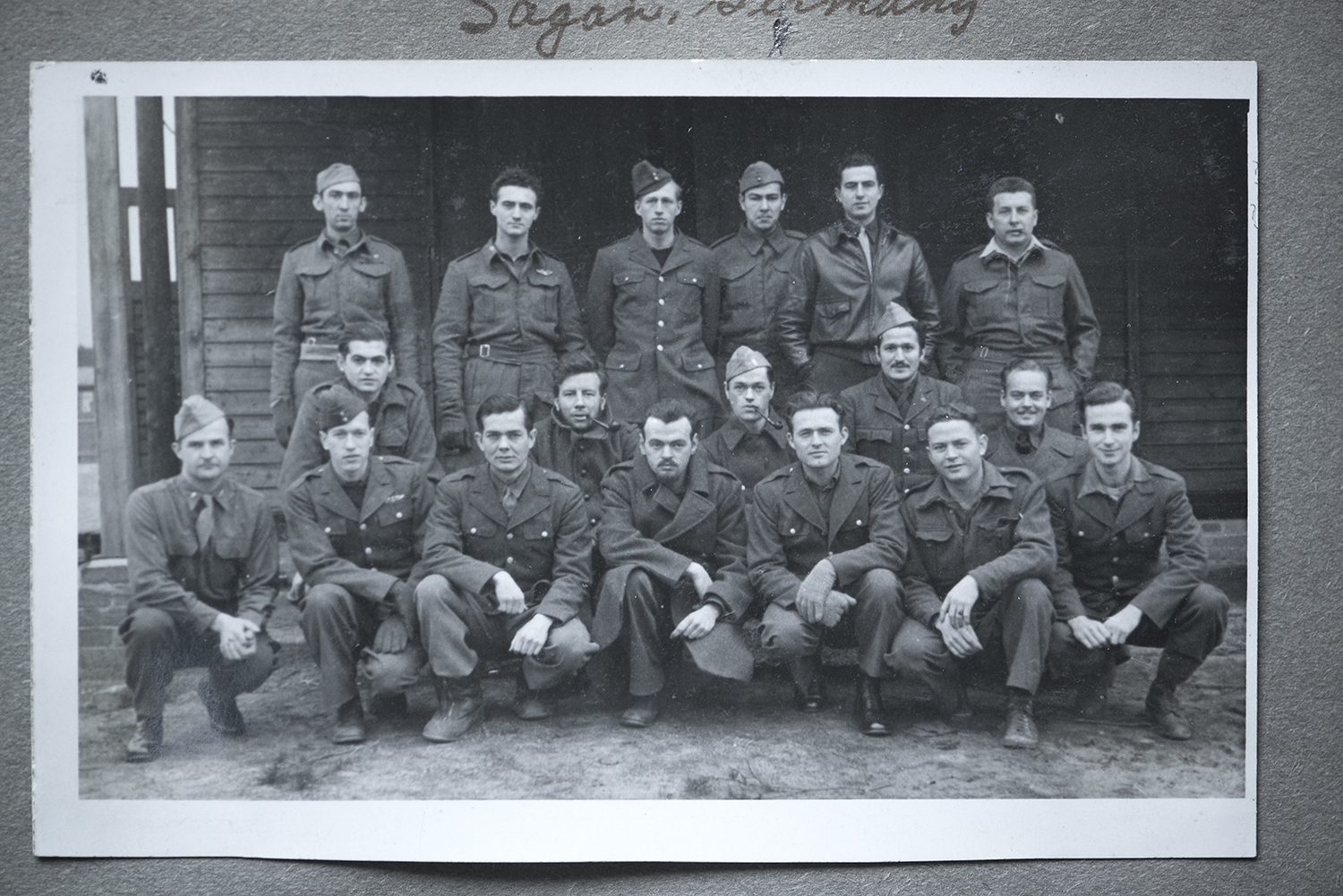
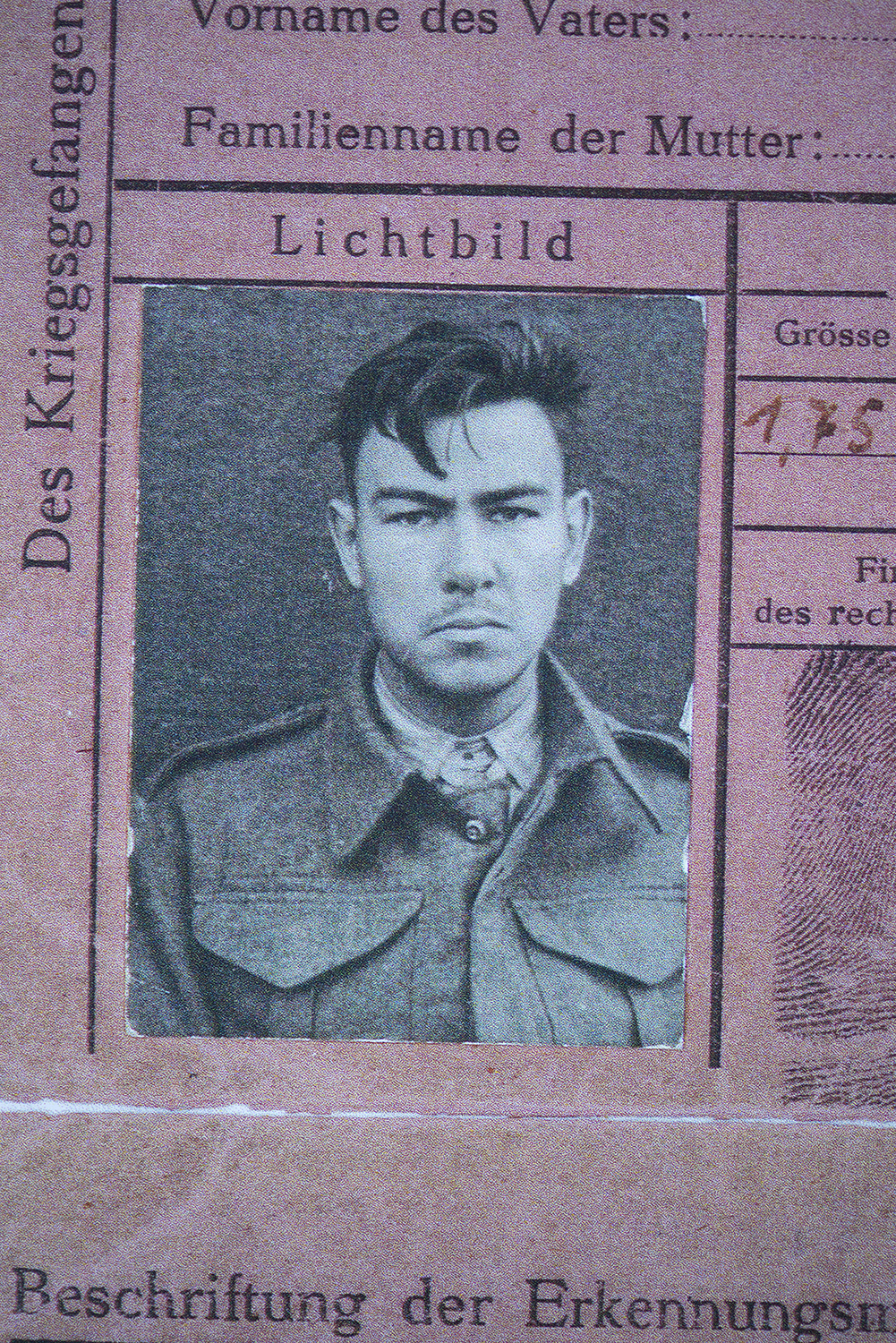
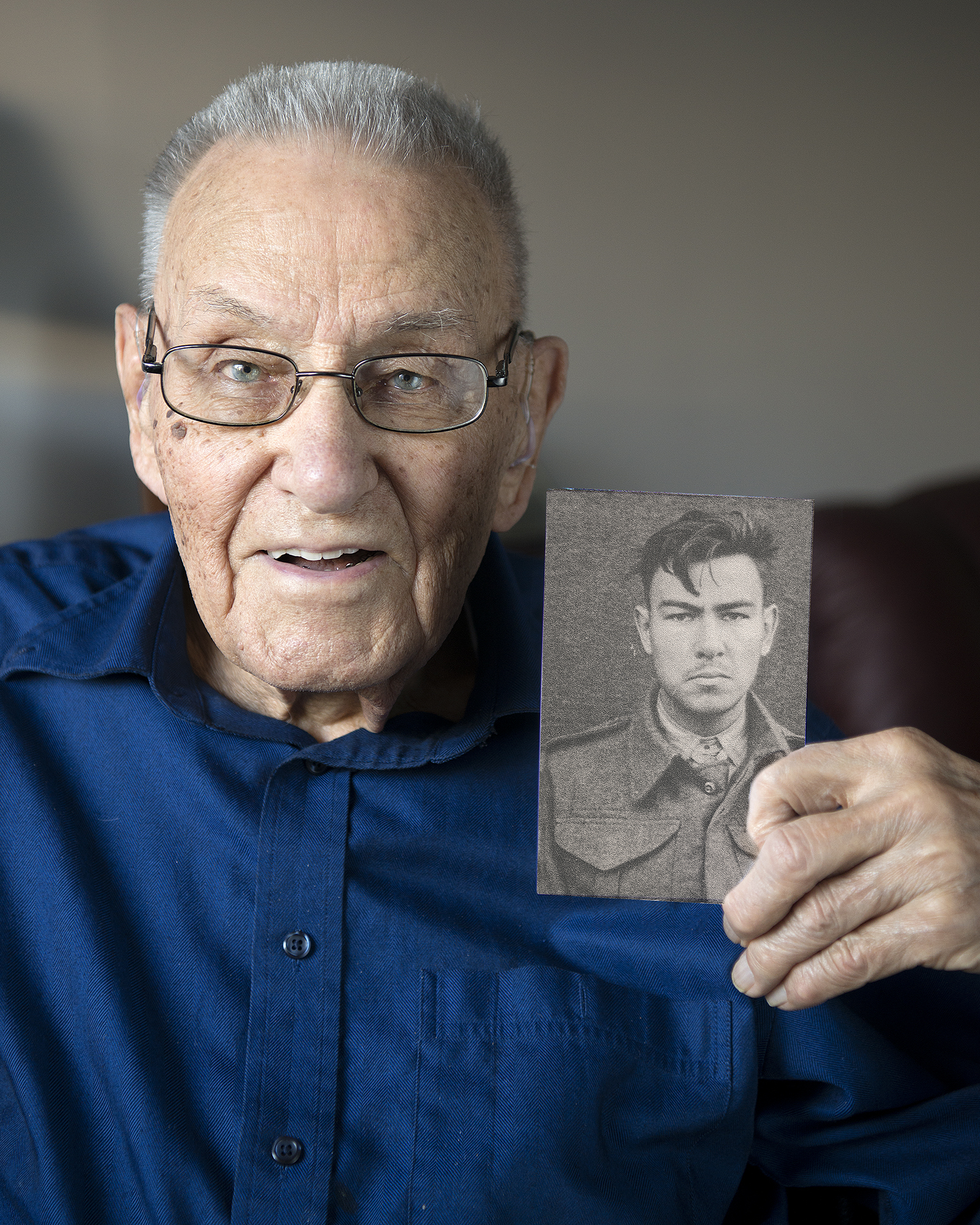
Doug Bickel
I was born in Dayton, Kentucky February 11, 1922 at Spirit’s Hospital. When the Depression hit, my mom was fortunate that the man she married to be her second husband, who was also a World War One veteran like my father, worked for the United States Post Office. The times weren’t nearly as hard because he delivered mail and worked 40 hours a week. We didn’t have a whole lot of money, but we had enough to get along. When I turned 13 years old I joined the boy scouts and I really enjoyed that. I worked my way up to merit badges as a star. Then the flood of 1937 came along on the Ohio River and the river was so high that the water was lapping the window on the second story of a two story house in Dayton. So from there my family moved up into Bellaire Place… I was 15 years old that year and high school began at Highlands High School. Athletics interested me a lot and I focused mostly on football. I lettered three years in football. My team won the conference my final year in school! While I was in school and playing football, I also delivered papers 7 days a week to make some money.
On December 7, 1941, I know exactly where I was. I was at my family’s house with my future wife Beverly who lived right across the street. It didn’t take very long for me to realize that I wanted to enlist. I hadn’t hit the drafting age yet, I was only 20, but when I did come of age, a buddy and I decided to go into the Navy and we enlisted on May 18, 1942 in Cincinnati, Ohio. From there I went to Great Lakes, Illinois Naval Station for bootcamp and hospital school. Bootcamp was marching day in and day out. It was important to stay focused and learn. I survived it and then went on to Hospital Corps School in Pensacola, Florida and I enjoyed that a lot because of all of the all of the air planes. I did pretty well there.
We had the duty to go from the hospital to a clinic to pick up two airmen who had crashed during training. Now this is brutal, but when we arrived to pick them up, all that was left was a torso… that’s all! We took the remains to the morgue to be embalmed. The memory is still there, but it wasn’t too devastating to me. There was a situation where many of the medical people were going to one station and they didn’t need all of us, so some of us traveled down to the brand new U.S. Naval Hospital in Key West, Florida. I served war duty at that hospital. Christmas of 1942 is one I remember very well, we were at Key West and they decorated all of the palm trees! It was a sight to see. Following this I was on leave back home and proposed to my wife Beverly and she accepted. When I returned to Florida, she got on a train and took it all the way down to where I was so we could get married. Our wedding day was May 28, 1943. At this time I was still on duty with the Navy medical facility, which was a 500 bed sick bay. I also got the opportunity to drive the ambulance because I was one of the few men who had a drivers license. This was a fairly easy job because all I had to do was transport people from one place to the other.
In November of 1943, I was sent to the U.S. Naval Amphibious Training Base in Solomons, Maryland and my wife came home. At that time we learned that she was pregnant, which was hard to take because I was going to be away, but I stuck it out and completed the amphibious training. The training was not very difficult because yes I was on the crew, but I was Medical Corps. There was an apprentice seaman, a gunners mate and others who had duties on the boats, but as the medic, unless I was on duty in a sick bay, I had nothing to do. Though, if they told me to do something other than my job, I’d do it. We finally received our assignment while we were still in Solomons, Maryland and I was assigned to LCT Flotilla 17. From here we traveled to New Orleans for a very short time. I had liberty, but I couldn’t see much because of the black out. Following this we traveled to New York, Nova Scotia and then southern England. where I was assigned to LCT 532. I was later assigned to LCT 855 and during D-Day and the following 180 days, we were off the shore of Utah Beach bringing in supplies.
We went in with 5 tons of ammunition on June 6, 1944 following the infantry pushing off the beach, with two boats assigned. The beach was being shelled by German Artillery all day long. During the next high tide we went in, we dropped the ramp, let the water go out and when I took my first step onto French soil, I had to step over a dead American soldier. I don’t like thinking about this because he was just a kid like all of us were and right away I started thinking about his family and how they would never see him again. He never even made it to the beach. A further look around our boat and I saw another soldier hanging on the anchor cord… two… that’s the only two I ever saw. Thank God that is all I saw. The rest that had been wounded or killed on Utah beach were gone by the time we got there.
We had been shelled all day long, so the skipper said, “Doc, I understand that beach is being shelled. Do we want to leave the boat?” I told him, “Yes sir! If a shell hits the boat, then our entire crew is done!” So we got off the boat! There were 13 of us. I had my medical kit with me and we moved up the beach and the first thing I remember seeing was a hole where an artillery shell had hit. I’m not sure if anyone else was around me, but most of the crew moved forward and huddled against the sea wall. They say you never hear the artillery shell that’s going to hit you, but I heard this one. All the sudden “boom!” It hit right by us, but it didn’t kill me! It should have though. The shell landed close enough to put a piece of shrapnel in my medical kit and a good hard sting on my knee, but it didn’t draw blood. *laughs* I remember hearing our executive officer say, “I think we just lost half of our crew!” It was that close. Luckily we didn’t lose anyone. Then the Army came by and said “You damned fools! Get out of here! Don’t you know they’re shelling the beach?” We said “Hell yeah we know they’re shelling it!” One of our guys had been slightly wounded from the shrapnel and we got him off the beach and back to a medical boat. He received a purple heart and was back with us a few days later.
After evacuating our wounded man, we finally pushed up through this draw off of the beach to a bivouac area. As soon as we got there I started hearing machine gun and small arms fire, which was pretty nerve racking and it was pretty dang close. The fighting wasn’t much more than a couple hundred yards away and the Army was pushing on Sainte Marie Du Mont It wasn’t until a B-26 flew overhead and dropped a bunch of bombs further inland that the shelling stopped and we were able to get out of there. When we got back to where our boat was and we discovered that the tide had come in and pulled it away out into the water! This is where the comedy comes in. So there we are, 13 of us, breaking water and here comes a gracious crew on an LCM and they asked us where the heck we were going and we pointed out to our ship and said “855!” They yelled back to us, “You can’t swim all the way out there you fools!” So they dropped their ramp and we scurried aboard and they went out to our ship. They dropped their ramp onto our ramp… bam, bam, bam! … and we were able to walk aboard. We had to start it right away. You have to start the generator, then you have to start the pump for the water. then you have to start the engines and finally pull up the two anchors. Finally we were on our way and for us D-Day came to an end. When we returned they asked us if we had delivered the ammunition and we said no, they told us they didn’t need it! We were then ordered to take it back in right away and someone said, go to hell! . At this time we started counting shrapnel holes from our trip in towards the beach. I think the boat that was going in right next to us took a direct hit from one of the bombs. But we started counting the shrapnel holes. There were shrapnel holes in the 20mm ready box and had the shrapnel pieces been a little to the right or left, we would have been in serious trouble. Had they hit any of that ammunition, a lot of people in our crew would have died. Our boat had a total of 32 shrapnel holes in it.
The next day, June 7th, we went back in with the same 5 tons of ammunition and made the delivery. From that day on we continued ferrying ammunition and supplies on to the beach. It was always high tide, low tide… high tide, low tide. We scheduled our drops according to the rise and fall of the tide.
During that same week while we were back on the beach with our crew on shore, we were strafed by a German fighter plane. One of our crew members was right ahead of me and he dove down onto the ground. There weren’t any holes around to get into and the bullets went right along both sides of him. After the plane passed and pulled up he yelled, “did you see that S-O-B?” Yeah! Those same bullets hit right in front of me too! If he would have turned towards the shoreline instead of strafing along the beach, it would have been a bad situation!
One day we pulled along this Liberty ship and they were moving a big army truck and got it about half way off the ship and the doggone tea whistle blew. It was tea time… They were an English crew. They just left it swinging in the breeze up there. Back and forth… Back and forth… If it had dropped it would have put a hole right through the ship! But they were lucky and nothing happened.
There was another time we were up on the beach and one of our guys got into an LCVP, an English boat, that was damaged and sitting on the beach and do you know of all the things he found on the LCVP, was the ration… rum! Before that rum was gone, he was up there on that doggone 20mm firing it away into the air… pop pop pop pop pop! Drunker than a skunk! He never gave us any of that rum. He was just shooting that sucker.
From then on for 180 days it was very routine. There was a lot of scavenging going on from men who had lost their units and were beach combing and bartering for different items from the French towns. I personally got some China and sent it home to my wife and it made it home without anything getting broken! I still have it in my China cabinet.
When the big storm came along during June 19-22 , we were advised to go up into the Douve River for cover. We stayed there high and dry while the storm went on.
Later on in the summer of 1944, we were up along the British Sector along Juno, Sword and Gold and we stopped on the beach. While we were there, a duck boat came up onto the beach and began to unload. Do you know who was departing that duck? It was Winston Churchill and Bernard Montgomery! From here to there. Yeah. The man! The man himself. “Hey, that’s Whinny!” He didn’t have his big top hat on, but he did have a cigar in his mouth. A little while later while we were still there on the beach we looked up and saw a B-17 and it started making big circles and by the time it came around after a few times, parachutes started popping open. There were 10 of them! The plane kept going around and around. The duck ships picked all 10 of those airmen up. As the B-17 kept going around, BOOM! It blew up in the air.
When the Cherbourg and Le Havre harbors were repaired, our job was finished. We were gone. They pulled us out and mustered us back to England. When we got back to England, we were put on a captured Italian ocean liner to New York. I had word from my mom and she said that my grandma’s sister was in New York at the crazy place, Bellevue. She said, Douglas, when you get to New York, don’t go anywhere except to come and see me. So I hailed a cab and when I told the cab driver where I was going, he said “Son, are you sure that’s where you want to go?” *Laughs* I said yeah! I’m supposed to meet my aunt there. She took me around to the night clubs in New York. Following that, my last stop was in Fayette, Missouri and I was discharged. I never made it home in time for Christmas. When I arrived in St. Louis, I took a bus instead of the train because I thought it would be faster. I was wrong. If I had taken that train, I may have been home in time for Christmas! When I got into Cincinnati, I kissed the ground and asked for a nice cold fresh glass of milk because for 4 years it had been powdered this and powdered that. It was good to be home.
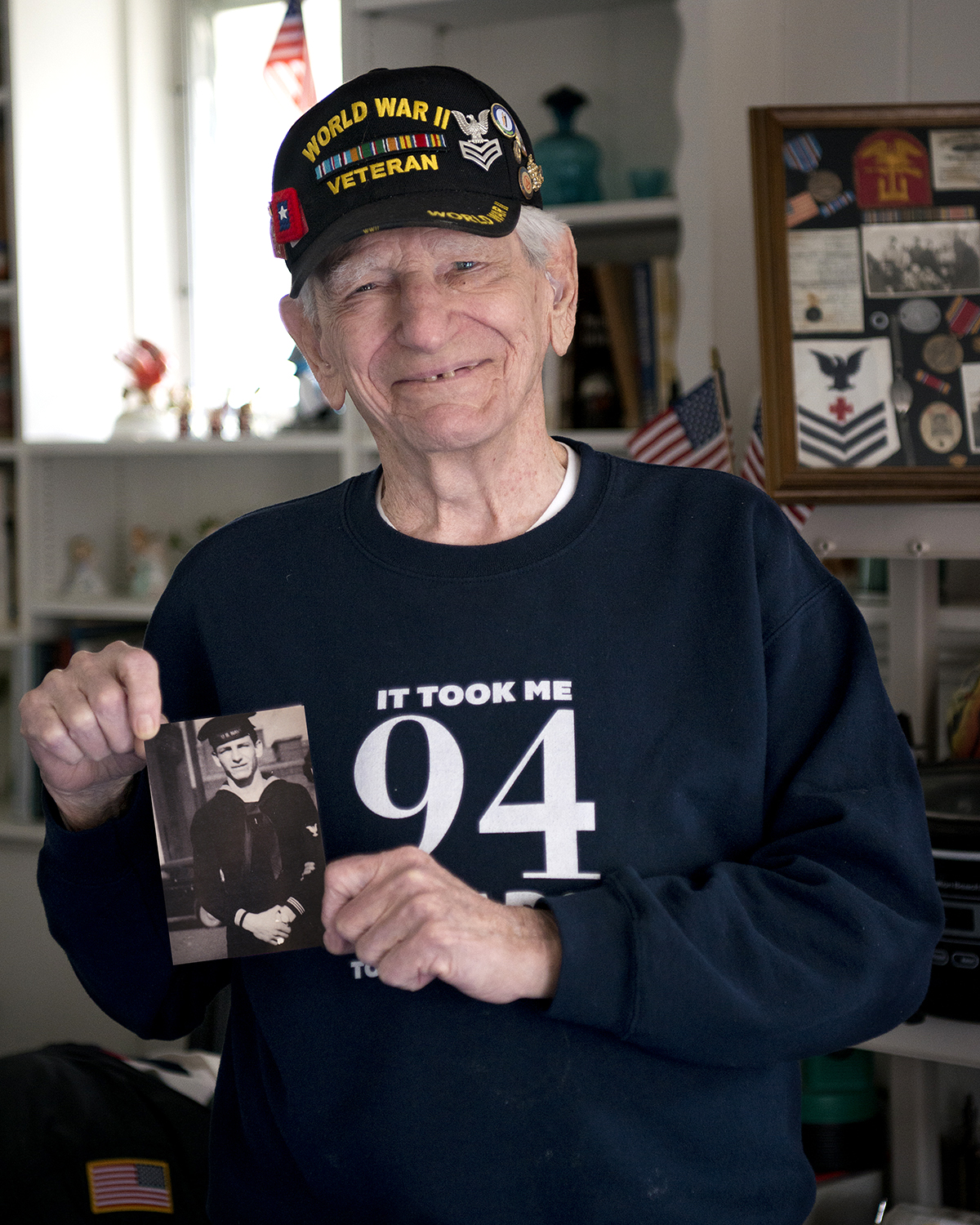
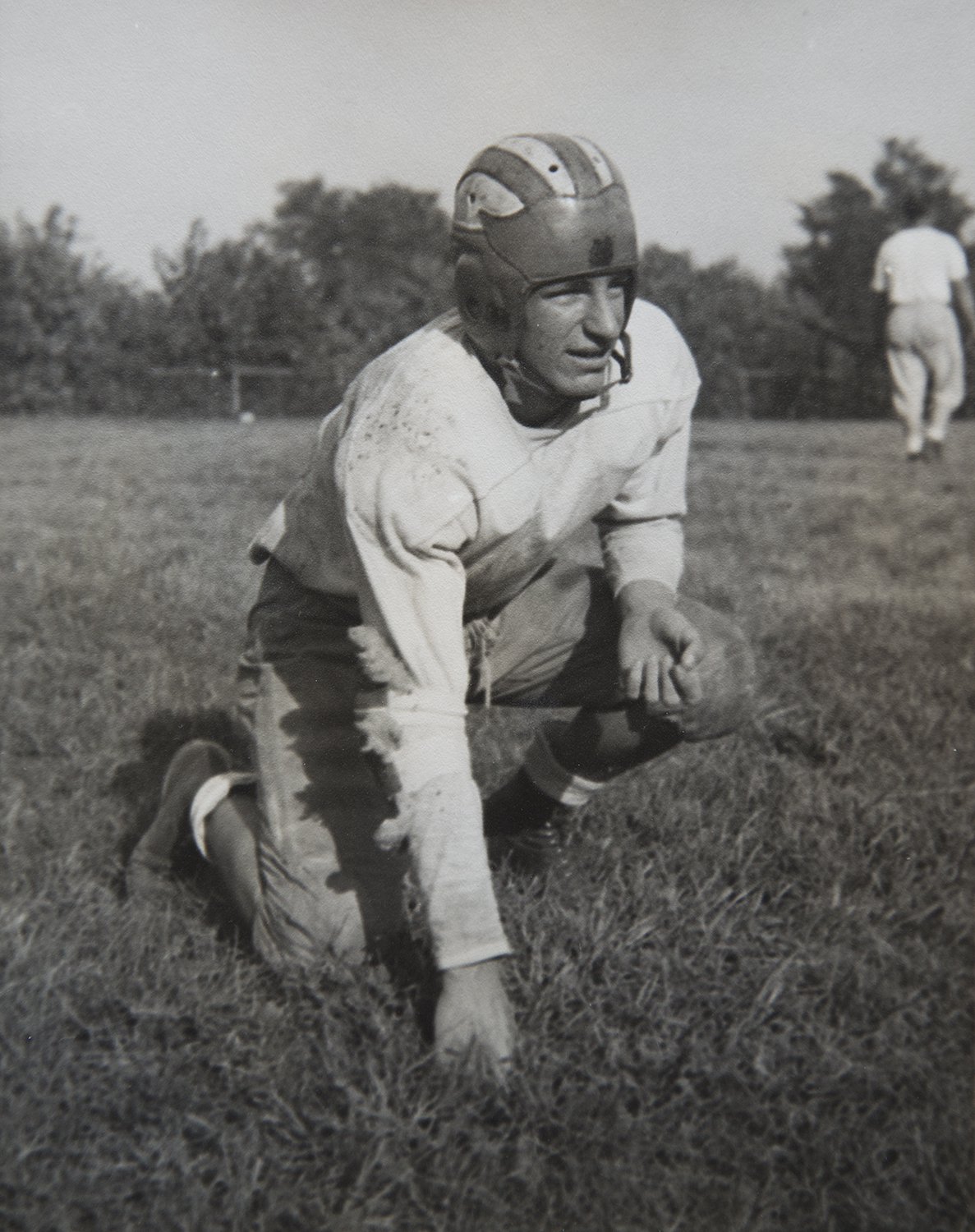
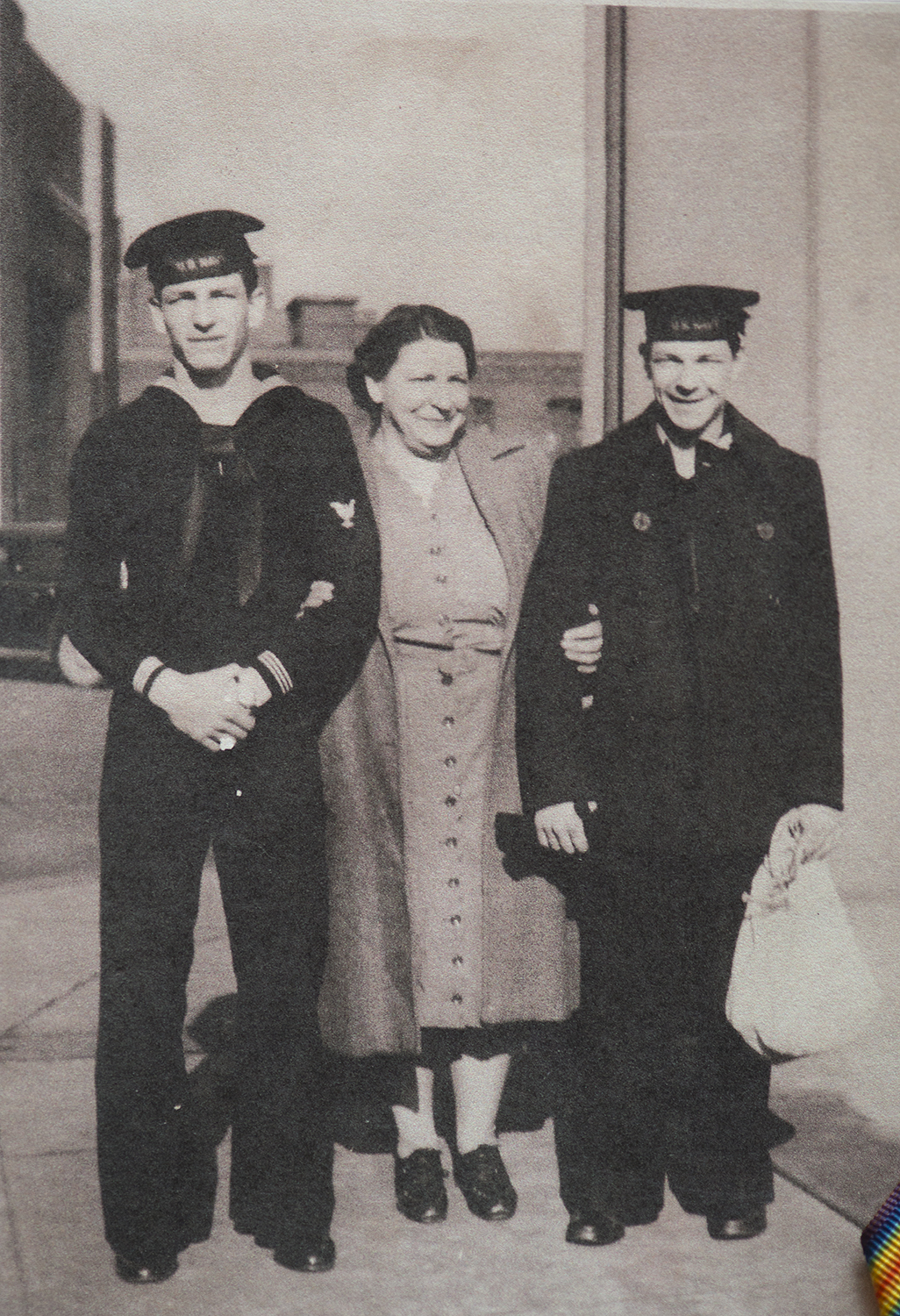
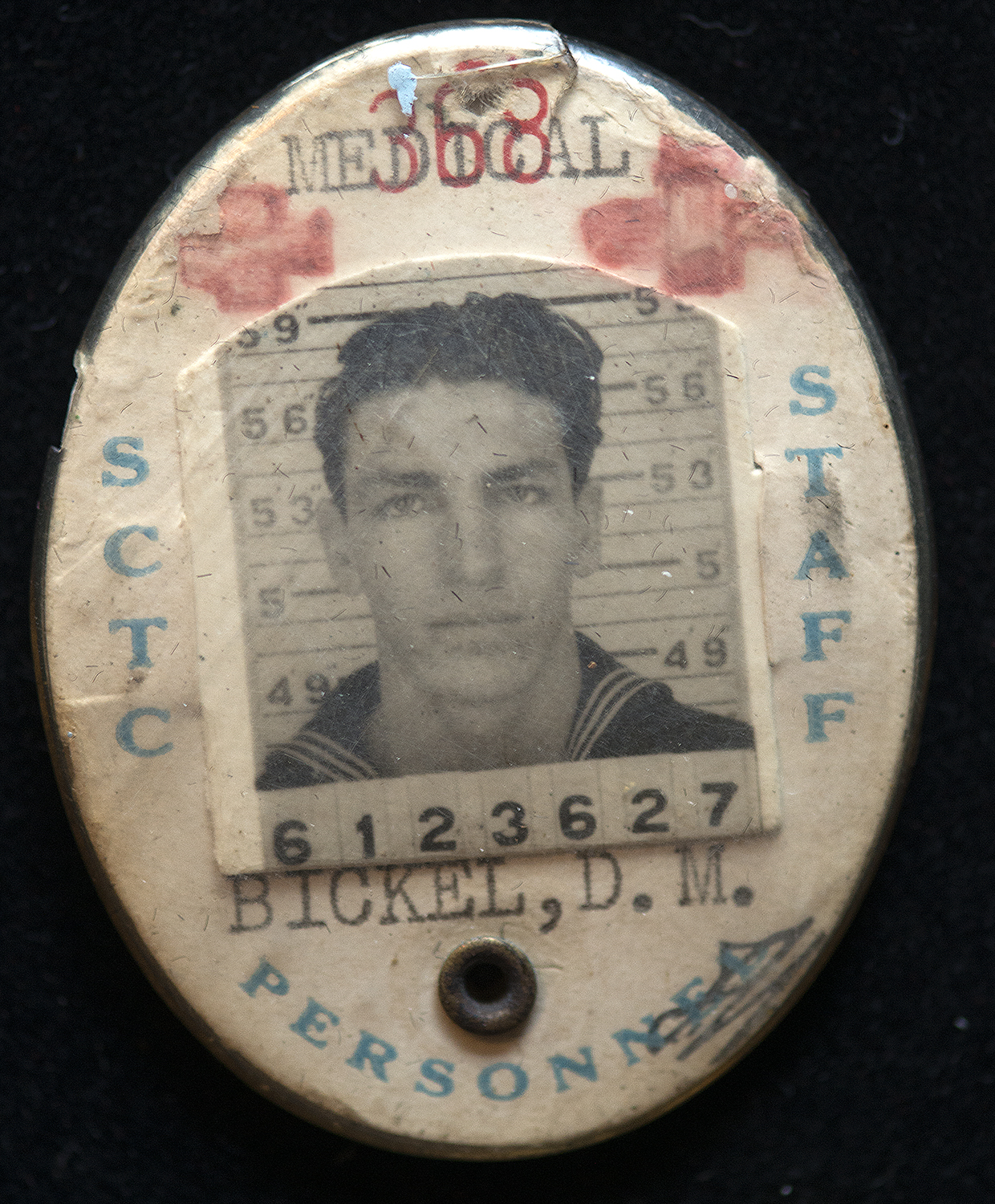
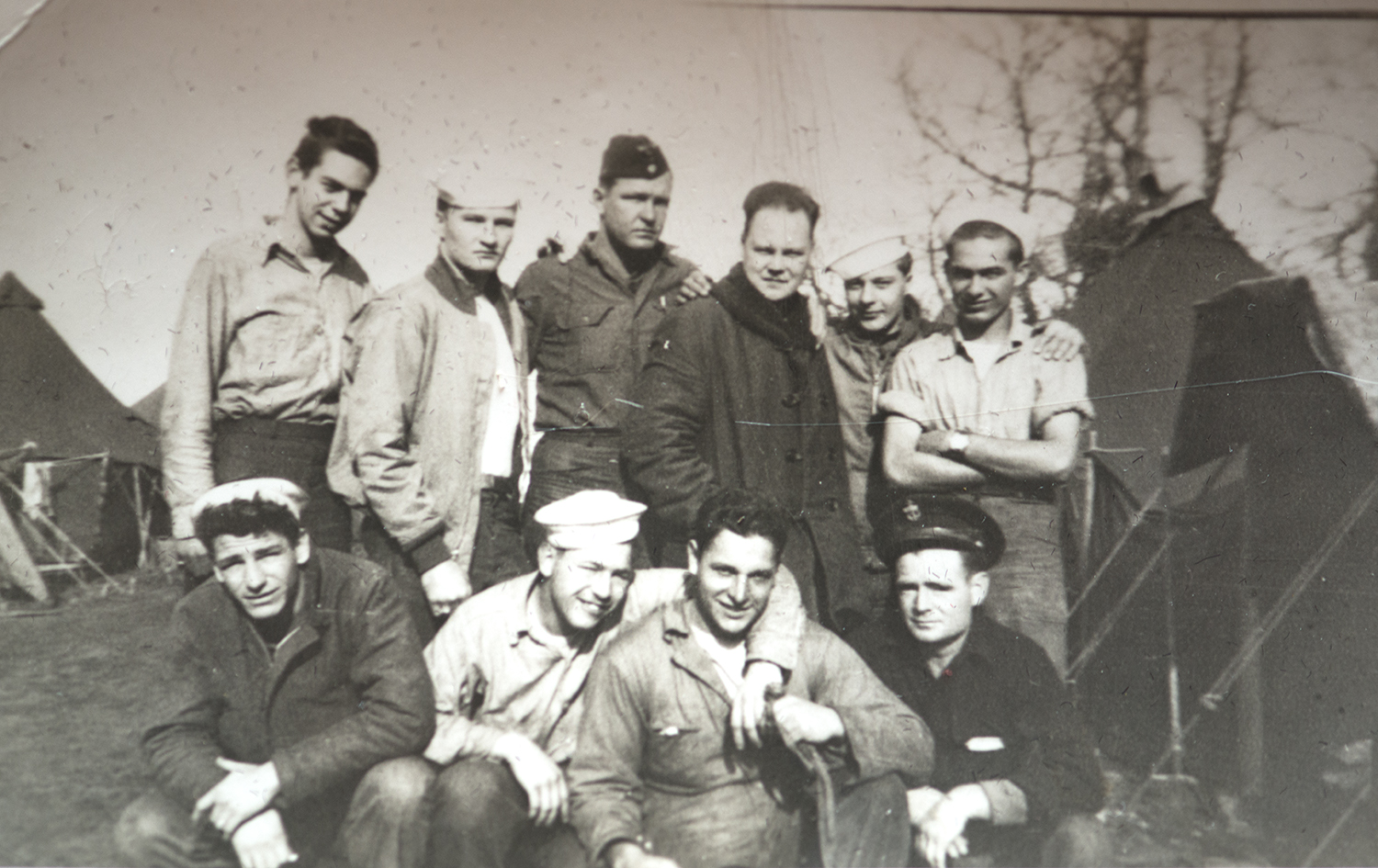
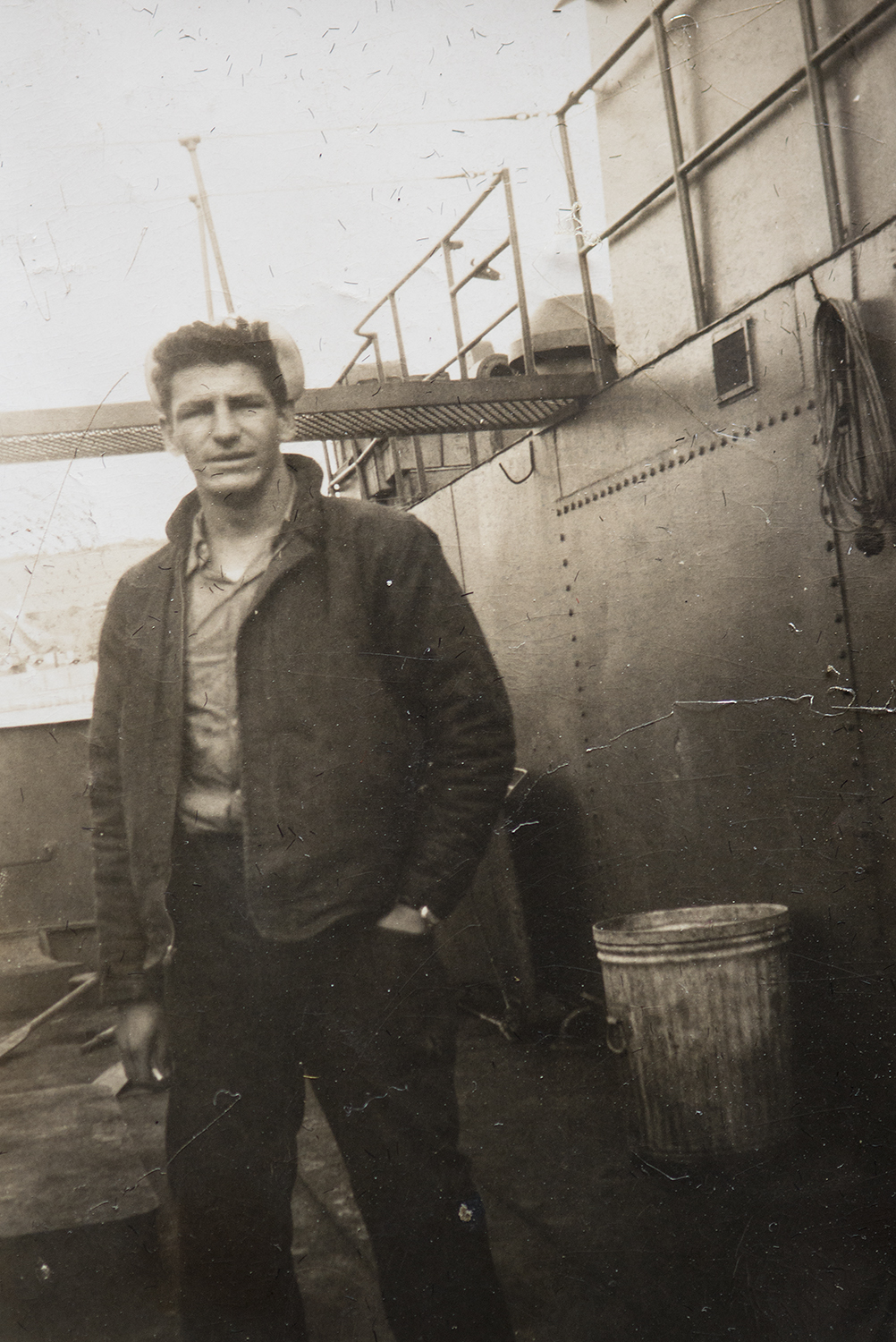
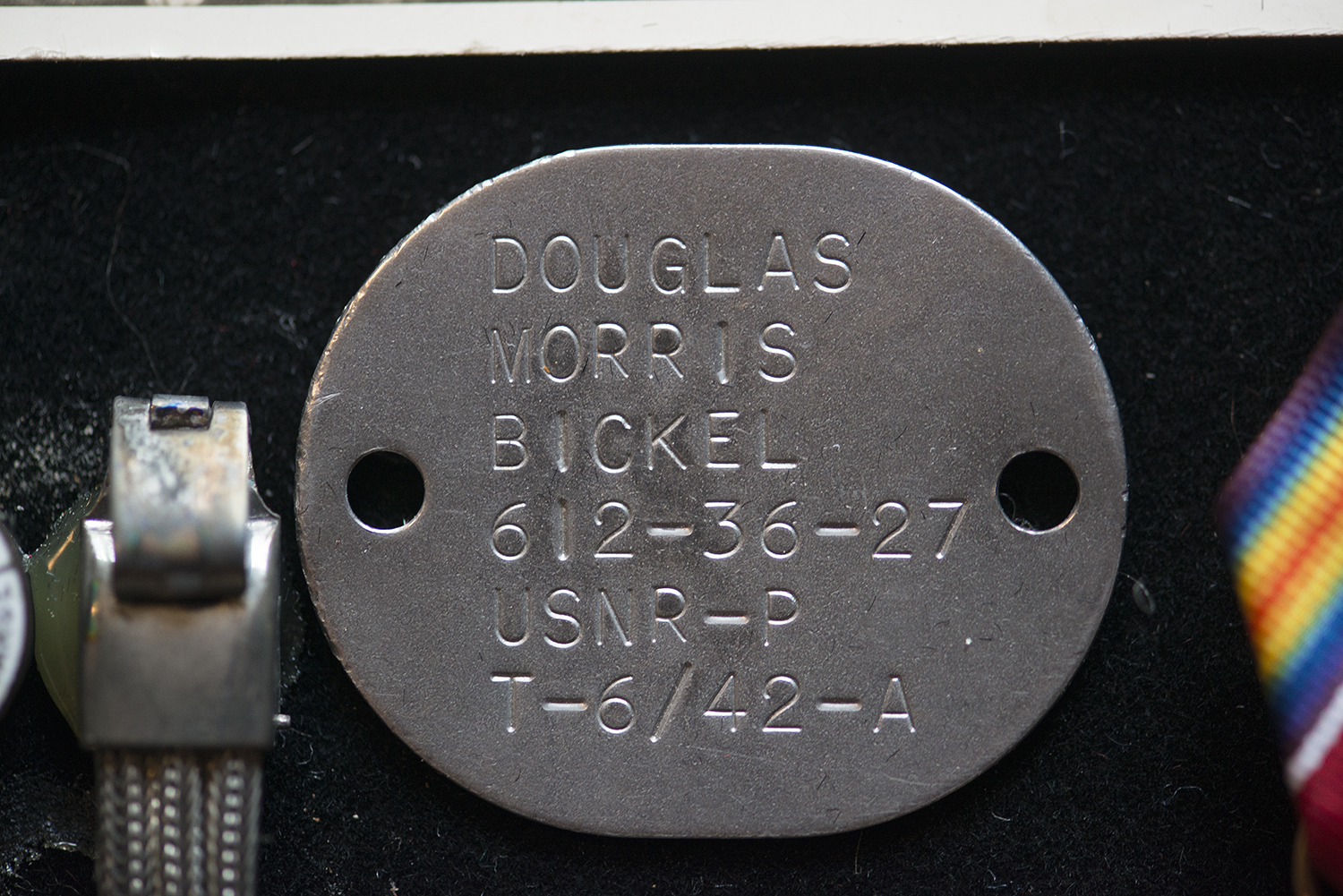
Ruth Hartman
“I was born on Christmas Day in 1921 in a little city called Reading, which is a suburb of Cincinnati. Everyone made the most of what they had and shared everything they had! My folks had a nice victory garden where we got a lot of our food from. On December 7, 1941 I was riding in a car with a boy I was dating at the time and we heard the news of the attack over the radio. I knew that he would be going off to war. I just felt like so many would be going away. I was the oldest of five and my mother had died in 1942 right after Pearl Harbor after being sick for a long time, so I had to take charge of the kids. Many times I heard “You’re the oldest, you’re supposed to give the good example”.
I volunteered in 1943 and then I went into the service from 1944-1946. Women didn’t have to join, but it was the patriotic thing to do. The need was there and it made me feel duty bound. I volunteered on my own. There were a lot of women in the factory I worked at that had joined, but when I joined, I did so alone. I had to go downtown to the federal building to sign up. I talked to my dad about it and he said, “Whatever you want to do, do it.” When I enlisted in the Navy, I had to write my name down. I had always gone by Ruth Francis, but on my birth certificate it said Frances Ruth! That was the first time I had ever known that! The Navy said, “You’ll go by Frances!” I made my way to New York and the East coast by way of train out of Union Terminal in downtown Cincinnati. There were a lot of people there cheering, which really surprised me. My dad took me down to the train station and decided that he had to corner people and tell them about his experience during World War One. He was proud of me. When it was time to go, it was hard saying goodbye.
I had my training at Hunter College in New York. It was very interesting! You met so many people from so many different states. The first time I arrived on base I was very overwhelmed… I was really excited and there were a million thoughts going through my mind. We had also been measured for our uniforms when we signed up and we were given them once we reached Hunter College. Putting on the uniform the first time was quite the experience. It felt good. We mailed our civilian clothes back to our families.
During training, we would go out early in the morning for formation and it was cold! It was March 1944. I still remember some of the chants… “Your left, your right, your left rightttt left! Left to left, for your left right left. You had a good hobe in your left, that’s right! You had a good hobe in your left!” *laughs* I almost forgot about that. One time we were marching and some smart aleck sailor who was in command of our unit was marching us to the sea wall and instead of saying “to the rear, march” we just kept marching and marching and when we got to the very end of the seawall he said “to the rear, march!” and we were almost off the end! We all loved it training though. There was a great sense of camaraderie, discipline and purpose.
I was stationed at Norfolk for two years in addition to my training in New York. My specific duty was to inspect planes coming back from combat duty at the naval air base located in Norfolk Virginia. The planes were brought in on aircraft carriers for repair and reconditioning. They were disassembled and put in a steam room to be cleaned. When they came out of the steam room I had to examine them to make sure everything was up to regulation. If new parts needed to be made, there was a machine shop right on base where the parts were built! I was working not only with women, but also alongside of men as well as civilians! I would watch the people work in the machine shop. Whatever the job at hand was, whether it was a machined piece or a gun turret, I’d have to inspect the end result. The aircraft piece that had to be replaced most often were the glass nose turrets on the bombers because these planes saw a lot of action. When we did our work, we had to wear light blue coveralls that buttoned up the front. We were almost always wearing them throughout the day.
After the airplanes were repaired and I had inspected them, the test pilots would take them out over the water to see if they would make it or not. I was able to go out on some of these flights and during one flight in particular, the glass cover over the cockpit flew open and my hair was flying everywhere! It was pretty silly to repair a plane and then take it out over the water, but that was part of being young, I guess! That’s my excuse. It was thrilling though.
Sometimes I was assigned to desk duty. There were a handful of gals that liked to stay out later than they should and we were really supposed to report them for coming in late! I would just write down the times they came in. Aside from that, we didn’t have any real strict restrictions, but of course we were expected to behave and do our job.
My best friends were Lois Burns, who we called Burnsie, from New Jersey and Dolores “Mac” McAllister, from Glocaster Ohio. Burnsie had that strong Jersey accent and always called me by my maiden name of Zimmer, but the way she said it was “Zimm-ah”. Mac had her own ways and was pretty opinionated, but we all got along really well. We lived in barracks and there were 4 of us in each of the rooms. We called them cubicles. That’s where we slept, relaxed and read magazines or books. The food was fine with me, but naturally like with every place, there was complaining.
I always looked forward to sunbathing and I always carried my bathing suit with me right on the job in case there ever came a moment to use it. This particular day I was all caught up on my work so I headed up to the second floor and was going to lay out and get some sun and all of the sudden the door opened and out came a bunch of people… officers, civilians, you name it. What they knew and I didn’t know, was that there was going to be an air show that day. So they came up to see the air show and there I was laying all stretched out in my bathing suit. I was so embarrassed and thought to myself, “How do I do this?” Gingerly, I slipped on my coveralls and put my head down and beat it out of there! *laughs*
Often, we’d have free time around base. We had sports teams, such as volleyball, that would help us pass the time and there were movies that we could see on base for 10 cents.
Every once in a while we’d have leave to go home and naturally I’d always be in my snappy little uniform! I loved those uniforms. It was nice to have them when something special came along. They were also pretty elegant. We did not have nylons because nylon was being used for the war effort, so instead we had cotton. They sure were heavy and took forever to dry. One time when I was given leave to go home and I was a little late in getting back to base and I lied and told them I was coming from the state of Washington. It was a lie, but it would have given me more time to get back. The officer on duty told the seaman at the desk that he wanted to see me and I thought to myself “Oh boy, I’m sunk!” and all he wanted was for me to share the pie he had with him. It was lemon pie and that’s the kind I hate the most! *laughs* I got lucky though, they didn’t catch on that I was actually from Ohio instead of Washington.
I was never promoted above seaman 1st class because I didn’t get in at the beginning of the war effort. I took the test and thought I did pretty well, but nothing came of it, so I went to see the officer in charge and he told me I wouldn’t receive a promotion because I got in later than most of the other girls and didn’t have a chance for the rank raising. I don’t remember exactly how much I was paid, but we didn’t need much because we had our food furnished and our clothes furnished, butwhen I got out I had a lot of money saved up!
When the war ended, I found it hard to leave the service, but at the same time I was ready to go home. I really enjoyed my time in the Navy. I would have stayed in if the people I had met stayed in as well and if I was guaranteed to be working with them. But that didn’t happen. I came home and went back to my factory job in Lockland, Ohio, examining cardboard boxes. Someone would stand and feed the machine with the cardboard and it would get folded inside the machine and I would be at the end to make sure the folds were correct.”
Ruth Hartman’s time in the WAVES came to an end on January 19, 1946 and 4 months later on Memorial Day, Ruth dressed in her crisp Navy uniform and led the Memorial Day parade in her hometown of Reading, Ohio. She was discharged almost 70 years ago and still cherishes her time in the U.S. Navy WAVES.
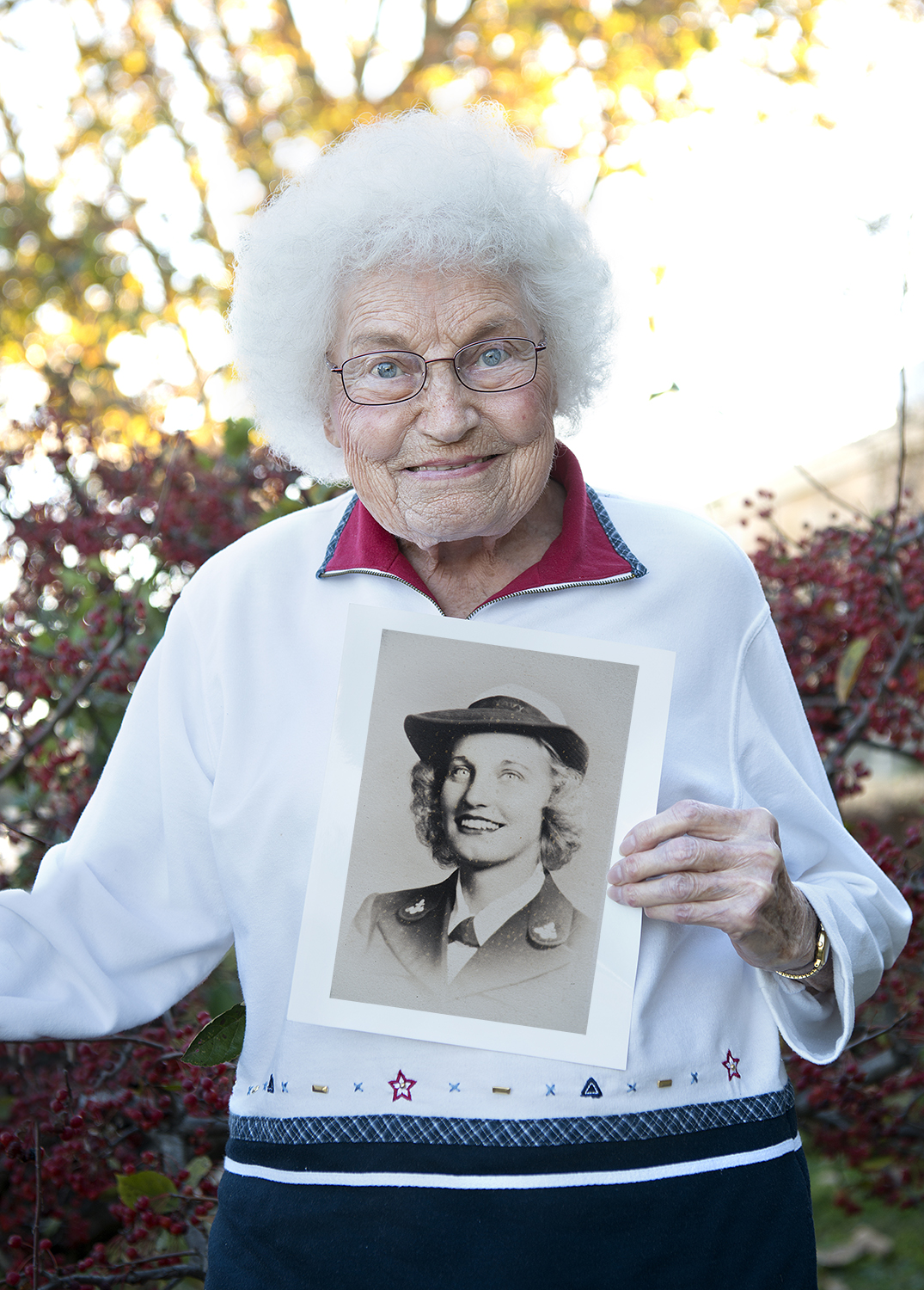
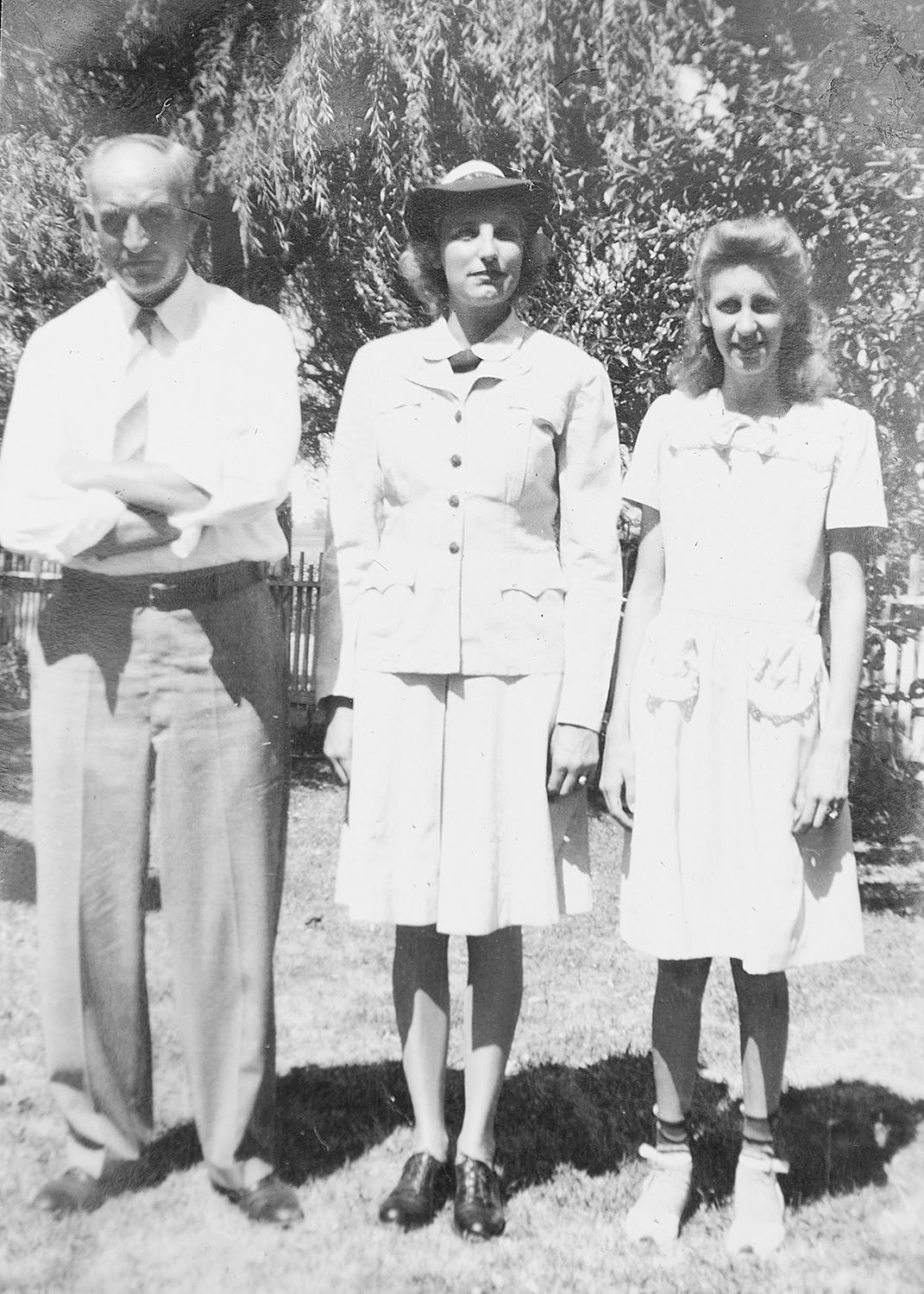
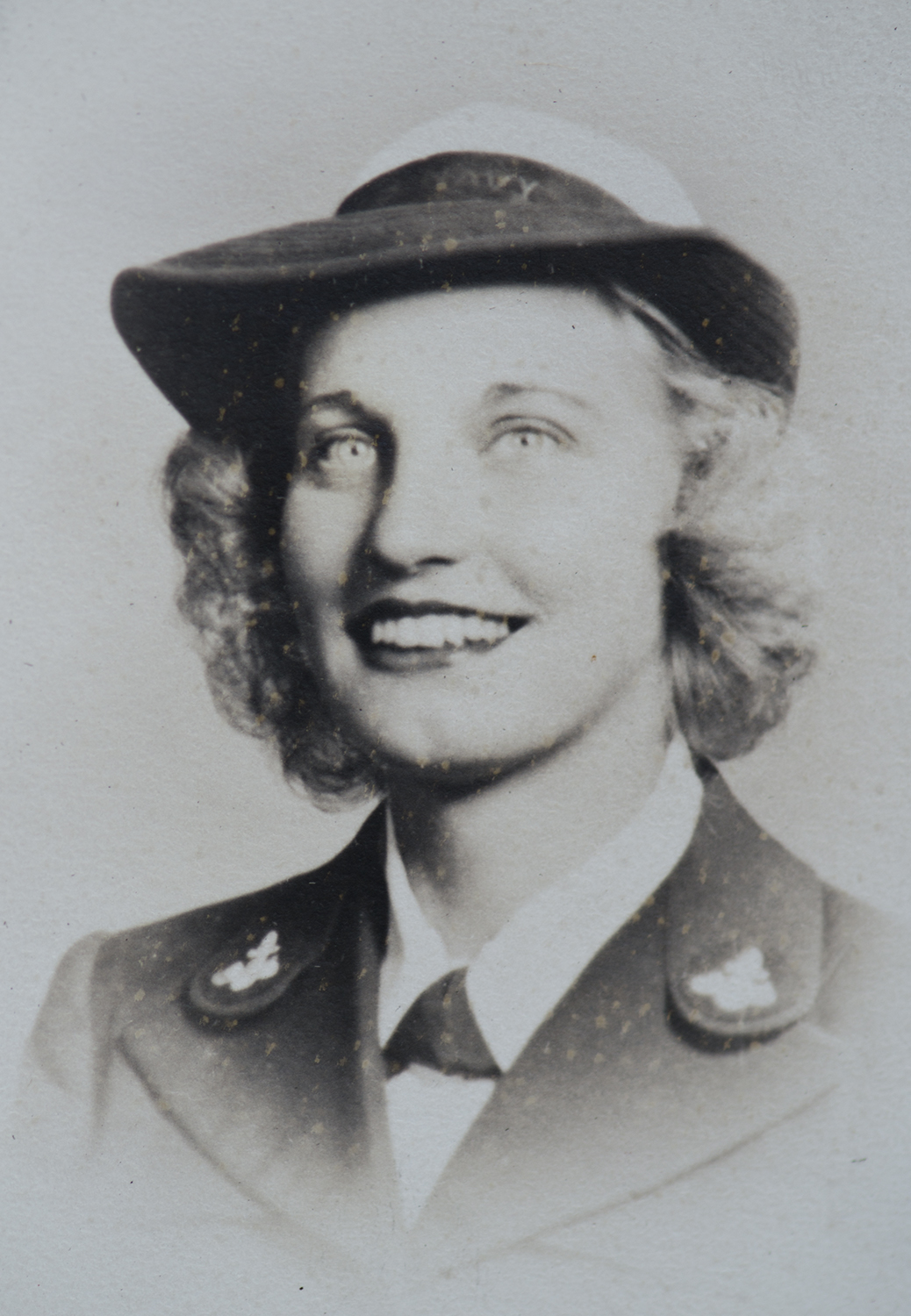
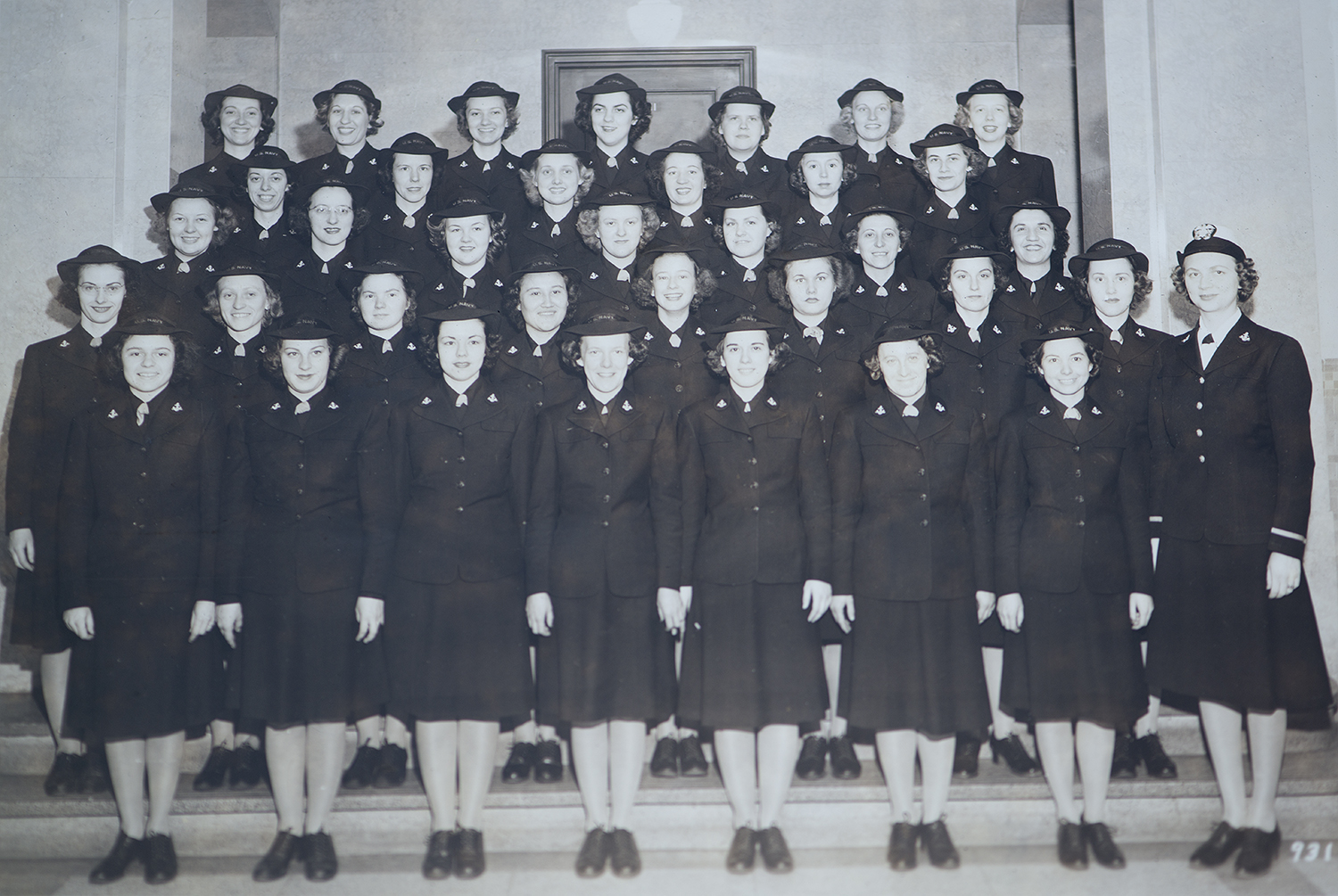
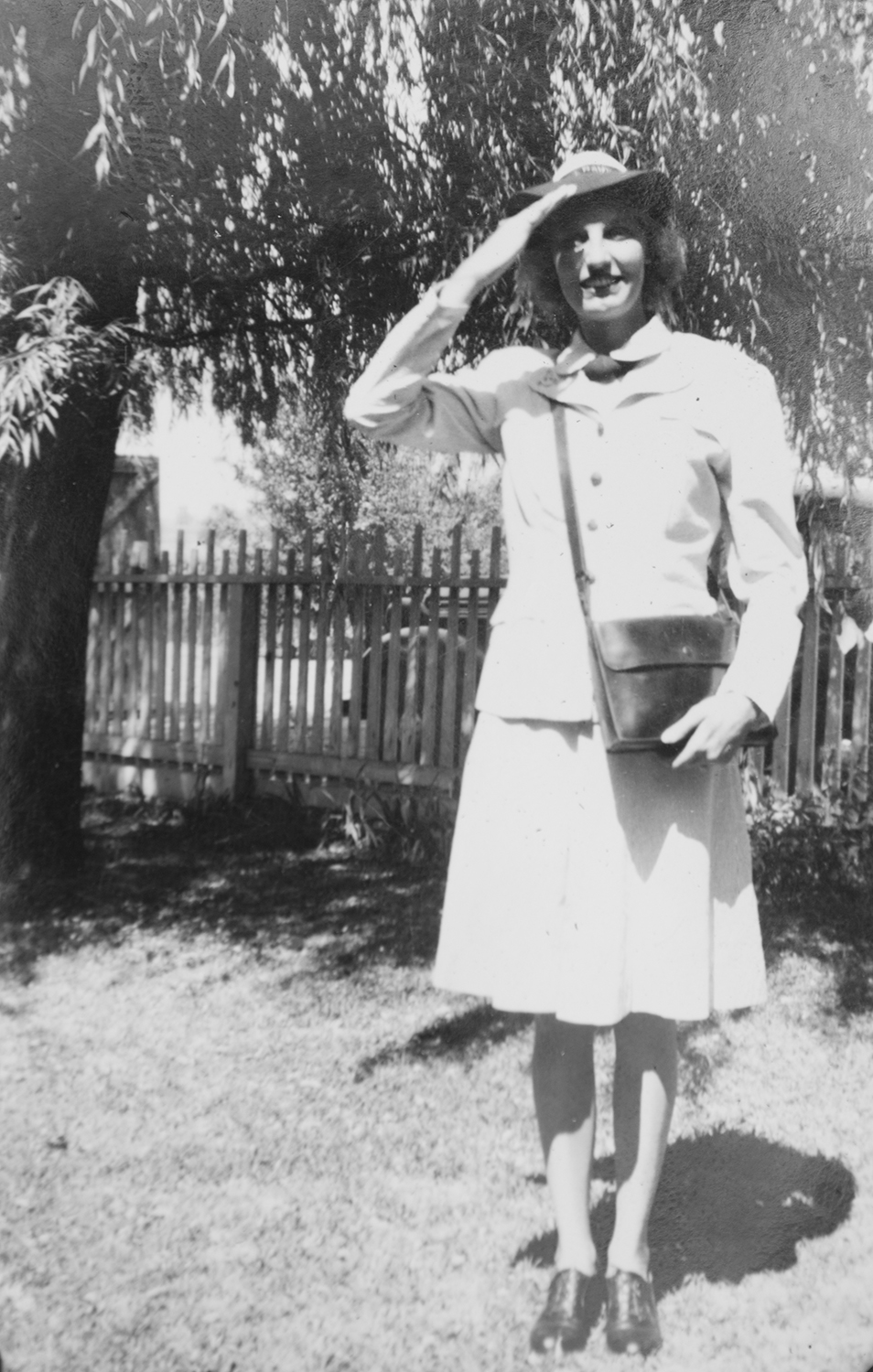
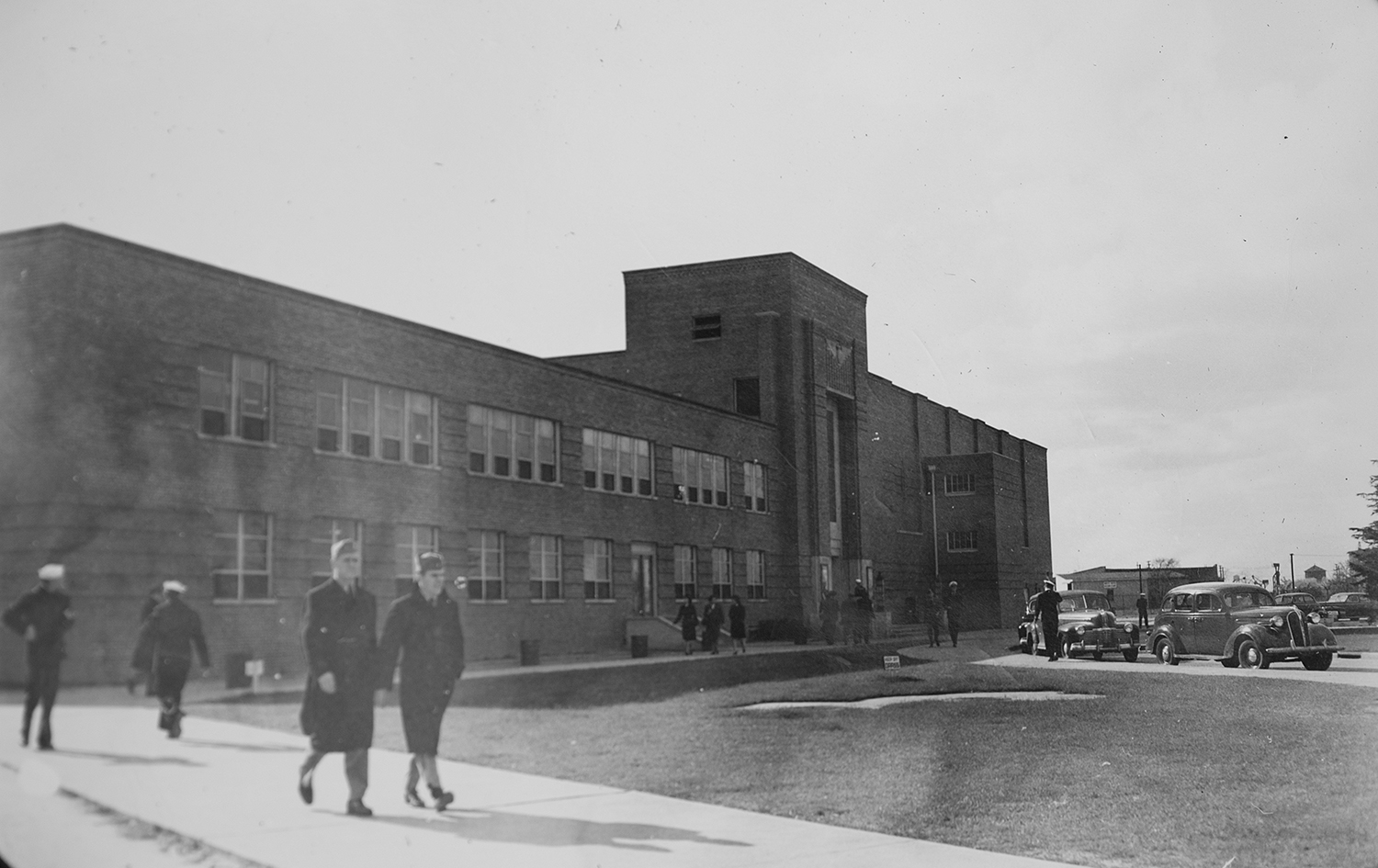
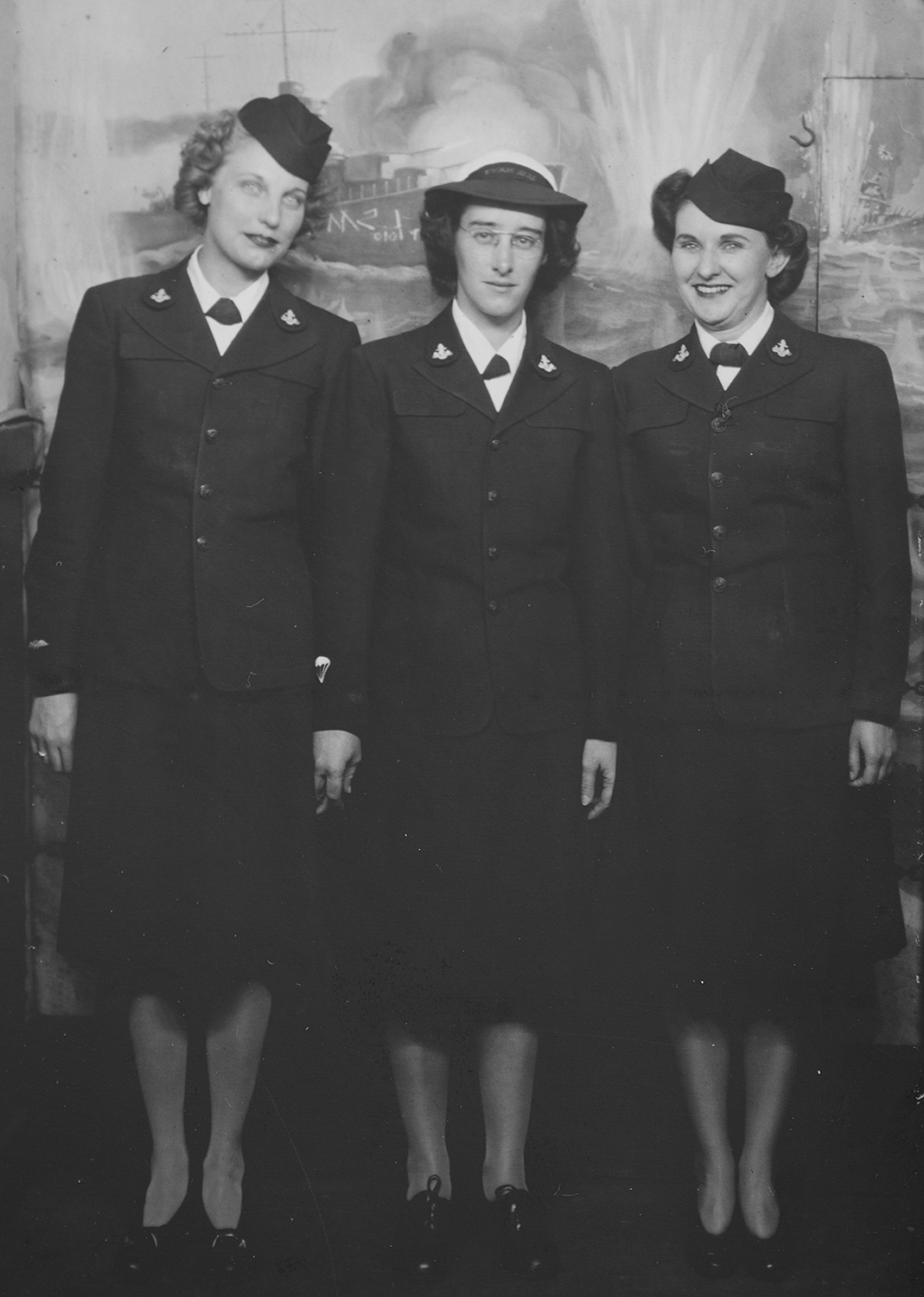
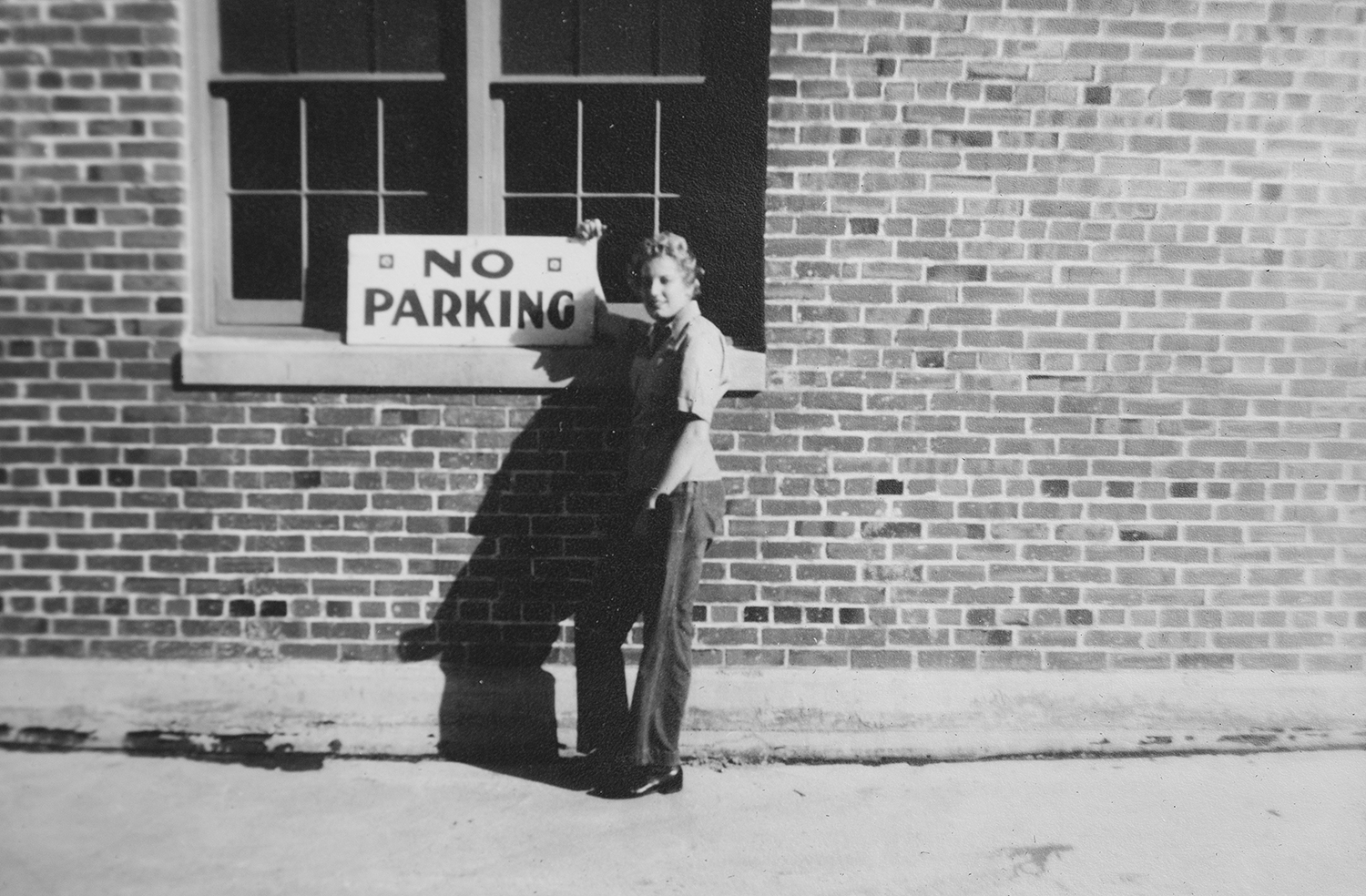
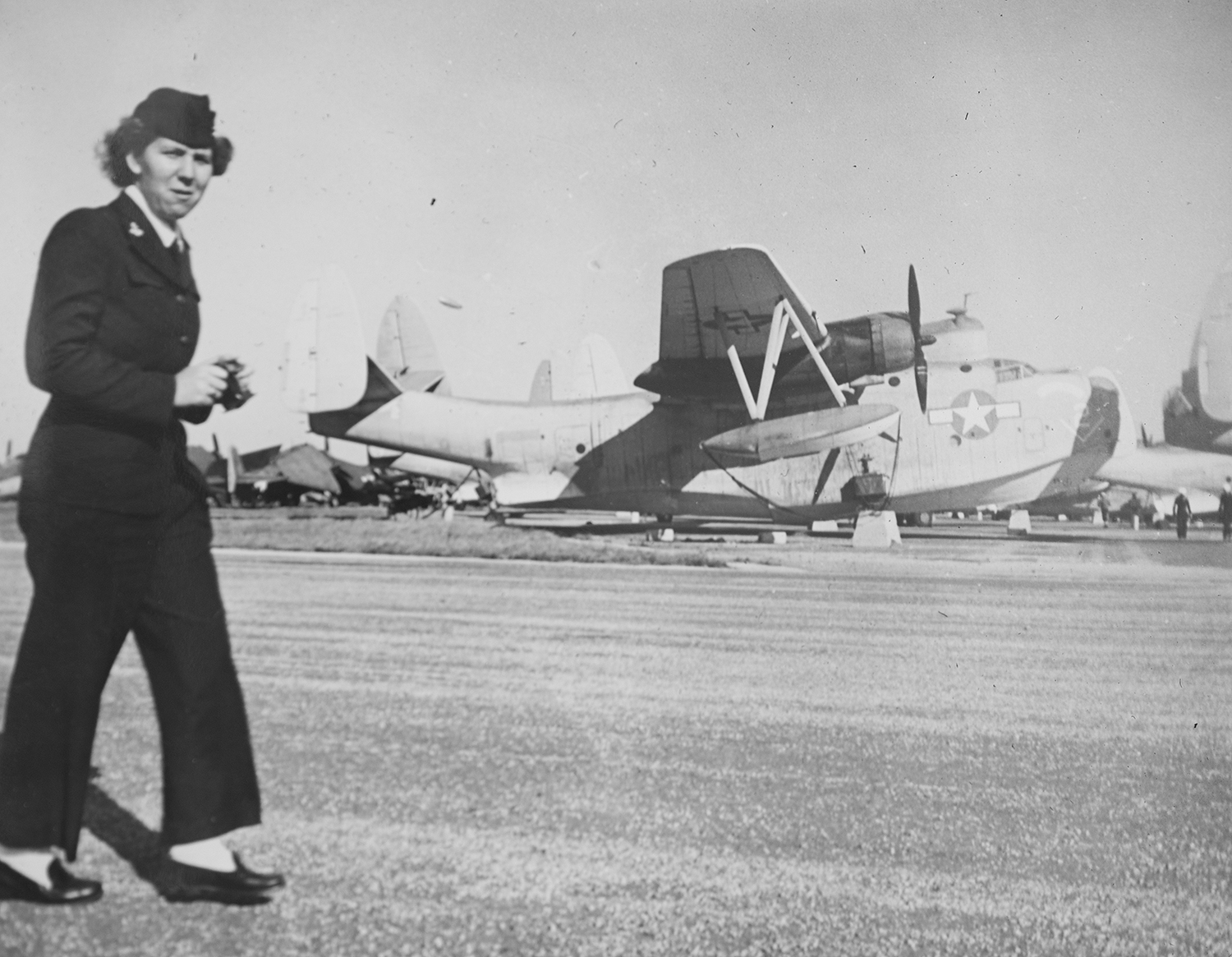
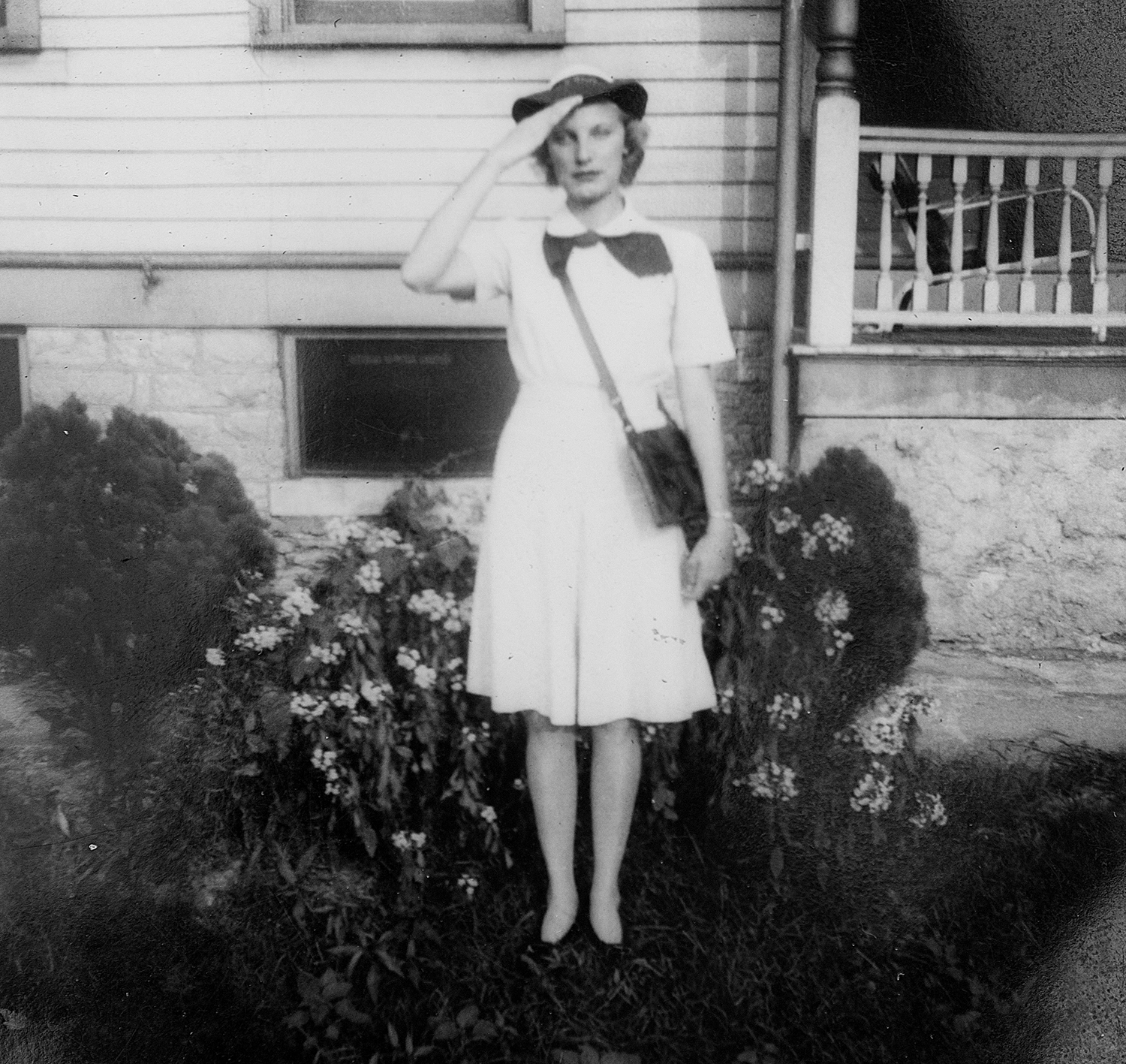
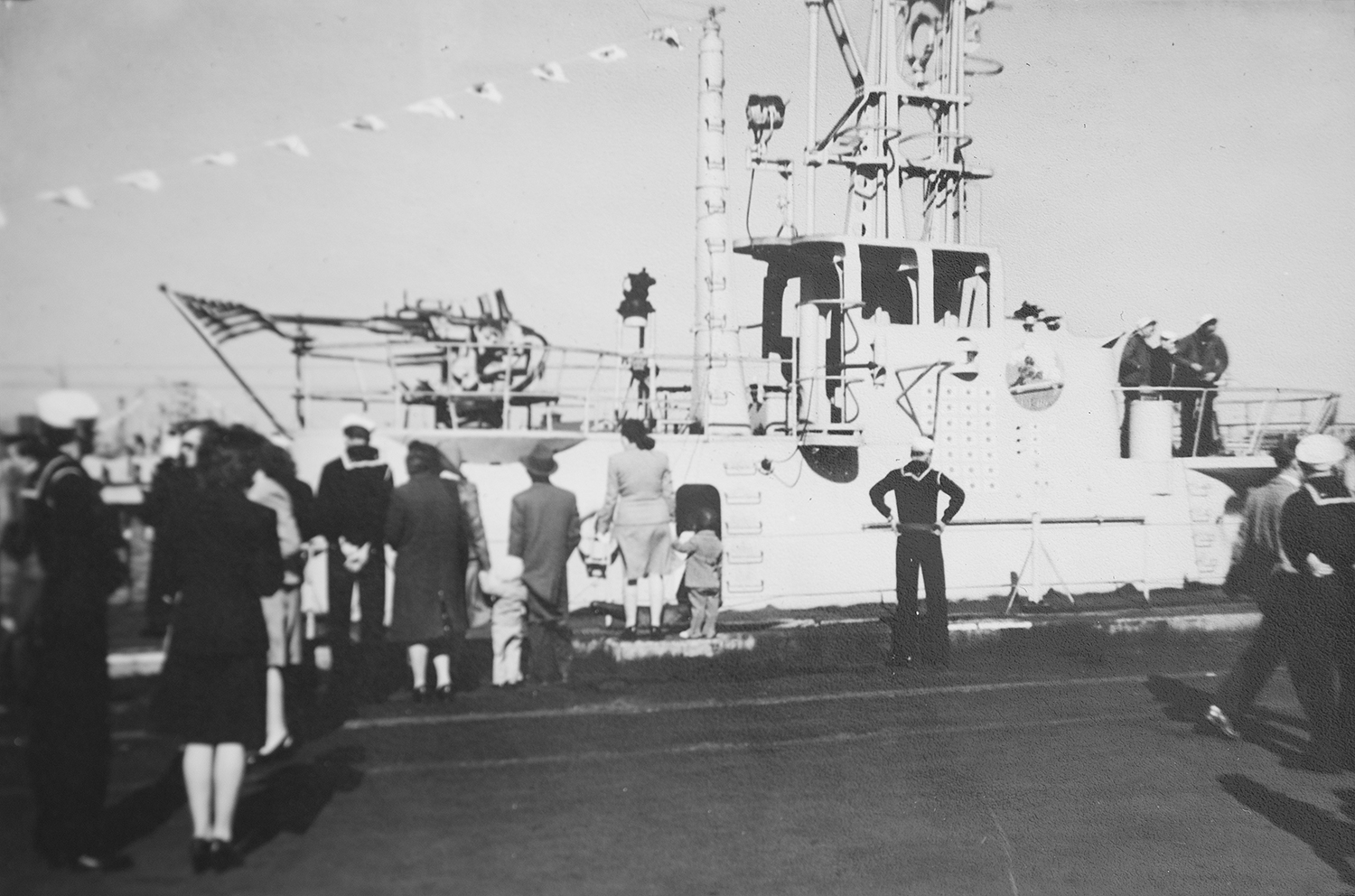
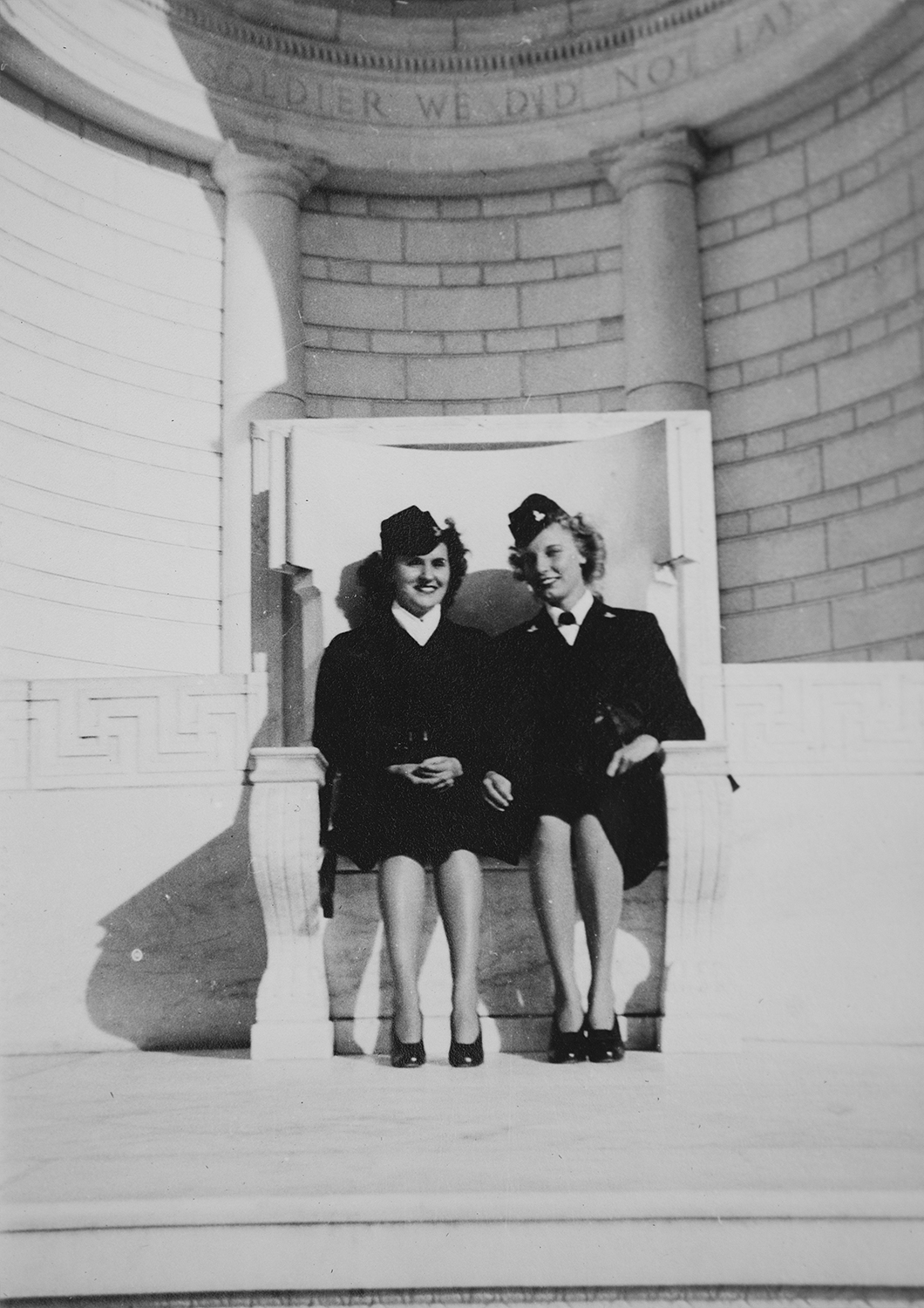
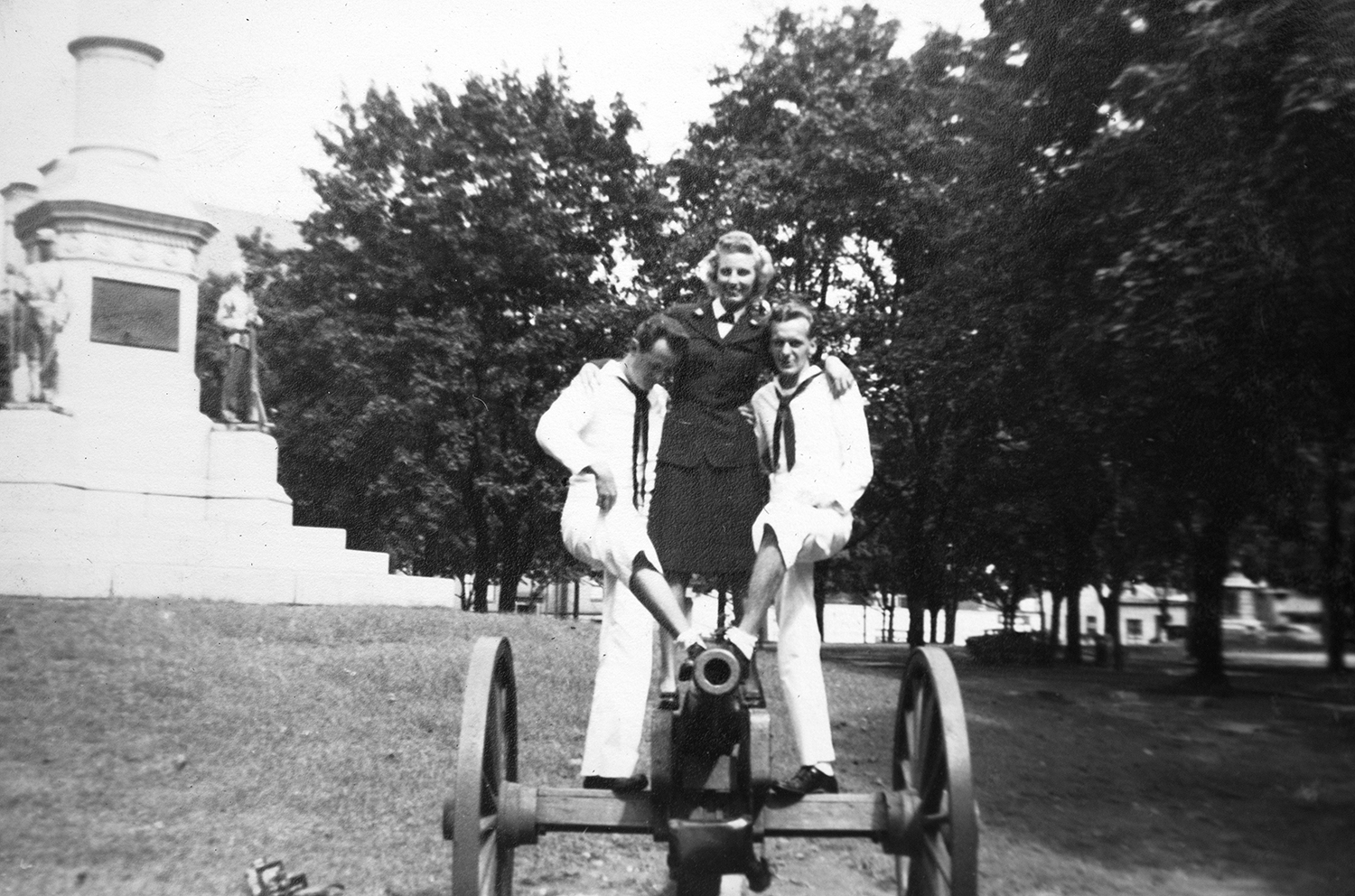
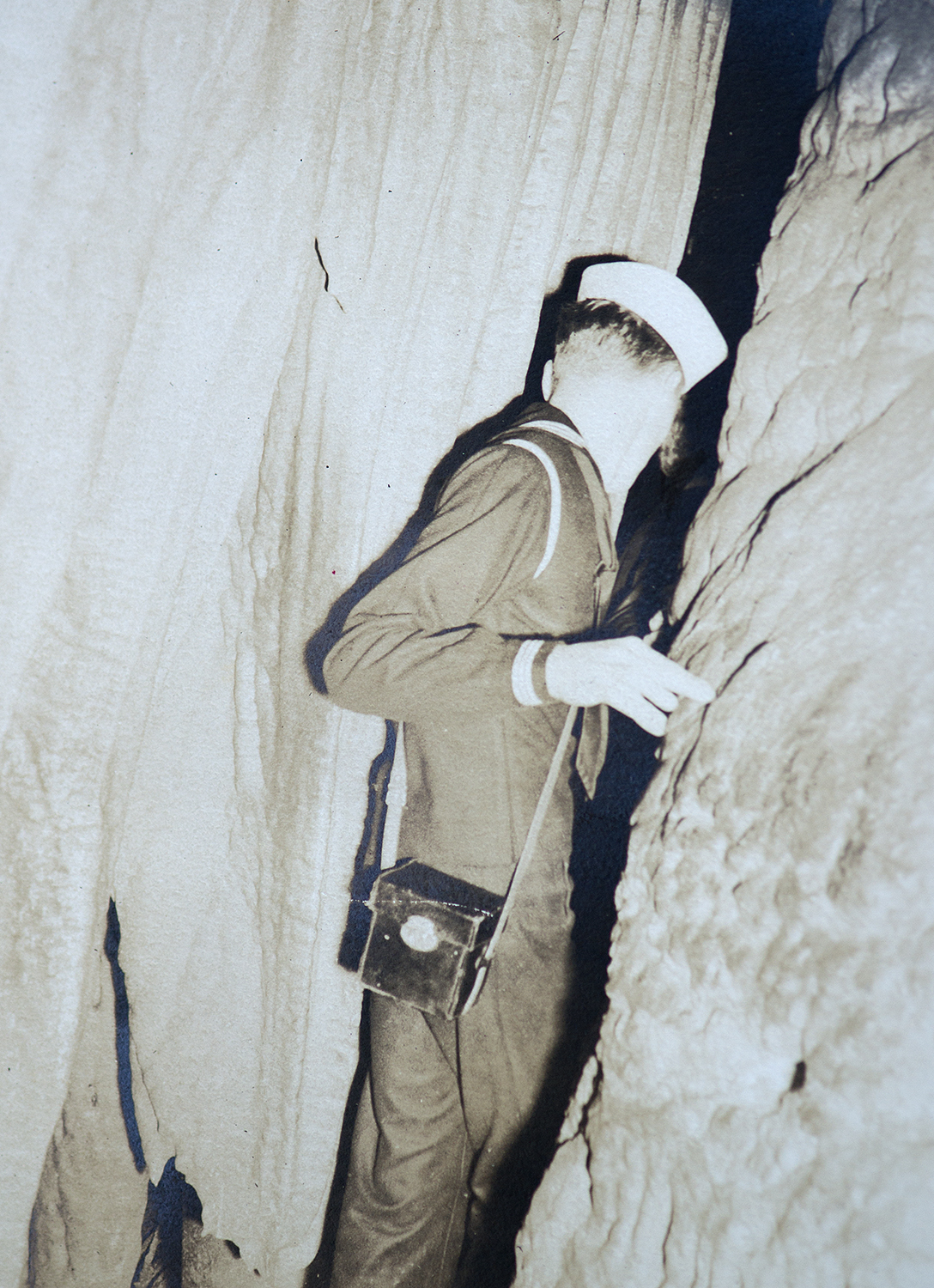
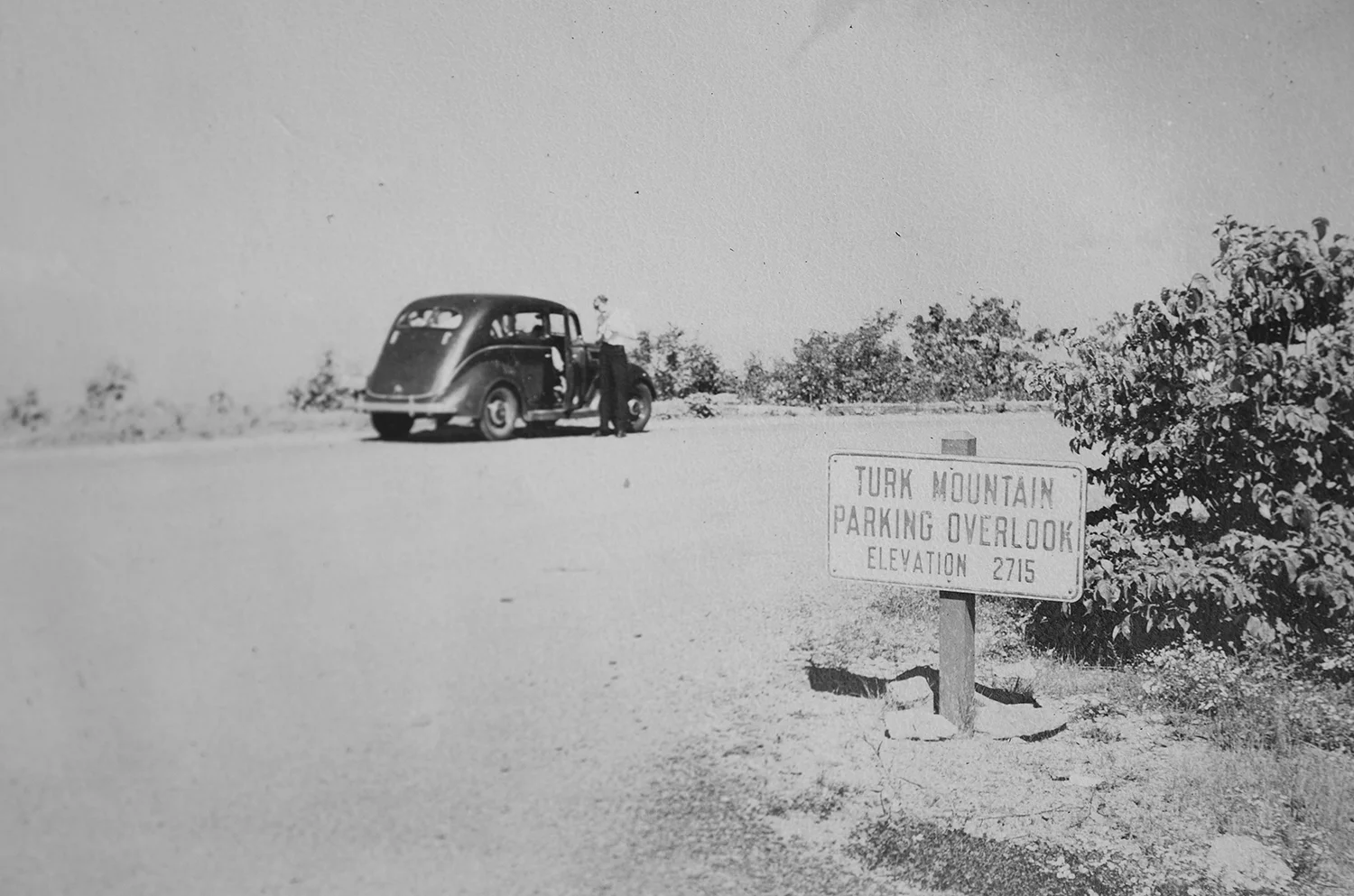
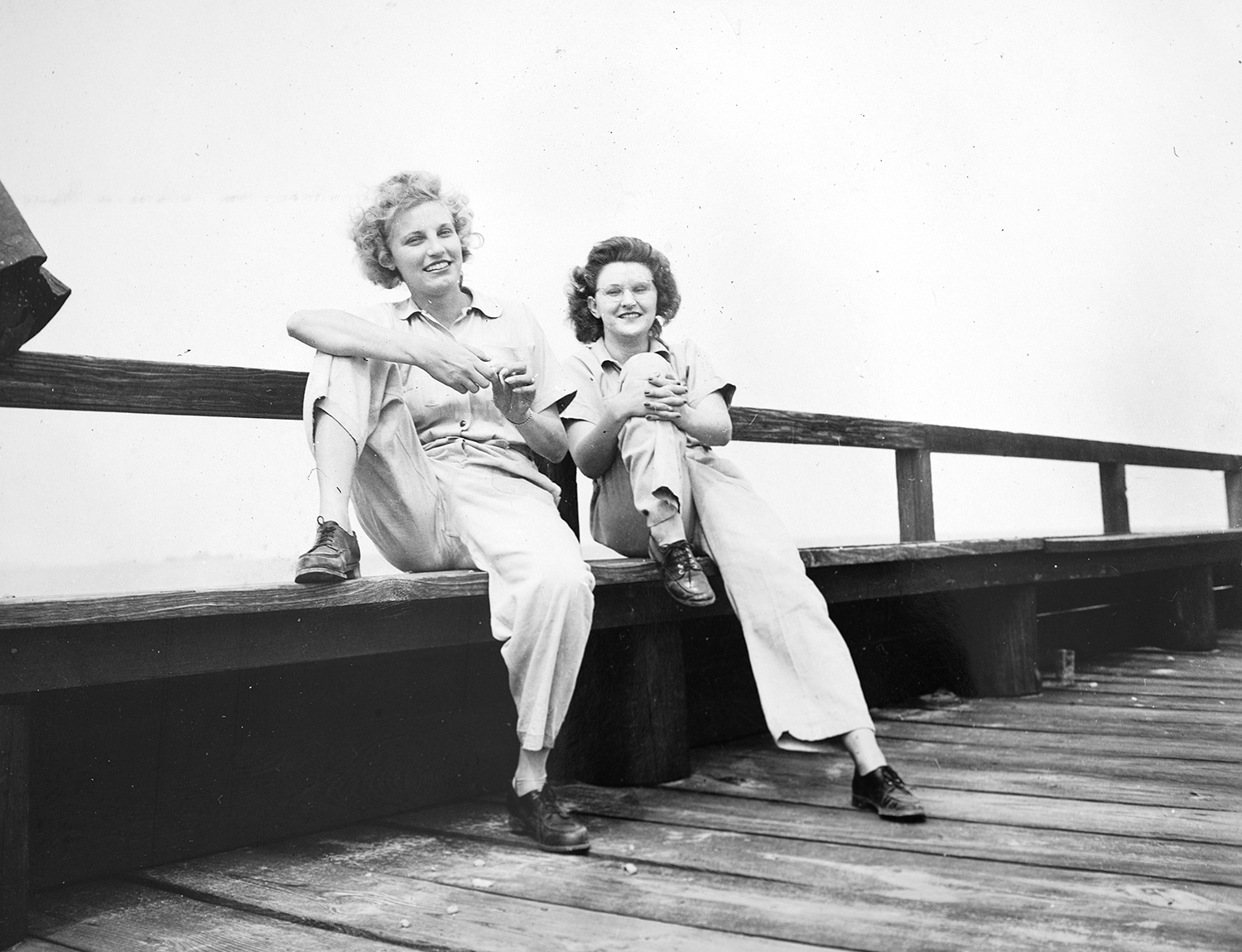
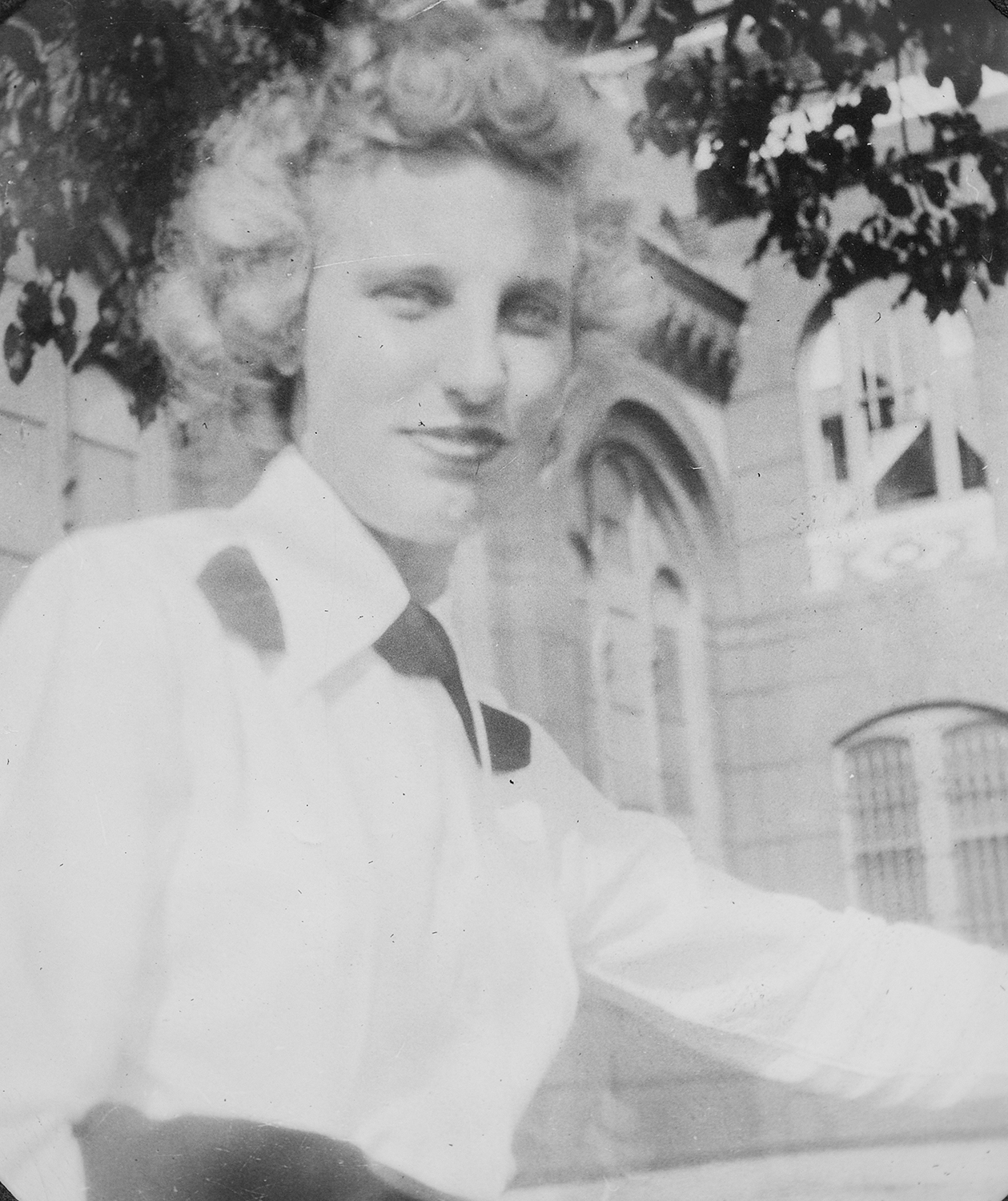
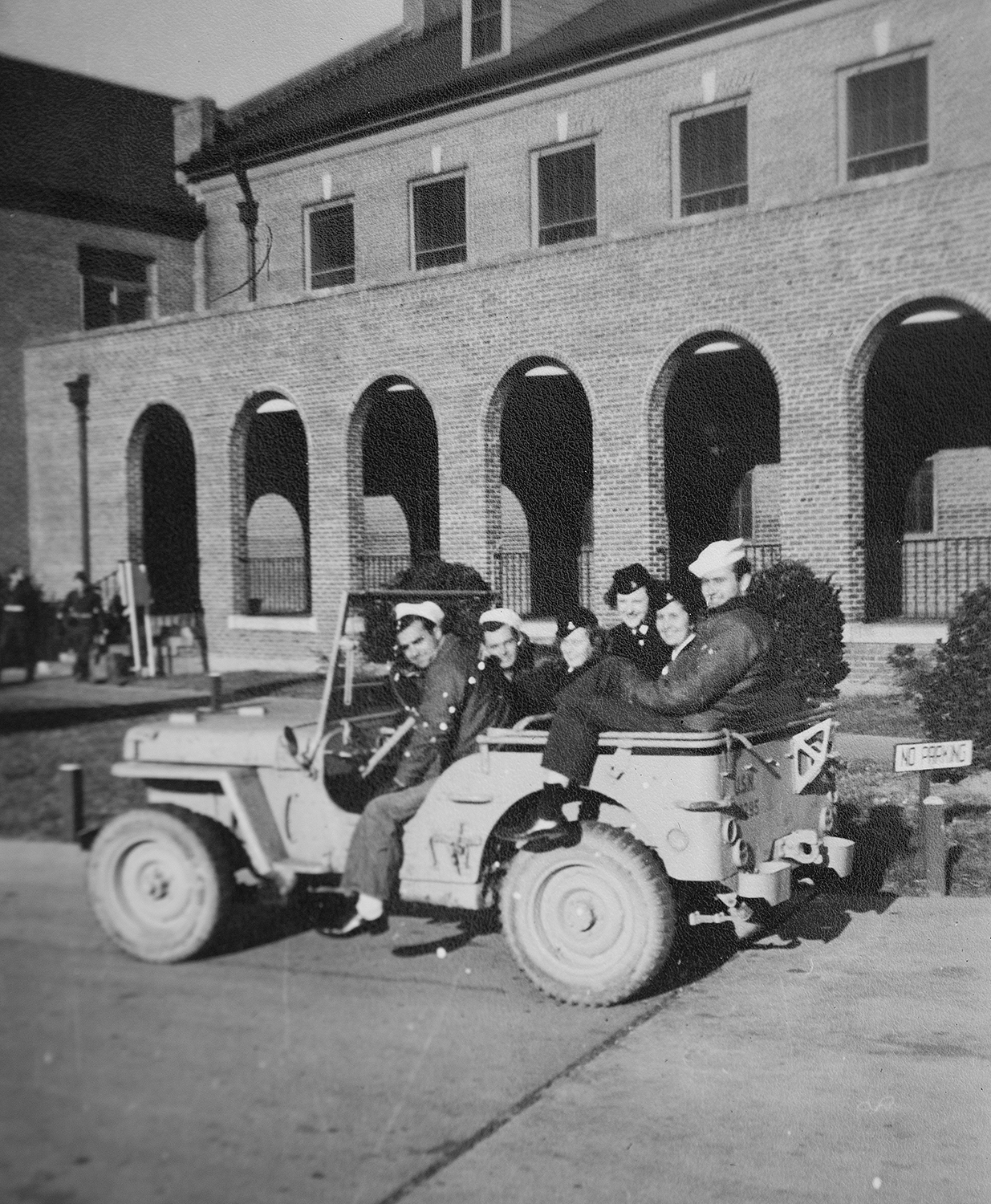
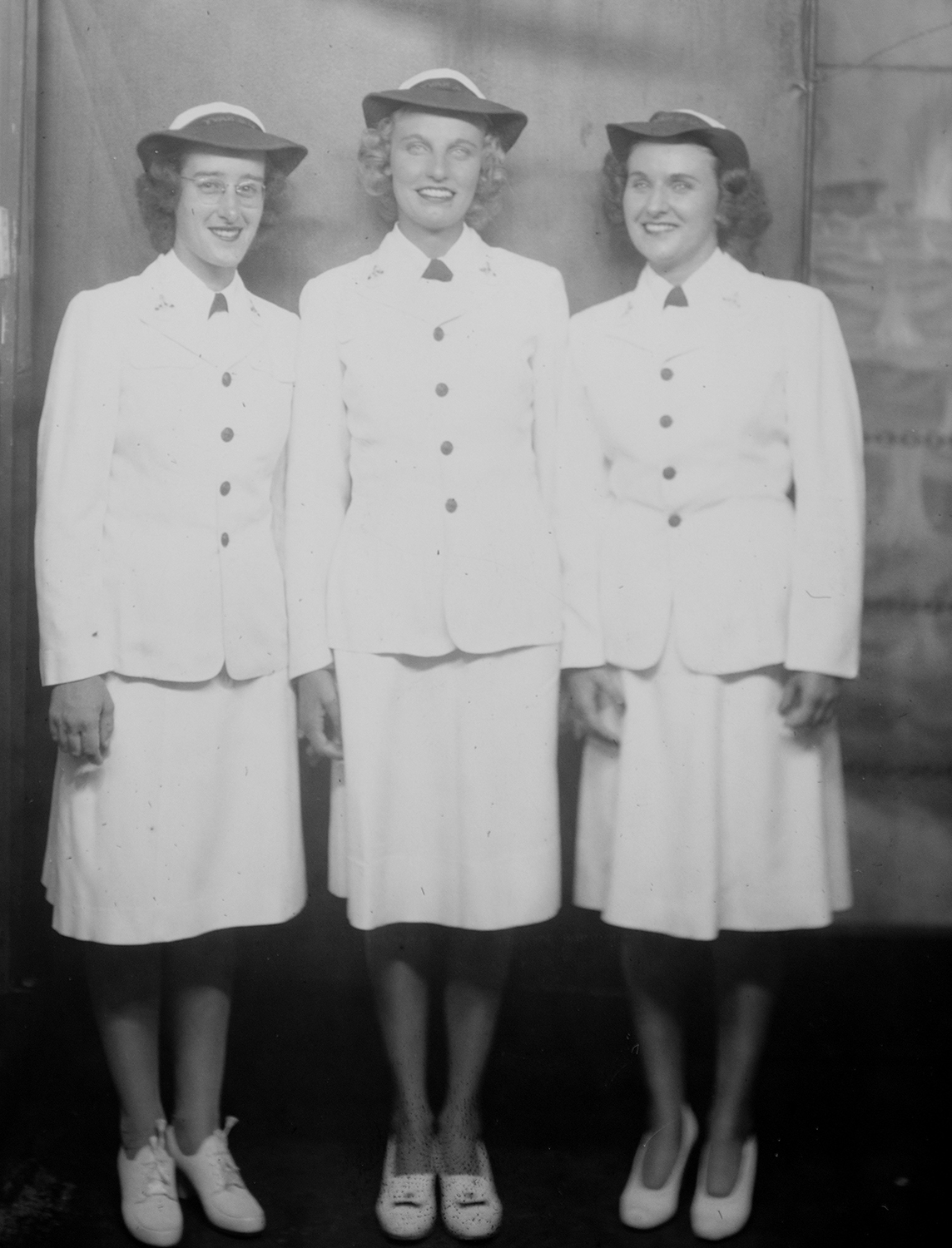
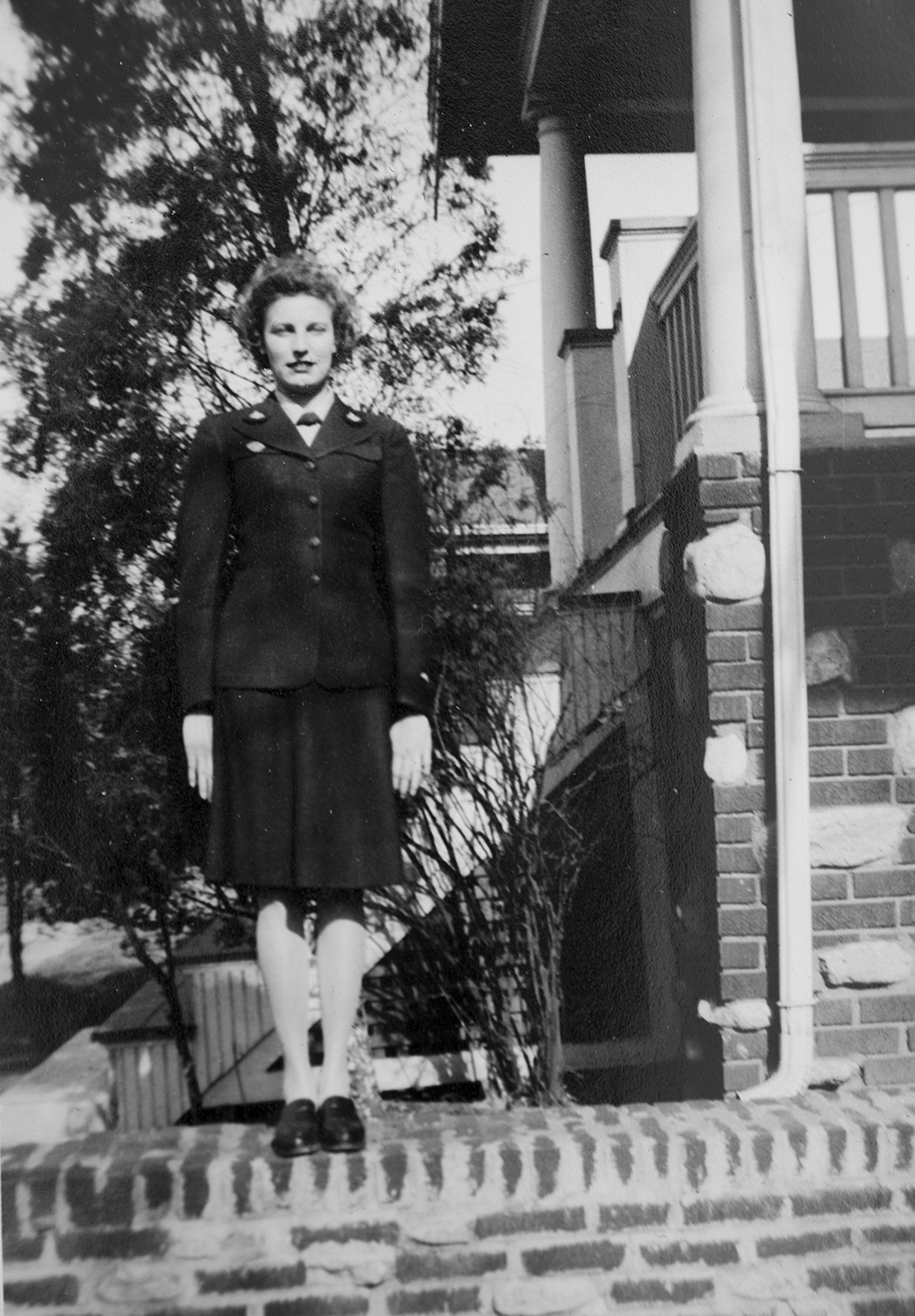
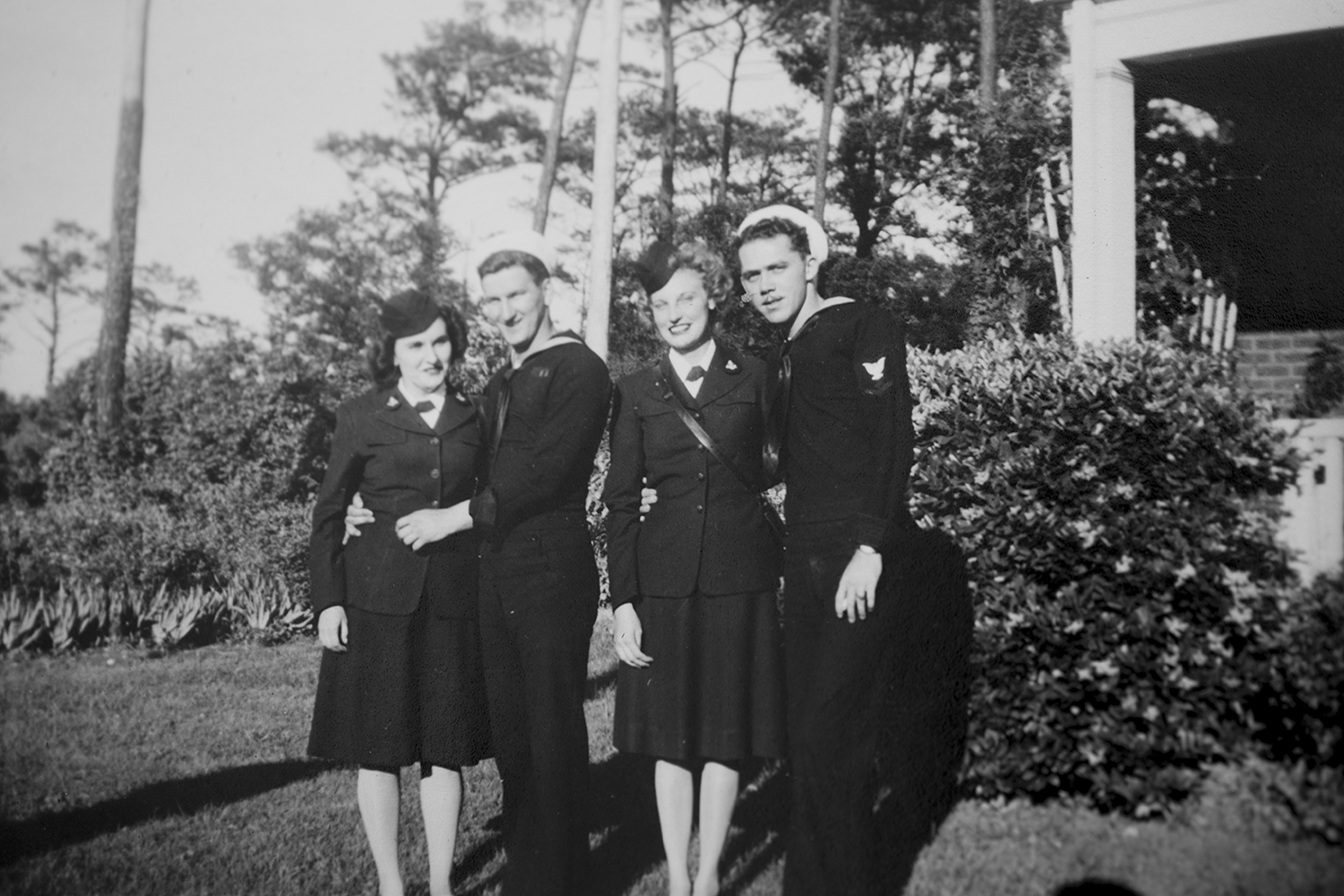
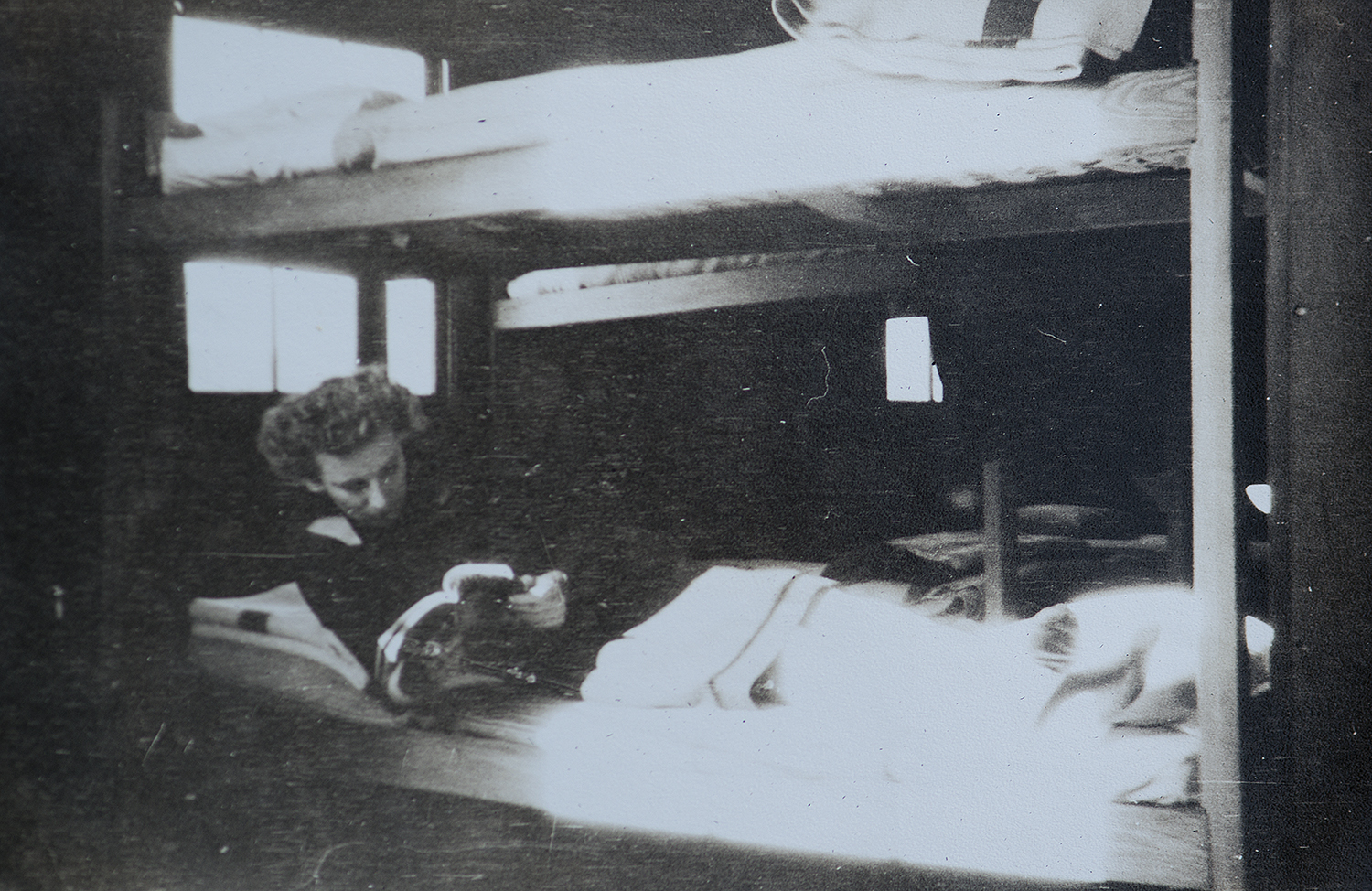
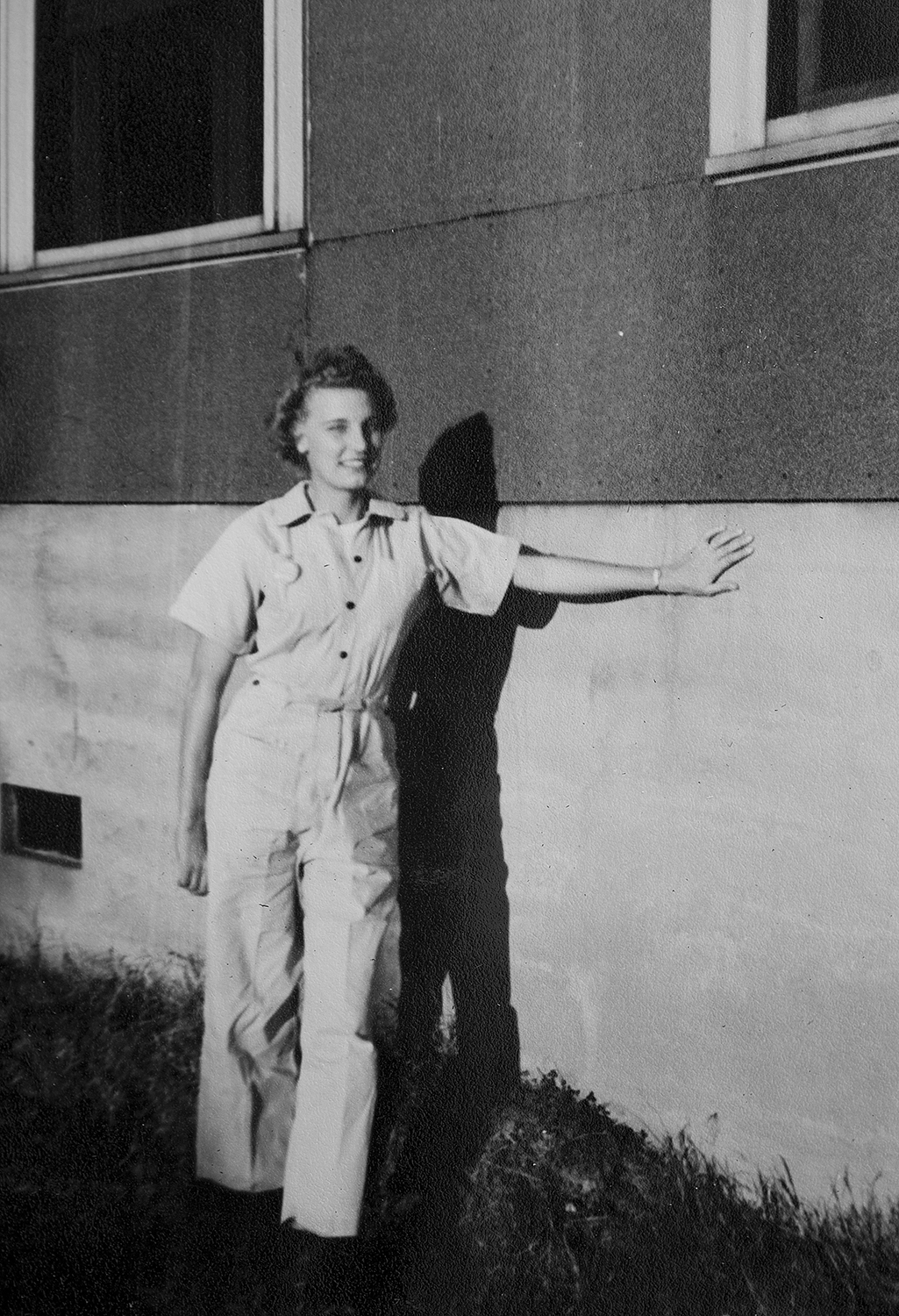
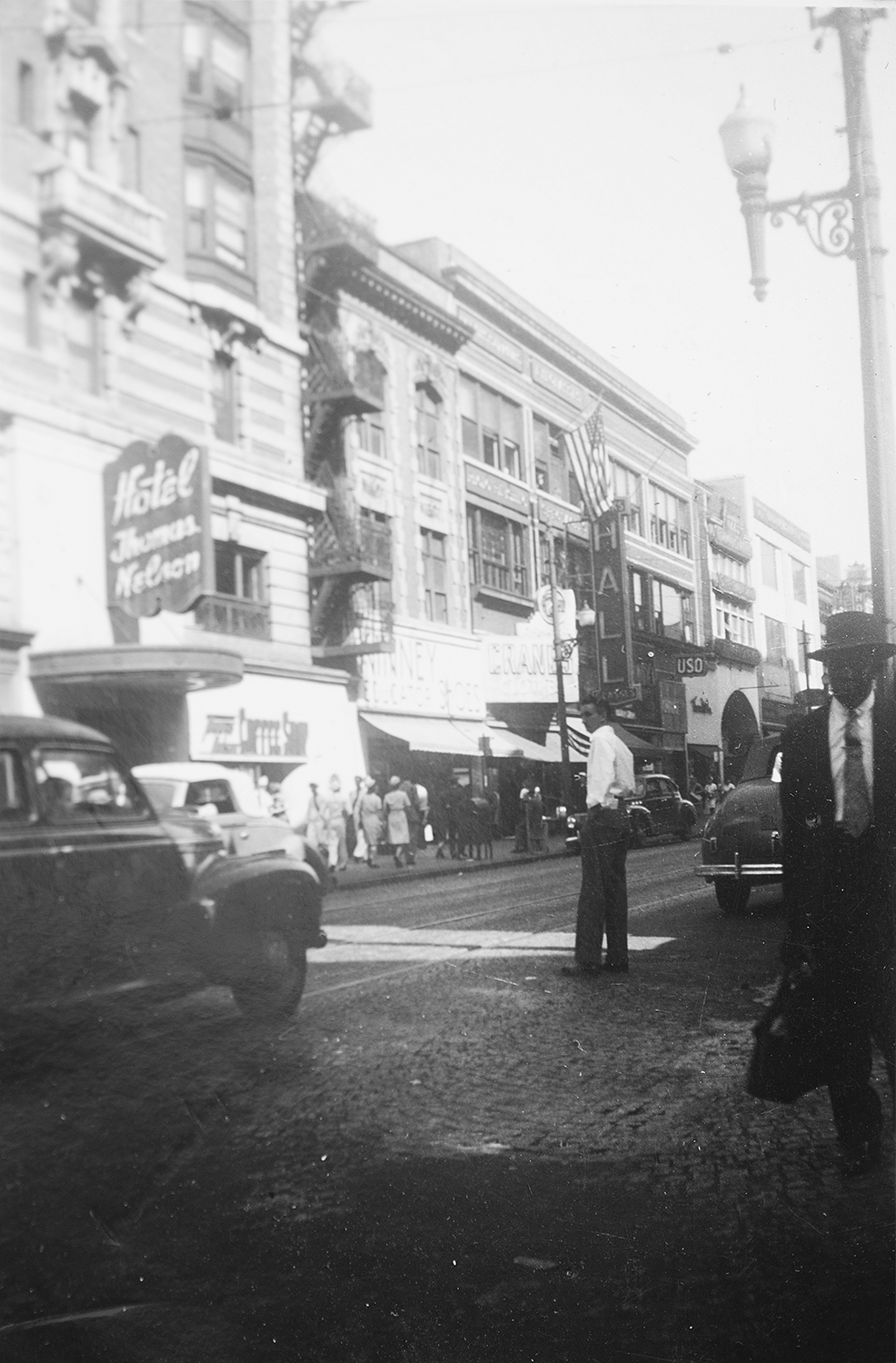
Jack Coop
I was born April 14, 1924 near Dale Hollow Lake Cumberland County, Kentucky. I don’t remember any part of that because my parents moved to Hoopeston, Illinois when I was 5 months old and that’s where I grew up and went through grade school and high school. As a kid I did the normal things, I played with my friends. We didn’t have our heads stuck down in our cell phones like kids do these days, we didn’t have television, we had barely just gotten radio. I remember tuning into the radio and you had to get down close to hear what they were saying. I remember my family listened to the Jack Dempsey and Gene Tunney fight in 1927. Dad would sit with his ear right next to the speaker and tell everyone what the announcer was saying about the fight. When I was 5 years old, I got scarlet fever and my mother and I were quarantined in the house. To keep his job as a janitor at the local high school, my dad set up a cot in the boiler room and stayed there. He would come to the door at our house and my mother would tell him what kind of groceries were needed, he couldn’t come inside. Then he would go buy the groceries and come back and set them on the porch and leave. When he left, mom would go out and bring everything inside. I remember all of my teachers names. They were all women and couldn’t be married and the principal was the only man.
During the depression and dust bowl, my mother would hang clothes out on the line to dry and when she would go out to get them, they would still be dirty because of all of the dust. The dust was in the air all of the time. She would have to rewash the clothes and try and hang them inside the house so they would stay half way clean. The street outside of our house was brick and the WPA was out redoing the street, they would dig the bricks up and flip them and place them back down. There would be 10 men working and 10 watching and then they would switch and take brakes. Jean Hixson lived across the street from me and I was a year and a half younger than her and her brother was younger than me. We would all play together and build model airplanes. Jean went on to serve as a WASP in World War Two and then later became the second woman to break the sound barrier in a flight over Lake Erie!
On December 7, 1941, I remember I was out hunting in the woods with a kid my age, his dad and another man. We got back in the car to go to another field to hunt and they turned the radio on and we heard the announcement that the Japanese had attacked Pearl Harbor. That didn’t even mean a thing to us because we had no idea where Pearl Harbor was! When I found out where Pearl Harbor was, I felt a lot different, yes, I was angry.
The next year, I was a senior in high school and myself and a friend of mine went down to Danville, Illinois and enlisted in the Marines and they sent us to Chicago to an examining station. We were taking the physical and they accepted him, but didn’t accept me because they said I had a bad heart, a leakage of the heart. So I went back home and waited around 2 weeks. I couldn’t stand it anymore, I had to do something, so I went back down and enlisted in the regular Army and they sent me back to the same examining station in Chicago, to the same doctors and they couldn’t find anything wrong with me! I told them, “Two weeks ago, you said I had a bad heart!” They said, “Did you have breakfast that morning?” I couldn’t remember if I had or not and they said, “Well your stomach was probably making noises.” That’s what they heard. Stethoscopes were not very good back then. I was placed in field artillery and went through basic training with the field artillery unit. After that I was sent to a tank destroyer outfit at Camp Bowie in Texas. Following that, I ended up taking a troop train to Fort Knox, Kentucky. At that time, they had the cadet program, so I took the physical and mental and passed both of them and was sent to Kessler Field in Mississippi for Air Force basic training, which was a snap compared to the Army basic I had already taken.
My rank then was a technician 5th grade, like a corporal and we had other enlisted men that had been in the Army in that same outfit that came into the Air Corps. My class got about 6 weeks ahead of me because I ended up with pneumonitis and I couldn’t catch up, so they wanted to know if I wanted to go back to my old outfit in the Army. I told them that I didn’t want to drink powdered coffee or eat powdered eggs or sleep in a fox hole, I’d rather sleep in a bed and have fresh coffee, so I stayed in the Air Corps. They then told me that they didn’t have any T-5’s in the Air Corps and as a result they made me a full fledged corporal, which was alright with me! I was sent to Sioux Falls, South Dakota for radio operator training, but I didn’t want to be a radio operator. They sent me through it twice and I flunked it on purpose both times. Then they sent me to gunnery school in Las Vegas and I passed through it with flying colors. I loved it, so I volunteered as a ball turret gunner and that’s when they formed our crew. We would fly out over the Gulf of Mexico practicing with our guns and flying as a crew. Getting in the ball turret for the first time… I remember looking down and you could see a long ways! It bothered me a little bit, but not too much. Over the Gulf, we’d shoot at our shadow on the water. We also would shoot at targets that WASP pilots would tow behind them. At that time I also had a girlfriend who I knew from home, she was just across the state line from me, but her parents ended up moving to South Bend and she became a disc jockey up there and at night while we flew training missions, she would dedicate songs to us since we were able to tune into the radio station she was on while we were flying. She got the names of all of the guys in our crew and wrote a poem about us and it’s been published in the gunner’s magazine.
Our crew went to Lincoln, Nebraska and started our overseas training. Once training was complete, we got on our B-17 and flew to Bangor, Maine. When we left Nebraska, we had a G.I. mattress that we would sack out on in the waist of the plane and we found out that they were going to search the plane when we landed to see if we had any extra weapons that we weren’t supposed to have. So, we decided we didn’t want them to find the mattress, and we pushed it out of the waist gunner window some place over Pennsylvania *laughs* I have no idea where it landed. Life was a lot of fun back then. From Maine, we flew to Goose Bay and were stuck there for 2 weeks. It was 35 below zero and we were put in tar paper barracks with pot belly stoves at each end and one in the middle. Those burned fuel oil. The bay was frozen over and they couldn’t get fuel oil in too easy, so all we had was a flame as big as one you’d see coming from a cigarette lighter. That’s all that came out. It was absolutely freezing! So we slept with our uniforms on and our sheep skin lined jackets and pants. Every day we would go out and try to start the engines on our 17 with no success. Finally we put some heaters on the engines and our pilot was able to crank them on. Once it warmed up, we flew to Greenland. It was Christmas Day 1944. The mess officer had a huge meal set up for us and kept begging us to eat more and more. We were stuffed! The next day we flew to Iceland, where we had a crew photo taken. I still have my copy of that photo. We started a fire in the stove in the barracks we were assigned with wood pallets and got the fire going. No sooner had we gotten in bed, when some guy came through yelling “Everybody out! Everybody out! You are taking off in 45 minutes!” There were a lot of groans. When our plane was ready we took off and later landed in Scotland. We took a train down to Thorpe Abbots.
Over target, when we flew our first mission, I don’t know how, but I put the bolt switches in backwards and I couldn’t hand charge them after we took off. You couldn’t take them off until you landed, so I told the pilot and he told me “Just point your guns at the enemy planes if any come into view, maybe you’ll scare them *laughs* I was worried that we would get attacked from below, but luckily we didn’t. We made it back okay.
On the 2nd of February 1945 during our second bombing mission to Chemnitz, we had to belly land in Belgium.
We got by hit by some heavy flak and there was an 18 inch chunk taken out of the wing on one side and some other pieces of flak hit one of the engines and killed it. Our pilot had it feathered and soon after that another one of our engines caught fire because of the flak. Since that fire could cause the plane to explode, our pilot put us in a dive. The quick change in altitude and air pressure caused the fire to go out. By this time we were way out of formation and started flying lower and lower. We tried to get the landing gear out, but it wouldn’t go down. I got up out of the ball turret and the tail gunner came up into the waist with me and the waist gunners. All 4 of us were looking around trying to spot somewhere to land. The navigator and bombardier were up in the nose also looking out. The plane continued to lose altitude and we went through the low clouds, which were heavy. It was kind of scary there for a moment while we were getting lower because we didn’t know if there were any other planes from our group flying as low as we were. It would have been terrible to have a mid air collision!
While this was all happening, we went off the air. I’m not sure if the other planes in our squadron saw us falling out of formation or not, but our bomb group ended up listing us as missing in action for two or three days, until we were able to make contact. We finally spotted the airfield that the Germans had held 2 weeks earlier, but there were metal posts driven into the ground and it was covered in bomb craters. Finally we found a space 5 or 6 city blocks long. The pilot told us to get in the radio room and lay down. The 4 of us went up through the walkway in the bombay and laid down. He set it down right at the end of this air strip and we skidded about 200 yards and the plane for some reason spun around and came to an abrupt stop. We were all dazed and dumbfounded for a few minutes and so happy that we all landed safe and sound. We were unsure if we were in friendly or enemy territory, so we drew our .45s and waited to see what would happen. That’s when this jeep came up toward us with about 9 or 10 G.I.’s hanging off of it, waving and hollering at us. They came up and stopped and talked to us for a little bit. Man were we happy to see them! They were members of the 9th Air Force. Eventually they brought us back to their living quarters. Two of the guys were living in the upstairs of a bombed out house. Half of the house had been blown out, but the stair case was still holding and they stayed in the bedrooms upstairs. I was with Robert Merrill, our radio operator, a good buddy who was also from Kentucky and we went up the stairs, cleaned up and shaved. The guys from the 9th took us into Charleroi that night to a night club. Our whole crew sat at the same table and other tables had civilians and Belgian soldiers. They were all drinking cognac and at 19 years old I had never had cognac before and after I took some down I started feeling real woozy *laughs* I remember getting back to where we were supposed to be staying, but I slept on a wooden bench for a while. The bench had dividers, but I laid on it anyways and being drunk I didn’t realize that it was that uncomfortable, but I guess it was. We stayed there 3 days and they finally took us back to England.
On my 15th mission on the 17th of March over Plauen, a German ME-262 came in under our plane about 30 yards from me. He was looking all around, but wasn’t looking up to where I was at in the ball turret. I opened up on him with my .50s and my rounds set fire to his cockpit and as soon as I saw the fire I turned the turret to look for more planes coming in to attack our formation. When I looked back, he was gone. No one in our plane said they saw him, but I later heard that someone in another plane said they saw a pilot bail out of a 262, but I don’t know if it was the plane I had shot. So I just got credit for damage instead of shooting down an enemy plane. I was the only one on my crew that ever received credit for damage.
Most of the time while we were on base, some of the crew would go to Ireland on leave. I went to Norwich all the time because I had met a girlfriend there. I can’t remember what kind of work she did, but to have fun we would go out to eat and things like that. I remember going into this one restaurant and they had Welsh Rarebit and I thought it had said rabbit! When the waitress brought our food I found out that rarebit was a cheese sandwich. *laughs* I ate it anyway. I thought they had misspelled it! Guys from our crew would go to the pub most of the time and normally it was myself, the radio operator and the tail gunner. We would always go to this pub owned by a man named Henry White, an older man. He would play the piano and his wife would sing, but he couldn’t play very well and she wasn’t a very good singer *laughs* But they were very nice people. Half a block down the street was a fish and chips place and we’d go there a lot as well! The fish would be wrapped up in old English newspaper, there’d be ink everywhere! I don’t think I paid much attention to the ink though.
We lived in the barracks at Thorpe Abbots. Our quonset hut was right next to a field and there was a fence running down the back side of it and there was a brick lined trench that we would get in when the Germans came in for bombing raids on the nearby towns. Sometimes we would sit in the windows of our barracks because they cranked out and we’d watch the bombing and the search lights would go on and every once in a while the anti-aircraft guys would blow up a German plane and we would cheer as if we were at a football game! I had a bicycle and sometimes I’d ride over to the NCO club and since I was a corporal and wasn’t supposed to be in there, a friend of mine who was a tech sergeant would give me one of his shirts with his stripes on it and I’d go into the NCO club! *laughs* We were rationed on coal for the stoves we had and I remember going outside to get some coal with a bucket to keep our fire going. I can remember when Major Rosenthal, our squadron commander, was captured the third time by the Germans and he had broken his arm. When he came back to our base, he had no rank or insignia of any kind on his uniform and a private’s overcoat on because it was winter time and his arm was in a sling. They told him he was going home and he said “No I’m not! I’m going to fly some more.” And they argued back and forth and they finally convinced him that he was going home. He was given a B-17 to fly back to the states and before he left, he buzzed the field! He wasn’t very high off the ground when he came by and I was standing right there watching! Major Rosenthal was something else!
There were a few missions where German ME-262’s would attack our bombing group and knock down a B-17, but then they’d take off and head after another group. They wouldn’t hang around very long because our P-51’s would come in after them and strafe them.
On a few of the missions, I remember small pieces of flak rattling off of the ball turret. It sounded like gravel hitting a tin roof. I just hoped and prayed that it didn’t come on through and hit me. Since the turret was metal with a little bit of glass, I felt relatively safe in there. Nothing actually shook me up too much then because I was young, single and foolish. Our tail gunner, Rudd Jewel, had a 20mm shell come up through the plexiglass right in front of his face barely missing him and as soon as that happened he held the intercom button down and was mumbling things that we couldn’t understand, he was scared to death. I’m not sure if he had to change his underwear after that or what! *laughs* Other than that, I don’t think my crew got too excited about much! It was just something we had to do.
The final mission I flew, on May 5, 1945, was a Chowhound mission to Valkenburg in South Holland. It was our best mission because we were helping the Dutch people out and not trying to kill people. We weren’t dropping bombs, but instead we were dropping food. The Dutch were starving under German occupation. When we came in, we saw people riding bicycles, walking, running and waving their arms about following us to where we were going to make our drop. They were yelling things to us, though naturally we couldn’t hear what they were saying. I was in the ball turret on this mission, I had a great view, and I could watch the food fall all the way to the ground. We were really really low, only 200-300 feet off the ground. Even though the Germans still held this territory, it was agreed that they wouldn’t shoot us down.
In June of 1945 while I was still stationed at Thorpe Abbots, we received our orders to fly home. We were sent home for a 30 day leave. When I got home, it was August the 18th, my mother’s birthday. It was a great birthday present for her. I was glad to be home. Two days later on the 20th of August, I met the girl who would become my wife and asked her if she’d like to go out to eat and she said yes! We went together every night after that. I asked her if she wanted to marry me and she said yes. We were married the following April. The plan was to get married on my birthday, the 14th of April, but that was during Lent and she was Catholic and I wasn’t. At that time I was also living in Chicago, so I started going to Catholic Church and the old priest there started giving me instructions. I had to have a Godparent. So I met a young guy by the name of Michael, whose dad was an inventor of small things and looked exactly like Einstein! *laughs* Michael went with me when I got baptized. Right after that the priest said, “Well lets go on over to the bar and have a beer!” So that’s what we did.
Before I was baptized, I had moved up to Chicago to get a job since my town didn’t have many jobs. You had to know somebody to be able to get a job back then. I didn’t know many VIP’s too well, but I got a job with Rand McNally drawing a map of New York City and they hired 27 of us on the GI Bill and Rand McNally paid us so much and the government paid the difference. Once we finished the map, they laid us all off. Talk about cheap labor! Following that I got a job with a furniture company and I did that for a while. My wife and I got married in 1946 while I was there.
At that time I decided that civilian life wasn’t for me, so I reenlisted and got my rank back as a staff sergeant and went on and stayed in for 24 years, 9 months and 18 days. I got out in 1968 and retired as a Master Sergeant at Langly Air Force Base in Virginia.
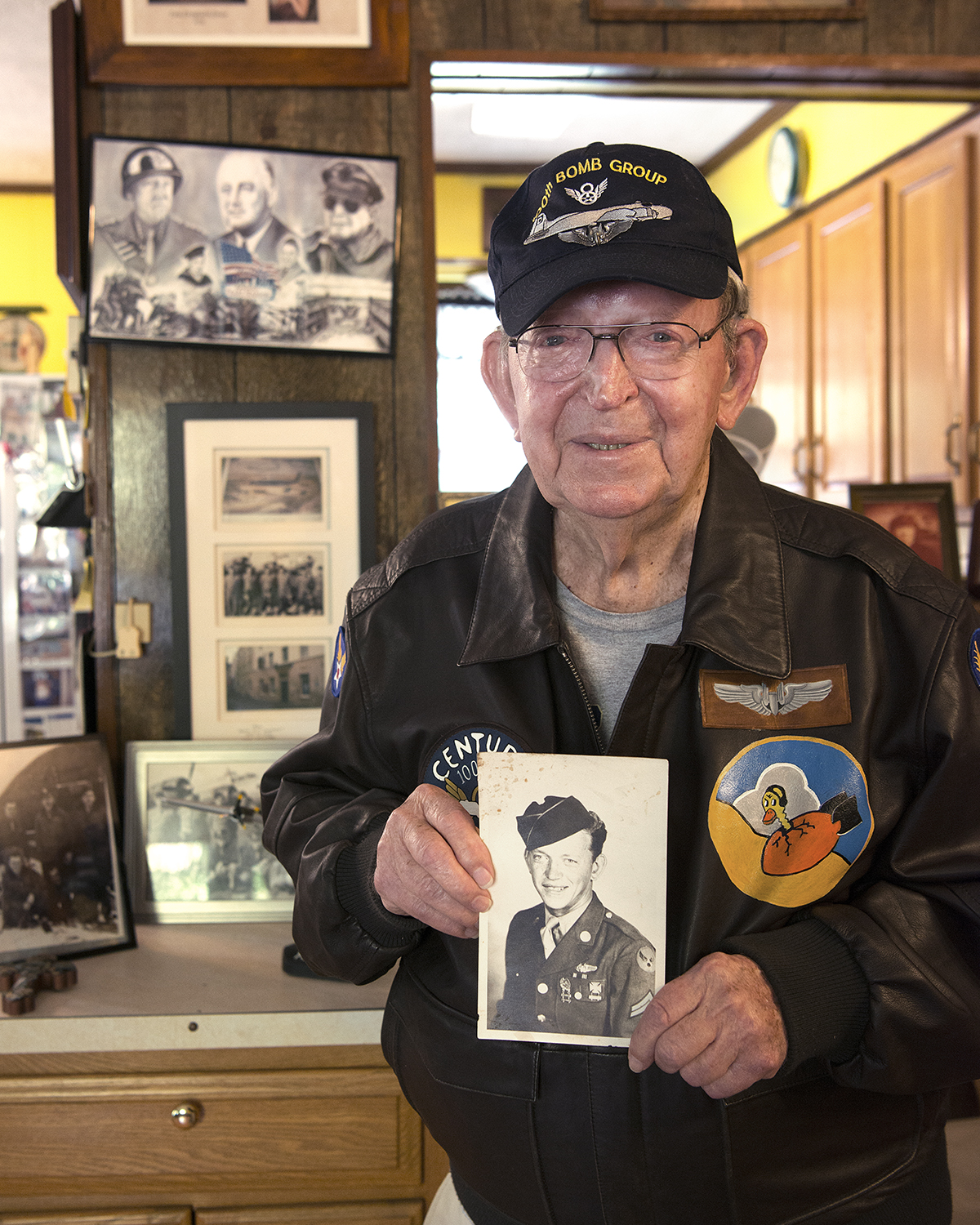
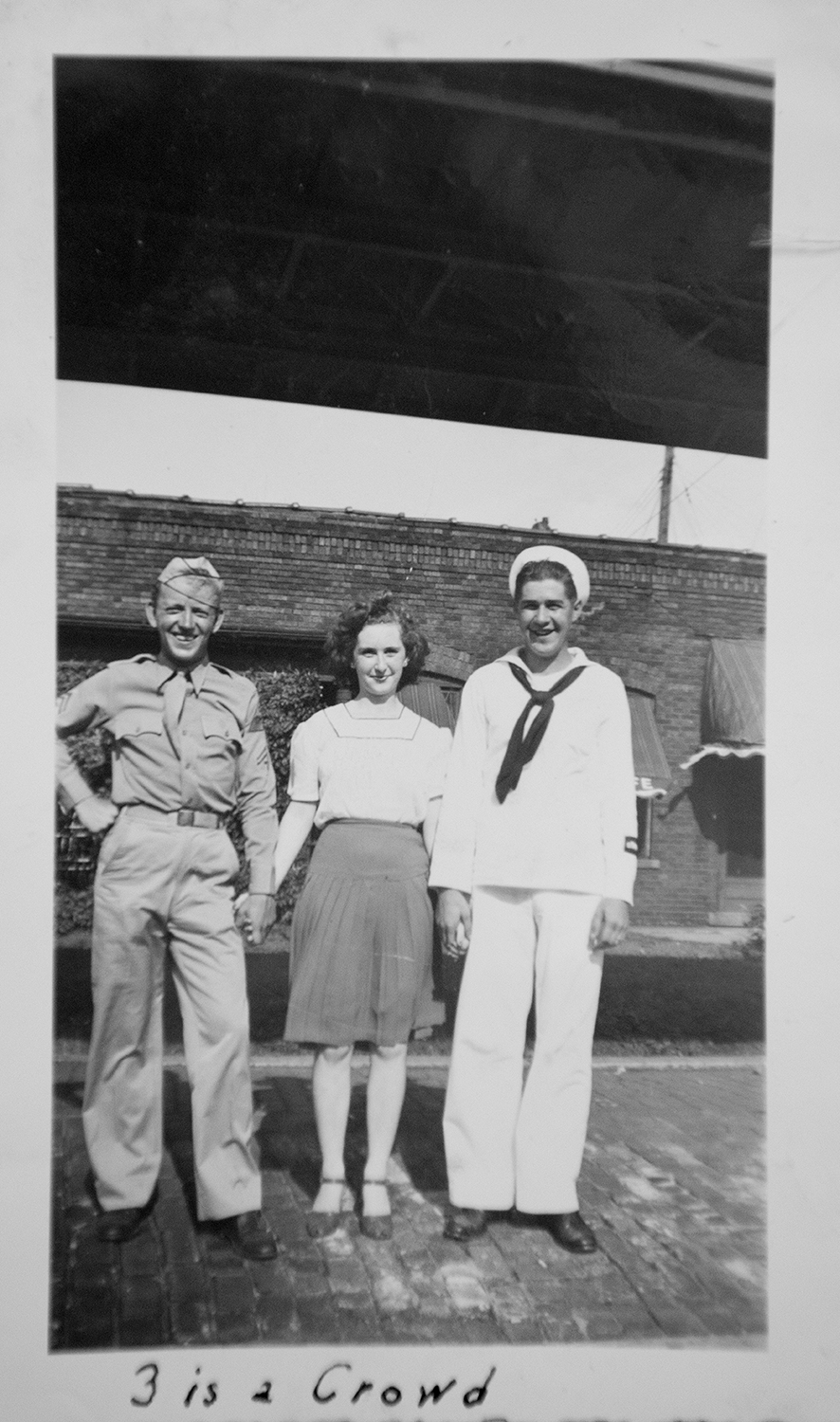
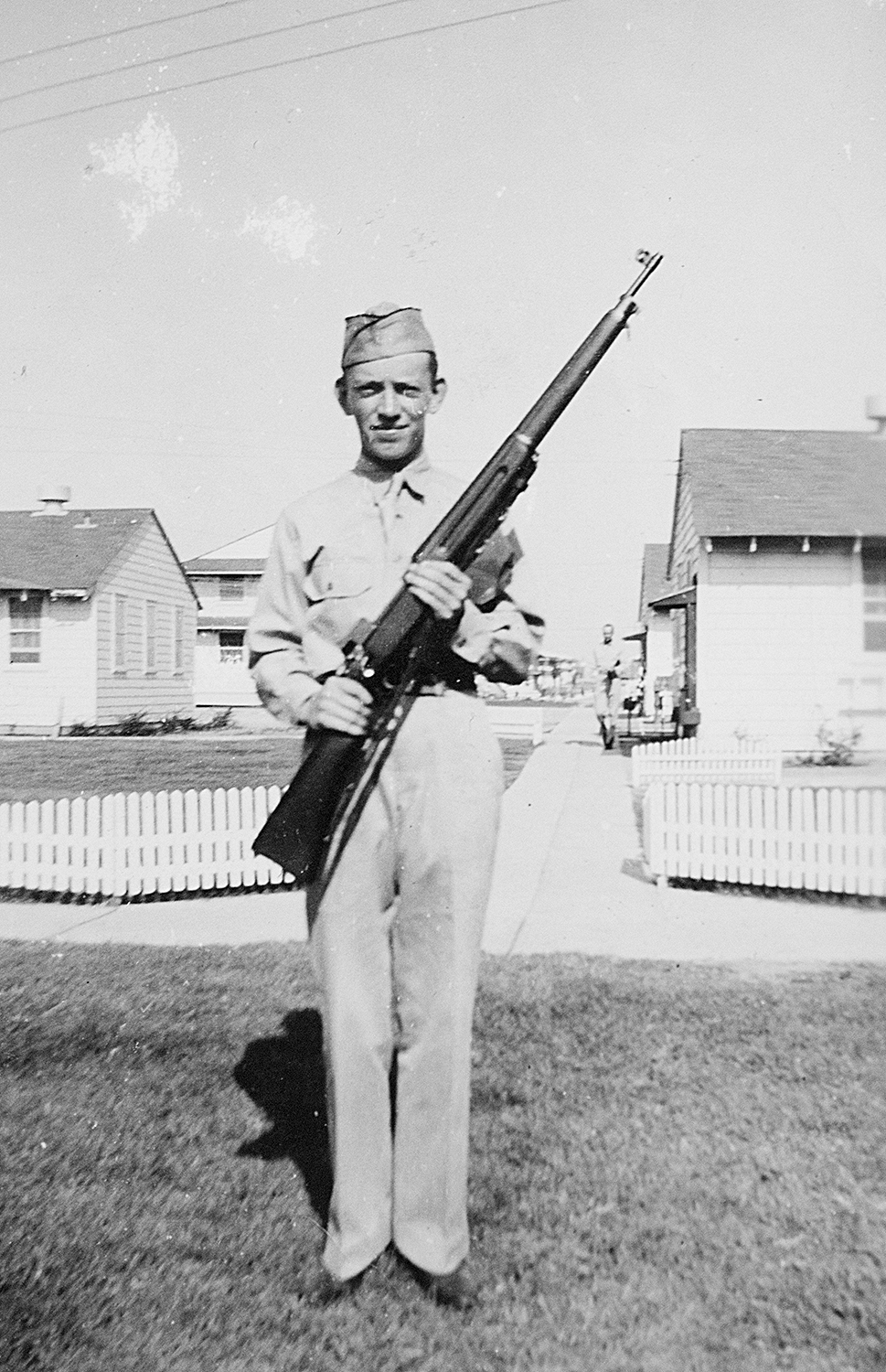
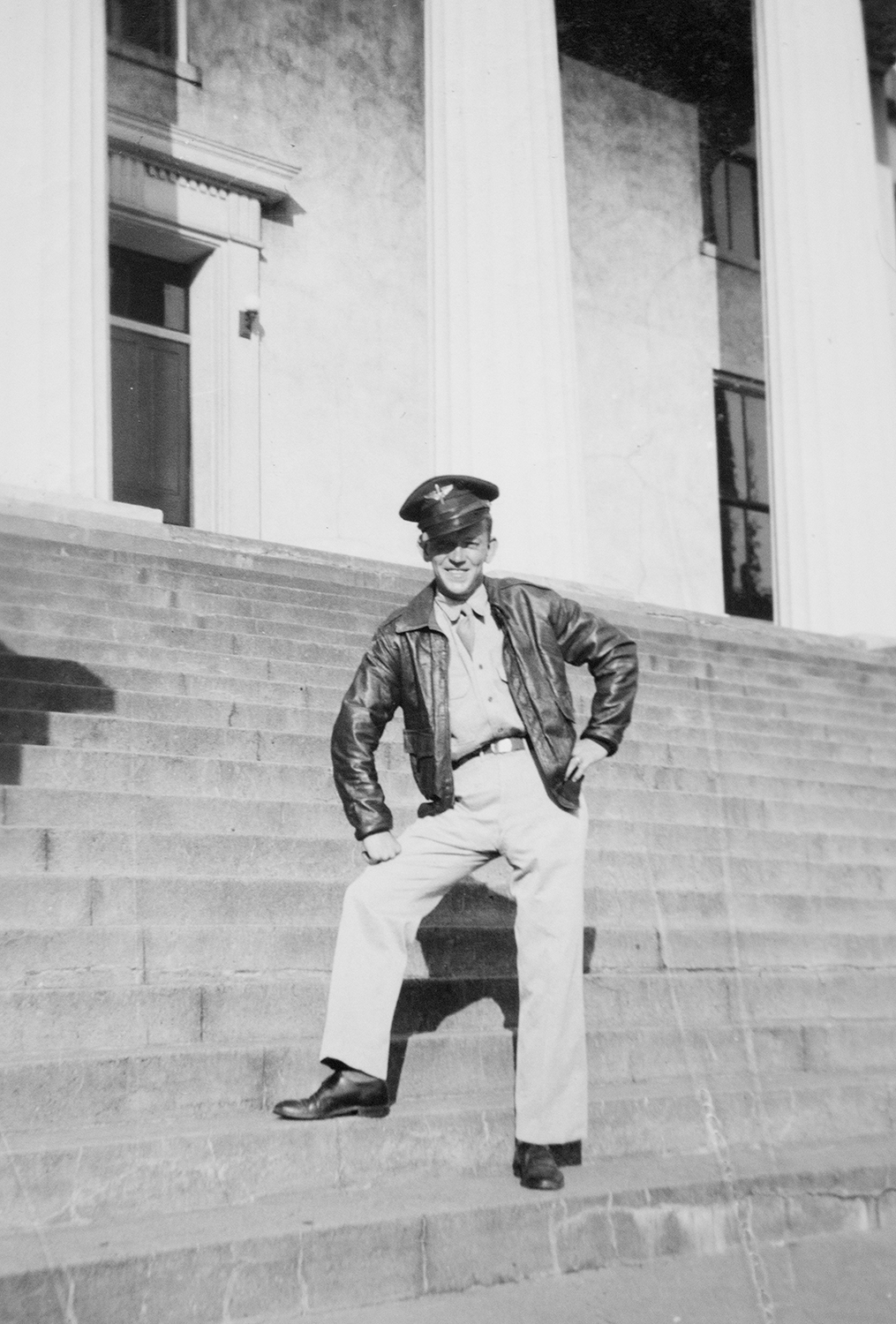
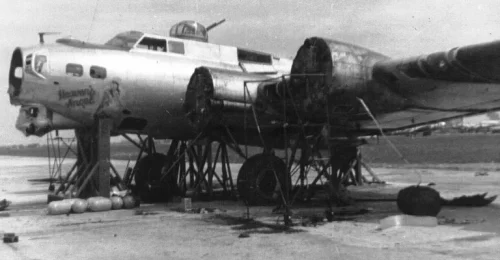
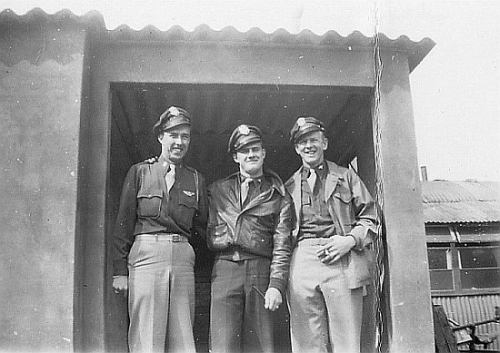
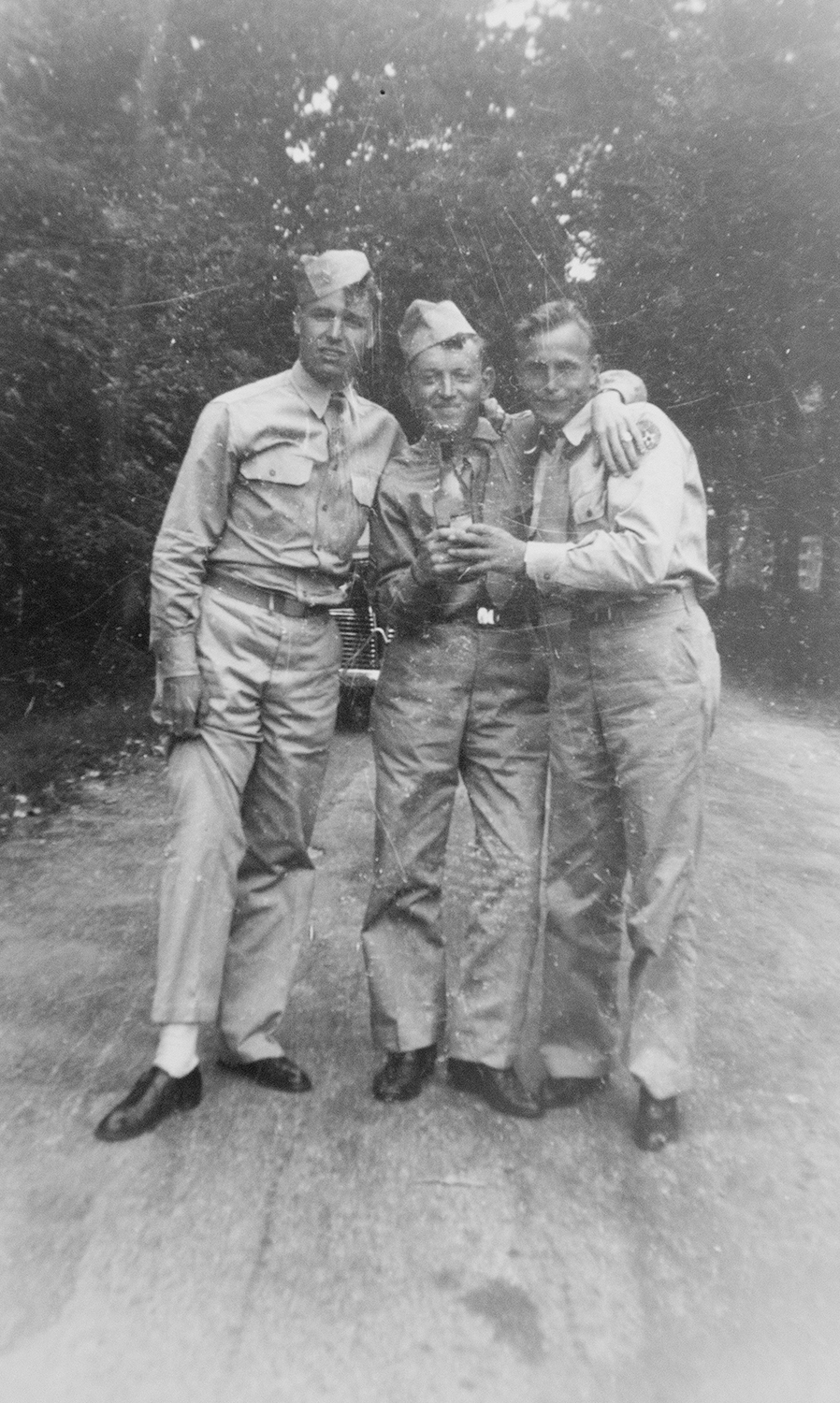
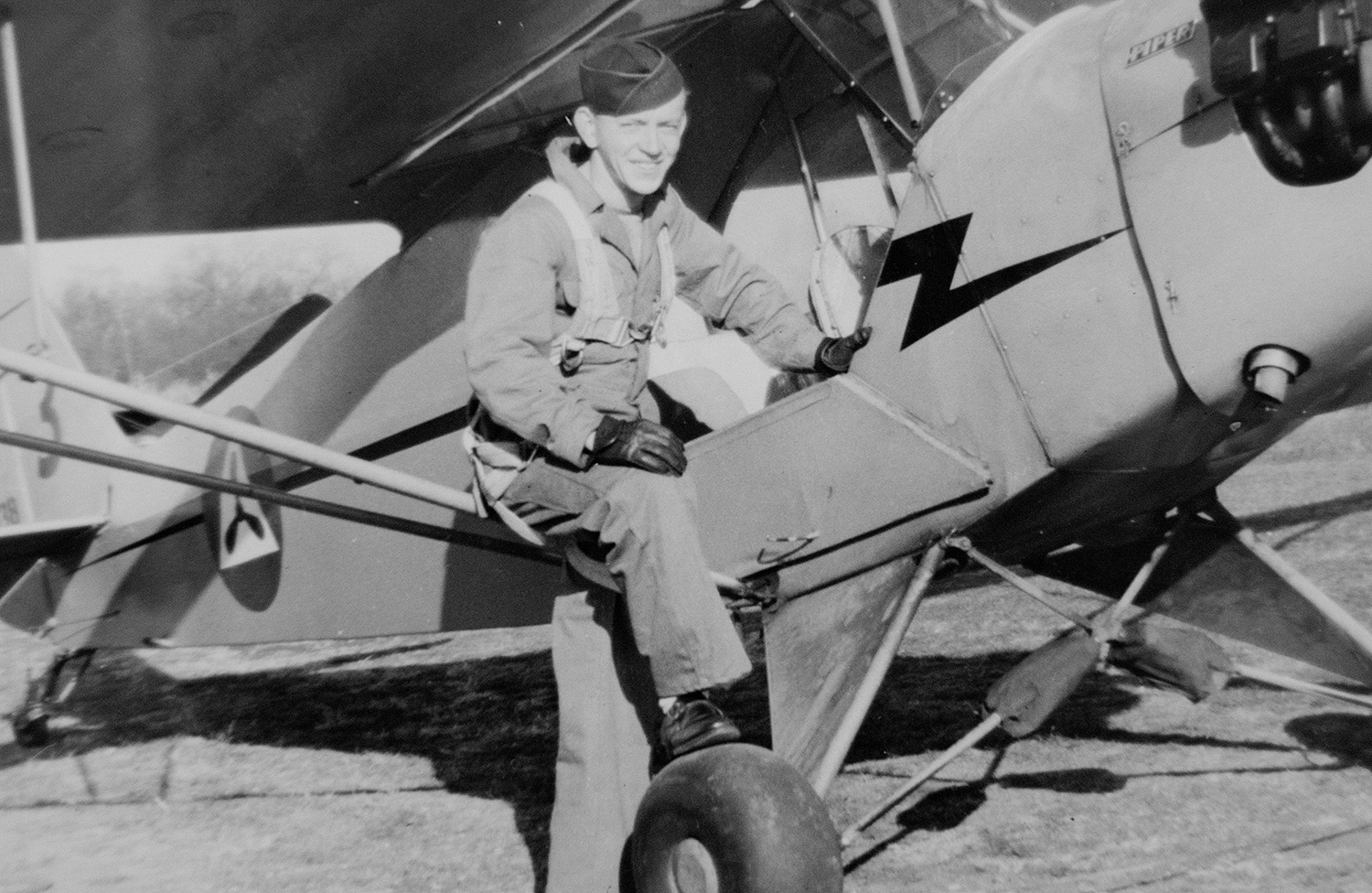
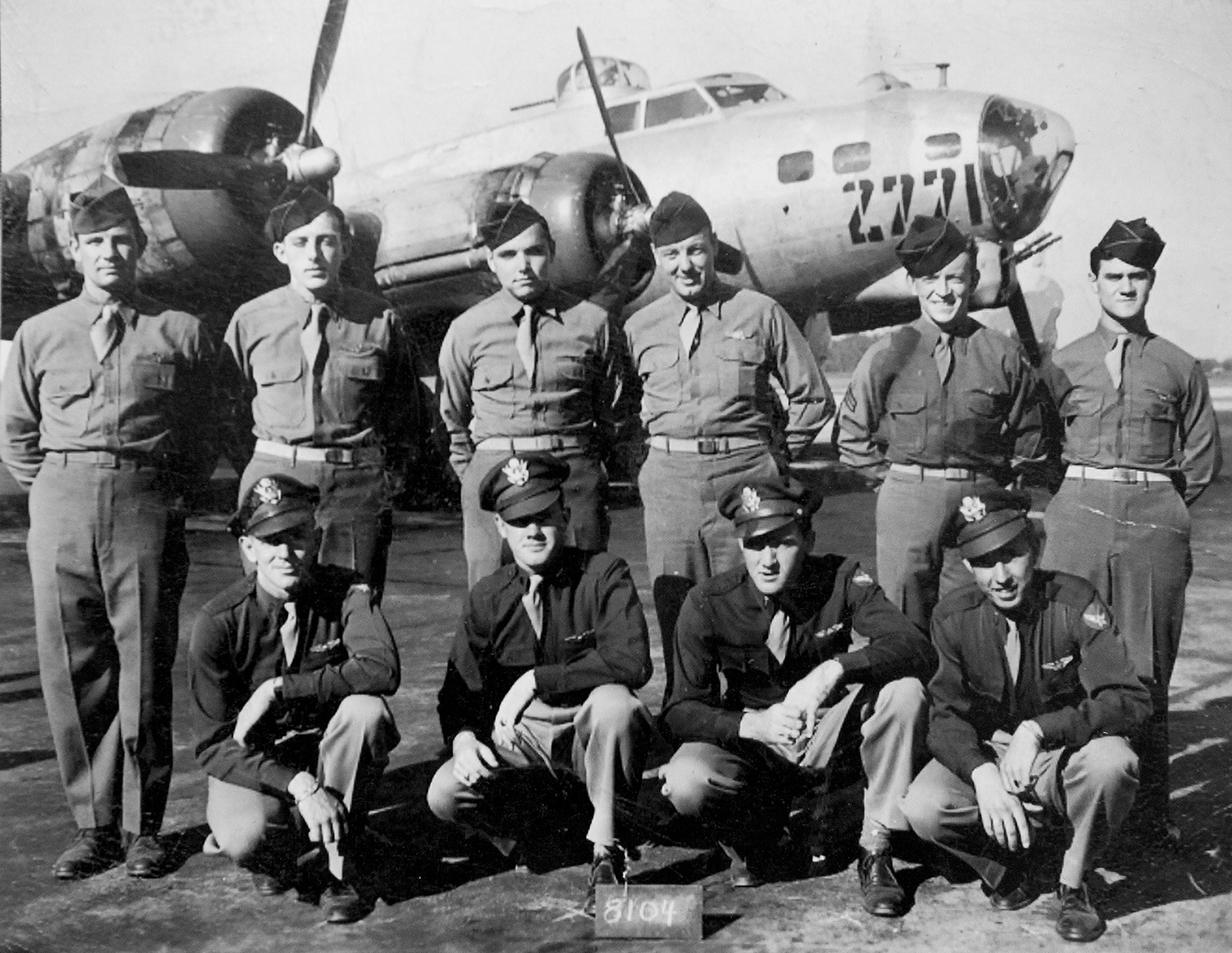
Bill Bell
Even after the war was over, I didn’t trust the Germans or Japanese. From when I was 12 years old until I went overseas to the occupation of Japan, all I had heard was all of the bad news...
I was born in Centralia, Illinois on November 21, 1927 because my mom was there! *laughs* No, see, in 1925, my dad was sent to Florida because he had pneumonia four times and lost one lung and he couldn’t go outside on a cool day or he’d have pneumonia. He went down and was a carpenter and then became a contractor working with the Thompson carpenters. He’d come back to Centralia and stay for a while and then go back to Florida. About a year after I was born, we all went down to Florida.
The first thing I can remember as a boy, I was down at the barn and I had taken the horse and I got a bridal to put on him, but I was really short and he was really high up. This salesman came by and said, “Bill, you’re supposed to put the bridal on this way!” Well, I had it on upside down on purpose because I could put it on and swing it as I was getting up and it would stay. As I was trying to do that and get up on the horse, I would stand on the horse’s knee and pull on his hair and yank myself up.
I guess you could say that I was a cowboy, or at least I thought I was. I was on my horse all over the place. My dad had a colored fella working on the farm with us and dad would say “Pat, you get some work out of my boy and don’t let him be messing around!” Well, I translated that some years later to, you take care of that boy and don’t let him break his neck! *laughs* So, then I had that horse for several years and then I got a new one, which I named Smokey. He was a fine horse, a good medium size. Smokey was a good cow herding horse. I’d say to him, “we got a hundred cows over there Smokey”, so I’d ride over to the cow on the end and push up against him and he’d practically run over the rest of them!
I would get up around lunch time and get my horse and go circle around the 365 acres we had. I’d go out and round up the cows and we’d bring them in. It wasn’t a terrible job because they knew when you’d round them up they was coming in to feed and they loved that. Sometimes you could just stand and holler at them and they’d be coming out of the woods everywhere. The entire farm was fenced in, so keeping the cows together wasn’t that hard. During the school year, I’d have a few hours of work when I’d come home from school. I’d round up cows and bring them in. They would be coming in after the milkers. Daily, the cows would have inspection and we would look over them and see if they needed anything. My uncle took care of cleaning the cows. A line of cows would come in to feed and he’d start at one end with a garden hose and clean them up.
Our farm was one of the first farms to have the electric milking machines. The electric provided vacuum air. They were surge milkers. They were simple, easy to clean, and made of stainless steel. We’d filter and clean the milk and then cool it in a walk in refrigerator. In the mornings at around 1am or 2am, the truck would come and we’d load it up with 35 cans and my uncle would take the truck out to deliver to customers in areas like West Palm Beach. Sometimes I’d take a ride out with him to the creamery and when we got there I’d take a dime and get a pint of chocolate ice-cream! My favorite.
During the depression there wasn’t any gas, so people would abandon their cars. What farmers would do, is they would purchase those cars for five… ten… fifteen dollars and they’d cut the back end off to the floor and they would build a flat bed pick up and that was “Mr. Farmer”.
Well, on December 7, 1941, I was 14 years old, it was Sunday afternoon around 1 or 2:00 p.m. I was at my grandpa’s house and my uncle was sitting there and Roosevelt announced over the radio that we had been bombed by the Japanese. He said that he was going to Senate and Congress tomorrow to ask them to declare war on Japan. Honestly, I felt awesome awareness even though I was only 14 years old.
In 1945, I was drafted into the Army. My dad had 4 men deferred from the draft because of the necessity of milk from our dairy farm for the war effort. Dad knew enough people on the draft board that it was no problem. I would have been safe from the draft as well, but by the time I was 18 the war was over, so I went ahead and let them draft me because I wanted dad to take whatever action he wanted. The truth is, I had been working on the farm all of my life and I was ready to take a break. After being drafted I went to Camp Landing and was processed and then went to Georgia to Fort Benning. Following that I was sent to Fort McClellan, Alabama where I took bootcamp training. Training wasn’t much of a challenge to me because I was in good shape from working on the farm. After training I came home for what they called a “Two weeks delay in route” and then I went by way of train to New Jersey. In New Jersey, no one knew where we were going and most of the guys were worrying themselves over it. I was content though, I knew we couldn’t change that. They all said, “We’re going to Europe, we’re going to Europe!” After we boarded our ship, the USS Colby, a victory ship, and set sail, I looked at the sun and looked at the time and said to myself, “We’re going South! Europe is that way!” The next morning I told everyone that we weren’t going to Europe and they didn’t believe me. I had enough time on the farm, that I knew North, East, South, West and where the sun comes up, that I could tell where we were going. That afternoon a big bulletin came up on the board and it said “We’re now cruising Southbound about 90 miles off the coast of Florida.” Well, we weren’t fighting anything south bound, but you’ve got to go South to go West to the Pacific! Even after we went through the Panama Canal, guys were still all kinds of mixed up. But there was only one place in that direction that they would need you and that was Japan. Of course I didn’t know that though. Off of San Diego, we lost electric power on the ship and everything was off. It was so dark you couldn’t see nothin. All I knew is that when I was walking I better reach out and grab for a wall. The ship operators were lock jawed, the military told us nothin. That night, I was up on the main deck and I could see everywhere.
Shortly after that had happened, I heard that the officers were looking for volunteers. I said to myself, “That sounds great, but for what?” And guys were moving slow, but they was thinkin. There were about 4 of us and we were sitting together and they told us the volunteers would be filling the operation on deck office, which was where all of the news and orders would be taken to be broadcasted across the ship. So we said okay! I ended up in a radio station that was no bigger than my bed… A little place, but there were two of us in there for two shifts with the big military radios. The best part was that we got special quarters. We were volunteers with a serious service, we had officers quarters! Boy, what a surprise that was!
After our ship was repaired off the coast of San Diego, we made our way to Honolulu. Once we landed there we were docked for 5-6 hours. There were 1700 of us on there and they let us go ashore for a few hours. When got off ship, there was one thing that I needed real bad… a hamburger *laughs* Deluxe! All we got to eat on the ship was a half full cup of soup and a few crackers. They had Pepsi and Coke, but it was really watered down and it barely had any taste to it. Guys were so desperate for a real Pepsi or Coke, that they would pay a quarter or 50 cents for a dime soda! I was so glad to get off that ship. After that, back on the ship we went.
It took us 31 days to get to get to Japan and we landed at Yokohama. We were all herded off of there and went through processing at a big collective place in a hotel until we got our orders. There were places to be filled. I saw that the motor pool needed “so many men”. I thought to myself, “A motor pool, I’d be comfortable with anything there!” Well of all things, I got comfortable there and they started calling men to go and I wound up in an armory depot out in the mountains. In those mountains there were all of these caves full of armor. The Japanese done nice! There were 24 of us out there in the detachment and Sergeant Anamerati was our lead man. We were set up in these small quarters with two men per room. Since it was way out in the mountains, we didn’t have to do formations anymore. We’d just wake up, get breakfast and get our jobs done. I turned out to be the lead man in the motor pool and I had about 10-15 trucks and 10-15 drivers! The trucks would take dynamite into all of these caves and move it into a cave one at a time and then the next day, they’d go back and pack it all back up and move it to another cave! This would continue because dynamite sweats and if it sweats, it gets very dangerous. We’d have to check each box individually and if we found any dynamite with sweat on it, we’d take it out away from our depot or out of the caves, dig a big hole and drop the dynamite in there after breaking it up. You break the dynamite up so the powder will burn up slowly instead of blowing up! There were trainloads of this stuff. It was a life long job, moving this stuff constantly every single day. I thought to myself, “how long is this going to last and how good is it?” The Army should have had a detail just pack it up on these barges and take it out 3 or 4 miles off the coast and drop it in the Pacific Ocean!
This one day around 3pm or 4pm, I was up the hill on the railroad and my guys were down in the hole burning some of the dynamite. All of the sudden I heard this tremendous commotion and then this huge boom. The boys that were down there burning the dynamite were supposed to only have 2 or 3 boxes of dynamite burning at once, but it was getting close to go back to the depot and they had been loading that hole up with more boxes than they were supposed to. They didn’t get it lit good, they just blew it up! They were sitting back and watching it burn. None of the guys had their helmets on and when that dynamite went off, there were rocks flying every where. We got down there and the guys were all laid out on the ground, but every body was alright. They were lucky!
Shortly after this happened, our lead officer came to us and said, “you guys get this mess cleaned up and set things straight and keep your mouths shut!” That’s all it took! We never said a word. Somehow he figured out a way to let the explosion go by without being caught and kept it out of the incident reports. Our detachment was 60 miles out in the boonies and every so often, the Army would send officers out to investigate the depot to make sure our incident report was clean. The cook, Petucci, who had been in the Army a long time, was devious. These officers came out and he gave them a nice cup of coffee. He said to them, “gentleman, after your two hour ride out here, you guys must need a little refreshment!” So he brought them coffee and then some more coffee and more coffee and soon enough they couldn’t find the bottom of the cup! Three months later, our sergeant receive a letter of commendation for safety! *laughs* All his men were alive! That’s what that meant.
My job was to keep our trucks rolling. There were 10 wheels per truck and we had 10-15 trucks and those trucks were doing a lot of work. I had 20 truck tires flat every single day. I had a crew of men who were just in charge of putting new tubes in and filling them up! After looking around, I got to thinking, there nails are all over the place and there isn’t a day that goes by that I don’t have 20 or more flats to fix! Then I ran across something… a magnet. There was a supply depot nearby that had a pile of junk that nobody knew about, so one of the guys went and grabbed 8 or 9 of those magnets. I built this basket as wide as the truck tracks with heavy chicken wire and took the magnets and laid them across. I mounted it on a set of wheels and engineered some handles to create something like a wheel barrow. I got 3 or 4 men and what I had them do was walk along the road and those magnets would pick up all of the nails! After we cleaned up the nails, I went 2 weeks with only 2 tires to change! I really enjoyed that work. We had good luck for the rest of our time there after this.
When I left Japan, I was on a converted hospital ship. I was not interested in the name, I just wanted to get home. We disembarked in Seattle Washington. They gave me my mustering out pay and from Washington, it’s a long long way to West Palm Beach, Florida. It’s practically on the other side of the globe! So I took every penny I had and bought me an airplane ticket to Chicago, from Chicago to Florida. It took about 3 days, but it was much better than a train ride. When I arrived in Palm Beach and walked out onto Southern Boulevard, I started searching for a ride. I had to go down to Boynton, 5 miles West of Boynton. I hitch hiked home. I got out on the highway and finally caught a ride and the guy who stopped had a pick up truck and I threw my bag in the back and got in. He asked me what my name was and I said “Bell, Bill Bell.” He knew exactly who I was! He said, “I haven’t seen you, where have you been?!” I told him I was over the pond! He got me home and dropped me off in town. My grandpa lived right in town and I went to his house. Coming home I had mixed feelings. I had a bunch of cows waiting on me on the farm and a lot of work 7 days a week, but I was glad to be home.
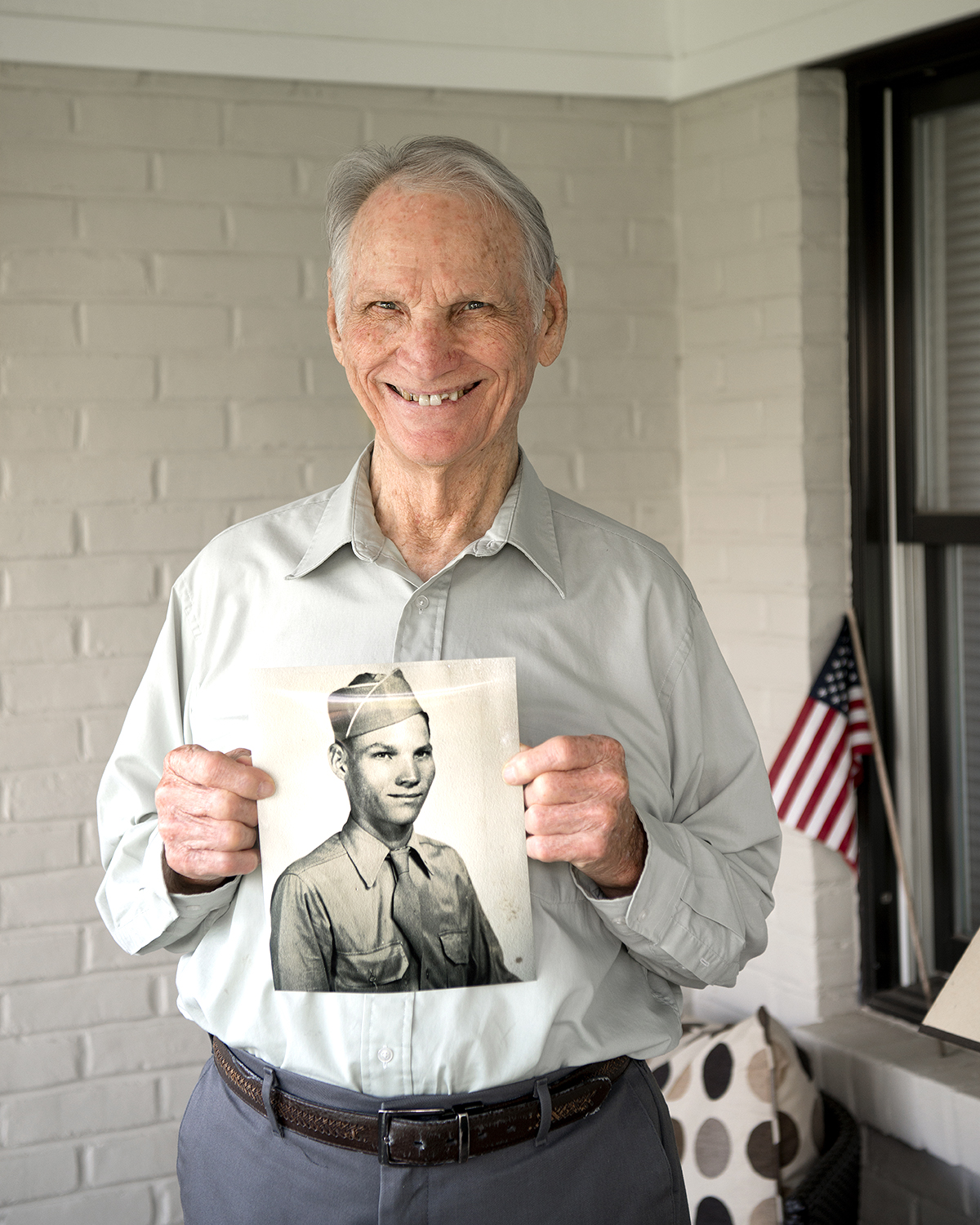
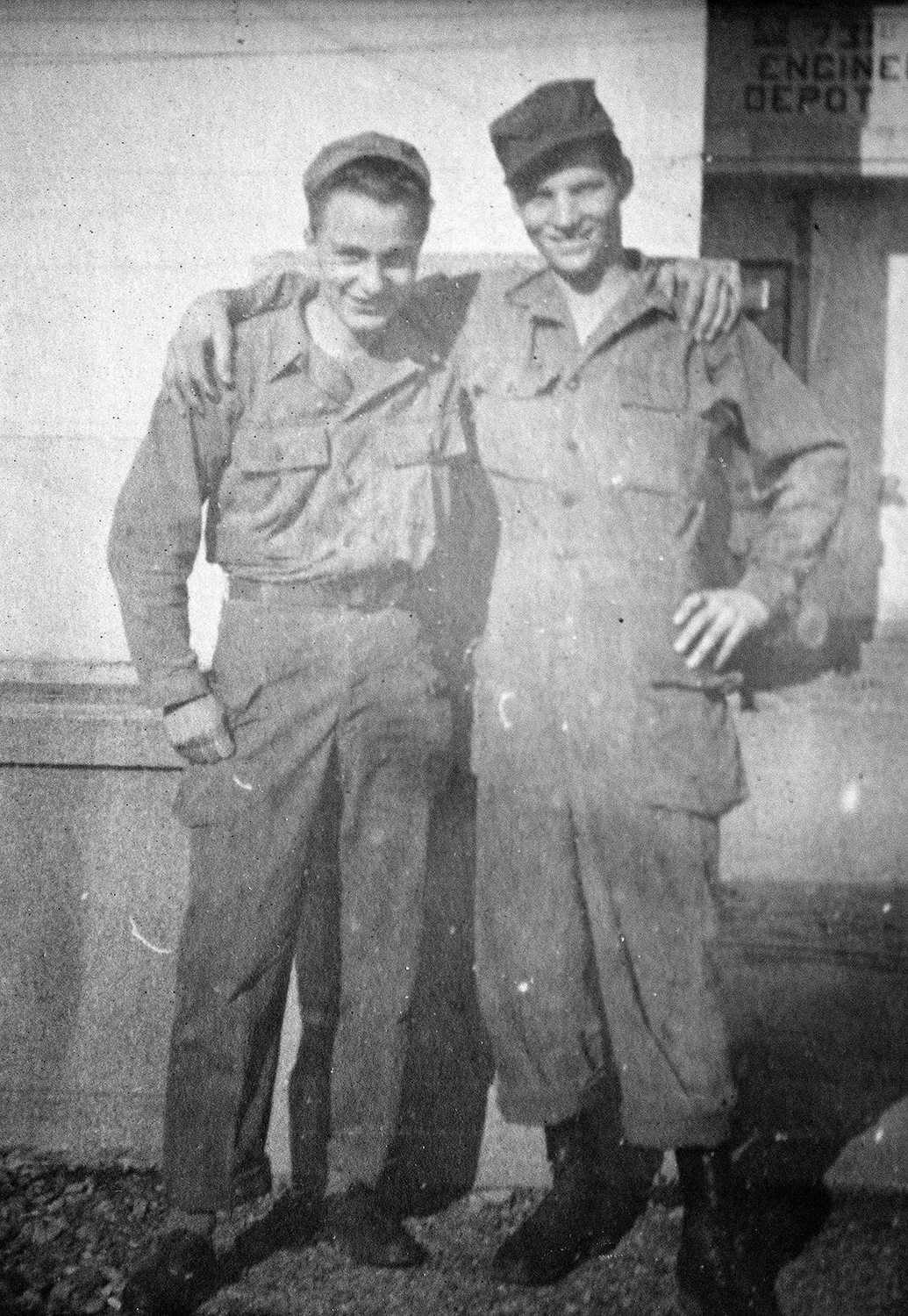
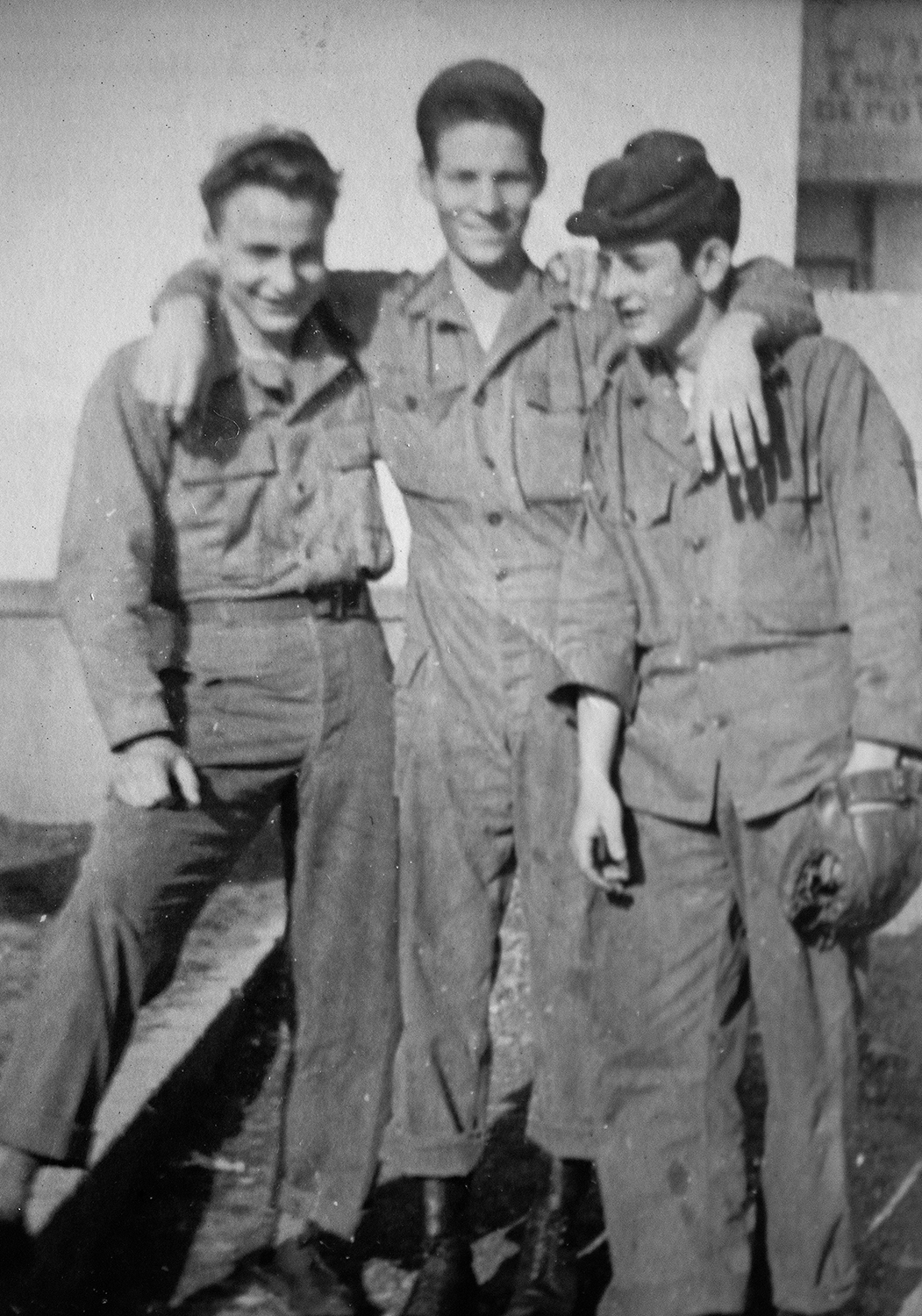

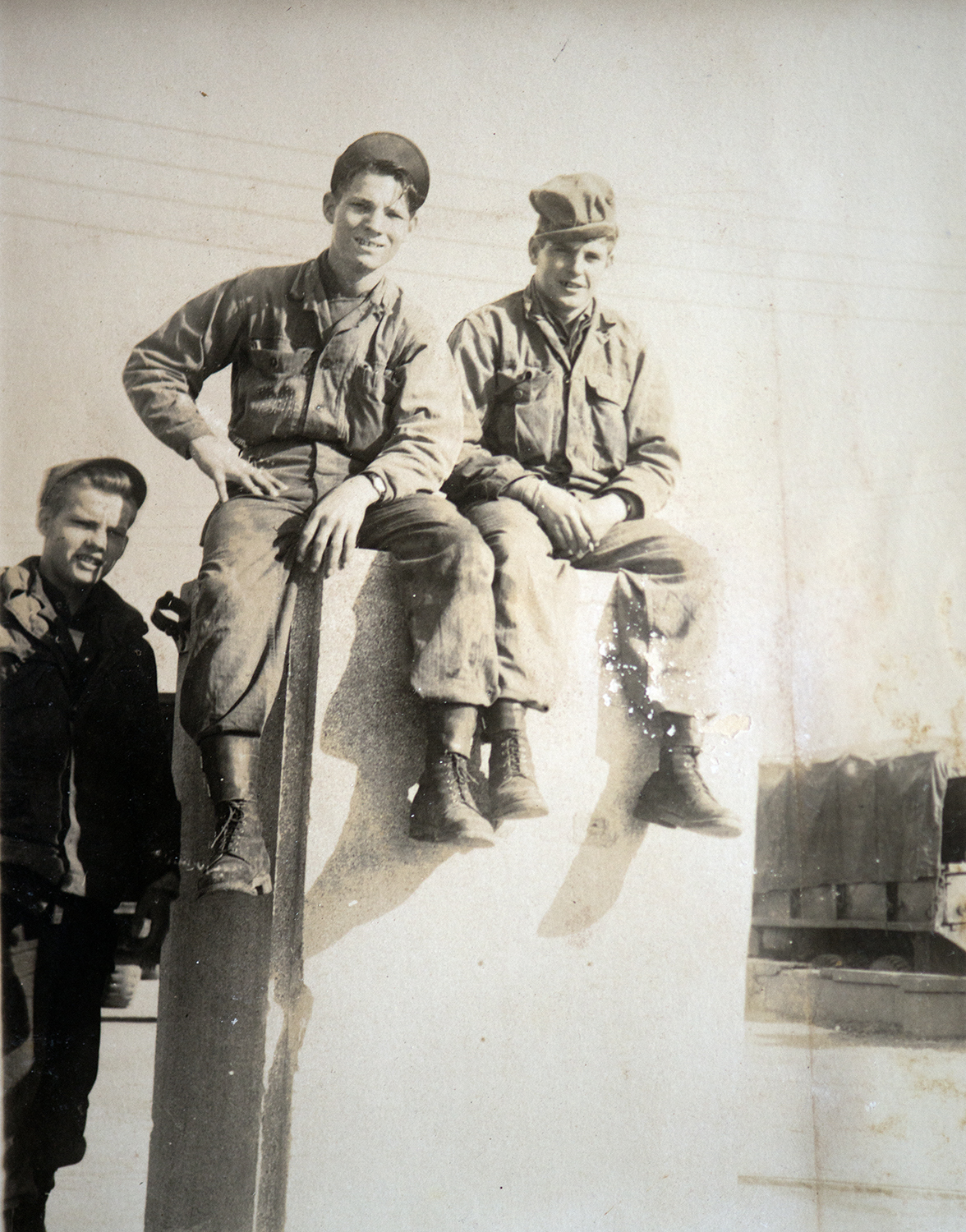
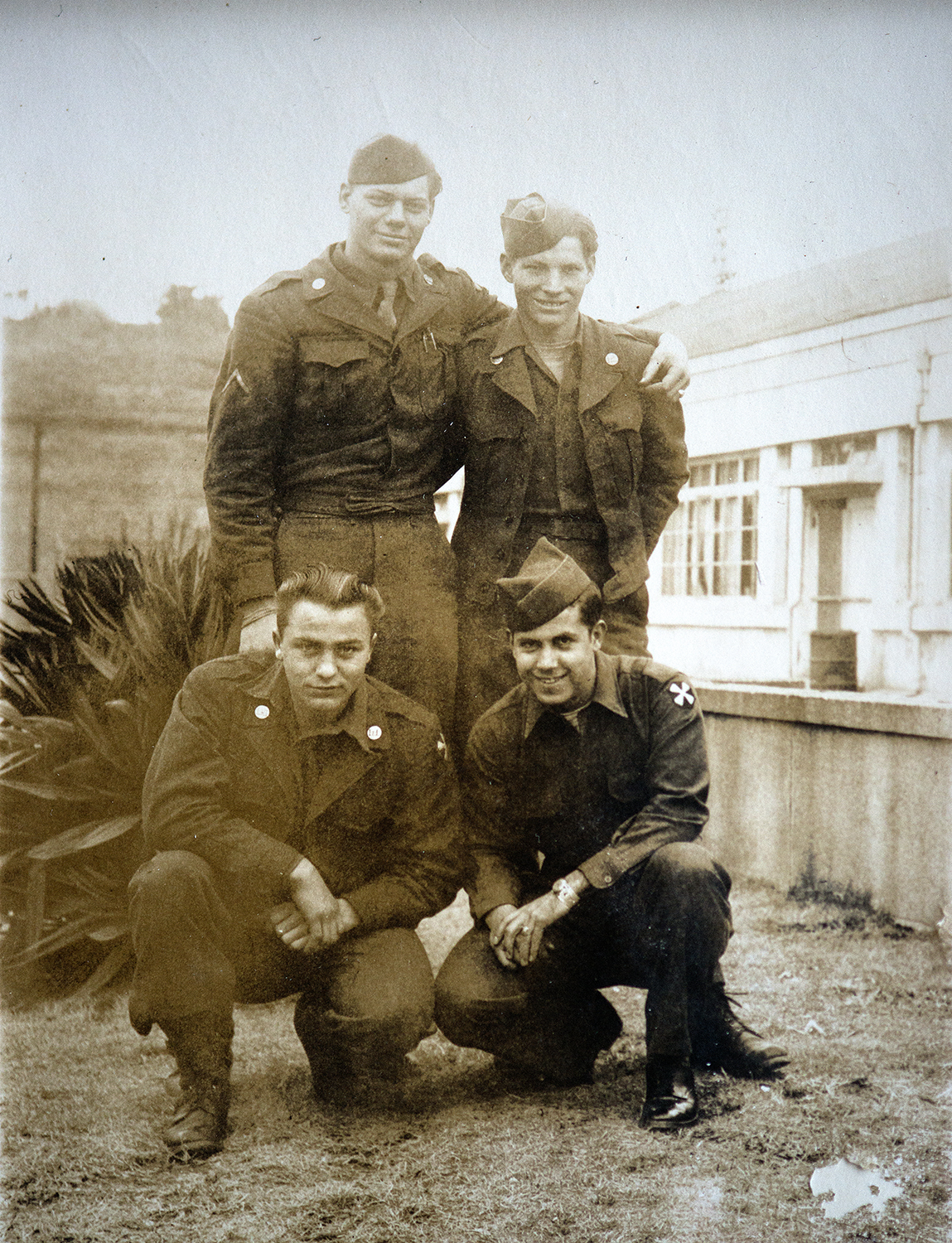
John Murphy
I was born in Louisville, Kentucky on April 2, 1927 in St. Joseph’s Infirmary. As a young baby, my family moved over to Jeffersonville, Indiana and lived there for a while. When the Depression hit, my dad lost his job. He was a machinist. We ended up moving to my grandfather’s farm back in the eastern section of Louisville, called Clifton Heights. We lived in the middle room of the shotgun styled house and my uncle who married my mom’s sister, lived in the living room with their two kids. My grandma and grandpa lived in the kitchen! We had no running water or electricity. Luckily since grandpa had the farm, we were able to live off of the land. So that’s how we ended up existing during the depression. My father had one day a month’s work at his trade and he did all kinds of things like working at a grocery store, carrying ice, and stuff like that. When the depression let up, we moved closer to school! The fact is, when I lived on the farm I had to walk 5 miles to my school St. Francis of Rome. After moving I went from having to walk 5 miles to school, to living only a block away! That was much easier! Later on I went to high school at Louisville St. Xavier and played basketball for a year and a half and then they cut me because I was too short. So then I went out to a little country school called Anchorage High School and I was able to play basketball there because it was a smaller school.
On December 7, 1941, I was a freshman in high school and I was with my youth group and we were going to have a party about ten miles out of Louisville at a lake. The priest, myself and a couple other guys and gals went out a little early to decorate the cabin for the party and a dance that night. When the rest of our youth group came to join us for the party that night, they came with some horrible news! They were in tears… they said “We’ve been bombed! We’re at war!” I said “Wait, what are you talking about? We’re at war?” Then they explained that the Japanese had bombed our ships at Pearl Harbor. It was a frightening thing. Of course being young it didn’t bother me as much as it would today, but it really came as a shock.
I was in my junior year of high school when I became draft eligible. The date was April 2, 1945. I wanted to at least finish my junior year of high school. I thought maybe I’ll join the Marines! So, in February of 1945, I took the physical and passed it. I took the Coast Guard physical and passed that too. But they wanted me to go right into service, but I wouldn’t have been able to finish my junior year. So I talked to the draft board and they said they were defer me for two months until I finished the school year. I swore in on April 2nd and passed the physical and the draft board said I was all set. When my junior year finished on June 2, 1945 I had to report. Of course at this time in the war, our fight against Japan was really going strong and my training was for the invasion of the mainland of Japan, which I don’t think we would have ever succeeded. The Japanese would have never given up that Island. On June 2nd, I got on a train to Camp Atterbury Indiana, the induction center, where I got all of my shots and uniforms. We were there for a week or two and then we caught a troop train to Fort Mclellan Alabama, where I took my infantry basic training and that was tough, but I enjoyed it because I was in such good shape from playing sports in school! The whole time I was there, they were training me for the invasion. They gave us infiltration courses, weapons training and maps training. Before we finished our training, I had to go on a 35 mile hike with my packs on and my rifle. We left at 8 O’Clock that night and finished up the next morning somewhere in Alabama and then we had an inspection of our gear right away. Next we had to put up a tent before we could eat. During that march, I can remember there was a little Filipino special forces soldier who had already fought overseas in Guadalcanal. Well, he was right next to me and said “Man I know it’s tough, but keep going, we gotta make it!” As the night continued, I fell asleep while marching! I’d veer to the left and then to the right and as soon as I’d bump someone I’d wake up. Guys were falling asleep and falling out of line all night, but he kept me going… he was a tough guy! I finished that up in June and came home on furlough with travel orders to report to Fort Ord in California. While I was at home on furlough, they dropped the bomb. I got a message from Western Union telling me “Stay put and do not report to California. You’ll have further orders.” So instead of two weeks furlough, I had four weeks. Hearing the news of the bomb drop… I said to myself, “I guess that is going to save my life!” It was a huge relief. Finally a message came through on the Western Union to report to Fort Pickett, Virginia. That was a port of replacement and I was there for about a month doing mostly studies about Japan and the invasion. Then we started hearing news that we would possibly be going to the Middle East! When I finished there, they shipped me to Camp Shanks New York and I was there for about two or three weeks. I can remember going down the Hudson to New York City and we shipped out on the US General CC Ballou. We had to dodge the U-boats, which were still active even though the war was supposedly over with Germany. There were U-boats everywhere in the Atlantic. Our ship went North out of New York and all at once took a turn to the south-east. Ironically after I got two days out I found out that the bugler, the guy that woke us up each morning, was my mom’s first cousin! So I got to know him and we became friends on the way over. We ended up by the Azores, sailed passed them and then through the Strait of Gibraltar into the Mediterranean Sea. I thought to myself, where the heck are we going? The ship then docked at Port Saïd, Egypt! We were port side for about a day and then they put us on a troop train and took us to Cairo, which was about a three hour trip. We were still in our winter uniforms that we had been issued to us at Camp Shanks in the early part of November and it was 120 degrees when we got there. It was miserable. Finally they issued us khaki summer uniforms when we arrived in Cairo. I ended up at Camp Huckstep, which was right outside of Heliopolis. That was where I became a military policeman. They felt I was too small for duty in the city of Cairo where there were fights, so they put me on jeep patrol and my job was to patrol the highway between Cairo and Camp Huckstep, which was about fifteen to twenty miles. The guys in my unit and I would travel also from Cairo to Alexandria and Port Saïd and pick up our troop train coming back and we would have to pull guard duty in the train yard. There were always two of us on guard. We’d have a box car with mattresses and we would keep the door open and so we could guard the troop train because the Egyptians would steal anything! In our down time, we would go out with a guide and visit all of the pyramids and the sphinx. What a place! I had a little box camera with me and I took a lot of pictures. There was even a time we climbed way up onto one of the pyramids and slept under the stars. You could see everything!
Our unit worked with the British, who had been there since the fighting in North Africa had come to an end. While I was at Camp Huckstep, we were responsible for Italian and German POW’s. I was in charge of the German POW’s. I had more trouble relating to the British than I did with the German and Italian prisoners! I got along with them great! These were all guys that had been there since the Battle of El Alamein in 1942, three years earlier. There wasn’t any trouble with any of the POW’s, they were actually quite entertaining.
I remember guard duty one night at a water pumping station out in the desert, there was this one guy with me who was worried about the Egyptians climbing in and contaminating the water. He had been there since 1942. Late into the night we spotted a guy who was climbing up the fence and POW POW POW, he shot him! Then he turned to me and said, “Now we gotta go out and bring him in!” I said “Bring him in? Is he dead?” He said “I don’t know, let’s go see!” He was. The guy with me had the right to shoot the Egyptian for security reasons, but I don’t know if I would have been able to do that at that time. After that, we had to go to our officers and explain what happened so they could pacify the Egyptian government. I was a witness and I said, “Yes sir, he was climbing the fence trying to get in and my buddy shot him.” That’s all. But it didn’t have to be, he didn’t have to shoot him. I don’t think the guy would have ever made it over the fence. I wouldn’t have shot him, but British soldiers were crazy! They had been sitting around there for three years with nothing to do and that’s who we were relieving. Going three years doing nothing after fighting at El Alamein… It was almost like they had cabin fever. They were trained to do something, but they had nothing to do.
Patrols along the highway from Huckstep to Cairo got to the point where we went to Cairo on troop movements and I would be put on the machine gun on a scout car because I had a high score firing the machine gun. They basically told us that when you go through the city of Cairo, there’s a chance you’ll be mobbed, so don’t hesitate to shoot. There were a few instances where I relieved a couple of bursts from my machine gun up in the air to scare a few groups and it worked. I’m glad I didn’t have to shoot anyone.
Later on, things started breaking out in Jerusalem, where the Jewish people were preparing to have a state for Israel and took the property from the Palestinians. This put us on alert for combat duty because it was getting pretty shaky. We were eventually sent there to help keep things in order and spent some time there and also in Damascus, Syria. My unit was stationed in Jerusalem for about two weeks and then we pulled out. A week later they blew up the King David Hotel where we were staying… So it was a very close call.
On the way back from one of our trips back to Cairo from Jerusalem, we were in C-47 and we got caught in a sand storm. The pilot couldn’t see a thing. The door was open and he was battling that stick. He had no control. It felt like we were in a kite! That old 47 was just flapping around and around out of control. Our rifles and equipment were flying around and I’m surprised no one got injured by any of that. When we were getting banged around and going down, I thought to myself, well hell, this is the end. This is it. I was saying my prayers… and then we crashed. Luckily the pilot was able to keep some control as he brought us in and we hit the desert floor and then skidded into a sand dune. That’s what stopped us. There was about 15 of us and we all got banged up, but some how none of us got killed. We were out in the middle of the desert and we had to stay there over night until they were able to find us the next morning. They took us to a small base next to the town of Ismailia. In that group with me on the C-47 was a lady nurse and I can remember she was calmer than all of us men! *laughs*
We were taken to the hospital and they examined us and luckily nobody died. We were transported back to our base. There was also talk that they were going to close down Camp Huckstep because the battles between the Palestinians and the Jewish people was settling down a little bit. During this time, we had a few skirmishes with the Sudanese who worked at our camp. They rebelled one night and I can remember sitting in the big dining room when they came in and started throwing stuff at us and we had to turn the tables over to protect ourselves.
When Huckstep started shutting down, I had a chance to come back to the states and spend the rest of my service time at a base near my home. Instead I remember how chicken things were at bases back home, where you had to wear a tie and the uniform. Over there as long as we had our khakis on, we were good! So I decided to stay instead of returning home and serving at a base for 6 months at somewhere near home like Fort Knox. Since I stayed, they moved me to Paine Air Force Base, which was about 5 miles from Camp Huckstep. That is where I became part of the Air Corps. At Paine Field, my job was in the postal service! Following that, I ended up in Alexandria, Egypt, about a 5-6 hour drive from Cairo, where my unit became part of the United States Army Middle East detachment. Alexandria was a city of about 150,000, smaller than Cairo, but it was a beautiful city on the shore of the Mediterranean Sea! The US Army had a big mansion down there about a block away from the consulate general’s office. We were in the detached service for the consulate general’s office. Mr. Doolittle was the consulate general, he was the brother of the famous General Jimmy Doolittle. We were somewhat under his jurisdiction, even though he was a civilian.
My duties in Alexandria with the consulate were military police support. I was on guard duty protecting the building we were in and there were only two of us, myself and Sgt. Beasley from Mobile, Alabama. We had to go a block down from our living quarters to the consulate general’s office to pull guard duty each day. It was a very small office. There was also an installation down there that we had to guard every once in a while. It was a depot for oil and gas and that sort of thing. There were Sudanese soldiers that were under our command and they had their own police force, which also answered to us. Usually there was a group of five or six of them ranked from major down and even though we were just sergeants, the officers still had to follow our orders. But we never had any problems, the Sudanese were great people, unlike the Egyptians, who we couldn’t trust. You could put your wallet down on a table in front of the Sudanese and it would all be there when you came back from what you were doing. They were beautiful people. While we were stationed there in Alexandria, we would have time off and we would go sailing in the Mediterranean with some friends who had a sail boat. We’d go out and have a great time. We spent about 5 months there. When my duty under Doolittle was complete, I was flown back to Paine Field.
It was getting close to discharge time. I spent a few weeks in the hospital and ended up being flown home from Cairo to Tripoli, spent the night in Tripoli and then flew to Rome, spent a few days there, and flew to Paris. I spent four weeks in Paris, what a beautiful city that is! Then I was flown to the Azores Islands, spent a day there, then to Newfoundland and then I flew into Bowling Field in Washington D.C.. After spending a few weeks at Bowling Field, I was discharged.
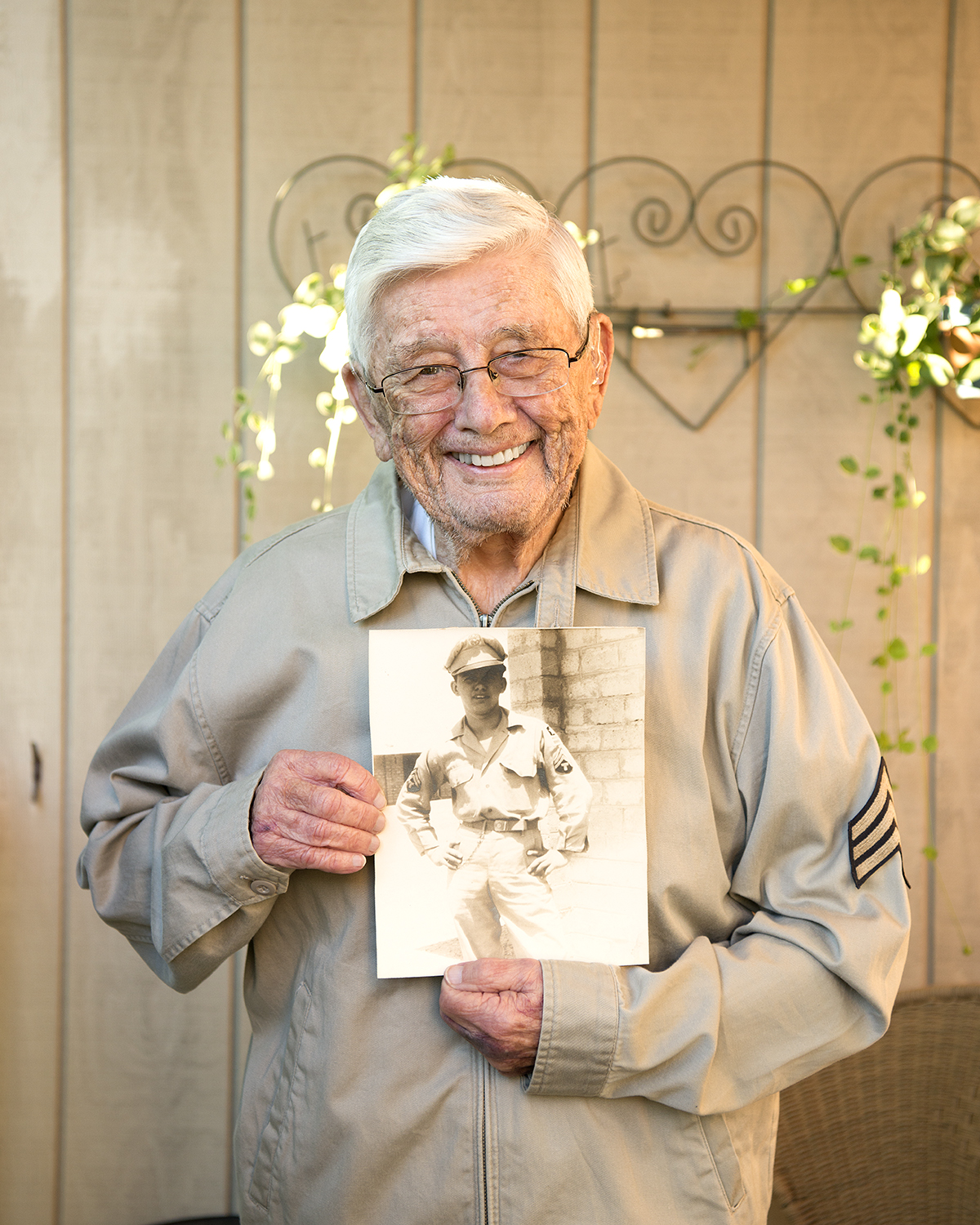
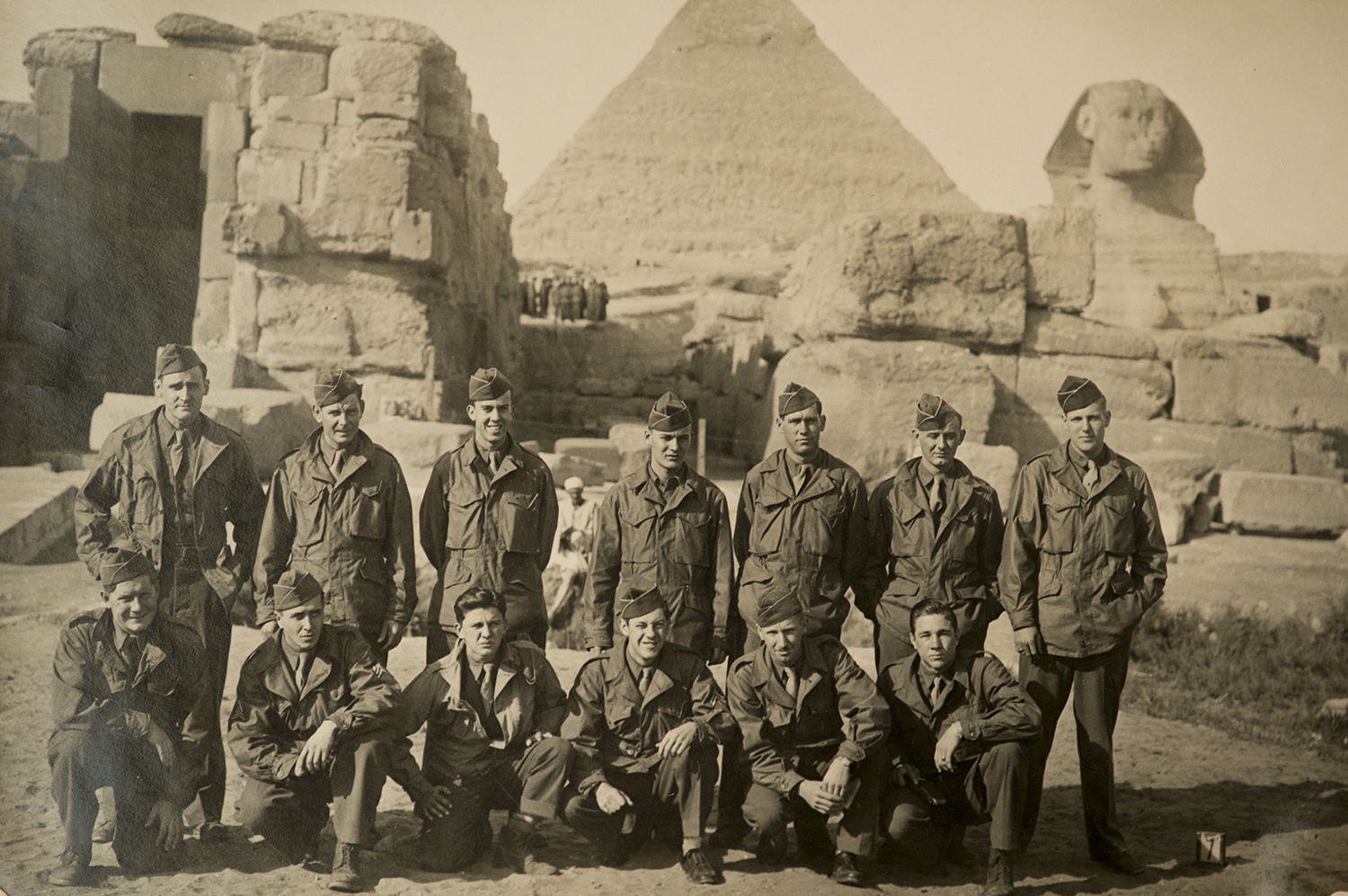
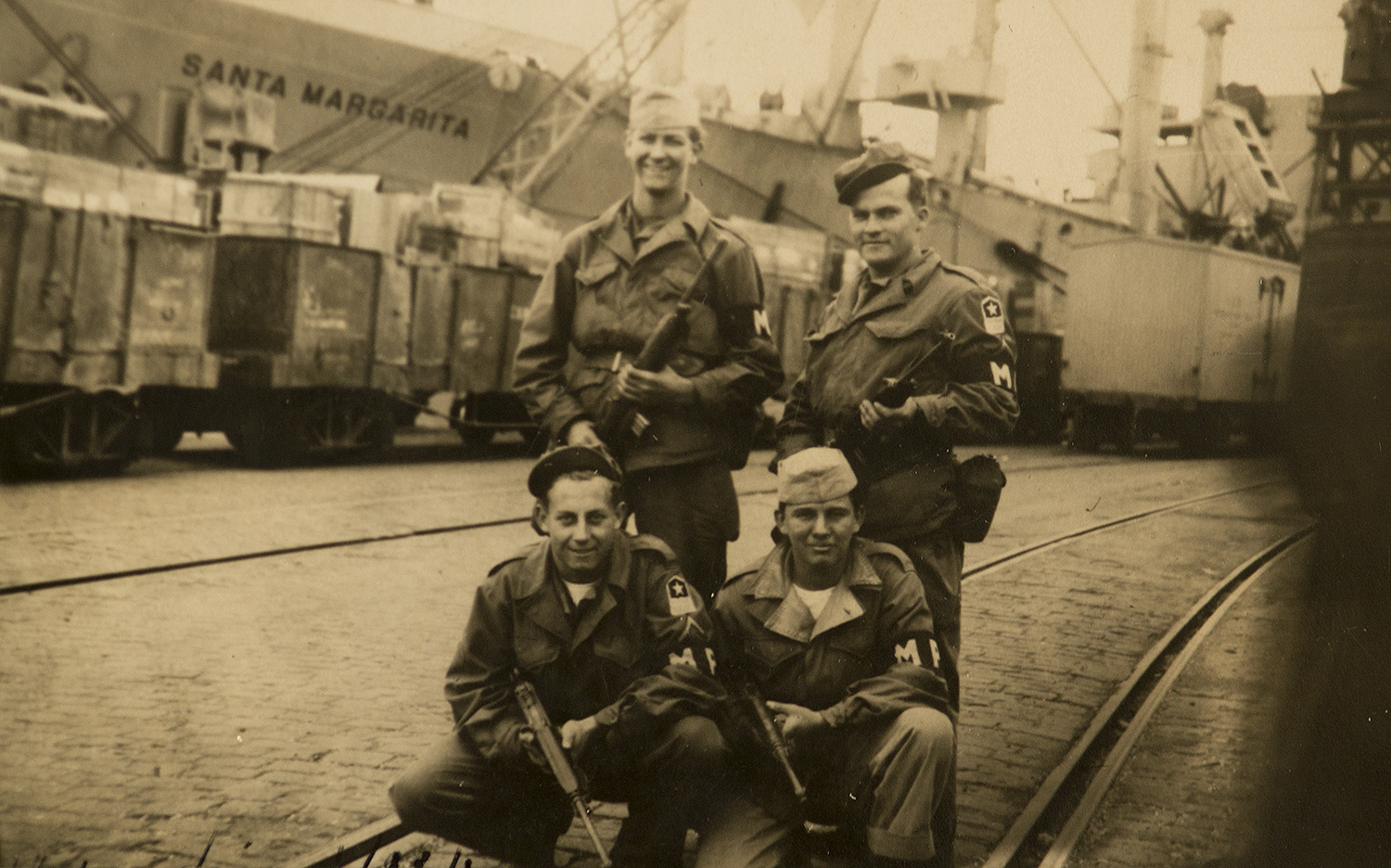
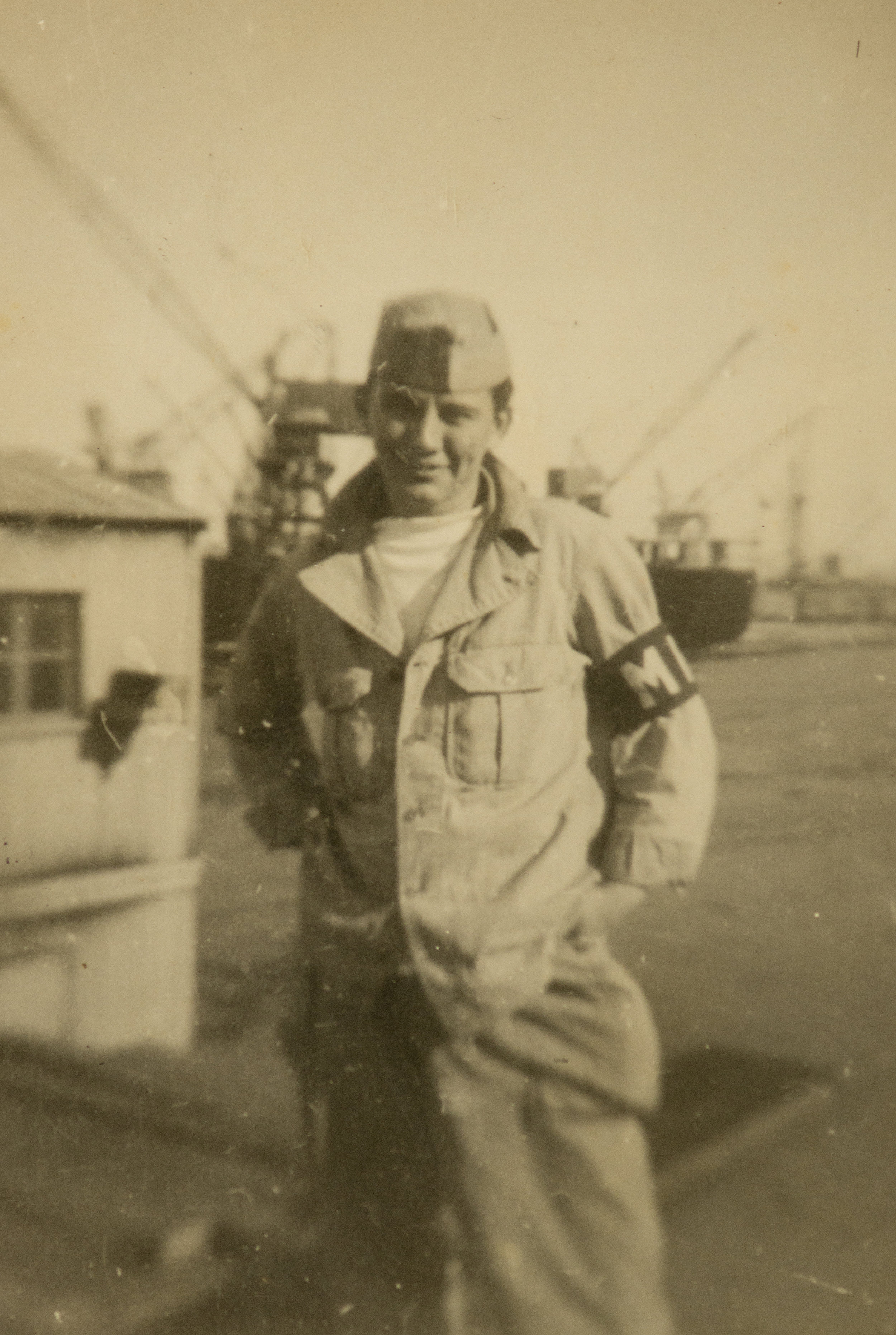
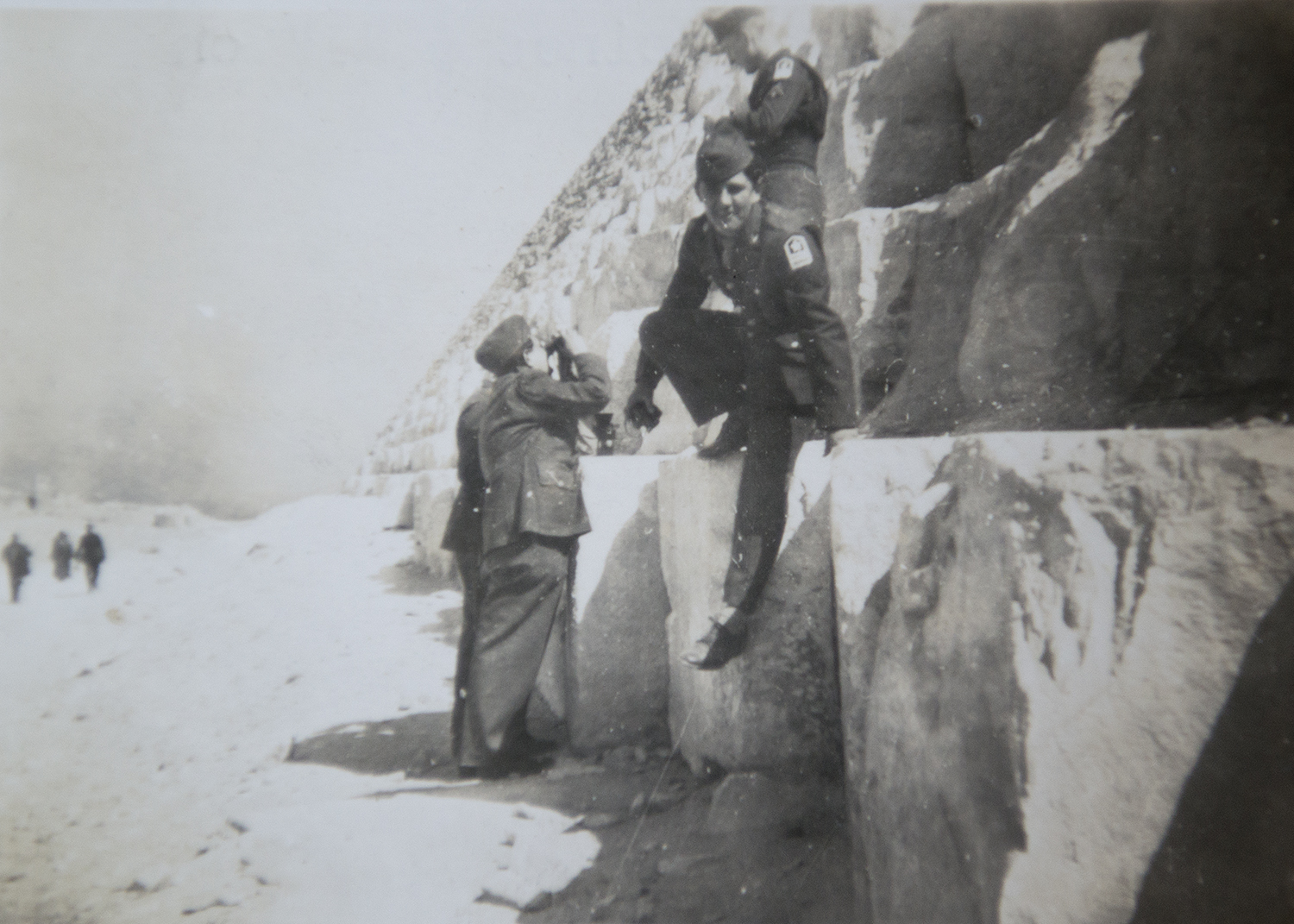
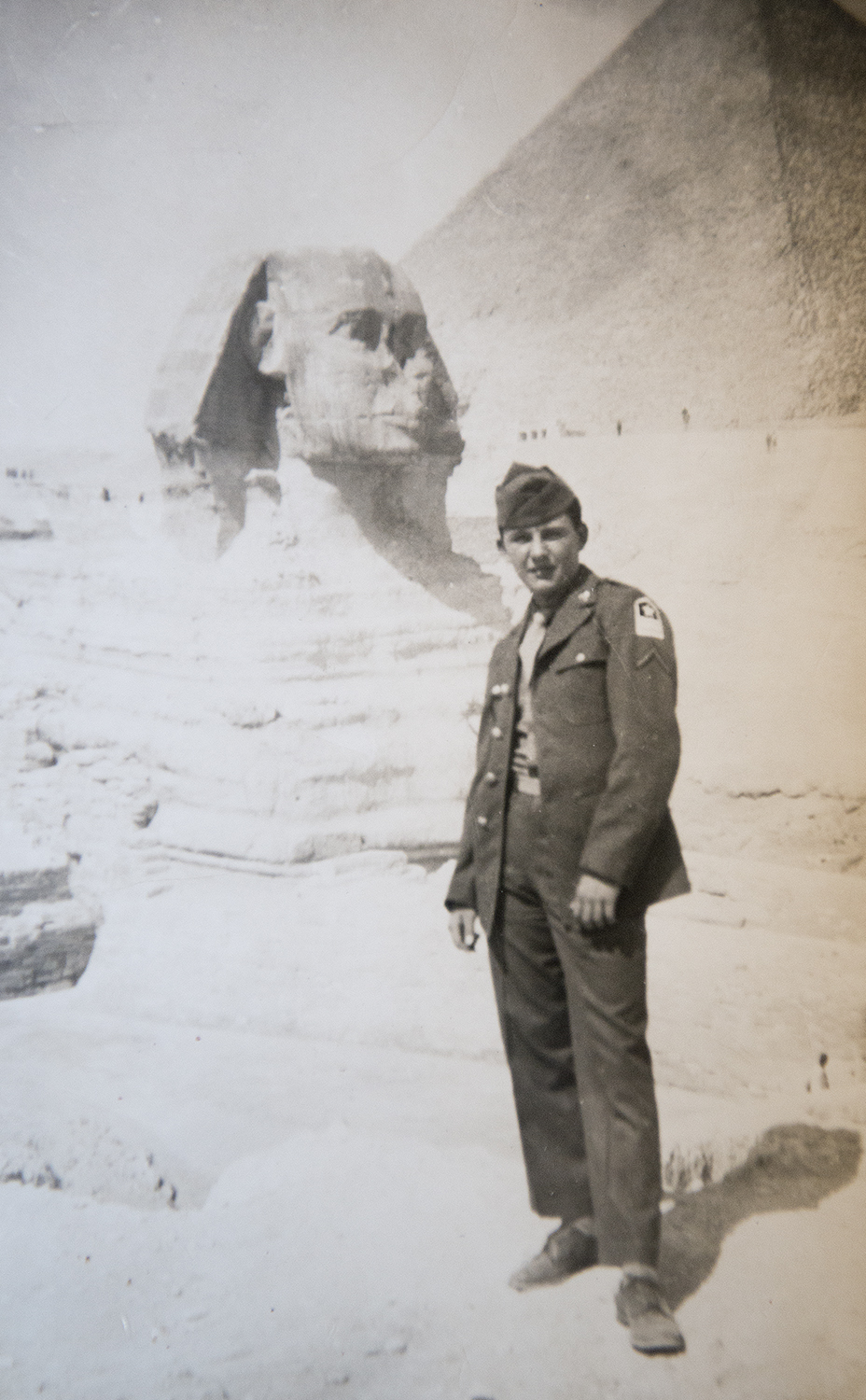
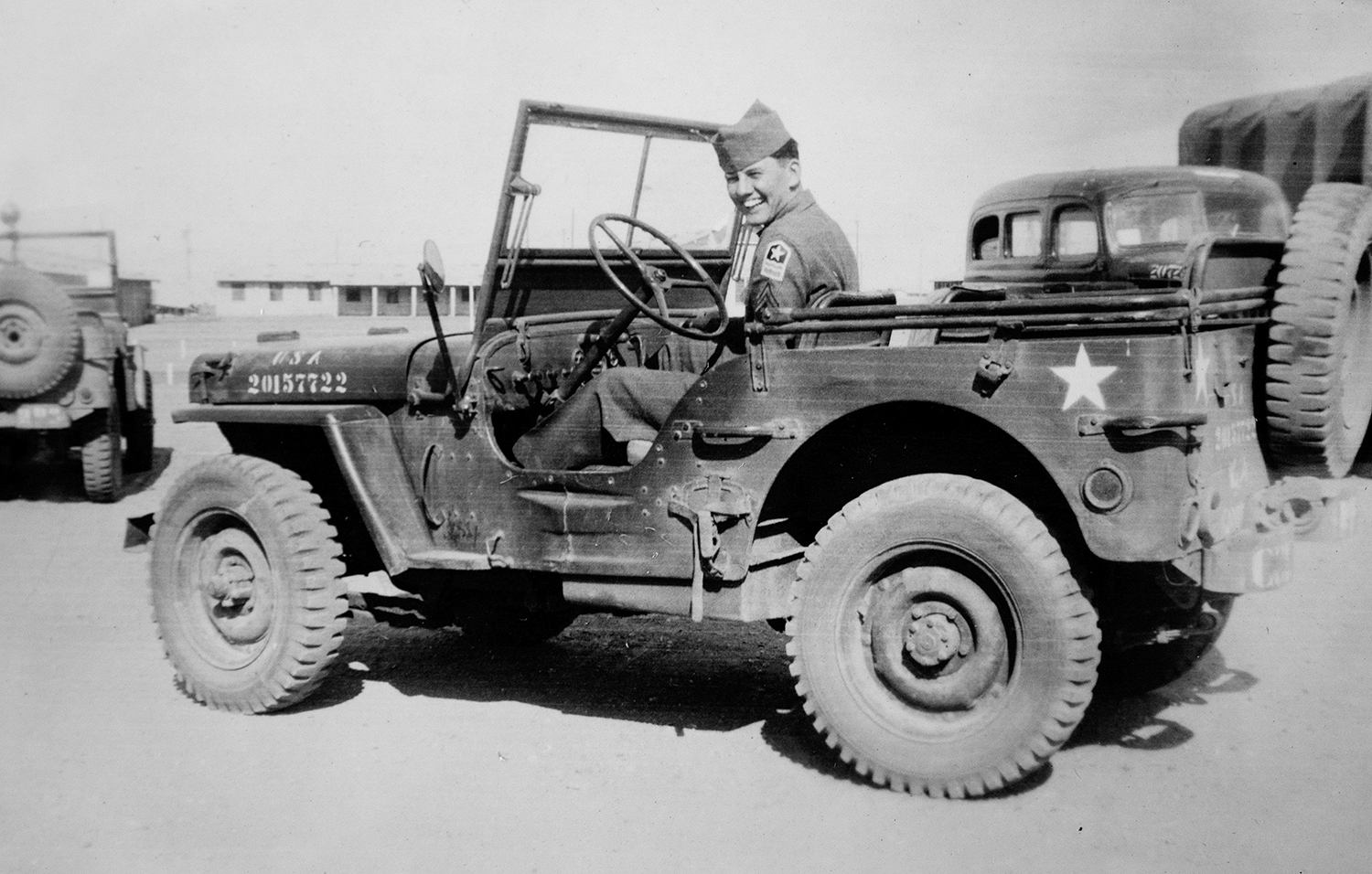
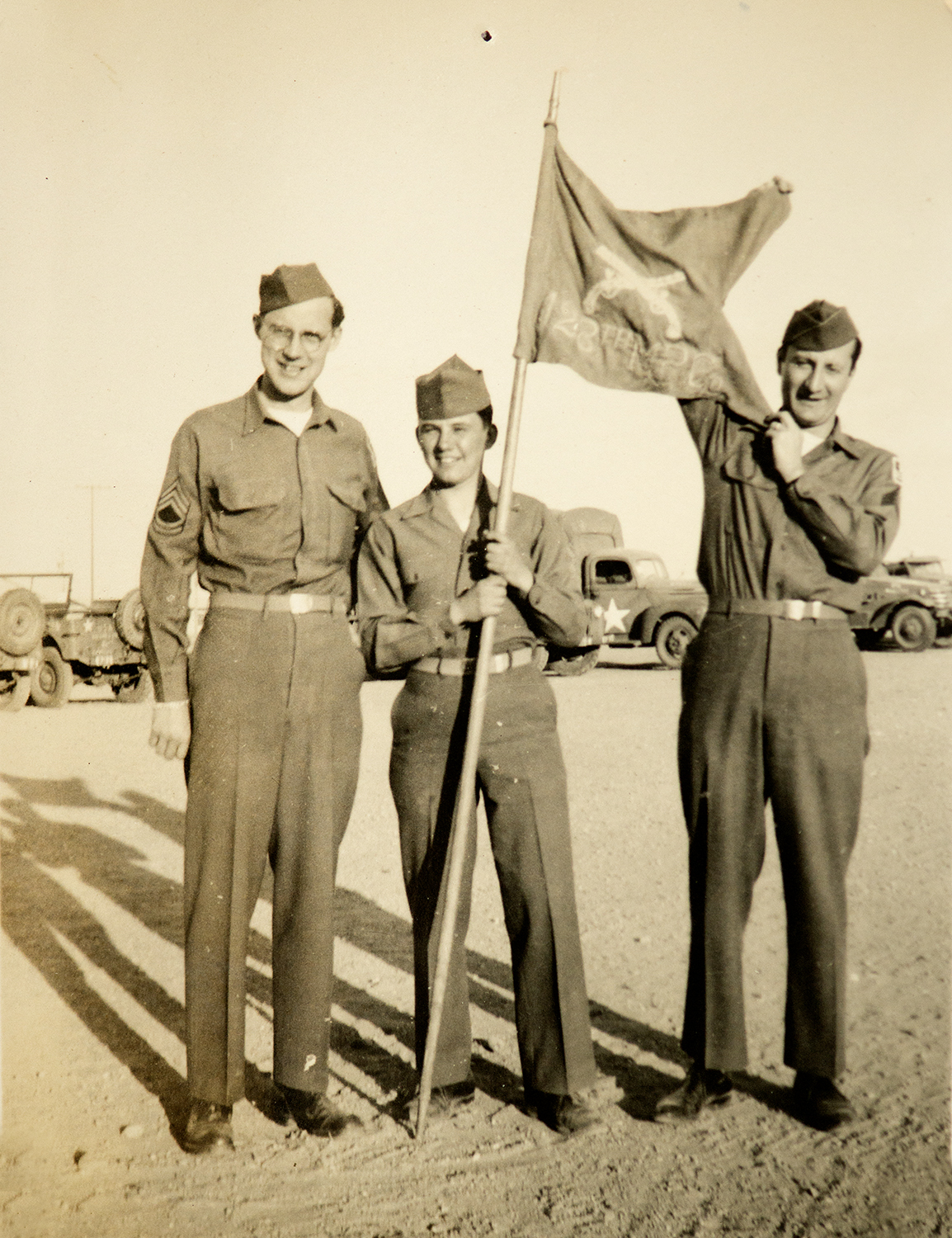
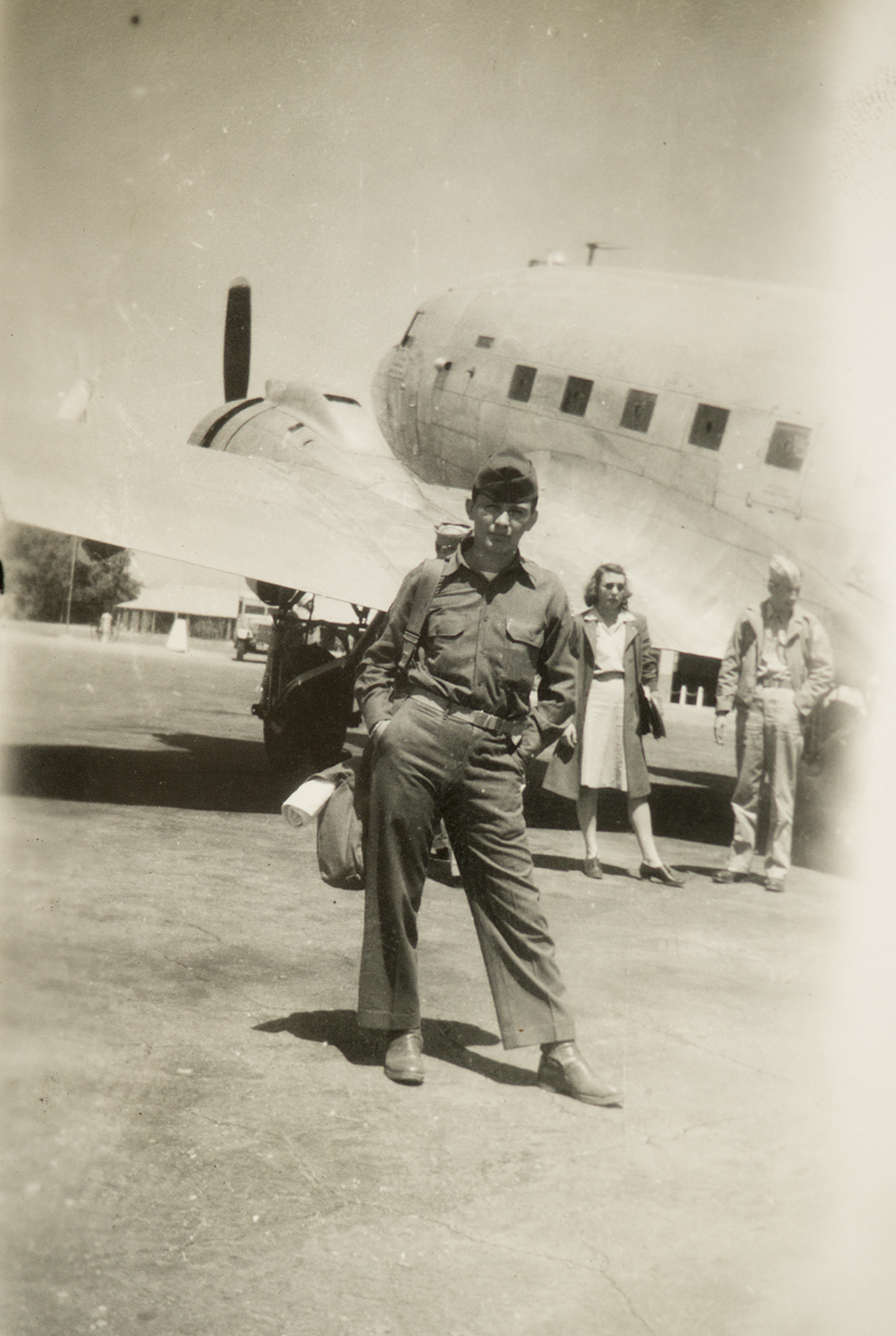
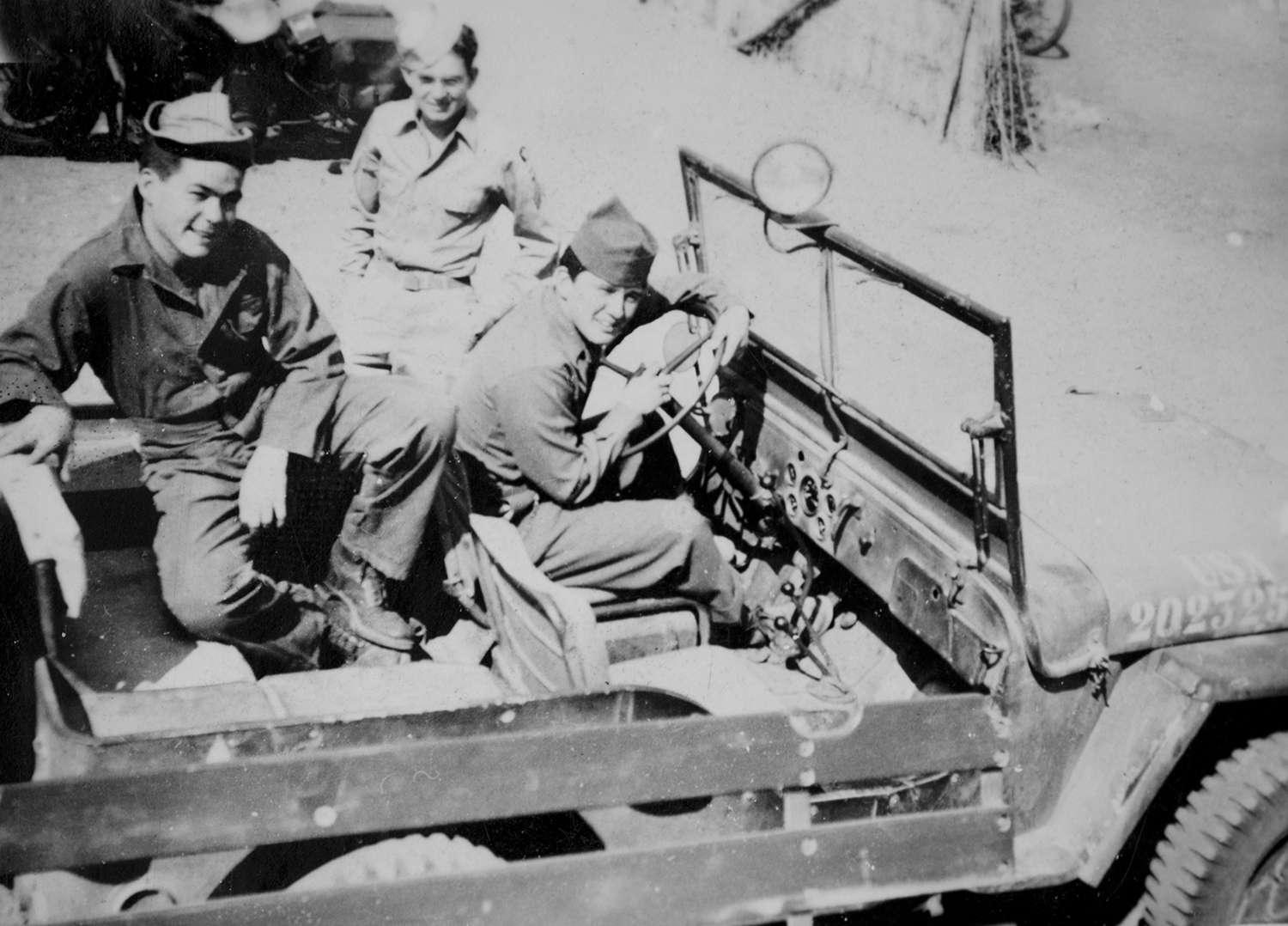
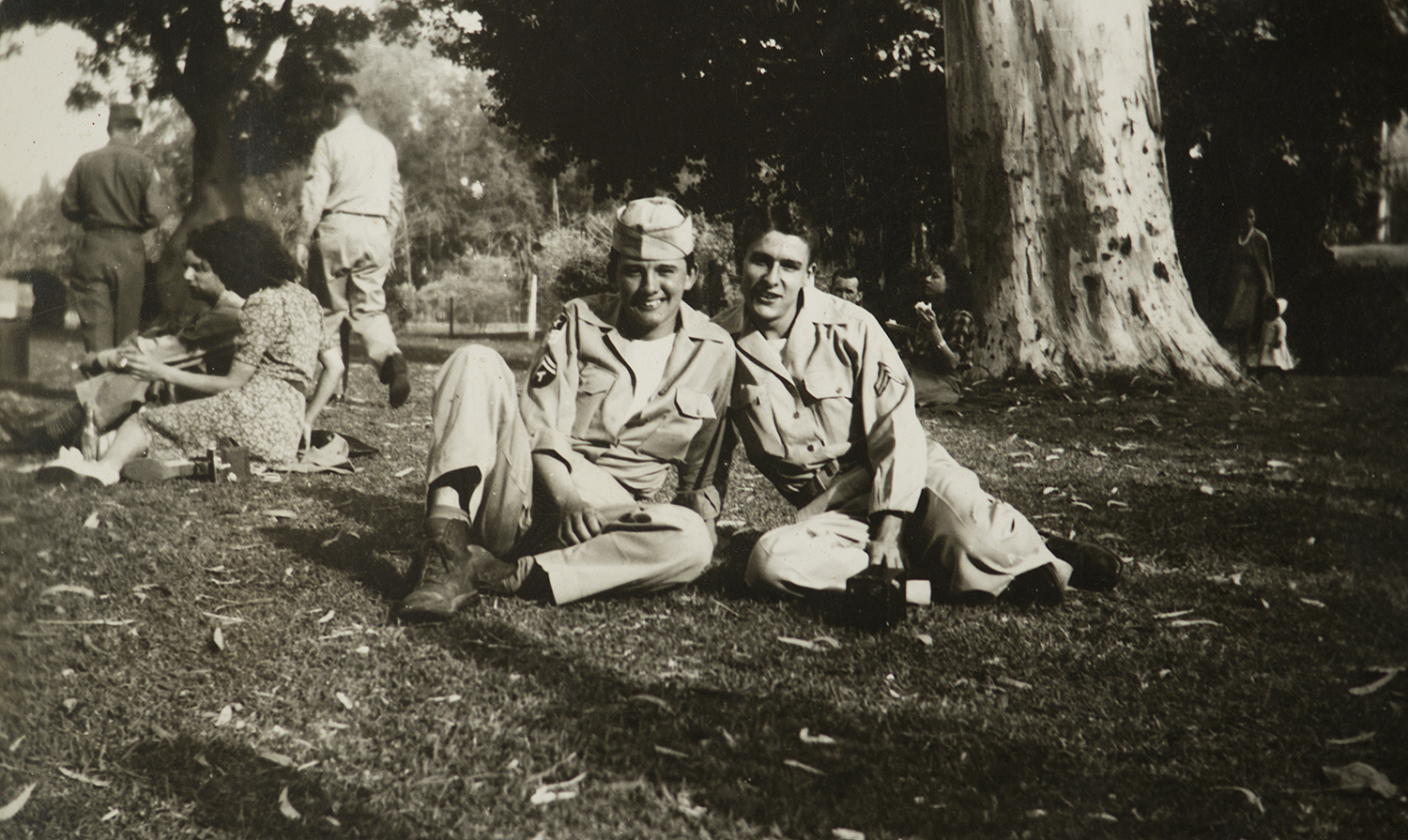
Frank Gallenstein
I was born April 20, 1924 on Market St. in Marysville Kentucky. I grew up in Marysville and graduated from St. Patrick’s High School in 1942. When Pearl Harbor was attacked, I was in Maysville… It was a Sunday… I was walking down the street and I heard radios blasting. I finally found out that Pearl Harbor was attacked. I didn’t even know where Pearl Harbor was, I didn’t even know what it was! Once I heard what had happened, I was pretty upset. After graduating high school I went to St. Bernard junior college in Alabama. Some of the priests that were down there had relatives in Maysville and my mother made a connection and I was able to go. I was able to work to help pay my way through typing for the principle and setting tables. During the first month or so around October 1942, the military forces came onto campus and they were recruiting for the Marines, Army and the Navy. I joined the Navy. I was allowed to finish the year at St. Bernard and when I finished, I was assigned to active duty. Since I was in pre-engineering, they sent me to Georgia Tech. They had a Navy training base there. Unfortunately at Georgia Tech, I washed out. I wasn’t prepared mentally for the rigors of going through Georgia Tech and I was then sent to Bainbridge, Maryland for bootcamp.
When I arrived, we were given tests to see what we would be best suited for in the Navy and my test results showed that I was to be sent to store keeper school, a type of job where I would have been in charge of payroll and supplies. As I left the building to go back to my barracks, I heard my name called over the public address to report to the main desk. When I got to the main desk the man said, “I see here they have assigned you to store keeper school, but I see in your record that you have a lot of skills in math. The Navy needs quartermasters badly. Do you mind if I change you to quartermaster school?” I said, “Well if it has to do with math, I don’t care! That sounds fine to me!” So I didn’t know what a quartermaster did, but if it had to do with math, it suited me. I went back to my barracks and pulled out my blue jacket manual to look up what a quartermaster was and I liked what I read. After that I was sent to Sampson, New York for quartermaster school, in January 1944. At quartermaster school they told us that ten percent of the class would go to the fleet and ninety percent would go to the amphibious corps. I couldn’t see myself in the amphibious corps, so I studied really hard and I came out in the top ten percent of the class and I was assigned to the USS Connolly DE-306 and was sent from there to Norfolk, Virginia where I joined the crew. We did all sorts of training at Norfolk. We trained and learned survival techniques in the water, even when the oil in the water was on fire and we learned how to inflate our trousers to stay afloat in case we didn’t have a life jacket on. When I was in Norfolk, we went aboard training destroyer escorts and they put me in the pilot house since I was a quartermaster and I remember one day the helmsmen asked me if I wanted to take a turn at the helm, I said “hell no! I have no idea which way to turn the helm.” That made me very nervous. I knew when I boarded my ship I was going to have to take the helm. I was scared to death! If they gave me a course I didn’t know which way to turn the helm. Phil Kenny came on after the first group was there to replace a man named Wolf, whom the captain didn’t like. Wolf had a mustache and the captain wanted all of his men to be clean shaven, but he wouldn’t cut his mustache off. The captain replaced him with Phil Kenny and Phil became the lead helm and I was in watch with him when we did duties and I told Phil, “You know, I have no idea on how to steer the ship if someone gives me a course.” He said “See that white mark on the compass? Now that’s the head of the ship. If they give you a course, bring the head of the ship to the course. It’s that simple. If the course they give you to steer is to the right, just turn the helm right. If it’s to the left, then turn left.” After that I never made one mistake while at the helm, it was so simple! Others that we would bring up to train to steer had the same exact problem. We became really close friends. Phil and I had a hell of a time when we were in San Francisco before shipping out to the Pacific. Phil was a quiet guy, but when he had a few drinks he would completely change! He knew how to jitterbug to big band music and knew all of the other dances at the USO clubs and such.
After the time at Norfolk, around June of 1944, we were put aboard a train and traveled the southern route across the country to Mare Island, California. That’s where we picked up our ship, the USS Connolly DE-306. It was commissioned July 8, 1944. We went aboard and then traveled down to San Diego where we did our shake down cruise. Following that, we returned to Mare Island and picked up ammunition, depth charges and so forth and were assigned to a convoy that we traveled with to Pearl Harbor.
While in Pearl Harbor, we trained with submarines for quite a while. One day we were leaving the sub base to rendezvous with the subs in the main channel at the entrance of Pearl Harbor, which was about a mile out. We were probably less than halfway to the channel to “Battleship Row” and doing standard speed. It was a routine thing. Phil was at the helm and was reading a comic book, I was sitting back on a small pulsator box against the bulk head reading a book and we were doing standard speed, 15 knots, very routine. All of the sudden the captain’s voice screamed through the voice tube “ALL ENGINES BACK! EMERGENCY FULL!” I threw the book up, jumped up to the engine-order-telegraph that was only a few feet in front of me and jerked the levers from standard ahead to emergency full astern and hit the bells! I yelled back up to the captain “ ALL ENGINES BACK! EMERGENCY FULL, SIR!” Phil and I looked through the port holes and could see the Essex Class carrier, Intrepid turning into our channel. There were tug boats on the flanks of the carrier, but they weren’t hooked up. It was coming in on it’s own power, but they were a mile away and the captain had just panicked! Our ship started to shake though, we were still going forward on a collision course. This time the captain yelled “ALL ENGINES AHEAD, FLANK!” Then “LEFT FULL RUDDER!” We had more than enough time though and the captain finally got the situation under control and we eased over and passed by the carrier. When we passed by I stepped out on the starboard side of the signal bridge and had to look almost straight up. The carrier towered above us, it’s flight deck was even with our masts. I saw a sailor leaning out on the lifeline on the main deck looking down. He waved to me. He probably didn’t know anything about what we just went through *laughs*
Then we were then assigned to escort a troop ship, the USS General Halsey, back to the states. It had convalescent troops aboard. A day out of Pearl Harbor we had submarine contact and we stayed with them, we dropped hedgehogs and then depth charges. I’m not sure if we made a hit or not, but the Halsey got 15 miles ahead of us so we had to leave the scene and catch up to continue our escort. When we got to San Francisco, we had a 6 day leave and then we went back to Pearl Harbor where we trained some more with submarines. In January of 1945, we were part of a convoy heading for Enewetak Atoll in the Marshall Islands and when we got there we went on to Saipan in the Mariana Islands. From there we went to Iwo Jima.
We arrived on station off of Iwo Jima at 9 o’clock in the morning the day the invasion started. Our station was about 1,000 yards off of Mount Suribachi and our job was to go in to the mountain and turn around and come back while screening for possible submarine counter attacks. On our first run in, the Japanese fired on us from the beach. There were splashes around our ship. It was pretty scary! After we retreated, we no longer picked up contact. We were there for quite a while tending to various duties. One duty was to search for survivors off of the aircraft carrier Bismarck Sea, which was sunk. After finding no casualties, we were assigned to join the carrier group off of Iwo Jima to screen for it with other destroyer escorts and destroyers. After we were there for a while, we had to refuel. When we refueled off of the northern coast of Iwo Jima, there was firing from the Japs on the beach and some of the mortar fire was coming out to where we were refueling, so we had to get under way in a hurry. The captain never consulted the charts and we just headed for an open space. We later found out that it was a sea plane sanctuary and there was a sea plane taking off, so we had to do some maneuvering to get out of the way. Our ship was there until March 1st until we were assigned to another convoy to go back to Saipan. About one day out of Iwo Jima, we were assigned to screen for one of the ships that was stationed at Iwo Jima. They were burying a lot of the dead at sea. From Saipan we went down to the New Hebrides Islands, Espiritu Santo and we crossed the equator March 9, 1945. Upon arriving in Espiritu Santo, we were assigned to another convoy and went on to the Caroline Islands. We were there for a while and then we were sent to Okinawa.
Our ship arrived at Okinawa on April 9, 1945. They invaded on the 1st and the night we arrived there was an air raid in progress, so we went to battle stations. After being in that area until the 12th, we were assigned to go to the East China Sea, to search for a submarine that had been sighted by one of our patrol planes. On our way to the area, a lot of the guys were relaxed, hanging out in their bunks, reading and all of the sudden our guns started firing! We didn’t know what was going on. We thought well, the Japs were attacking us before our ship had time to alarm us. So we all raced to our battle stations and I was about half way up the ladder from the boat deck to the signal bridge to go to my battle station when the word was announced “Do not man your battle station!” What had happened was along our course line, they sighted an object that appeared to be a floating mine and the captain, without thinking, had our gunners fire at it and destroy it.
A while later it became Friday the 13th of April 1945, the 12th here in the states, the Day President Roosevelt died. A very sad day for all of us. When we got in the area of the East China Sea, general alarm did ring! So I went to my battle station, which was the port lookout on the flying bridge and I asked the quartermaster on the bridge that was on duty what was going on and he said “There are five kamikazes in the area… our radar has picked up five. So I immediately went to my port wing of the ship and started searching the sky. Just minutes later I spotted a kamikaze off of our port forward, about 60 degrees out. I reported it to the captain and he started hollering commands down to the pilot house one deck below and we started zig zagging, which was a good idea in case the kamikaze wanted to make a run on us. Then after doing that a while, he leveled off and that put the kamikaze behind me on the starboard side. I wanted to go look at it, but I knew there were four more out there somewhere and I didn’t want another to come in at us and not be reported. So I started searching the port side again and I heard some one call out, “Here he comes!” So this time I did stop and looked around and he was coming in at us from an angle, dipping his wings. We started firing, I heard “Permission to fire captain, permission to fire!” I think we started firing before the captain said permission granted. As we fired, the bullets from our 3 inch guns looked like they were missing by miles, but our tracers looked like they were right on him! He came within 200 yards of us and leveled off and flew astern. I remember thinking, maybe he’ll fly away… *laughs* I started searching the port side again for the others and then I heard someone yell out “Here he comes again!” So I looked around and here he came, low on the water, dipping his wings. He never fired though. I’m not sure if his guns had jammed or he didn’t have any ammo or maybe we had hit the pilot. We didn’t know. But as he came in close, for some reason the plane pulled up just as he passed our ship. Had he not, the wings would have clipped our mast. He crashed in the water about 30 feet from our bow and he had a bomb on board and the bomb let off a very terrific explosion. It did a lot of damage to our ship and knocked our sound gear out of commission. We started searching for the other four planes. As I looked out above the horizon, I counted 5… 6… 8 tiny aircraft and I thought “hell, we’ll never get out of here alive” I reported it to the captain. We soon found out that four of them turned out to be our own combat air patrol from a carrier that we didn’t know was out there. They came real close to the ship. Those combat air patrol fighters shot down the remaining Japanese suicide planes. Then we secured from battle stations and the captain reported in to Okinawa about the situation and requested permission to return because we had no sound gear. The reply came back 10 minutes later, “Stay in the area and report raids!” I thought to myself, here we are out here, we’ll never get out of here, we didn’t even have sound gear!
During the night our sonar-man couldn’t get the sound gear working, but we had a brilliant radar technician by the name of Jim Neuschwander and the captain contacted him and Jim was able to get the sound gear working. By morning we had our sound gear back. Just after day break I looked out off the starboard side and reported a life raft on the horizon with men waving, so we went over towards the raft with the men waving and when we got close we saw there were no men waving, they were all hiding in the bottom of the raft! There were three Japs in the raft. Some of our gunners were going to take it upon themselves to shoot them in the water. The captain got wind of this and came on the loud speaker and said he would court martial anyone who fired. He said “We are civilized people, we will not fire!” We didn’t, but we went to battle stations, which put me back up on the port wing of the ship. I couldn’t see the action on the raft from where I was, but someone said they put a net over the side of our ship on the starboard side and said one of our seamen, Jim Gentilesco, climbed down the net and swam out to the raft with a line to tie onto the raft so they could reel it in towards the ship. In the meantime while we were throwing lines over, one Jap in the raft was shaking his head no. He didn’t have anything on his head, he had really short black hair, his face was as red as fire and he threw the line off when we threw the line over. Finally when he saw Jim swimming out to get him, he got out of the raft and swam astern. I was watching him through my binoculars, his face was right in front of me. He kept ducking his head under the water and I had no idea what he was doing. I thought maybe a school of fish that I had seen earlier was near him and a barracuda or shark was attacking him, but that wasn’t the case. After a few moments he got his life jacket off, threw his head back and went under. Only his face came up to the surface, but then disappeared. He drowned himself.
Eventually they brought the other two men on board, one was dead and the other was barely alive. We took him captive. In fact when they put him on the stretcher and brought him up to the ship. By that time, I was back in my top bunk and as they brought him by my bunk, we made eye contact. They locked him up in the chief’s head a few compartments up. The captain again broke radio silence and told Okinawa we had picked up a Jap prisoner and a few minutes later I remember Haskett, one of our radio operators, came up to the bridge with the message “Bring him in immediately”. We took him to the USS Cecil. There were some US Marines aboard that were going to take care of him. I never found out what happened to him though.
When we hit the west coast, they were letting all the west coast men leave because the war was over. Our helmsman, Phil Kenny, one of my best friends and who was from Bremerton, Washington, wanted off. Our captain didn’t want to let him go because he had steered the ship through all of the special sea details. I was lead helm during special sea details, I worked the engine. The captain said, “we can’t let him go, who will steer the ship through the Panama Canal? Our sea communication officer was Clark Davis, he took a liking to me and saw that I was pretty capable of doing things and he told the captain, “Gallenstein can do it!” So they let Kenny go and when we arrived at the Canal, I was the one who steered the ship though it! That is something I will never forget. They let the executive officer, who was also the navigator, off at Pasadena California and they picked up a guy who was in charge of communications at the combat information center, Herbert Gun, to be the navigator. He had experience in the merchant marines before he joined the Navy. He picked me to assist him, so when we went from the west coast to Charleston, I didn’t stand any watches, I just assisted him. I became the leading division petty officer, I made out the watchmen! I was even tempted to stay in the Navy, but I knew I wouldn’t have that job all the time! So that didn’t happen.
We were decommissioned in November of 1945 and then we all got a 30 day rehabilitation leave. I went to Maysville and thats where I met my future wife Barbara. Following that I was reassigned and ended up at the Brooklyn Yard armed guard center and I was there for a week or two and then my name came up on the draft to report as a quartermaster to a repair ship. In the meantime, I picked up enough points to be discharged, so I was sent to New Orleans and then to Memphis Tennessee, where I was discharged February 18, 1946. I was finally heading home. Coming home and seeing my family was absolutely wonderful. I have no words to describe how I felt, I was just so happy to be out of the service. I was anxious about being able to find a job, but then I decided to go to college and really studied hard. I gave it my all. It paid off. I became a teacher and had a happy and successful career and I have a wonderful family.
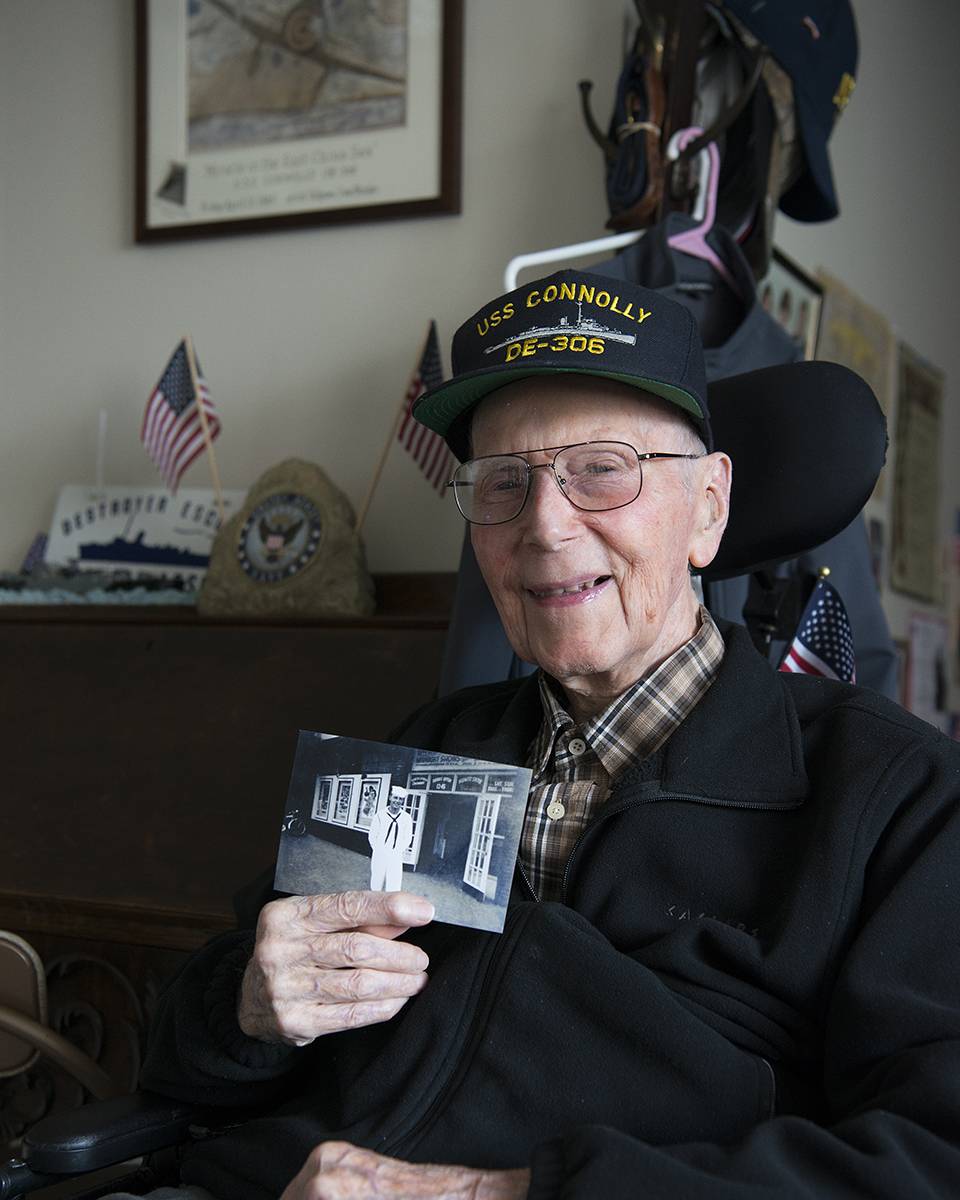
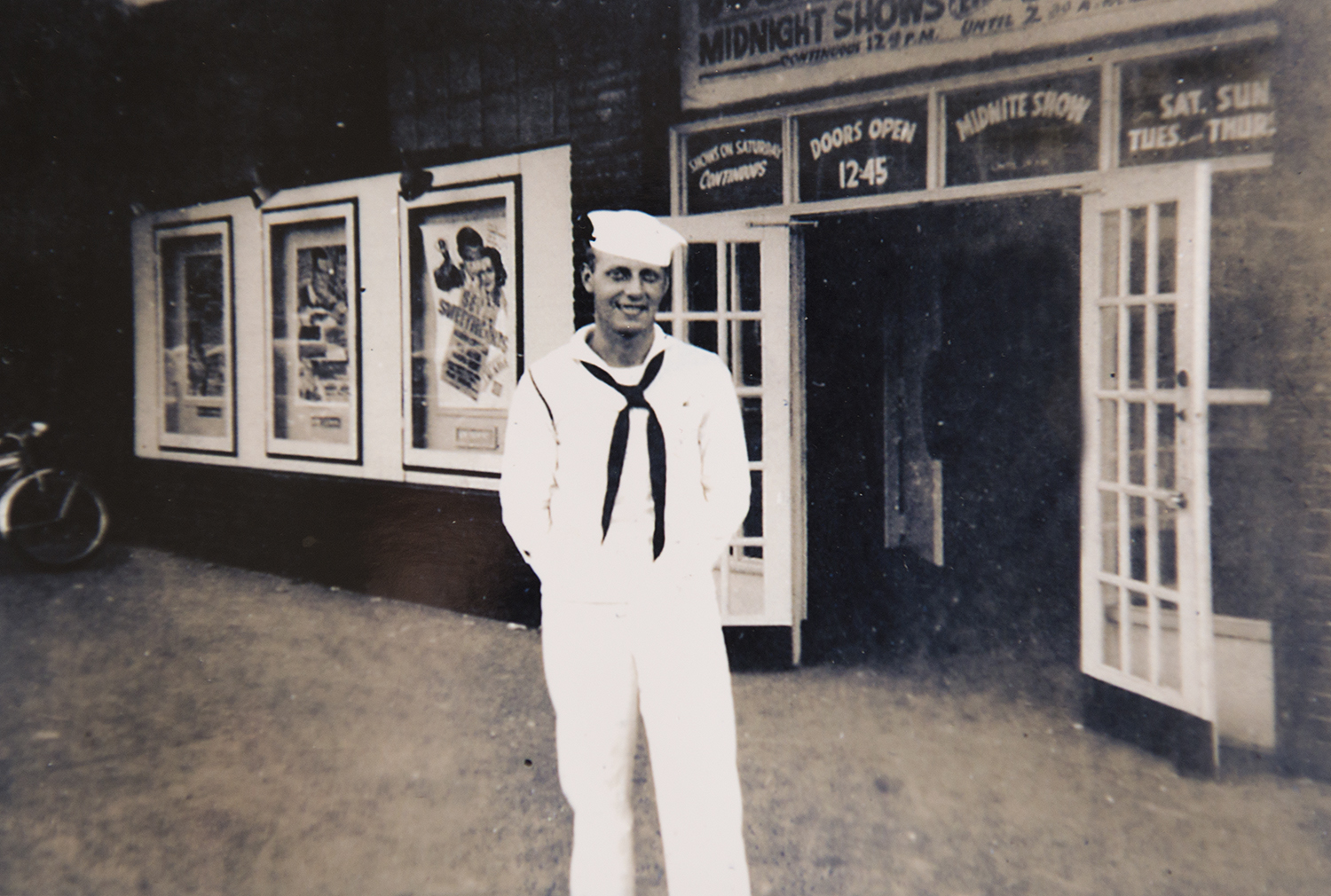
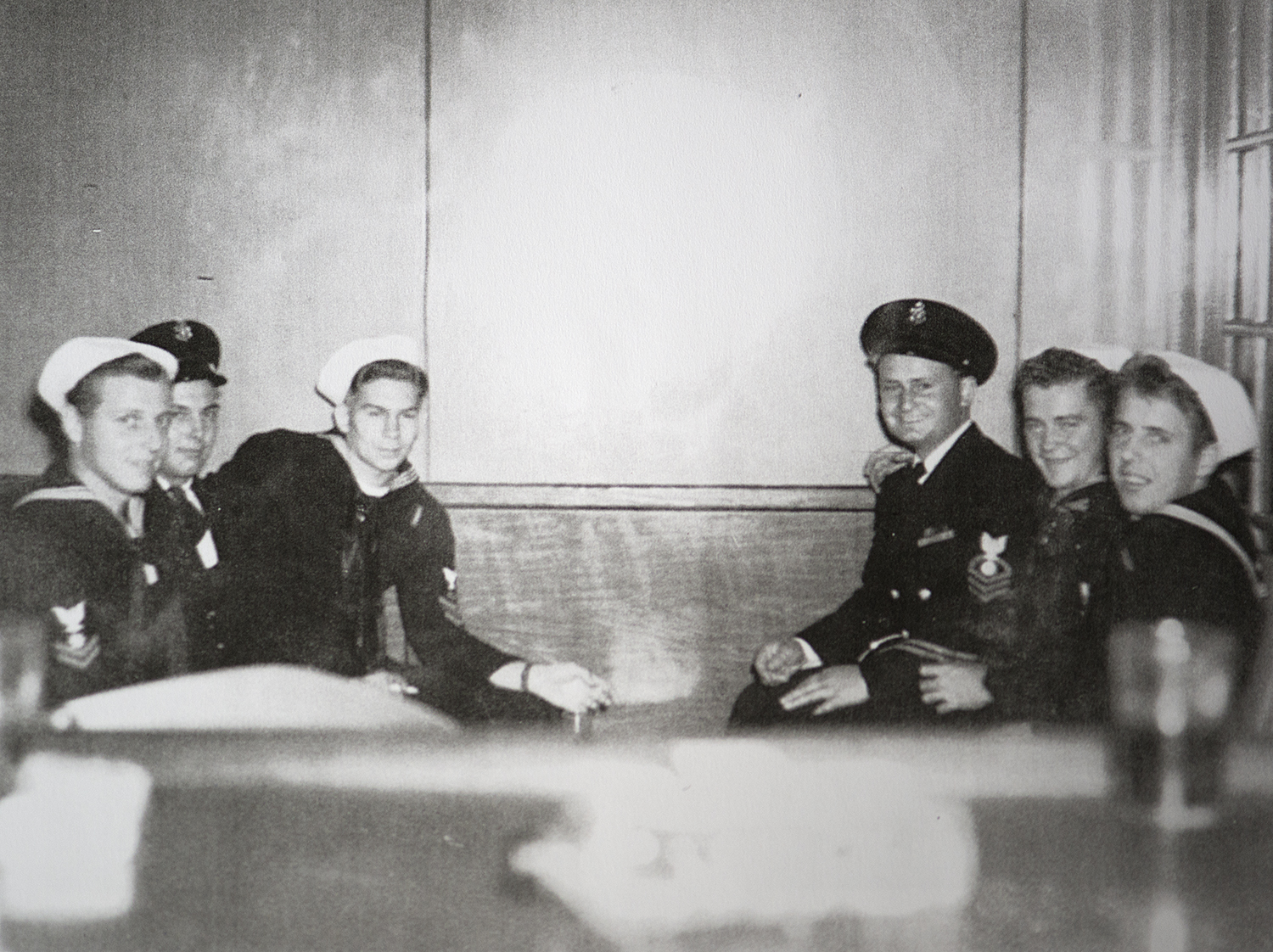
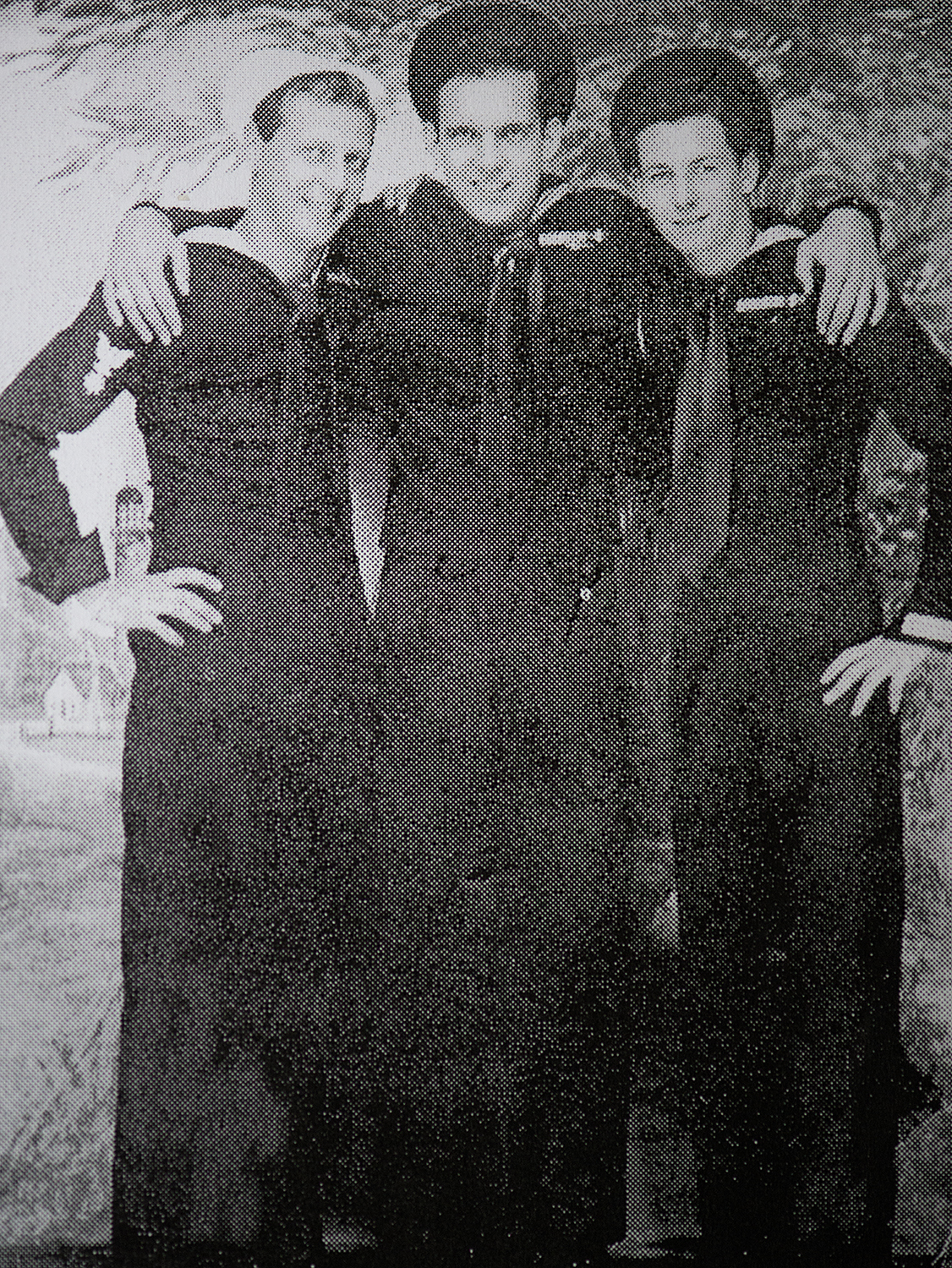
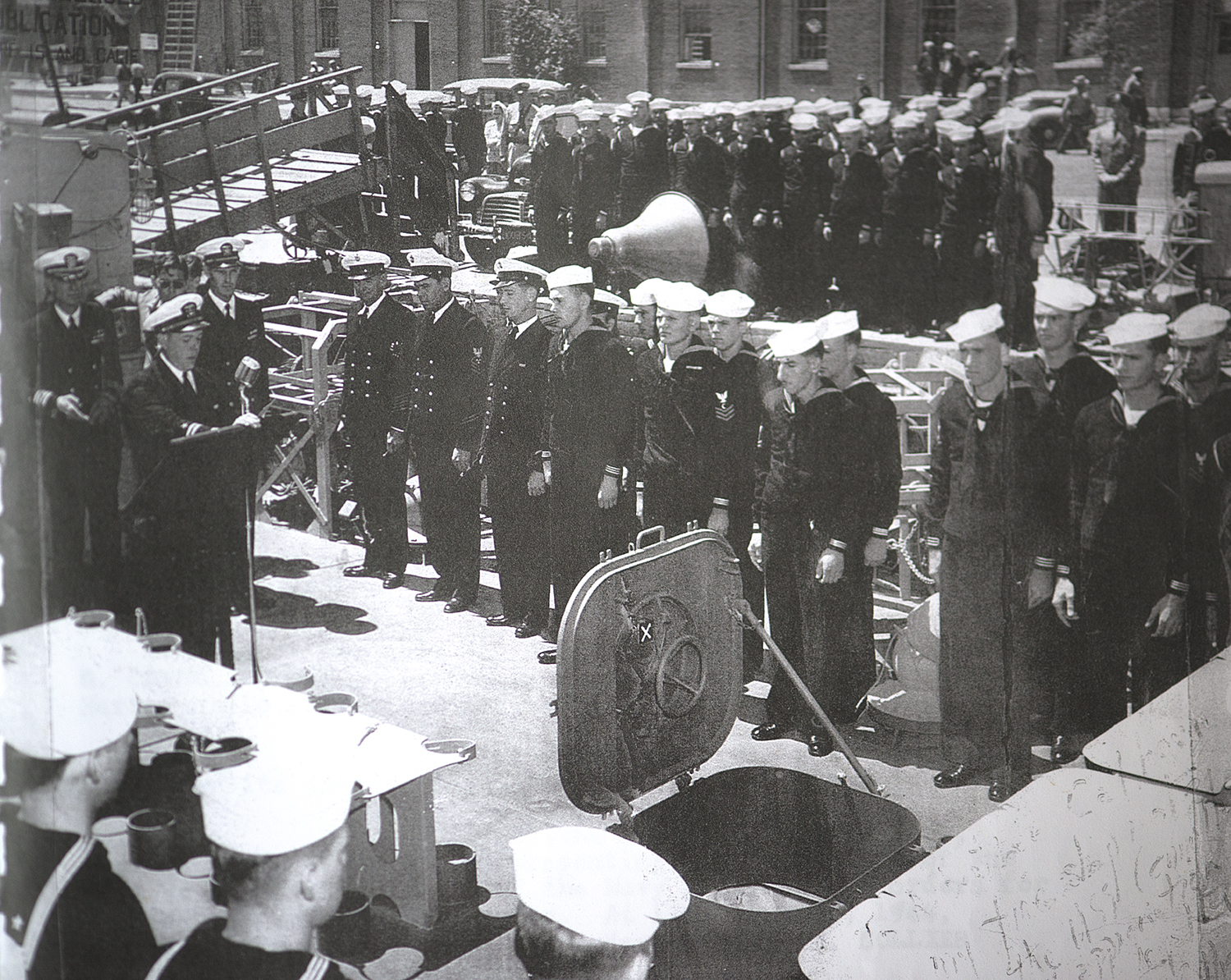
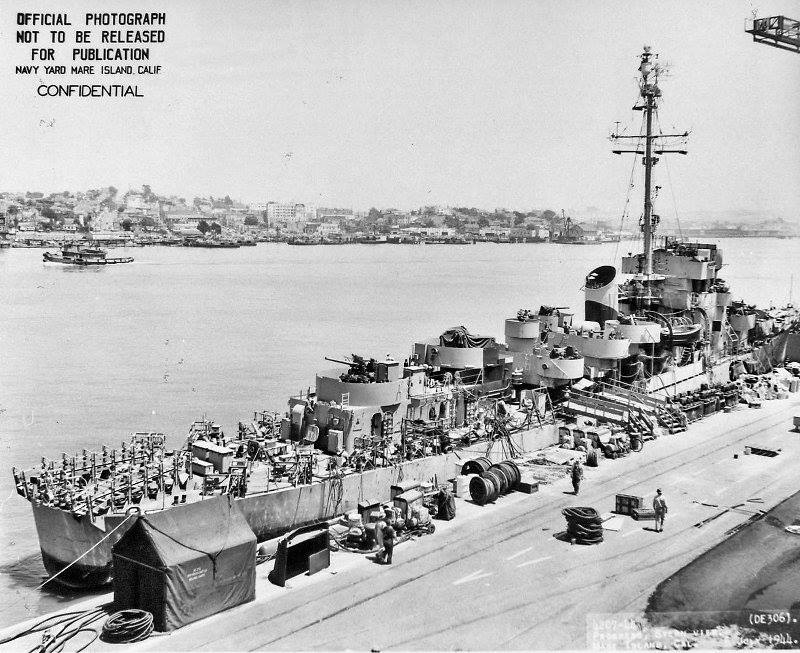
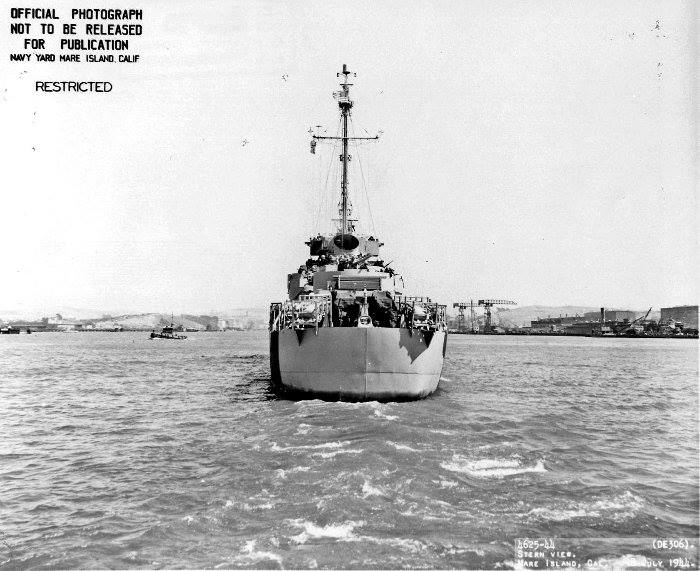
William Hargis
I was born in Norwood in Cincinnati in 1923. Later on my dad saved up enough money to buy a house in Pleasant Ridge, that’s just a little place up above Norwood. I went to Pleasant Ridge Grade School and then to Withrow High School. During this time I started working at the American Laundry Machinery Company with my dad, who got me a job there, working part time. I made more money than he did *laughs* they never did give the guy very much money. Later on he lost his job and I had to go down and help my grandma and grandpa.
In September of 1941, I ended up quitting high school and joining the Navy with a fella by the name of Ed Patton. We signed up before Pearl Harbor was attacked. When I left Cincinnati out of Union Terminal, my parents dropped me off and my mother was crying, I guess she must have cried all of the way home too. The first thing that happened was the company I was training with, most of those men were assigned to the USS Arizona, which was the ship that practically everyone was killed on when Pearl Harbor was attacked. So I was lucky… I got to go to Jacksonville, Florida to learn to be a navigation-ordnanceman. My pal Ed Patton was in a different group, but was down in Jacksonville himself and actually ended up staying down there during the whole war. Our navigation-ordnance class went over in town there and we started rolling garbage cans down the street, just playing around and the police didn’t like that one bit, so they locked us up for the night. After that the Navy assigned us to lousy jobs as punishment. When Pearl Harbor was attacked on December 7, 1941, I was still at ordnance school. When we heard the news we didn’t know what to say, we were just dumbfounded. It was terrible.
Most of the guys that were in my class at ordnance school were killed at the battle of Midway.
I was then sent up to Charleston, South Carolina to the shipyard there where I was assigned to the USS Arapaho. Our first destination was Bermuda. All the roofs of the buildings there were painted white, it’s real nice! A beautiful place. At this time I was just a deck hand. Whatever they wanted me to do, I did. After crossing the Atlantic we got to Gibraltar and then Casablanca. At the time I didn’t know why we were there, but later on I found out that we were tasked with intercepting ships that had been torpedoed by the Germans. The Germans were sinking everything that was floating! At Casablanca there was a big battleship called the Jean Bart, which had been hit by US ships during the landings in North Africa. The Free-French wanted to get it back in condition again, so we along with four or five English tugs had to pull it out of the mud in the harbor. While in the Mediterranean we had to go to our battle stations and I was a loader on a 3 inch gun and all of the ammunition is in one piece like a revolver bullet. I rammed one in there and all of the sudden the submarine came up and they hoisted up the English flag. Then they said, “all over, general quarters is discontinued!” We later traded coffee for bread with the submarine. After that we took a ship from Gibraltar that had a temporary patch on it from where a German torpedo had hit it and we towed that across the Atlantic and we brought it into Norfolk, Virginia.
From Norfolk, we sailed through the Panama Canal zone and went up the West Coast into San Francisco Bay where we had a few other tow and salvage operations! On the trip to Hawaii, I was put on watch, we were to keep an eye out for Japanese ships or submarines. We eventually made it to Hawaii, where I was taken off of the Arapaho. I got myself together and a sailor rode me in a jeep over to the aircraft carrier Yorktown, where I spent the next 4 days and we played baseball on the hangar deck the entire time! That was a lot of fun. The Yorktown had been severely damaged at the battle of Midway and was there to get repaired, but they couldn’t fix it there and it was eventually sent to San Francisco. I was sent back to Long Beach, California where I would become part of the crew for the Fletcher-class destroyer, USS Callaghan. We took a shakedown cruise off of the coast of San Diego where we practiced torpedoing each other. They were dummy rounds, but if you were down below the deck you could hear them hit, you’d hear woommmmpp. The sides were so thin, that’s why they called them tin cans! The first job I got, was they put me on a floating buoy. They dropped me off on it and then I had to throw a heaving line through this ring which was a foot wide and 8 inches high or something like that. I happened to throw the line through there on the first try and this Captain Johnson who was standing there, an old timer and red in the face, was happy as the devil! When I got back up on deck, I was promoted right away to 3rd Class Petty Officer. I got promoted because of the first thing I did in the Navy! They took me off of that job because I couldn’t do it again, I guess I had beginners luck. *laughs* But I was scared to death, I just happened to put that thing right through.
As we sailed out of San Francisco, we passed under the Golden Gate Bridge and we were gone. That big bridge out there, once you go under it, you’re out in the ocean. Our first destination was the Marshall Islands. From there we were tasked with bombarding the islands supporting invasions, I was the loader in the number 1 gun turret. We would start firing from 5 miles away and even sometimes at night time. We had all kinds of rounds for these invasions.
They’d send me in for the mail and during this particular time, the seabees were pushing these big piles of Japanese rifles and everything. They had a big pile of swords and I started talking to one of the seabees and he told me if I wanted one of the swords, he’d show me the best kind to get! The mother of pearl were the nice officer swords, they were as sharp as a razor and I got two of them! I wrapped them up and when I got back to the ship I put them in a stacked coil of ropes.
We assisted in the invasion of Saipan, Tinian and Guam. At Saipan as the Marines were pushing across the island, the Japanese civilians were jumping off the cliffs and committing suicide. We were watching these women run to the cliffs and jump. They thought they’d be killed if they were captured by the Marines. We were tasked with patrolling the waters between Saipan and Tinian to make sure the Japanese couldn’t escape. Our orders were to shoot at anything that was brush, like tree limbs or sticks. We were all issued Thompson machine guns.
We sunk this ship that was a little smaller than a destroyer escort and we got 9 prisoners and you know how we got them? We hooked one of these big hooks and hooked it in their clothing and pulled them up. The officers put me on duty watching them guys all night long because the day before that we had some prisoners and they jumped out of the ship and we had to capture them again. They gave me a .45 pistol and I stayed there all night long and boy it was the longest night I’ve ever had. They would try and get close to me and I would back up a little bit. Matter of fact, one time I cocked up the gun, I was going to shoot one of them, but they backed off again. The next morning I told one of the officers, don’t put me on there again, I don’t think I could hold up another night! He said to me “No, I think you’ve had your share!”
Iwo Jima, that was something else. The first day we went up there, I couldn’t get over it. There wasn’t a spot of green on the entire island. All of the ships came in and lined up to begin the bombardment about two weeks before the invasion, see? The Marines weren’t even near the place yet. It was all black sand. We knew what was at stake. Once we got in position there was a battleship firing over top of us and the sound is unbelievable. It’s like being in a tunnel and having a freight train go by. When the Marines started coming in and you saw how bad it was, you wanted them to discontinue it. It was terrible. Being a loader in our turret, I had a telescope and I was able to see what was going on up on the landing beaches, the Marines were having a tough time making any kind of move forward. The tracked landing craft would hit that gravel and go up the dunes and some would tip over backwards. I don’t know how they ever made it up to that mountain to put the flag up. Our ship stayed up near the beaches, giving support the entire time until the island was secured enough for us to be called off. Then we joined Admiral Halsey’s task force and received our next assignment; Okinawa.
Before the invasion we threw what seemed like endless amounts of bombardment onto the shore. We were stationed off of Okinawa for a long time for screening duties and fire support. A long long time. We’d also fire star shells at night to help illuminate the battlefield.
Every time a Japanese plane would come in after our task force and would get shot down, everyone on our ship would claim that they got it, but I have a feeling that with a few particular planes, it was our rounds that knocked them out of the sky because they would fly straight in after our battleships and we would already be engaged before our other guns began firing. We were shooting high up and when the Japanese planes came over this cliff on Okinawa, they meant business. We hit this one plane and after it crashed into the ocean, we captured the pilot Kaoru Hasegawa. He was in charge of the whole kamikaze group, most of whom turned around because the weather was so bad, but he brought his crew right in after us anyways. I’m pretty sure the round that shot him down came from our gun because of the way we were positioned and our gun was leisurely bombarding targets on land, so all we had to do was change ammunition to anti-aircraft. Dr. Parker saved Hasegawa’s life. No one else in the war captured a kamikaze the way we did.
On July 29, 1945 when the kamikaze hit our ship, it was a warm bright moonlit night… it was real nice out. The Japanese plane was flying in low close to the water and we couldn’t get our 5 inch guns low enough to engage it! All we could get down were the 20mm’s, but still we couldn’t get those low enough either because we ran the risk of hitting our own men. When the plane hit, I was in my battle station, all hands were at their battle stations. Water started coming up and I hadn’t been in the water yet and that water started getting a little higher and higher, so I went ahead and and just jumped overboard! I didn’t wait for the horn to signal all hands abandon ship or anything like that. When I hit the water I just started treading. I saw a potato crate, so I swam over and grabbed onto that and I was pretty happy about that! Then the ship was going down a little bit more and boy, then came the damnedest explosion I’d ever heard in my life! The bomb that the kamikaze was carrying went down into the engine room and the magazine down there where we stored the ammunition for our guns and the torpedo tubes are there as well and the doggon depth charges. They were all in the stern and see, it was going stern first and it didn’t bother the depth charges at first, but after they hit the certain depths they were set to, they started going off. Before you know it, I had grabbed that potato crate and the concussions caused it to fall apart! *laughs* I was just bouncing all around in the water. The water started filling with oil and diesel fuel and I was trying not to splash too much because I already had some oil in my eyes and that was bothering me more than anything. I didn’t mind the treading so much, it was the oil burning my eyes that was the worst part about that night. I had no one from my ship around me, you’d be surprised how quickly people disappear in the ocean because of the strong currents that come about in rough seas. I wasn’t scared or anything, I was just holding on and when the sun started coming up, I felt confident that I’d be okay. At about ten o’ clock the next morning another destroyer came in and they put a ladder over the side on the starboard side for me to climb up. I couldn’t climb it. I was all covered in oil and kept slipping and the ladder was in terrible shape. They finally had some guys come down and tie ropes around me and four or five of them pulled me up. I was really happy to get out of that water and then I was taken to the hospital ship. Shortly after I left the destroyer that pulled me out of the water, they were hit by a kamikaze and a bunch of guys were killed. They didn’t sink, but the damage was horrible. I was really lucky!
Once I was on the hospital ship they cleaned my eyes out and gave me some new clothes. They were real nice to me. I was then put on the USS Hyde, which was a tender. The Hyde was tasked with picking up survivors and resupplying ships with parts that they needed. Eventually we sailed down to Samar, an island in the Philippines, where they dropped me off. Finally they said “Here’s the ship coming!” I said surely that can’t be the ship! And it was the rustiest, dirtiest looking thing you’d ever seen. This is what I was going to be traveling back to Seattle on. It was just a rusty old thing they found somewhere, luckily it made it back! I was in Seattle for about two weeks and then they got us on the Northern Pacific Railroad finally and it was Christmas time by the time I got home! On the trip home they’d stop off at just about every place and those USO women would be out there with that hot coffee and doughnuts for us. The women did a lot back in those days! I remember stopping up in North Dakota because it was colder than the devil up there! We finally got back to Cincinnati and arrived at Union Terminal. It was crowded like it always was and there were mothers crying and all kinds of stuff going on. That was a busy train station! Mother and Dad picked me up and it was a really good time, everyone was so happy.
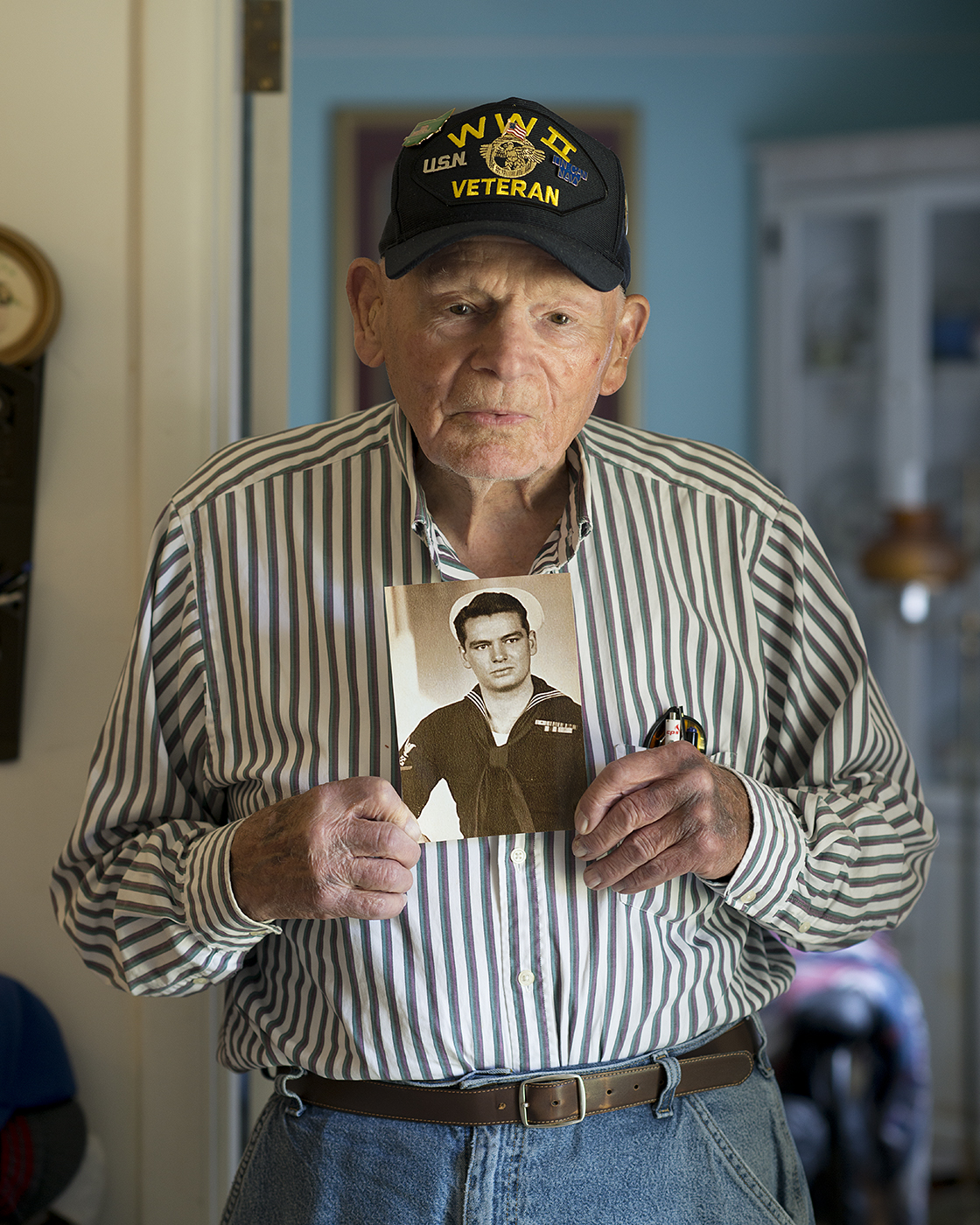
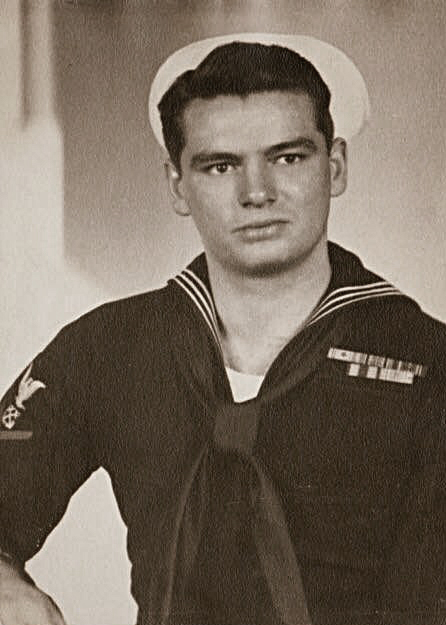
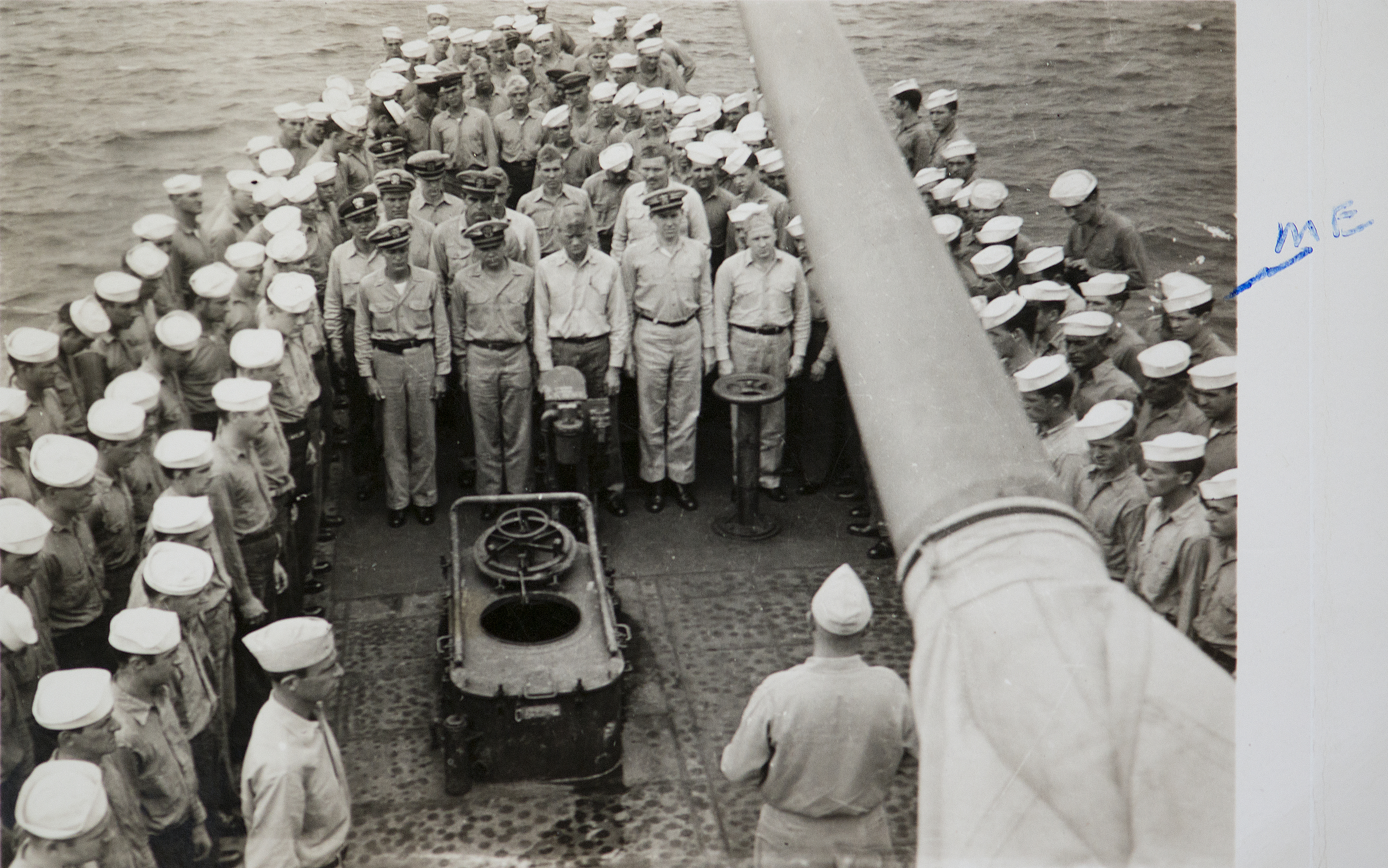
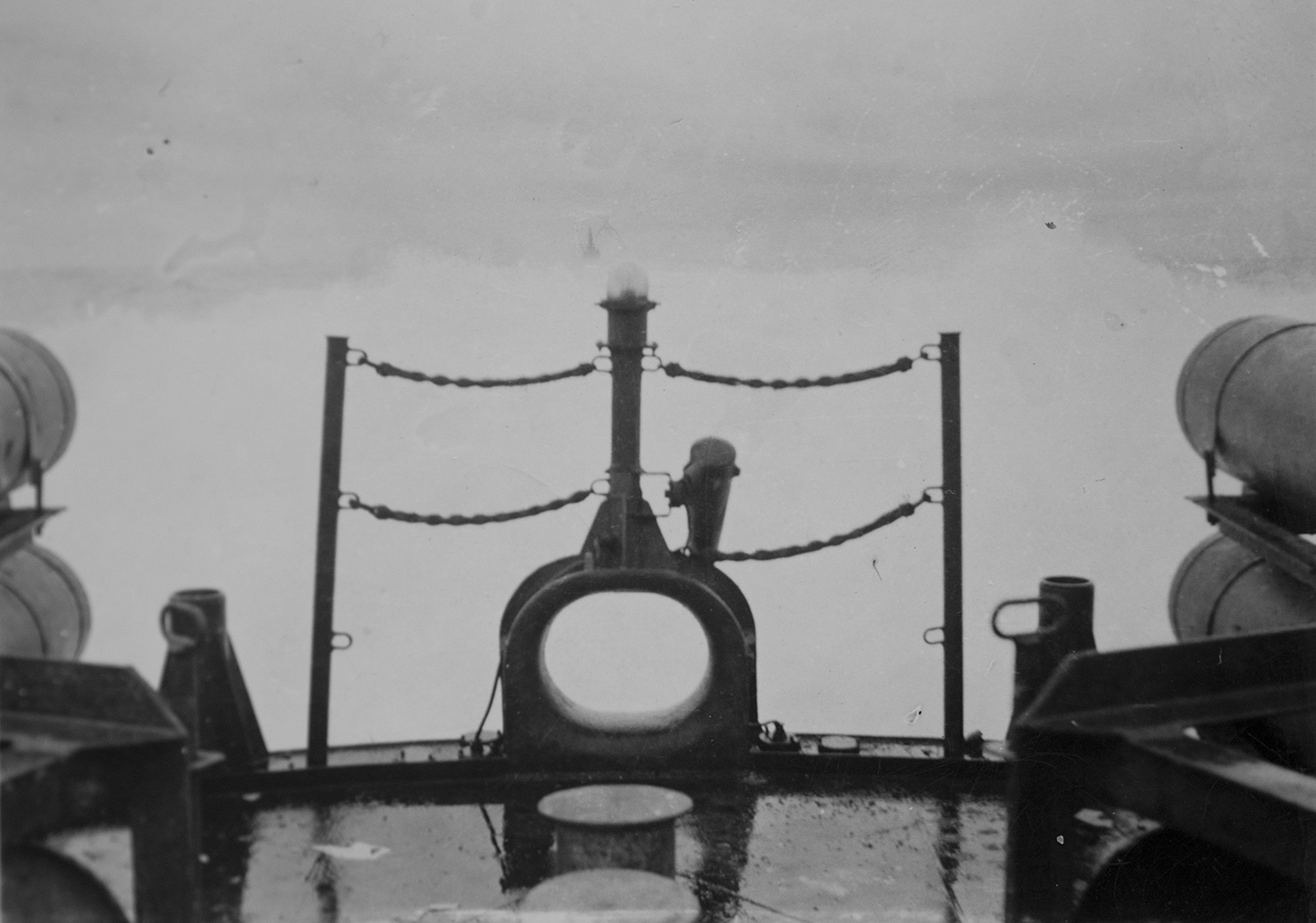
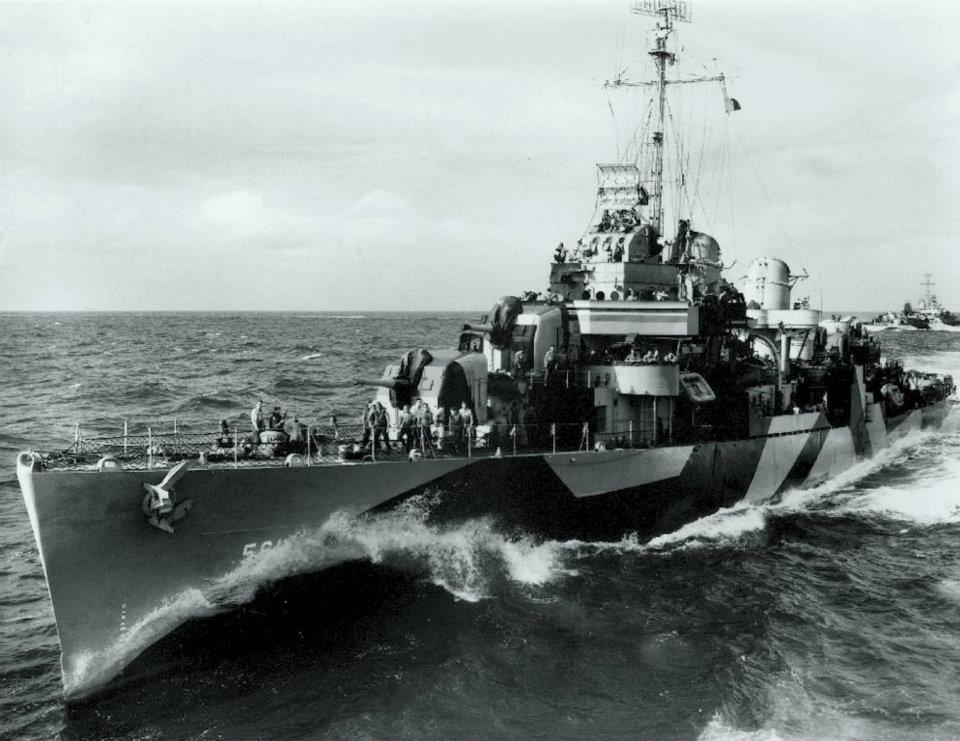
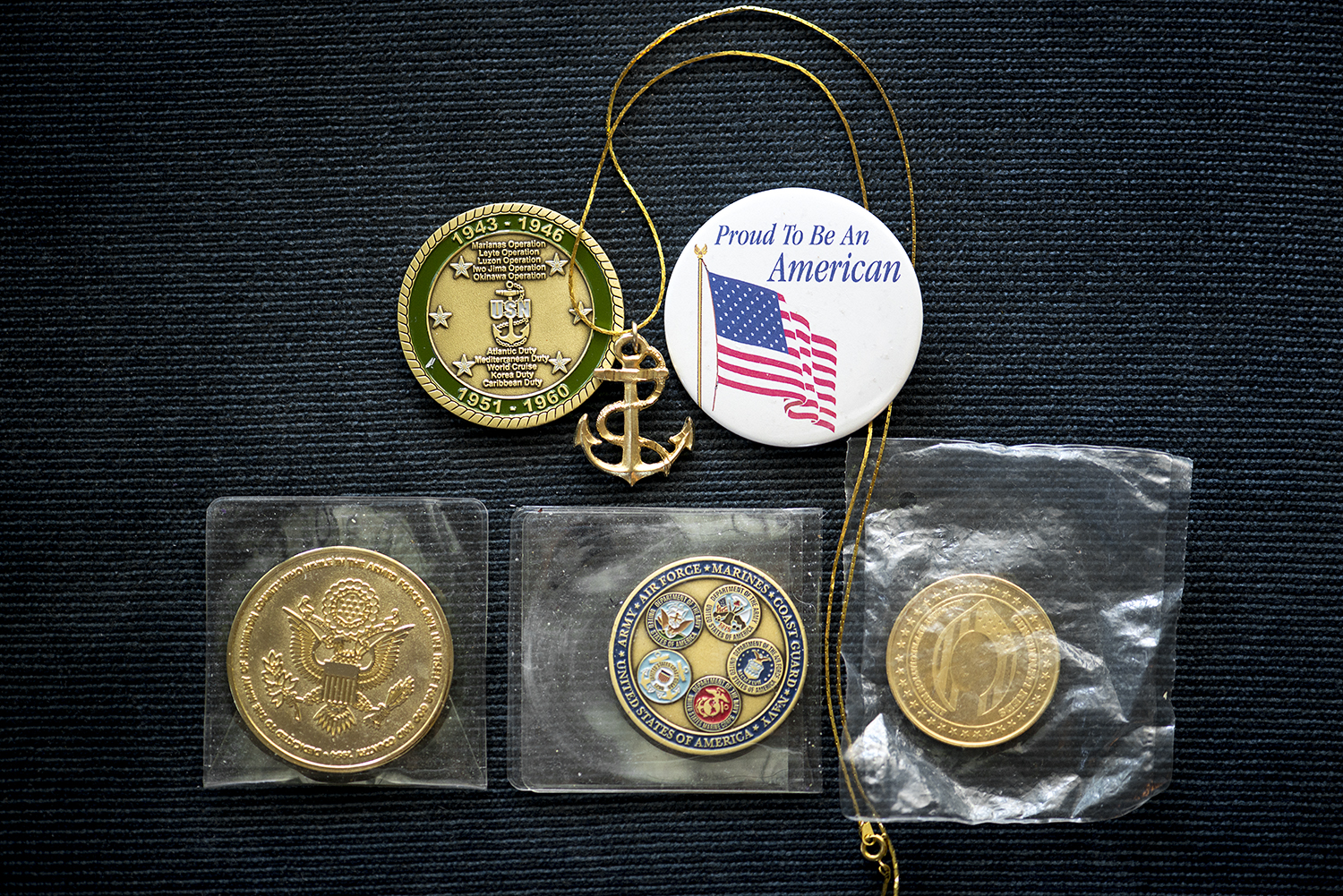
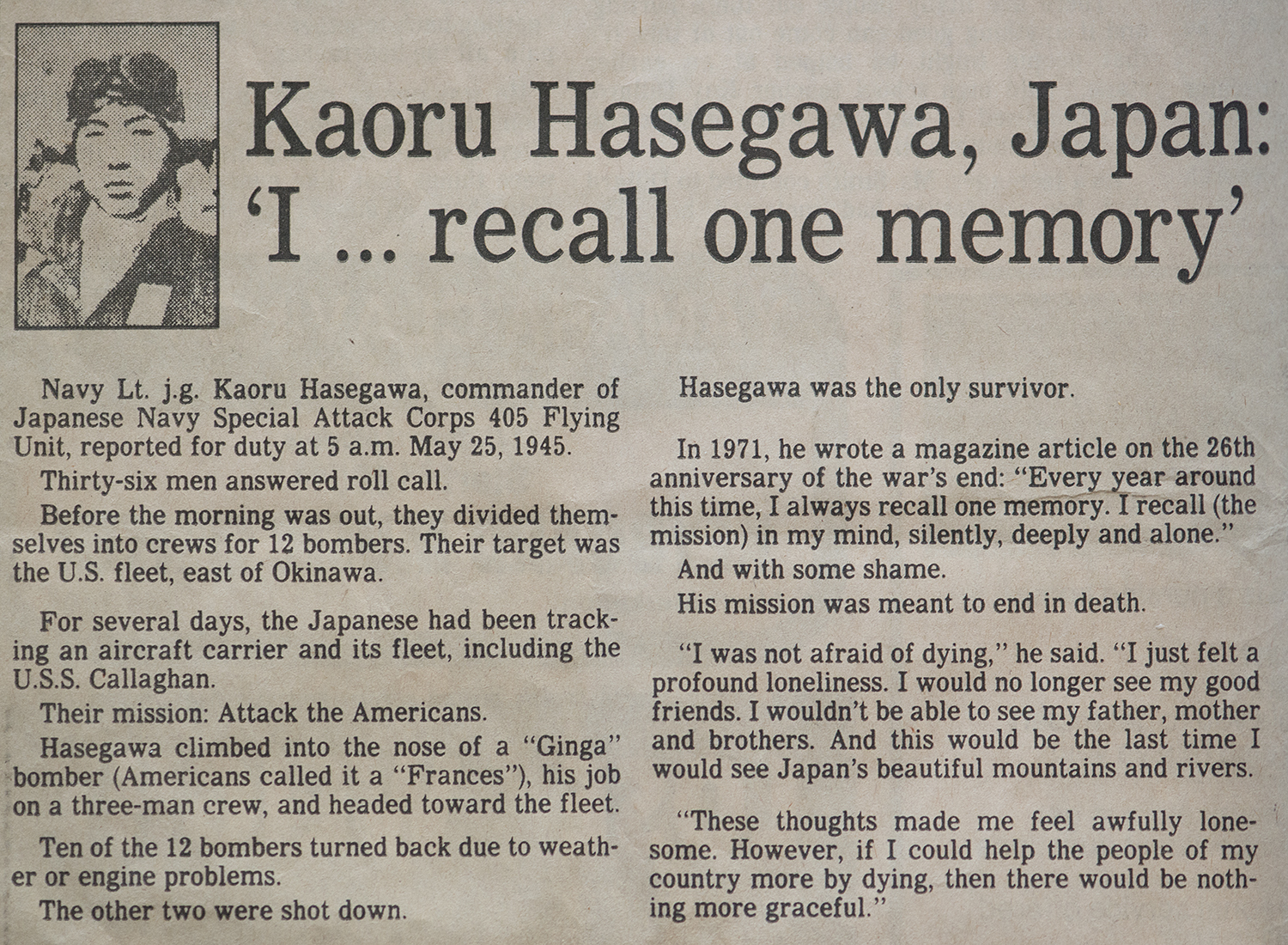
William Wilch
"I was born in Middletown, Ohio on March 15, 1924. My dad was a truck driver and my mother was my most valuable follower. She followed everything I had done, she saved every letter I sent to her and filed it by date to keep it in order. We lived during the depression and we were poorer than heck, but didn’t know it. My dad was able to work part time so we didn’t do too bad. I went through all twelve grades and in 1942 when I was a senior in high school, I got drafted. I had to go. When I was ordered to report in, I had to go to the Cincinnati Federal Building to be sworn in and was then sent to Fort Thomas, Kentucky, where I was inducted. I traveled by train with a bunch of guys from Middletown and we arrived in Cincinnati’s Union Terminal. Boy, that place was nice! That Union Terminal has a lot of history to it! You ought to have seen that place at the end of the war when everyone from this area was being discharged! Everyone in the world had to go through that terminal. It was wild!
Following my induction at Ft. Thomas, I was sent by train to Camp Robinson, Arkansas, where we had thirteen weeks of basic training! Arkansas was hot in the summer time. They were really pushing to get guys ready for the invasion. It was hard, it was really really hard. We had speed marches all the time and they’d have little contests for you to earn an expert infantry badge. Little Rock was a wonderful town to go into, the people were so friendly. After basic, we were sent out to the desert training center at Camp Young, California. And then Camp Shelby in Mississippi was our next destination where I was given furlough and was able to go home and see my sweetheart, Mary Rita and I surprised her. It was really nice. Camp Shelby was just a long period of waiting to get our next orders. Fort Meade Maryland was our next destination and we had advanced tactics. That October we traveled north to Halifax, Nova Scotia to be shipped overseas on the passenger ship Mauritania. We landed in Liverpool, England and got on trucks… I think I rode from here to hell and back on trucks! We rode all the way down to Cornwall and the Twenty-Ninth Division barracks camp in Launceston, way down in southern England. The town wasn’t very nice, there were a lot of racial problems and some violence. It wasn’t a good time. The rest of England was wonderful though, I met a lot of nice people. They were so gracious and polite. The English people were wonderful to us even though they had nothing and they were starving… We didn’t know it, but they were starving.
In preparation for the landings, there were assault training facilities down along the English Channel coast. They found shorelines that looked like Normandy, they found shorelines that looked like Norway and the Pas-de-Calais. We didn’t know where the landings were going to take place, but we heard possibly Normandy. The practice landings were scary! We had a couple at night. A few nights after we practiced landings, the 4th Division was practicing their landings and German U-Boats found out about it and sunk some of the LST’s full of soldiers, thousands of soldiers drowned… in a practice! There’s a lot of death in practice, artillery rounds going short, mortar shells going off in the tubes, and drowning was a big thing.
During the days leading up to the invasion all we did was practice, practice, practice, practice, practice. A lot of times we’d go all day and all night, mostly loading onto and off of landing ships and going over the side down cargo nets. We tried all kinds of different ships to see which worked best. The Navy also joined us during these practice landings to make sure everyone was on the same page.
On the 4th of June we left English soil because D-Day was going to be June the 5th, but they got word that a storm was just starting in the channel and there would be terrible weather, which it was. They called it off. A lot of guys drowned, everyone was sea sick… sailors and soldiers alike and when we anchored back in the harbor those ships were bobbing up and down, up and down, everyone was sick. The ship stunk so bad that we all stayed above deck for fresh air. We had to stay on the ships the whole time and we ran out of food and the ships were overloaded. The toilets were all clogged up, the decks were slippery from people getting sick, it was awful, I think the townspeople could smell it because it was so bad. I’m sure they were glad when we left! *laughs* While we were sitting in the harbor, they ordered everyone to the rail and here came one of those big mulberry harbors, just barely moving. We were to salute them and they were manned by the British Commandos. We didn’t know what they were at the time, they looked like big buildings floating. While we saluted them, they also played music while they went away.
On the morning of the 4th of June, when the invasion was first postponed, intelligence also got reports from Italy that the Germans had new panzerfausts that knocked out tanks in devastating fashion… they kept us up to date on everything that was going on around the world. The Germans also had the new Tiger tank with the 88 on it, nothing would stop it. We knew about everything that we were liable to run into and it didn’t sound good.
The orders came to finally set sail towards Normandy and boy, we hated to go. *laughs* You know, “Mom… here we go!” It took so long to get out of the harbor, but we finally made it out of there. We were quarantined below deck for security reasons to keep from anyone lighting a cigarette or dropping something overboard, but as soon as it got dark they asked if we wanted to come out on deck and watch the airborne armada go over and we did. I don’t know how many airplanes were up there full of paratroopers, but if you’ve ever seen the movie The Longest Day, when the airborne went over the ships and flashed morse code, dah dah dah dahhhh, with a red light, that’s what we saw! V for Victory! When they passed we were sent back below deck for the night.
We were awakened early in the morning on June the 6th. I don’t remember them feeding us, but the troops that did get fed were so sick and some of the troops on the bigger ships had steak and eggs, hot coffee, biscuits, pancakes and they ate that great big breakfast and when they landed they were sick and couldn’t perform like they were supposed to and some of them drowned. As I understand, most of that was the 1st Division. It was still dark out when we began preparing for the landing. We had a sergeant who was standing outside the wheel house on our ship and he was listening to reports coming in over the radio from a ship called the Ancon, which was the communication ship for Normandy Beach. General Bradley was on it. Our sergeant would hear something and he’d turn around and tell us. The first thing he said was, “My God”… We said “What’s the matter?” He said “They just got a report that the first wave of the 29th and the 1st Division has drowned!” We said “What?” He reconfirmed, but just a while later they had a correction, they had grounded! Everyone sighed with relief, but you know… I could swim in a private pool, but not in the channel! We had the belt type preservers, which didn’t do a very good job because you had to have it up under your arm pits and some of the guys that put them down around their waist flipped upside down and drowned. They couldn’t get them to go the other way. Most of the casualties during the Normandy landings was the result of drowning. It was bad… it was so bad. Following the news from our sergeant, we were outside and it was raining like “H” and was so windy. Then an order came down, he said “yes sir, yes sir, yes sir. They are going to reassault! The beaches where the 1st and 29th landed at Vierville was jammed up, they couldn’t get anyone else on it.” We had our rifles in long plastic bags and the mortars were latched to a few life preservers and the same for the machine guns so we didn’t have to go through that rough sea carrying that stuff on our shoulders.
The initial assault was moved East from Dog Red to Easy Green, 1,000 yards down the beach, which was where my unit, E company of the 115th Regimental Combat Team, and the 18th regiment of the 1st Division, 2nd Rangers and 5th Rangers would be landing. I guess we did well… We got in, but it cost us a hell of a price. After climbing down the nets and sailing in towards the beach, our landing craft stopped in shallow surf. My captain, Waldo Smith, had to be the first guy off the ship and hell, he didn’t even go down the ramp, he jumped! I was the third or fourth guy down the ramp because I was the lead scout. I had to get across the shale and the beach and get to the bluffs and turn right! Anyway, I saw him, he was a good man, a big man, and was running ahead of me. When I reached the bluffs I asked where Captain Smith was and the guys said, oh the Germans got him. I said they did? He wasn’t too far from me! But he was seriously wounded. All I can remember is that when I went down the ramp it was wet, it was banging back and forth, the ship wasn’t steady and the first thing I ran into was the shale. That stuff is slick and wet and anyone who slipped and fell down on that shale was picked off by the Germans. I didn’t fall down and I don’t know why, but I ran through that and when I got to the sand, boy, I put on the speed! I saw tracer bullets flying all around, saw men falling and heard and felt the blasts of explosions as I ran for the seawall. When I got to those bluffs my lungs were burning up! Nobody was timing me, but I know damn well that I set the record for the 300 yard dash… I did. I didn’t stop, I ran straight for those bluffs. The Germans had multicolored tracers, red, blue, yellow, green, and they were going across in an X. I think the only way I made it was because I went right up the beach outside of the killing zone. I got to the seawall and there was an anti-tank ditch there full of seawater and I almost drowned when I jumped into it, the water was up to my neck and a taller soldier was luckily there to push me forward. I got to the top of the bluff where I met two army rangers and they asked me how I got up there. I turned and pointed in the direction of the beach and one of them pointed at a sign and said you just ran through a God damned minefield! When we came up over the bluffs we were even with the pill boxes, so we didn’t have to contend with those. The Navy dealt with the pill boxes, knocking them out and setting off some ammo dumps. They saved our ass. It was getting real hairy there for a while. There was German infantry dug into the bluffs in trenches and fox holes and they must have had MG-42’s every damn 10 feet. One guy said, don’t worry if you get hit by a 42 because not one bullet is going to hit you, about 8 of them will and it’ll cut you in half. The Germans would shoot low to knock you down and you’d fall into the stream of bullets… yeah it was bad.
After more of my unit got up to the bluffs and we got passed all of those dug in Germans, I started to go right and the officers were yelling, “Left! Left! Left! Turn left!” So I turned left and everyone followed me. We went down to Saint Laurent-sur-Mer and I don’t know what happened, but when we were looking at sand tables getting ready for the invasion, we were impressed over and over again, when you get to the bluffs turn right and go to Longueville, our D-Day objective. So here the officers were screaming at me to turn left and for about a half a day we were in the wrong place! We ended up clashing with the 18th Regiment of the 1st Division, so we turned around and went back. No one ever took responsibility for telling us to turn left. But we captured our objective the next morning… Longueville. We got there early and we seen them running into buildings and jumping into fox holes and getting in barns, so we knew where they were. We had a fire fight there, but I don’t remember it being too bad.
Those damn hedgerows were stone and dirt and some kind of a bush/growth. Some of them would be as high as your head, some taller and some shorter and they were thick! Tanks couldn’t get through ‘em. They were great protection, but they were made for a defensive purpose. The Germans had been there for five years and they knew where every damn gate, every damn break in them was, and which ones were high. It’s called the bocage. They were hard to get over too, you’d try and get over them and the Germans would see you and you were gone. A lot of guys who were killed were hanging there in the growth on top of the hedges. You didn’t go over the top.
Let me tell you this and a lot of people won’t admit it, but we were outgunned in Normandy. The Germans had better guns, better tanks, better radios. Everything they had was better and faster. Everything they had was fast. A lot of guys liked their pistols because they shot better than the .45. The quality and speed of German stuff was the biggest shock I got. We had the best rifle though, the M1 was better than their Mauser.
I know you’re not going to believe me, but following Longueville, we tried to get to Saint Lo! Other units were also fighting for Saint Lo, the 1st Division, Airborne Divisions were trying, there was another unit, the 35th from Nebraska, they did a hell of a job there. They took a terrible toll of lives though, their casualties were very high. They had a lot to do with the success at Saint Lo. We did too, but not as much. It was key because that’s where Patton was going to break out. Saint Lo was also the first time we experienced flame throwers. They used flame throwers on us. Between Longueville and Saint Lo there were plenty of firefights between us and the Germans.
Le Carrefour was on the night of the tenth, just past midnight and we had a terrible firefight. The Germans got behind us. A sad sad story. I found my squad laying in a shallow ditch just inside the field along the right hand side hedge. I crawled in and put my head at the feet of Burnelko, who was face down and I was on my back with my M1 rifle across my chest. A few seconds later there was a tremendous explosion. I was lifted off the ground a little bit and came back down, my helmet flew off, my rifle flew out of my hands and everyone was screaming for help and everything. The Germans shot flares in the air to see where we were in the field and machine guns opened up, there was rifle fire and more explosions. I got up, I left my pack there and went for my rifle and it was shattered. I crawled toward the gate we had come in through leading out of the field to get away from the German cross fire. The next morning we started treating our wounded. One guy in our group had his helmet blown off… his ear was gone and he was bleeding heavily. We found where my squad was the night before and I saw my two squad members who had been killed. It was hard to see.
Burton E. Burfiend was my best friend and was second scout next to me. He had the greatest eyes I’ve ever seen on a person, his vision was so sharp. He could see things that no one else could see, things that no one else knew about. Whatever it was, he took care of it, he was a dead shot! If he aimed at you, you were going down. He was born in Texas as an only son, to a poor family and went to Europe and got killed. His dad died before D-Day and they didn’t send him home. His mother got caught in a back woods place in Texas. It was a sad sad story. To me, he was one of the finest soldiers I’ve ever read about, know about , heard about. You can’t believe how he could see things that no one else could see. He saved my life twice. During the fighting near St. Marguerite, we had some German prisoners. One was a major in the artillery and he had maps and drawings on him of all of the artillery emplacements in the area of Saint Marguerite. We were ordered to take them back to 2nd Battalion Headquarters. Don’t lose the maps and documents! I was at the front of the column and Burfiend was bringing up the rear. We got part way back there and we stopped at a T intersection and we were going to turn right and a German officer got up on a hedgerow and pointed a MP-40 at me, “Hände hoch” and in broken English “For you the war is over.” Well hell, I didn’t know what to do! I was about to raise my hands and then all the sudden BAM BAM BAM BAM BAM! Burfiend blew him off that hedgerow. Burfiend yelled at me to run, so we took off running towards the headquarters and by God the prisoners ran with us! I thought they’d run or jump us or something, but no, they were right behind us the whole time. *laughs* Had they turned and run, Burfiend would have shot and killed all of them. The whole time we ran, we could feel other German soldiers around us. We finally slowed down to a walk and came up to this German MG-42 that was set up in a ditch pointing down the road in the direction of the headquarters. I went to pick it up and it began shooting on its own! It went through the whole belt and when the firing stopped we knew everyone in that area was alert. We kept moving until we came under rifle fire and we got down. I crawled up and yelled that we were GIs from E company and the fire stopped. I had to give the password and we were able to deliver the prisoners and the maps and documents.
I got a couple pieces of shrapnel in my shoulder near on June 22, 1944. It burnt my eyebrows off and I had trouble seeing. There was a little shrapnel in my finger as well, which is still there. The doctors said it was fine to leave there. But, you know you hear the story “Don’t volunteer for nothin’”? Well I volunteered for a patrol to try and get into Saint Lo and do something, raise hell, set a couple buildings on fire to let them know we were there, but we never got there. We came up on a big communication tower that we were ordered to blow up. There were 12 of us on that patrol and as we came up on the tower in single file, an explosion from a grenade or mine went off and mortally wounded PFC Babb who was right in front of me and the Germans opened up on us and 9 more of us were wounded. We had to abandon that patrol and leave Babb behind because they knew where we were and they knew we were hurt, they knew everything about us and I think that they were just waiting to slaughter us if we were going to rescue Babb.
In August 1944, my unit was part of the push to trap the Germans in the town of Falaise. An artillery shell exploded in the trees above our defensive position and pieces of the tree blew everywhere and a bunch of us were hit. I got hit in the foot. We were hollering for medics and of course there were guys hurt worse than I was and we had a jeep load of wounded guys. I was put on the hood of the jeep with my rifle and they had my foot up and took the boot and sock off and wrapped gauze around it. I sat on the hood as security until we got to a field hospital. They stripped us down and loaded us onto a C-47 for England.
I was made squad leader twice, but I didn’t like that one bit. I wasn’t cut out to tell somebody to go get killed. I wasn’t experienced enough. I got guys killed…
After my foot was treated at the hospital, we went through a process where psychiatrists and doctors would interview you and examine you to see if you were fit to go back into combat, mentally, physically, whatever. For some reason, foot injuries rated real high, especially being in the infantry because winter was coming up and we didn’t know at the time, but the Bulge was not too far off. The doctor that took care of me was really nice though, he said if you’d like to go back I’ll make sure you’re able to. I said, I’d like to go back, but the guys I meet say that everybody is dead and gone, I wouldn’t know anybody except for a bunch of young kids… He said what would you like to do? Again, I said I would like to go back to my outfit and see what happens. The doctor said, well I’ll tell you what, I’m going to put you on limited service, where we will send you to rehabilitation physical training hospital and we will examine you later. You can get someone to contact me if you ever want to go and we will surely send you back if you insist. But the war ended before I could do that and I wasn’t going to go back anyway, I didn’t want to get caught in that damn bulge because I heard if you had anything wrong with your feet in the Bulge you’d fall behind and the Germans would get you.
Later, I was in Northern Ireland and got called into the orderly room and was told, “You’re a high point man, here’s the paperwork, get aboard the train and ride it to the docks and get aboard the ferry from Belfast to Scotland and then get on the train to Plymouth, England.” I met some guys, other guys with enough points and we did. When we got to Plymouth, England we were all ready to be home, but the mafia struck the east coast docks. The Anastasio brothers and the mafia closed down the ports all along the east coast. Nothing goes in and nothing goes out! So we were stuck in Plymouth for almost two months and it kept getting busier and busier. We finally came back on a liner that was captured from the Germans in Bremen called the Lloyd Line. They captured it, sent it to the US and refitted it to be used to transport troops home. We were the first group of troops to ride it home. Well, the sailors were scared to death of it because most of the instrumentation was in German. It was Germany’s biggest ocean liner, it was faster than hell. The story behind it was that it was that they had docked it in Bremen and camouflaged it so well, that the RAF had tried searching for it for years and they couldn’t find it! German Kriegsmarines were living on it as a barracks. The sailors thought maybe it was sabotaged, and we’d get half way across the ocean and the bottom would drop out. Well one night on the trip home a group of us went way down into the bottom of the ship and found lockers and they were full of propaganda posters for the Kriegsmarine and all kinds of stuff. We passed that stuff out to a bunch of guys. We also got caught in the worst storm in the Atlantic in 40 years, I didn’t think we were going to make it. The ship was rocking all over the place and everyone from sailors to soldiers were getting sea sick everywhere. We were washing out the mess hall with fire hoses because so many people had gotten sick in there! When we finally arrived in New York Harbor, there was the Statue of Liberty waiting to greet us. Most of the soldiers that were aboard ran to the right side of the ship to wave at the statue and the ship actually started listing! The captain started screaming over the loud speaker “Everybody get back to their bunks! Get to the center of the deck!” I mean we were really listing! They finally got that settled and then all the sudden here comes this party boat and who was aboard? None other than the Andrews Sisters! They were singing Boogie Woogie Bugle Boy of Company B and they came up on the other side of our ship and so now everyone was running toward that side to get a glimpse of the Andrews Sisters and the ship began listing again! So the sailors got clubs and were hitting guys over the head and on the shoulders and legs. It was hilarious, we all got together and one of the fellas said, “Wouldn’t it be hell… to go through what we been through and we drown in New York Harbor because the Andrews Sisters came up along the side of our ship?” *laughs* You can’t believe what GI’s will do. Boy, I know that captain was relieved when we got off of there. But pulling into New York Harbor was a great feeling. And I’ll tell you what, I was surprised the Statue of Liberty is green! I didn’t know that it was green and neither did most of the other guys.
In New York City, they assigned us a barracks to stay in that night. The next day we were to catch the train to Camp Atterbury, Indiana to be discharged, which we did. Atterbury was wild, I felt so sorry for those guys because everybody wanted to get out of there. The officer would be asking where you served… And guys would holler, “dammit it don’t make no difference where I served, I want out of here, give me my discharge!” I got on a train that went to Cincinnati and it was packed to the gills! There were guys hanging out the windows, guys riding on the tops of train cars because they wanted to get home.
We came into Union Terminal station and trains poured in there from all points of the compass. Everything was fine until the women started showing up. Then guys started grabbing their hats and putting them on and putting their hats on the women and they were yelling “Hey that’s my hat, give it back!” We got up on the balcony in the rotunda to look over the crowds and the place looked like it was going to explode… WACs, WAVEs, Air Force, Navy, Army, all kinds of men, all kinds of women, the place was about to burst at the seams! The police couldn’t do anything. The whiskey started flowing. It was a giant party. In the terminal they had a desk with a little seat on it where you could write post cards, well I got up on that desk and sat on top of it and some other people sat on the bench. Well here came a bottle and you had to drink, it was just packed. That place was bursting. They’d give you your train call and you couldn’t get to it, which is why me and some other guys from Middletown found out where we were going to board and we went there and stayed. My parents had moved while I was on the way home, and when I called my number, I was told that the number was no longer listed, so I called my sister and she and her husband came and got me from the station. The funny part of it was when I got home and my mother hugged me, the first thing she said to me, “Billy Wilch, you’ve been drinking!” She didn’t say I’m happy your home or anything like that… Just, “You’ve been drinking!” I said mom you had to drink or you’d be killed! *Laughs* It was wild. But it was good to be home.
Coming home when we got stuck in that storm aboard the ship, we were talkin’ and giving each other our last rights because we thought the ship was going to sink and we were going to drown. That’s when we came up with this saying, “Have a good life”. Guys were talking about what happened and said “do you think what we went through was worth it?” Some guy said “Hell no! It wasn’t worth it, what they done to me.” And they were going back and forth arguing and everything. So one guy got up and said “Wait a minute… you’re going at this all wrong.” He said, “It’s not whether it was worth it or not, it had to be worth it. We did it for future generations, not for mom and dad at home. They are adults now, their life is already patterned for them.” So I use that in every part of my life, have a good life and he was right… have a good life."
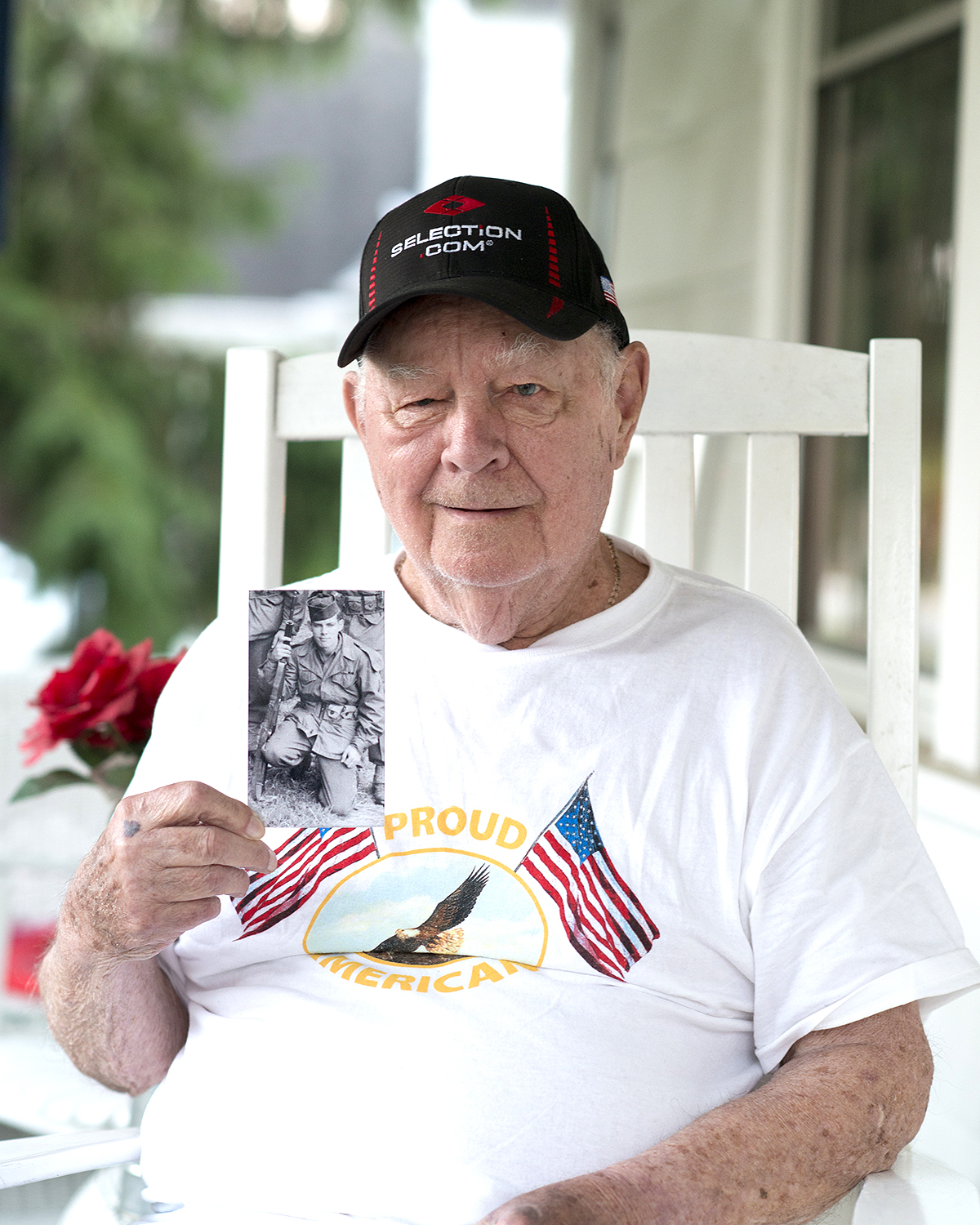
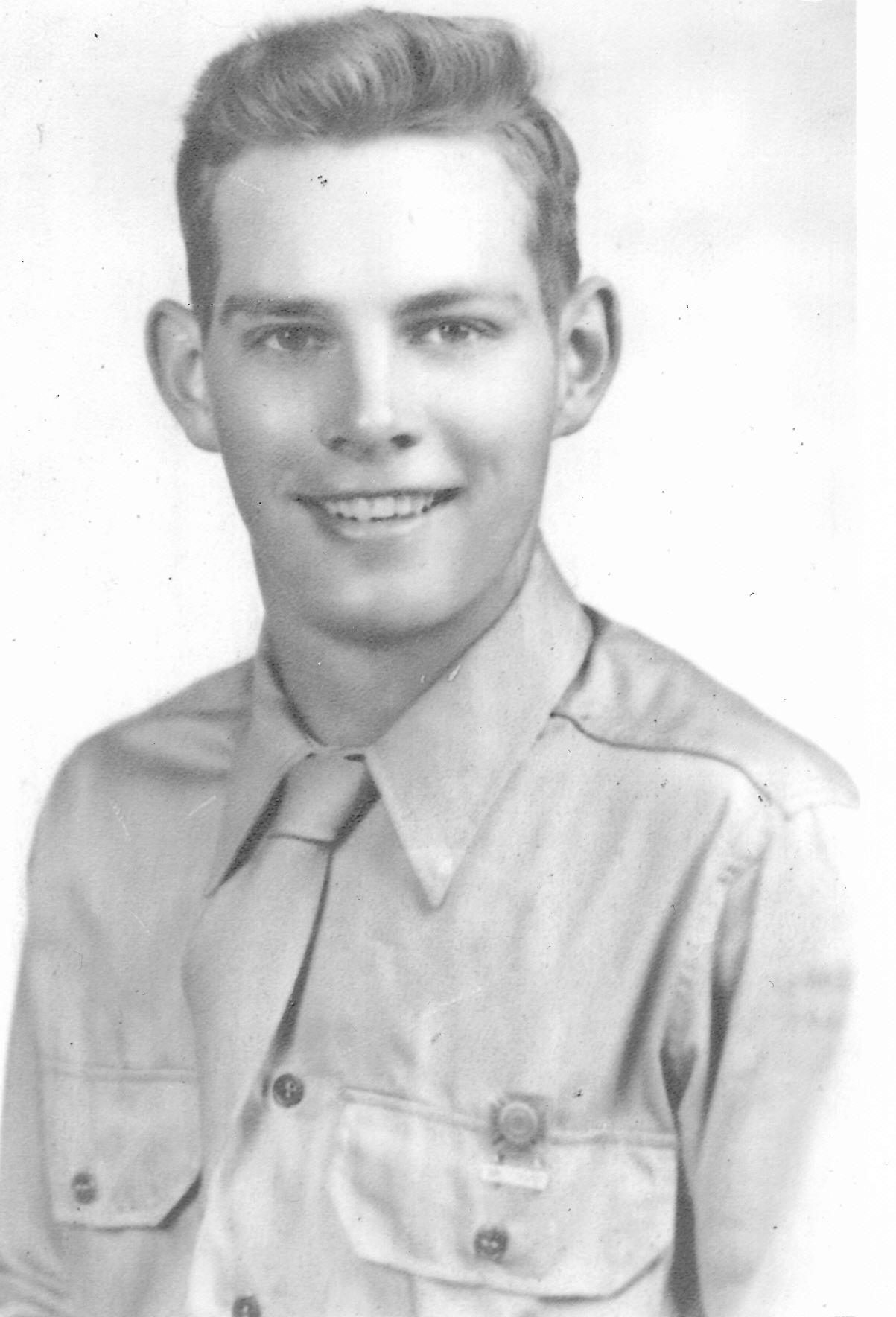
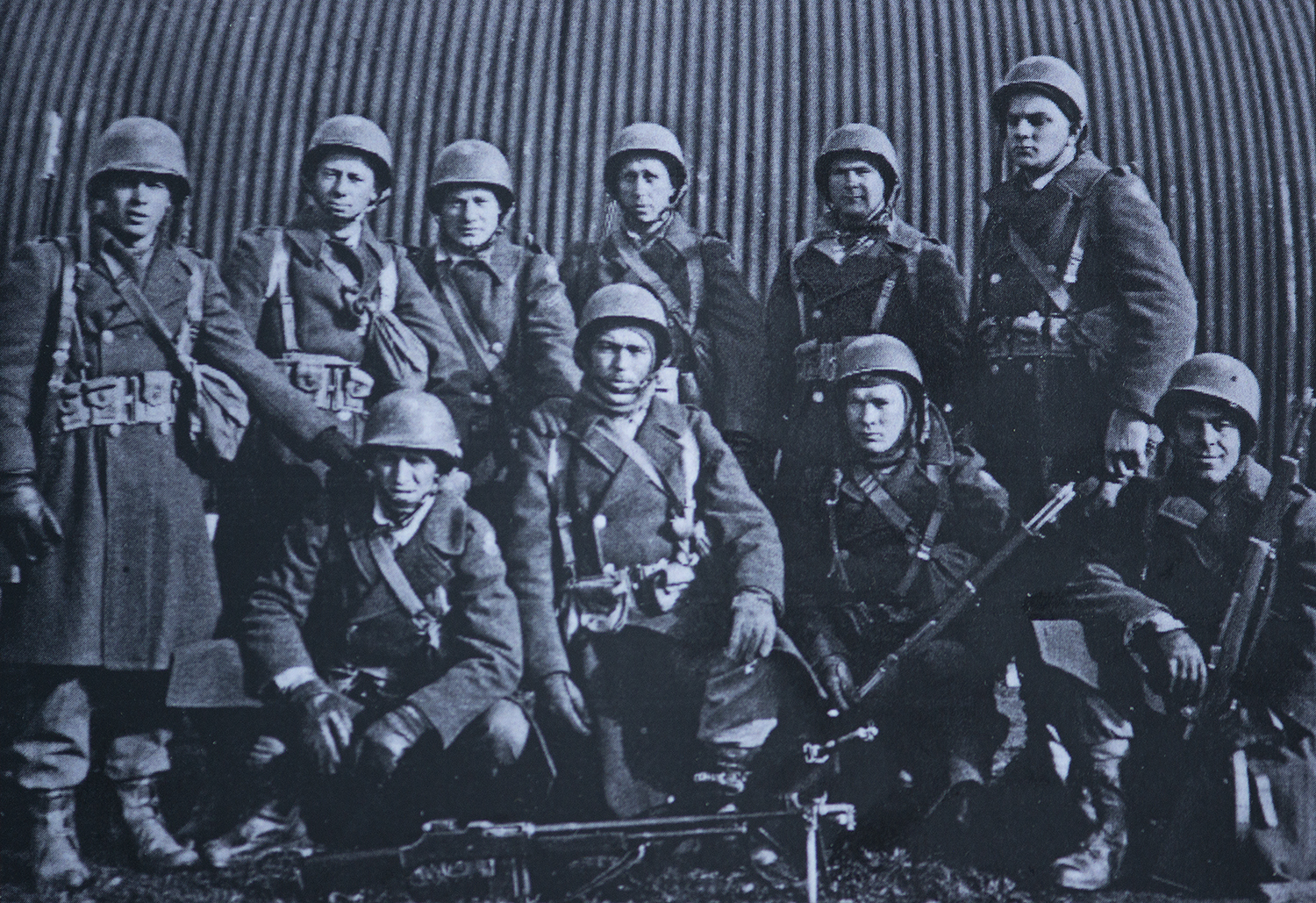
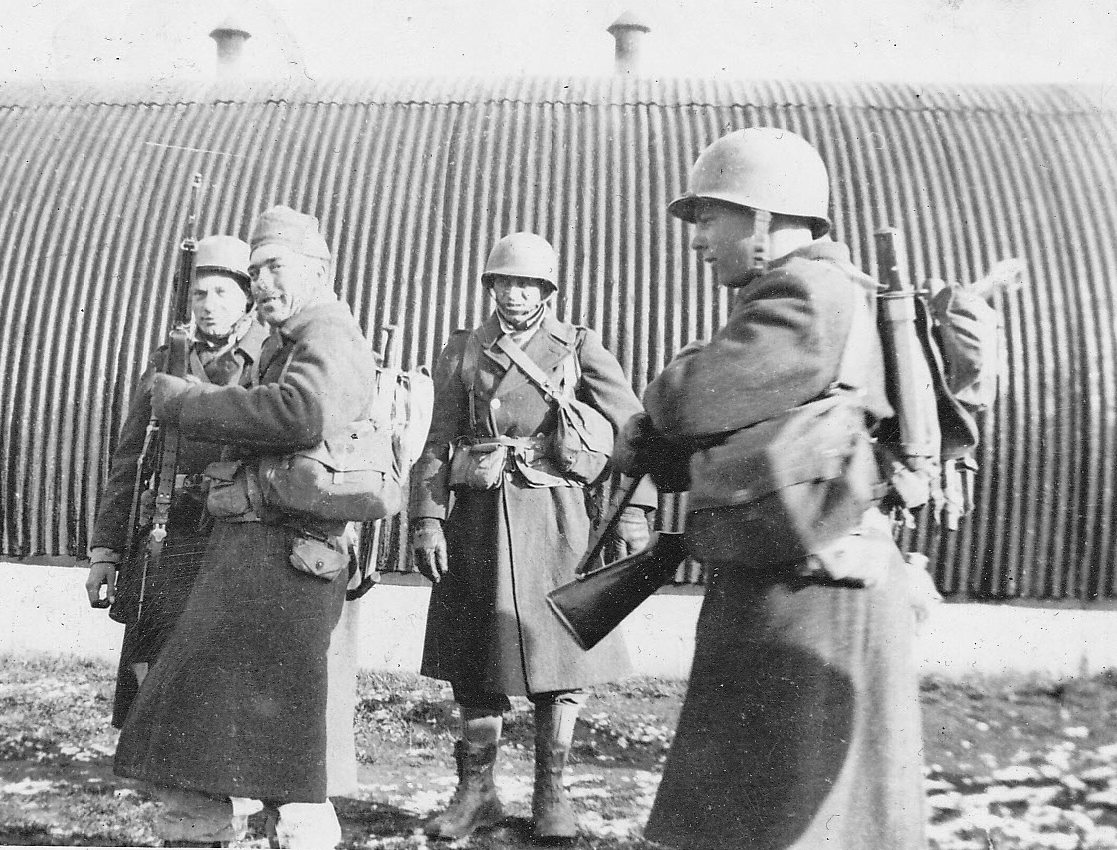
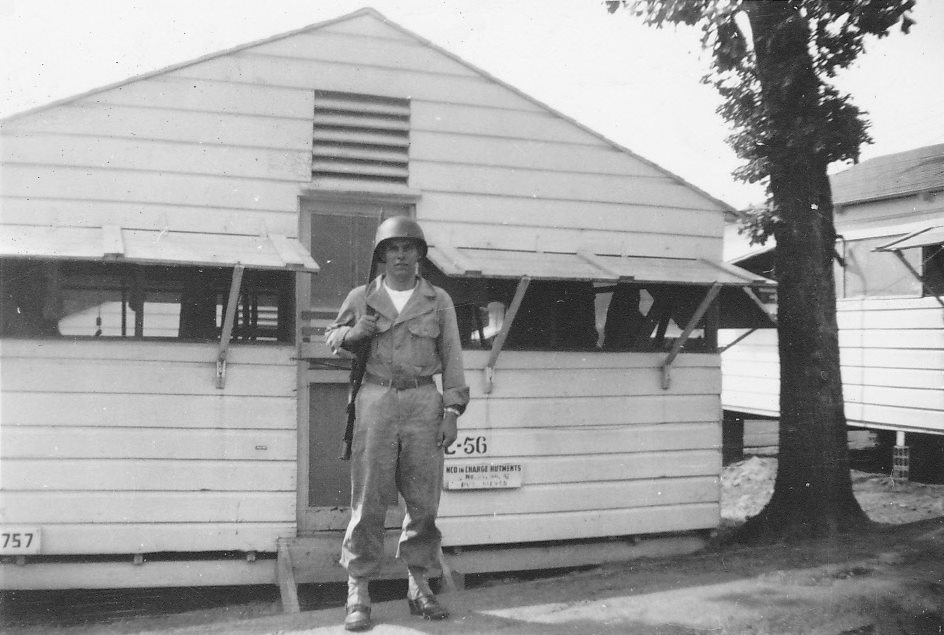
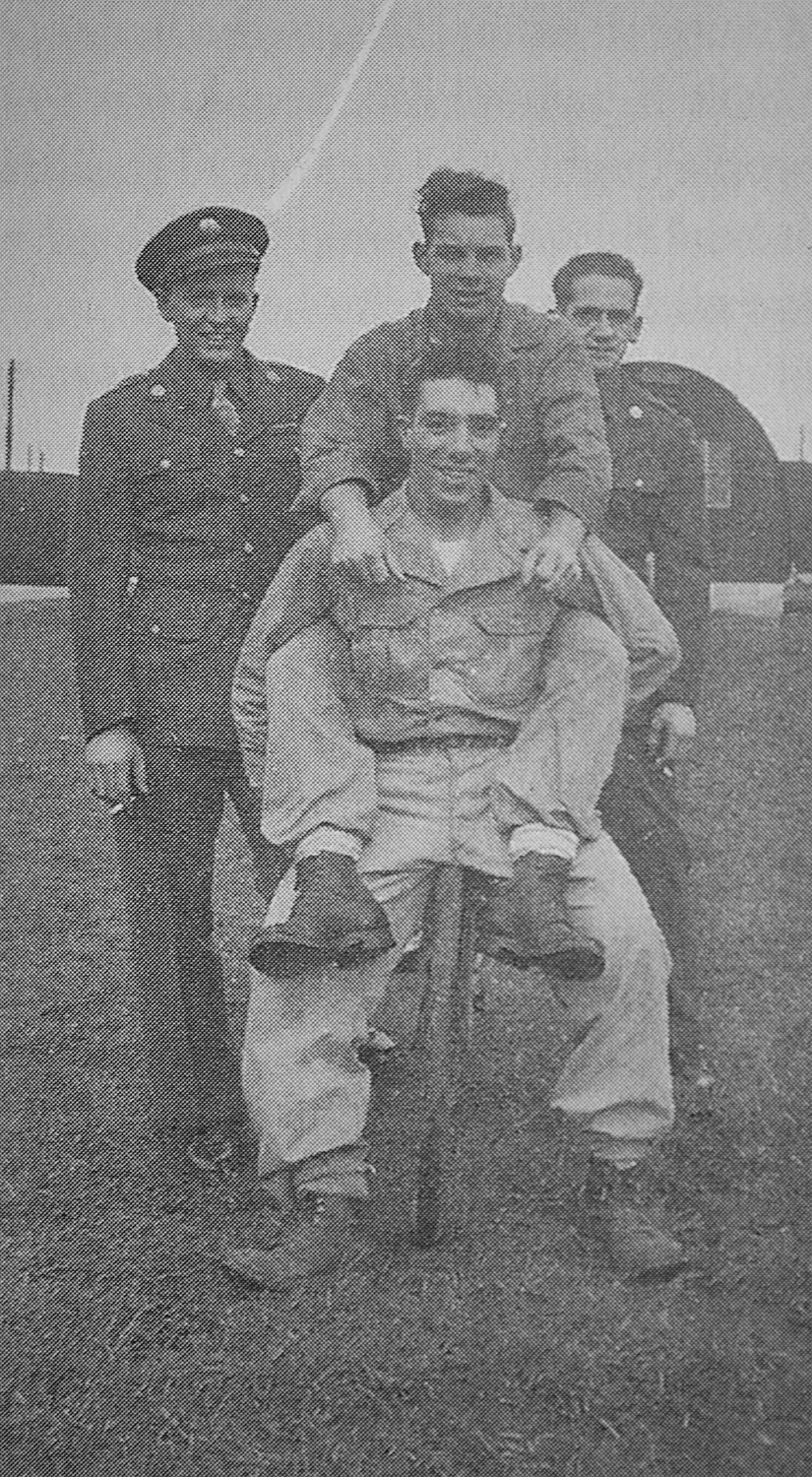
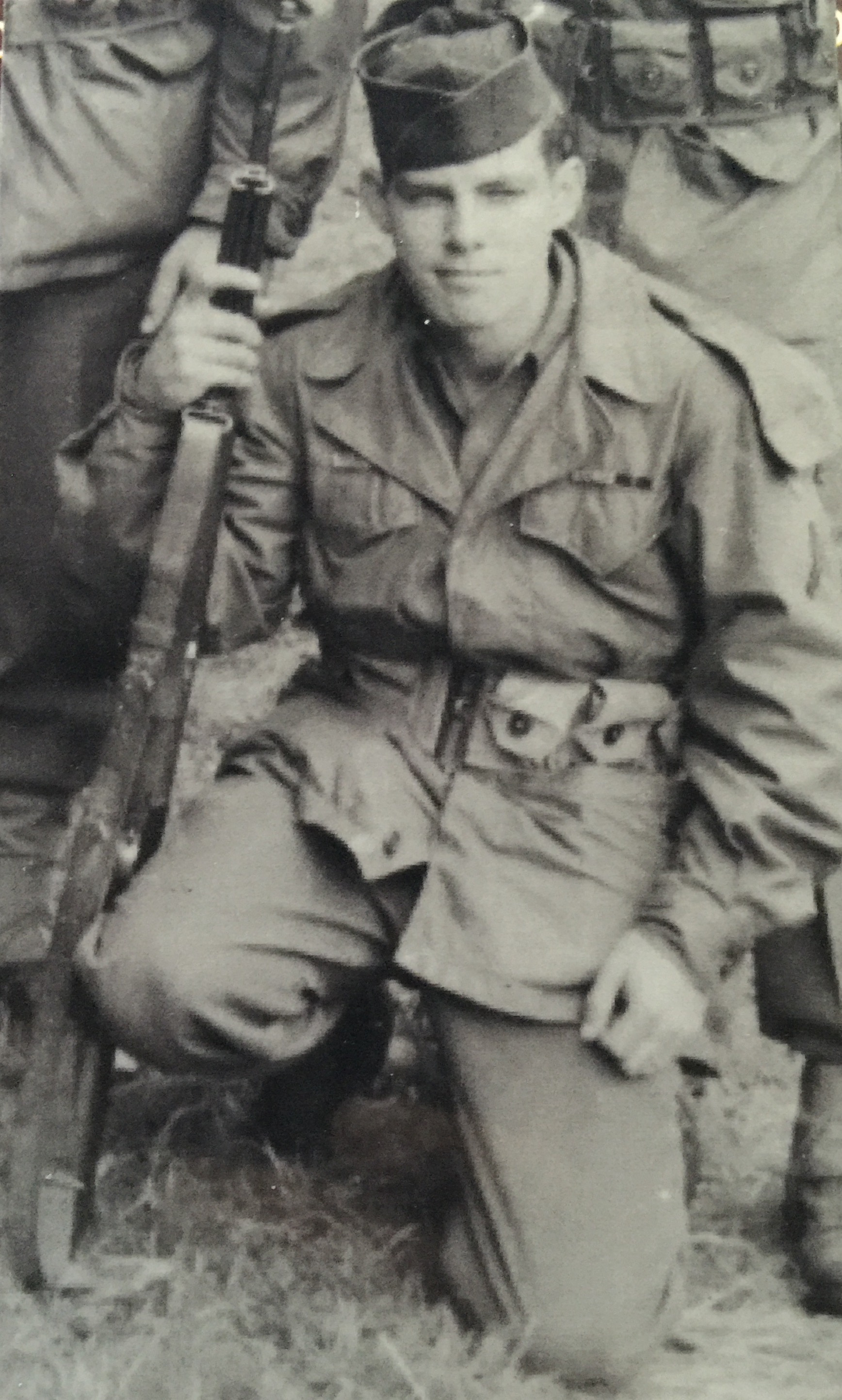
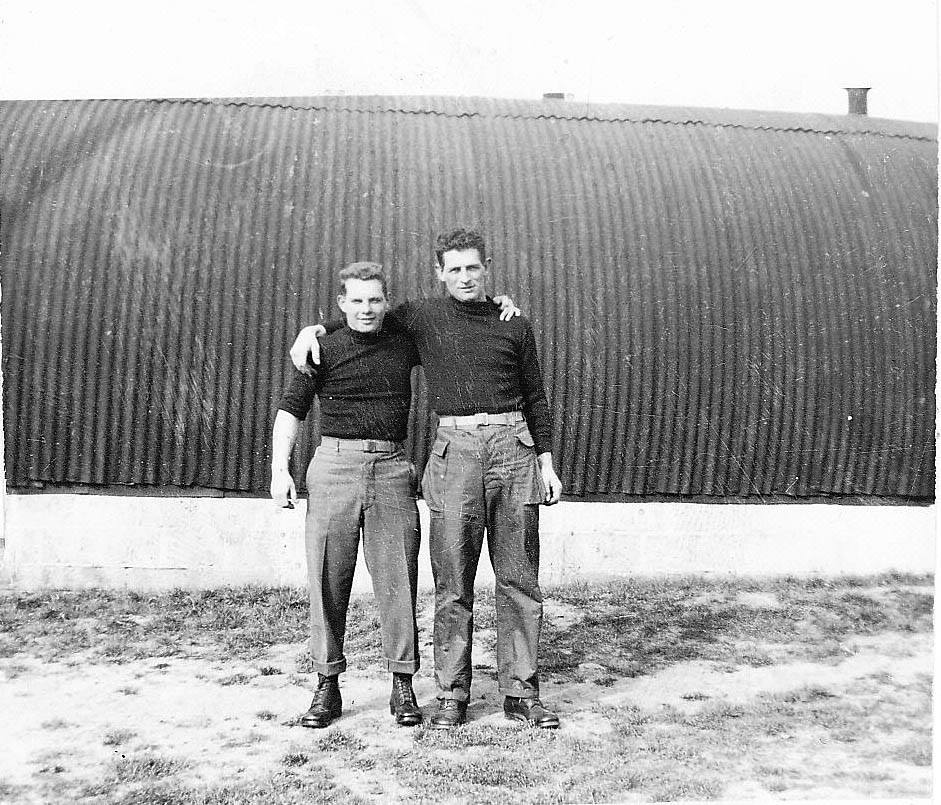
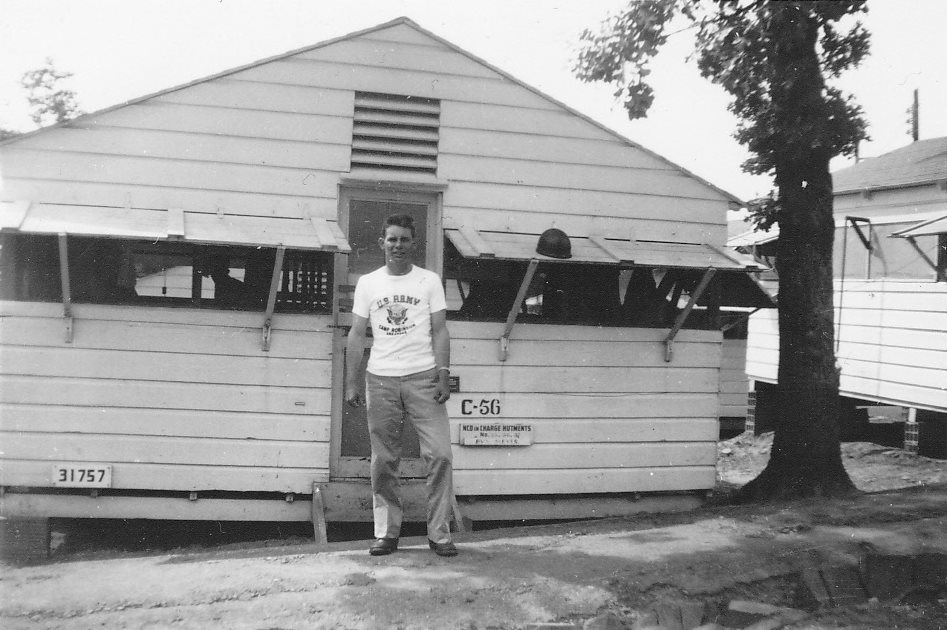
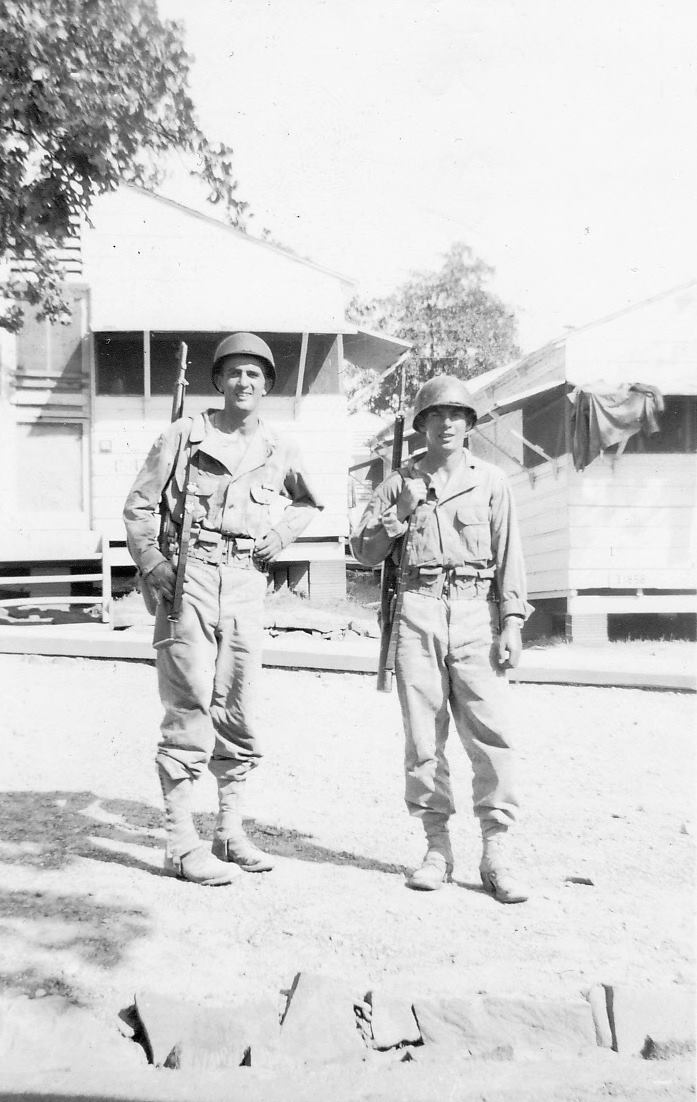
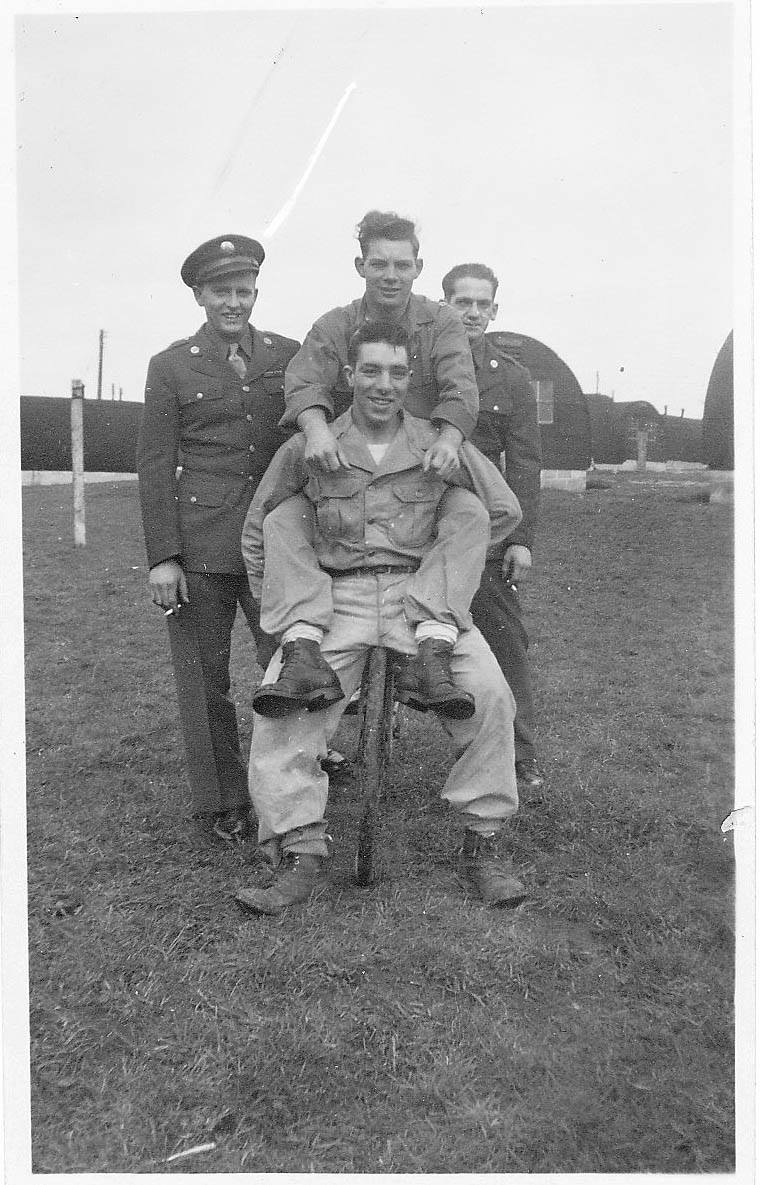
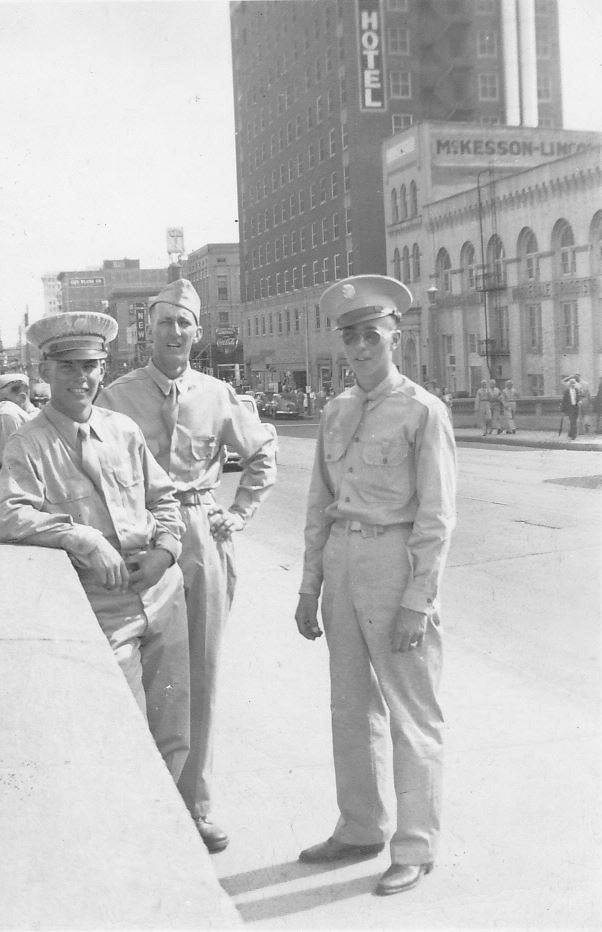
Edward J. Kenny
"I was born in Brooklyn, New York, Bedford Avenue and then moved as a youngster to Hempstead. I thought life was pretty wonderful before the war. Hempstead was a very nice neighborhood, I enjoyed it very much. On December 7, 1941, I was with a young lady, who didn’t turn out to be my wife. She said to me, if you’re going away, be good to me… We heard the news on the radio sitting in her living room and all I can remember is feeling anger. I tried to volunteer several times with the Army Air Corps in downtown Manhattan, but was rejected twice, so I felt disappointed and kind of bitter. I really wanted to go in and fight the good fight, you know? So I went back home and got a job in a little bank in the village of Hempstead to pass the time. I was drafted and sent out to a camp in Long Island and when I got there, I saw some signs reading “If you want to be in the Air Corps, come over to building so and so, which I did! And I was accepted. I don’t know how it happened, two rejections and one acceptance, but I accepted it nicely. It felt wonderful and not having to go into the infantry was the greatest news. We were marched to subsequent different levels of training, which I felt was very interesting and worthwhile. It was good. Somehow I was chosen to be a reconnaissance pilot. I didn’t have a choice, I don’t know how it happened, but it did, like many things in the service. As part of my training, I was sent to a base at Moore Field in Texas to learn how to take photographs while flying. At 200 feet we were tasked with taking a photograph of a bridge to test our photo reconnaissance skills and I completed it successfully. I wound up getting my wings and a Lieutenants rating in the spring of 1944.
We were called into a unit of the 9th Air Force. When we were ready to go overseas, I boarded a ship in New York harbor called the Mauretania. It was a cruise liner and there were way more men on board than the ship had been built for! It was jammed packed with GIs. Seeing the Statue of Liberty as we departed.. Well, it really had an effect on me. I thought I was finally doing something that was worth while. We traveled alone without escorts because the ship was fast enough to outrun German U-boats. We landed in England and a week later we were in France as part of the 19th Tactical Air Command. By this time it was early September 1944. Our forces hadn’t even established air fields yet! We just had a little dirt strip and tents to sleep in. Every time the ground units we were attached to advanced, we’d pack up our tents and change locations.
As a reconnaissance pilot, my job was to find the enemy and report back to our various headquarters what my findings were. We did quite a number of photo recon missions and visual observation. I did see a good bit of artillery adjustment, which was interesting and satisfying because you could see the results of your radio conversation. It was generally whatever installation I may have spotted. We could call over the radio to fighter bombers and they would come in and finish the job. On my missions I was always paired with a wingman who would watch the sky for enemy fighters while I searched the ground. We were never above 5,000 feet altitude and sometimes I was only 100 feet off of the ground. Close enough for small arms fire, but my plane was never hit… never. I don’t know how it happened, but I flew 85 missions and I managed okay. Or the Lord did.
My biggest concern while on these missions was the German Artillery, which was ever present in every single location I flew. Right away when I approached the area of observation, I was shot at by ground artillery. I was lucky enough to dodge those shells. Though, many times they would explode close to my plane and the concussion would jolt my wing upwards. That was pretty terrifying.
While flying over Fürth, Germany I was assigned visual reconnaissance in the area of Halle to determine the extent of enemy rail movement, of which there was a great deal because they were trying to resupply their front. We had to observe how much activity there was, where they were heading, if the trains were empty or full of supplies, troops or POWs. It was very hard to tell, but I think the information I was able to report helped. One of the trains stopped and the people on board got off and into a truck. I wasn’t sure who they were. They didn’t run, they didn’t have guns, so I was flipping back and forth and finally said heck with it and just left them alone. I guess some decisions may not be the right ones, but you have to make them in a very short time. Despite the weather conditions being terrible that day, I made frequent observations at dangerously low altitudes and I stayed in the target area until I had made sure to check everything out. The anti-aircraft fire was severe. It was nasty. They were throwing everything they had at me. I still don’t know why they always missed, but they did. That’s okay with me though! For this, my superiors determined I had displayed outstanding skill in a very dangerous situation and I was awarded the Distinguished Flying Cross. I’m very proud of that medal.
We made good use of the French labor and we had snow most of the time in late 1944. They put down metal planks over the farm fields to give us more traction so we would have less problems with taking off and landing, but sometimes pilots would catch their wing tips or slide on the ice and that didn’t end up too well! During the Battle of the Bulge, following the initial German break through of our Allied lines, I was sent up to observe German movements and make reports on how many troops and tanks I saw moving into the area of the Ardennes. When I saw the first tanks, it made it all quite real! First I had to be sure what I was looking at, was it our troops or theirs? They also borrowed a lot of equipment from other nations, which also made this pretty difficult. I also had to watch out for anti-aircraft artillery so I could warn the next group of our planes to let them know where not to fly. When we discovered tanks or troops, we would call in coordinates to other aircraft and they were most often the P-47 Republics! We would say, “We discovered a group of tanks. The coordinates are this…” and then the fighter bombers would come in for their bombing runs and hopefully destroy the enemy.
This is a letter written by Edward during the Battle of the Bulge.
“Oh, Lord, it is cold!
It is early December (1944), time about 7am, I am awakened and told “your mission is on, briefing in 40 minutes”. (that was the poor GI that had to come around and wake us up for every mission) Now, I love tenting, especially as a boy scout, but not out here in snow covered France, just 10-15 minutes behind Patton’s fast moving lines, it is miserable, cold, dark and intimidating. I had a hasty breakfast followed by a missions briefing, which describes our mission objective. It is a major freight / rail road yard deep inside Germany.
We are to photograph and report the very extensive train movement. My wingman’s job is to search the skies in the surrounding area for enemy aircraft, commonly called bandits. All is clear except for the weather. It is really foul and clouds are at 2,000 feet. Really dark and dreary with virtually no horizon and in order to take photos, I had to fly at about 1,000 feet. We had two cameras, vertical and oblique, plus gun cameras.
My first pass over the rail yard, brought in beaucoup German artillery to action. Those flak bursts were so damned close and so strong I must admit I was not a happy warrior! One pass, unfortunately, was not enough, so a second and yet a third was necessary. Flak was so intense that and so accurate that my kite was knocked to the vertical, but not hit. ME109 and an FW190 avoided the area because of the intense artillery fire. Luckily for us, in that one respect, mission accomplished, we’re heading for home base only to come upon a German train and or arms weapons. As we approached to commence strafing the train, it stopped and went into a tunnel. So then going through the mountain as we were running low on fuel, we called in the coordinates to P47 fighter bombers to finish the task. Those trains had boxcars with sides that would drop down, revealing anti-aircraft pieces, which is what was shooting back at us.
And so one more mission came to an end only to be alerted at de-briefing short time and we were scheduled for another flight at 4 O’Clock.
C’est la guerre
Several of these missions, my wingman and I were attacked by German fighter planes. They spotted us, knew we were “spying” and came down to chase after us. We had to open the throttle, click on our guns and get ready for a little activity! Fortunately for us, they didn’t catch up. We had a very good airplane that was much faster. It was very rare that we actually had to engage any enemy aircraft and that was lucky because we would have been outnumbered every time.
There was a time when we had two days off and we were given full leave, so we went to Paris to play. *laughs* It was great. The city was incredible and there was a lot of things to go see! The house we stayed in was nice, but they didn’t have coal for heat. That was unfortunate. We had to put on our dress uniforms and look nice during this time, but that was okay because that was the best way to meet nice young ladies.
There was a moment toward the end of the war when I ran into a pair of ME-262s, which were the first German twin engine jet fighters. They made a single fly by, but they didn’t have enough flight time to engage me. They must have been running low on fuel too because they didn’t return. They jumped us, they caught us off guard and came down to make a pass and shoot us down. As they came down, I turned my plane so that he had full deflection, he had to anticipate and lead with his guns to where he thought I was going to be. He was going too fast to make the turn I made in my P-51. They were moving so fast that when they passed and I turned back to get on his tail and score a trophy, they were already long gone.
When the Germans were being pushed back into Berlin on all fronts, one of the rumors was that Hitler had left Berlin and took many of his fanatical SS troops with him to Berchtesgaden. So we were assigned to fly down there to take photos and see what kind of activity was happening, if any. It was difficult, but not unpleasant. Nobody shot at us while we scouted the area in the Alps, I guess they had all fled back to Berlin before we arrived. It was fun to have the job to find out what was there. Flying through the Alps was the difficult part of our mission. You’d be looking all over the place for possible signs of enemy movements and right in front of you would be a mountain! Making a tight turn that low to the ground takes a lot of strength and skill. It was the small incidental things that made missions like this difficult.
There was a mission where we came in contact with a German Focke Wulf that was trying to surrender and we were escorting him to our airfield. It wasn’t a very nice experience. He was fleeing the Russians, but at the same time didn’t want to listen to us. He had a very persistent arrogance. When I pulled up next to him to tell him to go down and land and he looked over at me and I could read his lips, he was saying “go away!” and at the same time he was motioning his hand. It seemed like I could almost hear his words. I didn’t like his belligerence. He wanted to go his direction to escape, but I preferred the other. A little while later, he signaled to me and my wingman that he was out of fuel… at least that’s what I thought he was saying… no fuel. Very shortly after this, he started losing altitude and had to crash land in a German farm field. We were unable to return to our airfield with him. I have no idea whether he was captured or not, but he was out of the air so I didn’t care. It was one less guy that we had to worry about.
For a short period of time, I was assigned a week of duty in Luxembourg, which became an important Army Air Corps headquarters. I flew there to fulfill my obligation. As I landed on the airfield, a little Piper Cub turned in front of me off the runway. I finally spotted him just in time and stopped suddenly because in it was General Patton! I only knew it was him by the number of stars on the canopy *laughs* When I looked over after just missing it, he was looking over at me and gave me a salute! I gave a salute right back and that felt pretty good.
I returned back to the states on the luxurious Queen Mary. We came back, 15,000 of us. It was a good voyage. We had duty while on board and had to keep watch for any kind of enemy movement even with the war being over. As we arrived back into NewYork Harbor, we had a very wonderful reception. The captain of the ship let out the horn and blew the smoke. In the harbor they had tug boats, fire boats and police boats, which were all blowing their horns and sirens. Then we were sent to Fort Dix, New Jersey where I elected to leave the service. After that, I went home. That was the worst part. I got a Long Island Railroad train to my village, Hempstead, and then a taxi and the taxi said oh it’s on the house, you’re a veteran… it was nice. But then when I arrived home, I stood in front of my house in that small village and wondered, what am I going to do now? Why did I elect to come back here? I tried to reflect on the nice aspects of my parents so that I could have some wholesome feelings. I met my wonderful wife in the following years who I'm still blessed to have around and had a career of 36 years with Pan American Airways. "
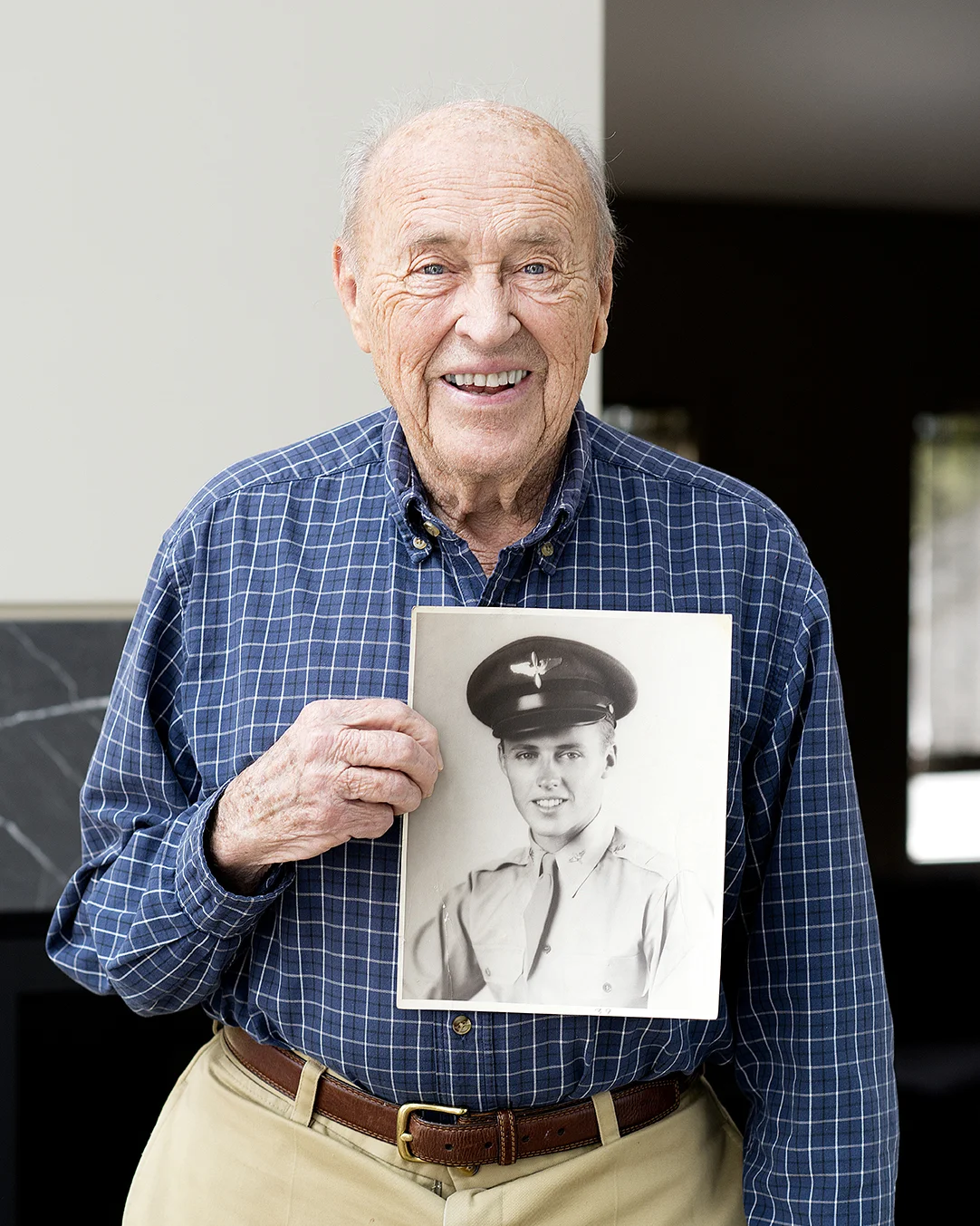
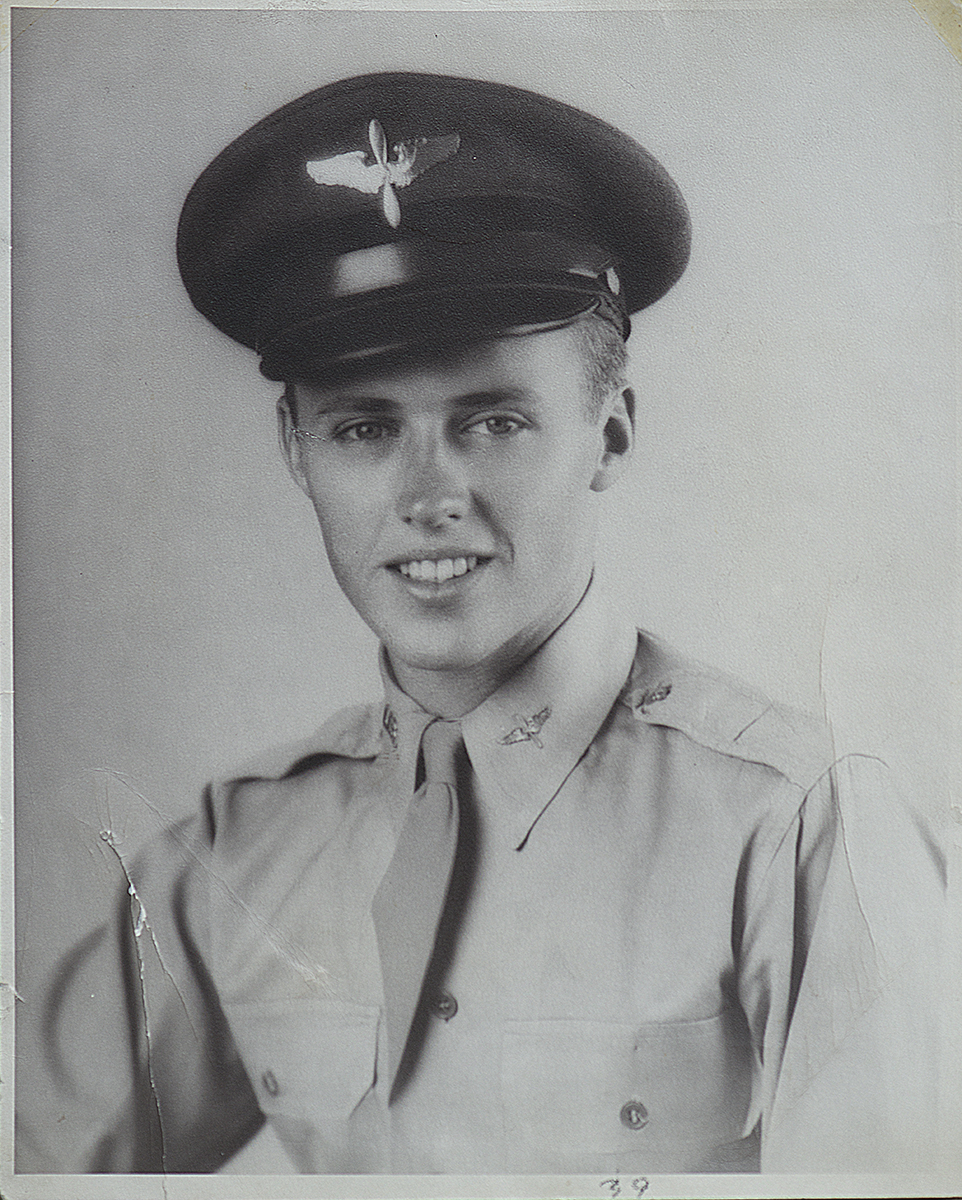
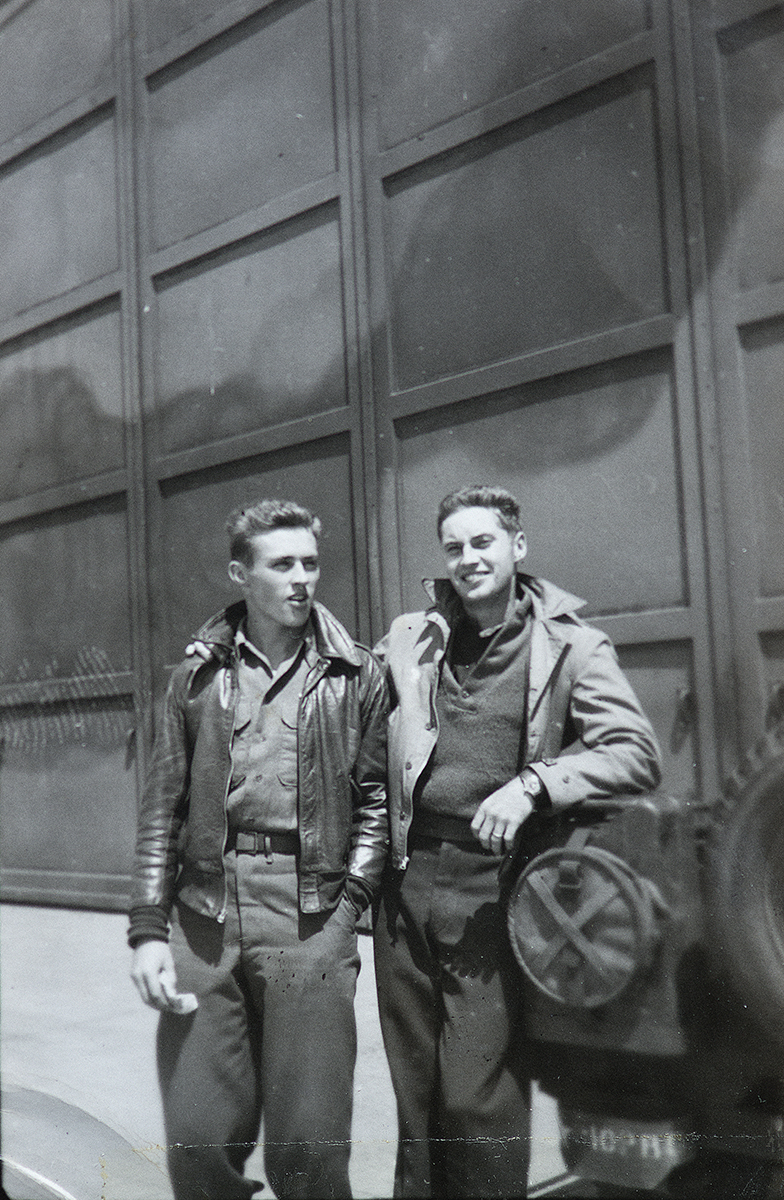
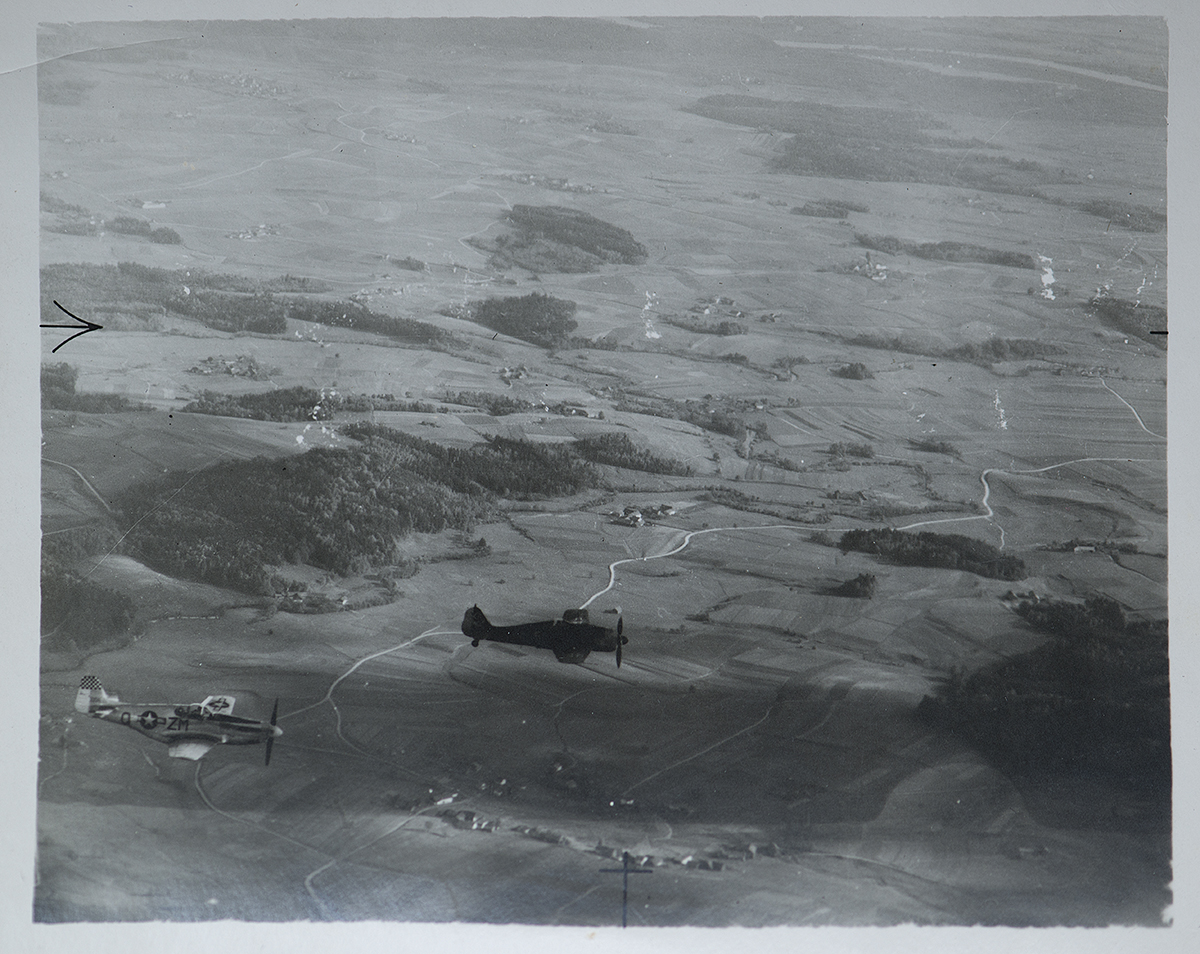
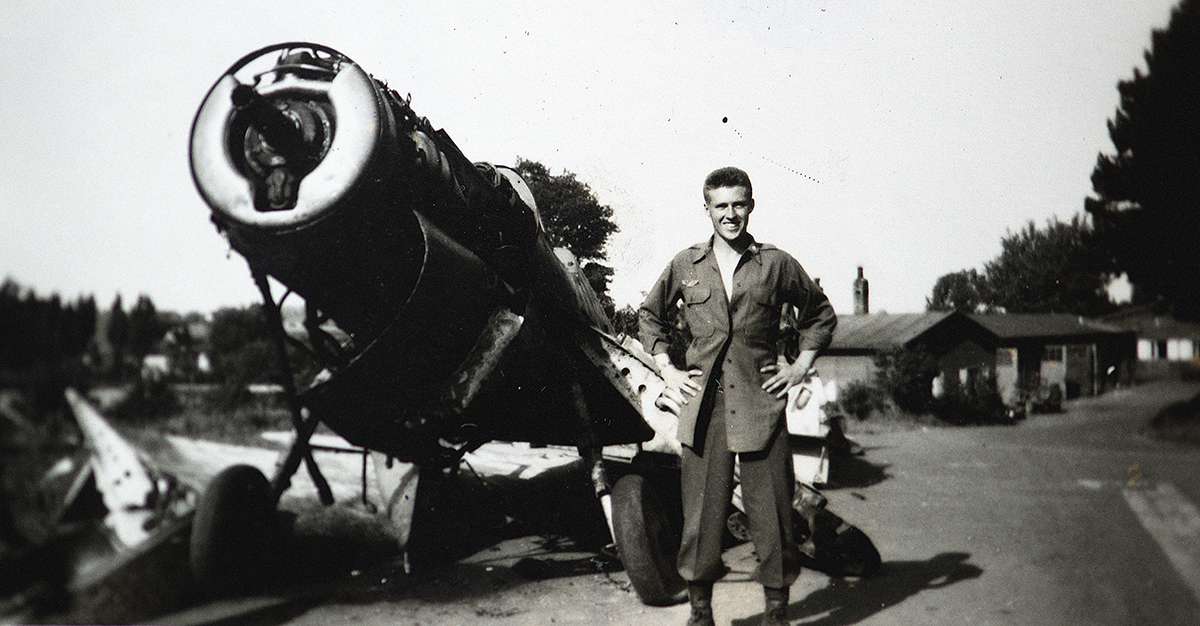
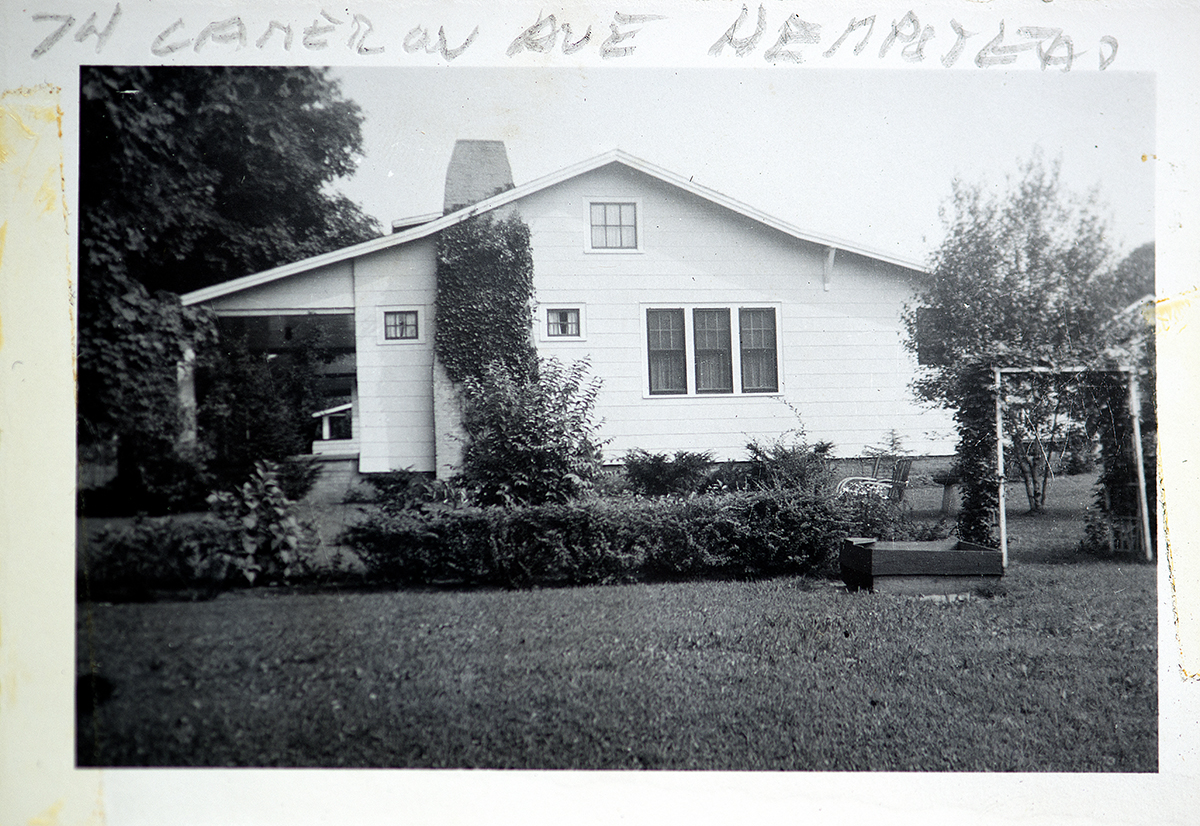

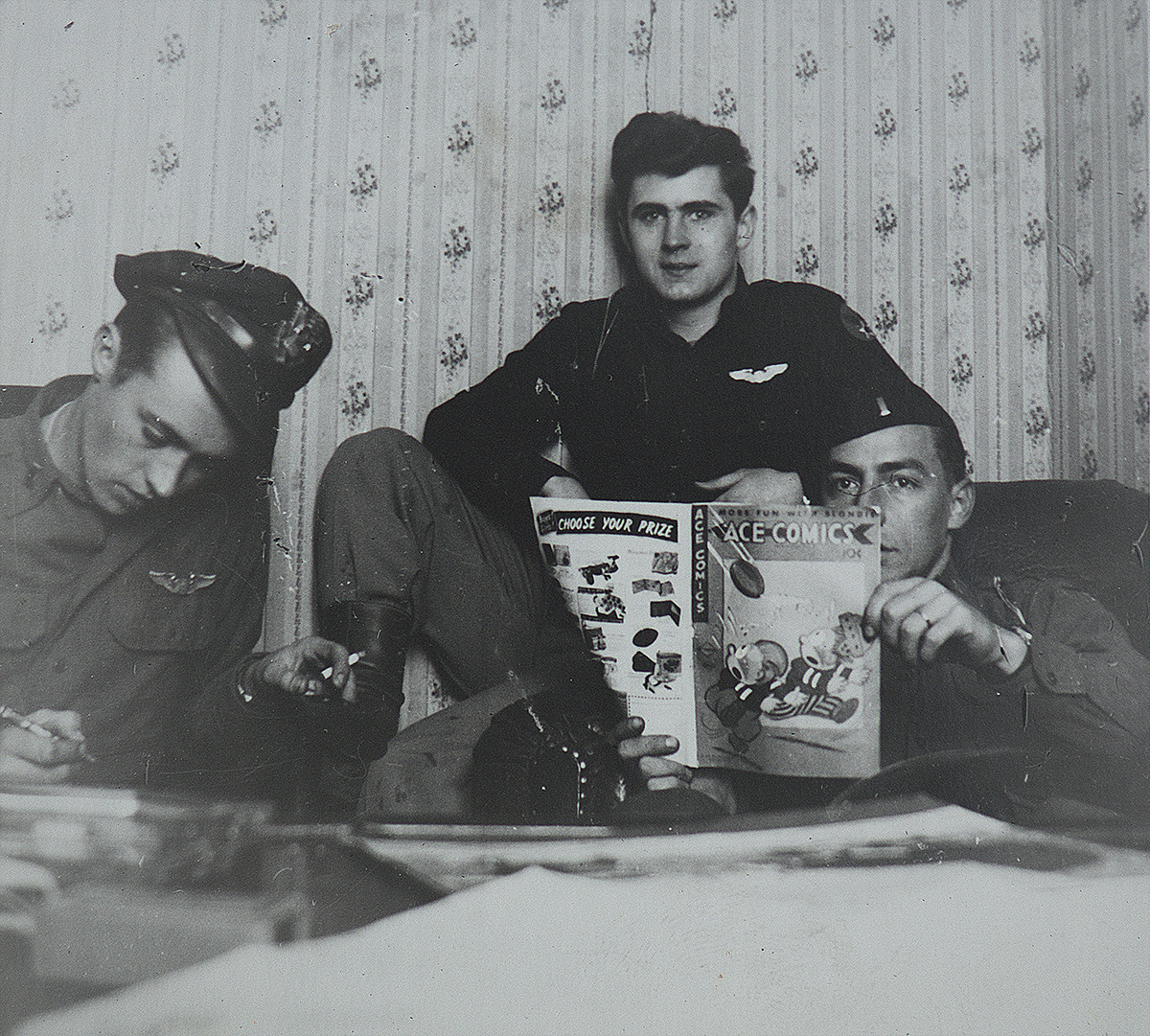
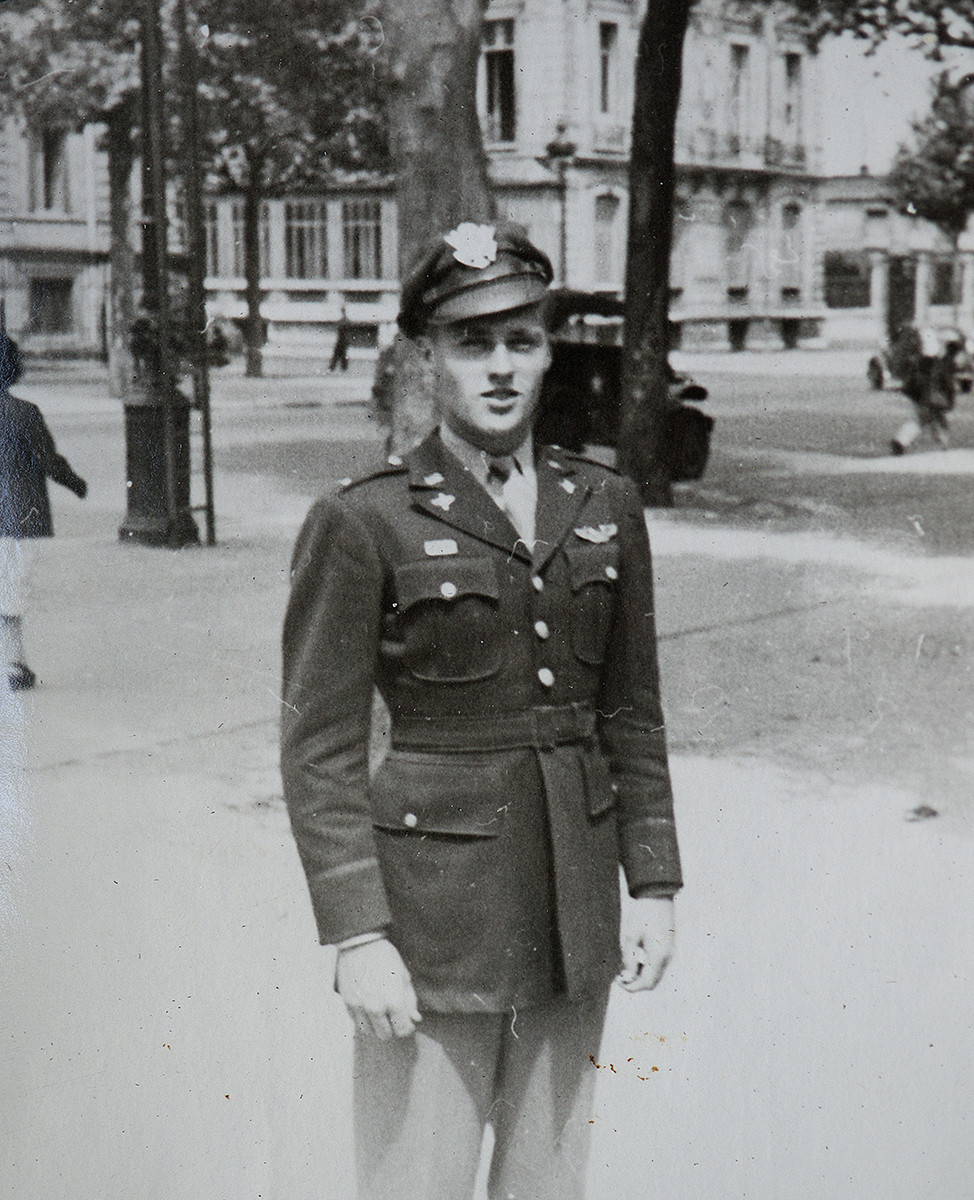
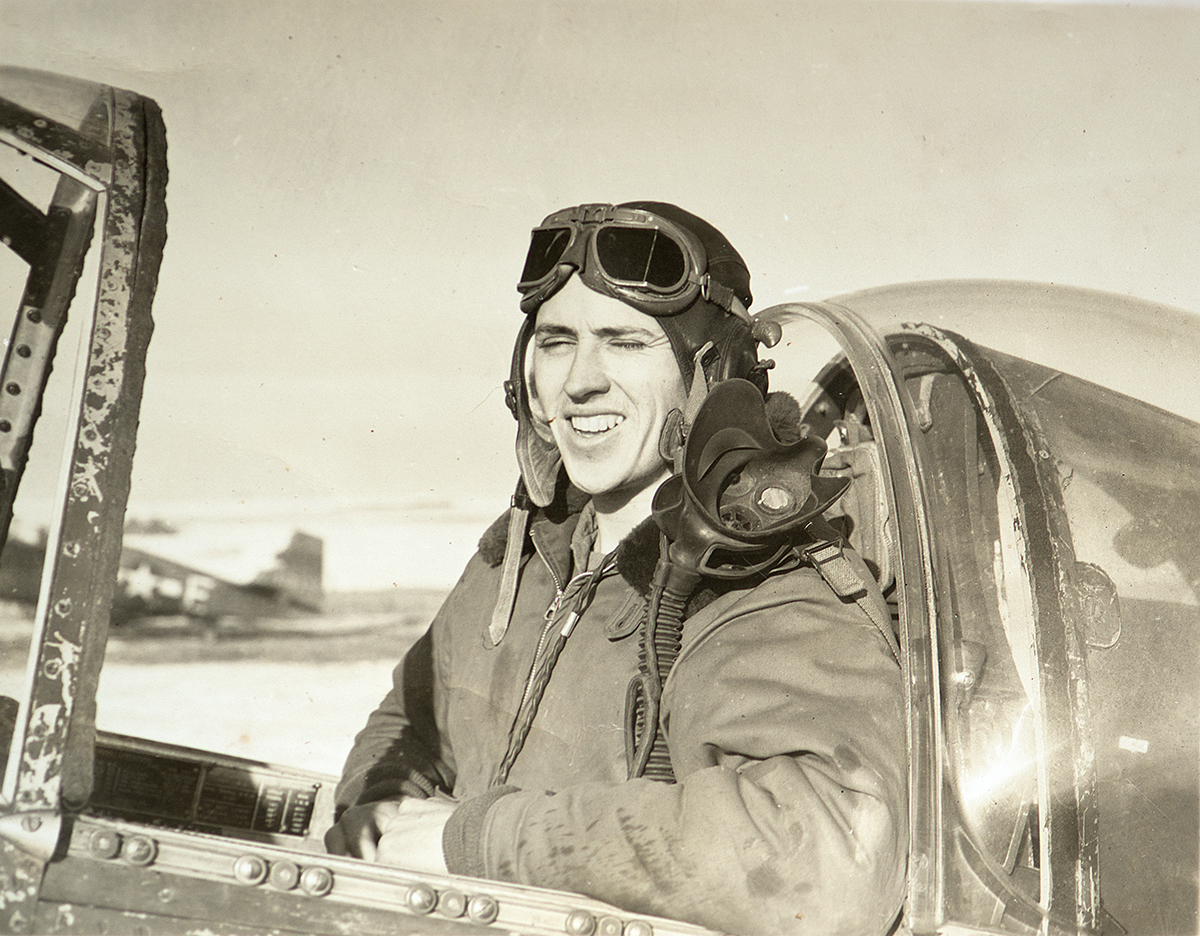
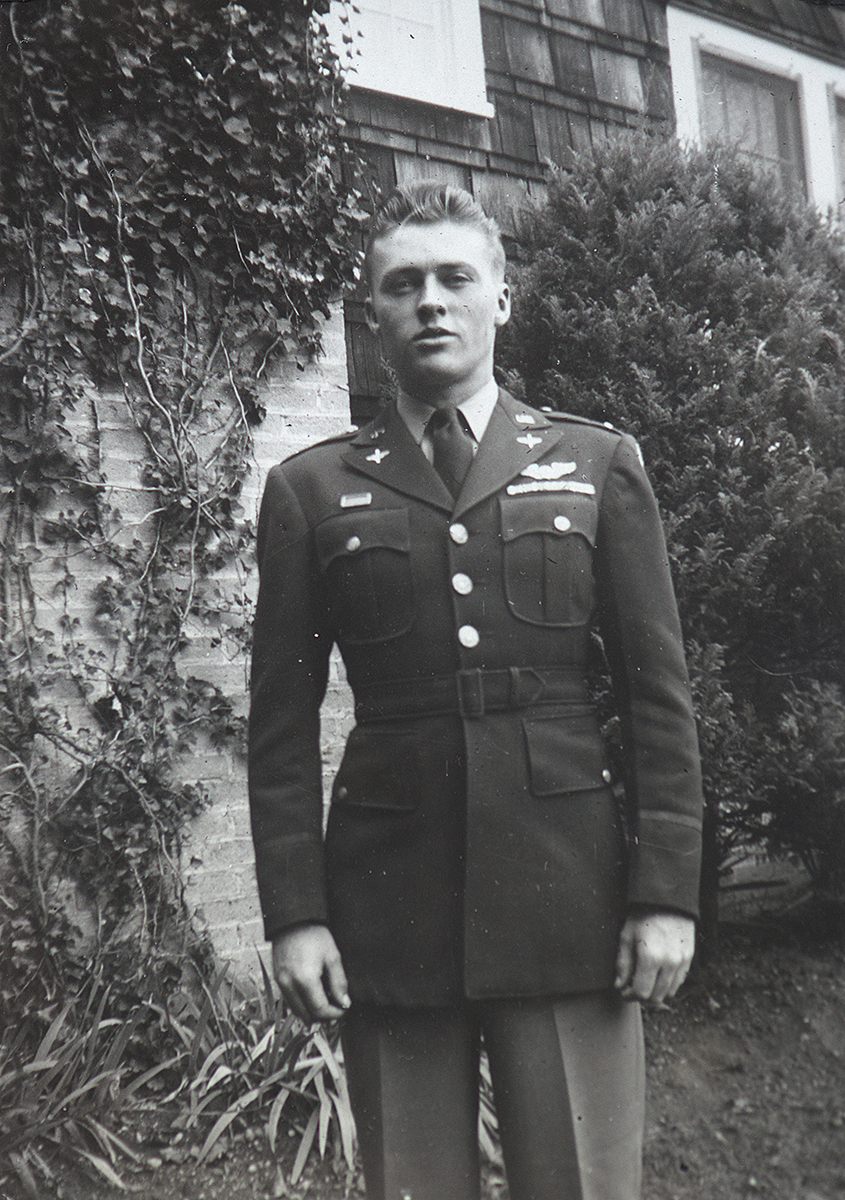
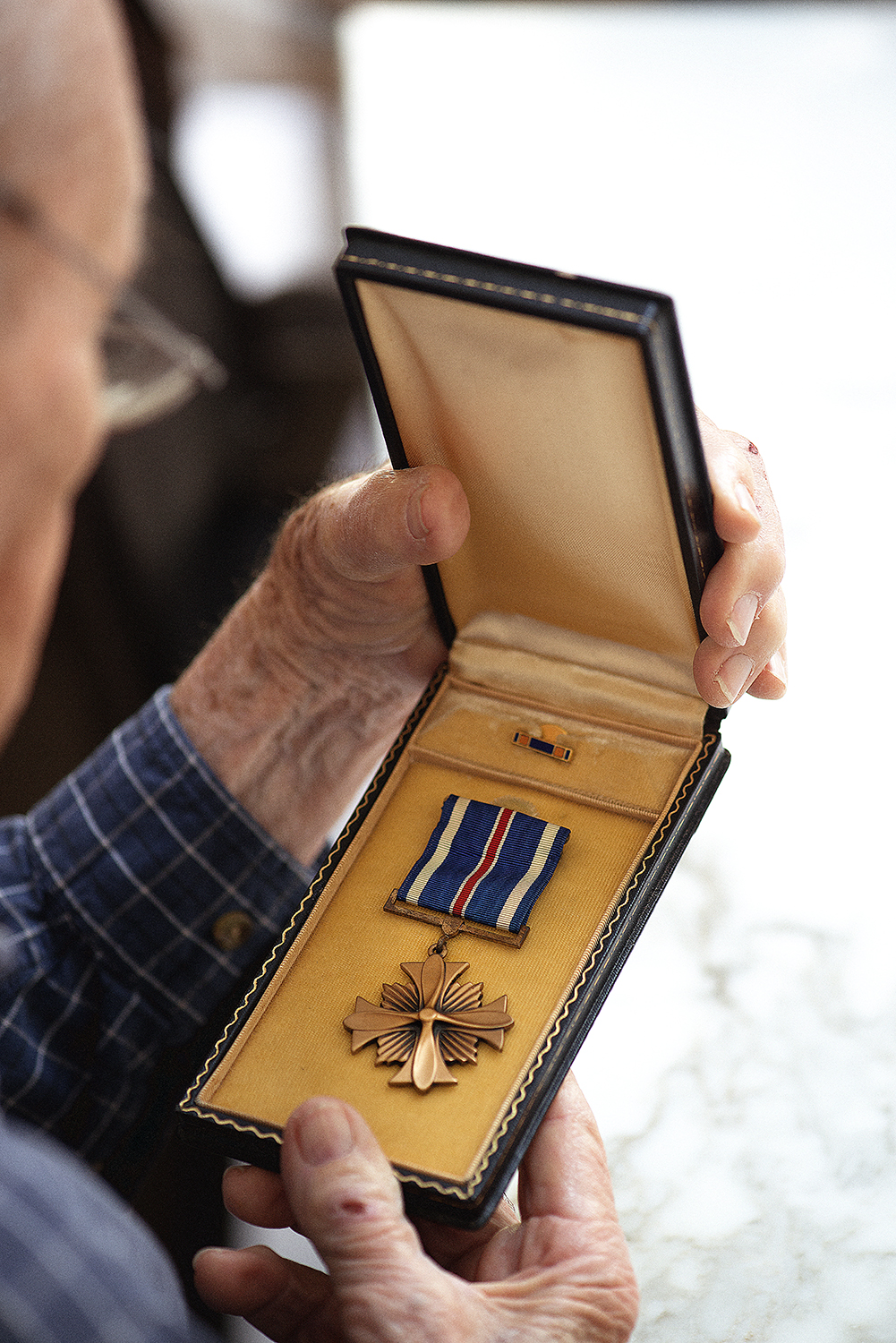
John Ashby
John Ashby was a Seaman 1st Class and part of a crew on one of the eight massive 16inch Mark5 guns aboard the USS Maryland. On April 7, 1945, the Maryland along with the entire task force it was part of was heading toward Okinawa. Just before dusk they were attacked by enemy aircraft… “I was assigned to handle the shells for the 16inch guns on turret III. We were up to assist the battle of Okinawa. After we were called to General Quarters, the kamikaze came in with it’s 500-pound bomb and flew right into the top of the turret I was in. The explosion killed all of the men manning the 20mm anti aircraft guns up top except for one and I’m not sure if he jumped off before the plane hit or if he was blown off by the impact. But it was devastating. The five inches of steel above our heads was pancaked down and some steel splinters wounded some of the guys around me, but I got lucky. A fire also started and the flames caused the 20mm rounds to start exploding and that badly burned and wounded some others. That was my close call. But the worst part for me was the next day… we had to go up top and clean up the mess and bodies. That was horrible."
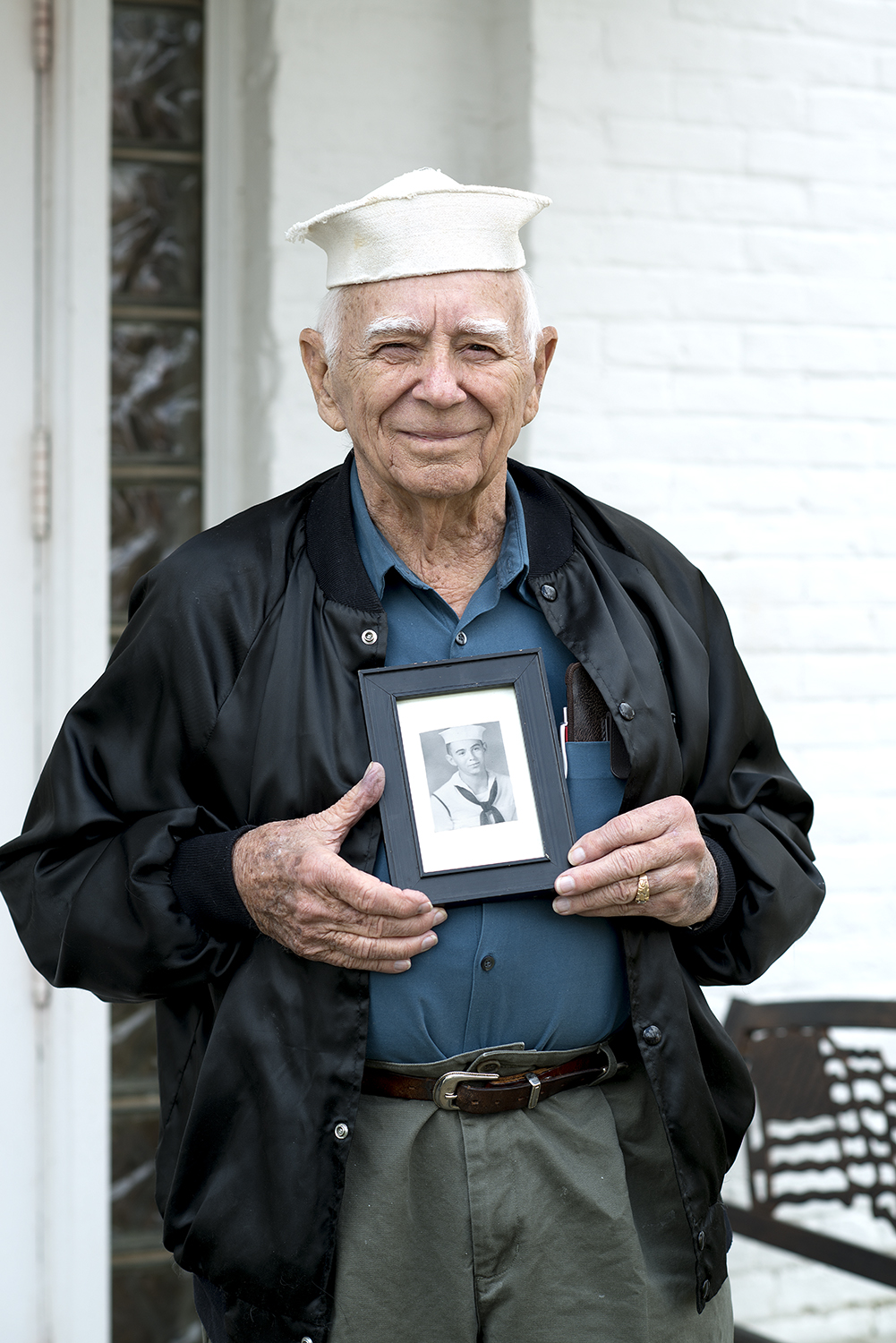
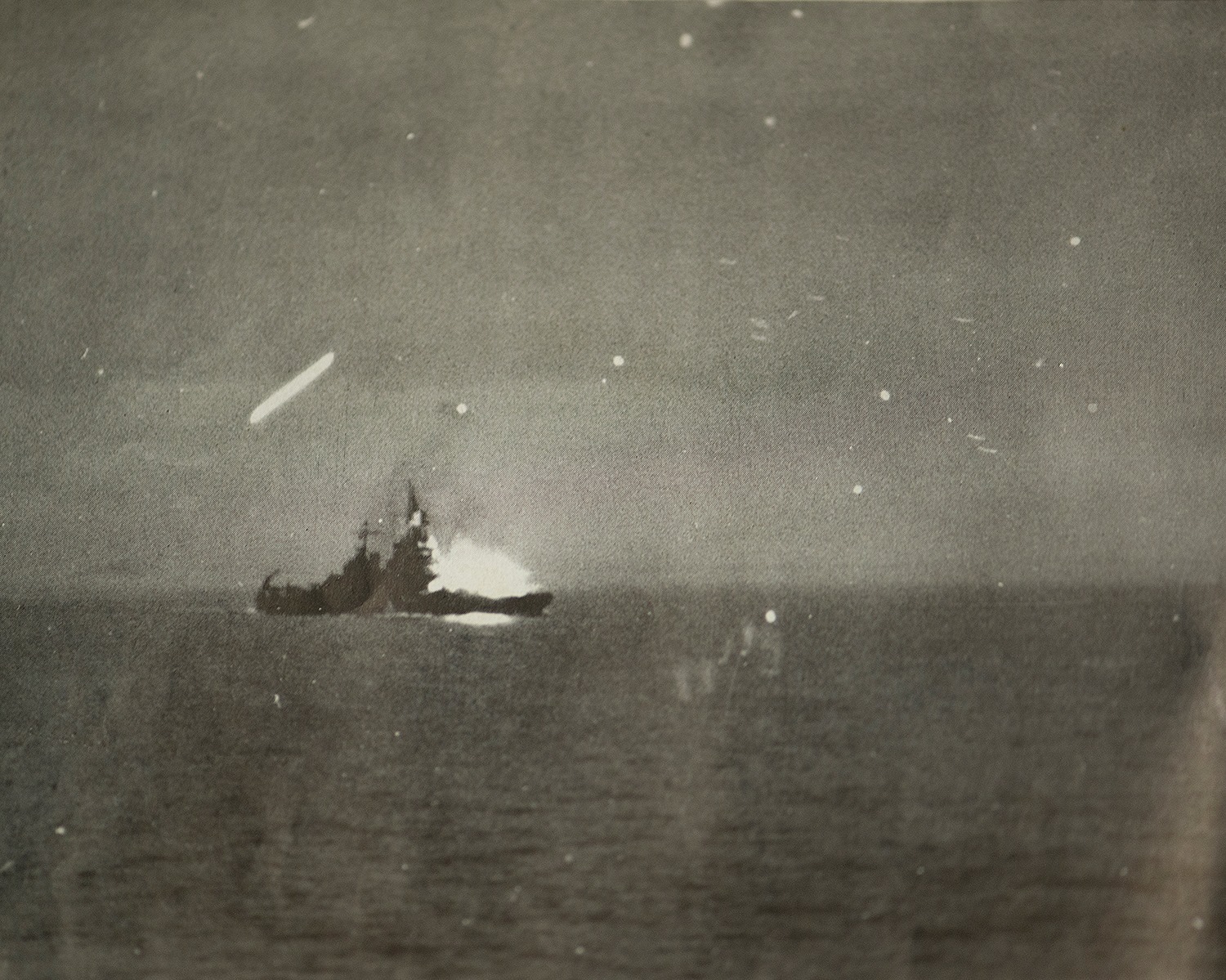
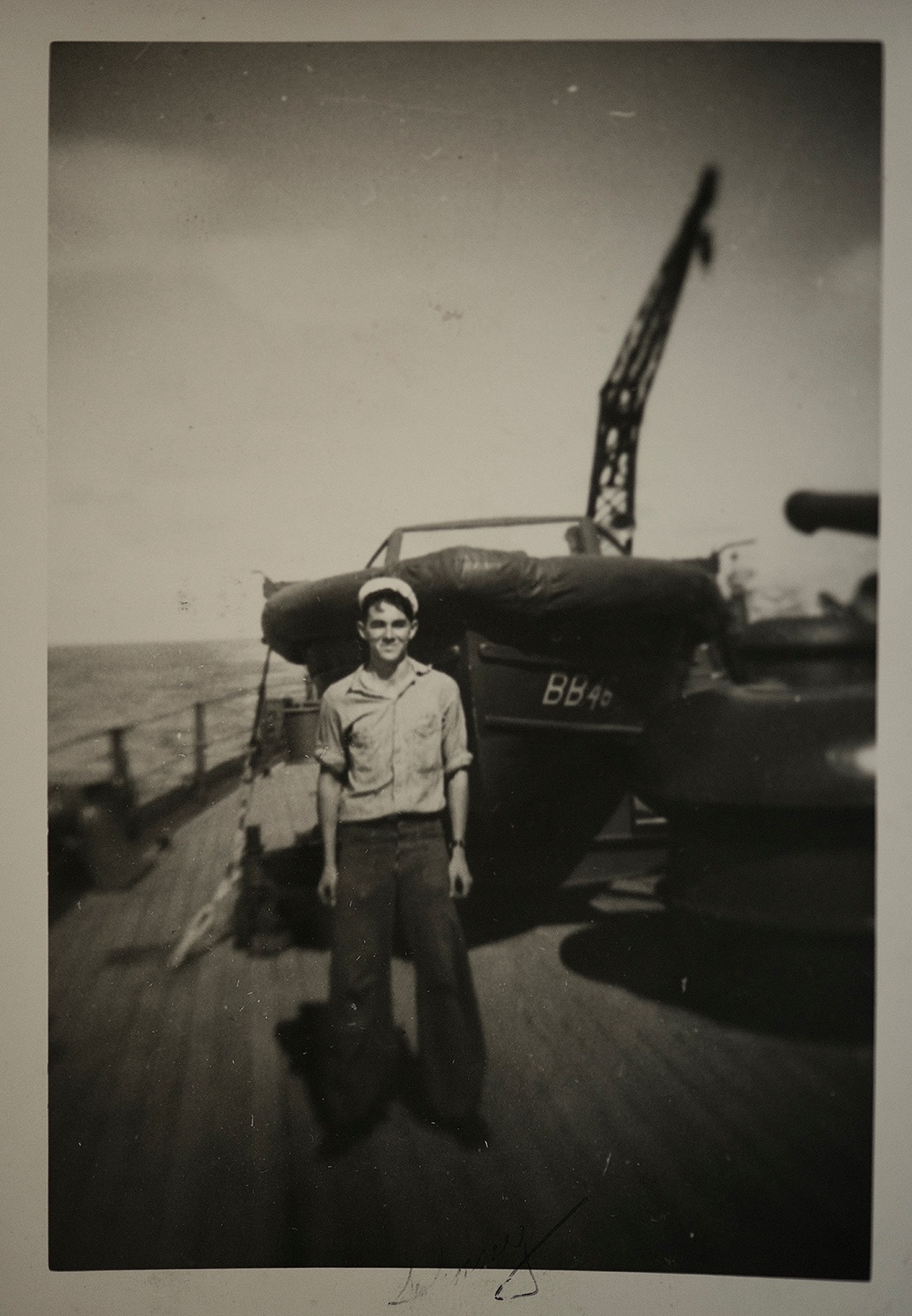
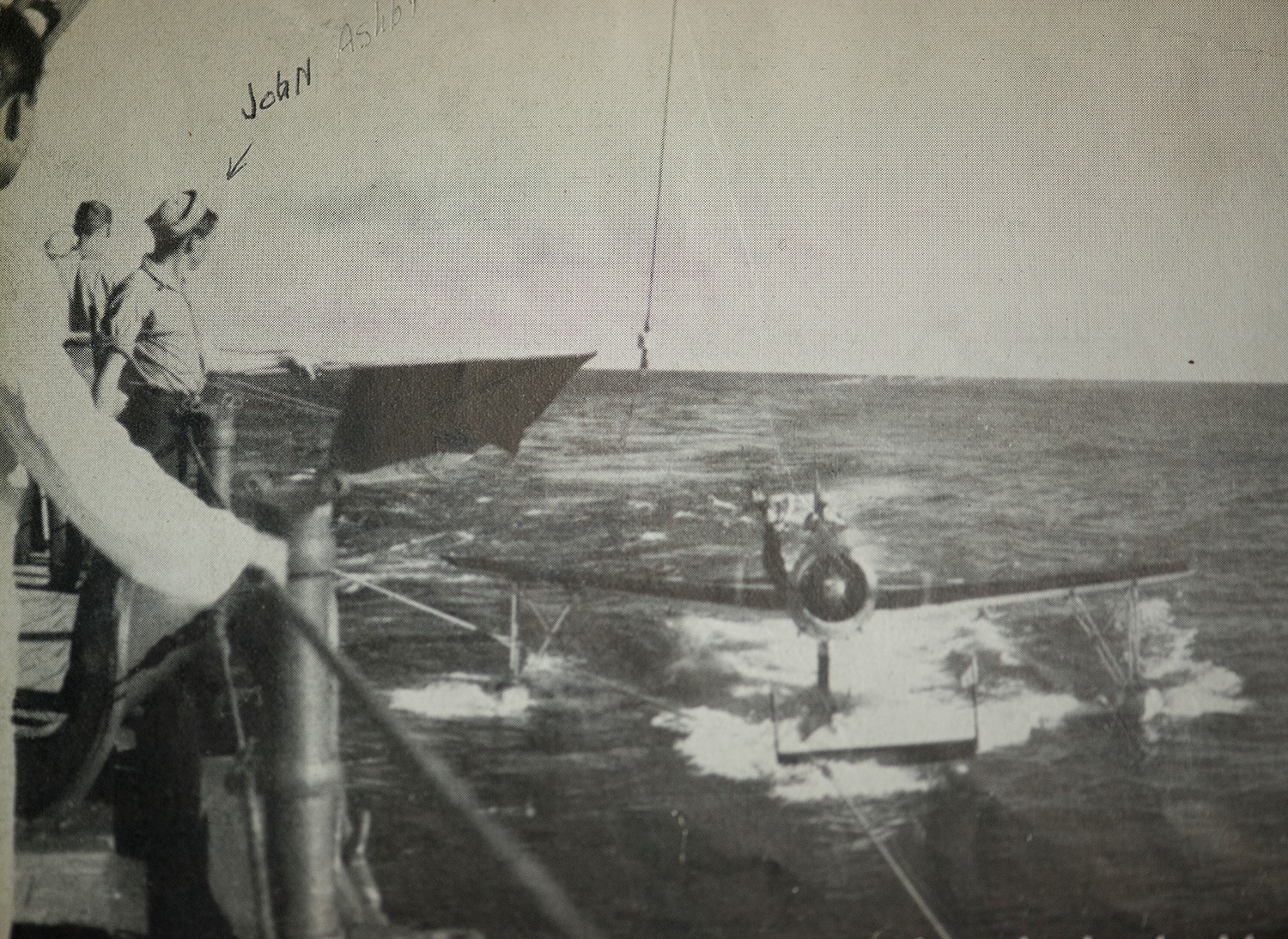

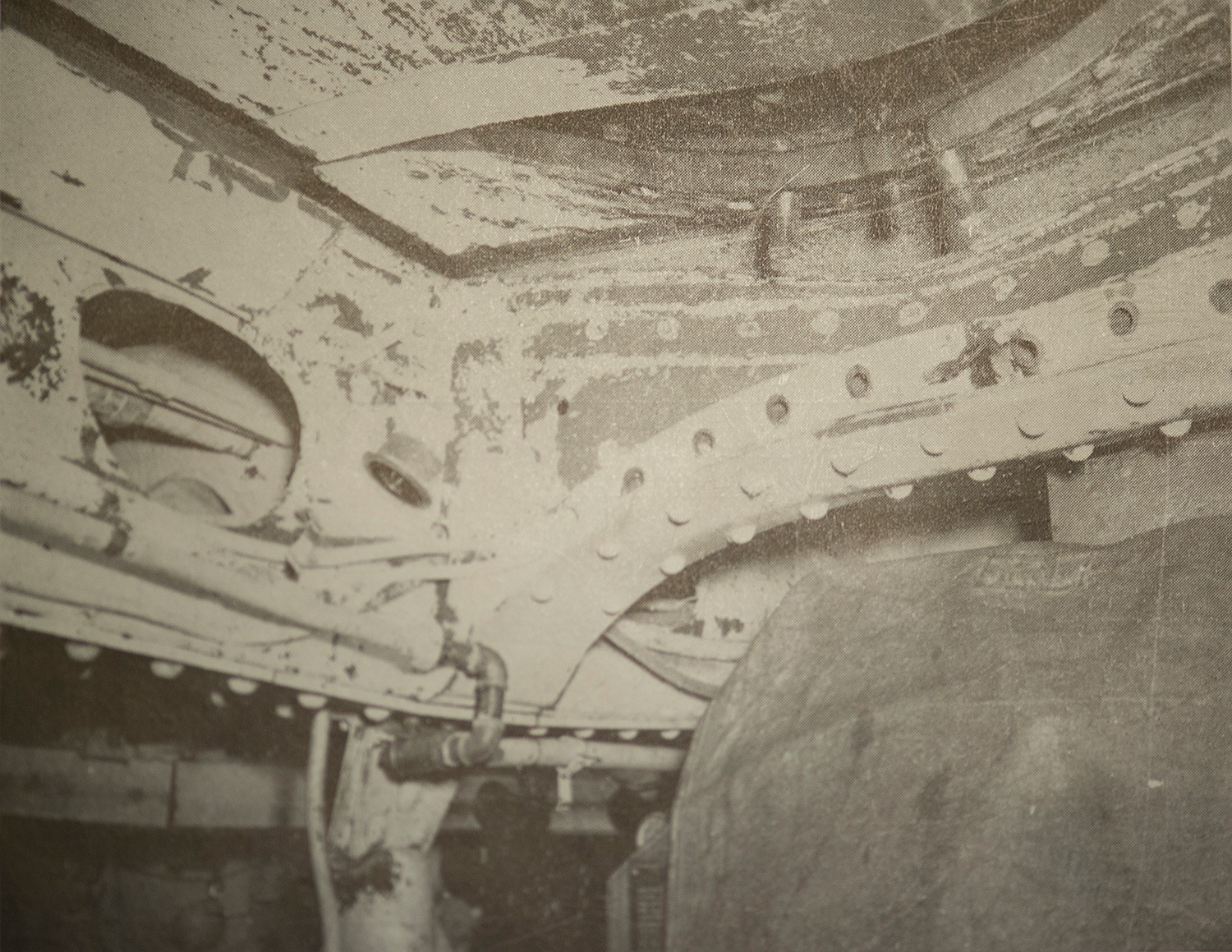
Jack Daugherty
Jack Daugherty, a Navy corpsman, took part in the bloody battle of Iwo Jima. Under Japanese rifle fire, he slowly crawled up to a Marine that had been wounded by a rifle bullet. He told the Marine that was near him to cover him so he could reach the wounded man! “I said to him, throw some smoke grenades over this way and give me cover and fire, I’ll go and get him. After crawling forward, I found the man in the trench he was laying in. He had been hit in the back and it looked like someone had branded him, just like they would an animal. I don’t remember his name, but when I asked him where he was from he told me New Jersey. He was in a lot of pain. I pulled out a bottle of brandy and told the Marine to take a sip. He told me I looked like I needed it more than he did. We were pinned down in that position for nine hours until dark and then returned to the U.S. held position. We screamed and hollered to keep the Marines from firing on us, but when we reached the position we found empty fox holes. The men had ben ordered out of the area. I was so mad, I wanted to shoot the guy who made that order for them to pull back.” Jack was awarded the bronze star for his actions that day and said he tried finding the Marine he helped that day to see if he had survived the war, but was never able to.
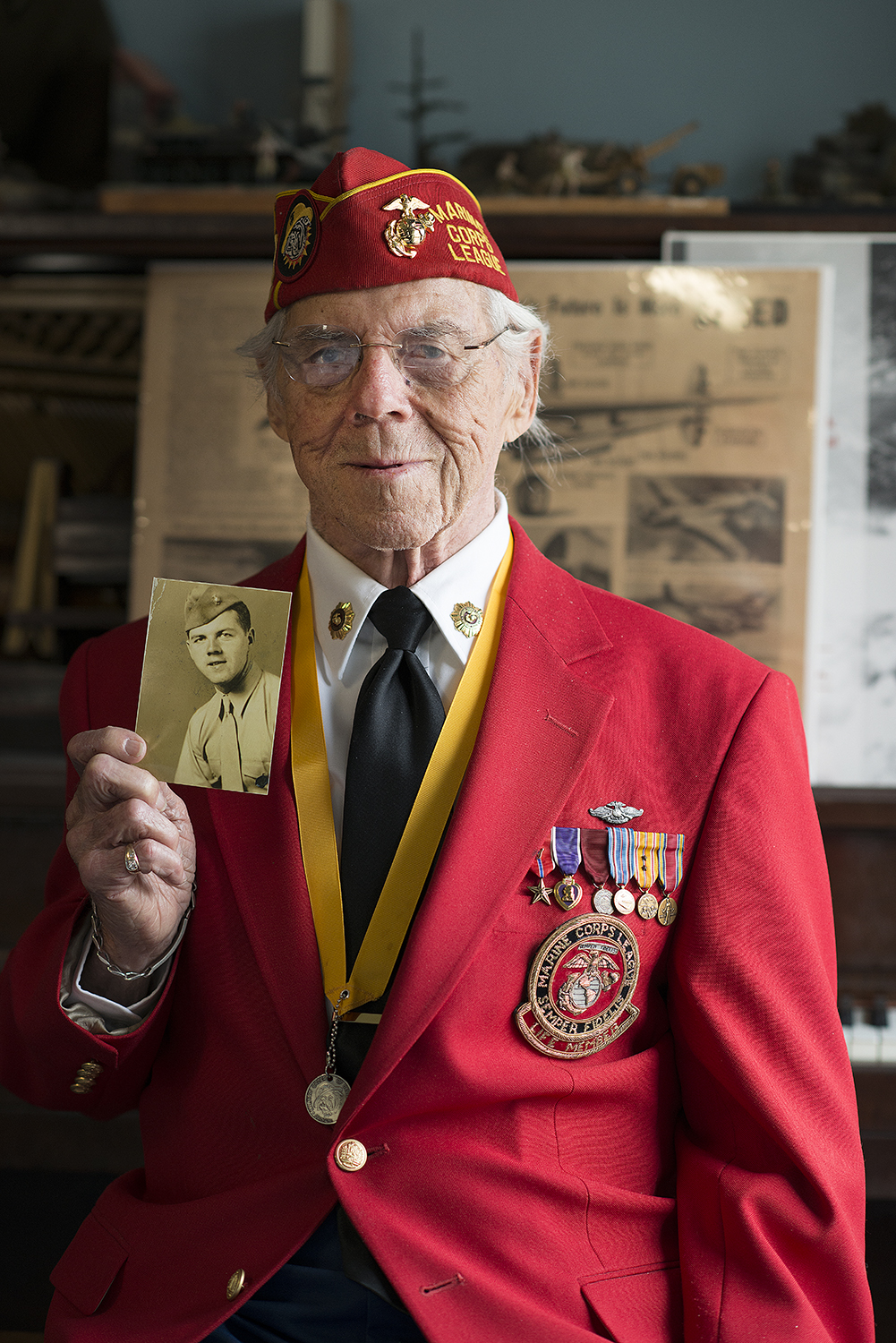
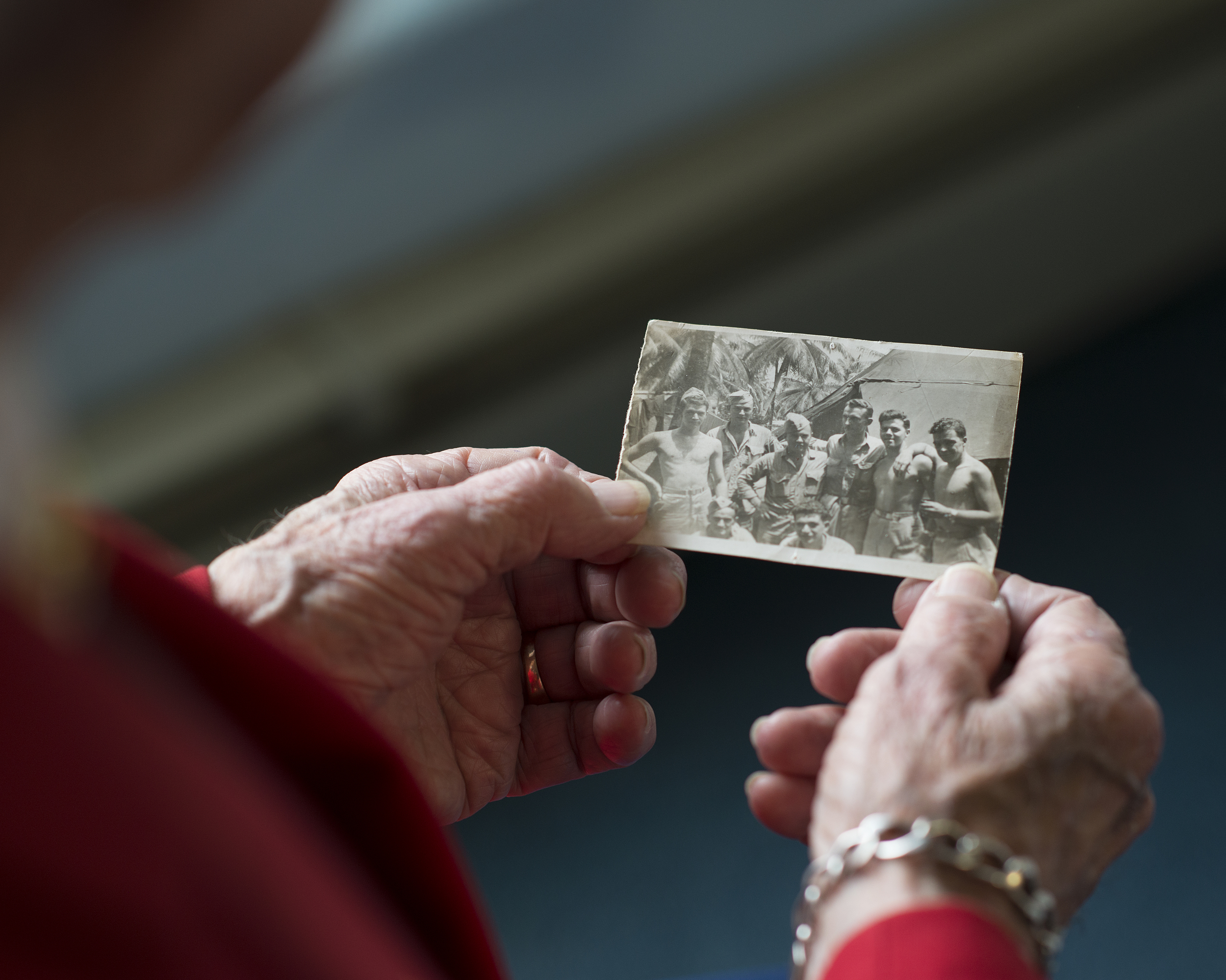
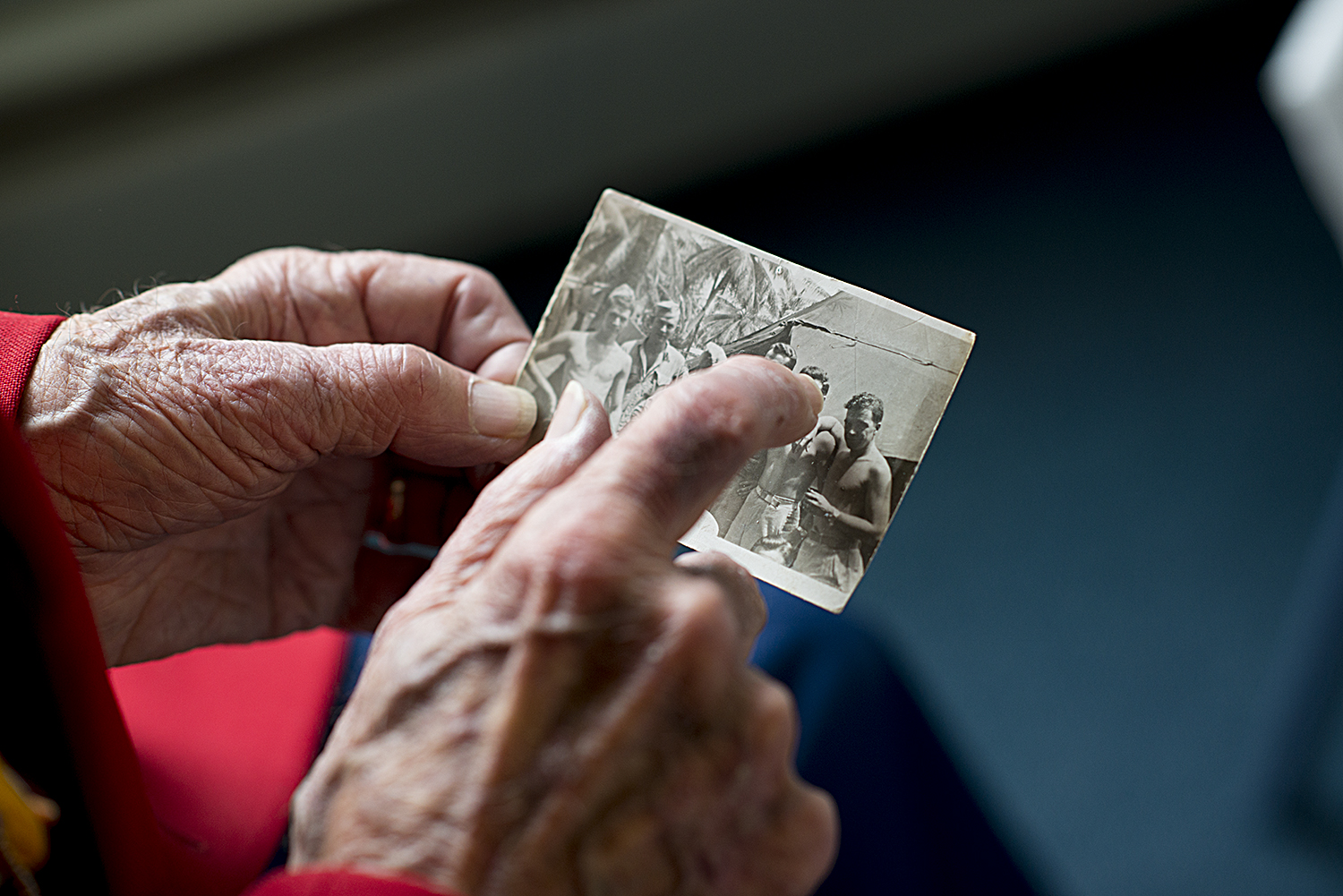
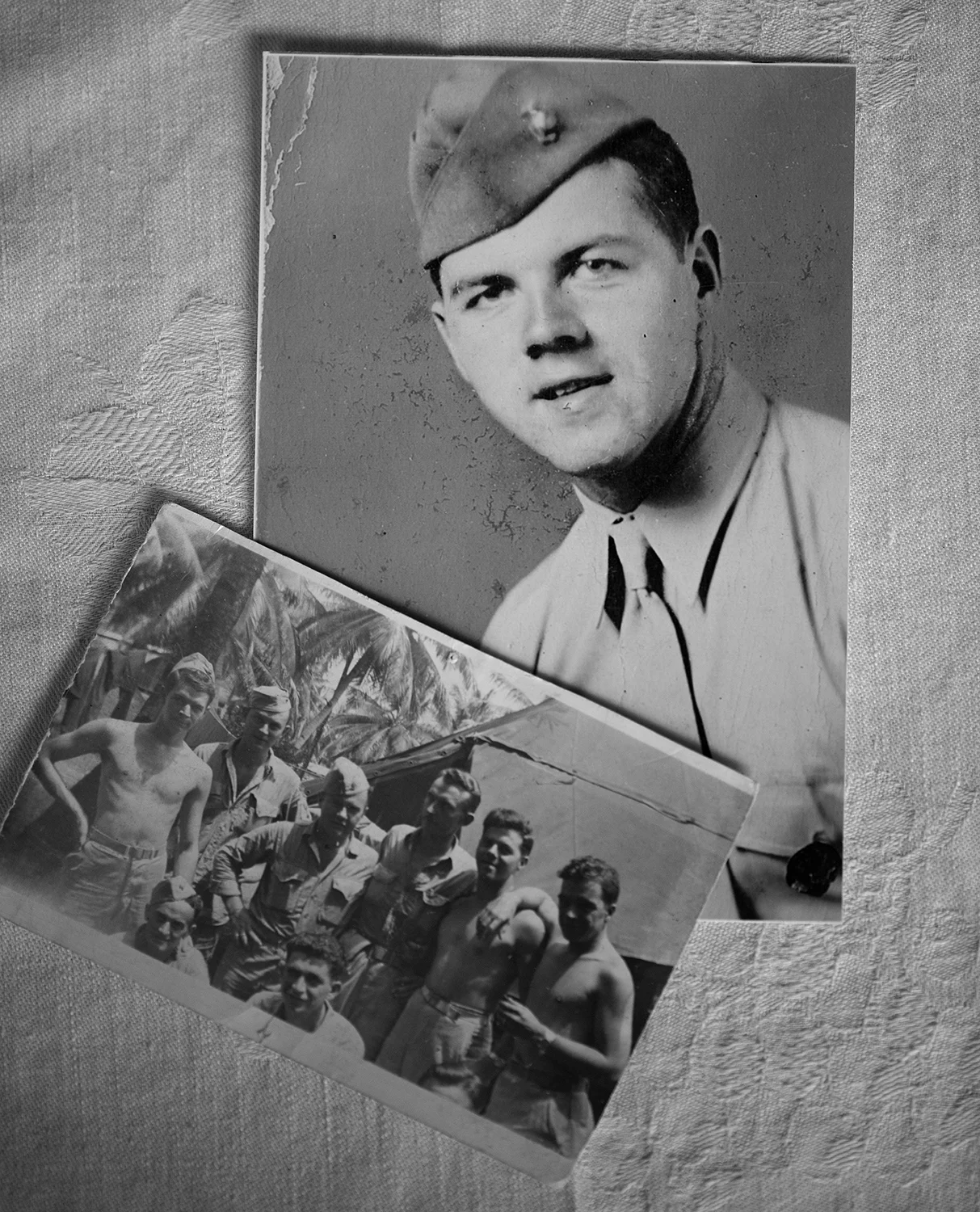
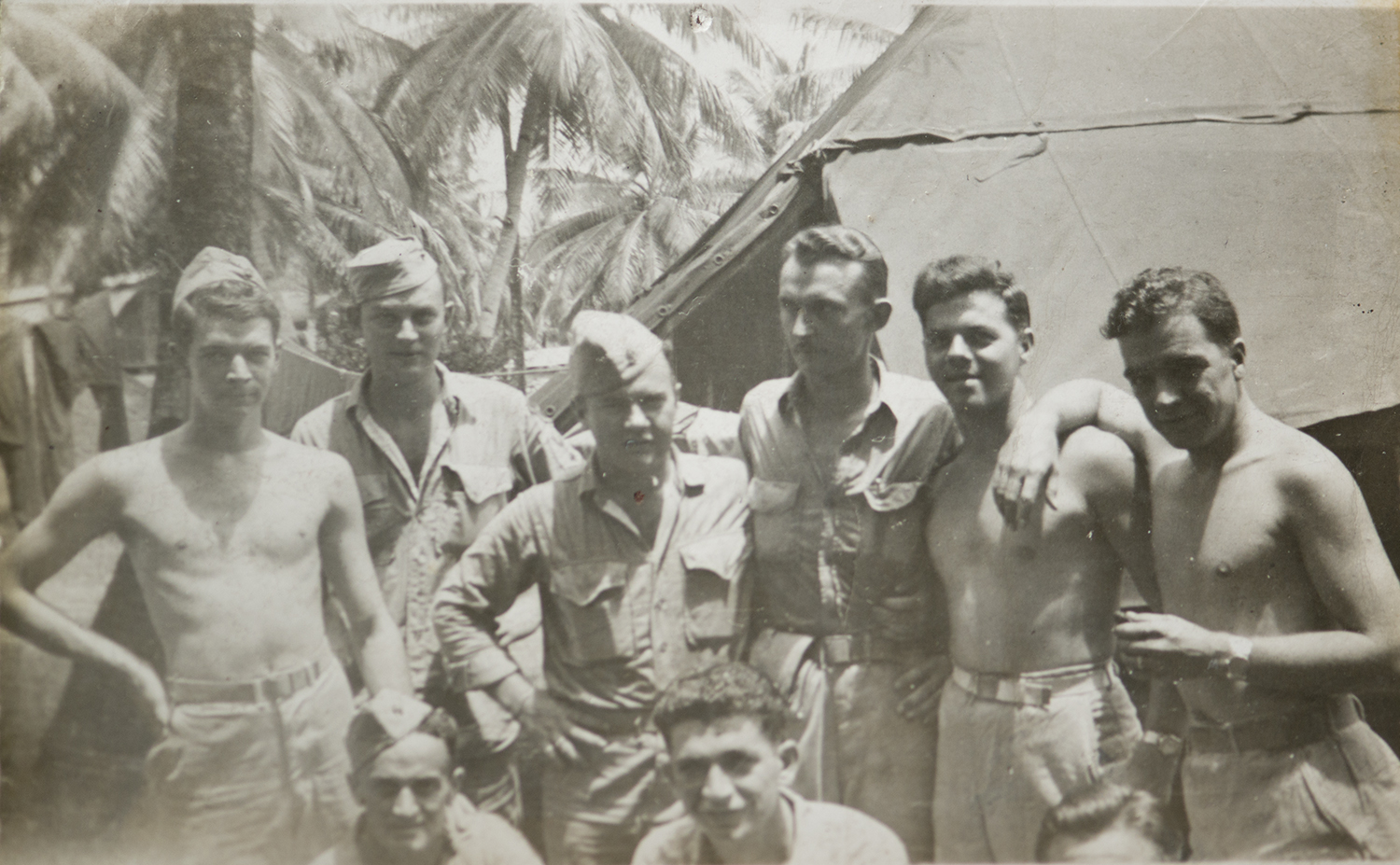
Alvin Roehr
"I was born in 1925 in Cincinnati over in the Fairview Heights area. The history before that is mostly about me going to school, walking to school I might add! *laughs* There weren’t many automobiles around and even if you had one with the depression going on you couldn’t afford to put gas in it! So you walked. I can recall walking to and from grade school and I’d also walk home for my lunch! It was quite a hike, but I still did it.
I was drafted in 1943 right after I graduated high school and had turned 18. When the day came for me to be shipped out from Cincinnati to training, my mother said to me, let’s go, I’ll take take you downtown. So we got on a street car and we went downtown and she said let’s go to a movie! Now first of all I knew my mother couldn’t afford it, but she insisted and I said okay! So we went into the movie and I can remember her holding my hand… she held my hand the entire movie! This is the kind of thing I still think about even today, you know, she was sending her son off to war and didn’t know if she’d ever see him again. When the movie ended and we walked outside, we headed down 5th street across the street from the Greyhound Station and there was a street car stop there and I got on the street car. I had my duffle bag with me, slung over my shoulder and that’s where I waved goodbye to my mother. I can’t even imagine what her feelings were at that moment in time.
From there I went up to Great Lakes training station where I trained with the Navy for a 9 week period doing physical training and indoctrination to learn what the service was all about. At that time they sort of directed you towards the area where they thought you should be. I was put on a train and sent to Memphis, Tennessee for Naval aviation radio school. The one thing that stands out was learning the morse code. We listened to the code for 8 hours a day… dah-dah-dah-dit… dit-dit-dah-dit… I can still take it! We would just hear it and it was recorded on our minds as words and then I’d record it in my book. I was there for 3 or 4 months. They began to assign us to the type of planes we would be in for our combat experience. When the decision was made for where I would end up, I was sent to Jacksonville, Florida for flight training. We began our training in the PBY-Catalina flying boat. During this time every man was required to take gunnery training, so everyone on the plane was able to shoot. That didn’t last too long because they were just beginning to introduce us to flight. I was then sent up to Hutchinson, Kansas, the center of the country, for flight operations training. Here we were put into larger patrol bombing planes and trained in old B-25s and other types of planes, but eventually we ended up in Consolidated PB4Y-2 Privateers, which I would be in for the rest of my experience during the war!
We were transferred out to Camp Kearny in San Diego and this is where I met my squadron and my commander and where our squadron, Patrol Bombing Squadron 124, was formed. At this time I was 19 years old and our pilot was in his early 30s, he was the old man of the crew. Our next step was to fly to Honolulu, Hawaii. What they did was break the crew in half, half of our crew went over on ships and the rest of us were going to fly our PB4Y-2 over. Now, this for me was one of the more anxious moments of my experience of the entire war because our navigation wasn’t that great, they removed all of the guns off of our plane to make it lighter and filled the entire inside with gas cans, everywhere you looked you saw gas cans… it’s like flying a big bomb! *laughs* When we took off I can remember sitting at my radio station and right next to me there was a little elevated platform where the navigator could stand and look through the bubble on the top side of our plane and use his sexton navigation tool. We were all nervous because we were about to fly over 2,500 miles water and none of us had ever flown over anything besides dry land. But I remember he was farting in my face *Laughs* I was just an 18 year old kid trying to be serious and do my job. We were all relieved to see the Hawaiian islands. We had made it safely. After about two months of training in Hawaii, we were ready for the battlefields. We hopped to Johnson Island, then Kwajalein Atoll, to Tinian and there we were involved in a few operations for some time. Ultimately we went to Okinawa. That’s where our squadron did most of it’s damage and where we were damaged the most.
When we first got to Okinawa, they were still securing the island and the Japanese bombers would come over at night, not in heavy formation, but small groups would come in and drop enough bombs to annoy the hell out of you. I can remember this because we all lived in tents at that time and in between the tents was gravel and that gravel led up to a bunker which was where we’d go during these bombing raids. So when the alarm would go off, which it did practically every night, everybody’d come running out of their tents half dressed and barefoot up to that bunker. When the raid was over you’d see guys limping back to their tents while walking on the gravel and hollering. Running up to that bunker it didn’t bother us at all, but going back it really hurt *laughs* When you were on the ground you had your own little community, we did your own washing and we’d hang out and play sports! There were times when a bunch of us would load up on a jeep and explore back into the island, which was always interesting because there were still Japanese hiding throughout the island! *laughs*
While stationed on Okinawa, our main mission was patrol bombing. We weren’t aiming to go after war ships, but instead we would go after merchant supply shipping. That doesn’t mean that we didn’t see Japanese war ships, we just didn’t go looking for them! Our squadron suffered heavy losses and talking about a plane going down… when one of our PB4Y-2's went down, that was 10 to 12 guys that you knew, but would never see again and that was hard to deal with. You trained with them for all of those months before, we had basketball teams, baseball teams, football teams to help time pass by while we weren’t on missions. So you got to know most of these guys really well.
There is one mission that sticks with me today and it was one of the earlier missions. It was a really foggy day, but the fog soon broke and everyone saw something different. Our pilot, Robert Johnson, saw a bunch of ships through a hole in the undercast. It turned out there were 12 supply ships being escorted by a Japanese destroyer. I can remember all of this so clearly because I was asked by our pilot to send a contact report. Everything was coded, so I sent out morse code saying 1 destroyer and a 12 ship convoy located, so and so. Shortly after doing that and sending this information to the submarines in the area, they opened fire on us through the clouds. They were apparently very sophisticated with their radar controlled guns because we didn’t even have a chance to tell Jack Vincent, the pilot of the PB4Y-2 flying as our wingman, what was happening. And almost instantly the destroyer made a direct hit on Jack’s plane… *pauses* We were in this blanket of clouds and all the sudden I saw this billow of black smoke and I knew what the result of that was. Just before Jack’s PB4Y-2 hit the water it exploded. I radioed the information to base as our we dropped through the clouds to see if there were any rafts or survivors in the water, but found nothing. The whole time we were searching for our paired crew, the Jap destroyer was still looking for us! An admirable thing about our pilot was, even though we were now alone, he turned in toward the convoy instead of flying back to base. We came in at 100 feet off of the water for our bombing run and strafed one of Jap boats with machine gun fire and our bombs made a direct hit. As we headed down the coastline, we came around a bend to a cove where we found Jap vessels that had trees on the decks for some sort of camouflage, but we easily spotted them and went in for the run. Johnson didn’t pull out until all of our bombs were expended and we only had enough machine gun ammo to fend off any fighter attacks and make it back to base safely. For this particular mission as a crew we were awarded the Distinguished Flying Cross.
There wasn’t any guessing when we took off if we’d see any combat, we expected it every time and we got it every time. It was more about what type we would be confronted with. We were fortunate enough that our plane in particular did get hit by anti-aircraft fire, but not bad enough to prevent us from making it home and it was a miracle that no one got hit! The squadron itself though lost a very large percentage of men.
After several months we had lost around 30% of our men. Our squadron had heavy heavy losses. The Navy sent us back down to Tinian for some R&R and while we were there the Enola Gay dropped the atomic bomb on Hiroshima and where did the Enola Gay fly out from? Tinian! So I was there and had no idea the bomb was there being prepped and flown out! When the news was announced we were like, oh what the hell are you talking about? We had no idea there was something that existed that could do that kind of damage. What does a 20 year old kid know?
Even though the bomb was dropped, we continued to fly some patrolling missions afterwards. The Japanese were on the verge of surrendering, but we found out that when we got back into some of these islands because of the communication not being what it is today, they didn’t know the war was over and they’d open up on us! Our squadron sank it’s last Jap ship on July 27, 1945. Our plane was out patrolling on this day in the Tsushima Straight near Korea and we attacked a 4,000 ft. Freighter transport. Although our bombs failed to release on the first run, our pilot turned back again for another run and 3 of our bombs hit and we saw two land on the deck and explode. The ship sank fast!
At the end of the war, Okinawa was hit by a hurricane and we lost everything! I lost almost all of my clothes, as did most of the other guys in the crew. I saw these quonset huts where we had our dinner blown into pieces. Everyone was hungry, they had guards stationed on what food was left. The ships that were anchored off shore were now up on the beaches and that was unbelievable because I had no idea what a hurricane could do. When you’re in a place like that and there’s no protection whatsoever, it’s terrifying.
When the news of the Japanese surrender broke, everyone was thrilled. I remember shortly after the surrender was announced, we went home by ship. Since we went over on our PB4Y-2, we always joked that it took us 17 hours to get over and 17 days to get home. When we finally got back to Seattle, we were sitting there in the harbor anxious about the whole thing. We expected a big hurrah and a big cheering crowd for us welcoming us home and there was nothing. It was a dreary old Seattle day, raining and nobody was on the dock at all *laughs* One of the days I was in Seattle I was given a pass to go into the city and one of the guys in the squadron had a doctor friend there who had some daughters and he had gotten ahold of him, worked up a party and asked me to go along. I didn’t have any shoes! We had to stand for inspection before leaving base. So I went over to a small store and they had this metal container filled with old shoes and I got a pair of shoes that didn’t really fit, but I didn’t really care. I took them back, polished them and put them on. That evening we went to the doctor’s house and they were trying to be nice, they gave us a nice dinner, but the girls weren’t that good looking and you know, everything went to hell *laughs* I finally said pardon me, but do you mind if I take my shoes off?
After 4 or 5 days we took a train across the country to Chicago where I was discharged and from Chicago it was back home to Cincinnati. When I arrived at Union Terminal’s station, it was a great relief. I do remember they had paid us and I was given my pay for the service and a certain percentage for flying because it was more hazardous. I had $1,300. Let me tell you, that was a lot of money in those days! So I went home with that amount of money and I took a taxi cab home. I forget what the cab fare was, but when I saw my sisters, I said take care of the cab will ya? *laughs* and there I am with all of that money in my pockets. But it was so great to be home.
When I look back on this and reminisce on some of these things, I think about the hardship not on myself and the kids, because when you’re 18 years old, you’re gung-ho and ready to go. But I think about the mothers and fathers, the aunts and uncles, the grandparents and the loved ones and how it effected them. Though the war had a very direct imprint on my life and gave me the opportunity to go to college, which may not have happened since my family didn’t have a lot of money living through the depression. I found myself a lot more mature when I came back and received a college education at the University of Cincinnati. Most of the guys in my class were veterans and like myself, were a lot more serious about things and had a more somber view of things at that time. The experience also gave me the confidence that I could do things and be successful. It was all positive for me because it enabled me to see and do things I never thought could be possible. But it was a hard lesson to learn when your squadron loses 62 guys and 13 end up being POW’s. It’s hard to take."
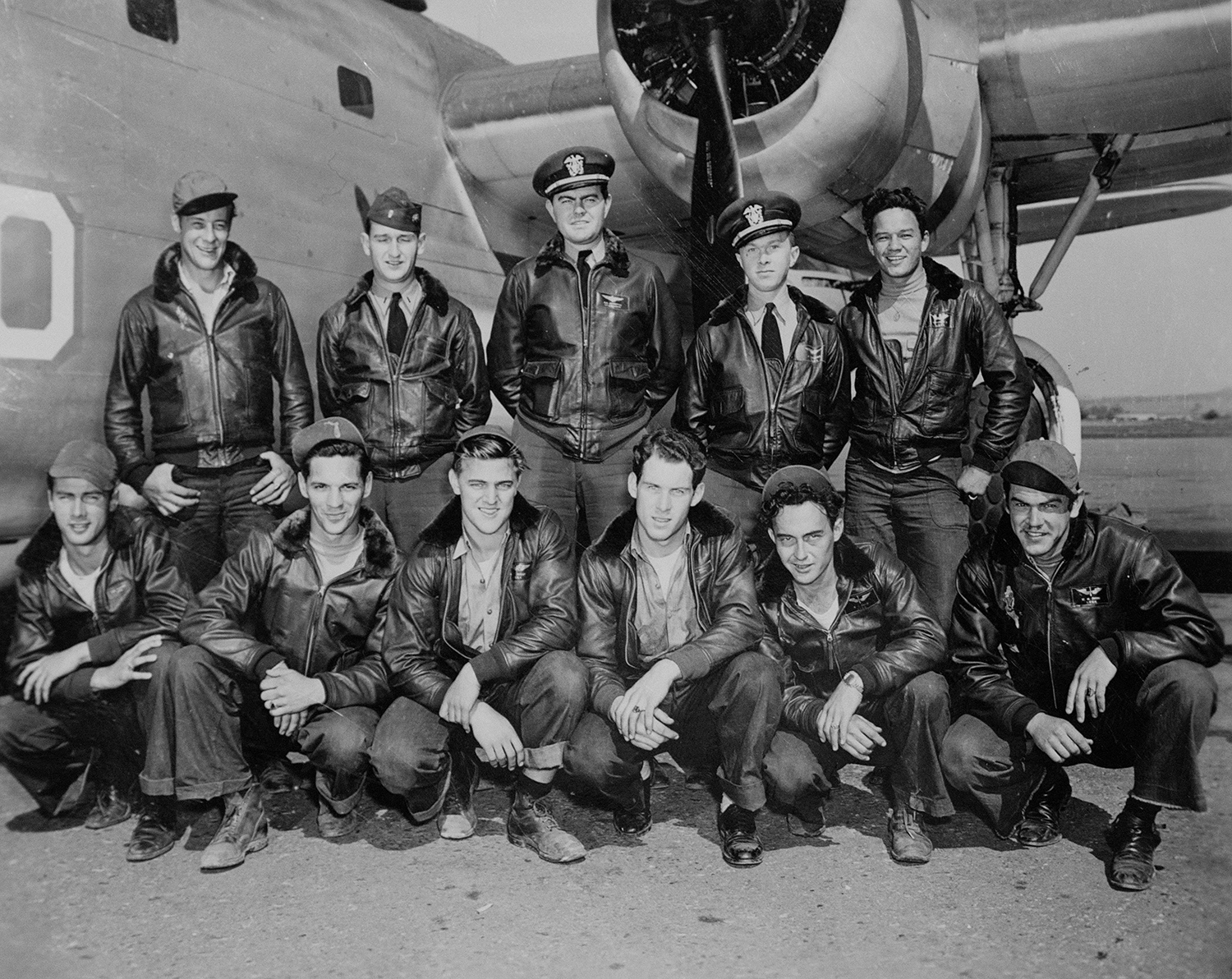
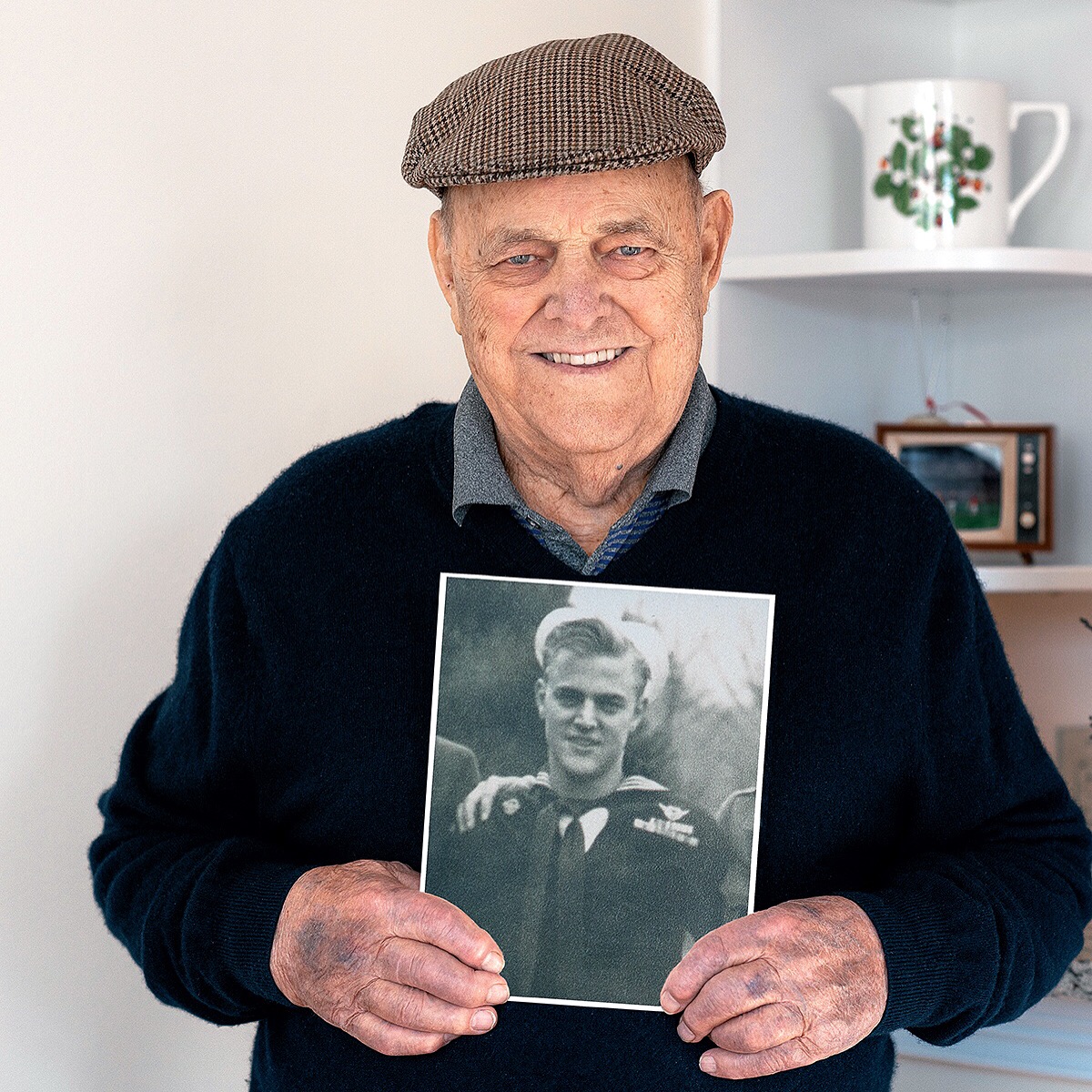
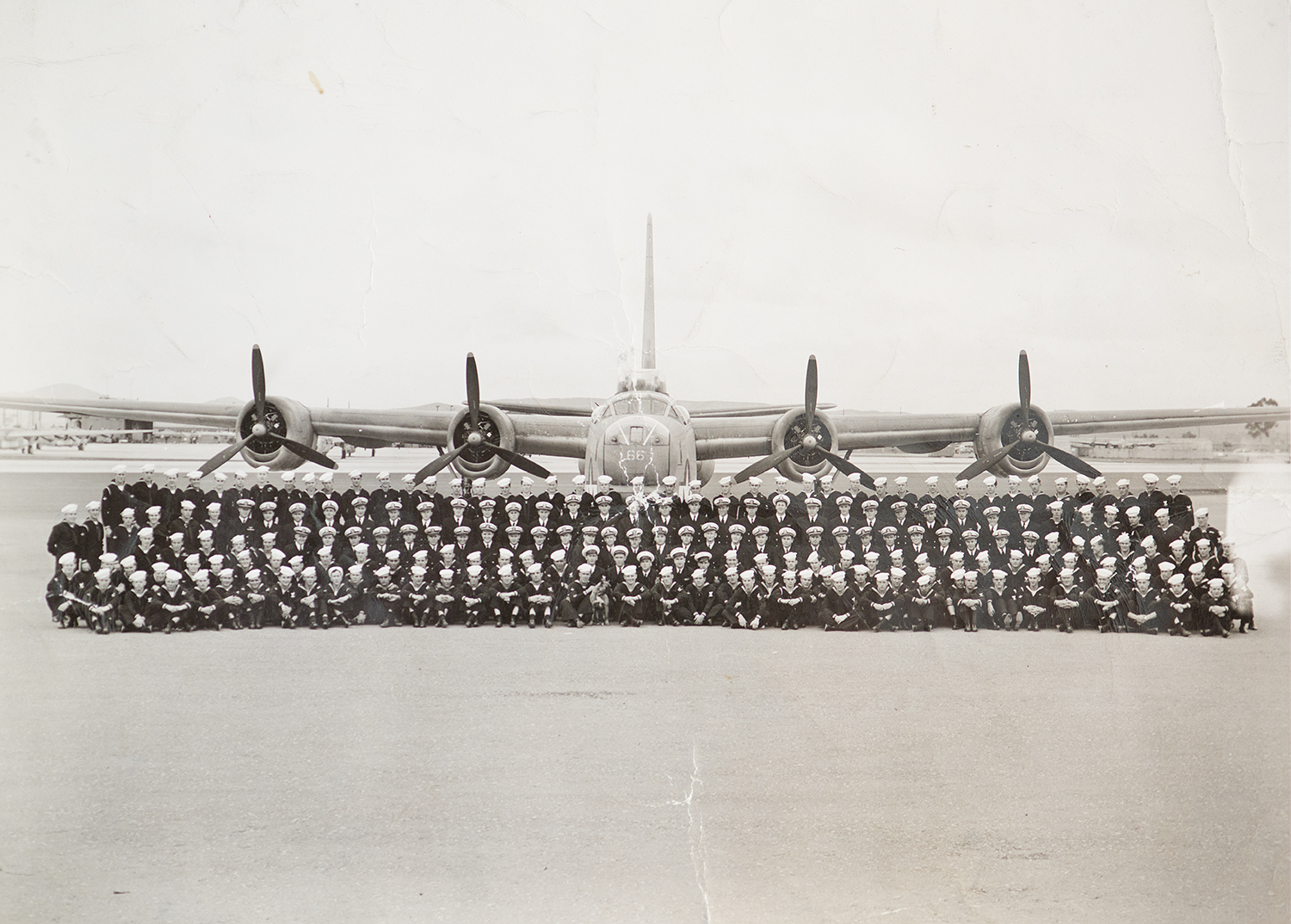
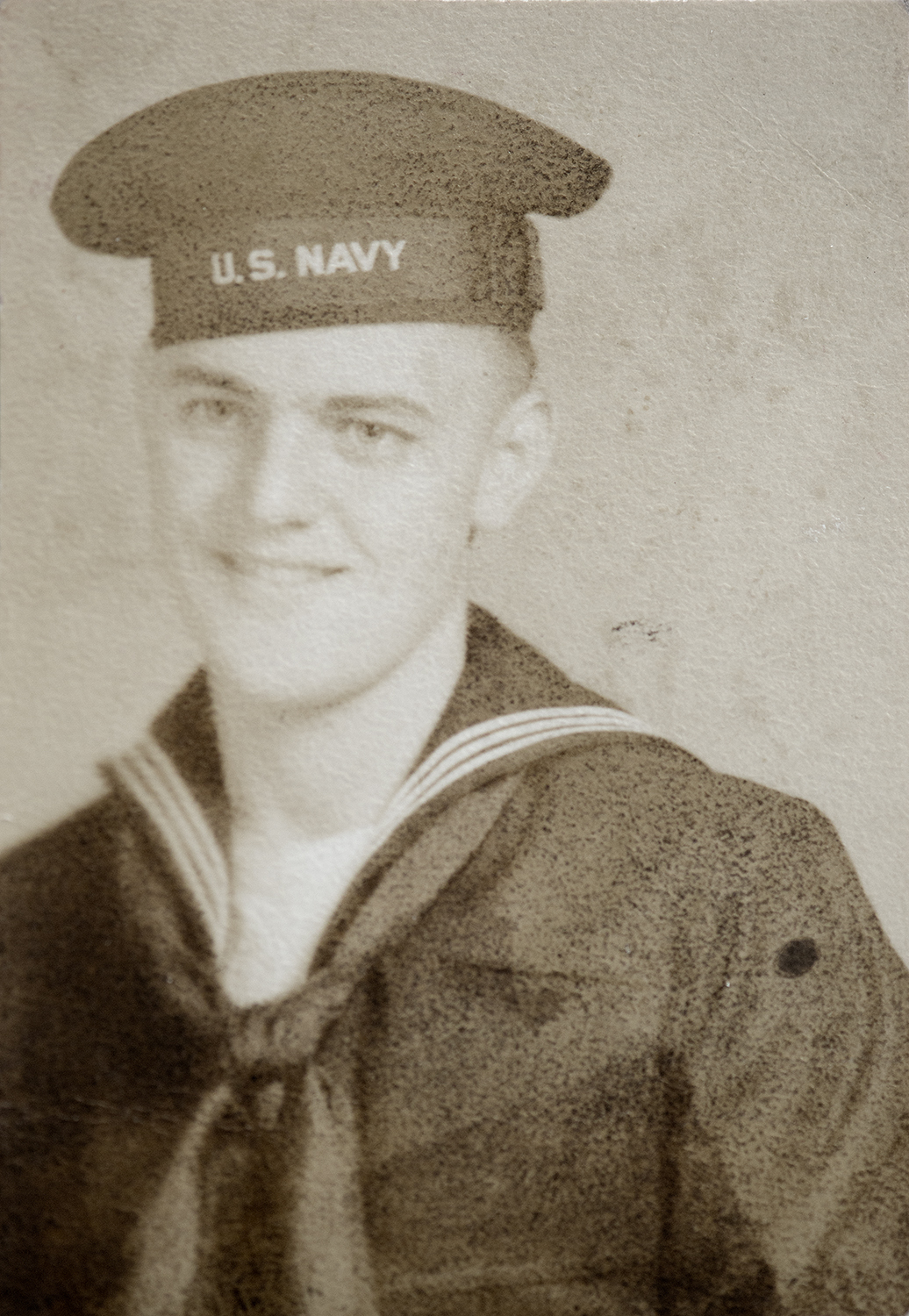
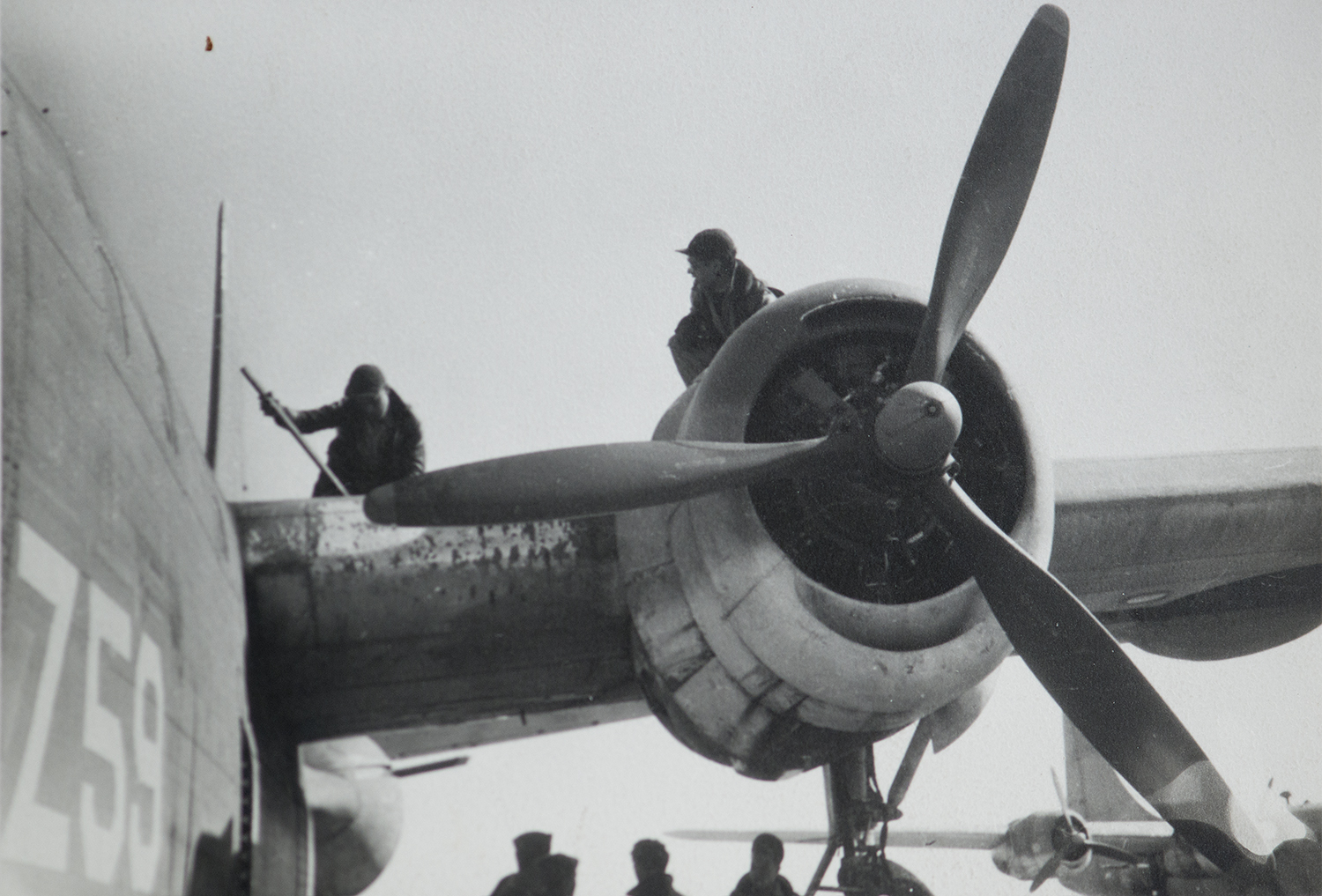
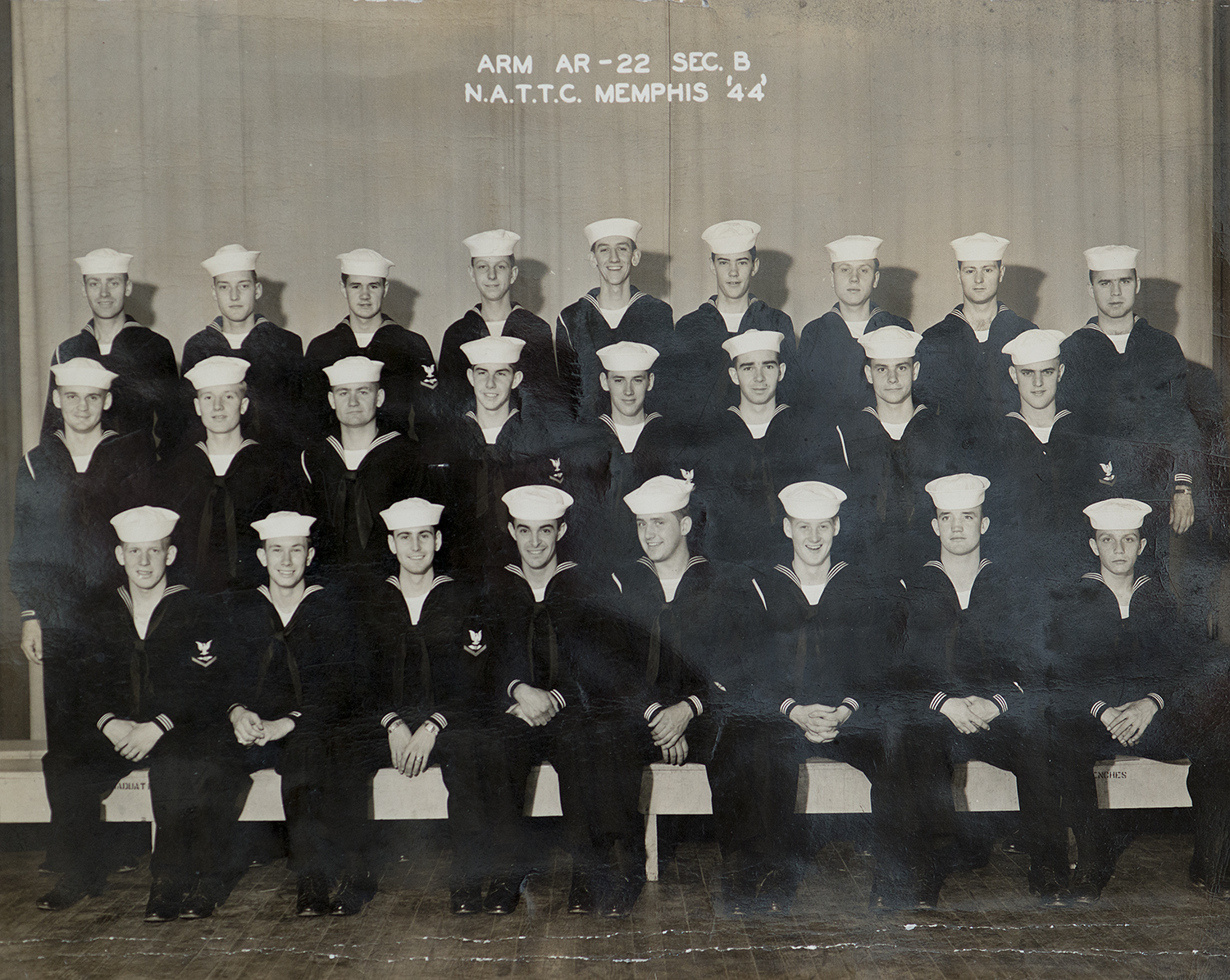
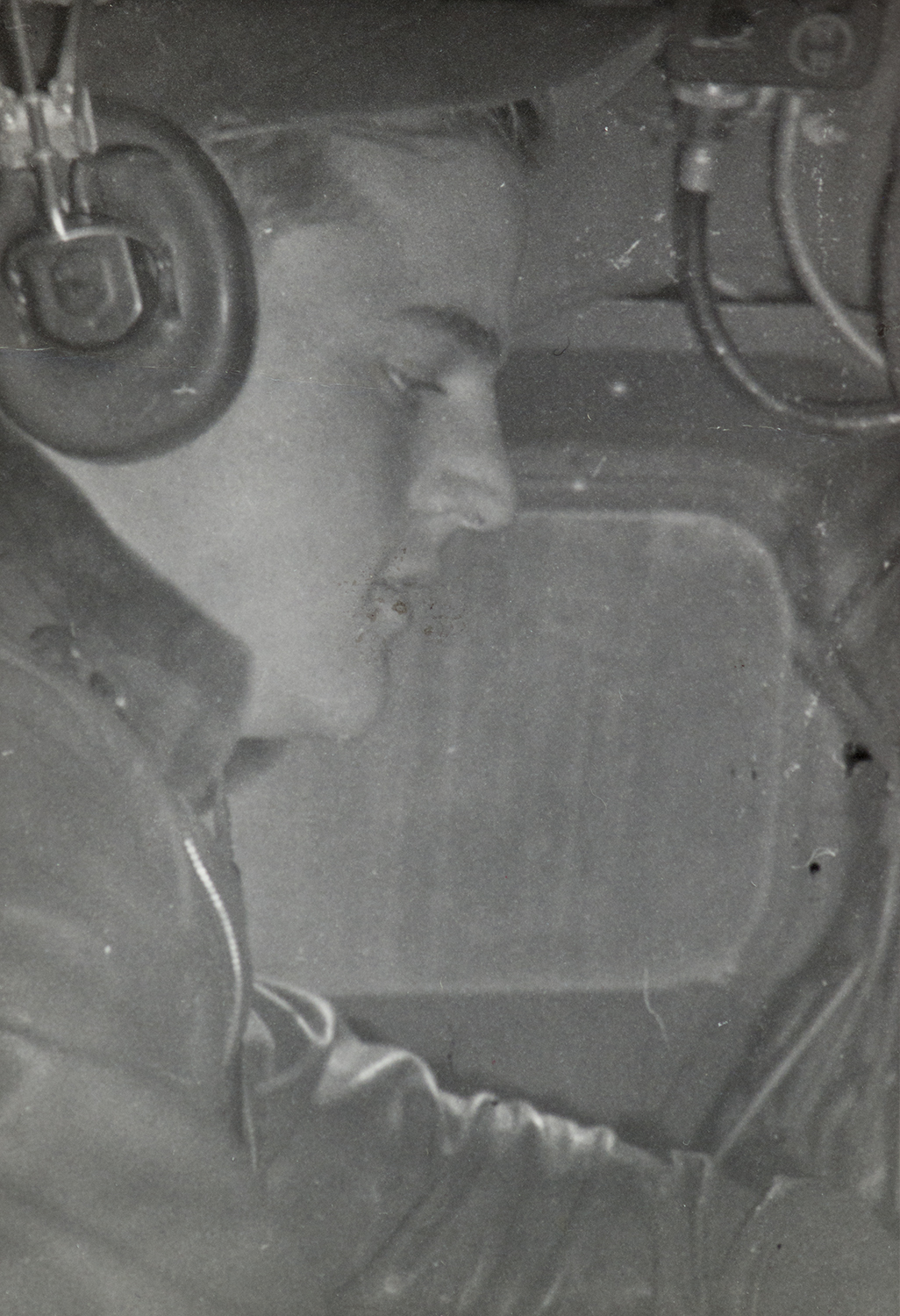
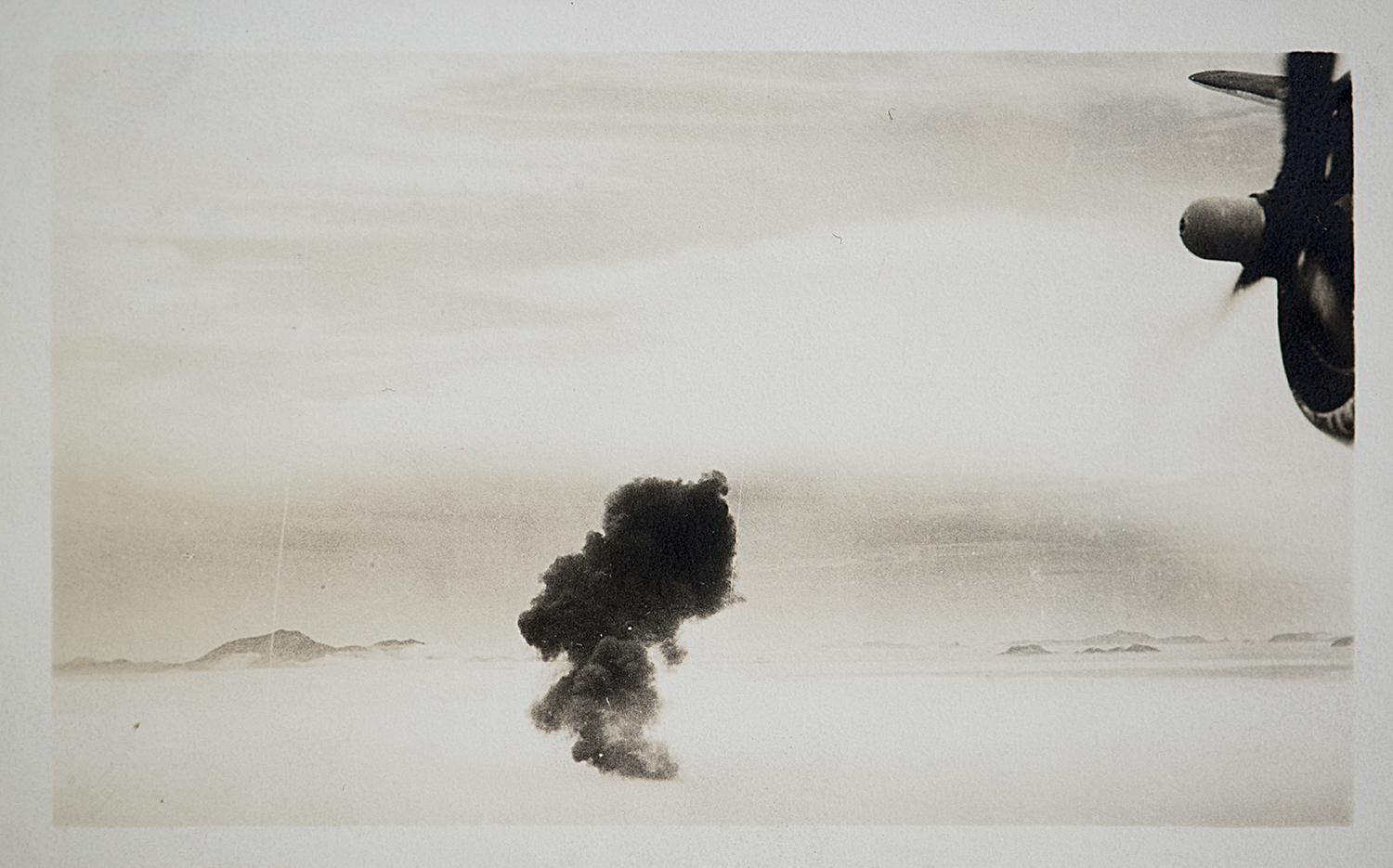
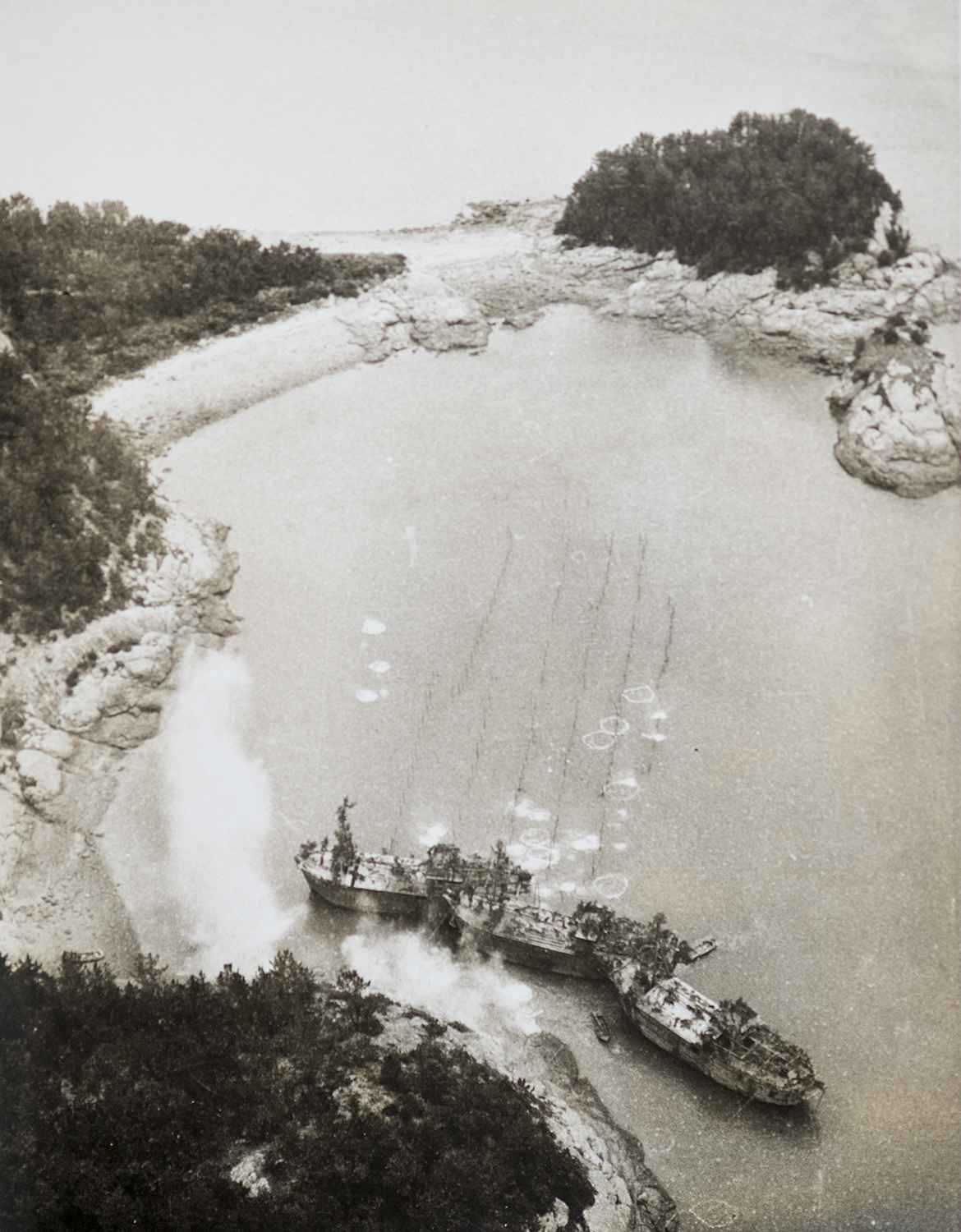
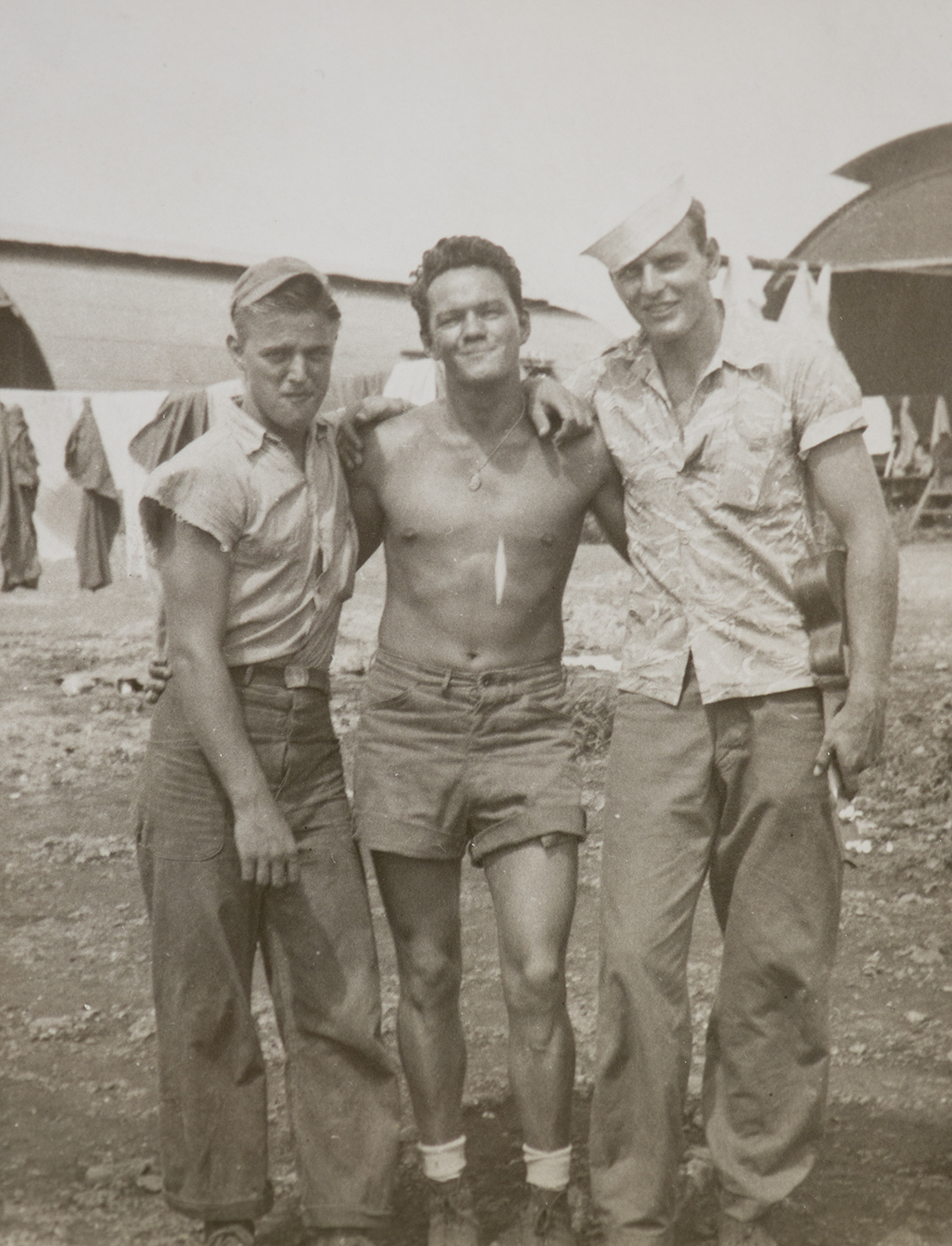
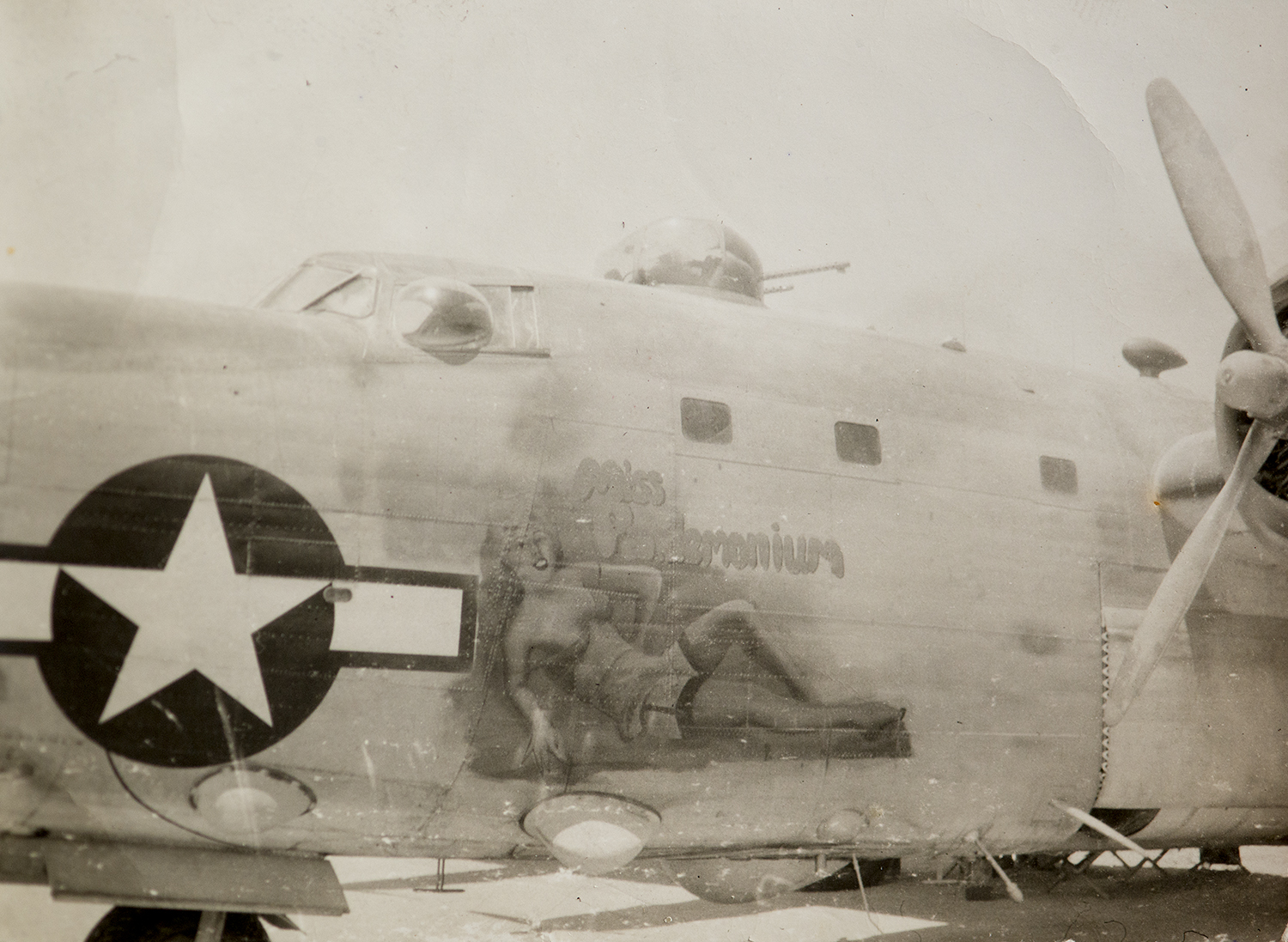
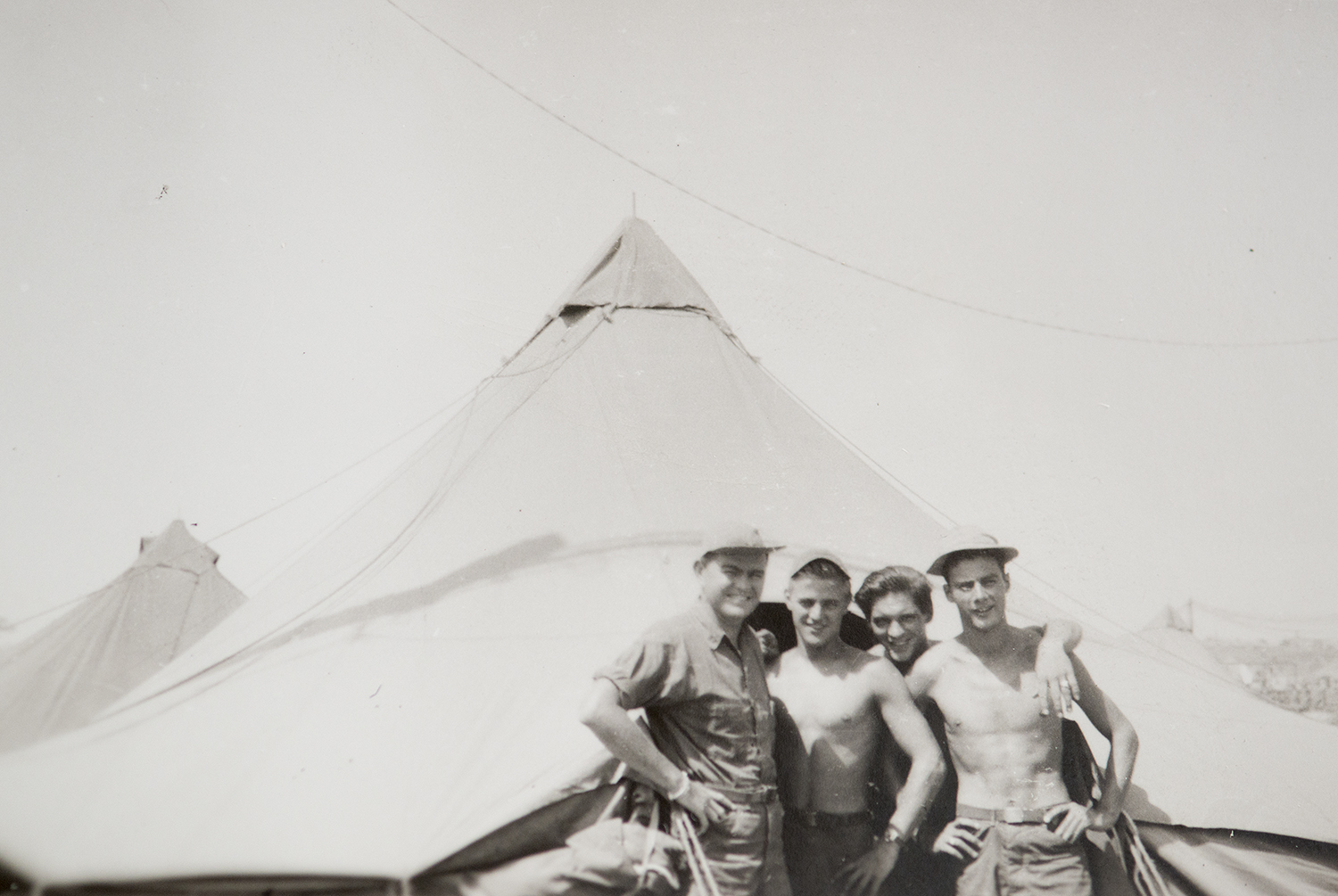
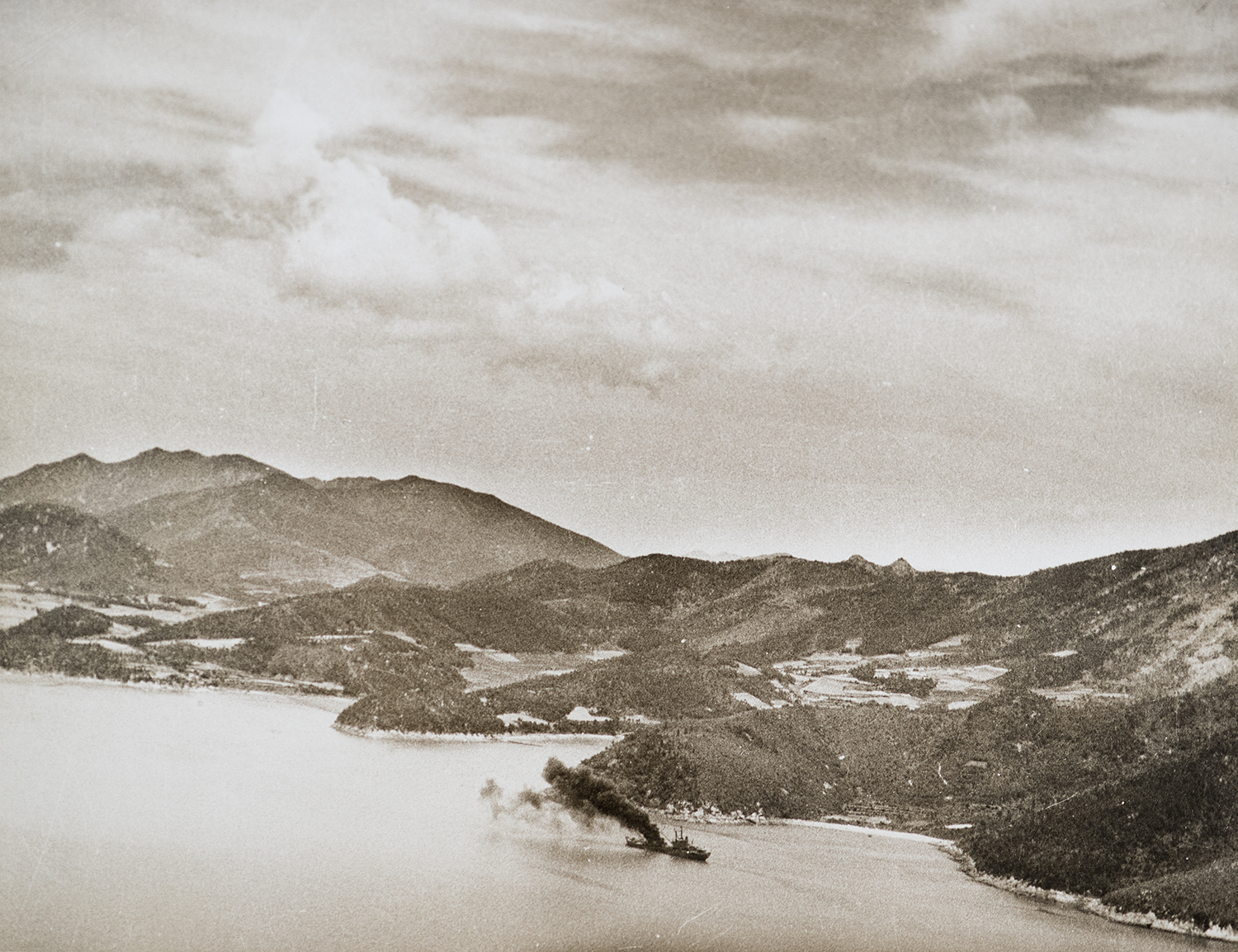
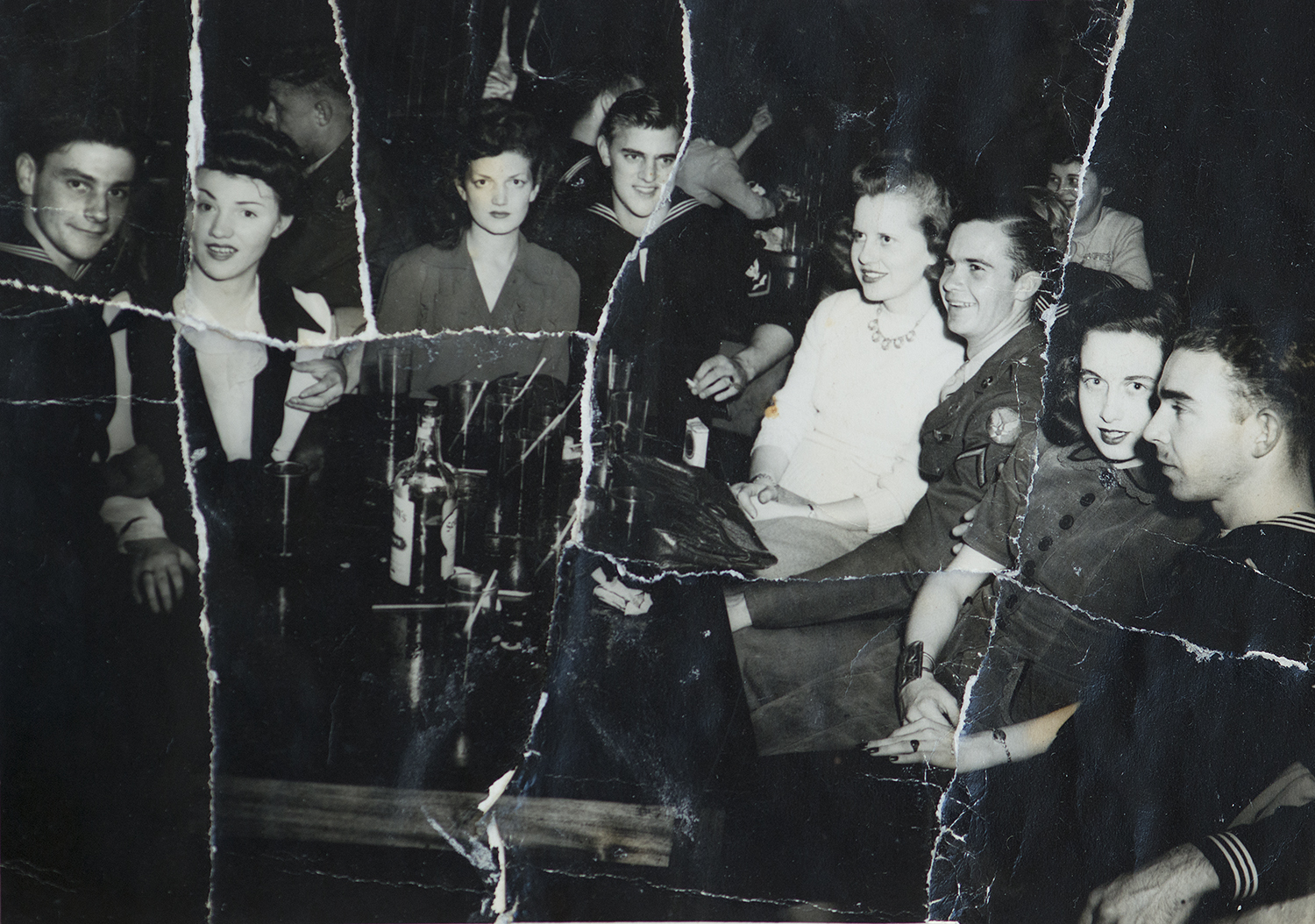
James McCarthy
James G. McCarthy
I was born in Northside in Cincinnati, February 18, 1924. When I was 5 or 6 years old, Wall Street collapsed and the depression hit. It was hard for everyone. I was the only boy in the family and I had two older sisters and one younger sister. My two older sisters were not as close as my younger sister and I were, they were more mature and grown up. An education didn’t really mean anything at that time. Once you reached a certain age, you were expected to go out to work at any job that you could get, whether it was a shoe factory or one of the local mom and pop groceries. There were gas stations on the corners and gas was only 10cents a gallon in those days, so if you made 50cents or a dollar a day, it meant quite a lot because a dollar would go a long way. You had to make as much money as you possibly could. There was a local grocery store that my sisters and I would pass out circulars for every Thursday and we would get paid 50cents a day to deliver them all over Northside. We couldn’t leave them on the fence, we had to walk up to the door to make sure the people got their circulars so they knew what would be on sale in the grocery during the upcoming weekend. Also while I was growing up, I sold newspapers for the Cincinnati Times Star down at Knowlton’s Corner and they were selling for 2cents a piece at the time. The first paper you sold you didn’t make any money, the second paper you sold, you made another 2cents and you had to give back 3cents and you’d make a penny. So on a good day, I’d make between 55 and 60cents. I had to give all of that money to my mother so she could use it to help take care of the family. We did the same with the money made from the circulars. My grandmother lived in the same house as we did because she owned it. We would pay her rent and being part of the family, we probably received a nice discount.
My growing up was pretty difficult, but we didn’t know anything different. We didn’t have anything electronic like you do today, there wasn’t television or cell phones or anything like that. The only things we had were operated by battery and batteries were expensive, so you couldn’t really afford to buy the equipment that was available, let alone batteries to supply the power. The only radio we had at home used a 12 volt battery and the only time it was allowed to be turned on was when my father came home from work. Under Roosevelt’s WPA administration, the Mount Airy forest was planted and my father got a job planting trees and shrubs there and that’s how he was able to bring enough money home to afford things like eggs, milk, some butter, and maybe a piece of meat. He later had a job as a night watchman for the Cincinnati Enquirer. Looking at the overall picture, we did pretty well as far as the food was concerned. If a family became destitute where they didn’t have any food, neighbors would help them. They would even go up and do their laundry for them. Everyone looked out for each other back in those days. They became one. We all had the same problems … but we survived.
Pearl Harbor was attacked on Dec. 7, 1941. At that time I was 17 years old and I was selling newspapers on Knowlton’s Corner for the Cincinnati Times Star. Knowlton’s corner was a thriving place, there was a Western Auto Sales store on one of the corners, a fruit stand on one corner, a gas station on another corner, and a drug store on the other corner and next to that drug store was a pool parlor and you had to be 18 years old to play pool. Well I would sell newspapers there and I would go in quite often and buy a bottle of coca cola for a nickel and I got to know the owner. Since I was selling newspapers and I knew how to wrap my pennies up in rolls, the owner of the pool room, Ed Siebenthahler, took a liking to me for some unknown reason and he told me, he wanted to give me this cigar box full of pennies and said, I want you to sit at that table over there where I can watch you. I don’t want you dropping any of those pennies on the floor. I want you to count them and put them in 50 cent paper rolls. So I would wrap the rolls of pennies and as payment he would give me a full roll of pennies. Northside Bank and Trust company was right around the corner and he would tell me to take them there and give them to the manager who would take care the money. Ed knew how many pennies there were and he would also call the manager to let him know and that way I wasn’t able to slip anything into my pocket. As time went on, I got in pretty good with the pool players and as I got older, around 15 or 16 years old, Ed would let me rack balls on Friday and Saturday nights, which was a big time because a lot of players would come from other pool rooms in the area and they would have tournaments. I learned how to rack the pool balls really well and I got a nickel for every game I racked. Ed would also let me shoot pool for free and I became a pretty good pool shooter. So on December 7th, we had gone to church at St. Pats Church and there was a whole gang of us. We’d all go home, change clothes and meet at the pool room to play around noon. That Sunday were shooting pool, it was about 1:30 in the afternoon and Whimpy Cronin, a young but really heavy set guy who was the bar tender, came back and said “Hey! I want you guys to come and listen to the radio!” We said no, we don’t want to listen to the radio, we’re shooting pool! Get outta here! He said “No, I’ve been up there listening to this thing for 10 to 15 minutes and they’ve been saying the same thing over and over again.” We said yeah? Well go back up and listen to it some more and come back and tell us what they are sayin. Then he said “I’m telling you guys, come up here right now! They’re talking about some Japanese aircraft bombing Pearl Harbor!” Well that got everybody’s attention. So we went up and listened to the radio and it was authentic and that’s when we knew he wasn’t kidding. They weren’t sure about the casualties or how many ships were sunk. Everybody started to get gung-ho to go into the service. At the time you had to be 21 to go into the service and so the guys that were 18 years old in our group had to get their parents consent to go in. I went home, we didn’t shoot pool the rest of the day. That day changed our lives forever.
In February of 1942 I turned 18 years old and I wanted to go in, but my mother said “no you’re not going in because you may be fighting one of your cousins over in Germany.” I told her that was okay because I wanted to join the Navy and she said “No I don’t want to lose you, you’re my only son.” and on and on and on… That went on until I went down to the recruiting office, got the papers and brought them home. My dad was willing to sign because he understood that I was going to have to go sooner or later anyhow. So I told my mom, if you don’t sign these papers, I’m going to forge your signature. She finally consented and I went into the Navy that year.
I was sworn in on November 5th 1942 downtown at a post office on Government Square. We had to go home, leave all of our valuables like watches or rings and come back with just our identification. You couldn’t have any personal items with you. From there we got on a bus that took us over to Union Terminal and got on a train to go up to Chicago. On the way up I was sitting by the window and we had to pull over on a side track to let a military train pass by. We sat there for hours wainting for this train to come and go. There was some farmland nearby and I was watching these horses play around over there and I got to thinking, “They’re having a good time… Where am I going?” I had time to start meditating about what I was getting into and the tears started to roll down my eyes. I was having a pity party for myself, you know? So finally the train got started and everyone started joking around again and it was fine. When we got to Chicago, we pulled into Union Station and then went on a Navy bus to Great Lakes, Illinois and that’s where I was stationed there at Camp Green Bay. It was cold… November was very cold up there. They didn’t have any uniforms for us, the barracks were still in the process of being built, they had a big pot belly stove in the middle that wasn’t working right. We had to go in this massive hall where there were rows and stacks of uniforms. You had to slowly take your clothing off and they gave you a big box to put it all in and it had your name and address on it to be delivered home. By the time you started this process you were stark naked. You’d go to one guy, he’d put a tape measure around your head to measure the size of your head and he’d mark 7 3/8 or whatever your size was, another guy measured your waist, another your height, another your feet and so on and all the time they were taking these wax markers and writing the sizes on you. After that you had to go through a medical line to get your shots. They’d take a needle and give you the shot then mark it on your record. They were shooting me in both arms and I think I got 6-8 shots that day. By the time they were finished my arms were sore! I didn’t have any flesh on my arms anyhow, I weighed 129 pounds and I was 6 feet tall, I was skin and bones. A lot of the time I think those needles were hitting the bone *laughs* After that, you went through another section of the building where they would start issuing you Navy clothing and you slowly got dressed again. Then they issued you a big roll, which was your mattress. You carried that where ever you were sent. You were then given a big sea bag and duffle bag. After that you went outside and you had to wait for a bus! It was very very cold because all we had on were our summer uniforms on. They didn’t have winter uniforms to issue. Our barracks didn’t have any heat yet so we had to get the fire going in the little pot belly stove to warm the place up. By that time we had to get showers and then we were issued new uniforms. We had to take a stencil and stencil our name on everything. If you didn’t put your name on your stuff and it went to the laundry, you’d never get it back and you’d have to buy whatever you didn’t get back! That was my introduction to the military!
Since it was so cold up there we only stayed outside to march for a few hours at a time, otherwise we were in the classroom learning our expectations. Towards the end of the 6 weeks up there, we were given an aptitude test and I passed the morse code test with a 90.5 out of 100. They told me I was going to be sent to radio school. I came home on a 5 day leave, went back up to Great Lakes and was then sent to North Western University in Evanston, Illinois. I was there from the 1st of January until the end of February ’43. We graduated and I was made a Petty Officer Third Class because I graduated with a 3.5GPA, which was a pretty high mark! After we graduated, I had the option of going to the Philadelphia Naval base to be put on a destroyer and sent up to Murmansk, Russia to be on the convoys where the German U-boats were sinking 50-60% of the merchant ships. There were stories of destroyers that were loaded down with ice on the decks, the hand rails, the ropes, everywhere and the guys had to break the ice all the time with picks! Then they said, well if you go to the West coast, it’s a lot warmer and we’ll give you a 5 day leave. So I said well I’ll go back home for 5 days. After the 5 days at home, I was back in Chicago and on a troop train with California as the destination. When I arrived I was at Treasure Island for 2 weeks while the ship was still getting repairs. Then I went to Mare Island and got on board the USS Holland. My first letter home didn’t even leave the ship. I was called up to the censor’s office and there was this young ensign up there whose job was to read everyone’s letters and he said “McCarthy, we have to explain something to you. You do not describe the guns on this ship, how many guns are on this ship, what caliber the guns are, what your duties are, what ship you’re on, where you’re going or anything else. Here’s your letter” and you could stick your fingers through all the holes he had cut out. During training we were told we couldn’t do that, but I thought I’d do it anyhow. So I learned a bitter lesson that way. Not too long after that, the ship was finally ready and the crew was secure. We left and went underneath the Golden Gate Bridge and we said goodbye. I didn’t come back under that bridge until November of ’45. I was gone for almost three years.
Our next destination was Pearl Harbor. It took us 7 days to arrive for the simple reason that we had onboard training to take care of. Ninety percent of the crew was like me, they didn’t know which end of the ship was what. We had to learn that the floors were decks, the walls were bulk heads, the windows were ports, the ceiling is the overhead. Those were the Navy terms that we had to use. Those 7 days were my first adventure on any type of ship that size and I got sea sick. I didn’t eat anything except crackers and water for that entire week. By the time we got to Pearl Harbor, we all had really good idea on where our battle stations were and what kind of duty we had. I was on a 40mm anti-aircraft gun and there was a whole gun crew there. Some were loaders, some disposed of the charges, and so on. So we learned the important basics on our “long route” to Pearl Harbor. The entrance to Pearl Harbor is very narrow and it broadens up into a great big basin and the submarine base was at the far end of the harbor. So when we came in we had to go past battleship row and all of those ships that were bombed were still sinking and the diesel fuel was still coming up. We went by the Arizona and it was still burning. A lot of it’s bulk head was out of the water. I went by all of that and I was thinking to myself, wow, this is not for me, I want to go back home, but I was stuck like everybody else. We arrived at the submarine base where we’d be stationed, we anchored there and we stayed there for a while. The USS Holland was a submarine tender ship, so our job was to go out to sea and take care of the submarines! The subs ran on diesel fuel and batteries. They would use their diesel fuel at night time to dive and the batteries to cruise during the day. The submarines didn’t cruise very often because they always had to be weary of a Japanese destroyer coming close enough to sink them. Because of this, it was important for them to have consistent supplies. Our job was, whenever one of these submarine got into distress, they would radio back and we’d have to go out to their location and refuel them, rearm them with torpedoes, food, medicine and we even had relief crews. Some of the crew members had been on the subs for many many months and if they were getting a little bit goofy, they would have to be replaced. We would literally do a house cleaning job on the submarines and make sure they were sea worthy. When our job was finished, they’d go back out to sea and we would return to Pearl Harbor. As we left Pearl Harbor to go out to these submarines, we had a destroyer escort called the USS Litchfield and he would patrol the borders to make sure that there were no Japanese submarines lurking around that wanted to sink us because at that time we were the only sub tender out there. There were a few times the Japanese reported on us, but never sank us. The Litchfield did a fantastic job protecting us. They’d throw their depth charges into the water and you could see the great big plumes of water go up. They would do that if they ever thought they detected Jap submarines close by. So we were well protected. We stayed in Pearl for many months doing that type of job. As the war progressed in 1943, we were sent up to Midway to establish a submarine base. Following that we joined a convoy and went all the way over to the Mariana’s in ’44 where we joined the invasion of the Mariana Islands. During the invasion of Saipan and Tinian, we were sitting off shore and we watched the Marines fight all the way across the island. It was like a movie, the Japanese were on one side and the Marines were on the other. You could see the Marines just pouring in. The guys that got tired would fall back and another unit would replace them. It was just like you were watching a movie from 2,000 yards away. It was something you couldn’t ever imagine without being there. Our job there was to take care of any of our submarines in the area. We had a safe place to sit in the invasion force and we stayed put. If one of our submarines couldn’t make it back into us, one of our ships would have to go pick the crew up and scuttle the sub so it wouldn’t fall into Jap hands. A good friend of mine actually became a POW after his submarine was sunk and he was captured. That’s what happened when our guys couldn’t get out to one of the subs. We happened to be one of the few ships in the area that had flares with us. The Japanese weren’t used to night fighting, but the Marines had trained for that. So our ship and a few of the other ships that had flares would shoot these flares up over the island and keep the island lit up all night long so the Marines could continue pushing the Japanese back. After a while it demoralized the Japs and the battle ended up just being a turkey shoot more or less. It was very interesting. When the destroyers ran out of ammunition or diesel, we were there to resupply them as well. We were loaded down with so many supplies that if we had gotten hit, I think we’d still be blowing up today. *laughs* But that was the camaraderie of the whole war, just because we were a sub tender didn’t mean we couldn’t help other ships and we ended up helping a lot of destroyers that would come in after running out of ammo or torpedoes. Our crew would load them up and they’d be on their merry way again. That’s basically what we did! When we headed back to Pearl Harbor, we had two Japanese prisoners onboard ship, the one was 18 or 19 years old and he was scared stiff. He was under 24/7 surveillance, no one was allowed to get near him. They had master at arms stationed all around him in the brig. They didn’t want anything to happen to him. A lot of the guys wanted to kill him and they probably would have if they could have gotten their hands on him. But he was protected for intelligence reasons. Our ship was heading back to Pearl to pick up Admiral Lockwood, who was the commander of the submarine forces in the Pacific. We also had to return to get repairs done to our radio room and restocked with supplies. Christmas and New Years of ’44/’45 was spent back in Pearl. When the ship was ready to go, we picked up Admiral Lockwood, designating us as a flagship. Everything had to be spit polished clean. We had the admirals flag, the pennant, the whole 9 yards. His destination was Guam, where he was establishing his headquarters at Apra Bay.
We were not a fighting ship though. Our ship was always at the tail end of the convoys. Everything had to be secured before we could go in. Sometimes our Air Force would go in and bomb these Japanese held islands to destroy their airfields to prevent them from launching attacks and once the island was taken, the airfield would have to be rebuilt so our planes could use it. There were a few times our crew actually had to go in and support the seabees in the reconstruction of the airfields. Once the island was rebuilt, we’d go in and have baseball games against the other ships that were docked there. We’d play for cases of beer. It was a really fun time. The USO would also catch up to us and have concerts. On board our ship, we had Dorothy Lamour and Betty Hutton and they put on a show for us with the dancing girls. It gave us a chance to see what an American woman looked like, you know? *laughs* It was a great morale builder. When we were in a secure port, we also had a giant screen where we could see movies and we got some first class Hollywood movies that were out during the war. It was all free, while everyone back home had to pay. So you see, they did as much as they could for us to make life as easy as possible and yet we had a job to do and that was priority number one… to win the war.
Coming back under the Golden Gate Bridge… I just couldn’t believe it. I had been gone almost three years. There were a lot of cheers, hats were being thrown up in the air. People greeted us like we were gods when we were just doing our job. That was it. San Francisco was really crowded with troops at that time because the war was over. You had an option, you could wait and they would give you a ticket for a train, but you’d have to wait anywhere from 3-6 weeks until your number came up or you could buy a ticket for 3cents a mile and get on a train and come home. I had all of the money I made while I was in the service stashed in my pay box and said to myself, hey I’m going to do this and for two reasons; One, I’ll get home real quick and two they will reimburse me for my trip! So I would pay 3cents a mile, but they would reimburse me 5cents a mile. So I made 2cents a mile for roughly 2,000 miles for paying my own way home. Also I was on a nice passenger train, not a troop train. A lot of guys wasted all of their money in Frisco celebrating and didn’t have any money, so they had to wait standby for their number to be called to have their ride home on a troop train. My train arrived in Chicago and I stayed overnight in a USO because the next departure wasn’t until the following morning. The USO had nice cots and hot food for us, so that was nice. I also had a chance to walk around Chicago a bit and it felt like I was in another world. I were so used to being onboard a ship, which wasn’t small, but it wasn’t like Chicago you know? And I was on land and it just felt really different. Its very hard to describe how I felt. I felt unsure, like I didn’t belong there. I belonged aboard a ship. While I was in the city, I more or less stayed by myself, I didn’t want to talk to anybody. During the war, you were jerked out of civilian life and thrown into the service and when you were finally used to that and you were being jerked out and put back into civilian life. It was like winter and summer, you were in 90 degrees one day and 40 below the next day. When I finally came home the next day, I arrived in Union Terminal and it was awesome… totally awesome. It was good to be home.
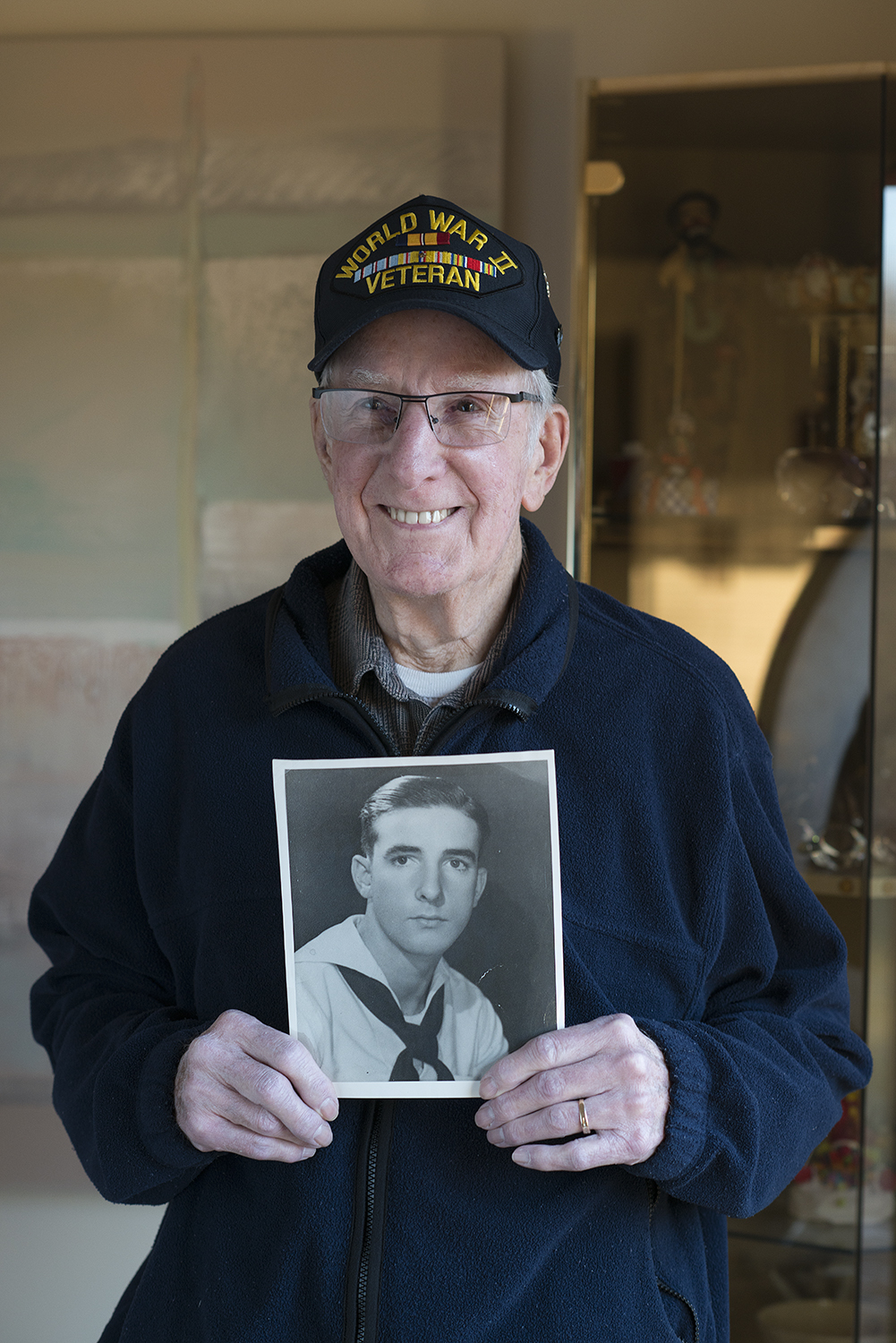
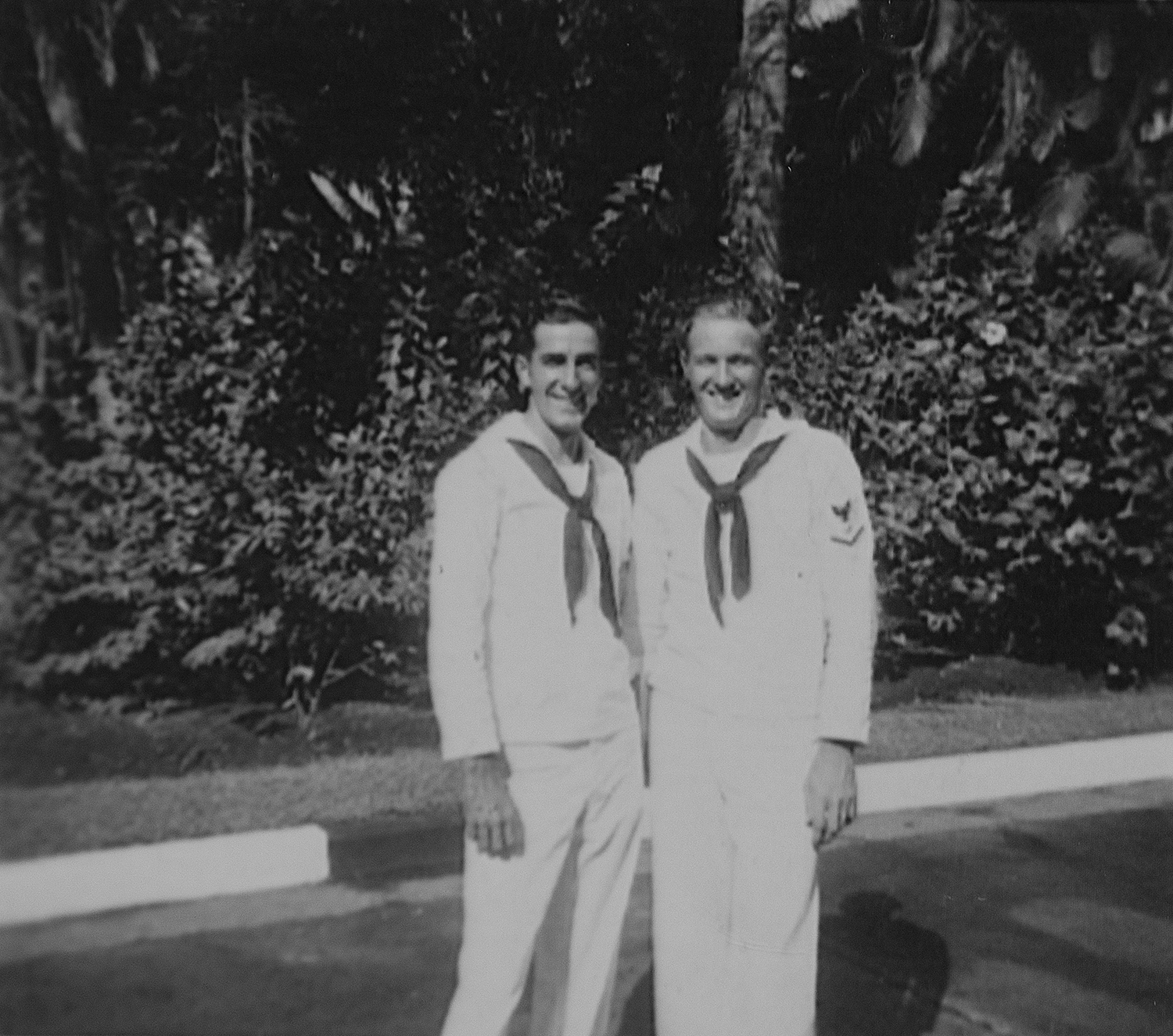
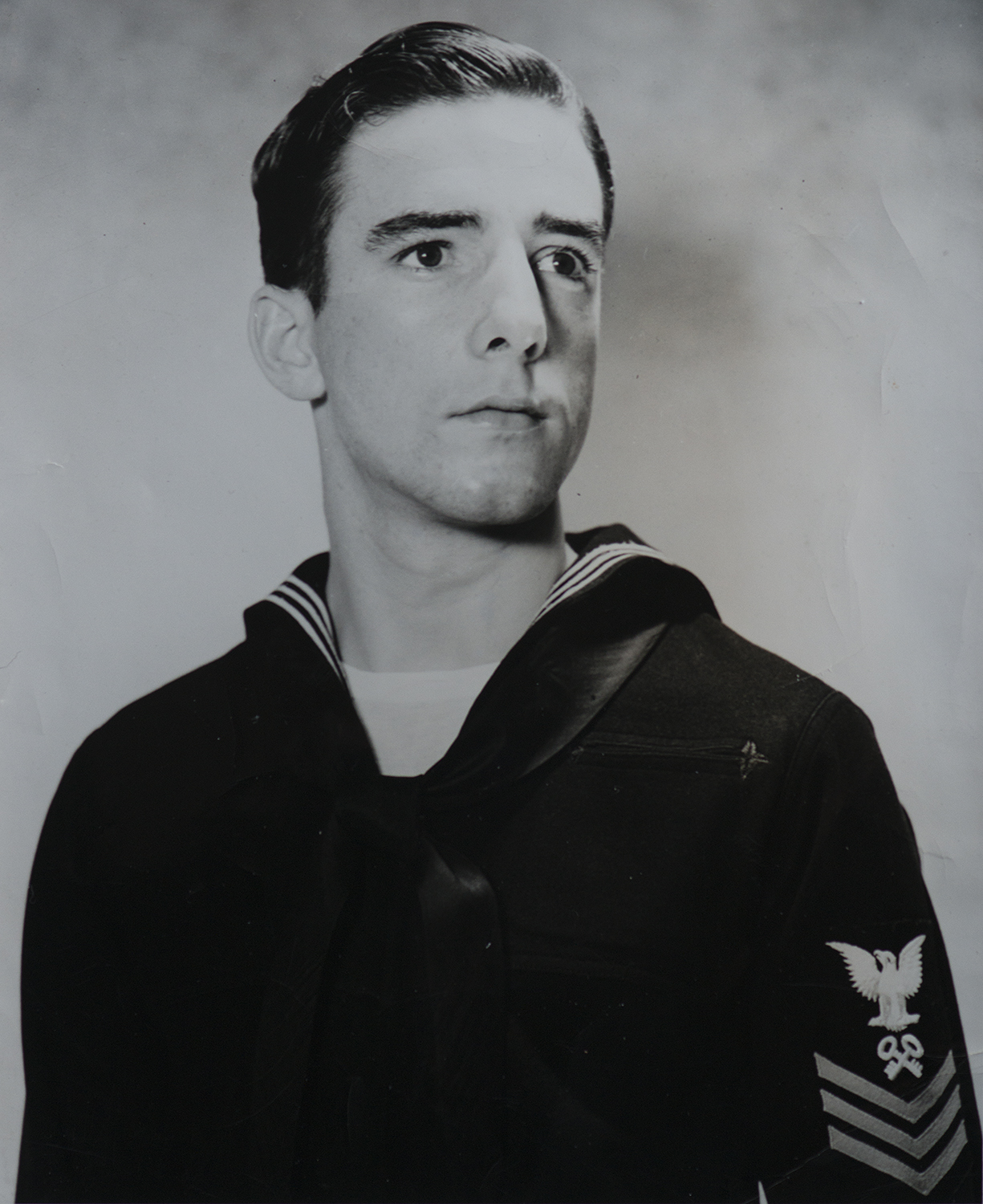
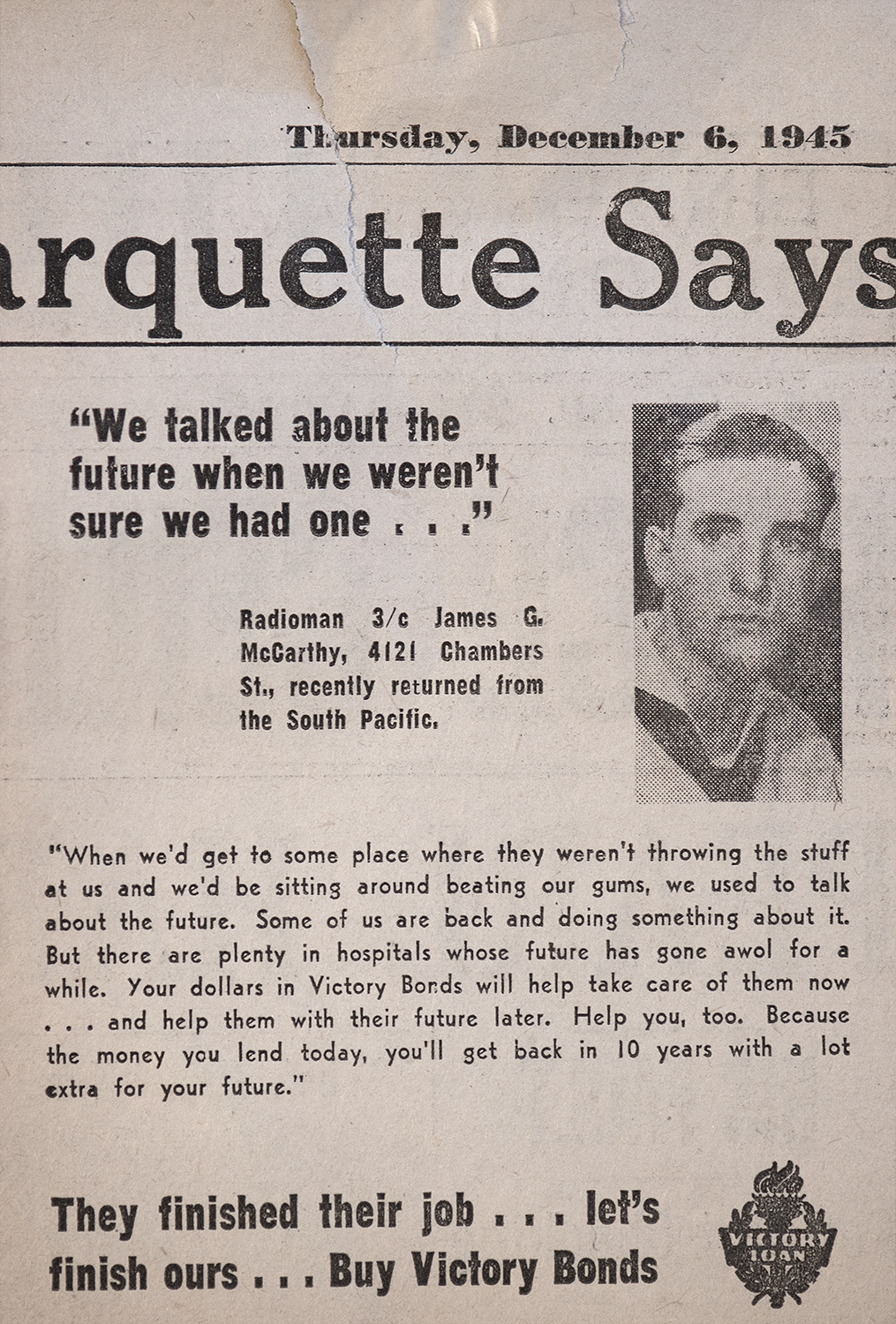
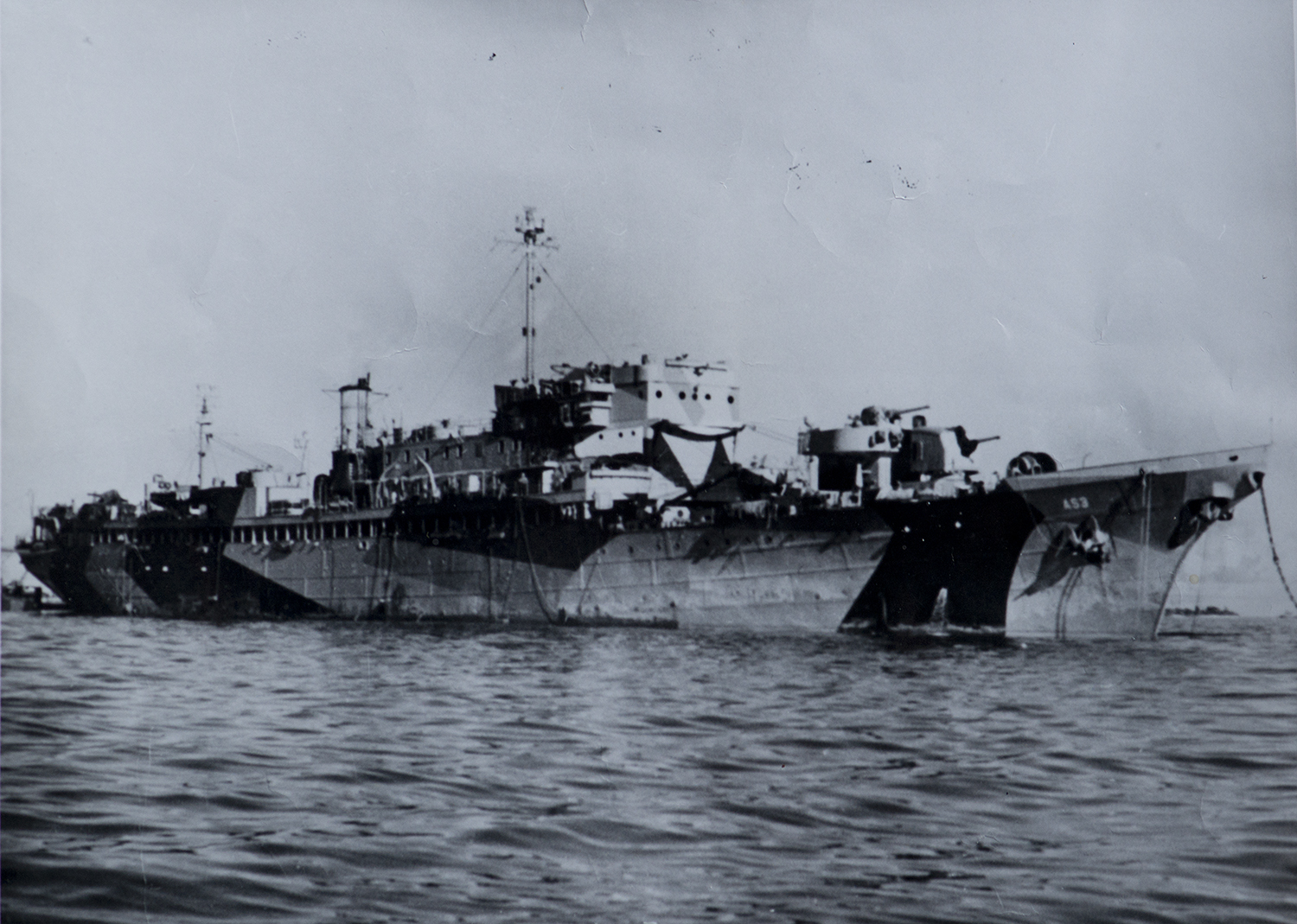
Frederick Muller
I was born in New York City in 1924. I was brought up as an only child, but I never felt lonely about that. My folks really didn’t like New York, they wanted to live in a smaller and less metropolitan area. My dad had an acquaintance that he knew through another German man that said, well there’s a lot of German people in Cincinnati and I know a particular person who you could talk to if you’d like to move there. So that’s what dad did. At the age of 7 I came to Cincinnati. My dad was in the restaurant business and ended up having three different restaurants. One was downtown, he had one in Cheviot and one in Hyde Park. I was a pretty outgoing kid and I felt like I learned the right amount of things from my parents, you know, old time things. My dad worked really hard and my mother brought me up as a child and took care of the home, so mom and I were extremely close. Dad worked mostly in the evenings and at night at his restaurants, but he did make time for me as well, which was great. We ended up moving a few more times and I graduated from Western Hills. I was brought up with the mindset that guns were okay, my folks let me have a .22 rifle when I was 13. My friends and I would go out into the woods and camp and do a little pot shooting. But I really enjoyed studying in school and ended up getting a scholarship to the University of Cincinnati and went into chemical engineering. Of course just as I was getting into that, the war hit. I said to myself, well, I want to get in there and fight the fight, but I also want to get a good education. At that time the draft had started up and my advisor said, “Say Fred, you should think about joining the enlisted reserve corps because you still may be able to get some education in at the same time. They let me get my first year in at UC and then they called up the enlisted reserve and I was put in the Army.
I’m one of the few people when asked “Do you remember where you were when Pearl Harbor was attacked?” that can not answer that question, but what I can tell you is that it made me angry and that helped going into the Army seem a little easier. I was sent down to Camp Walters, Texas, a real garden spot… completely desert sand and a big weekend down there was having cold watermelon in a shed *laughs* and going downtown if you were able to get out of training. Our job there was to train in the infantry for desert warfare and this continued for the next 4 months because they were already deciding what to do with people and of course at that time we were fighting in Africa, which made our training even more relevant. Evidently for me they decided that I would go to the Pacific instead! So my group of trainees was sent to Camp Shelby, Mississippi for jungle and swamp training, which I hated as much as the desert training. It a very uncomfortable situation. We went through that for 3 or 4 months. When we were finally combat ready, we got all of our stuff together and as we stood waiting in line to get on a train to go to the west coast, the officers came down and read off 4 names, I was one of those 4 names. They asked us to follow them. You didn’t ask “why” or “where”, you said yes sir! What had happened was they had tagged us for officers training school as an officer candidate because of our performance during basic. During training I had been made into what they call the “Hollywood Corporal”, which nobody wanted because no one liked to be told what to do. None of the guys wanted to do it, so I volunteered because someone had to do it! It worked out pretty well though. Also I had completed a year of college, which was another factor I was chosen. They sent me to Benning School for Boys *laughs*… the officer training school down in Georgia. Our whole group was trained for every type of military experience. Scores were kept on everything you did. You were tested in leadership skills, you had to lead groups and do certain exercises, so many pushups and so on. All of this combined together gave you a score and out of 100 trainees, guess who was number one? Me! And you know why I did that? I was pretty smart… so I thought. I found out I wasn’t so smart. I thought the people who did well would be left in the United States to train the upcoming candidates and I thought that would give me a little more time. That’s why I worked so hard. Training was finally complete and we all went to a big auditorium for graduation. The General was standing up front speaking and he called me up on stage. He put my bars on and congratulated us. Then the big news came, “The top half of the class is going to be immediately shipped off to Europe for combat and the bottom half will be spread out between the Pacific and training here in the states.” So, it isn’t your best people that do the training… *Laughs*
I was anxious to go, but I knew I had to do my best to avoid being killed, while still performing as an officer and soldier should. But I was ready to go. I was given 30 days of leave, which gave me a chance to be with my family before I was shipped out. We sailed out from a New York port. At this time the German U-boats were busy out in the Atlantic, so the trip was not a short one. We were in a small group, not a large convoy. Instead of going straight over, it took us 7 days to get to Europe because we had to go far North into the waters that had Allied air cover and to avoid the submarine areas. On the trip over, every officer was given a specific job. Guess where I was assigned? I was designated as mess officer in the galley and guess who was seasick and in awful conditions the entire way over? Me! What an awful experience that was. I spent the whole time on deck over the rail. Finally one of the English cooks came up and said “you’re going to die! *laughs* You’re going to start coughing up blood.” I wasn’t eating anything. He gave me a whole box of saltines and said just keep chewing on these and drink a little water and you’ll be just fine. So I’m not sure if it was psychological or what, but it helped get me through the rest of the trip. I thought to myself, if the rest of my service is going to be like this, I’m not going to be very happy. We landed in South Hampton, took a train across England and got on a boat to cross the channel. At this point DDAY had already been successful and they were just up off the beach as we got there. We were going in as replacement officers because the casualties were high. It took us three days to get across the channel because the Germans had these armed speedboats called S-Boats, that were attacking ships crossing the channel. Our ship had to take a wide route out and down toward Spain and back up the coast line before we could land.
We got off our boat at La Havre and were transferred into 40 and 8 cattle cars, just plain train cars. We were all going to be sent to different units to replace basic shave tail lieutenants who were wounded or KIA. I happened to go to Patton’s end. To get to him, trains had to go South in France and then travel back up to where his forces were. I went in as a platoon leader and was put in charge 50 men. At this point I didn’t know my rear from a hole in the ground because training is training and war is war and there’s absolutely no comparison. My luck held. I went into A company and I was assigned to the 1st platoon, they didn’t have an officer. The sergeant, Sgt. Tedderton from Georgia who was about 10 years older than I was, had been leading the platoon since they lost their officer. When I arrived, we sat down and talked and he said, “You know, we have lost 11 officers in this company in the past few months. I’m going to ask you to work with me so I can keep you alive.” I told him that sounded good to me even though I was gung-ho and ready to have my chance at leading. We began going out on patrols and I wanted to lead all of the patrols because I was trained to do that, but Tedderton would stop me and say, “Lieutenant, remember what we talked about, we want to keep you for a while! May I suggest that me, you and one of the sergeants of another squad rotate and you’ll have one third of the time leading.” So that’s the way we did it, I took out every third patrol. That may have saved my life.
Early on in my experience in Europe, our goal was to try and cut off the Germans in the Ruhr pocket. We pushed in and took this town and as we did, I ordered my men to clear all of houses and order the locals to bring out all of their weapons. This was protocol. Everything was stacked in a huge pile in the town center to help secure our position. There was a woman who was standing by the pile with this small box in her hand. She spoke to me in German and said I think I know that you’re a good person and a good soldier. What I have here is an award from the Luftwaffe and I don’t want to just throw it into the pile because it means a lot to me. I would like you to have it. So I took it. It was the Goering dagger that was hung around the neck with the dress uniform. (He still has this today and shared it with me)
During the battle of the bulge, our units as part of Patton’s 3rd, were pushing up from the south to support Bastogne because they were in trouble. We never got to Bastogne since our mission was to move up and create problems on the German flanks to help keep the pressure off of the 101st Airborne who were encircled. Our contact with the Germans was very sporadic because they were starting to withdrawal from the Ardenne and our goal was to put pressure on them to sort of squeeze the bulge. What stood out most to me was the cold, I’ll never forget that part. It was very very cold. After pushing the Germans further back, I crossed the Moselle River with my men and engineers in rubber boats under German artillery fire. When we made it across the Moselle, we filed down the shoreline because the enemy was still in this small town that had been shelled on the opposite side of a ridge. There was a road along the ridge with a bridge crossing this small culvert that intersected the route we were taking. We had to run across one at a time because the Germans were shooting down through there. There was a little bit of water flowing and one at a time we’d dash and splash across. Every once in a while a bullet would crack past our position. I don’t think they knew we were there at that very moment, but I’m guessing they thought it would be a logical place to place fire through. We eventually took the town only to find out that they had a machine gun nest on the outskirts on top of a hill, which they were firing down onto us from! I organized two groups to flank the outside of the position and I took a small group right up the center of the hill. The machine gun was positioned on the town, so about half way up the hill they were unable to put fire onto us. It was as steep as a cliff. From a short distance behind us, a German, that we hadn’t seen, fired a panzerfaust towards us and it hit about 30 feet to the left of me. It blew me off the cliff and as I fell I hit another ledge and I was out before I reached the bottom. The explosion of the panzerfaust gave me a few pieces of shrapnel, I lost the hearing in my left ear and because of that fall there was a lot of damage to the right side of my body that I still deal with today.
Later on during my experience, we entered the German town of Oppenheim, on the Rhine River. As we crossed the Rhine, we had jeeps come up to the shore with mounted .50 caliber machine guns as support and they just raked the opposite shoreline, so we made it across in our plywood boats without any problems! The engineers were supposed to assign an engineer to each boat to guide us and show us how to make it across and then come back across to pick up others, but I never saw any. We ended up having to figure it out ourselves and when we made it safely across, we just let the boats float down river. Across from Oppenheim we advanced into a big field. It was as flat as a pancake. On the other side of the field was a little town and the Germans were firing on us from the edge of that town. So there we were out in the open digging slit trenches for a little cover because the only things in that field were haystacks! In the meantime, the unit to our left was receiving phosphorus artillery rounds, which were the nastiest kind! They were really taking a beating. We were just taking small arms fire, but there was no way we could advance. A couple hours later we finally had artillery support, which helped alleviate some of the pressure on us.
Towards the end of the war we turned south towards Czechoslovakia. The Germans were retreating in that direction and they were being squeezed in on both sides. We were supposed to make our way in and occupy it before the Russians could. My platoon had our last battle in a town next to a small stream on the border. At that time, the Germans we were facing had some 40mm anti-aircraft weapons and they were using them on our ground forces. We were on the front edge of the town and I had positioned my men in the basements for cover and we were firing out of the busted out windows. We were taking some serious fire from the German machine guns and 40mm guns. It was very tough fighting. And then one of those 40mm rounds came in through one of the windows and went right through three of my men… They had all been standing in a row. Wham. Those three men were the last of our casualties. Just a few days later the Germans surrendered. Just a few more days and those boys would have gotten to go home to their families. *pauses* One of them was Mahaffey. He had 7 kids… It is still so hard to think about to this day. Shortly after that engagement, we moved into a town on top of this nearby hillside and it was decided that we would stay there for the night because there was intelligence saying that the Germans had their Panzers positioned on the other side of the hill. Our armor hadn’t made it around the flanks to engage them yet, so we decided to halt. The townspeople were extremely happy to see us because they didn’t want to have anything to do with the Russians or the Germans! I spread my men out to check the houses and we secured the town and found a few houses to stay in over night. Soon after that I was given a message by my messenger that stated “Stop right here! The war is over!” and I said, The war is over? The war is over? Do you have any idea what is going on around us? He said, “Yes sir, I was just told to relay this to you.” So I decided to have it checked. He sent the radio man to me and I had him make contact to reconfirm, which he did and the message was true! It was the best news we had heard in a long time. The next morning I was wandering around town with nothing to do. I found a little house with a workshop attached and inside I found a man who was making wooden shoes. He sat at a bench with his shaving equipment, making big wooden shoes for the local farmers. Speaking in German, he invited me in and broke out a bottle of wine and was going on about how happy they were to have us there and so on. Then he asked me if I would like to have a tiny pair of shoes as a memory of the end of the war. For the next few hours we had wine and he sat there making me my own miniature pair of wooden shoes. I took those back to where I was positioned and had all of the men in my platoon sign the shoes. You can still see the names of the remaining 36 men of my platoon. That’s the most special piece I have from the war.
We took occupation positions in Czechoslovakia and we expected to be there for around 6 months. At the same time, word came down that the Army was looking for an officer from each battalion to send to Paris to learn how to start a traveling educational system using European professors. Since the winter was going to come, they’d ski from town to town visiting our units and holding university classes to give our men things to do! I was chosen because of my year of college education. I was flown in a DC-3 Army mail plane and I’m sitting there on top of these mail bags and it’s bouncing all over the place… my motion sickness got the best of me. But I got through it and made it safely. For the next 6 weeks I went to a university in Paris getting educated on how to start an educational unit. When it was time to return to my platoon, one of the men who was studying with me who was a captain and said “Fred, you’re not going to fly back are you?” I said well yeah, I have to get back! He said, “Well look, something happened to the plane, you can’t take it. I have a command car and I’m going to go back through Luxembourg and it’s going to take a week! You’re going to really enjoy that trip.” I was worried about not doing what I was told to do. He said “Forget about that, don’t worry. They’ll get the mail back without you!” So we drove to Luxembourg and spent 3 days at the officers villa. Talk about first class stuff! I even met a nice lady there too! There was beautiful sight seeing all the way back to our units. So it’s not what you know, it’s who you know, even in the service! *laughs* When we returned we found out that we wouldn’t be needed in the occupation, but instead they would be needing us in the Pacific! We were put on some nice trains and sent back to the English Channel coast to Camp Lucky Strike, and back to Cincinnati for 30 days leave before I had to be back to the base to meet my unit to head to the Japanese Theater. The 30 days home were great. During my time on leave, I also had to check in and go over maps for our future assignment. We were scheduled to be in the third wave landing during the invasion of the Japanese mainland. The officer in charge told us, “The Marines will be in the first wave and we expect to lose most of them, the second wave will be Army and we’ll probably lose something like two thirds of them and two thirds of you might make it ashore.” That’s what they were telling us, that kind of detail. After seeing the maps it was pretty terrifying. As my 30 day leave continued, I was swimming over at a friends house in Cheviot and there were a lot of friends there, we were having fun and all the sudden over the radio comes, “The Pacific War is Over! Peace is here!” That’s how close I was to having to return to combat. After that I was in another 6 months helping to muster out all of the troops, where they made me an executive officer. I was supposed to be promoted up to a first lieutenant from a second lieutenant, but I would have had to stay in longer and I had the chance to get out so I did. The Army gave me a disability discharge because of my injuries during combat and I finally came home and everything was great. That was the end.
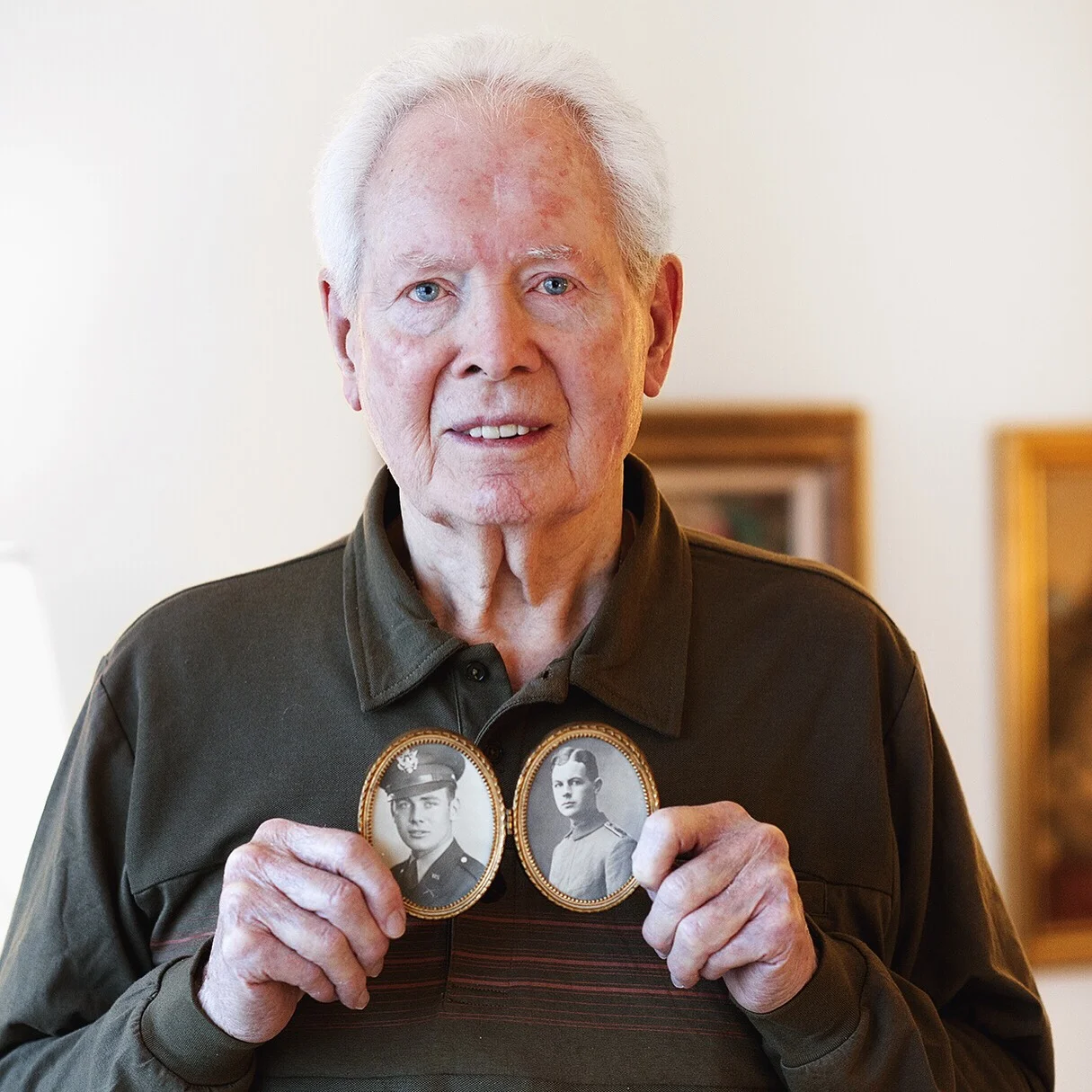
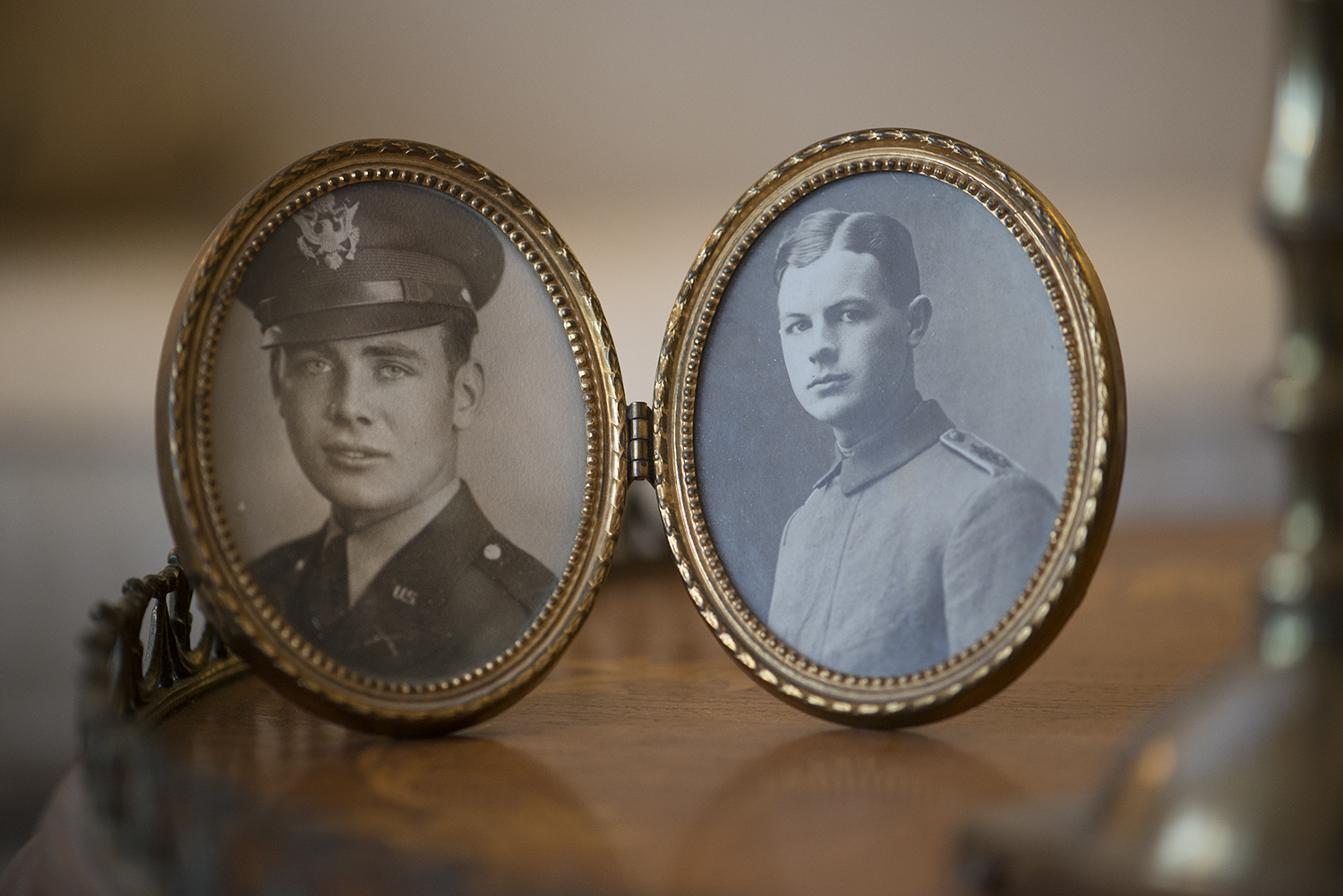
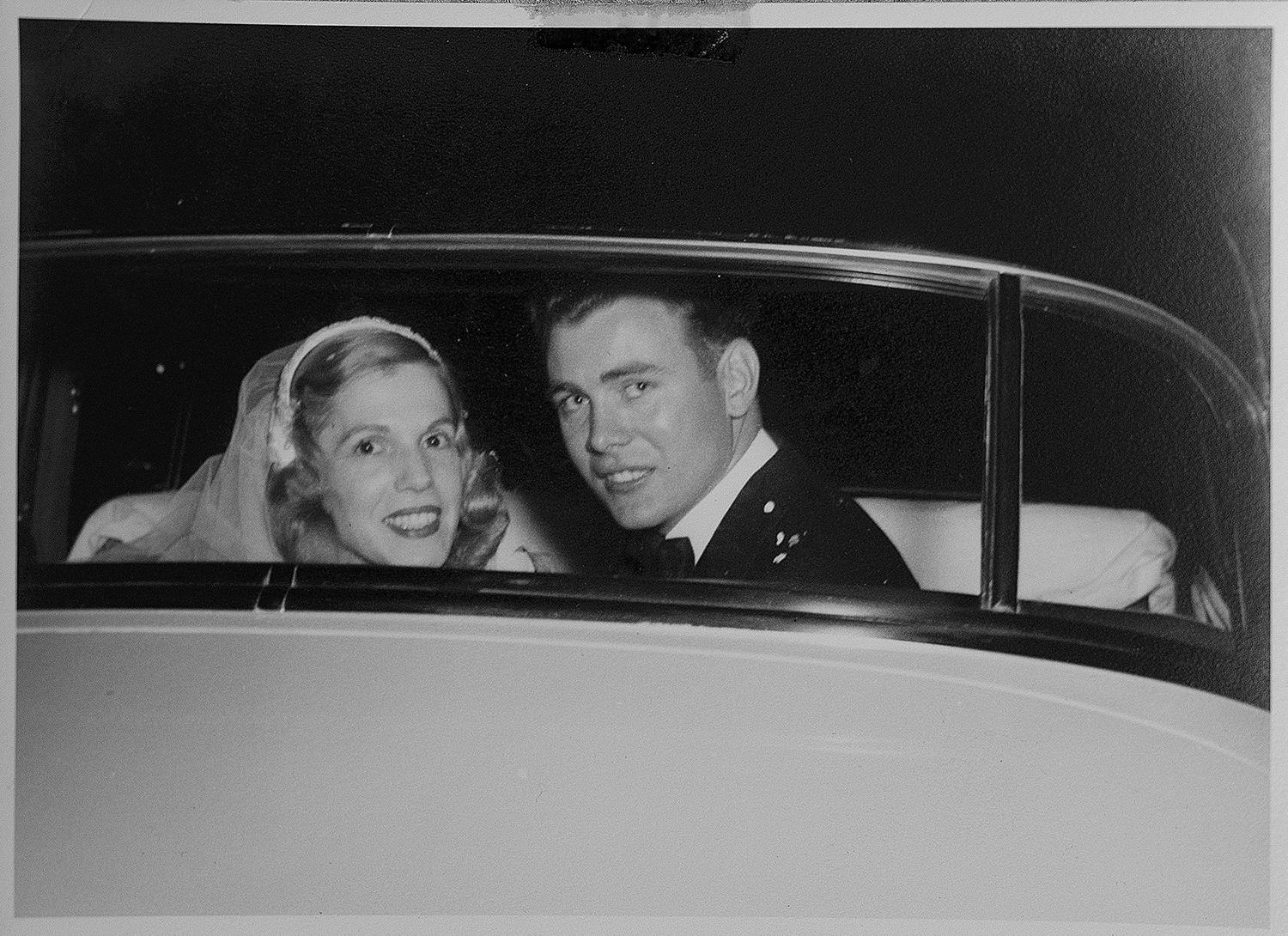
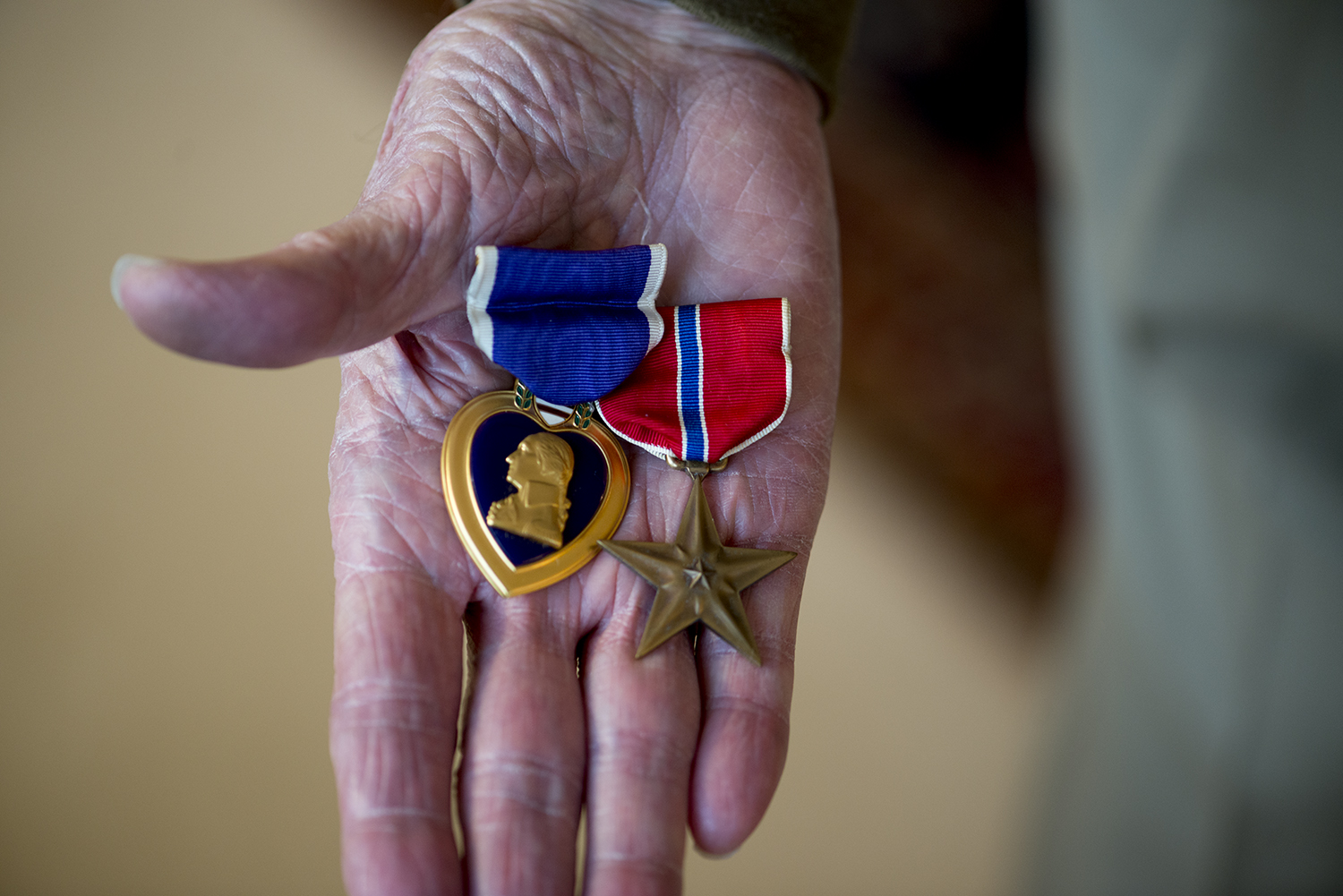
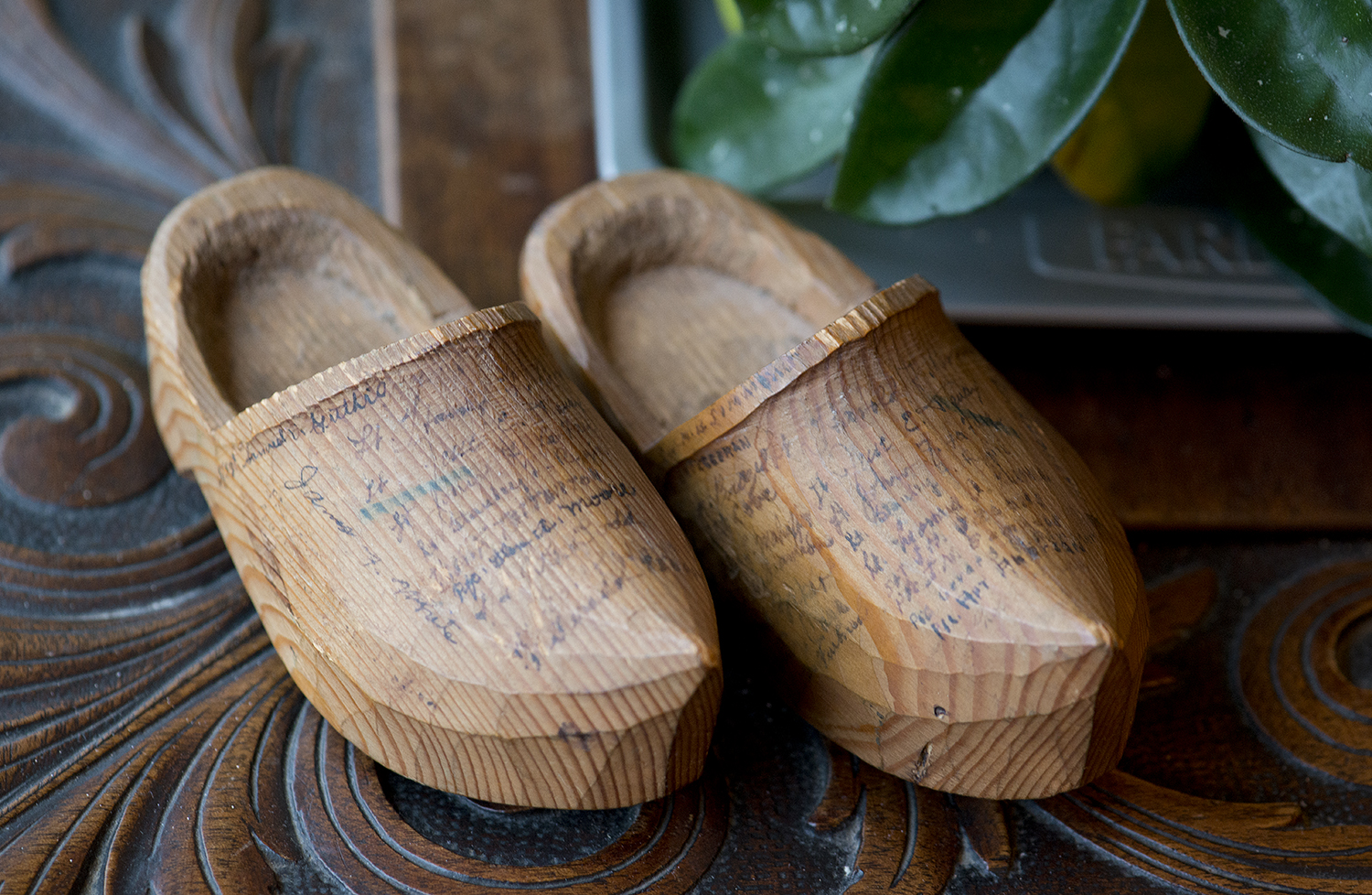
Carl Burger
Tonight we will be sharing an incredible story with you of a gentleman who saw combat in North Africa, Sicily, Salerno and Anzio...
Carl Burger is a 98 year old World War Two veteran who served in the 3rd Division as a medic.“ Can I explain what my experience was like in one word? Hell. It was hell.”
“I was born in 1917 in South Lebanon, Ohio in the doctors office across the street from my house. When I was three years old my dad and I moved to Williamsburg. I’ve lived in this town for 95 years. That’s a long time in one place. I went to school here. The original school house burnt down. When I started the 1st and 2nd grade I was at the old legion hall on main street. In 1925, they had completed the new school on the top of the hill in Berg and I started the 3rd grade there and graduated from there as well. I played for the basketball team and in 1935 we won the county championship, I was captain of the team. I started working in my dad’s meat market with him and my uncle Joe and I worked there until I volunteered for the Army when I was 23 years old, in 1941.
Pearl Harbor was on a Sunday. I was at Letterman General Hospital in San Francisco California where I was receiving my medical training, on the first floor of my barracks laying down. I was just laying there in my bunk and one of the medics from my detachment came running down from the second floor and said that Pearl Harbor had been bombed. I said where is Pearl Harbor? *laughs* So we got the news on the radio and we listened to it for hours. I was actually pretty mad because only a couple more months and I would have been discharged! But with the news of the attack, I knew then that I was in for the duration. Some months later I went into San Francisco and I was at a restaurant and the Japanese shelled Fort Stevens in Oregon. They gave an air raid warning and turned out all the lights in San Francisco. So, here I was in the dark and I knew I had to get back to my post, so I went into the kitchen to the pilot light on the stove and read my bill, paid it and went back to the hospital. My medical training totaled three months.
I got two breaks in the Army and you’d think they were bad but when I went into the Army I went to Fort Lewis in Washington and was assigned to B Company in the 7th Infantry Regiment of the 3rd Division. I played drums so I went into the band. During the day I’d go down and practice my drums. One day I had been practicing and came back to lay on my bunk and a captain came in and saw me. The next day I was transferred to the 15th Infantry Medics. That was my first break. I got out of the infantry and I didn’t have to carry a gun. In 1942 I was selected to go to Fort Benning, Georgia for officers training school to become an officer in the infantry. The next to last day I flunked out. Good luck number two. I had been a second lieutenant, but flunked out and they sent me back to the medical detachment. Luckily both of those things kept me out of the infantry.
In November of 1942 we went over. We sailed across the Atlantic into what was then known as Fedala in French Morocco and we started our invasion and landings there. I never got off the ship. I was on the cargo net climbing over the side of my ship when the German submarines came in and started torpedoing our ships. I saw a torpedo scrape across our bow and it scared me to death. That was too close. Following that, we dropped anchor and ended up being out in the water all by ourselves for two days. Everyone was on edge. We finally came in and landed at Casa Blanca and that’s when I saw the French Battleship Jean Bart. It had been bombed and there was a great big hole in the side of it, she was laying on her side. We docked. I got off and I was in Casa Blanca for about a week until our division was moved up to Rabat on the Spanish Morocco border because we thought the Germans might move through Spain and come into Africa that way. After a month or so we moved up to Tunisia. We arrived at the tail end of the battle for Tunisia so we didn’t see any combat there. We rearmed and sailed from Tunis to Sicily.
We landed in Sicily near Licata and it was rough there. Our landing was made on an LCI, a ship with ramps that go down on both sides. When our boat grounded we went down the left side, the port side, and the Germans started to machine gun us, so we went back up and then back down the other side to avoid getting hit. The water was knee deep, boy we thought we had it made, but the further in we got the deeper it got and the water came up to about chest high. Then the machine guns opened up on us again along with some artillery fire. We moved out of the water and were able to crawl up the beach. We made it across a road and a rail road track. The major, myself and another man leaned up against two straw stacks in this field there, trying to get dried off in the sun and another machine gun opened up on us! It was up along the railroad in a small pill box and the fire hit the guy alongside of me. The major and I dragged him back behind the straw stack. One of our infantrymen was able to make it up behind with a hand grenade and dropped it into the little slit window and that took care of that situation. Later on during our Sicily campaign, we were moving along the northern coast. There was a road running along the shoreline and there was a mountain side there. The Germans had blown the road off the side of the mountain so we couldn’t move our vehicles along it. Myself and Joe Aiallio, who was in our headquarters section, loaded a burrow up with medical supplies and took up on a trail over those mountains. They told us to take plenty of food and water because they weren’t sure what the terrain would be like. When we got to the top there was a natural water spring and fruit trees, so we had plenty of food and water. After we came down the other side we ended up in a dry creek bed. Joe and I crossed it and on the other side there was an embankment and a road about 8 feet above it. We didn’t see anybody and we didn’t know where we were, so we decided to wait a little while. I tied our burrow up to a little bush and sat back against the bank. Pretty soon we heard footsteps overhead on the road, so we looked up… It wasn’t our troops, they were Germans! Boy we were scared. We got back as close as we could to that bank because if they had seen us they would have shot us without question. It seemed like it lasted an eternity. Shortly after they passed, one of our infantry companies came up to where we were positioned. The captain came up and said what are you guys doing up here? You’re way ahead of our lines. We stayed there until they repaired the road to allow our vehicles to travel along it and then we rejoined our outfit. That was the scariest situation I was ever in, I’d say there were probably 40 Germans marching by… Yeah I was scared of the artillery fire I saw in Sicily and Anzio, but with artillery there’s just a boom and its over with.
Our movement across Sicily wasn’t too bad and we made our way up to Palermo and stopped right outside the town. We were sitting there on the side of a mountain and we could see right down into Palermo, but we weren’t allowed to go in and take it because we had to wait for Patton to come up in his tank and go in and take it. He got credit for taking Palermo. From there we fought our way up to Messina and chased the Germans and Italians out of Sicily. Our division was then pulled back to Tripani at the other end of the island. While we were there, the Italians also surrendered. They rearmed and resupplied us and then sent us back up to Palermo. But I remember while we were there we had a tent with a radio inside and we would tune in to Axis Annie, the German. She told dumb jokes, but we tuned her in because she played real good music. We’d sit there in the dark because of the blackout and listen. Well some guy came in and lay down and asked do you care if I listen to your music? We said no not at all. So he stayed there and listened and when he got up to go, we realized it was the General. *laughs* We just treated him like any other G.I. But it was the general who had come in and hung out with us. I’ll always remember that.
The major and I were driving in his jeep, I was in the back of it. We were coming up the hillside road and when we got to the top, ping ping ping… German machine gun fire opened up on us and the major and I piled out and and when we landed my head hit him right on the stomach. Our men ended up flanking the machine gun and taking him out, but boy was that close. I was lucky, I was really lucky. You have to be lucky to get through something like that.
They sent us to invade Salerno next. We fought all the way up to Casino where the Germans stopped us cold. On our way to Casino, it had rained a lot and it was muddy. We were back a good ways from the front line, so me and one of the other guys pitched our tent on the side of this hill to try and stay dry. During this time, the Germans were using their 88’s to shoot down into that valley. You could hear the shell go by and then you’d hear the gunfire. That was interesting. We fought our way up to the Volturno River by Casino. The Germans stopped us there. Finally they brought boats down from up the river and sent the infantry across and they got a beachhead secured. They pushed the Germans back to a hillside. Still we didn’t have any real way to get across. The engineers were eventually able to build a foot bridge across, which allowed us to make our way to the other side. As we made our way up from the river we came up onto this path where some wounded men were and we started carrying them out on litters back across the river to an ambulance that was waiting. After a while they built two tracks for the vehicles to cross on. Using that we got our jeep across to the wounded to load them up and bring them back. What scared us the most was as we started crossing back to the German side of the river we saw a guy pulling a huge mine made with a wooden frame out of a hole in the ground. This was to make it hard to detect. At the edge of that ridge, we brought an 81mm mortar across on a wagon and the mule pulling it stepped on a mine and it blew them to kingdom come. That was real bad. Next they brought a 2 1/2 ton truck up and a mine blew the motor out of the bay and it landed in the back of the truck. The driver and the passenger were blown out through the doors, but they were unharmed. I never could understand how they weren’t injured. The engineers were finally able to clear all of the mines and we evacuated the rest of the wounded. I was the guy that led them through this and all in all we brought out 58 wounded GI’s and got them back across the river. None of them could walk, we had to either carry them or put them on the jeep. Before any of this happened, we were sitting in the ambulance back on our side of the river waiting for the footbridge to be built, we found a fifth of whiskey that the major was issued each month. Let’s just say he didn’t get that whiskey *laughs* If I hadn’t taken a few shots of his whiskey, I don’t think I would have done what I did. But I did and I was awarded the bronze star for leading the evacuation of those 58 casualties.
The abbey on top of Mount Casino was protected from shelling because of religious reasons even though we knew the Germans were using it to direct artillery fire. We were finally given permission to bomb it and we bombed the heck out of it. About that time, they pulled us out and we went back to Naples to be redirected up to Anzio. After the cathedral was bombed, the troops went in there and they took it and advanced. I just felt bad for so many of our guys that went up there. They were just kids, they were brand new , their uniforms were still nice and clean. They didn’t know what they were getting into and we lost so many.
The Army decided to try and land behind the Germans and catch them off guard since we couldn’t break through at Casino. We were supposed to go in and take Rome and cut the Germans off at the Casino defensive line, but there were more Germans there than we had estimated. When we landed we discovered the beaches were heavily mined, there were mines going off all along the beach. I only lost one man, he had his foot blown off. Johnny Collins, a good friend of mine. We went in and actually we had some men reach Rome, but the Germans came up and they retreated. We drew the line and we were stuck there for about 3 months. We got shelled and shot at the whole time, but mostly shelled. They could shell any place on the beach and they did. They had an artillery piece on a railroad car up there on this mountain side in a tunnel and when they weren’t using it to shell us, they’d pull it back in the tunnel so we couldn’t knock it out. Boy, it could reach any place in our lines. You weren’t safe anywhere. The beach docks where we were unloading troops and supplies was a key target for the Germans. It was rough.
I didn’t get gun fire where I was positioned, but we did get shelled plenty. In the medics, you’re not on the front line unless your an aide man. Anzio was the worst place I was at. The foothold we had wasn’t anymore than 5 miles deep. We put our aide station in this house and it was about a mile or two back from the front lines, which if you want to call it safe, you can, but it wasn’t. We were in this house and we slept upstairs because in Italian houses they keep their cattle downstairs and would sleep upstairs. We knocked a hole in the wall of the house so we could get out of there. One of the days while we were stationed there I was out back right outside of that hole and a German shell landed about 30 yards away and I got blown through the hole. It scared me to death. We had a pretty good number of patients coming in at that time and we were taking care of them. Colonel Manning, our regimental commander, had been wounded and was brought in. I asked him if he’d like me to take care of him and he said “No, you take care of my men first”, so we took care of them. After I got through, I came back over and cleaned up his wounds and patched him up. But I’ll never forget that he made sure his men came first.
We also had an ambulance from the 3rd Medical Battalion that we kept in our headquarters section and at night we would get in that ambulance and go up to our aid stations on the front lines and pick up the wounded and bring ‘em back. We’d only do that at night. I remember one night we went up to the 3rd Battalion and the Germans sent their artillery in to level it out. They shot down the highway our guys were set up along. The shell would hit the highway, bounce and spin past us…man that made the worse noise you’d ever heard before, it scared the dickens out of everybody. But luckily it would usually bounce right over the top of us.
There was another aid station we were sent to that was set up in a dry creek bed. We dug holes in the banks that were deep enough to sleep in. We had a patient on a litter in a tent and I was put with him that night. During the night a shell landed right outside of the tent and I ran for one of those holes our guys were sleeping in, in about a second flat. I felt sorry for leaving that guy on the litter, so when the artillery stopped I went back out there and stayed with him the rest of the night.
They pulled us out and we were sent back down to the beach where we dug in. Our holes were about 4 to 5 feet deep and surrounded by sandbags to keep the sides from caving in. There was a field kitchen for hot food and they showed us movies there, believe it or not. A white sheet had been stretched between two trees to make the screen and they had a projector set up. After the movie finished I started back to my hole and the Germans started shelling us. I ducked back behind a sand dune and waited until they got through shelling and then I ran for my hole. You dug a hole where ever you were… no matter what, you dug a hole. Those poor infantry guys… I felt so bad for them. They’d be up in the front lines and the only time they got out of the hole was at night to stretch. They’d come back after being relieved and they’d be dirty and wet, with beards… We’d take care of the wounded. Those poor guys.
I remember up in Anzio the Germans had shot down one of our fighter planes and the guy parachuted out… I have to laugh…*laughs a bit*…. and he landed between the lines. We had our red cross on our helmets and we were down in our slit trenches and one of our guys put his helmet up on the ground to let the Germans know he was a medic so he could go out there. But they shot the heck out of his helmet. He was finally able to go out and get the pilot and when he got back to our trench with the pilot, you’ve never seen anyone as scared as that pilot.
In ’45 the war was finished. One morning I was told to get ready to be shipped out and that I was leaving in two hours. Well, I was ready in 15 minutes *laughs* I left everything there and all I took was my backpack, the clothes I had on and the small amount of valuables I had. I got on the truck and headed down to the docks to get on my ship. Boy was I glad to get out of Anzio. It was really rough.
When I arrived back in the states I was sent to Fort Benning and given a job at the bomb disposal office. It was light work. The bomb disposal unit was made of three men and one officer, disarming bombs and mines. I always hated it because you’d get to know those guys and they’d go out and that would be the end of them because a bomb would go off while they were disarming it.”
Carl was honorably discharged on the 15th of August, 1945 at Camp Atterbury, Indiana and returned home.
“I wouldn’t give a dime to do it over again, but I wouldn’t take a million dollars to not have the experience.”
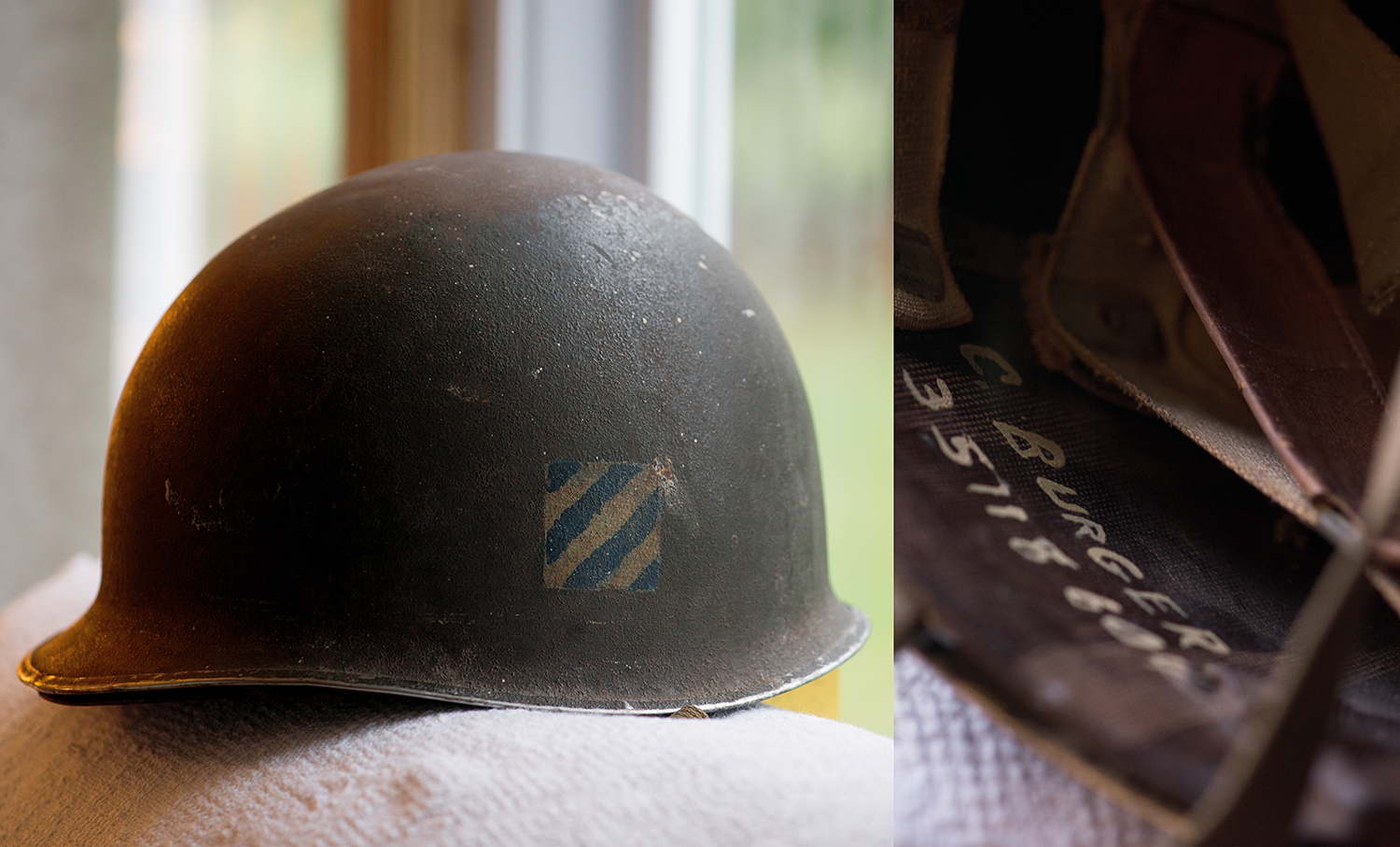
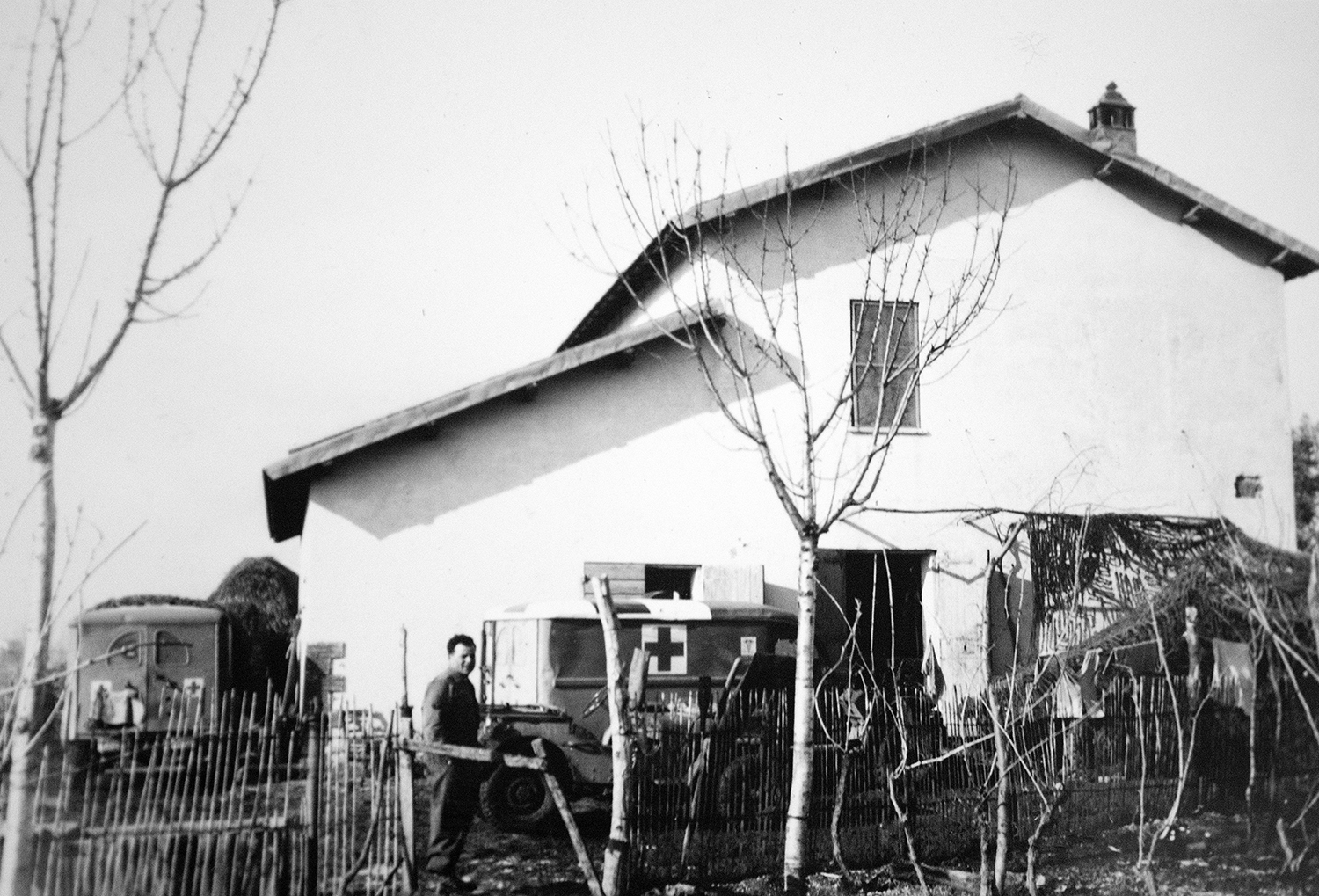
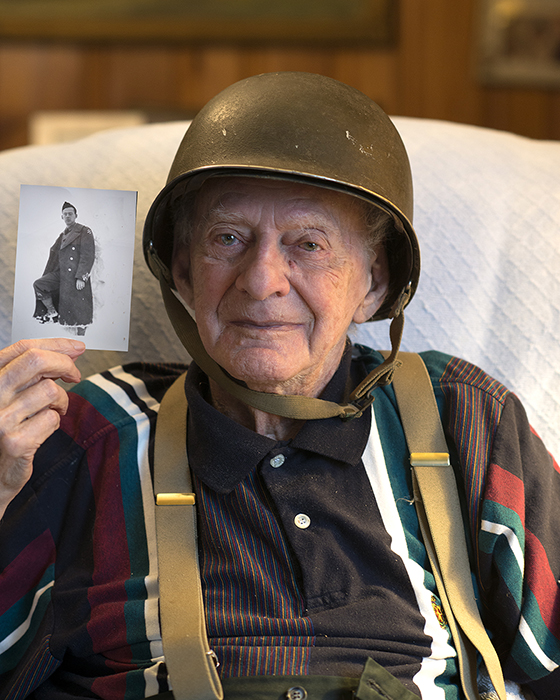
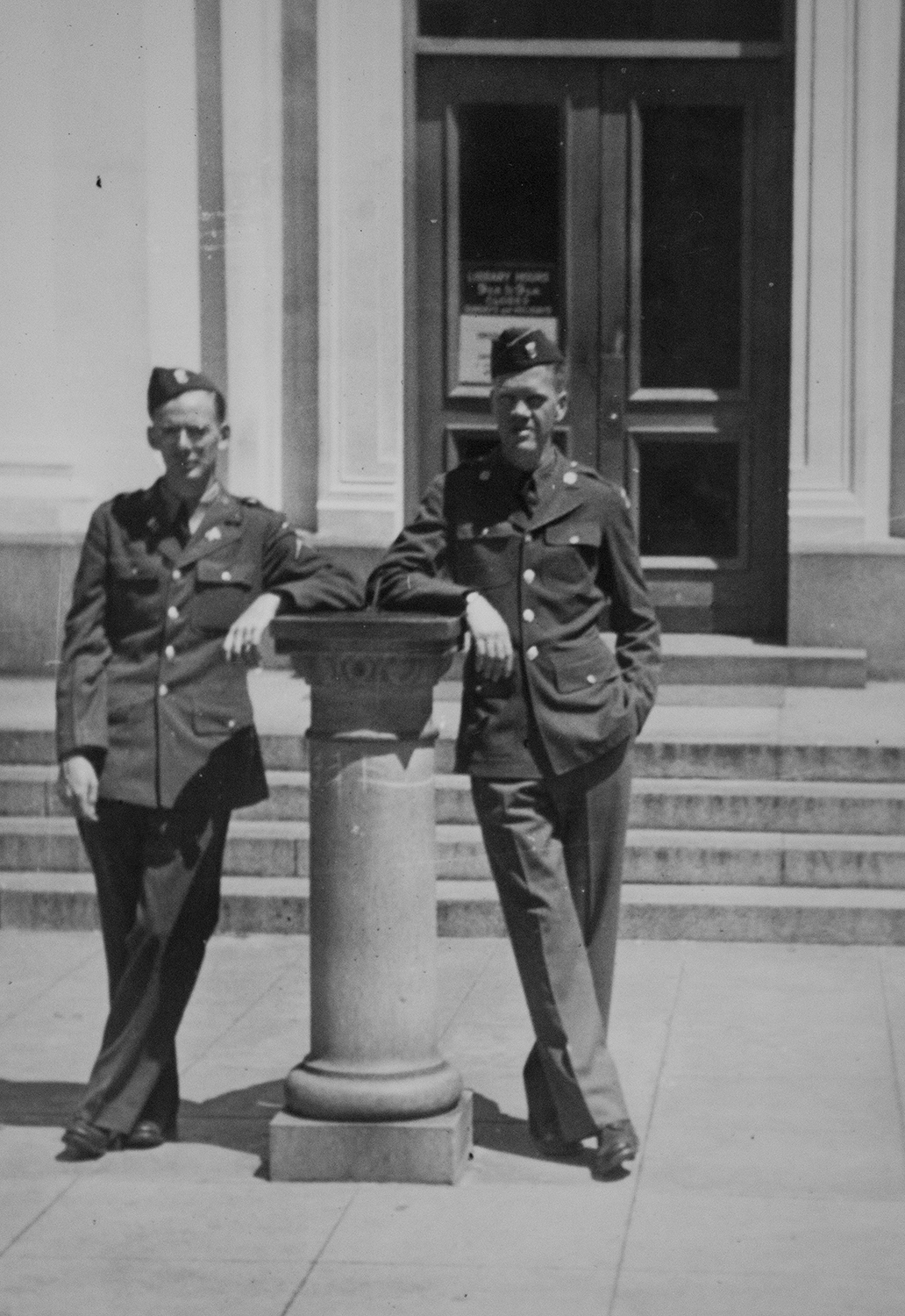
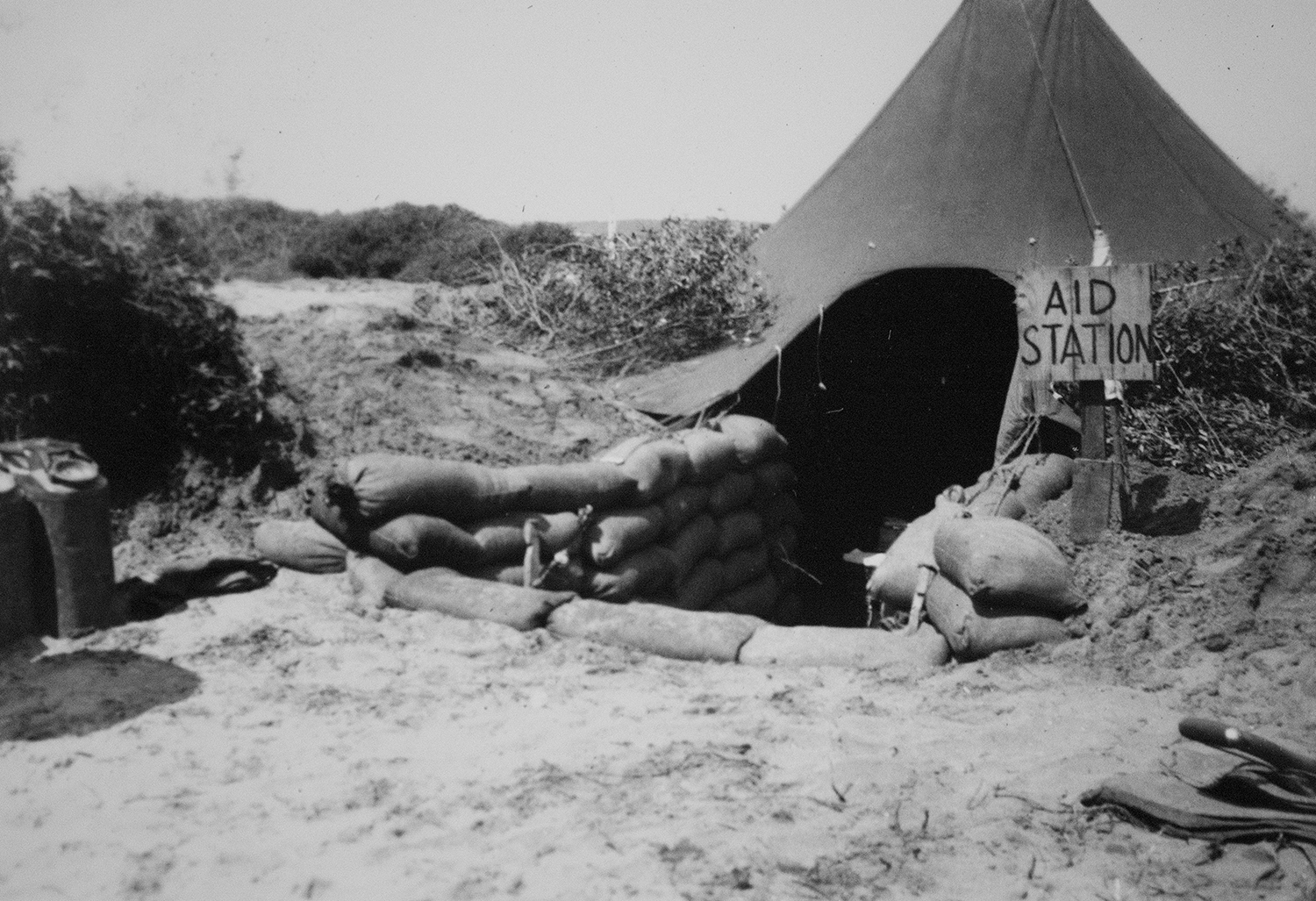
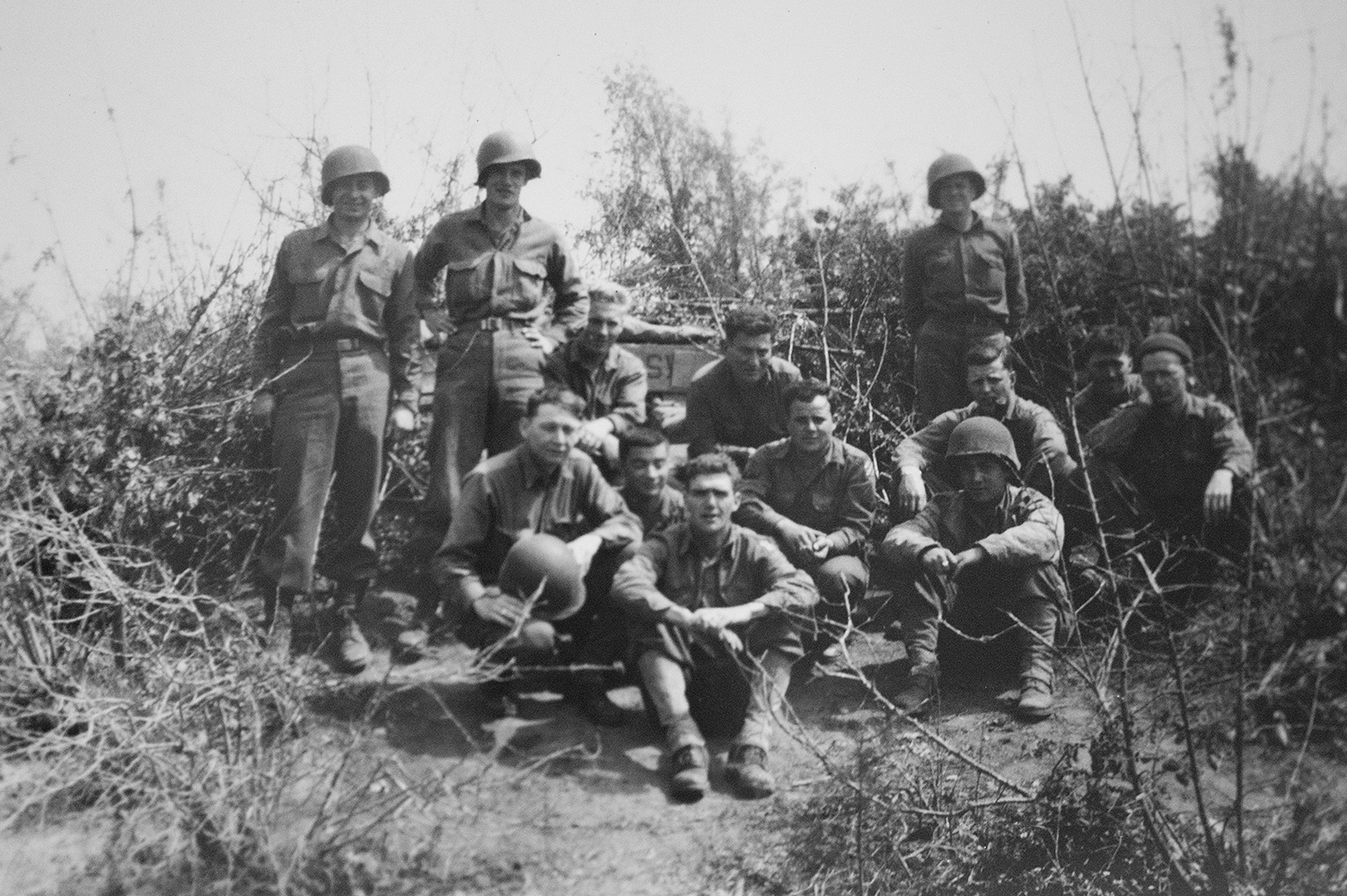
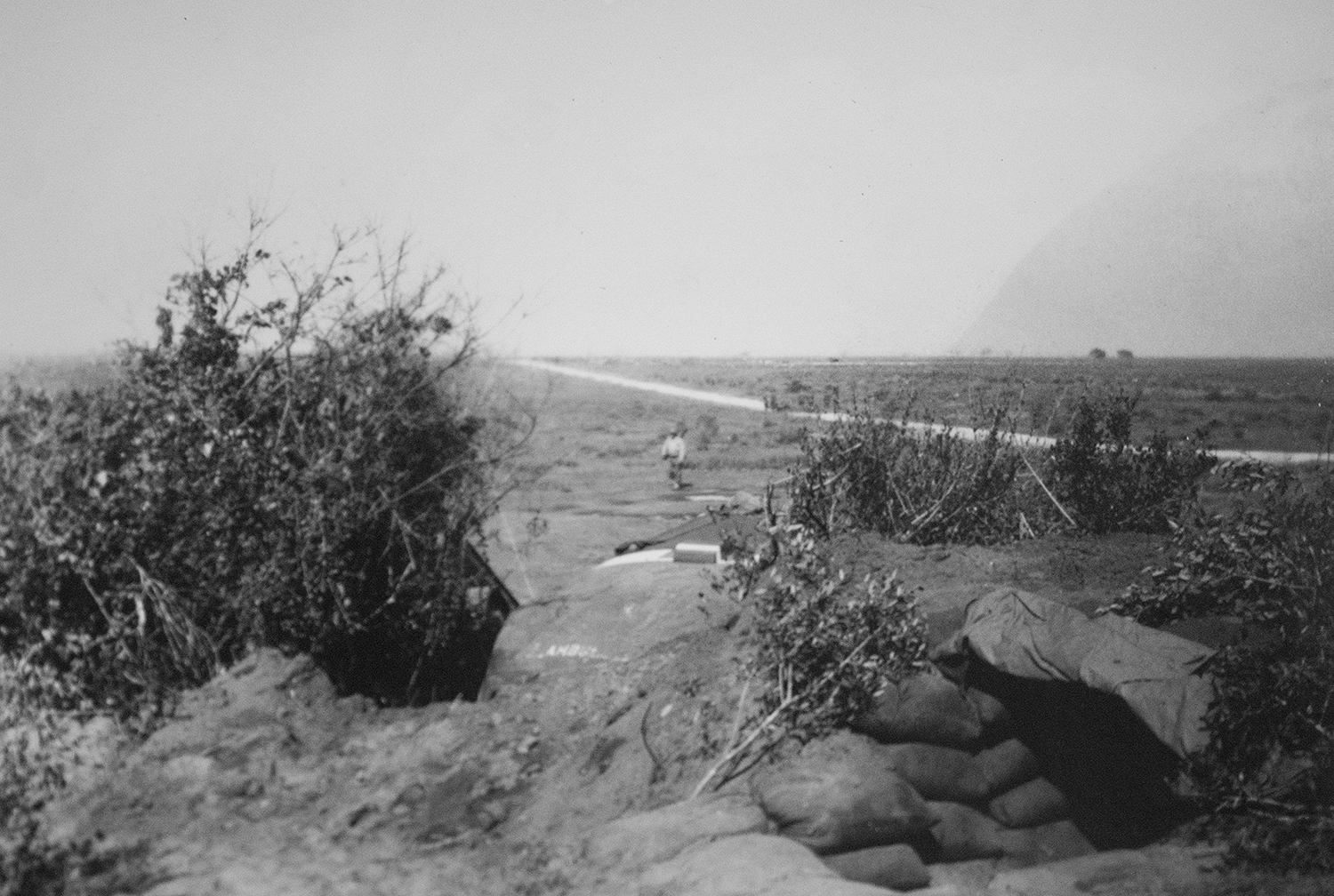
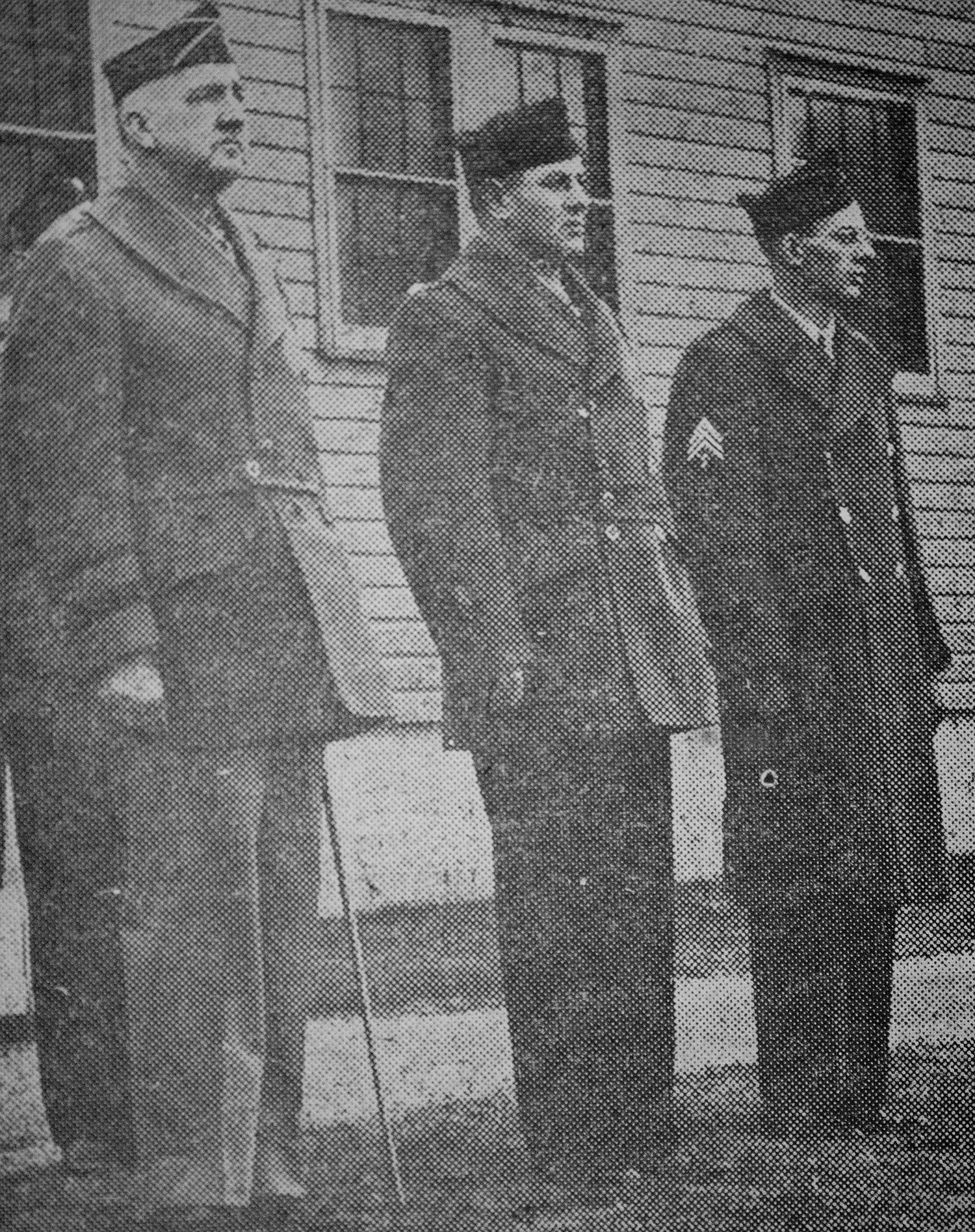
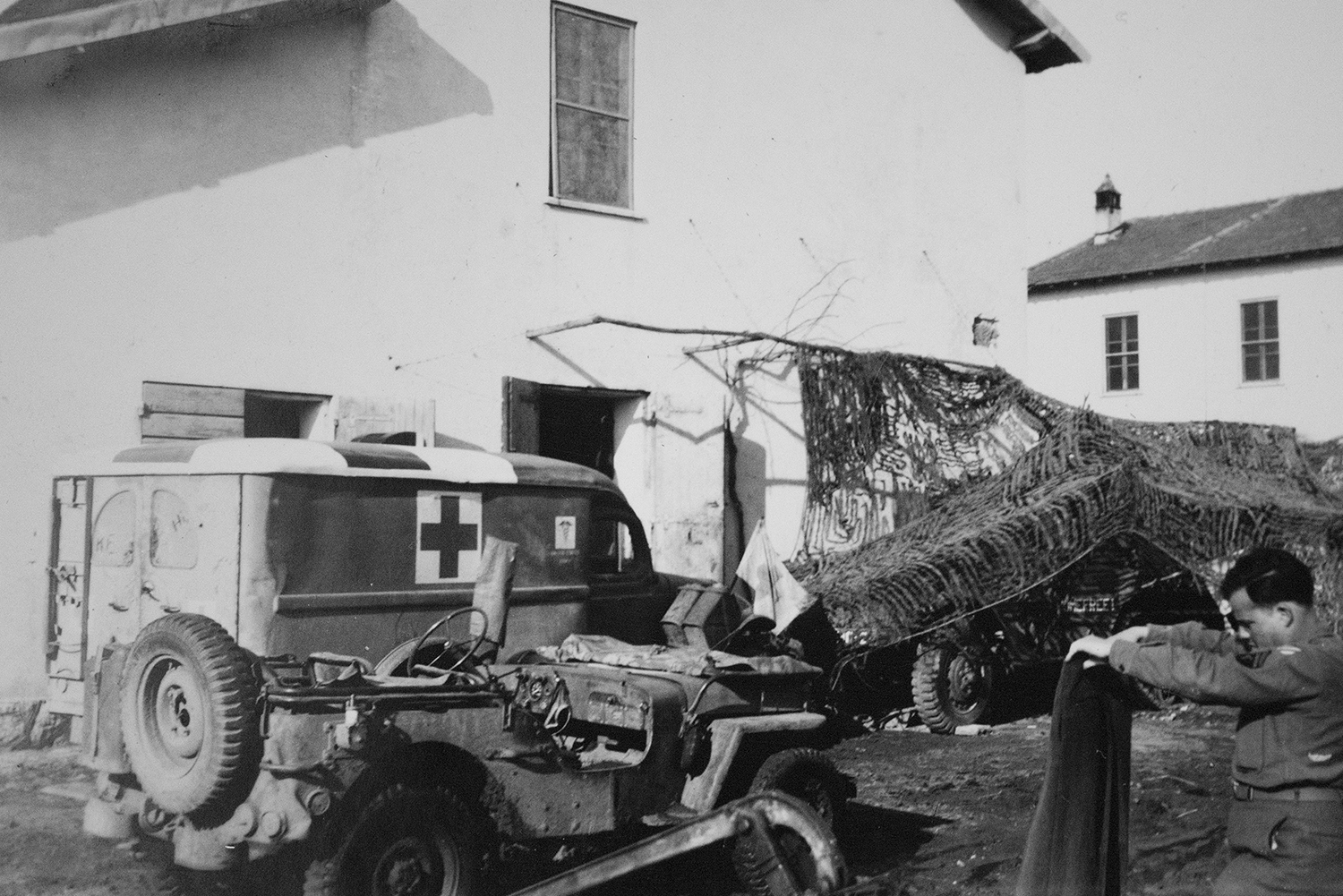
Orville Barber
Orville Barber was born on the 7th of August 1925 in Somerset, Kentucky. He grew up on a farm with his family and attended school at the local grammar school and high school.
“I was drafted into the Navy after Pearl Harbor. I didn’t like when the Japanese attacked Pearl Harbor, nobody liked it. There were a lot of people that were disturbed when they heard the news. It was just awful.” Orville arrived at the Naval Recruiting Station in Louisville, Kentucky on the 13th of October 1943 where he received his military indoctrination and physical tests. He was given the rank of apprentice seaman at this time. On the 21st of October 1943, he went by train to the United States Naval Training Station in Great Lakes, Illinois where he went through bootcamp training. “ I was put on an amphibious assault boat and we had our training out on Lake Michigan.
“When I was stationed in Florida at Fort Pierce, we would take the Army out on the boats and train coming in onto the shore and landing. We trained them and trained them and trained them. We were the delivery boys.”
“I left out of New York City on an LST and crossed the Atlantic to England. It was a slow trip and we had a whole load of everything from men, to supplies and vehicles. We stayed watch all night long on that big old ship boy… until somebody else would come along and relieve ya. It was a long trip, but we had to go hunt Hitler” *laughs*
“When I arrived in England, I was stationed in Portland-Weymouth, England.” Portland Harbor is the second largest man made harbor in the world and during the war in 1944, the harbor itself along with Weymouth was a very important and major embarkation point for American troops during D-Day, particularly the Army’s 1st Division, which had the destination of Omaha Beach, a complete slaughter. This is where Orville left on the night of June 5th in LST 350 for Hitler’s Atlantic wall. He was part of LST 350 and landing craft crew #71 with three other men. “We had 6 boats hanging off of the side of our LST and tanks, 2 1/2 ton trucks and supplies down below deck. We stood up on deck all night while we crossed the channel. I had three guys with me, a mechanic and two guys up by the ramp. I was the driver. On the morning of June 6th, we were heading towards Omaha Beach. I took those boys in, dropped them off and then high tailed it back to the ship for another load to reinforce the first group and we just kept doing this. We put them up on the beach and they did all of the work. I didn’t protect nobody, I got my butt out of there and got them some more help. I don’t remember much about the gunfire from the Germans though, I just know that we were there to get the job done.” Orville was also a stretcher bearer, carrying wounded men off the beach and back to hospital ships. His crew also ferried in supplies during the days following the DDAY invasion. “We had to get fuel up to the beach for our jeeps and tanks, so we could push the Germans back!”
Later on in 1944, Orville’s unit was stationed in the Albert Canal. “During the Battle of the Bulge, we had our boats set up on the Albert Canal in Northeast Belgium and I was ordered to set up a .30cal machine gun in a building that was alongside where the boats were. There was supposedly a lot of Germans around in the area at the time, but I never saw any.” The canal connects Antwerp with Liège, which made it strategically important. The Germans ended up pushing within 10 miles of Orville’s position. Had they broken through like they had planned and made their way toward Antwerp, Orville and his unit would have had some serious problems to deal with, but luckily the Allies stopped the advance and pushed the Germans back.
On the 23rd of March 1945, the American artillery began at 1am and the airborne started dropping behind the German lines. Then the assault boats started over. “We crossed the river, dropped the ramp and those guys went to town. It was rough going. I went back the other way.” While the Navy assisted in the crossing of the Rhine in their LCVP’s (landing craft vehicle, personnel), they also brought back 200 American wounded and 2,000 German POW’s. At the same time, the corps of engineers were building pontoon bridges to increase the flow of troops and armor across the Rhine. Orville helped with the building one of the pontoon bridges. “We helped build the pontoon bridges because we knew if we didn’t get more men across the river, the airborne would be in trouble.” The bridges were completed and the crossing of the Rhine was a success.
Orville arrived back in Brooklyn New York on the 20th of May 1945. “I had my M1 rifle and they told us to put them all in this barrel. We were at a cap you know. Take your guns and put them in that barrel they said. I got to thinkin… I’m going to take that home with me. And I did. *Laughs* I had it in my seabag. I fixed my bag up, I took that gun and stuck it down the middle of my seabag and wrapped my clothing and other supplies around it. We weren’t supposed to do that! The morning we got to New York, I went up on the dock and saw a huge pile of seabags and finally found mine. I went to breakfast and came back out on deck and looked around and looked around. They didn’t have anyone checking us out, so I grabbed it and brought it home with me *laughs* That was a good one there. Three days later he was in Nashville Tennessee for his honorable discharge out of the Army. He then returned home to Hale, Kentucky by train.
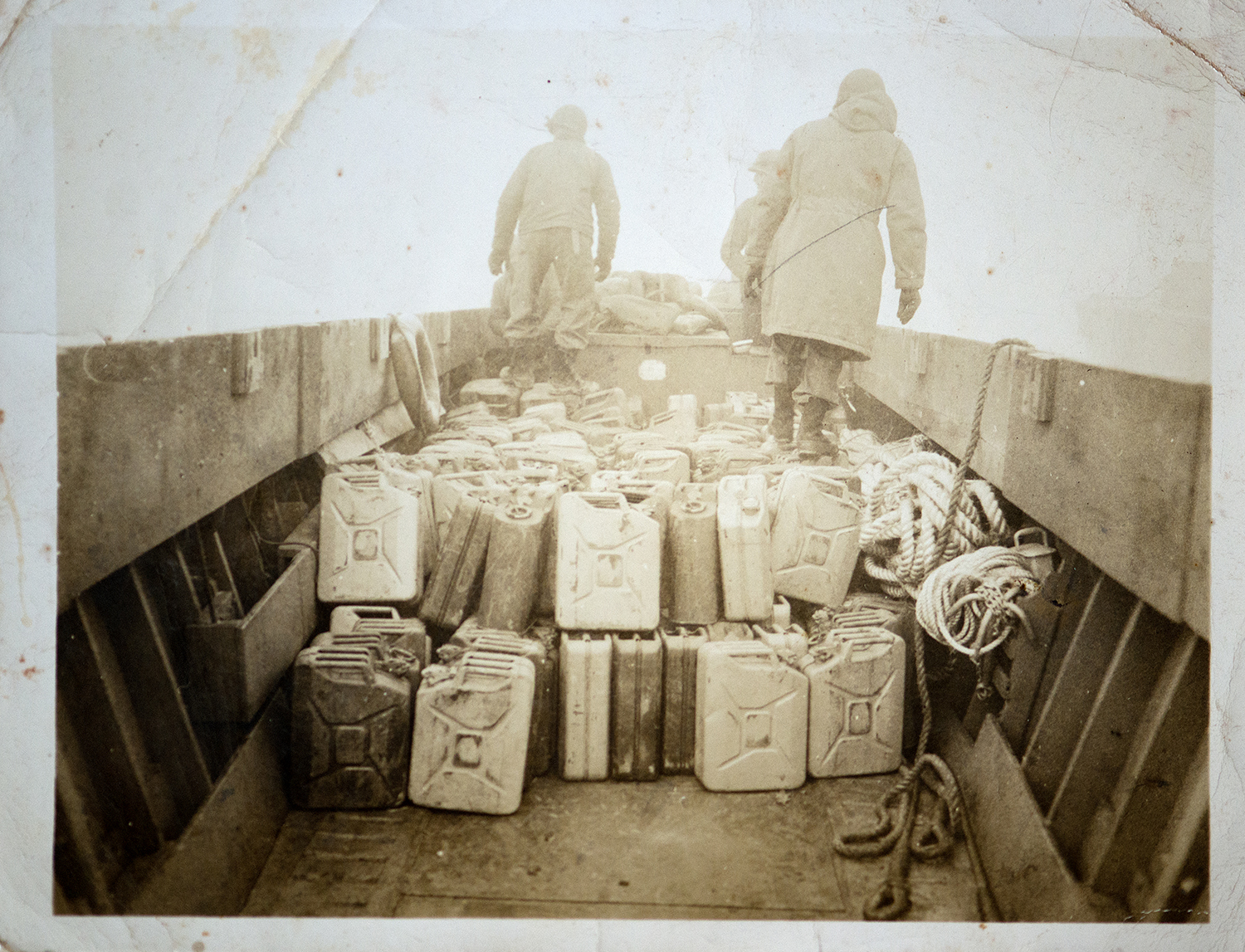
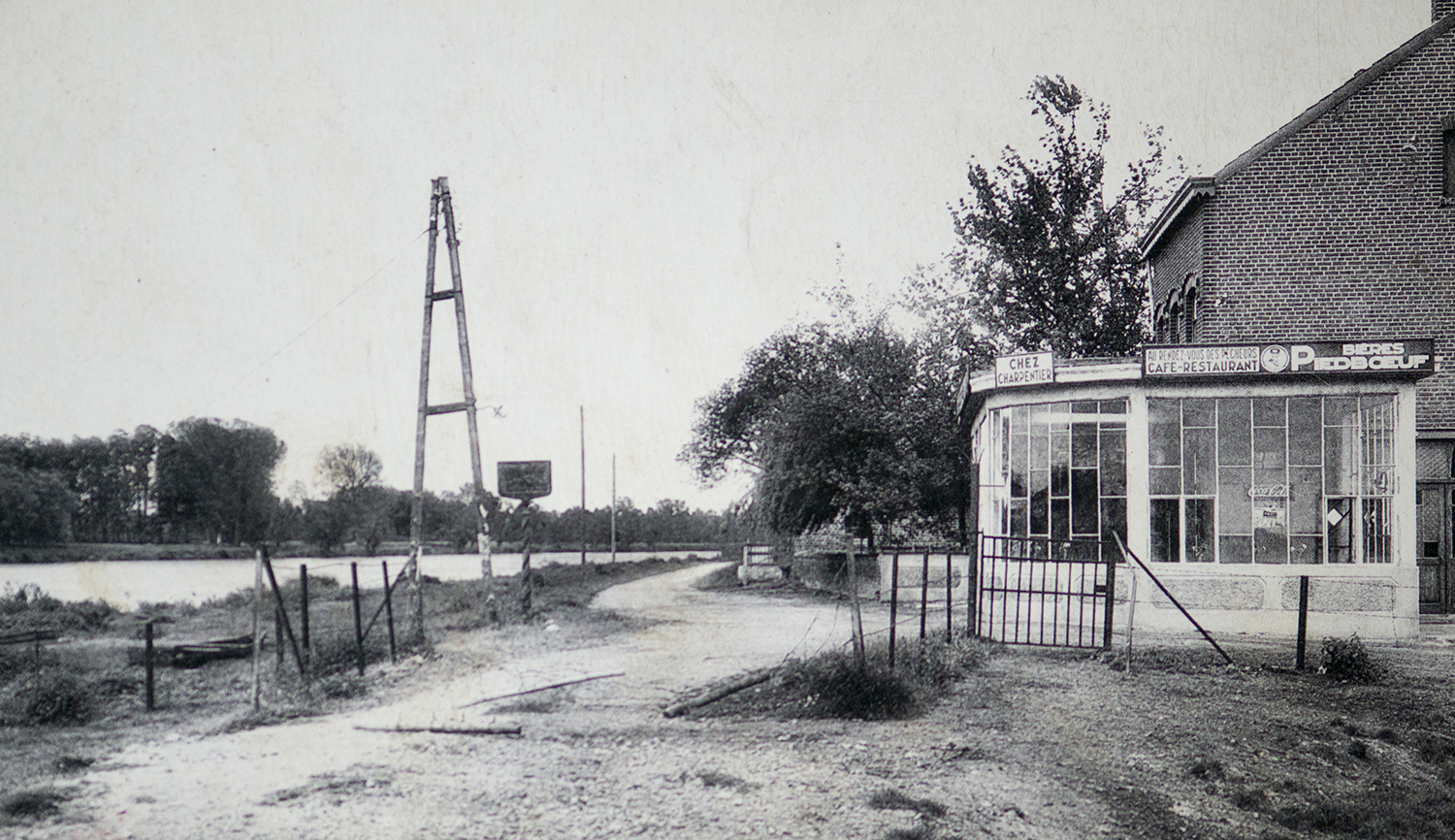
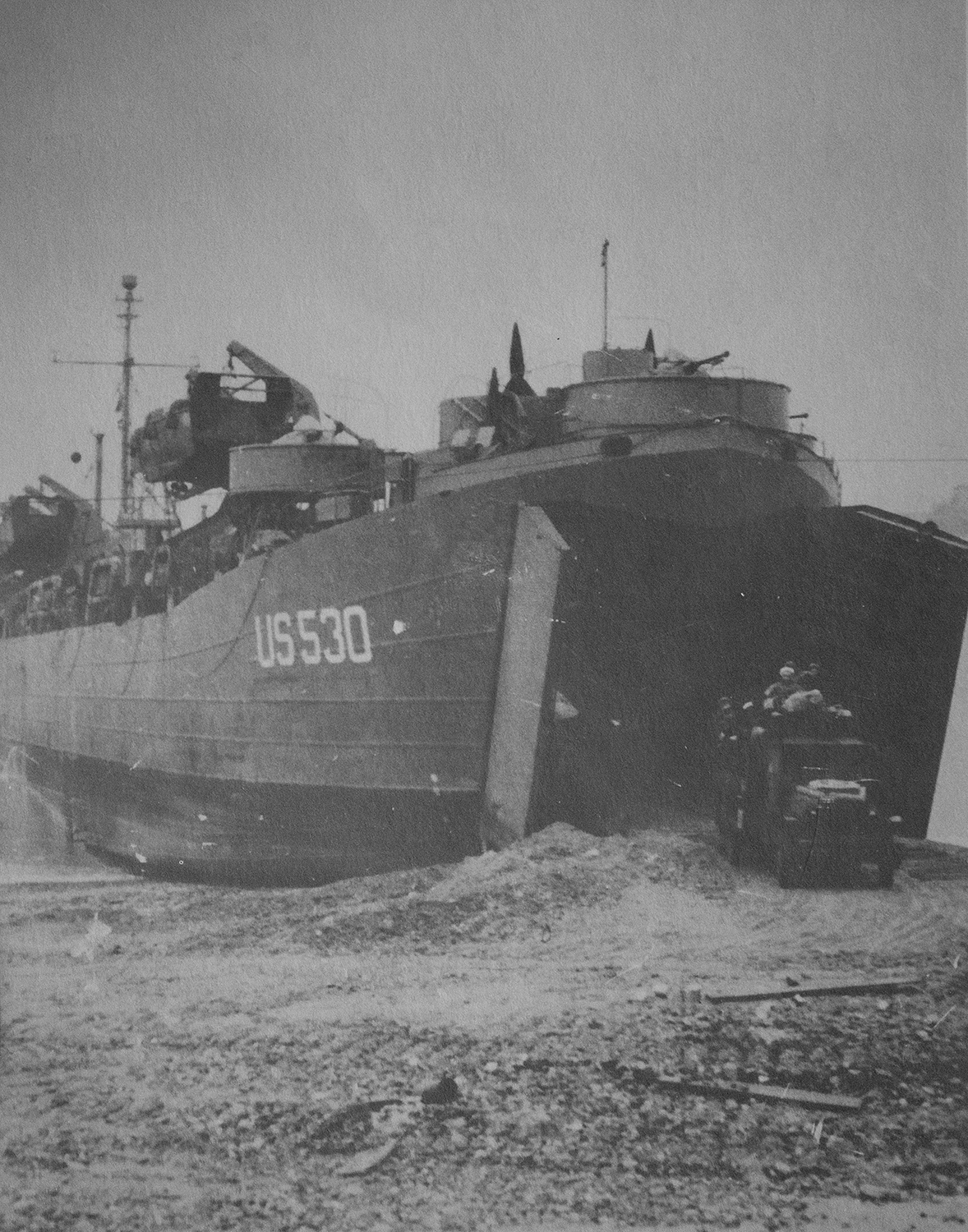
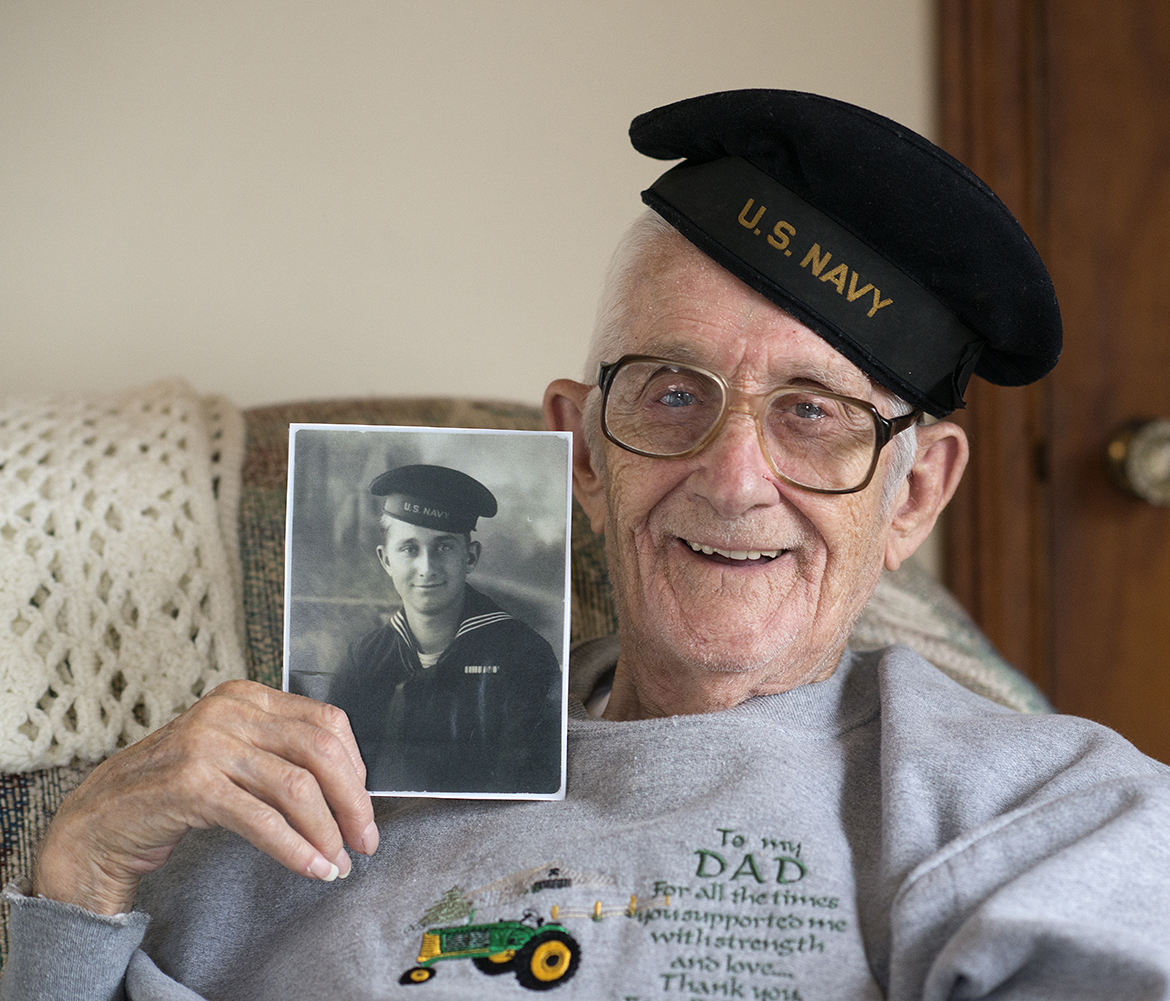
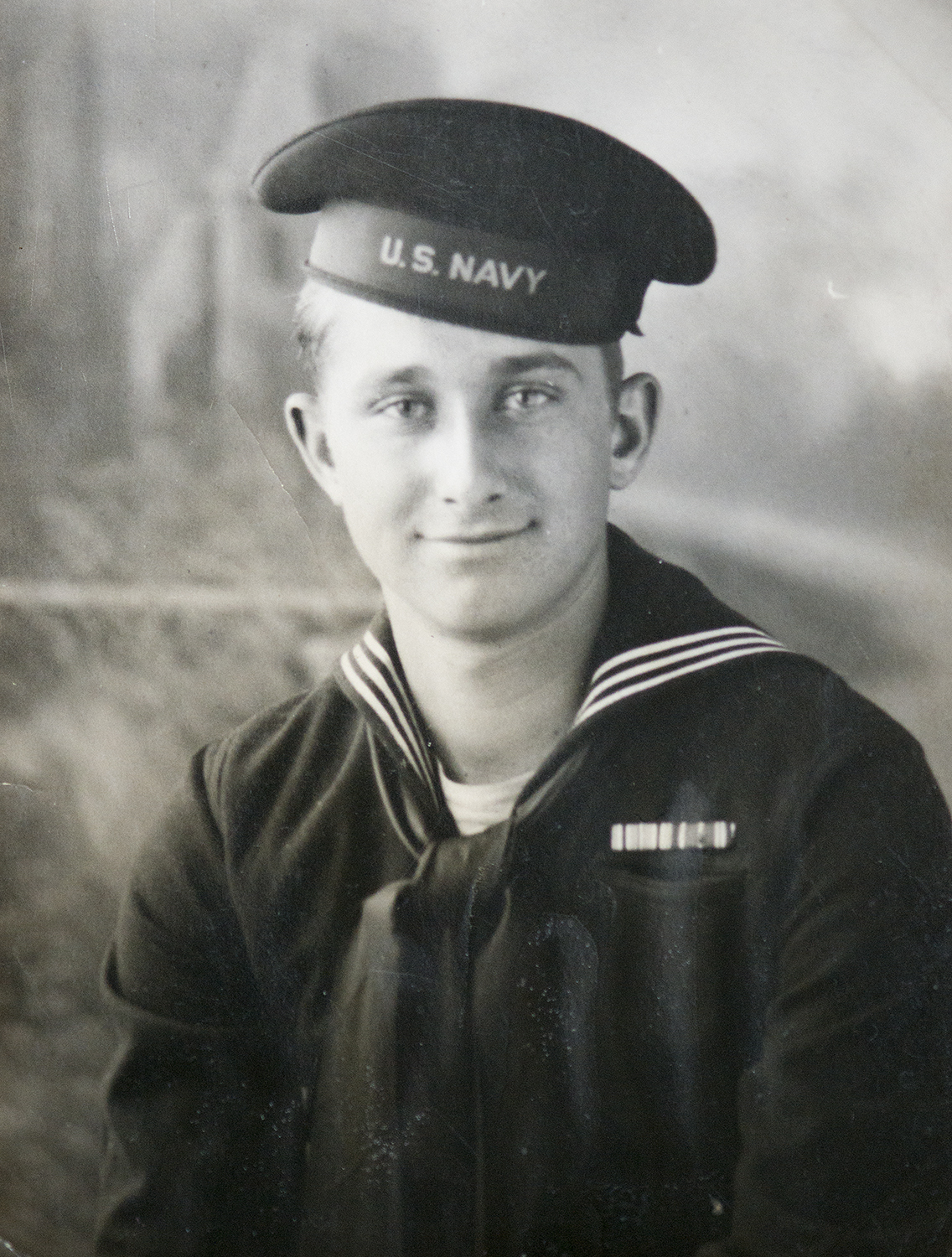
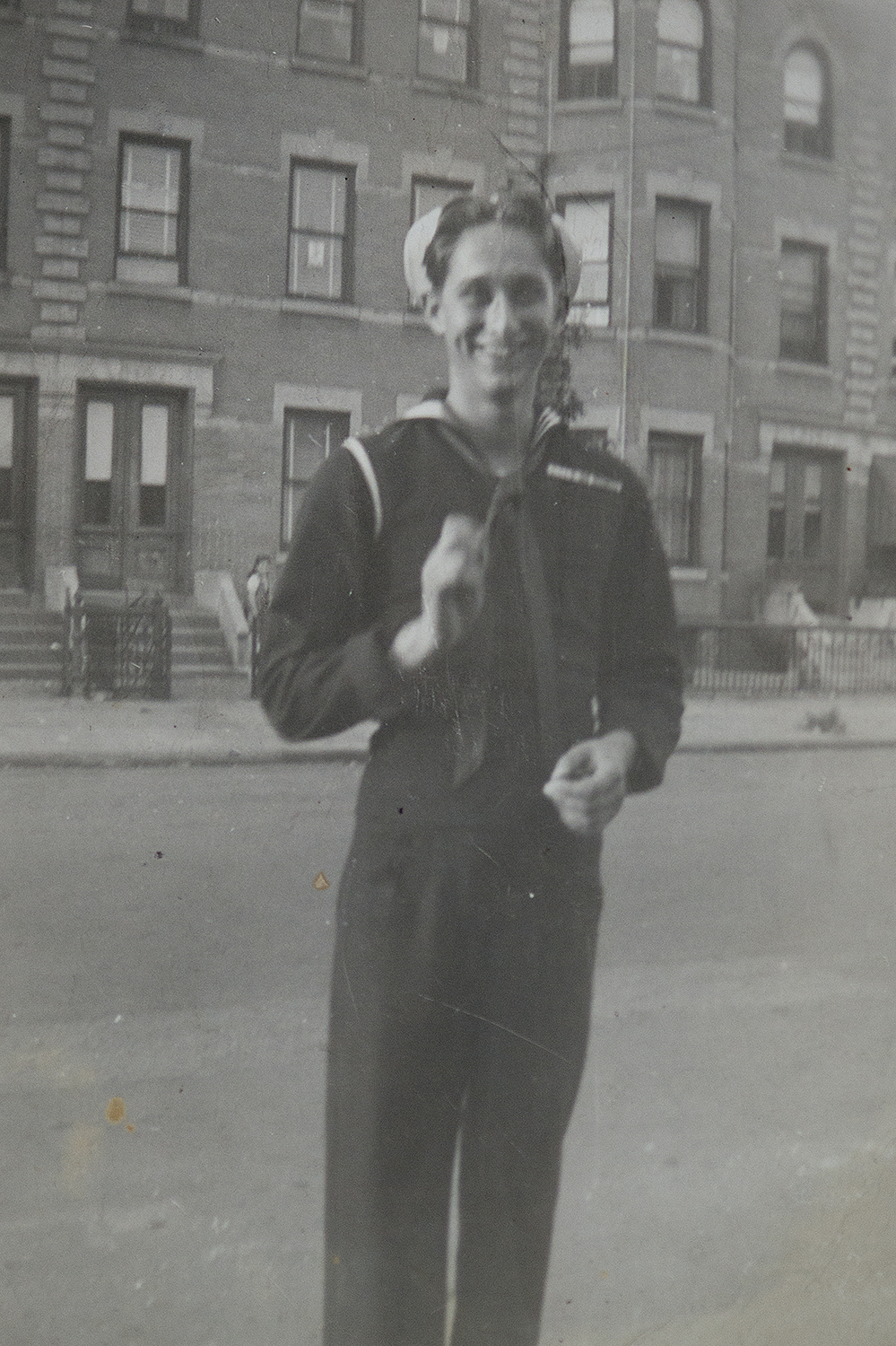
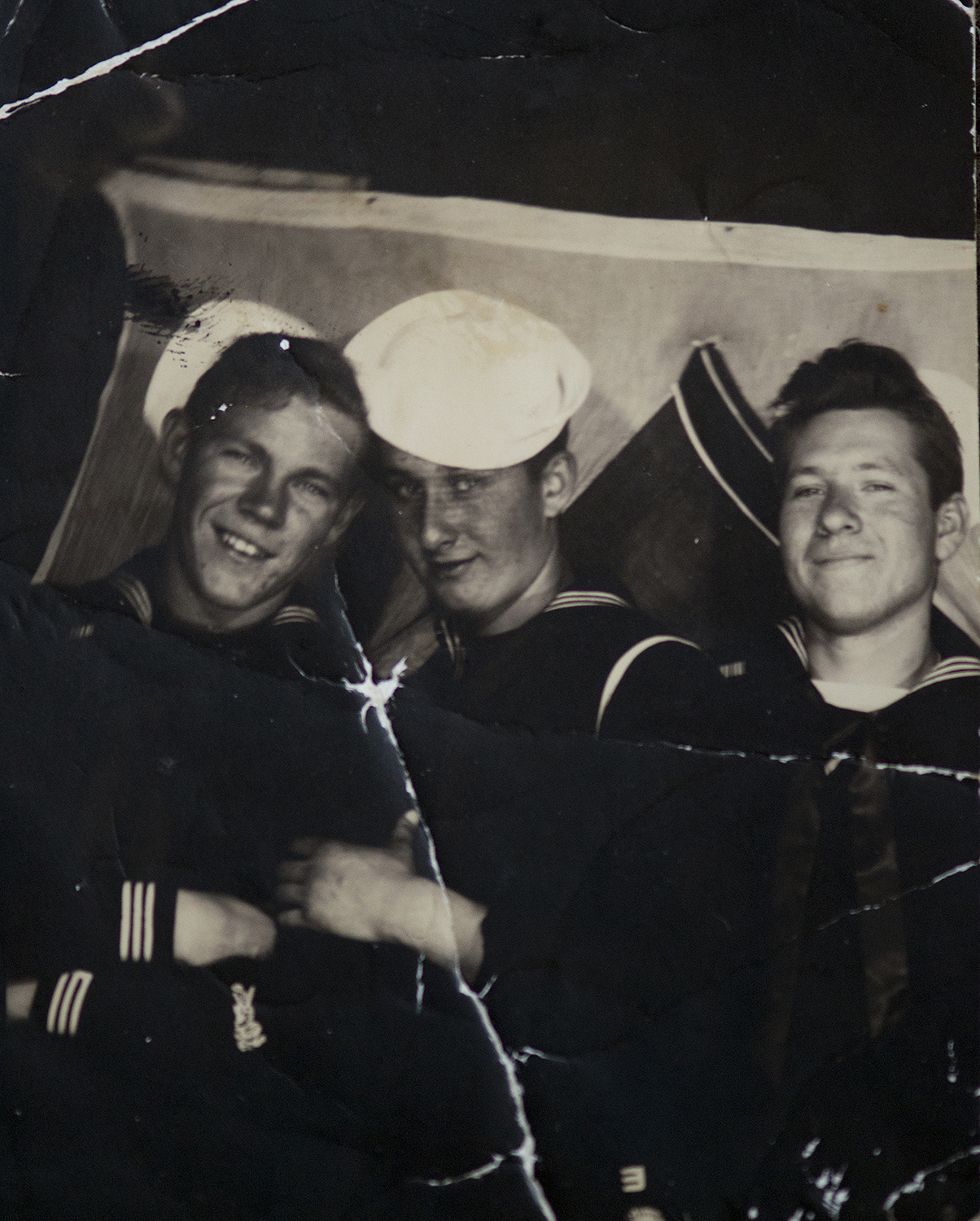
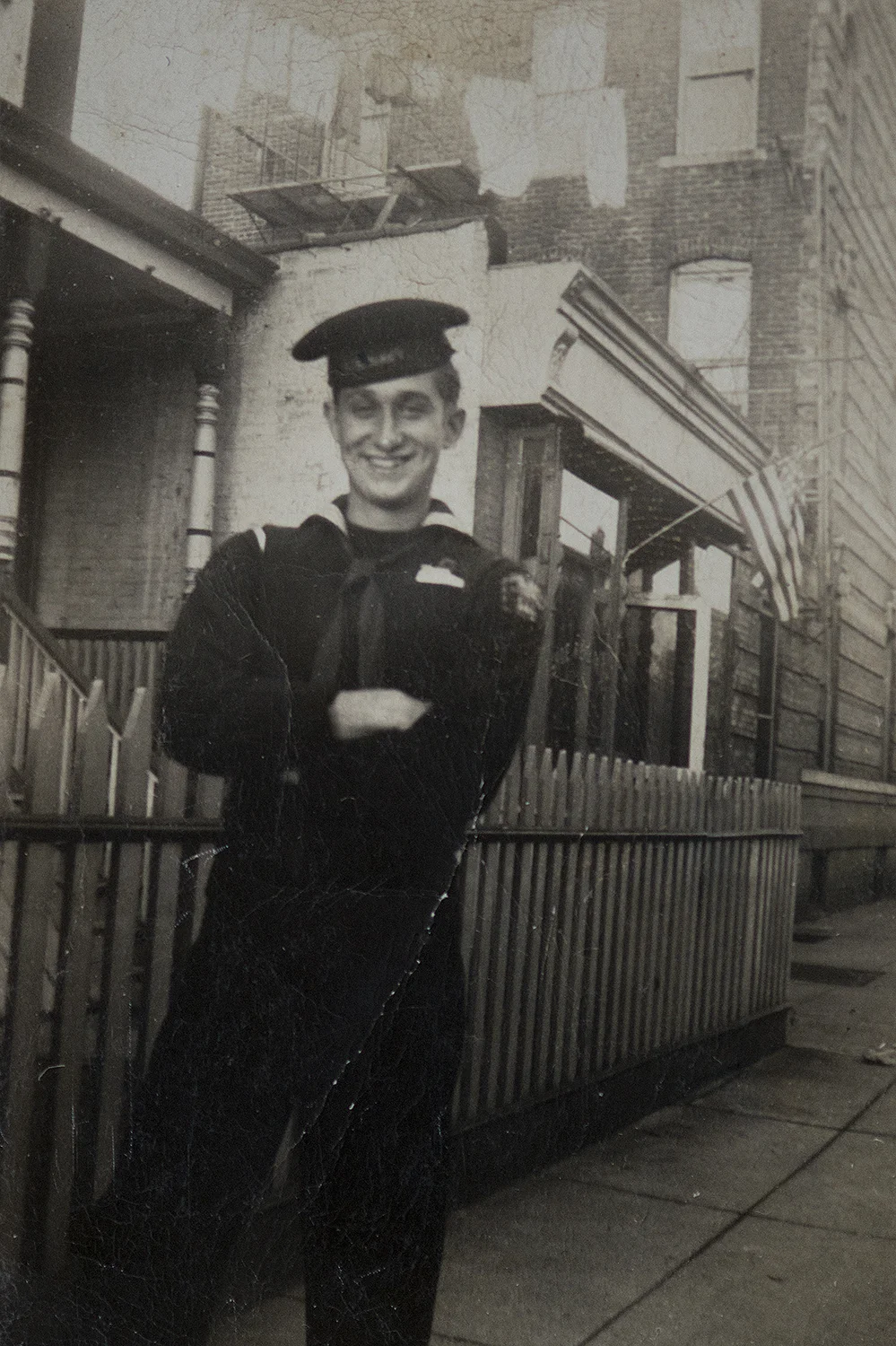
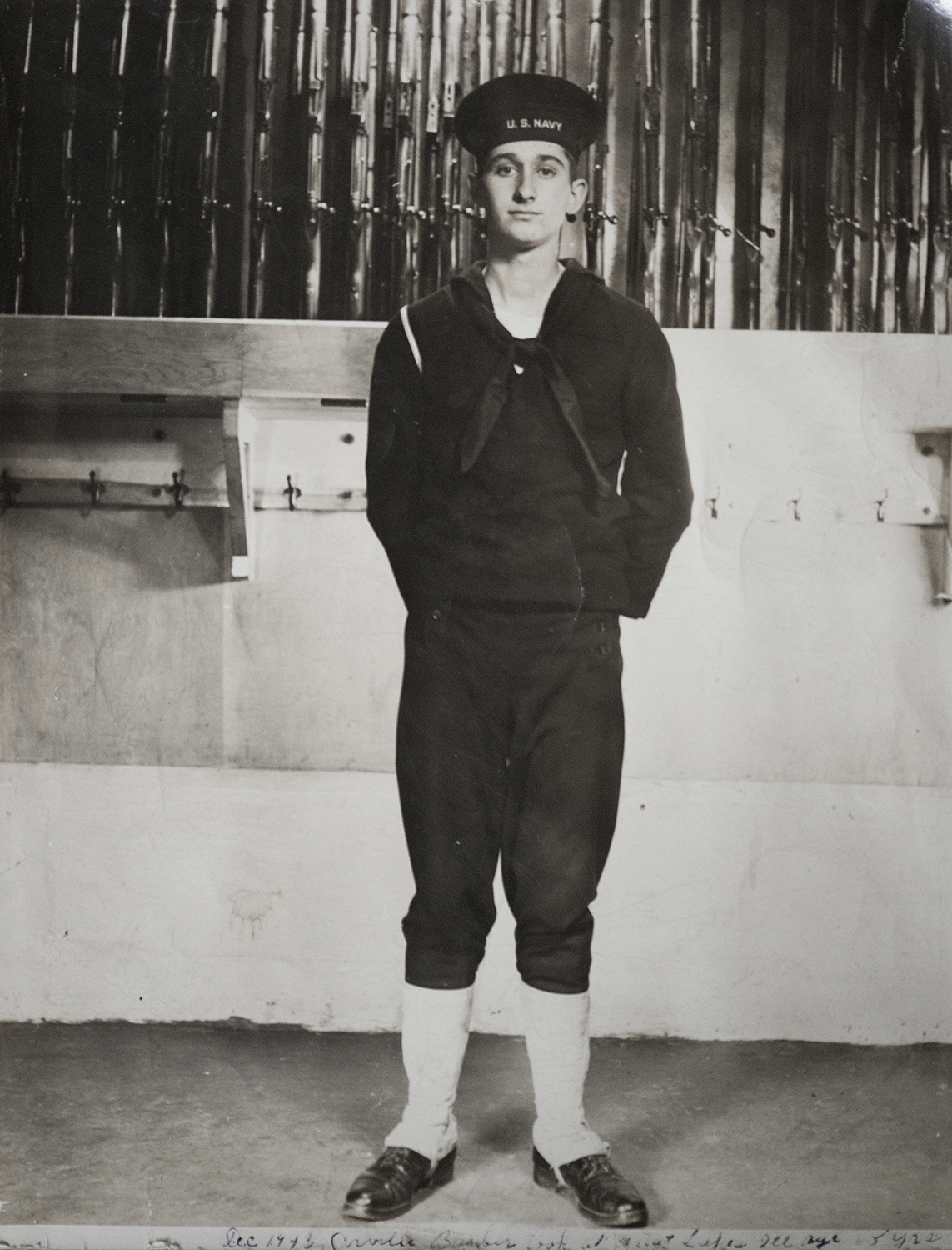
Richard Smith
"I was born in Columbus Ohio in 1925. My parents were older than most kids, my dad was about 48 years old when I was born. He had served in the Army during World War One. He enlisted and served during the war for two years and then reenlisted for three more years following the end of the war. Dad’s health was not good, so my mother went to work for the state, so we didn’t have a big income or anything like that. We lived in a 4 room flat and the bathroom was in the basement, but we weren’t as bad off as some people were during the depression. I remember reading stories of some who had virtually nothing, lived in shacks or had to deal with the dust bowl.
I was 16 years old when Pearl Harbor was attacked. I remember that day like it was yesterday. It was December 7, 1941, a Sunday afternoon and I was at church having choir rehearsal. We had just started working on Christmas music. As soon as we walked out of church after rehearsal, a brother of one of the other choir members stopped us and said Pearl Harbor had been bombed. I knew where it was, my best friend knew where it was, we knew it was in Hawaii, though many didn’t. We knew we were now at war. My friend had his dad’s car with him and he had to run an errand, so I rode with him and we listened to the radio there for a few minutes and decided we should drive into downtown Columbus to see what was going on down there. It was very quiet, there wasn’t anyone on the streets. Of course on Sundays all the stores were closed so it was never very busy. So he took me home. I remember walking in and my folks were there in the living room reading the newspaper. They seldom ever had the radio on during Sunday afternoons because they didn’t like the programs that were on. I walked in and said, “Have you heard? We’re at war!” I don’t think I’ve ever seen my dad move as fast as he did when he jumped up to turn the radio on. We spent the rest of the evening listened to the radio news bulletins and so on. At school the next day, they pretty much canceled classes because our teachers brought in their radios knowing that Roosevelt was going to make his speech. We sat around discussing the situation and of course all of the 18 year old boys in my class were ready to go out and enlist right away though our teacher was encouraging them to at least graduate first.
My 18th birthday was in 1943 and I did what I was required. I registered for the draft! We got drafted and were given two weeks to take care of any personal affairs. I reported back and there was a group of us in one room. They called my name and told me to come up front and they told all of the others, “You will report to Mr. Smith at the train station.” They then gave me an envelope with everyone’s shipping orders and the slip to give to the train conductor for the train fair. Why me? I’m a young 18 year old *laughs* We were brought by train down to Fort Thomas, Kentucky, which is where we were issued our uniforms and were indoctrinated, told Army regulations and so on. A few days later they handed me this arm band with corporal stripes and said, “Go down to the train station and bring these other guys back.” Why me? I didn’t think I was outstanding like that.
By August, I was in basic training as an infantry rifleman in Texas. The roughest part of my Army life was the 17 weeks of basic training. The worst experience was crawling under barbed wire with the machine gun fire just above your head to teach us to stay low while under fire. The day we had that part of the training it was raining, so the course was full of mud and we were expected to keep our guns as clean as possible. That wasn’t very easy. You’re crawling in the mud, it’s not what I considered pleasant *laughs* When I left Texas I was classified as an Army infantry rifleman.
I was sent to Fort Ord, California to get ready for shipment overseas. A handful of names were called and mine was one. They loaded us onto an armored truck and they took us to the boat that we’d be sailing on across the Pacific and they taught us how to operate the life boats. Now, why me? Two thousand guys on the ship and about 40 of us were assigned to lifeboat detail, so from sunrise to sunset while sailing to our destination, we had to be at a lifeboat station, but that did excuse us from any other duties, KP or scrubbing the deck, anything like that. There were also a couple of Navy gun positions assigned as well. Eventually, I boarded the troop ship, which was a converted Dutch cargo vessel. We left San Francisco and sailed across the Pacific to New Caledonia, which is down near New Zealand. It was a very long voyage.
Upon arriving in New Caledonia at the replacement depot, they asked me if I could type and I said yes! You see, not many fellas knew how to type in the 1940s, but I had taken some typing lessons. During my interview I told the officer interviewing me how many words a minute I could do. He then asked me if I would like to be reclassified as a clerk typist and I told them I’d do whatever I’m asked to do. So I was reclassified and eventually sent to the island of Espititu Santo, part of the New Hebrides (Vanuatu). This group of islands is just below the Solomon Islands and had been quickly developed into a major base for the Army and Navy. The navy had a large dry dock and the Army had munitions and other supplies. The Air Corps also had units there and even some New Zealand airmen were there. There were 4 divisions fighting up in the Solomons that were being supplied by that replacement depot at the time. There was a fella that I went through basic training with named Dave Smith and we were pretty good buddies, but he screwed up a little in basic training and had to stay a week later then the rest of us did. I saw him one day while we were at Fort Ord California and we talked briefly, but then he was sent on out. One day while we were stationed in New Caledonia, the Navy had a PX and I looked over and I saw Dave there. He had been sent to Hawaii, was put in the 27th Infantry Division and fought in Saipan. The division was brought to our island for R&R and he told me what he had gone through. There had been some very heavy fighting that he went through, so I consider myself very lucky. He and I were both trained as infantry riflemen and I could have been sent into combat like he was, but they requested for some clerks and needed spots filled and luckily I could type so that kept me out of combat. So I consider myself very fortunate.
When I got to Espititu Santo, it was a very busy place. If you've seen the movie South Pacific, then it remotely resembles that island. There was no Bali Hai, but there was an island that was off limits because we were told there was a Leper colony there.
Initially, I was assigned to the Chief Surgeon's office and prepared shipping orders for those serious cases being sent back to the states on the next hospital ship. Shortly thereafter, I was assigned to a new dispensary near the camp. A doctor and three medical technicians were brought in to operate this medical facility and I handled the paperwork. There were three Army hospitals on the island, a base hospital, a general hospital for more serious cases and an evacuation hospital for those who were to be sent back to the U.S. One of us from the dispensary had to go to the base hospital on a regular basis, either to take a patient there or to take care of some paper work. I made the trip most of the time.
As the war moved further away, the importance of the island diminished and units were moved out. The Navy moved the dry dock and the Air Corps pulled out completely. In fact, our work at the dispensary shrunk as we had fewer and fewer people in the sick call. Then, the war ended. Very quickly, the Army began doing what was needed to leave the island permanently. All of the munitions that were stored there were destroyed and a lot of the equipment was dumped into the ocean. Eventually, I was flown back to New Caledonia and they assigned me to the Surgeon General's office to type the history of the medical branch in the South Pacific. I was there a few days and they said there was a dispensary on the other side of the town of Nouméa and the records got all screwed up, so needed me to go clean them up. They gave me a right handed jeep to drive over there every day. So I had to spend time learning how to drive with the gear shift on the wrong side *laughs* In Nouméa you drove on the right side of the road, so it was interesting, but I got used to it pretty quickly. Luckily it wasn’t a long distance that I had to drive. After three weeks I had completed the job. I was now a technician fourth grade (T/4).
The Navy, meanwhile, was closing out it's operations and closing out the big hospital they had. That hospital also served the Army. The Army ended up taking over the building and converted a part of it to be an Army hospital and closed off the bigger portion of the building. I became chief clerk there and took care of all hospital records, handled admissions, etc. I was given a private room as my quarters so that I would be available at any time of the day. This was a room in one of the wings that probably had been an office or treatment room earlier in the war. A bunk was put in there and that is where I lived when I was not working in the office.
When we heard of the news of the bomb being dropped we were all excited. Of course, going home was on all of our minds and a point system determined the order in which we got to go. Finally I was scheduled to leave, but unfortunately, the boat could not take all of us on the list so those with the lowest points were bumped. I was one of them. But we were assured that we would be first on the next troop ship. Two weeks later, all went well and we sailed for home. In spite of the infantry training, I spent most of my Army time doing office work. Consequently, I have always found it hard to call myself, but also I can't complain. I was lucky enough to not see combat and I was lucky enough to come home.
I arrived in the San Francisco Bay and took a train from Oakland back to Camp Atterbury in Indiana where I was discharged and then boarded a train back home to Columbus. My folks met me there in Union Station. Coming home was a wonderful experience. Being my parents only child, they were extremely happy to see me. My father had serious health problems and I think he kept himself alive long enough to see me come home safely. He died two months later, a few weeks after I turned 21 years old.
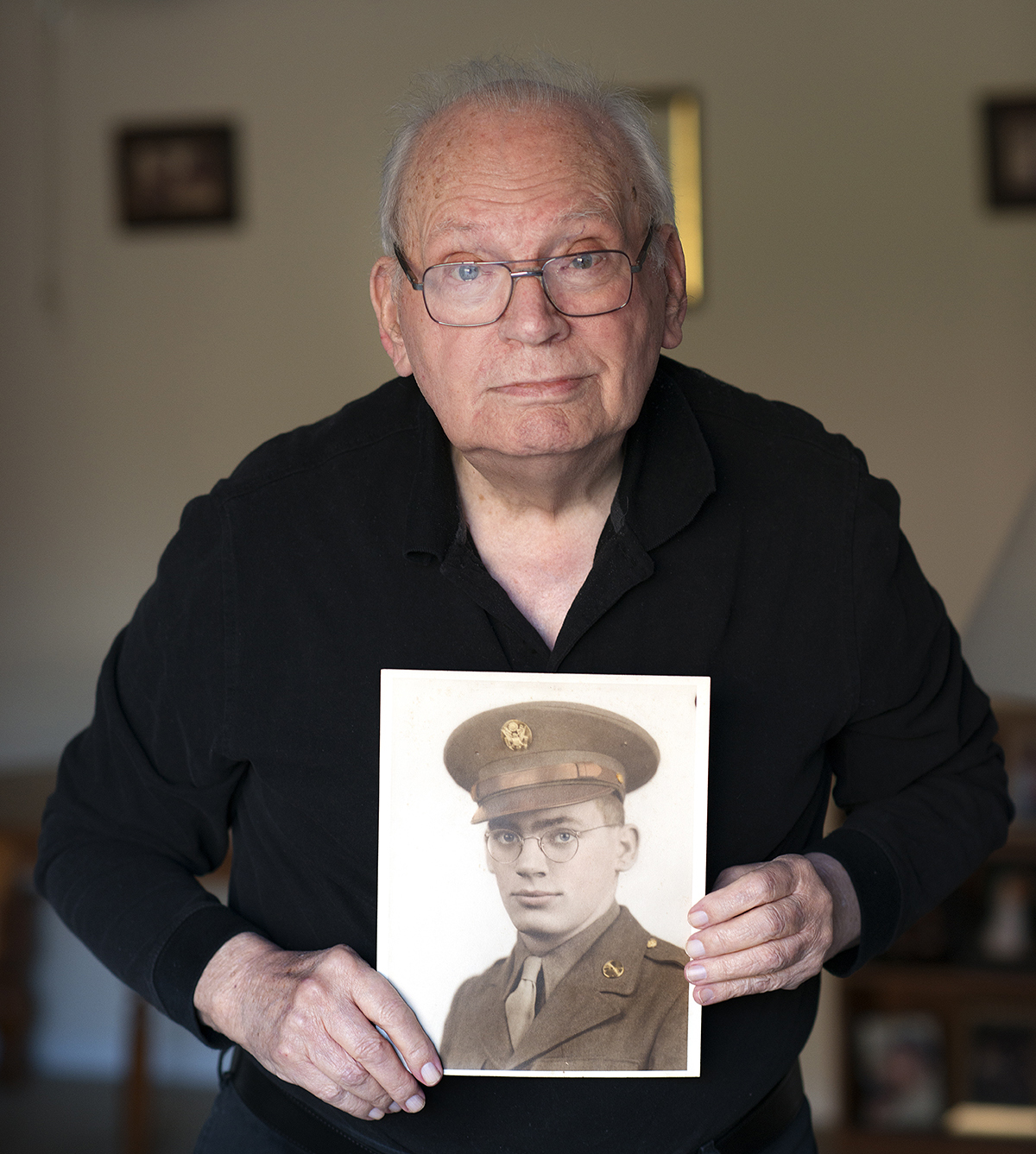
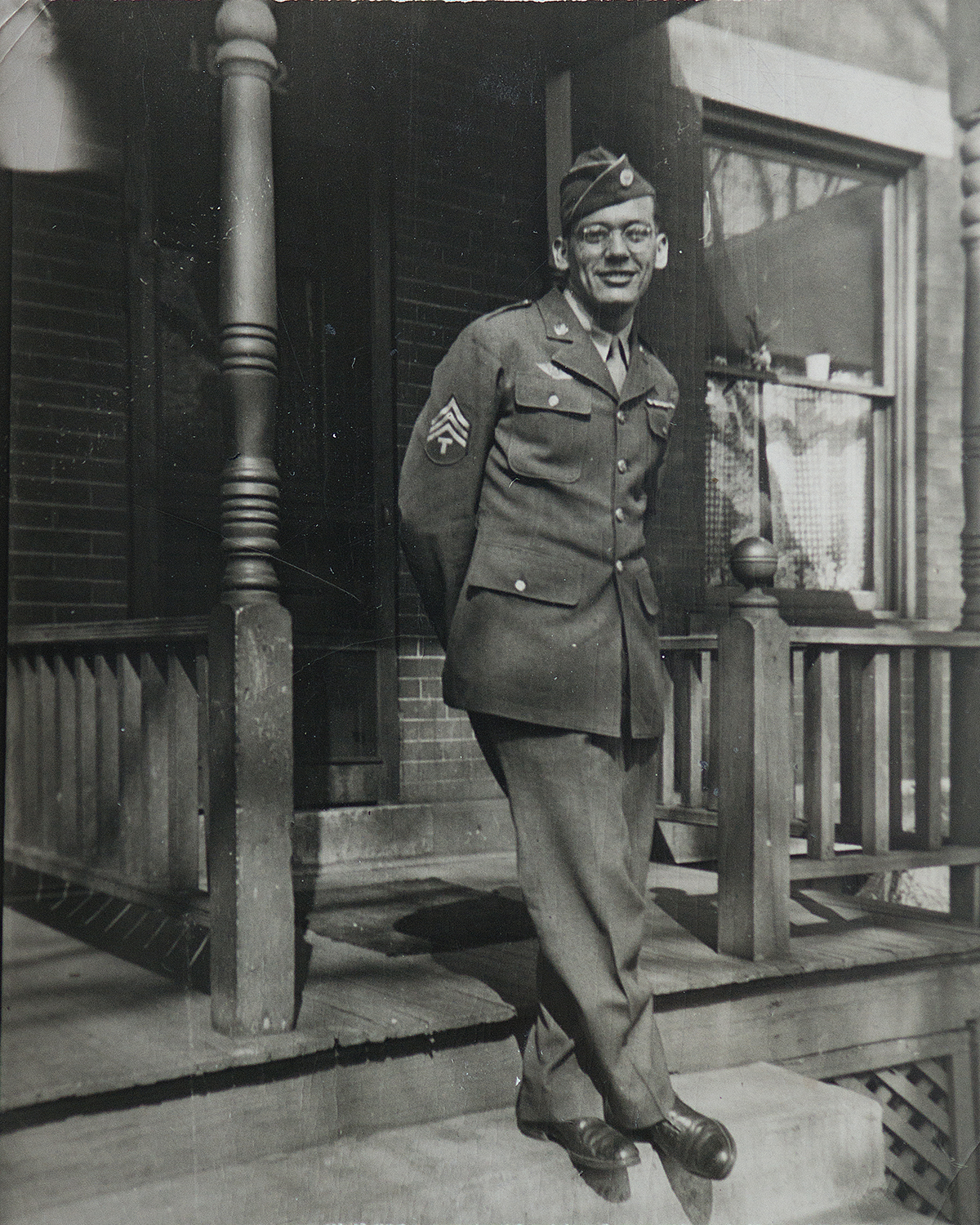

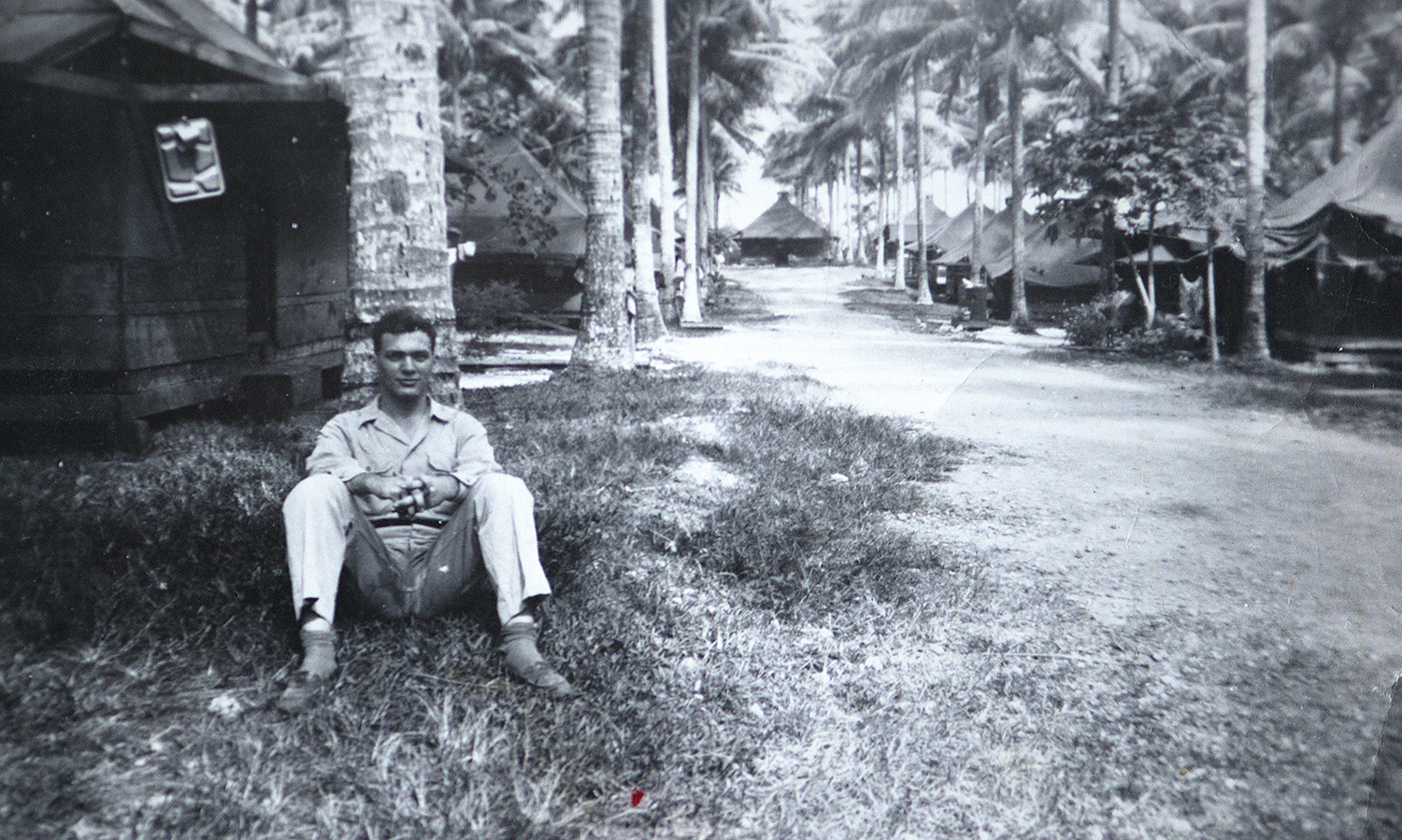
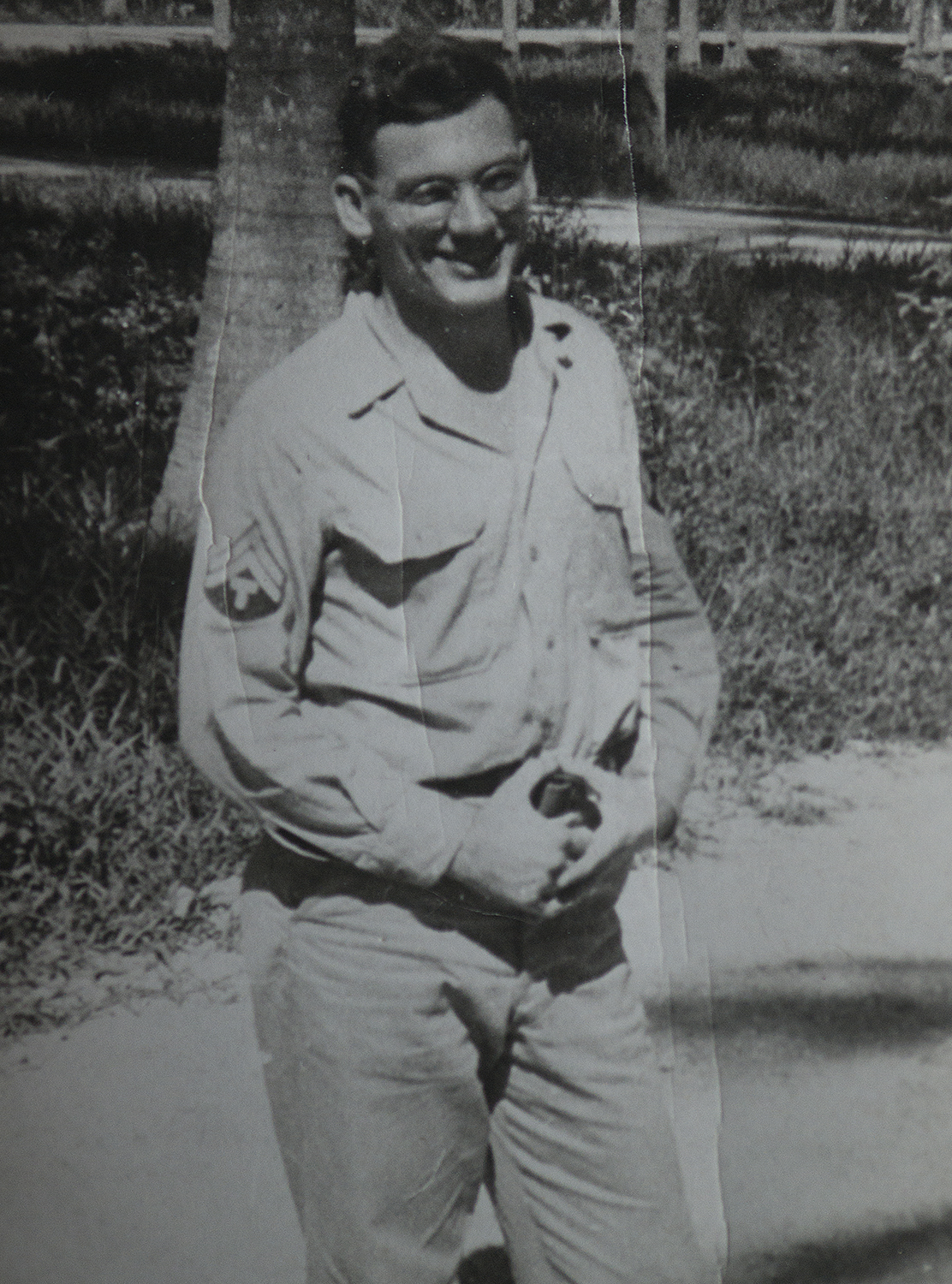
Carl Bertrand
I was born July the fourth 1920 in Williamsburg, Ohio. Shortly after, my family moved to Blue Ash and lived and worked on a farm until I was 6 years old. Then we moved to a farm near the town of Owensville, Ohio. We weren’t great farmers though. My dad and brother put in a huge amount of tobacco for cash crop, but then the depression came on so we had as bad of a time as everyone else. My dad was given a note by a buyer for the tobacco for $30, which they never received. He never got a single penny. My brother still had that note until a few years ago, but I’m not sure where it ended up. At the same time I was going to Owensville School for my studies. In 1934 when I was 14, my family moved to a farm near New Richmond, Ohio. I was to stay on the farm and help things get going. Two weeks later the 1937 Ohio River flood came up and kept delaying us from going to school. The river was 80 feet deep at that time and the roads were nonexistent. We had acres and acres of water. After a while we were able to get away from the farm and flood by using a row boat, which I really had fun with and it allowed me to go back to school in Owensville. After the flood was over I continued going to school and working with my family on the farm until I was 19 years old. The only thing that made life difficult was, when I was young I had a rupture which happened during birth. This caused me to not be able to get a job anywhere besides our farm. No one wanted to hire me with that problem because it limited what I could do. When I was 19 my mother and father took me to the hospital and took care of my hernia and then I healed up well. So I was able to get a job working in Batavia for two years until 1941, when I got a job in Oakley at Cincinnati Milling Machine. The company was one of the biggest builders of milling machines and also produced grinders and cutting fluids. My old neighbors worked there as well and would pick me up on their way to work.
Three months later the Japanese attack on Pearl Harbor happened. I thought, well it won’t be long until I get drafted, I’m sure of it. I’ve got to think about what to do. The one thing I knew was that I wanted to stay away from the infantry. The Navy V5 Program was developed, which accepted people with two years of college to then train as aviation cadets and I really liked the sound of that. Three or four months later they lowered it to high school education and the following month I signed up. I signed up in August of 1942 and didn’t hear anything until January 1943. They sent us up to Detroit to the 8th Naval District for 10 days for indoctrination. I left by train out of the Cincinnati Union Terminal with a whole bunch of fellas that were heading to the same program and we stopped in cities like Dayton and Toledo picking more guys up each time and eventually the train was jam packed. We were split into groups of 25 to be sent to different colleges for the training. It was about 10 below zero when we got on the trains out of Detroit. There wasn’t any heat or anything, you know, it was just the train cars with wooden benches on them. We stopped in Chicago for breakfast, which was great because we were cold and it helped us warm back up! Out of Chicago we were put on pullman trains and headed west through St. Louis, Albuquerque, and as we were traveling through the mountains I remember our train had to be equipped with 3 or 4 engines to get enough power to get us through that terrain. That stuck in my mind because it was a sight to see the train curving all the way up to the top and then back down. We arrived in Thatcher, Arizona and I was stationed at Gila Junior College. We coordinated with another troop on the other side of town and would have flight training in the morning into early afternoon and then classes during the other half of the day. Flight training was in Piper Cubs and I had the best score out of anyone in my group. That felt pretty great. Following my training there we were sent to Monterey, California where the Navy had rented out an entire hotel for us to stay in. There were 500 of us. This was great because we’d spend our days off enjoying the beach. I met a really pretty girl who was from San Francisco and we spent a good amount of time during my weeks I was stationed there enjoying the sand and ocean. After 6 weeks, we were sent to Hutchinson, Kansas to start on our advanced training at the Hutchinson Naval Air Station. Here we flew Stearman Biplanes and learned acrobatics. We had to do everything with the plane so we knew how to get out of any sort of situation. From here we made our way to Corpus Christi to finish up the rest of our flight training. My operational training was completed in Florida. We were training in Hell Diver dive bombers, learning how to fly on and off carriers. We began the training on the ground and there were Navy signalmen marking the length of the ships. Once we had that down, we were sent up to Great Lakes began our time taking off and landing on actual carriers. I did pretty well with this. One of the things I remember aside from training, was that it was great seeing the night clubs in Chicago because there were dives all over town. The night life there was quite the experience.
I asked for leave and they gave me 10 days, which changed everything for me. As I was leaving they were beginning the bombing campaigns in France leading up to the Normandy Invasion. When I went back to Chicago, I took a train out to San Diego and I spent a month there waiting to be assigned. I realized that had I not taken that 10 day leave, I would have been already stationed with air groups flying dive bombing operations off of carriers or airfields. This completely changed my wartime experience. I was assigned to a place just north of LA for a few weeks and was then transferred to the San Francisco Bay where I was put into single engine sea planes learning skills as a spotter pilot with the job of flying ahead of a Naval group looking for enemy ships. I spent several months there also learning how to fly reconnaissance on dive bombers. My group was sent to New Caledonia, just south of the Marshall Islands, and were stationed at Tontouta Air Base. Our job as reconnaissance pilots on Curtiss SB2C Helldiver dive bombers with bombs was seeking out Jap submarines. We didn’t see one single sub while we flew our missions during the 4 months we were stationed there. The last submarine to be spotted and destroyed was about a month before we arrived. I flew missions once or twice a week and it was really exciting, but I never got into combat. I’m not sorry that I didn’t get to try my skills, I’m just glad I made it out safely.
Following my 4 months on New Caledonia, I was transferred back to Pearl Harbor and was assigned to a utility squadron that was tasked with flying TBM Avengers dragging targets to help train gunners on Navy ships getting ready to be sent to fight against the Japanese. We’d pull these targets 100 feet behind us for them to shoot at. It didn’t scare me though, we were never in any danger of being hit by our own guys. I do remember hearing some of our pilots radioing in saying “That was close! That was pretty close!” So I guess there was always a small bit of danger, but there weren’t any shots that came close to me. This was my job for 2-3 months and by that time the war was winding down so I was stationed at an airfield that was lightly manned by a few officers, myself and another pilot. There wasn’t much going on. I was free to fly around the islands. I flew into Honoloulou and bought some flowers to send home to my family.
The news about VJ Day was the greatest message we could have ever heard. When the Japanese finally gave up, I remember how excited everyone was. Following the signing of the end of the war on the USS Missouri, I sailed back to San Francisco from Hawaii on the Queen Mary and arrived on New Years Eve, December 31, 1945. I was happy to be going home.
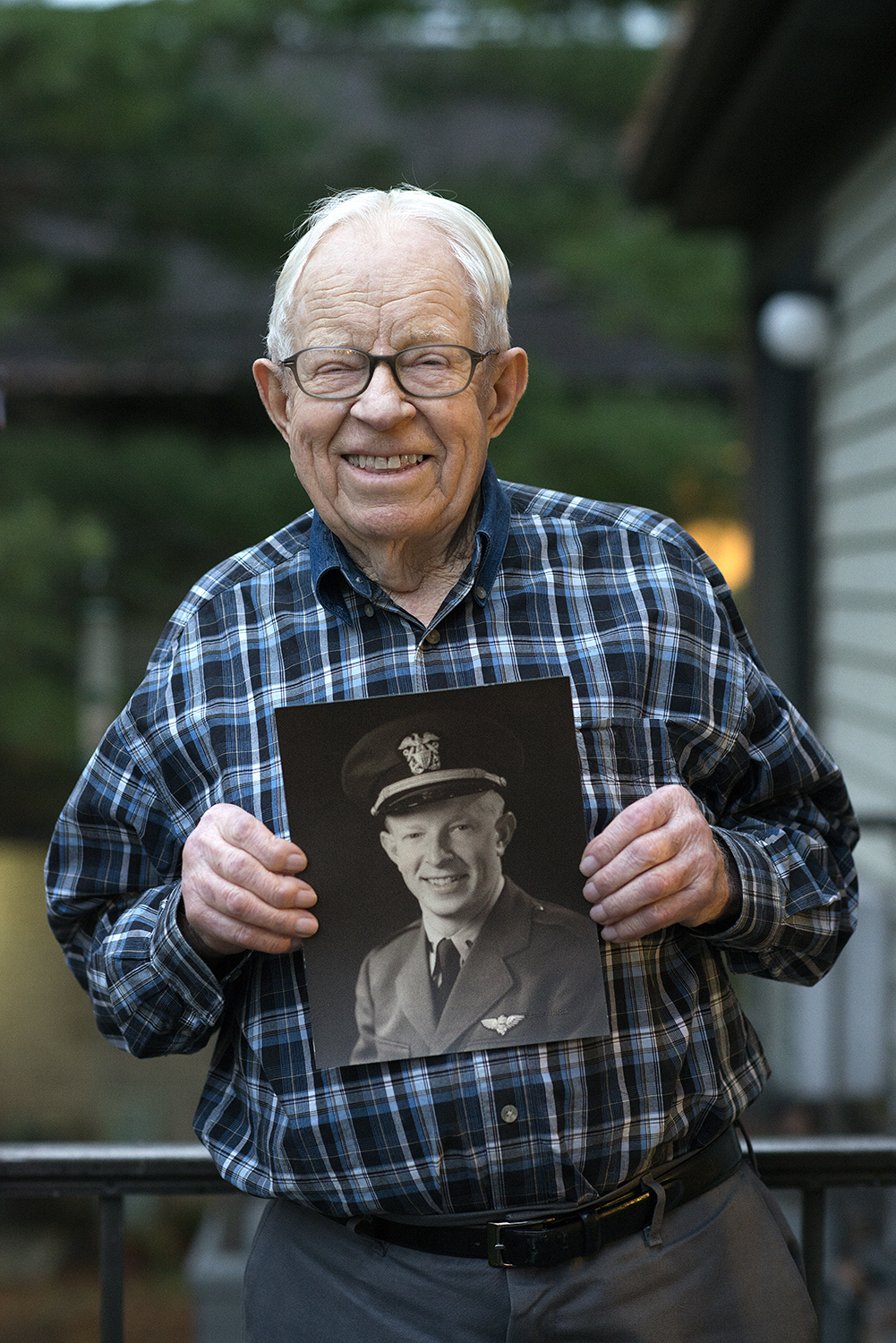
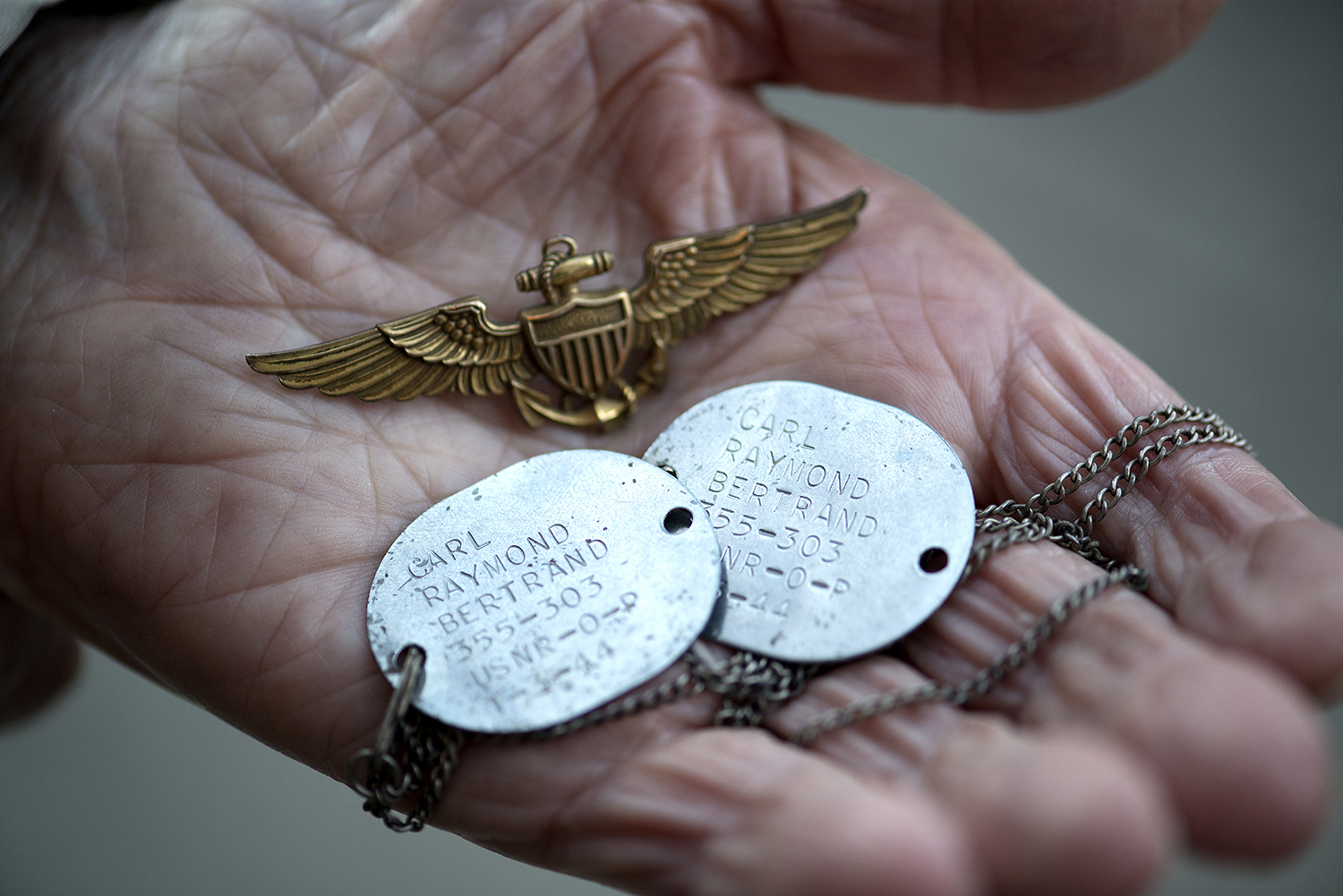
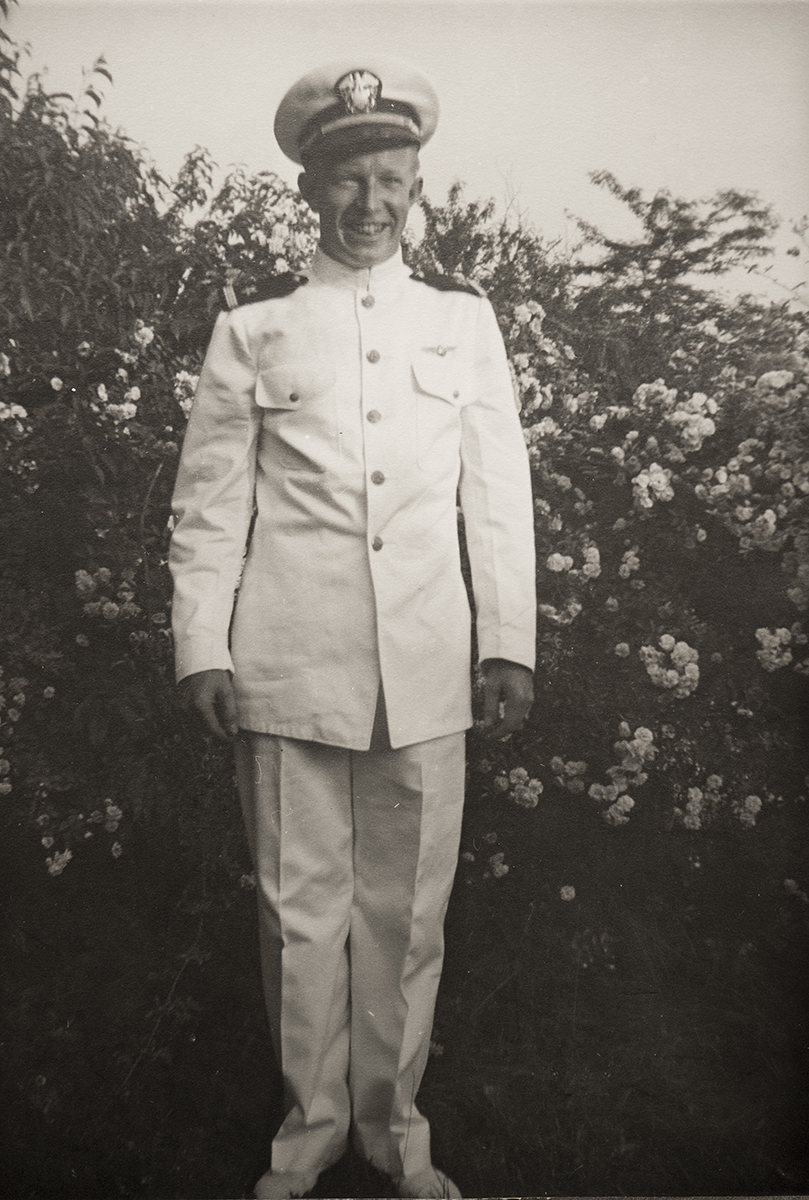
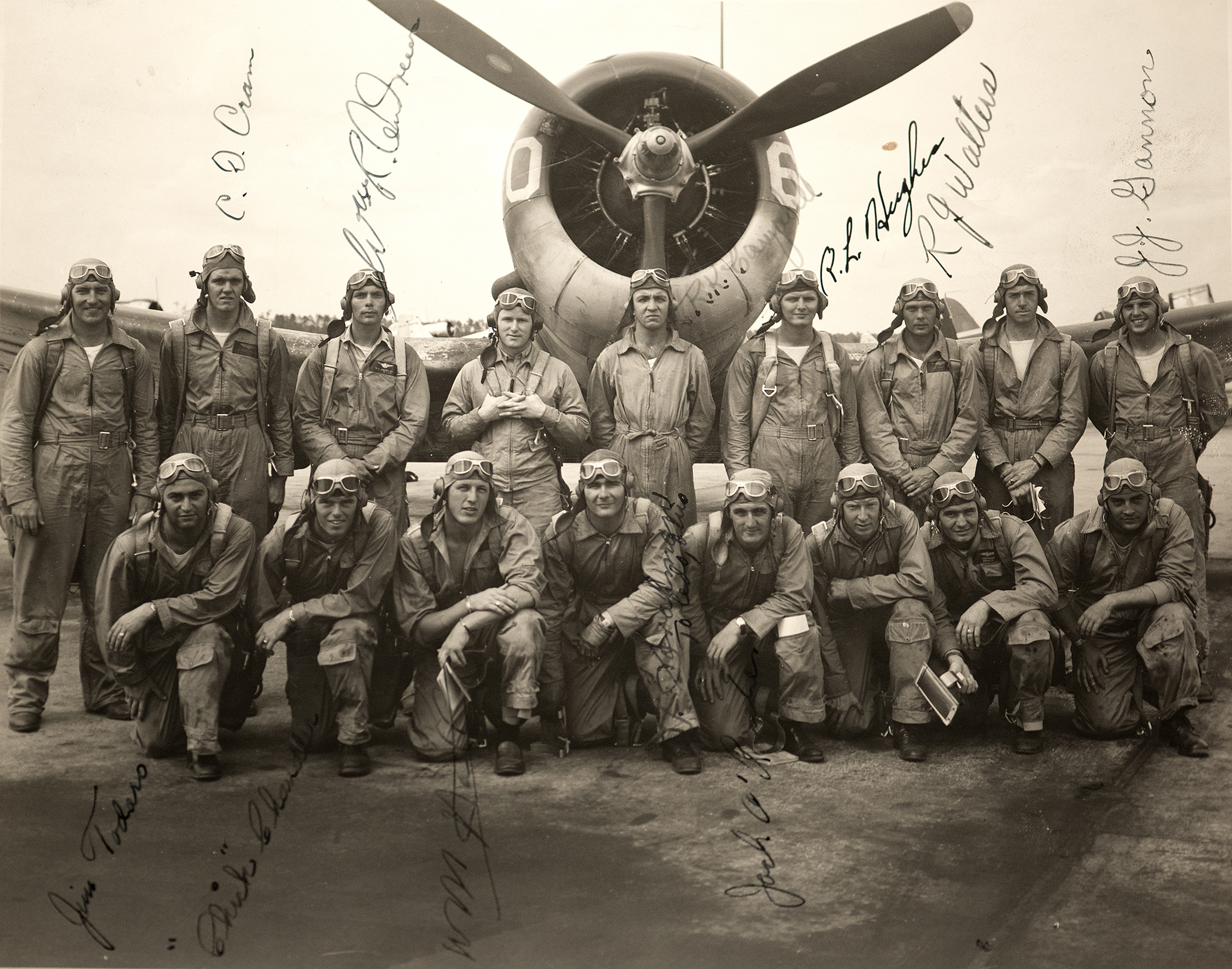
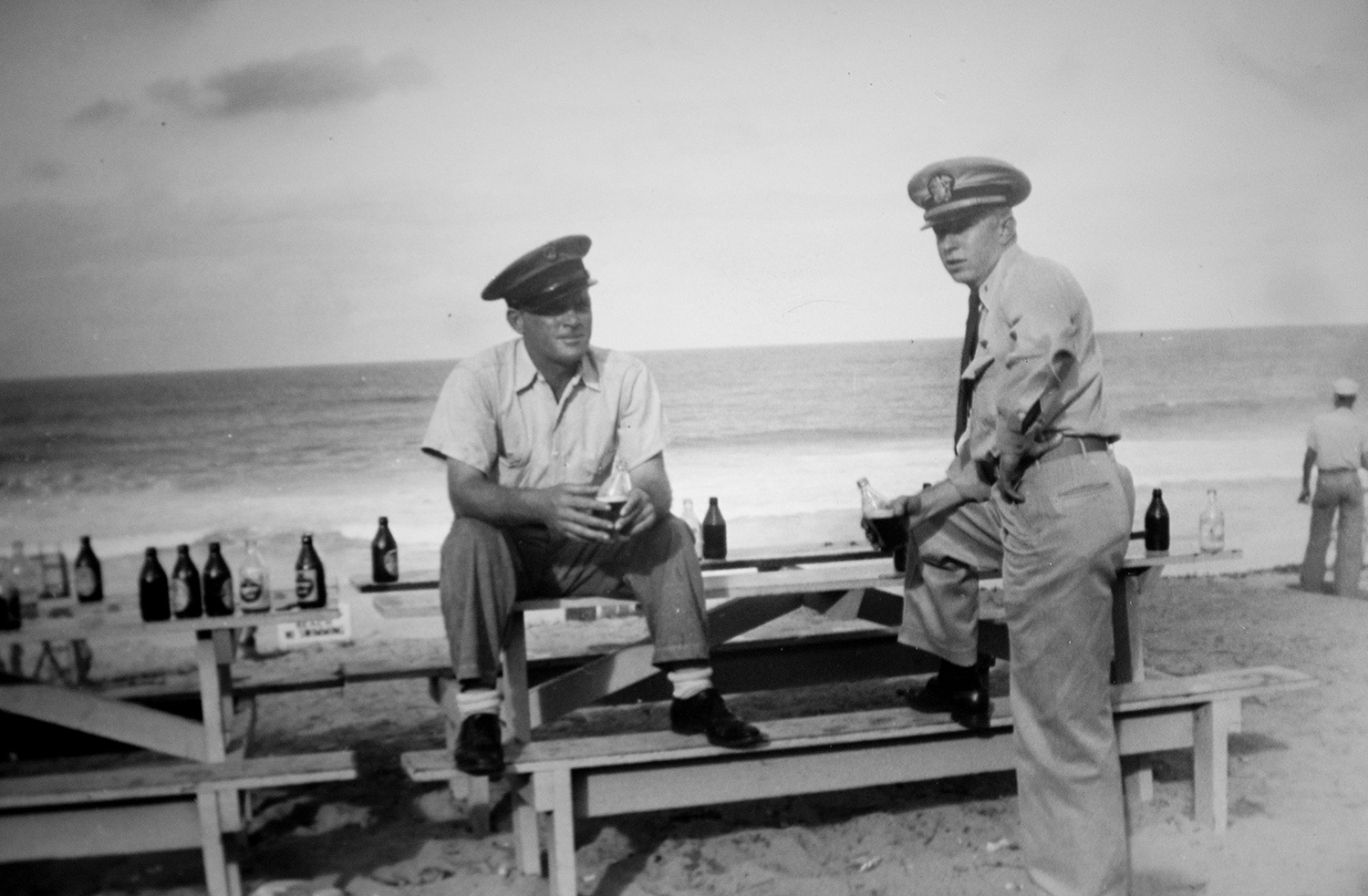
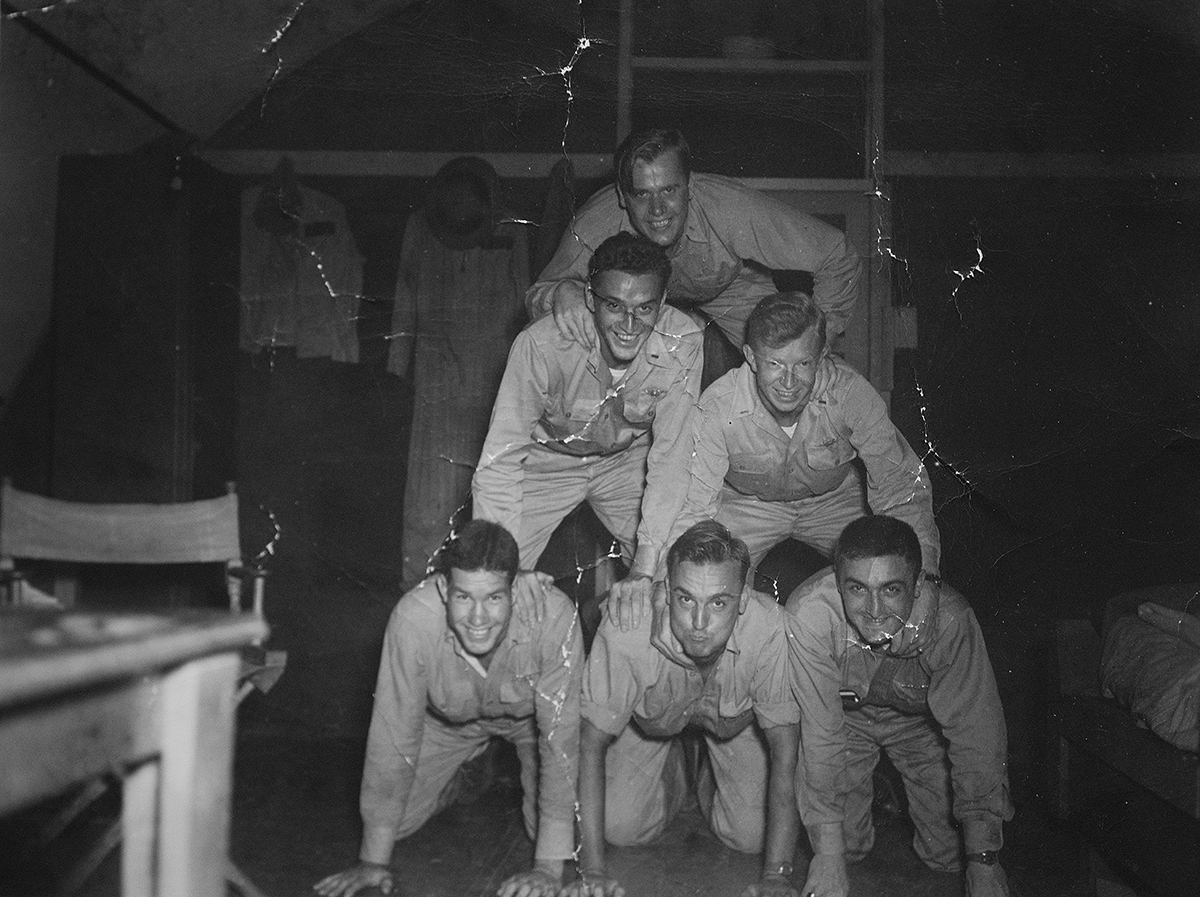
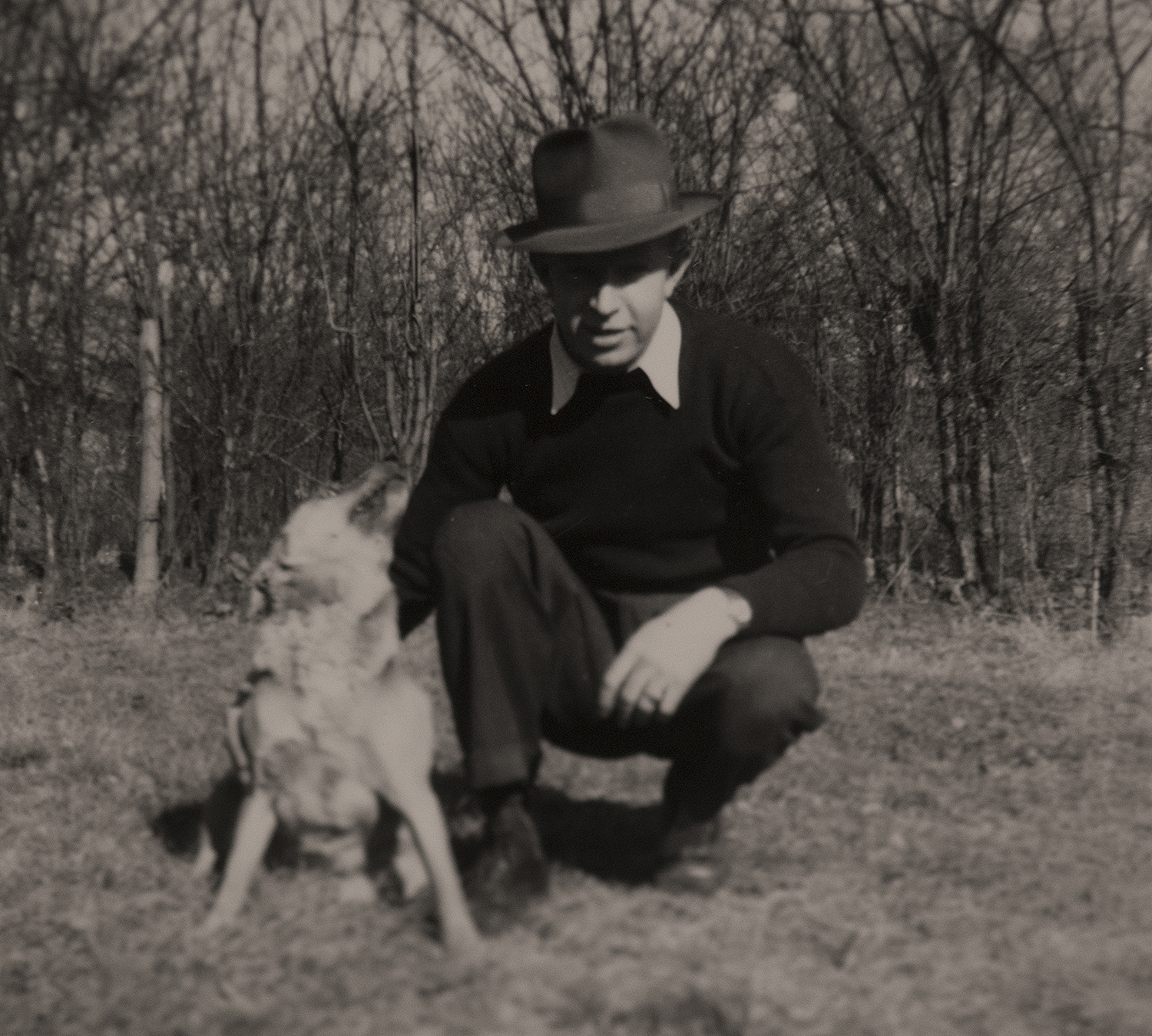
Charles Tharp
Charles Tharp was born in Butler, Kentucky in 1925. “Well I was born by accident in Butler, Kentucky in Pendleton County. My parents lived in Falmouth at the time and my mother’s parents lived in Butler. So one weekend they decided to go visit her parents and while they were down there, I decided to arrive. I was born in the second floor bedroom of my grandfather’s house! We moved to Dayton, Kentucky when I was about one year old. My dad became a partner with my grandfather, who was a mortician and they eventually opened the first funeral homes in Dayton, Alexandria and Florence. So I grew up all of my life living above a funeral home. There was always a body laying around the house somewhere. I just thought that was normal *laughs* When I was 14, I was upstairs over the funeral home doing my homework and my grandfather hollered up from the embalming room, “come on down here, you might as well learn how to do this.” So I started embalming when I was 14 years old. I actually enjoyed it. Having grown up around it, it didn’t bother me at all, though all of my friends thought it was odd.
When I graduated in 1943, I knew I was going to get drafted and I didn’t want to get put somewhere where I didn’t want to go, especially the infantry, so I went over into Cincinnati and enlisted in the Navy. They gave me the physical and the guy came back and was shaking his head and said “Son I’m sorry, but we can’t use ya.” I said what do you mean you can’t use me? He said “Well you’re pretty near sighted and that doesn’t fit our criteria.” So I kept arguing with him saying, can’t you find some place in the Navy for me? Some old chief sitting back in the corner hollered and said, “put him in the seabees!” Well I didn’t know what the hell the seabees was and so I asked, is that Navy? He said yes. I said okay good let’s do it. That’s how I ended up in the seabees by mistake.
My basic training was in Williamsburg Virginiaand then they sent us up to Quonset Pointe Rhode Island for advanced training and we trained with the Marines there. Then they sent us to Gulfport Mississippi and we trained there. After that they put us on a train and shipped us out to Camp Parks, just outside of San Francisco, California. It was great out there, we were able to travel into Los Angeles. I went out on the town one night and went to the Hollywood Palladium where I met my idol, Benny Goodman. It was great. I saw him play live and during the intermission he came out into the crowd. One of the guys in our unit’s band was an arranger for Benny in civilian life and he said I’ll introduce you to Benny Goodman. I said oh come on, you don’t know him! He said, just watch, and he did! I had a photograph taken with him. It was one of the best experiences in my life.
The trip over the Pacific to the island was alright, we didn’t think much of it. It was a huge transport ship. We were definitely glad to get where we were going because we were afraid we were going to get torpedoed by the Japs. When we were in Frisco at Camp Parks before we were shipped out, they posted a bulletin in the barracks asking where we’d like to be sent for the war effort and there was a list of every place you could think of. I happened to spot Alaska and I like cold weather so I said that’s for me! So I told them I wanted to go to Alaska. They looked at me as if I was strange *laughs*. A couple of days later they sent us down to a warehouse and issued us the fur parkas and all of the arctic gear and put us aboard ship. About a week later, we were pulling into PEARL HARBOR. I said wait a minute, this is the wrong direction! So I asked what was going on and they said we needed to march down to the warehouse there and turn in all of our arctic equipment. When we arrived at the warehouse, they issued us all new tropical stuff and I thought where are they going to send us now? We didn’t know our destination until we got there on the island (Majuro, an island in the south Pacific which is part of the Marshall Islands). The thing was, every day the temperature there was 125 degrees. You think about hot! Phew! That’s what it was like for three years. Luckily the island was small and there was an ocean breeze that blew across it, which helped a lot. But it still was 125. You couldn’t avoid it! There wasn’t anything there when we arrived and we wondered where they were going to put us. We walked up to this area that had been cleared out and were ordered to set our tents up. No one could live on that island because there wasn’t any water supply. We managed to survive there because we had water purification units sitting down on the beach. They would suck in the sea water and boil the brine out of it and that’s what we drank and cooked with.
My job on Majuro was a carpenter’s mate. We built a dock and while we were building it, I had to dive in 20 feet of water with an air helmet. I was tasked with mounting cross braces on the pilings for support on the dock. I had a buddy that went down with me too and would hold the board in place while I pounded in 80 penny spikes, which are about as long as a lead pencil… pretty big! He’d hold the nail up there and I’d stand on the bottom with a sledge hammer and slam it in. When I started I couldn’t understand how I was going to nail anything together under water, but it was amazing how easy it was. That was probably the toughest thing I did. My carpenter crew also built quonset huts for Army and Marine units stationed around the Pacific. These huts would then be transferred by a crane to a trailer and moved down to barges waiting at the dock we had built. From there they would be taken to other islands to be used as barracks. There was one time we actually built a church out of a quonset hut. We took two huts, cut them in half down the center and put a 20 foot straight piece across the top, which made it twice as wide as it normally was. That worked out great as a church. We lived in a tent that was big enough to fit four of us. Each of us had a corner. Above my bunk I had the ceiling covered in pin up girls and I still have all of those pin ups today. One of the interesting things we built were these windmill driven washing machines. We took a 50 gallon oil drum and we made the windmills above it. Then we had a piece of wood attached and it would move up and down. There was a funnel on the bottom and that’s where we’d wash our clothes. We’d wake up in the morning, come over to the windmills, throw our clothes in there and take off and do our job. When we came back that night everything was clean! It worked out great. The main piece we built on Majuro was an airfield and when we had completed it, they assigned a Marine air group to our island. There were Corsairs, TBF’s, P-38s and P-51s. The air group would take off every morning, every afternoon, and every evening like clock work and fire bombed the Jap islands that surrounded us, which kept them from bothering anybody. I was on that island for three years, but I never saw a shot fired. How lucky can you get? I really do feel extremely lucky. But I’ll tell you what, I’ve never worked as hard as I did there in my entire life. They really worked our butts off. But it was good! I enjoyed every minute of it.
Also, aside from duties, after we were there for a short time they formed an island orchestra and I volunteered to play in it. That is how I was able to participate in all of the USO shows. Anytime a USO show flew into our island, we played for it. We played with Bob Hope, Jack Benny, Jack Carson, Betty Hutton, all those shows. So I was really more on a vacation than in the service! *laughs* But it was great.
At the end of the war I was sent up to an island that had been invaded and it was just awful. It was terrible. The island was just as black as a piece of coal. There wasn’t anything green anywhere in sight. The Japs that survived those fire bombings were living in caves they had dug into the coral. It was pretty bad. Another island they flew us to was called Kwajalein, which was an atoll 300 miles north of our island. They sent us there to build two barracks for American troops that would soon be stationed on the island. So we were up there digging the footers and we ran across two dead Jap bodies. Having grown up in the funeral business it didn’t bother me, but it really spooked the other guys. So I said, get outta the way, I’ll get them out of there. I took the bodies out of the ground and dusted them off a little bit and went through the pockets to see if I could find some souvenirs. They were empty, so I got mad and took my hunting knife out and dug 6 gold fillings out of the skulls and thought to myself, well now I have something anyways. The worst thing was, I carried those all the while I was over there and on the way back on the ship, some damned sailor stole my gold.
After three years on the island VJ Day finally came and we couldn’t believe it. We were elated. Everyone was saying lets get ready! Let’s go! You couldn’t put us on ship fast enough.
I was discharged at Treasure Island in San Francisco, I was mad that they didn’t discharge me in Great Lakes. I ended up having to hitch hike. I found a fellow sailor that was being discharged the same time I was and I asked where he was going when he left California and he said Paducha, I said do you mind if I ride with you? He said no, you can help drive! So I fell asleep at the wheel in Arizona and I woke up and we were bouncing across the prairie… sage brush was going by and it scared the hell out of all of us. He had his wife and two kids in the car. Needless to say, I didn’t drive his car again. *laughs* Once we arrived in Paducha, I thanked him and hitch hiked the rest of the way home. It worked out fine. When I finally made it home I was overwhelmed, it was great. I just couldn’t get over it really. I was lucky, that’s all I can tell you. I had a lot of experience, a lot of fun and worked my butt off. All in all, it was really good.

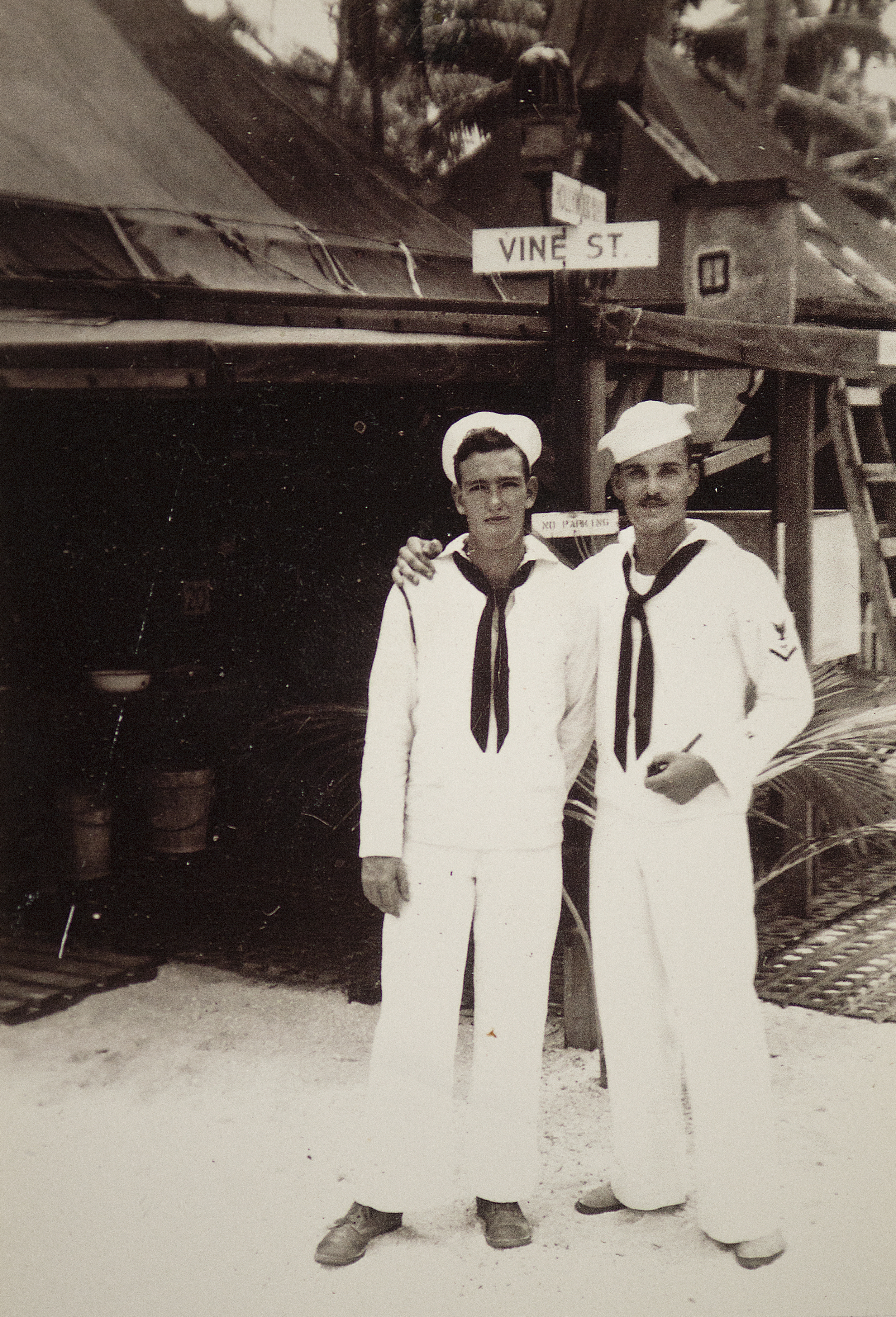
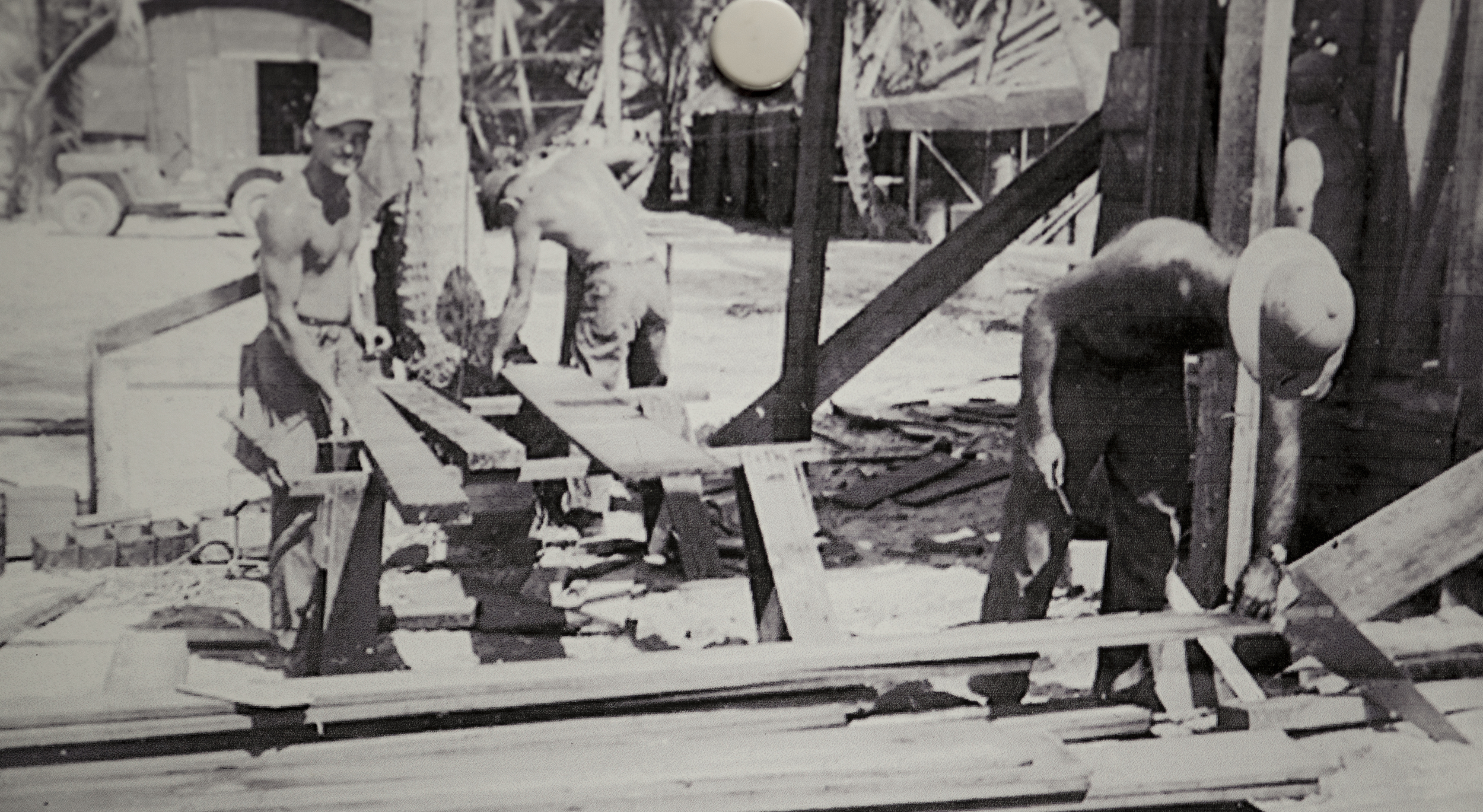
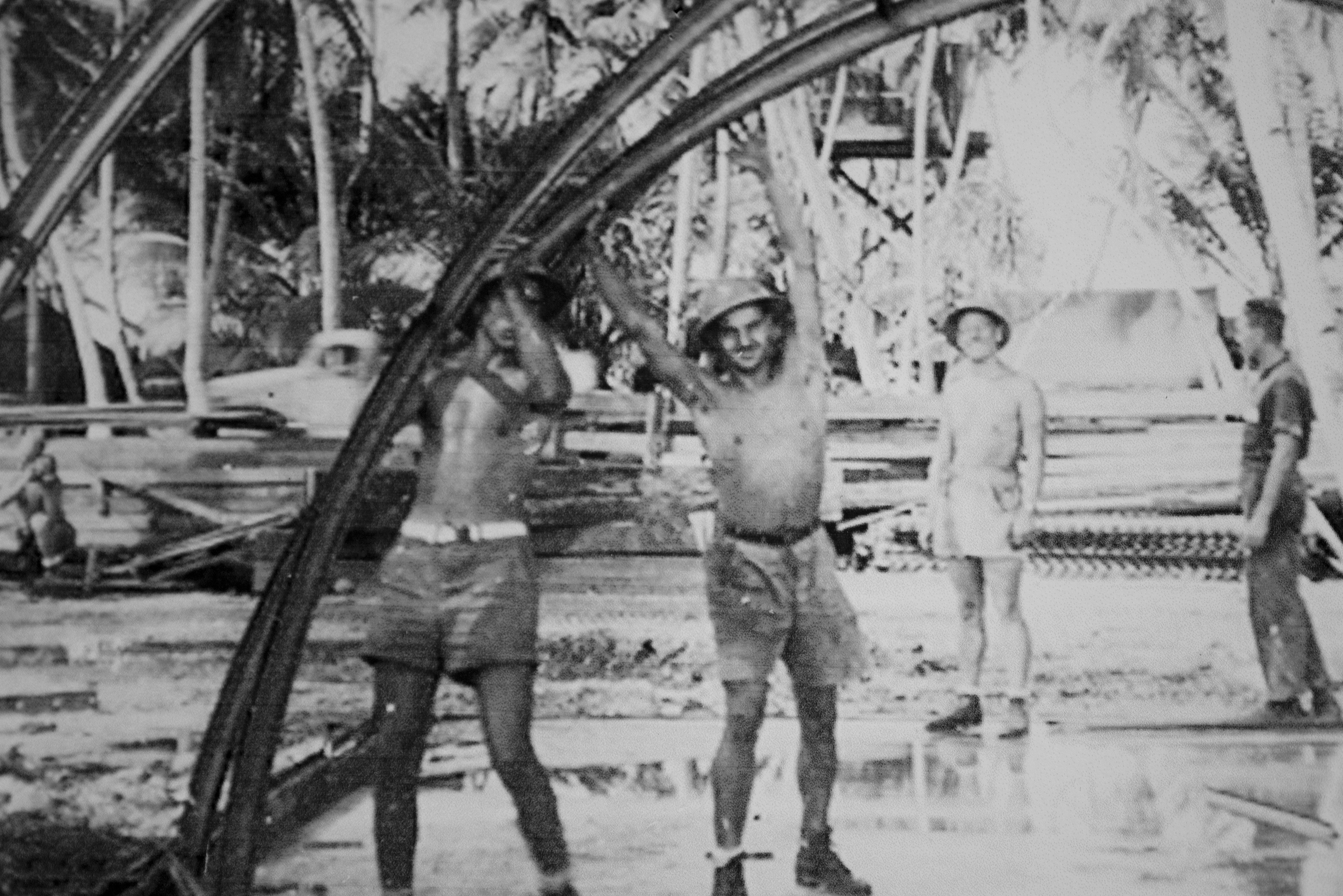
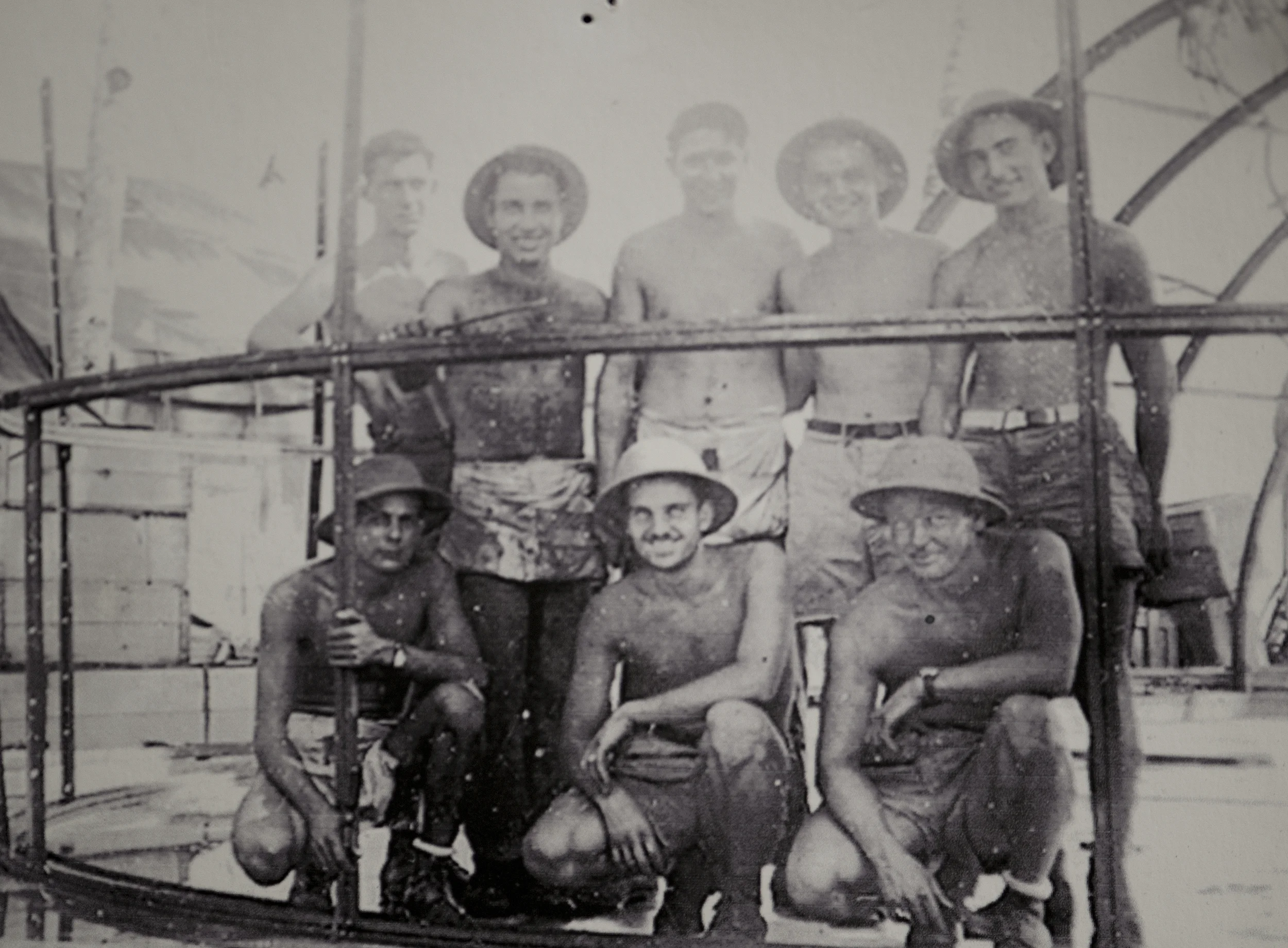
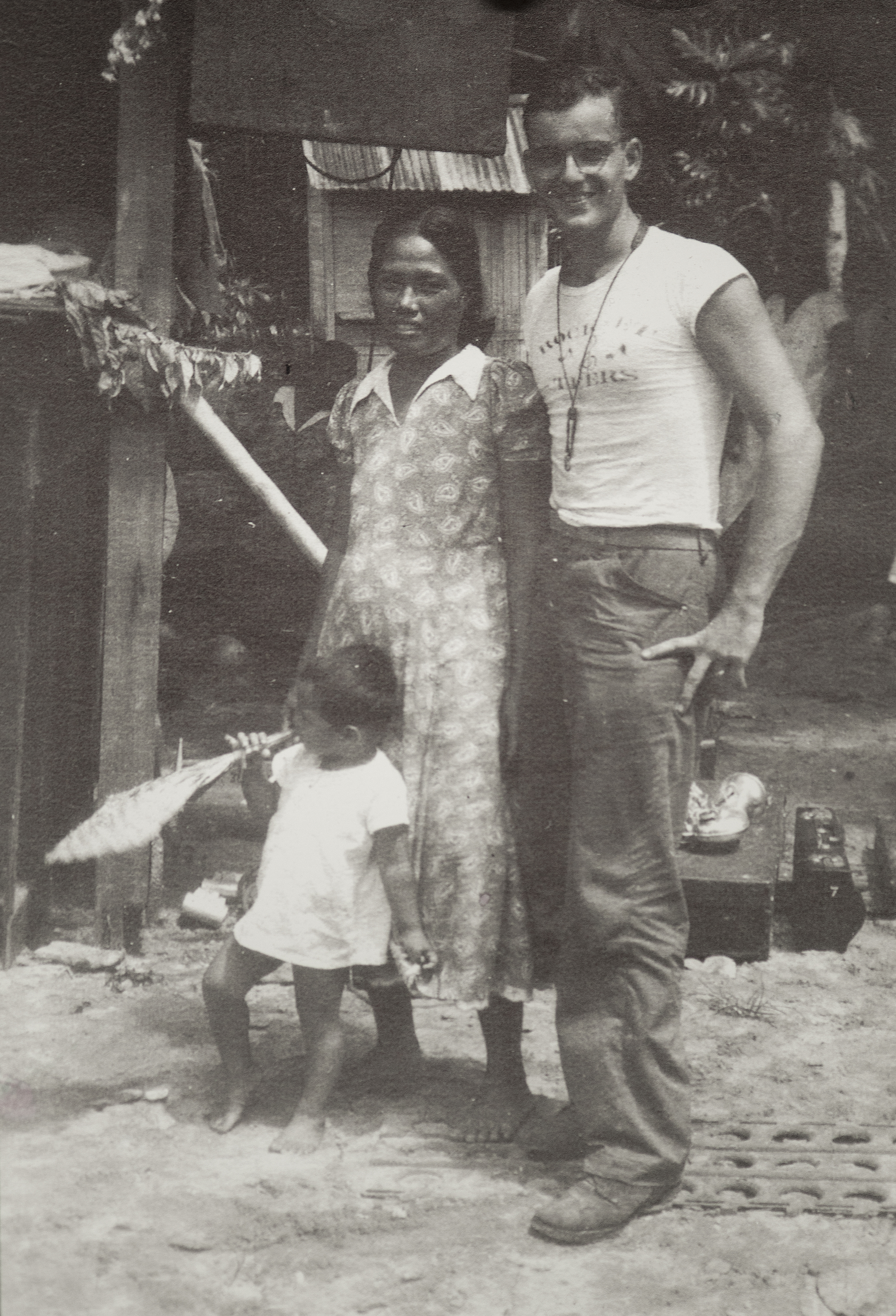
Charles Stix
World War Two Marine Corps veteran Charlie Stix was born March 6, 1925 at Jewish Hospital in Cincinnati, Ohio in an area where all of the hospitals were located, nicknamed “Pill Hill”. “As I was growing up, it was unfortunate that I didn’t have a lot of friends to play with due to the fact there weren’t any boys in my parents social circle. They decided to send me to a private school called University School, which was located at Blair and Hartford Avenue. It was founded in 1905 and closed in 1943. I attended school there until the great Ohio River flood of 1937. My father was a shoe manufacturer and had a factory in Lawrenceburg, Indiana, which was destroyed during the flood. The water went up to the second floor and decimated all of the finished goods, machinery and so on. So he decided to move to Harrison, Ohio to build a new factory and eventually sold the company to the US Shoe Corporation because they needed production in 1940. After selling the company he eventually rose to be the president and chairman of the board of US Shoe. In the meantime when the flood really hit, I guess he was running out of finances because they told me I would have to leave University School and go to a public school. So I took the test and went to Walnut Hills High School and graduated in 1943. In February of 1943, I enlisted in the Marine Corps at the Federal Building in downtown Cincinnati. The application listed a signature by the mother and father, so my father just signed his name along with my mother’s. I returned to the Federal Building with my signed application where I was sworn in. They allowed me to finish high school and on July 1, 1943, I was sent to the University of Rochester in New York and was put into a V-12 unit. V-12 was a program throughout the United States where certain colleges would take in recruits and once those students were finished they would become officers in either the Navy or Marine Corps. Unfortunately since I was young and just out of high school, it was very difficult for me to acclimate myself to the college area. There were so many upper class men at the University of Rochester that had already been through their first, second, third and fourth years in a university. I couldn’t keep up with them and eventually flunked out. In December of 1943, I had my only leave and came home to Cincinnati. Shortly after that I was sent to Parris Island, South Carolina, where I went through bootcamp. When I arrived, I was in great physical condition because I had been in training at the University of Rochester for six months. I had my uniform, I was well acclimated to the Marine Corps and when I entered the building where our platoon was going to be indoctrinated, I found out that 25 of the men, roughly 50 percent, couldn’t read or write. I made it through bootcamp very easily. I had a couple of disciplinary situations, but took care of them gracefully. This helped me understand what discipline was all about. I had one exciting moment, I was walking down a company street and there was a camouflage vehicle coming towards me with a flag on the fender with a star on it. It came abreast, so I saluted and noticed there was a colonel and a general in the back seat who saluted right back to me! As a private and new recruit, that was a very thrilling event.
Upon completing bootcamp training, I was asked where I would like to go. They offered me a series of posts and one of them was at Camp Lejeune in Jacksonville, North Carolina where recruits could go through combat intelligence school, which I did. After I graduated from combat intelligence school, I volunteered to go through jungle warfare training to simulate combat in the Pacific Theater. I have to be honest about this, when you take a course like combat intelligence, you are supposed to be proficient in recognizing Japanese airplanes, you must be capable of sneaking up on Japanese emplacements and returning with knowledge about the type of troops stationed there, the kind of weapons they were armed with and the numbers of soldiers they had, all of the fine details. In actuality, at that time there were very few of those things that I could accomplish and neither could most of the men that were with me. But at least it gave us more information and a little more recognition, so when we were pressed into combat we’d have an idea of what was useful. After spending two weeks in the woods completing exercises for jungle warfare training, we were expected to be able to walk into a quonset hut filled with tear gas, clear our gas mask, put it on and be able to breathe, but after leaving the hut a couple times coughing and in tears, I was never able to. You were also supposed to be very accomplished in reading a compass so you could find yourself out of any sort of situation that would arise. I had little problems learning to use a compass, but these are a few example of the oddities we were faced with while I was going through training. From Camp Lejeune we were placed in two groups. There was the 61st Replacement Battalion that I went overseas with, which consisted of men with last names beginning with I to Z. The 60th Battalion was made up of men with last names beginning with A-H. The guys that had graduated with me from combat intelligence school and were placed in the 60th, landed on Saipan and Tinian and from what I understand, most of them did not survive. Ten thousand of us Marines were put on a train on a hot summer day in June of 1944. There was nothing like air-conditioning, so it was very uncomfortable. We traveled like this from Camp Lejeune to Norfolk, Virginia. When we arrived we were sent to the docks and walked up alongside a huge ugly ship which was to be our transport. It had been manufactured to hold twelve hundred men, so you can just imagine what it was like squeezing aboard. There were five different levels where we could sleep and there were maybe twenty men in each area. For our sleeping situation, there were three decks of mattresses stacked like bunk beds which were held together by rope and metal poles. I think we only had one fan for the twenty men in our area and of course it was hot all night long. Men were constantly getting up to turn the fan on themselves. We left Norfolk, Virginia in the last part of June 1944 and then sailed through the Panama Canal. Unfortunately because there were so many men on the ship, I couldn’t even see the railing, let alone the canal. As we were going through the canal we were escorted by a destroyer, which ended up circling us across the Pacific until we arrived in Pearl Harbor because the fear of Japanese submarines we high. While on the ship we were given two meals a day, but because there were ten thousand men packed onto the ship. You had to stand in line for hours and hours just to get your meal. Consequently, if you wanted your second meal you had to go back on deck and hop right back in line if you wanted to eat twice! *laughs* Unfortunately on your way back to the galley you had to walk down a hall that passed the officer’s mess. That was always a great treat for me because these officers were in there sitting at tables with white table cloths, silverware and were served by Filipinos. It looked like the Ritz Hotel! As enlisted men we didn’t get that kind of treatment. What interested me though was I had grown up in Cincinnati in a very affluent house with maids, a cook, and a chauffeur and now there I was on the outside looking in! It never really bothered me, I got a real big kick out of it! When we got out onto the ocean, you can only imagine what a ship filled with ten thousand men who had never been on the ocean was like. I think 99% got sick. The bathrooms were completely inundated with bodily fluids. It was a terrible time.
We landed at Pearl Harbor and were sent to the transit center in Honolulu. As we arrived, we witnessed the results of some of the ships that were sunk during the Japanese attack two and a half years earlier. Upon our arrival to the transit center, we watched Bob Hope and his band play and that was a sensational show! I got a liberty pass on Sunday to go into Honolulu, but I decided to wait until Monday so I could buy some presents for my folks. However, on Sunday evening we were told that we were boarding our ship the next day for our destination, which we later found out to be Pavuvu in the Russell Islands. Pavuvu was owned by the Lever Brothers and they had coconut plantations. The only things there were coconut trees, huge spiders and all sorts of land crabs.
On the Landing Ship Tank (LST), they said “Stix, here’s what you’re going to do during the trip from Pearl Harbor to Pavuvu, we’re going to put you in the galley as a pot walloper.” A pot walloper’s job is to clean all of the huge pots the food is cooked in. They didn’t have any hot water, so in order to get the hot water we needed, they ran a pipe from the engine room to the galley. It came from the bulk head in a hose that we used to spray the pots. The LST was flat bottomed and rocked back and forth a lot, so eventually I had hash marks going all the way up my arm from hitting the steam pipe. The only nice thing about being in the galley was being able to make cinnamon toast every day for lunch! Nobody on the ship had ever heard of cinnamon toast, but I loved it. It was a nice little treat during my voyage across the Pacific.
When we landed on Pavuvu, there were two islands. One was an island where the 3rd Armored Amphibian Battalion was stationed, which is where I was assigned to the tanks. The reason they put me in amphibian tanks was a result of my interview at Pearl Harbor where the Marine Corps learned that I knew how to drive trucks. As a young man at the age of 14, 15 and 16, I worked on a ranch as a cowboy and learned how to drive a 1 1/2 ton Dodge truck. I also had combat intelligence training and my last name began with an S, which helped confirm my being assigned to the 3rd. Fortunately those items allowed me to stay alive because the fatalities of Marine Corps Infantry was extremely high on Peleliu and Okinawa. At that time I was also part of Company D. I went through training on Pavuvu and when I got there, all the spots on tanks had been taken. They said, “Stix, here’s what you’re going to do. Head down to the tank park and start cleaning up all of the coconuts that have fallen off of the palm trees because if you don’t, the tanks will run over the coconuts and break them open and the odor is unbelievably bad.” So I spent the next month cleaning up coconuts.
Before we left Pavuvu, we had training operations off of Guadalcanal. I remember one night I was sitting on a 500 gallon drum of aviation fuel. There was a big moon and it radiated off of the phosphorus in the ocean. The shoreline of Guadalcanal was in the distance. It was so quiet, so beautiful, it just… it was an amazing contrast of what you’d expect to experience in war. After we completed the training, we set sail for Peleliu in the Palau Islands. Now Peleliu was five miles long and three miles wide. The intelligence we had about the geography of the island was nonexistent. We also didn’t know how many Japs were on the island, we didn’t know anything about how they were quartered or what type of defenses we were going to face. The island was so small we thought we could take it in 72 hours, which is what the commanding officers also believed. It turns out the Japanese had been fortifying the island for fourteen years and the underground caves were built right into the coral. They had the ability to roll out their guns, fire them and pull them back behind closed fortified doors and you’d never even see them. During those fourteen years they were also able to zero in on every square inch of where we were going to make our landings. There were only a few locations where we could land, so the landing was horrible. Thirty five of our men were killed. I went in on DDay + 3 as a supernumerary, which meant I was an extra reinforcement. I kept telling the Marine Corps officer, “Lets go ashore! Lets go ashore!” He turned and said, “Don’t be in such a hurry!” I spent the three days between DDAY and the day I went ashore listening to the pilots, ground troops and ships over the radio. When I finally went ashore on DDAY + 3, it was an absolute mess. There were Japs floating in the water and I had no idea where to go. Finally I found the 1st Marine Division Headquarters. I arrived and saw Colonel Boyer, our commanding officer. I said, “Colonel, I’m Charles Stix, I’m with the 3rd Armored, I”m with your battalion, where would you like me to go?” He said, “Stix, just go down to the water, get on a tank and just stay on it.” So that’s what I did. The only thing that happened on the tank that was really discouraging to me, was that when I left the LST to go ashore, I forgot my toothbrush. I used to brush my teeth every morning and every night. So here I was in the middle of the Pacific, in combat, and I didn’t have my toothbrush. The only way I could make myself feel a little better was to stick my finger in the salt water every morning and every night and seemingly act like I was brushing my teeth.
When we landed on Peleliu, that’s when the fun began. I was put on a .30cal air cooled machine gun with two other men on a line of defense so the Japanese could not infiltrate. We were positioned next to a swamp at the edge of our flank. All night while I was on duty, I was lobbing hand grenades out in front of our area because we couldn’t see anything and I was afraid that the Japs were going to sneak up on us. When it was finally my turn to get some rest, there was a fox hole right behind our machine gun nest with a piece of corrugated metal to pull over the top for some sort of protection. It was the first or second night and I woke up because something had startled me and I thought “Oh my God! It’s a Jap!” I quickly grabbed my K-Bar knife and peered through a little crack. I was ready to stab anybody who might be there, but then I discovered that it was just a land crab. *laughs a bit*
We were in that position until we were sent to Umurbrogol, which was the mountain behind us and where the Japs had all of their emplacements. Our job was to act as lookouts and to prevent the Japs from further infiltrating our positions. When I got there with the other two guys in my machine gun team I vowed to do three things to keep myself alive; wear my helmet at all times, never look over to see what was on the other side and last but not least, never volunteer for anything. A couple of days later we were on the top of this hill and someone yelled that they had found a Japanese cave below where we were. I wasn’t in any hurry to head down and see this cave, but one of the guys on the machine gun team with me chose to. He had no helmet, no shirt on and his .45 was strapped to his waist. He ran down the hill and as he came up to the entrance of the cave, a sniper shot him right through his forehead. We came down from our MG nest and he was staggering and said “I’m okay guys, nothings happened to me.” And bam! He falls down dead right at our feet. The other man who was on the MG with us received a Dear John letter before we attacked Okinawa and put an M1 in his mouth right on deck and killed himself. I was the only survivor from that three man machine gun situation.
We did get back to a rest area where we were allowed to wash our clothes in the salt water. If you’ve never washed your clothes with salt water soap, you’re lucky because you can’t wash anything with salt water soap! But we did the best we could. Then you’d hang your clothes up on the branch of a tree. You couldn’t leave it there because if you did, everything would be stolen. So you would sit there with your M1 rifle to protect your things.
After that point, I was elected to be a stretcher bearer with the 81st Army’s Wildcat Division, which had been assigned to be our reinforcement. And when I got up there, there was an Army Lieutenant who said “Marine! Dig me a foxhole!” and I said “Dig you a foxhole? This is solid coral! You can’t dig anything here!” I said “Not only that, you’re in the Army, I’m in the Marine Corps, you don’t have any control over me.” And that was the end of my relationship with the 81st Army. But I was put on a stretcher with three other men and we carried out an Army officer whose whole jaw had practically been shot away and filled him up with morphine. We took him to a place where they had jerry-rigged a situation where they could lower men who were wounded all the way down to the base by a jeep, which was hooked up to a gigantic rope. They would pull the stretcher up or down based on whether it was going towards or away from the front lines. We got him on a stretcher and sent him down where he was taken to a hospital ship, but I have no idea what ever happened to him. But the smell, because of the death in that area, was horrendous. For food they gave us C-Rations that must have been from World War One. You’d open them up, dig in with a type of spoon and get some of the food out, but by the time you got the food to your mouth it was covered in flies. After the sun went down, the mosquitos came out like fighter planes. This went on for about 4 or 5 days until the island was under our control and they sent us back to the rest area to board a ship back to Pavuvu in order to train for the next operation.
So when I got back to Pavuvu, it was nearly Thanksgiving 1944. So remember, I landed on Peleliu on September 15 and now we were back and it’s Thanksgiving and unfortunately the thousand men who were in the 3rd Armored were treated to a wonderful Thanksgiving dinner of turkey, cranberries and sauce, which were all contaminated. Now there were 1,000 men that were deathly sick from the food and you can just imagine the horrendous amount of what we went through with only three heads. After I was in D Company, I said to myself, I’m wasting my time! So I went up to HQ and looked for the intelligence tent and I found Lt. Dysart, who was in charge of BN3, Battalion Intelligence. I said Lieutenant, my name is Stix, I went through combat intelligence at Camp Lejeune. I’ve been wasting my time cleaning up coconuts, why don’t you give me something to do? He said okay, I need a clerk and I said “Fine, I’ll do that!” So I became company clerk in BN3, writing up the history of Peleliu, the results we got and other tasks a general clerk was assigned at the time. There were 150 odd privates in our battalion who had never been promoted to PFC. We had gone through one combat operation, we were preparing for our next and my job actually called for being a sergeant based on the table of organization, but it didn’t bother me. To be a private, corporal, sergeant, it’s all the same to me. You’re still an enlisted man. But as clerk, I received a lot of training and after the war Lt. George Dysart and I became really good friends.
We left Pavuvu to go to Okinawa and landed on April 1, 1945. There was no opposition on the part of the Japanese. We landed unopposed. When we got on the beach they asked us to dig foxholes and just then I heard planes coming overhead and I thought they were off of one of our carriers until I saw the big red circle underneath their wings. They were Japanese fighters on their way to bomb our ships. Okinawa was a very interesting operation because they used our tanks as artillery and this kept us from being given any infantry work at all! One night I was sleeping in my sack and a Japanese bomb hit an ammunition dump and knocked me right off of the bed. That was an interesting situation. In the following weeks we worked our way North and as we were advancing, the news of President Roosevelt’s death came over our tank radios. It was a very sad moment and some of the guys had tears in their eyes because he was our commanding officer and everyone loved him. We continued and worked our way past the Yontan Airport, which was taken right after we landed. Our battalion continued down the coast to Machinato. Now Machinato was a small landing strip for planes like Piper Cubs. Our foxholes were in a sweet potato patch and I think it was during the first or second night when I was asleep in my foxhole and my dear friend John Demerlo and I woke up and looked up. There were Japanese tracers going over head and loud noises. For some reason I went back to sleep. The next morning I woke up to find out that the Japs had counter attacked with some 500-600 men and tried to come in from the water. Our ships at sea were firing in and our men were firing out and I slept through the whole damn thing! The next morning when I came up to the command post to start my job, the commanding officer said, “Stix, where the hell were you?” I said, “Nobody woke me up!” True story… nobody woke me up. We captured one Japanese prisoner during the attack and I was responsible for taking him to division headquarters for intelligence purposes. We traveled up the coast road in a truck and I was in the back with the Jap and had my M1 rifle on him. It was amazing to hear the guys coming down the coast telling me what I should have done with the prisoner. But I got him safely to intelligence where I delivered him.
As we worked our way down the island, it was very rainy and very muddy. We heard there were a lot of infantry movements going on in Shuri, but that’s another story because that was infantry and they suffered 100-150% casualties. Our men, since we were artillery, didn’t suffer that because we were behind the lines. So for us, Okinawa was somewhat of a breeze and although you’re always in danger when you’re in combat, the chance of being hurt is much lower when someone isn’t shooting at you. After Okinawa, I was put on a ship to Guam. Then they took our tanks away and gave us ducks. We became the 20th Amphibious Truck Battalion and our job for the invasion of Japan would be to bring in supplies from the ships because since we had rubber tires, we would be able to transfer from the water to roads without any problem. Several things occurred when we landed in Japan after the atomic bomb was dropped. Number one, our food hadn’t caught up with us and there were were 1,000 of us housed in a sea plane hangar, which was built with an office in the front. There was a 24 inch gap at the top of the wall to where it didn’t hit the ceiling. One day the battalion surgeon, Andrew J Weiss, a pediatrician from Northside in Cincinnati, who had no business being in the Marine Corps, took a corpsman in a jeep down to the docks where the merchant ships were anchored. When he came back we saw that he had taken steaks from the ships. He started cooking the steaks in a frying pan with a blow torch and the smoke and smell started coming over the top of the wall into the hangar! Now there were about 990 guys who were going crazy and ready to go over the hill. We were just furious! And this was the only time in the 19 months overseas that I ever wrote to my parents complaining about anything and I told them that when I got home we were going to invite Dr. Weiss and his wife over for dinner and we are going to give them fish heads and we are going to have filet mignon. *Laughs* Well naturally we did have them over for dinner, but they had filet mignon too.
My experience on Guam in getting ready for the invasion and occupation of Japan was culminated when the atom bomb was dropped on Hiroshima and Nagasaki. Our group landed in Sasebo, Japan, which was the southern most island in the Japanese archipelago. Sasebo had been a city of about 250,000, it had been severely bombed, but the railroad station was in tact. Since the war was over, we did a number of other things in our battalion including transportation and so on. We also made use of the ducks. The problem with the ducks was, mechanically they were fine, but they had rubber tires and those tires had probably been in storage for two years in the South Pacific because the rubber was rotten! So our ducks were constantly blowing tires. That was the main problem. Other than that they were fine for what they had been built for. When I arrived at Sasebo, I walked the beach that we were supposed to land on in combat for the invasion and every square inch was covered by a cave and a large Japanese gun. There was no way I would be alive today if I had come in on that beach.
At Sasebo, I was able to get out and visit some kids and families and of course they didn’t know much about the war… at least that’s what they said. Although, when we landed in Sasebo we didn’t see any Japanese for the entire first week. They had been told that we were going to rape, pillage, and burn, so they were scared to death. After we got there and they saw that we were human and not inhuman, they began to come out. One day I was walking down the main street and I heard music. As I approached the music I saw a tent. Inside there were soldiers, sailors and Marines dancing with Japanese girls. The music was from vinyl records that had come from a ship out in the harbor. I said to myself, oh this is interesting! A couple of days later when I came back down I noticed it was a dollar a dance! We had taught the girls how to dance and they were entrepreneurs. As soon as they learned, they began charging us.
I was in Sasebo for 3 months and then I had enough points to go home. We left Japan January 2nd, 1946 on LST 1053 for San Diego. The total trip was 6,600 miles and we didn’t arrive until January 29th. The morning we go to San Diego, I got up on deck at about 5 in the morning and the shoreline came into view. I cried like a baby. I never thought I’d get back alive. We pulled up to the beach and I noticed there was a Red Cross canteen. I loved milk and hadn’t had any for 19 months. I ran to get that glass of milk and proceeded to spill the first glass all over myself. Finally, I settled down and had a wonderful second glass of milk. We had also brought back a whole group of 6x6 trucks. It was our job to take them out of the hold of the LST and drive them to Camp Matthews, which was a Marine Corps rifle range in San Diego. So here I was in this big truck, the sky was beautiful, the sun was warm, I was driving down wonderful streets paved with smooth asphalt, beautiful homes with white washed red roofs, beautiful girls… man was I in heaven… until I put my foot on the brakes and the brakes were gone. Fortunately I knew how to drive a truck and I was able to downshift and bring it to a stop. I got that truck out to Camp Matthews, took the bus back to the ship and got another truck. When I arrived at Camp Matthews with the second truck it died right at the gates. After we had finished unloading the LST they put us on a bus and took us to Camp Pendleton where the battalion was disbanded.
I had one 72 hour pass into Los Angeles and I think I was the only one in the battalion to get a pass. I had a distant relative who lived in the city in a very fine apartment. I had a car and a chauffeur, I mean it was a wonderful experience for me. I went through a couple of movie studios and then back to camp. I took a pullman car train to Chicago, got to Chicago and went out to Great Lakes. When I got there I walked up to the Lieutenant that was sitting there with my discharge papers and I looked down and it stated corporal. I said “Lieutenant, I’m not a corporal, I’m a PFC. “Oh no Stix, you’re a corporal and if you sign here we’ll make you a sergeant. I looked and it said another 4 years. I said “No! Give me the $25 and I’ll take the Pennsylvania Railroad to Winton Place Station in Cincinnati. I’m finished with the war!” That was the end of my military experience.
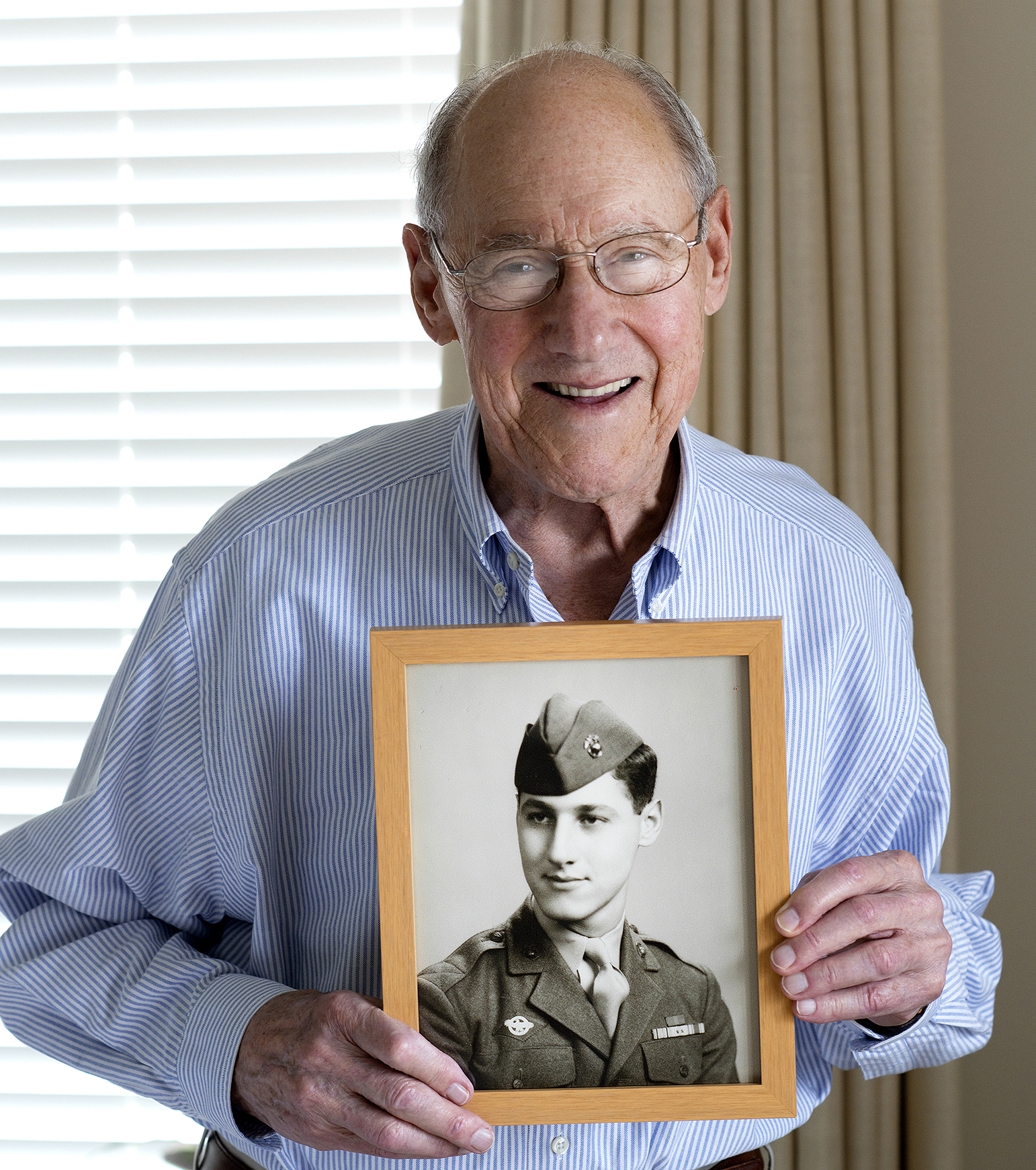

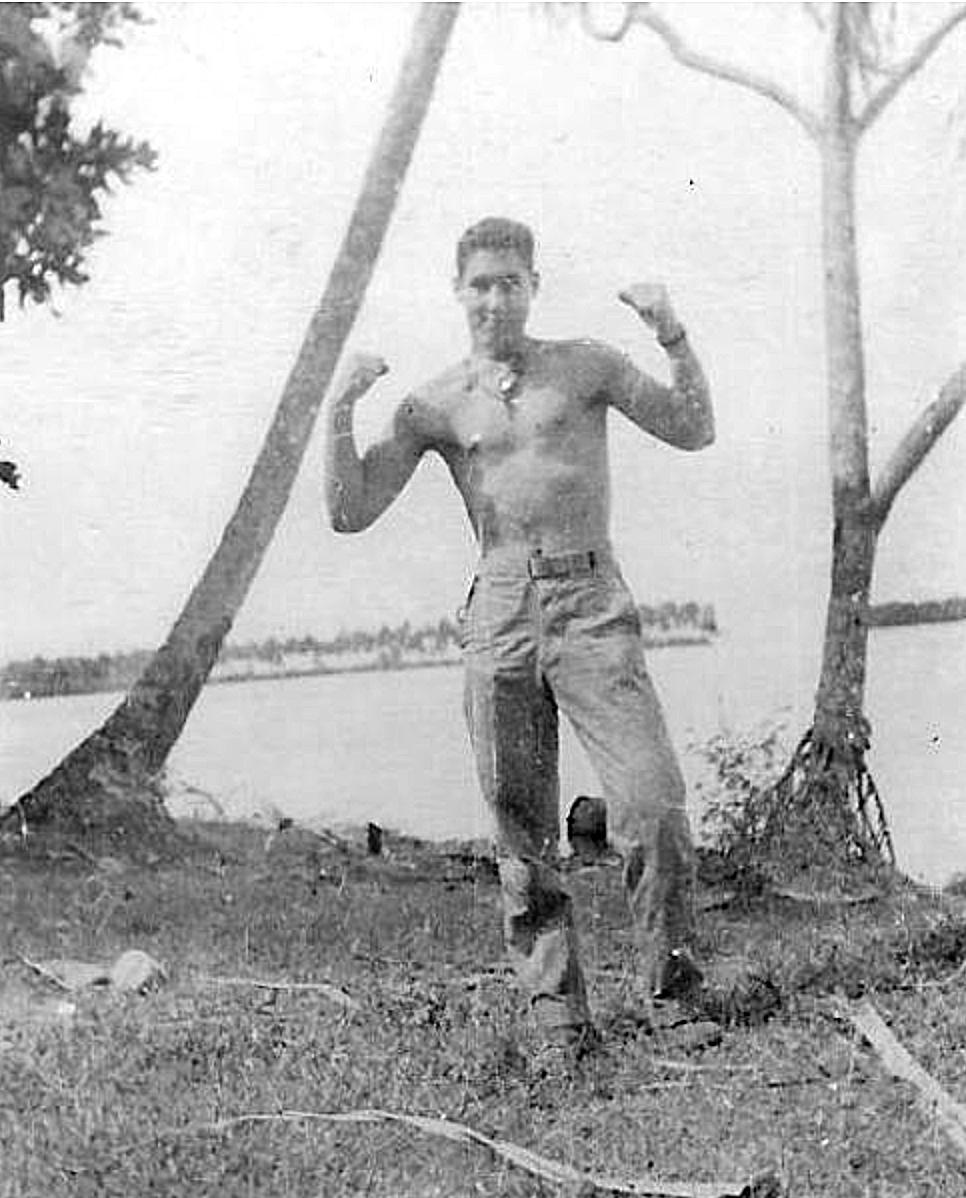
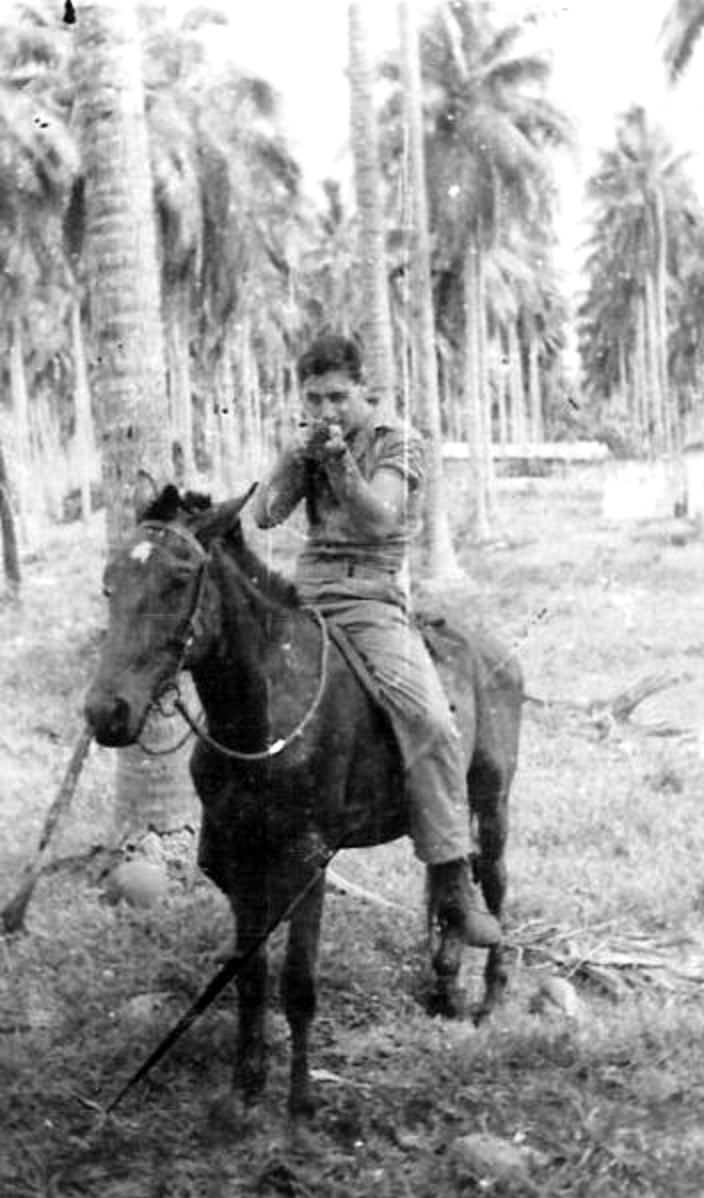
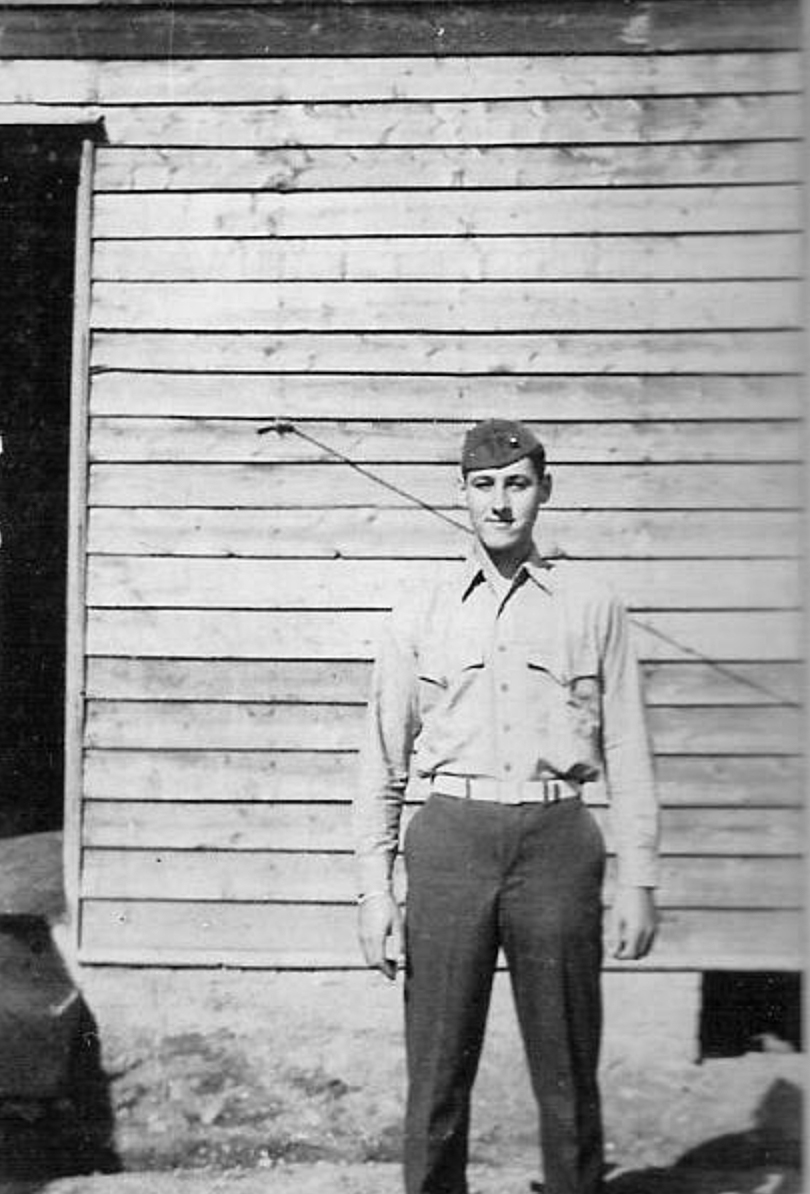
Robert Arand
Robert Arand was a B-24 and B-25 Pilot in the 2nd Squadron, 22nd Bomb Group in the 5th Air force serving on combat missions in the Pacific Theater of Operations.
“I was born on December the 7th 1922 in Northside in Cincinnati, Ohio. We had a real close knit family. Mom was the leader of our family and my dad was more or less in the background. I recall doing different things with my dad, but he was always a home kind of man. Mom was the leader of the pack, whatever she said was gospel. Whatever she said, I did.”
“I remember being at St. Patrick’s Church School and St. Joseph Orphanage was next door. All the nuns slept in the orphanage there. That was their headquarters. I remember the 4th grade teacher, Sister Marie Cosca. She was a son of a gun, if we made any trouble in class we used to have to hold our hands out and she’d slap you with a ruler. We used to move our hands away and she’d hit her gown with the ruler and she’d give you two more slaps *laughs* But other than that, my childhood was ideal, I had no problems. The only thing I can remember, is that dad was a smoker and when I got up close to begin a teenager I had to roll his cigarettes. He’d have the old tin boxes full of his tobacco and you’d roll them over and cut the ends off. My dad knew exactly how many cigarettes I could get. But I never tried to hop any of them. There was a man who we called Old man Kist, who used to bring his cows up on Dane Street and then go in the lot there and he’d have his cows there and then at night time he’d come back and take them back down to his barn on Spring Grove Avenue and then milk ‘em.”
“They had the electric track line running up along Spring Grove Cemetery up Dane Street and along the wall there… It went all the way to Dayton. There was a single car with an electric wire. At night time at 7:30, they’d bring that traction line up there with two empty box cars and we would hop into one of the box cars, ride up to Hamilton Avenue, hop out and walk home. That was a lot of fun. When we got down there, I remember Howard Zimmerman, he smoked and always had a pack of Camels in his shirt pocket with the Camel label facing out. One day I thought well hang on I’m going to try this and see what smoking is all about. So I said “Hey Howard, give me a cigarette. He had one in there already sticking up. Also in those days everyone would roll their own and he would take cigarette tobacco and roll it… and in those days horses were always on the street. He would take dried manure and put tobacco on both ends and you’d start smoking and you’d hit that damn manure and that was it. I tried it once and I didn’t throw up or anything, but I felt terrible. I got home that night and mom was like “Robert what’s wrong with you? You look like death warned over you, you look as white as a ghost!” I said Mom I just don’t feel good, I didn’t tell her I tried a cigarette *laughs* But I tried for two months after that to throw rocks at Howard Zimmerman. I didn’t hit him or anything, but the fact that he did that, cured me from smoking. When I was in the South Pacific, every week we’d go to the PX, sign your name, they’d give you a carton of cigarettes and a six pack of beer and I had a duffle bag with six cartons of cigarettes and when we went onto leave over in Australia, I’d stay there for a full week night clubbing and everything else and everyone would buy you drinks. The cigarettes were like money because our military pay was sent home to our families. The money was sent home to keep gambling down on the bases. I’d go to the naval base and get a big can of ice-cream mix, ice and everything else I needed, I could get anything I needed for a carton of cigarettes. I even traded one guy a carton of cigarettes for an ice-cream mixer! And so we sat in the Philippines in our shorts and made ice-cream.”
“I was drafted into the Air Force. On my 18th Birthday, the place was down on Nolton’s Corner, all the boys in the area where we lived went through that draft board there. I had my draft notice when the war started and I said to my mom, I’m not going to be drafted and be put in the infantry, I want to try and be an aviation cadet, so I went up to Wright Patterson Air force Base, took a test, and I failed by two points because I had very little math skills. So that sergeant said Lieutenant Bob Arand, we’ll be down at the Federal building in Cincinnati in January. Come down and take the test and you’ll pass. So I came home and told my brother Clarence most of the questions they had asked me and he and I went down to the Federal building in February of 1942, took the test and we both passed. We had to wait until February of 1943 until they called us in because there were no bases available, the Americans were way behind in getting prepared for the war. All of the bases were still in the process of being established. The year before my brother and I were drafted, we worked almost an entire year at GE. We went out in an old Model A Ford with the girl up the street and Bob Murphy. We’d go up Vine Street and other side streets because the express ways hadn’t been built yet. But every service station we’d pass we would have to stop and put water in the radiator because it leaked. We would have gallons of water in jugs so when we came out of work we could fill the radiator back up to get back home.”
“When I left Cincinnati by train, I was sent to Marshall College in West Virginia. Marshall’s base dorms were so full that they sent some of us down to Prichard Hotel. So we’d march on the street every night to and from the college singing songs. We had a lot of fun with that and we felt proud. After I went to college there, I was sent by train to Quero Texas for instructor training in Piper Cubs and Stearmans. My instructor had a weatherbeaten face from all the flying he had done in open cockpit planes. He was making sure that I could take it, being up in the air. I was then sent to three other bases in Texas for basic and advanced training. Then in late 1944, I got my wings at Randolph Field near San Antonio, Texas. After I got my wings, I was finally able to come home and see mom for the first time since I had been at Marshall College when they had open weekend for parents.”
When it was time to be shipped overseas in early 1945, Bob already had his crew. After he finished training and got his wings, he was flying the B-25’s before he ever received his commission. His class was the first to do that. In Texas they practiced low level strafing. “ I remember the cattle down there, we’d do low passes and they’d scatter all over the damned place! But we were staying as low as possible during this training.”
We transferred to B-24’s when the high command said that the B-25’s didn’t have enough distance to be able to fly the combat missions we were tasked with flying. “I flew out of Wewak, New Guinea. It was the longest mission we had ever flown, 14 hours and 15 minutes. Out of that I flew 12 hours and 50 minutes of instrument flying in weather all the way down to the target. We hit a Japanese airfield and I thought to myself how the hell are we going to win this war. I flew that entire distance down and some of the planes that were flying with us were lost in storms because we had to fly alone when we hit serious weather to prevent from crashing into each other. The weather was our biggest culprit, in the South Pacific, most of the planes that we lost were lost because of bad weather. The weather forecaster would say you’re going to hit the Formosa. We’d have a plane flying out of Clark Field on Luzon Island in the Philippines the night before our missions and it would fly out and every 100 miles they’d radio back what the weather was. The forecaster would have to decided what the weather was going to be like for us. It was never 100 percent.”
“Looking back to a Sunday before I joined the outfitI can remember my bomb group lost 15 planes to bad weather. They couldn’t find the airfield, they were flying too low and would hit mountain sides. They called it Black Sunday. It was just terrible.”
Robert Arand said he was just glad to come home alive, but since he was flying towards the end of the war and the Japanese had very limited, if any, air force to fight back with, he wasn’t too worried about losing his life.
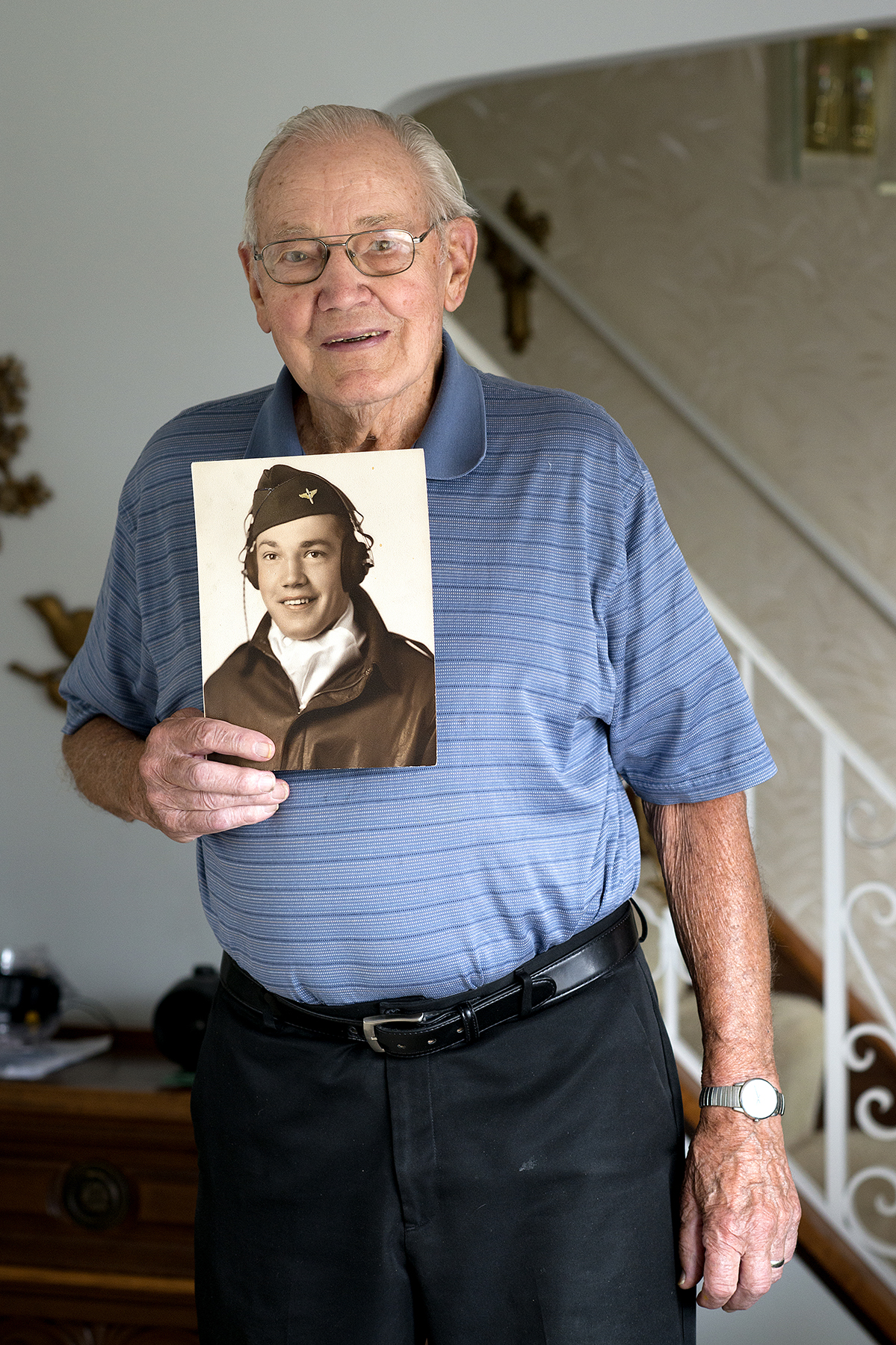
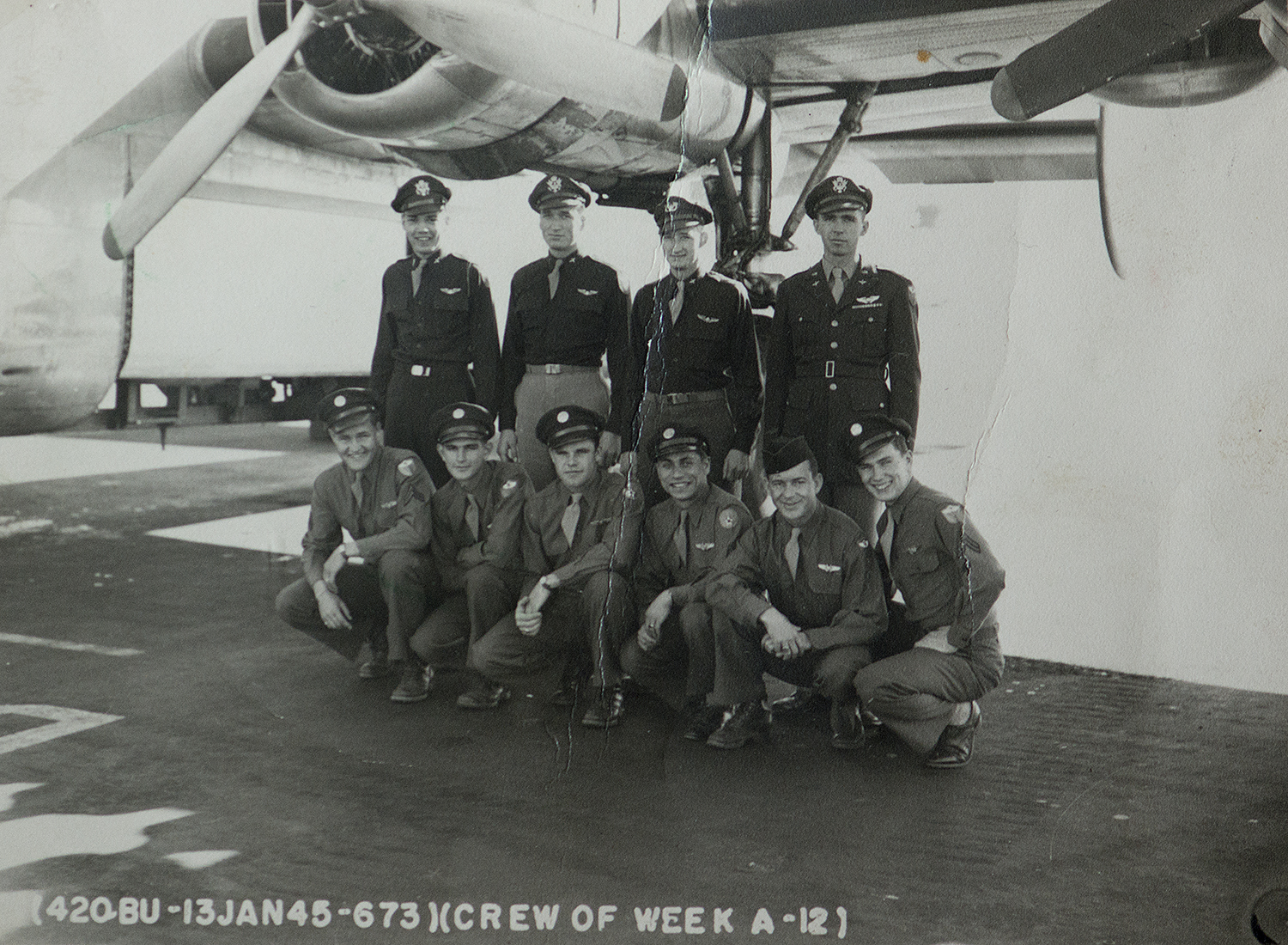
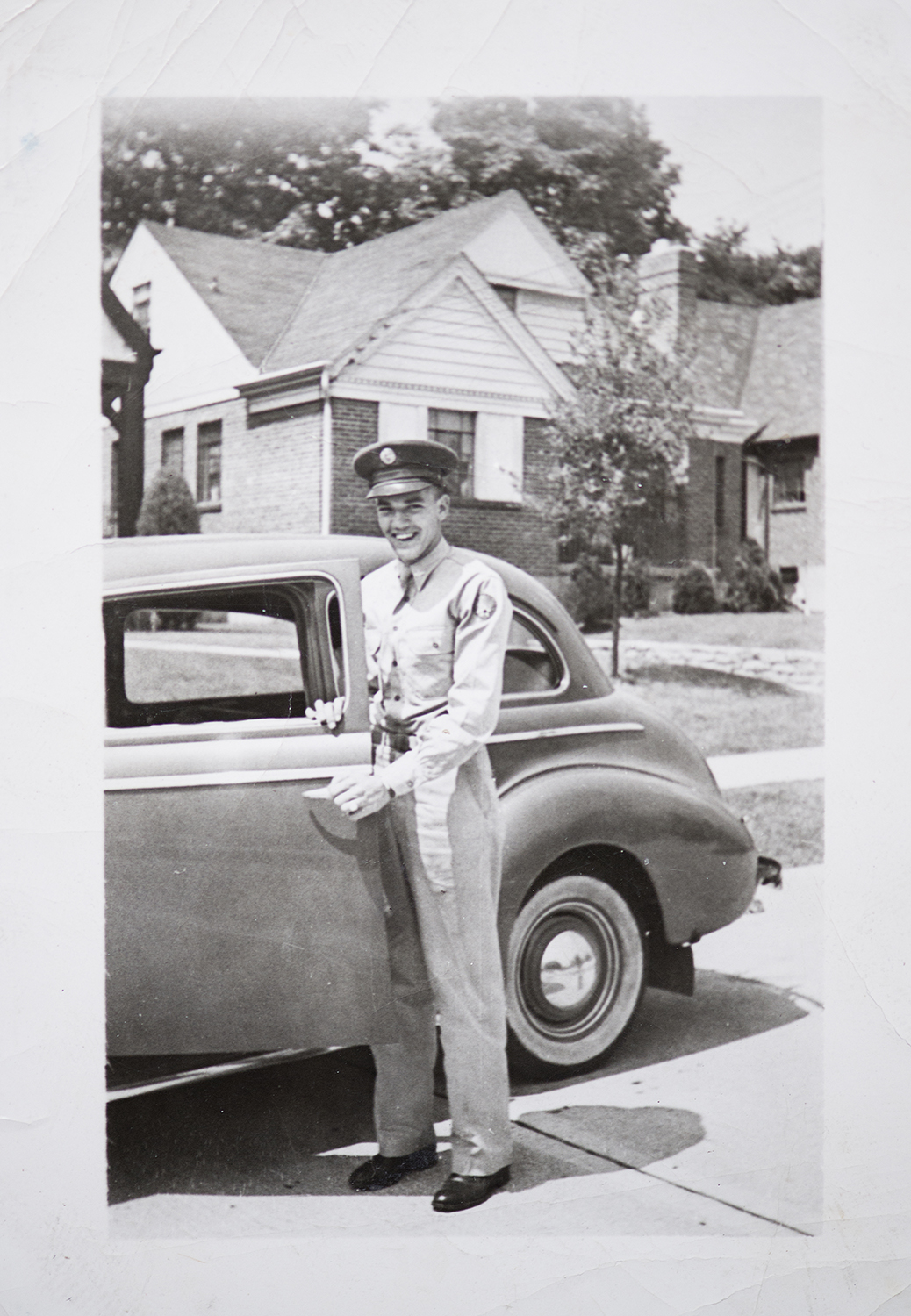
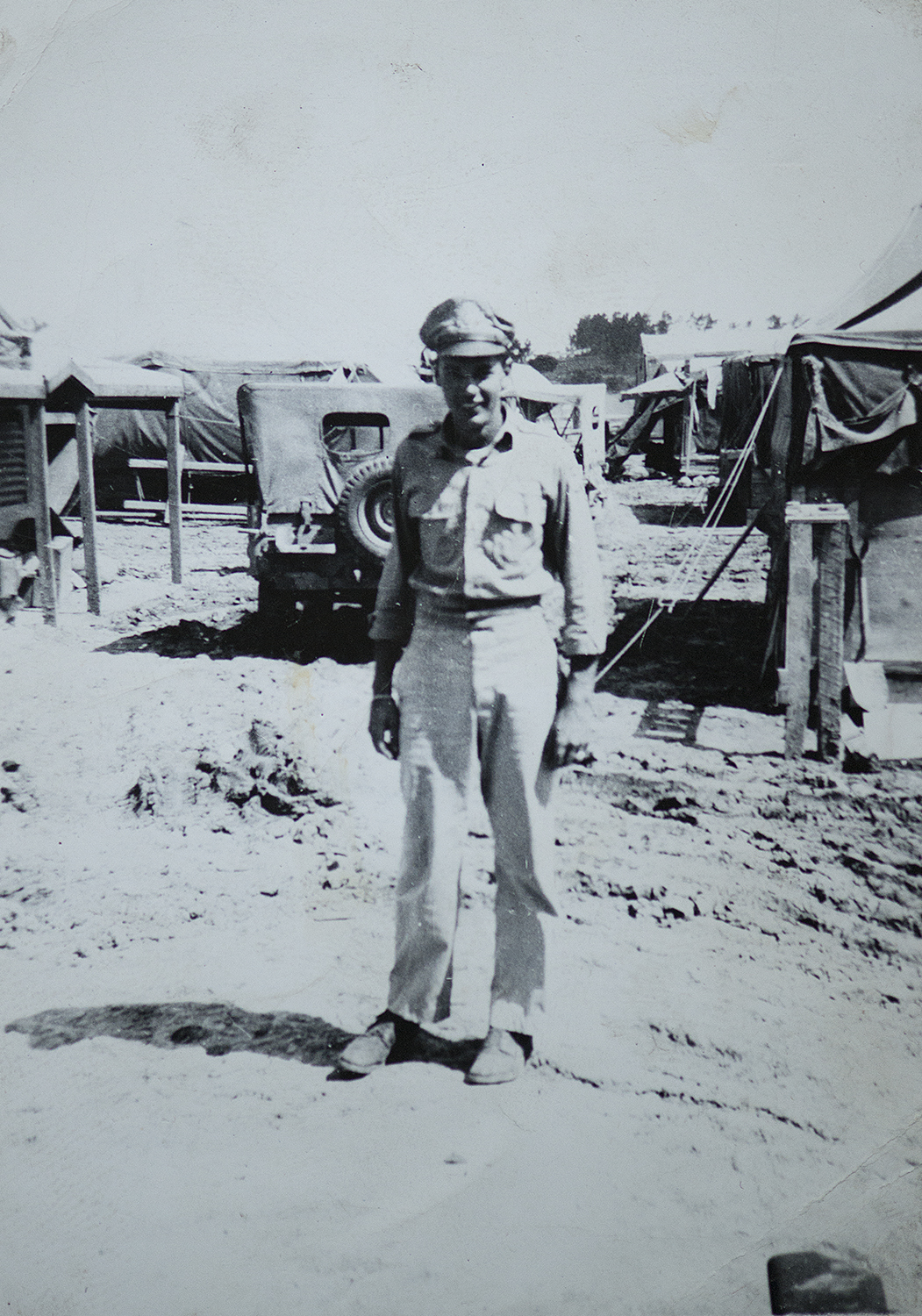
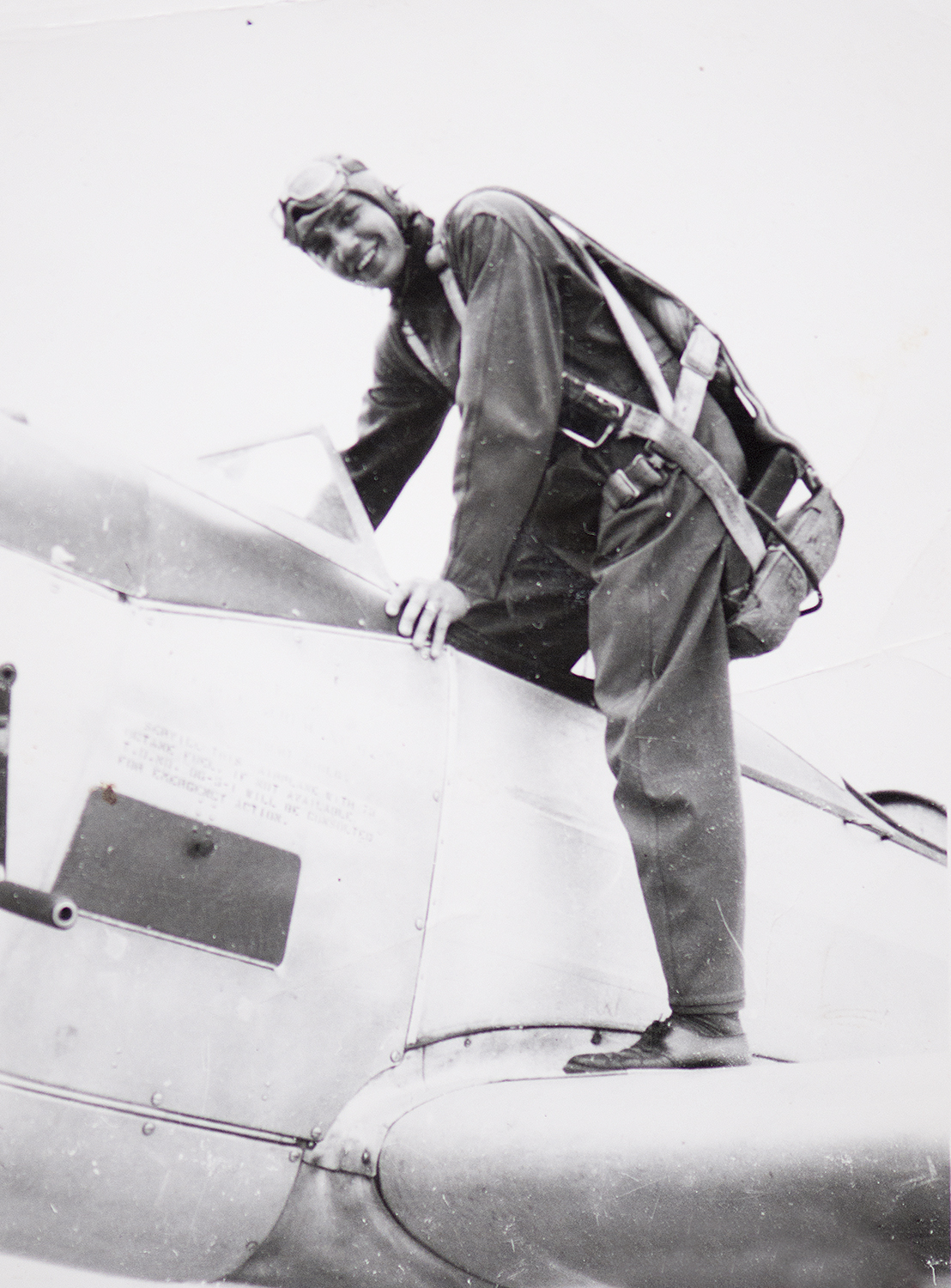
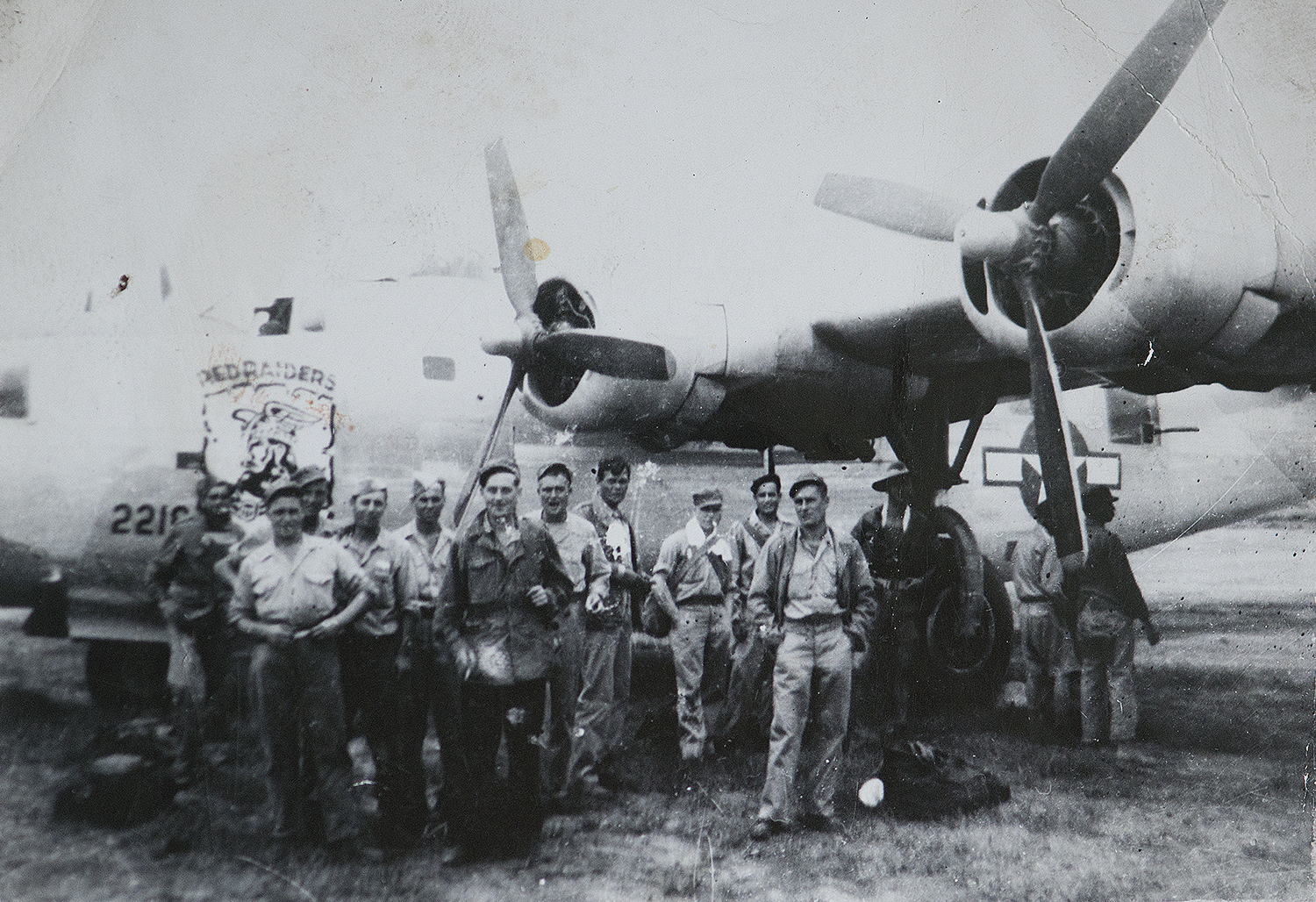
Clarence Arand
Clarence Arand, a B-17 Pilot during World War Two, was born in Northside, Cincinnati Ohio in 1923 on Christmas Day. It was during the depression and there were 8 kids in the family and they didn’t have a lot of money. He and his brother Bob, who ended up being a B-24 pilot in the Pacific Theater, were really close being one year apart and did almost everything together. “It was during the depression, we had to make our own toys and come up with ways to entertain ourselves, but we managed and had a lot of fun. After Pearl Harbor, Bob was being drafted and had to report, he was a year older than I was. I talked to my mother and said hey I want to enlist with Bob because that way I can stay with him when I go into service and mother okay’d it. So I went down with him on Thanksgiving day in 1942 and he and I enlisted in the Airforce. When you go to the draft office they’d give you a physical which would decide what branch you served in. We were both put into the Air Force. Two of our buddies went with us, one was put in the Navy and one was put in the Marines.
We got called in February of 1943 and reported to Camp Atterbury and were then transferred down to Miami Beach Florida to an Airforce Depot. We were down there for a few months and then I got sent to South Carolina, but the problem with that was that they sent me to South Carolina and sent my brother Bob’s records with me. So instead of sending me back down to Florida and my brother up here, they just sent his records back and switched our records, so instead of going to the Pacific, I ended up going to Europe! I went from there to Due West South Carolina College and we had to take some courses there for three months. I was sent to McBride Missouri outside of Saint Louis, where I received my first lessons in flying. We had the lessons in Pipercubs and Stearmans. I had my basic and advanced training at an airfield in Illinois. A bunch of us were sent out to Iowa where we were promoted to 2nd Lieutenants, up until then I had been a cadet. After becoming a 2nd Lieutenant, I began flying B-24’s at Chanute Field, Illinois. From there I was sent to Pueblo, Colorado and that’s where my crew was assembled, except for the navigator because those guys didn’t need to be on the planes while we were in flight training because our flights were all close to the air base, so they joined later. We were out there for 4 months and during that time I crashed the B-24 into the Rocky Mountains, the same day that my navigator, Americo "Rick" Penna, was set to be assigned to my crew. He arrived to the air base in Pueblo, walked into our barracks and asked where the Arand Crew was and they said they are over in the hospital, they just crashed. Who would want to join that crew knowing that? *laughs* The government interrogated me a few days later and the Captain who was doing the interrogating wanted to know what happened when we crashed and then he said, “I’ll tell you one thing, if I was to go back overseas I’d want to go with you guys because you guys are going to come back… I guess because we crashed and we all walked away from it without a scratch.” We went to the hospital, they checked us out, no one had gotten hurt, except for the engineer, he cut his forehead on the turret. He was standing there and it all happened so fast. He was still standing when we hit. We got out of the hospital, got something to eat and we had to go fly for a couple of hours and that was to keep us from being scared. So we got up and flew around and when we got back I met Rick Penna, my navigator for the first time. I guess he didn’t mind what happened, he stayed with the crew!
From there we went to New Jersey and that’s when we got on the Queen Mary. There were a little over 20,000 troops on that ship. It took us 5 days. We went down by South America and all the way back up. We left with a convoy at night and the next morning we were out there all by ourselves! And I asked the Captain, where’s the convoy? He said, “oh we left them, the convoy can only go so fast!” I asked him how fast the ship was and he said if we had to, if it needed to escape a German submarine, it could hit 41 knots. We arrived in Scotland and from Scotland we took a troop train down to England and ended up at Mendlesham Airbase in December of 1944. I was between Scotland and England during my birthday. That’s when I started training on a B-17, I was part of the 391st Squadron - 34th Bomb Group - 3rd Division - 8th Airforce. At that time the 3rd Division of the 8th Airforce was changing from B-24’s to B-17’s. The 17 is a lot easier to fly than the 24. My first mission was February 17, 1945 to Frankfurt Germany and I flew as co-pilot to get an idea of what it was like to fly in combat. The pilot’s name was Lutz. When I came home from that mission, I was given my crew and from that time on I flew with them. Sometimes I didn’t take all of my crew members, depending on what we had to do. A few of the missions we flew solo ahead of the bomb group dropping chaff. We would fly alone ahead of the bomb group and throw the chaff out to mess up the German radar. We had two of those missions. Flying combat missions wasn’t nerve racking, I was young, I was 21 years old and I was just doing my job. You don’t think of that kind of stuff, it was more like a game. You’d see dog fights, enemy planes would be buzzing by the plane and my gunners would be firing. It’s hard to describe. It doesn’t sink in that “hey I could get killed or hey I’m going to kill someone”. You don’t think about that. Most of the time my crew was eager to get back so they could go into town and have a drink! *laughs*
One of my missions, over Jena, Germany, we had flak blowing up alongside of the plane, the plane was shaking heavily, that was pretty close and we had a lot of holes in our plane, but we didn’t get hit by any fighter planes. Mac got hit in the chest, but he had his flak suit on, thank God. This was the secondary target, the primary was Mercersburg. We came back over Patton’s front and they were really raising hell down there. The field closed in and we thought we were going to land in France. When the P-51’s would join us on missions, they would be way out and if we were being attacked by German fighters, the commander would call and they’d come in swarming on the fighters, but other than that they’d be way out on our flanks, in fact you wouldn’t even know they were around. If there was a lot of flak you wouldn’t have enemy fighter planes, so our fighters wouldn’t be around either. For us though, there was a lot more flak than anything because at that time the Germans were running out of fighters, a lot of them had already been shot down.
When the fighters were up there, you’d fly a tight formation, but when the flak came, we’d spread out to reduce impact. I saw one of the B-17’s in our bomb group take a direct hit in the wing… the wing was just completely blown off and the plane went down. You know you didn’t realize that those guys in that plane were probably killed, you didn’t think about that. You knew it happened, but you just blocked it out of your mind. There wasn’t anything you could do about it.”
Clarence ended up flying a total of thirty two missions. His last mission was on May 3, 1945, over Schipol Holland, five days before the Germans surrendered. After VE Day, he was able to fly his plane back from England to the United States and landed in South Dakota,was there for a week or so and eventually ended up at an air base in Mississippi where he started flying B-29s in preparation for the attack on the Japanese mainland. “It wasn’t much different from the B-17, it was just a bit larger”. But after getting about 30 hours in the atomic bombs were dropped and the war ended.
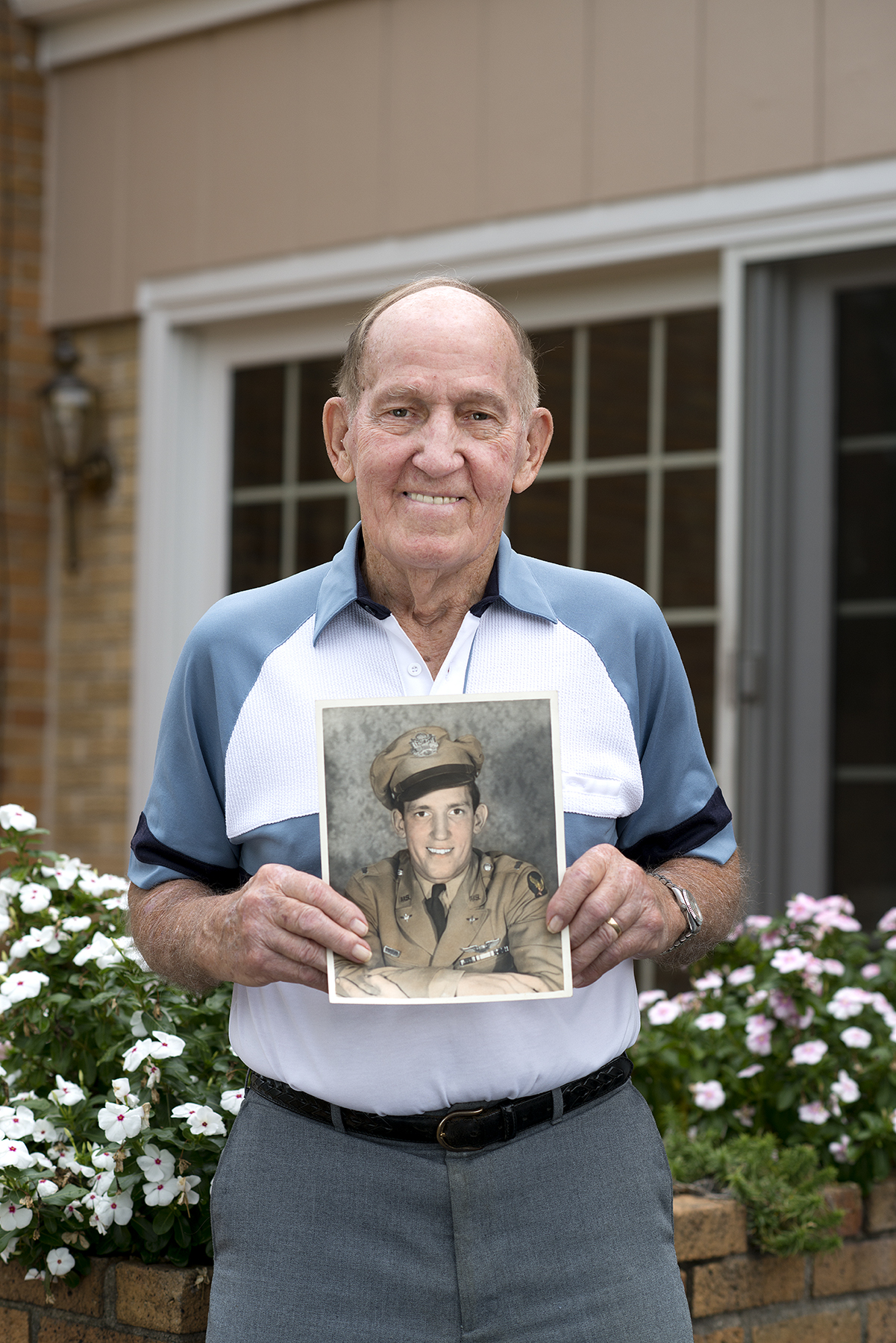
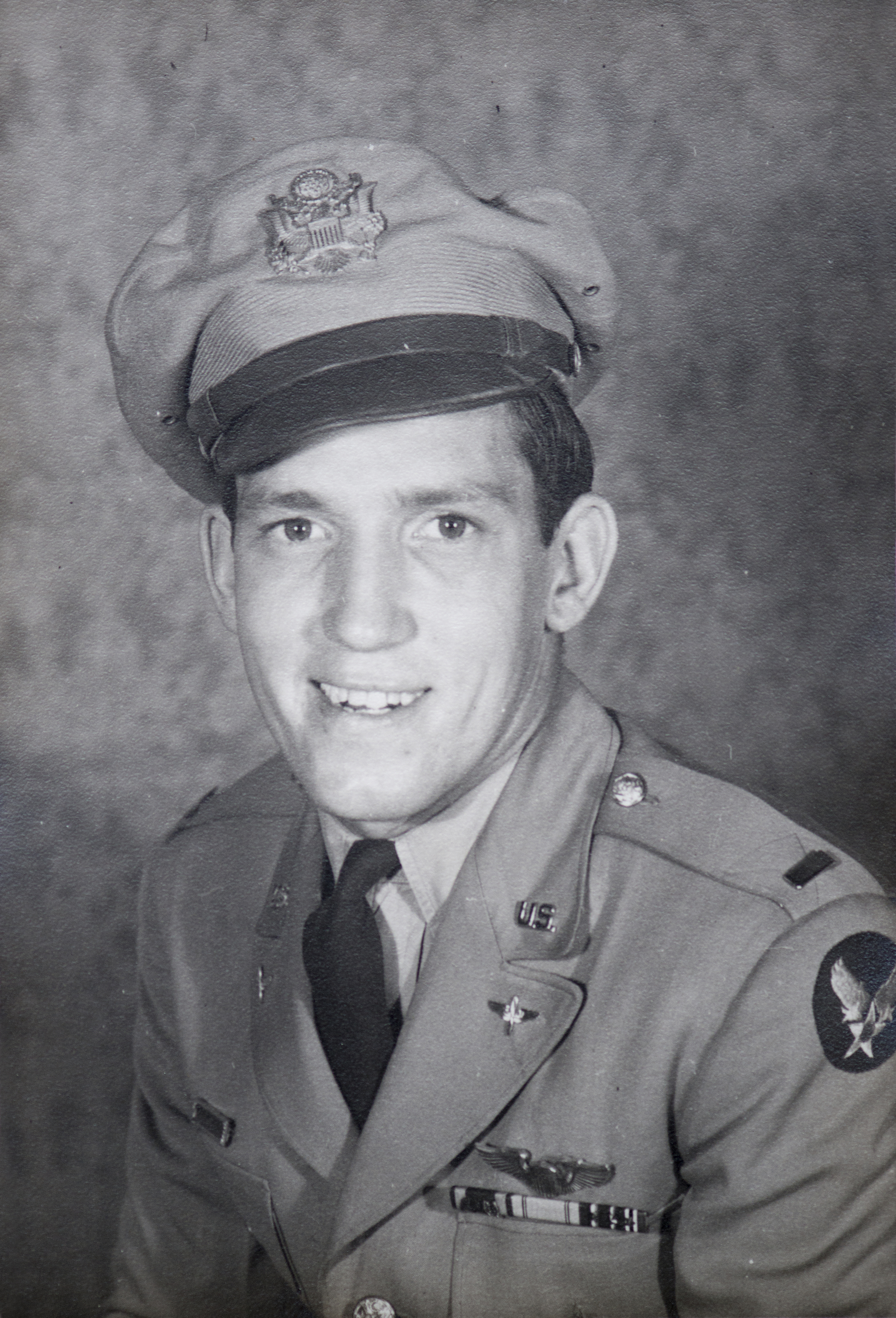
Clarence Arand service portrait
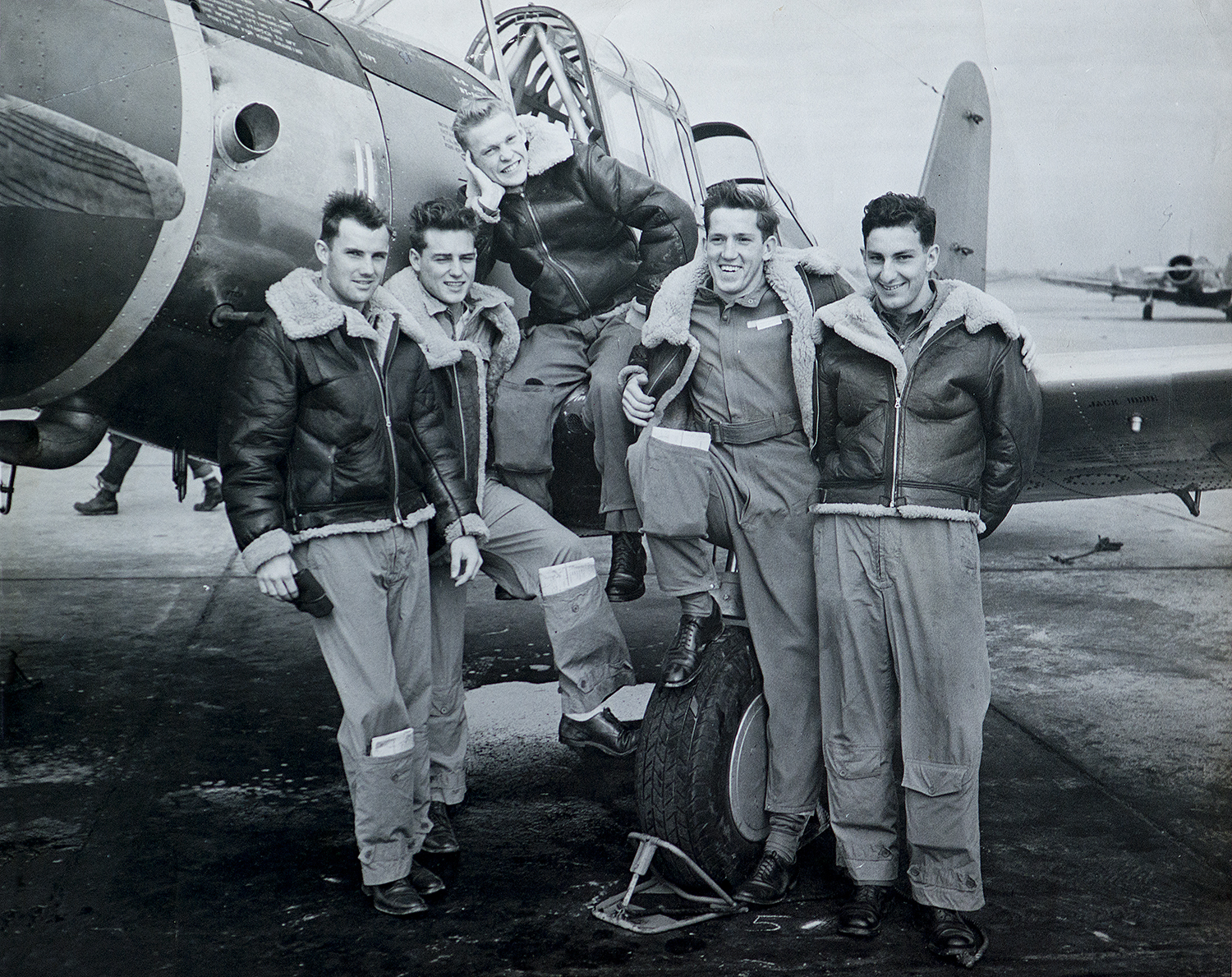
Clarence (Second from the right) and some of his B-17 bomber crew while training in the states.
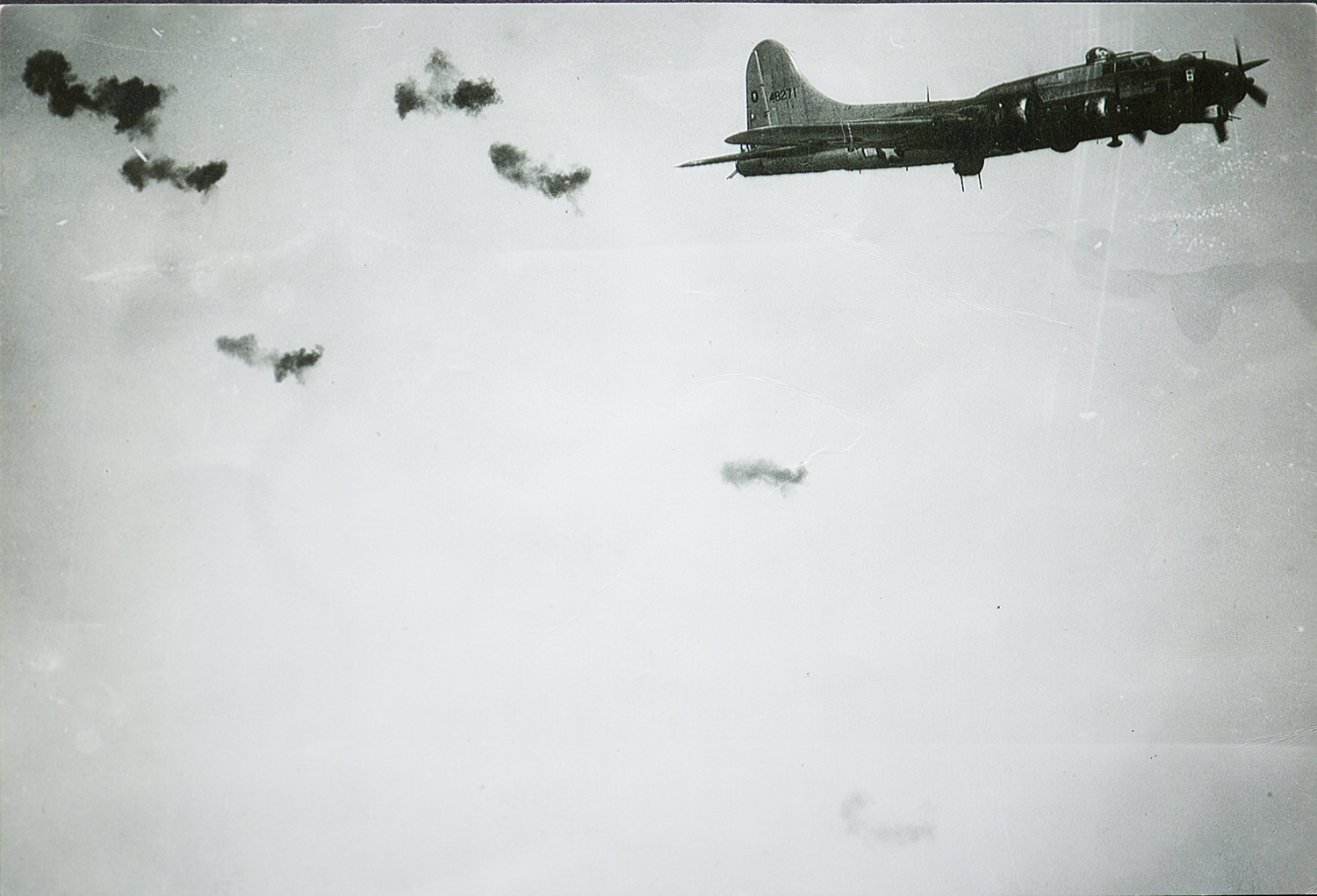
Clarence's B-17, Battlin' Butch flying through some German flak while on a combat mission over Germany
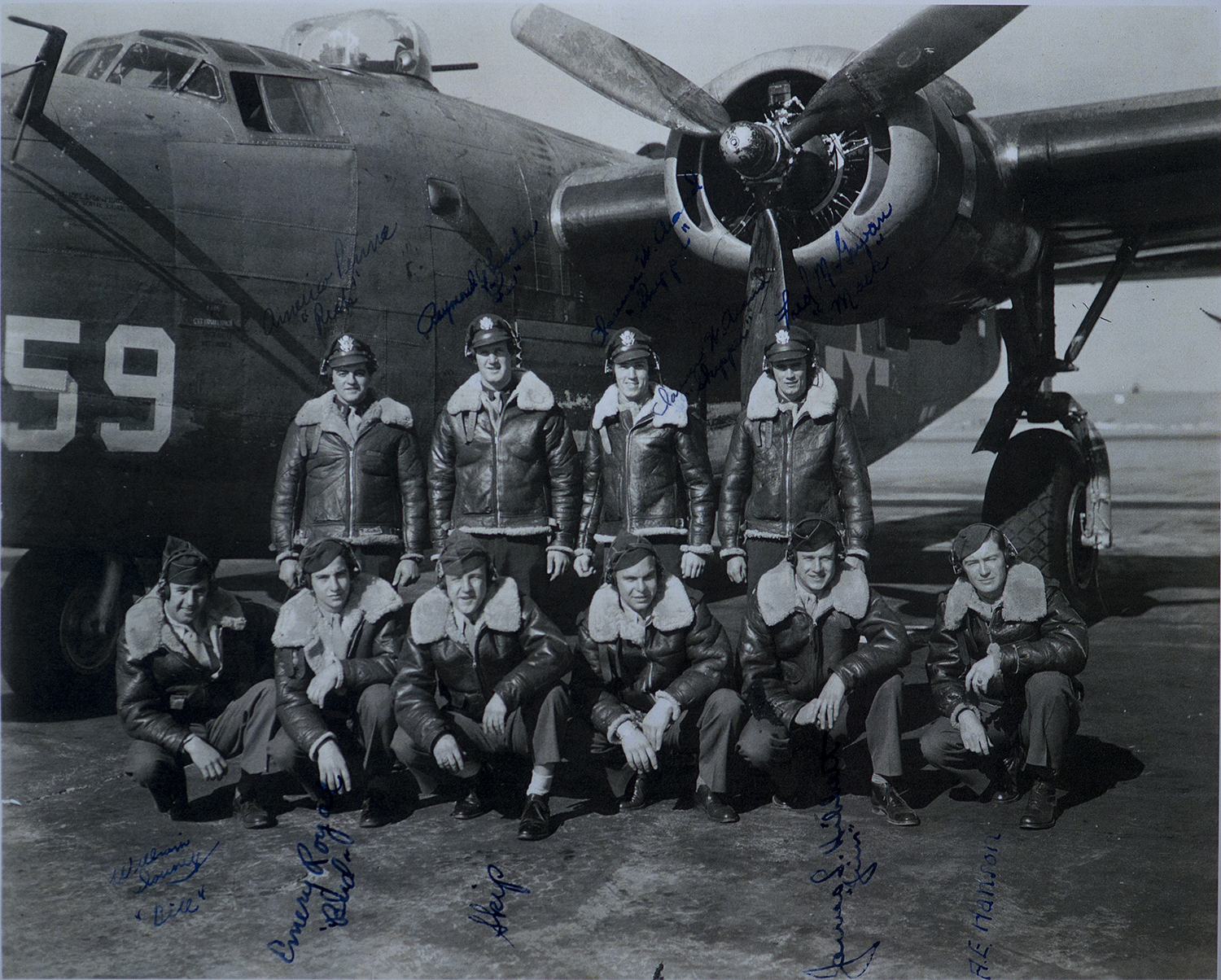
Clarence's crew (part of the 3rd Division) trained on B-24's here in the states. Once they made it to England, the 3rd Division was transformed into a B-17 Division.
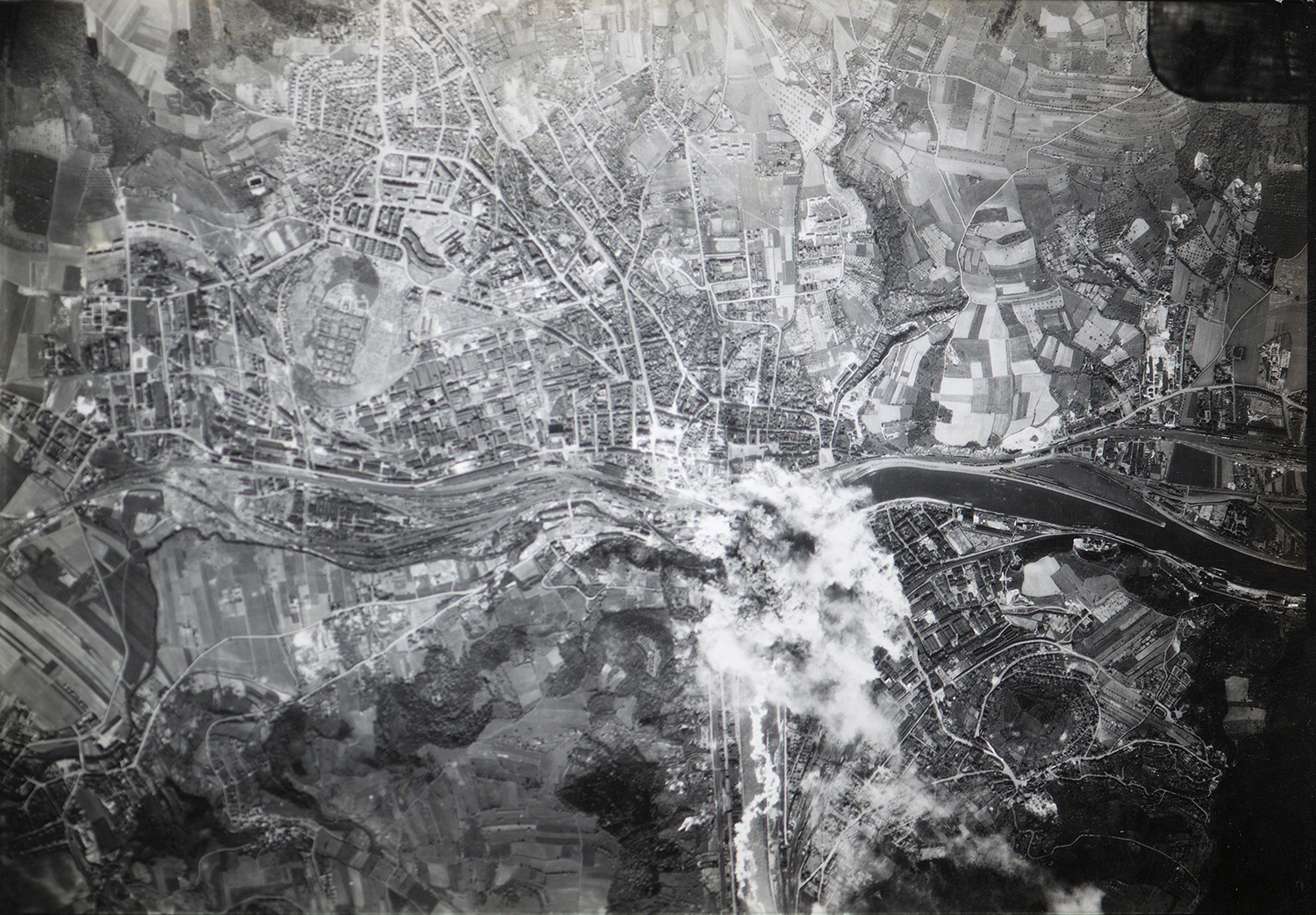
Aerial photograph of the 34th Bomb Group's target at Aussig.
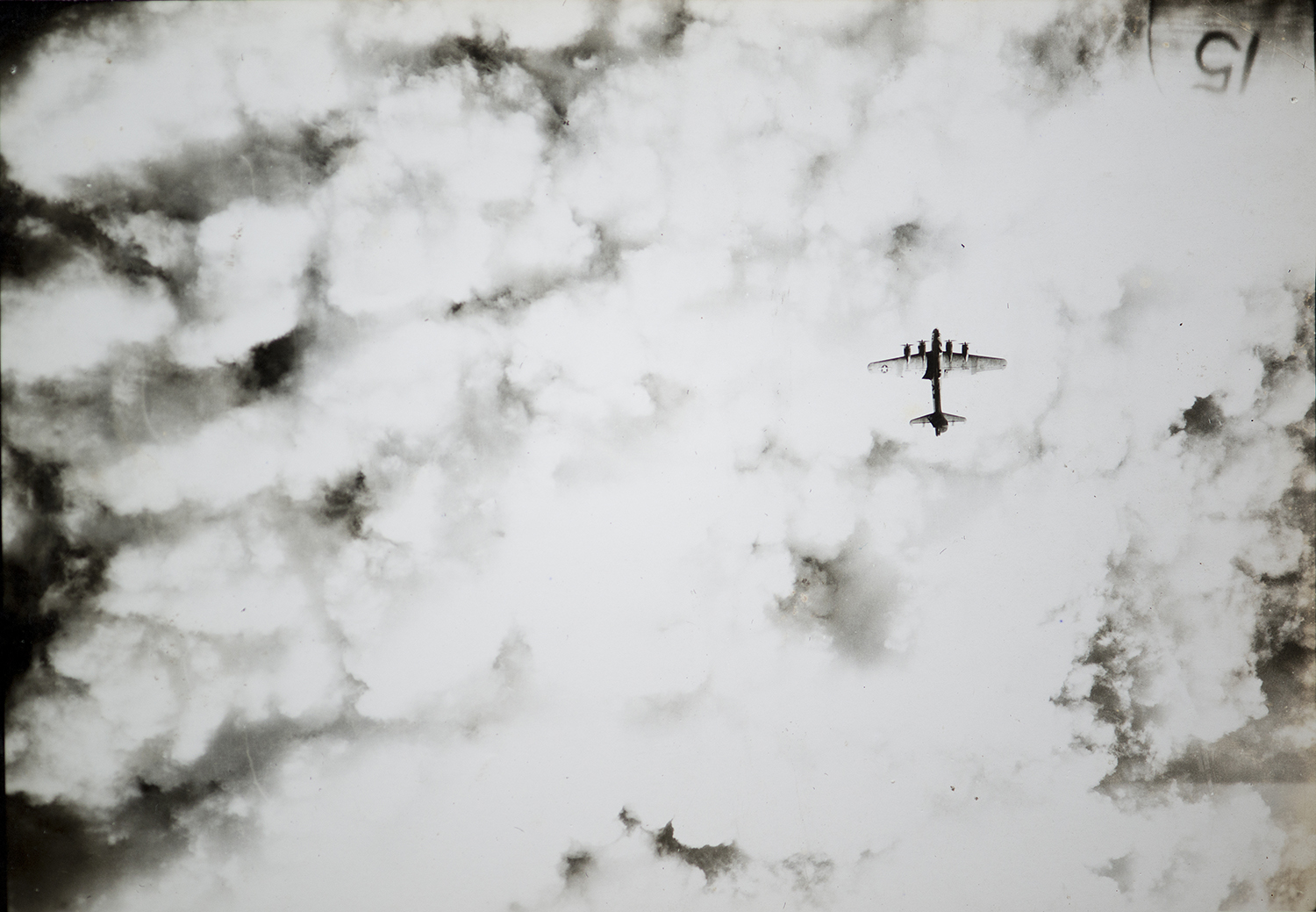
34th Bomb Group B-17 flying over cloud cover in Berlin
Dick Tracy
This is Mr. Dick Tracy, a 96 year old World War Two veteran who served in the US Marine Corps. Dick was born in 1919 and entered the United States Marine Corps in 1940, from Franklin, Ohio. After completion of rigorous “Boot Camp” training, Dick was assigned as a mortar crewman in the 5th Marines 1st Marine Brigade at Guantanamo Bay, Cuba and New River, North Carolina. The Brigade formed into the 1st Marine Division and Dick was assigned to the Mortar Platoon, H and G Companies, 5th Marines. In 1942 he and his comrades were deployed to the Pacific Theater of Operations, including assignment to New Zealand. He participated in landings at Peleliu, New Georgia and New Britain and also served on Guadalcanal. Dick served under Lou Diamond, a legend in the WWII Marine Corps, known for leadership and mortar skills. During his service in the Marine Corps he suffered shrapnel wounds and then a broken leg at Peleliu, which put him in the hospital and eventually back to the US. It was a pleasure meeting him today at the Germantown Museum in Germantown, Ohio.
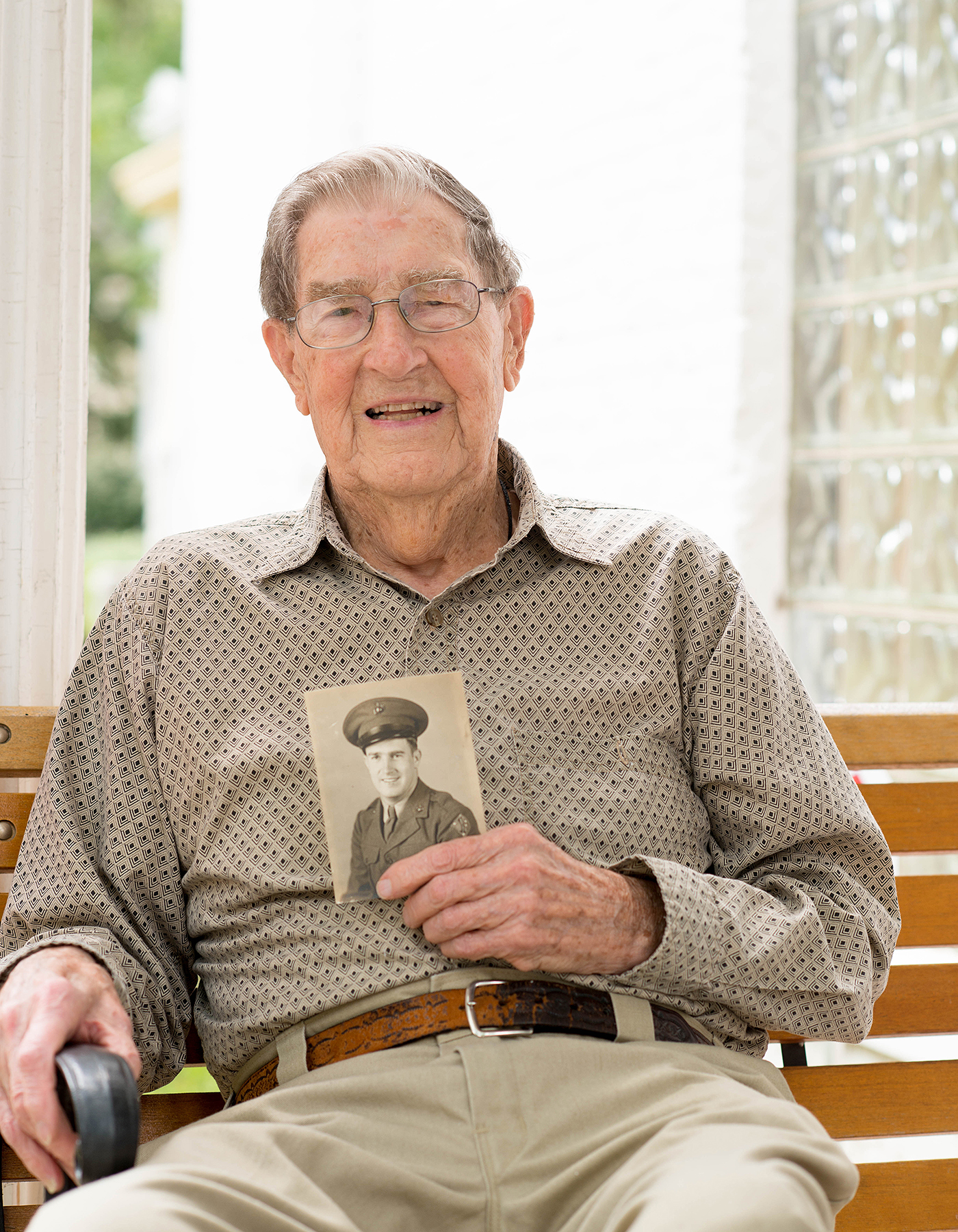




Herb Heilbrun
Herb Heilbrun was born October 11, 1920 in Cincinnati, Ohio to his father Herbert, who worked for his wife’s family business that “produced high-quality made-to-measure men’s suits” and his mother Mary Lou, who “Had a promising tryout during Hollywood’s “silent” era, but decided that life in the movies was no life at all after working severals grueling days as a film extra”. As a young boy who loved building wooden model airplanes, he attended elementary school at North Avondale Elementary in Cincinnati alongside his future best friend and Tuskeegee Airman, John Leahr. Herb remembers December 7, 1941, when the Japanese attacked Pearl Harbor. He didn’t hear the news until later on in the afternoon when he stopped at a favorite restaurant in the neighborhood called Sugar N Spice and all of the employees were sitting around listening to the news on the radio; the “Japs” were bombing Hawaii. He had just turned twenty-one in October and was working at the Wright Aeronautical defense plant that had just opened north of Cincinnati and within weeks he decided to join the Army Air Corps and do something he had always dreamt of doing… learn to fly. That following May in 1942 Herb passed the entry exams for the Air Corps and the Cadet Board of Examiners and was then sent home to await an opening for aviation cadet classes. He was finally called up in February of 1943. He had B-17 training in New Mexico and B-17 combat crew training in Texas. When he was finally ready to set off to Europe in a shiny new B-17G, everyone in his crew showed up except his waist gunner. Missing even one member of the crew forced them to be considered incomplete for combat and they were broken apart and placed into other squadrons as replacement crew members. Herb was forced to return to combat crew training and eventually was able to ship out overseas. November 1944, Herb landed in Italy with combat assignment in the 301st Bomb Group. Combat airfield life forced the men to live in a tent city, take off on runways made of interlocking steel mats and build furniture from from junked aircraft.
The following excerpt is from “Black and White Airmen - Their True History” (John Fleischman)
We have to fly whatever airplane is given to us because they’re always fixing something on them. “On February 1, 1945, Herb found himself in a deathtrap, only it was his own side that nearly killed him. It was mechanical failure, not flak. The mission was an oil refinery at Moosbierbaum, just outside Vienna. The weather was awful. The B-24’s, which flew at lower altitudes, were more vulnerable to bad weather, so the pressure was on to get as many high-altitude B-17s as possible into the attack force. That put the major in charge of the repair shops for Herb’s squadron under the gun. The night before Moosbierbaum, Herb’s crew was on the order of battle, but rumor said that there weren’t enough airworthy B-17s for such a big mission. The major promised a maximum repair effort overnight. Herb had no idea what he would be flying in the morning.
Crews always had favorite aircraft, but except for the special Pathfinder ships, no crew had a guarantee of getting their “own” plane. Herb’s crew preferred “Haley’s Comet” a bright metal B-17G named by a previous crew after Jack Haley, the actor who played the Tin Man in the Wizard of Oz movie.” That was the plane Herb’s crew wanted to fly most if it were on the flight line for the next day’s mission.
“The Comet was out of action for Moosbierbaum; they would have to take the luck of the draw. But when Herb reached his assigned aircraft on the flight line, he was stunned. It was a crate, an orphan B-17 from the Eighth Air Force in England that had crash-landed behind Soviet lines, been patched together, and flown out to Italy. It belonged to no one now unless the major’s repair crews tore it apart for spares or converted it into a squadron “hack,” a stripped-out bomber good enough to fly men to Naples or Rome on leave. Suddenly this old crate was pretending to be a bomber again, sitting there fueled, armed, and bombed up to join the order of battle. When Herb reached the cockpit and pulled out the plane’s logbook, he felt sick. The engines had 521 hours on them. Herb knew from his time at Wright Aero that an aircraft engine with close to 500 hours on it wasn’t safe. After 500 hours, an engine needed a total teardown and rebuild. To fly this crate on a combat mission was crazy. But it was too late. Planes all around them were going through the engine start drill. Any minute, the colonel’s ship would be rolling toward takeoff. The rest of the squadron had better be with him at 10,000 feet and building the attack formation within minutes. Herb remembered what he’d told his flight engineer before Brux: “We’re going to fly whatever airplane they give us. We’re going to fly it to wherever they tell us.”
Herb Glanced across at Harry in the copilot’s seat. There was nothing to do but start the engines and pray. Maybe an oil seal would blow on Engine Start. None did. Herb took off, climbed to his assigned position in the formation, and set out for Moosbierbaum. All four engines were running, but Herb was worried. To keep up with the formation, he couldn’t nurse his suspect engines. As the bombers crossed the Alps into southern Austria, the number one engine began to smoke and then vibrate violently. Herb shut it down and managed to “feather” the head propeller; that is, he rotated the blades into a neutral position to minimize air resistance. Unfeathered, a frozen prop would drag them down as surely as if the airplane had a ship’s anchor dangling from the wing.”
Now it was equally dangerous to turn back alone or go on with the formation to target. Running on three engines, Herb ordered the bombardier to jettison half the bomb load. The barrage tore up the Austrian pastures below them, but the lighter airplane picked up a little speed. They would be able to stay with the formation, Herb thought, if nothing else went wrong. Then engine number three erupted in smoke and violent vibration. Herb feathered the prop. On two engines, they were finished, at least, with this mission. Herb lowered and raised the plane’s wheels, the signal to his squadron leader that he was aborting, and turned his crippled crate toward home.”
The radios didn’t work, I couldn’t get fighter escort, I couldn’t get anything. So I called the crew and said, we gotta problem, I want you to charge your .50caliber machine guns and stay with them. We’ve got two engines gone, we’re a long way from home, I don’t know what’s going to happen if we’re attacked, but we’re going to give em what we can give em!
I figured if I got over the Alps, the worst thing that could happen was that there’s a flat place before you get to the Adriatic that would allow us to either bail out or get it on the ground. We might be captured. We got that far and I made a little deal with the Lord, I didn’t say get me home *laughs* I was pushing that hard, I said just get me half way down the Adriatic because the British had launches in Yugoslavia and when they’d see an airplane they’d come out, pick you up and take care of you.
“Moosbierbaum was waiting for the rest of Herb’s bomb group with bad flak and terrible weather. The flak claimed two B-17s, and the weather scattered the attackers. But Herb and his crew were already fighting for their lives. The enemy was gravity. To get home, they had the Alps to scale first, and Herb would need every inch of altitude the plane could grab to get over on two engines. He ordered the rest of the bomb load jettisoned. The B-17 gained a little height, but the snowy mountaintops ahead still looked much too close for comfort. They had no Little Friends (P-51s) to protect them, but they had no choice. The guns had to go. Herb ordered the gunners to heave their heavy .50-caliber machine guns overboard, followed by anything else the crew could tear loose — the oxygen cylinders, ammunition, extra clothing, flak jackets, and helmets. They kept the radio, their parachutes, and the navigation chart. Somehow, they scraped over the Alps without attracting Luftwaffe attention. Herb recited one of his silent prayers, asking only to reach the coast. The minutes tick by. Herb caught a glint of sunlight ahead, flashing off the Adriatic. Then Herb saw a thin stream of oil drizzling out of engine number two. A B-17 can’t fly on one engine, at least not for long.
Herb prayed, “Dear Lord, please just get me halfway down the Adriatic.” His radioman made contact with an American flight control station so at least someone would know where they went down or if they bailed out. Herb, though, was determined to go home. He radioed ahead to the airfield, asking for fire engines and ambulances on the runway”… We got halfway down the Adriatic and I called the crew and told them we were going home. And I’ll never forget, I called base and said Foxtail one two to Long-skirt, I’ve got two engines gone, one leaking oil. I told them where I was at 7,000 feet and 75 miles away from you and I said if a group is landing please hold them and give me permission for straight in approach on one seven.
“Number two was leaking heavily now. Herb figured that he had one pass at landing. They were too low to bail out now, and too crippled to go around the field again. It was land or crash. On February 1, 1944, Herb made one of the best landings of his life in the worst airplane he ever flew. He let the crate roll all the way down to the end of the runway before coming to a complete stop. The crew climbed out, giddy with relief. They were home, safe, sound, and dry.”
The major came roaring up in a jeep. A magnificent landing, the major shouted, a magnificent achievement to make it back on two engines. “Lieutenant Heilbrun, you’ll probably get the DFC for this,” said the major, meaning that Herb would get the Distinguished Flying Cross, one of the AAF’s highest honors. What Herb almost got was a court-martial. For the next five minutes, the lieutenant told the major precisely what the lieutenant thought of someone who would send ten men on a bombing mission in an aircraft with more than five hundred hours on the engines. “Criminal” was one of the more polite words Herb used. Lieutenants did not talk this way to majors in the AAF, especially with so many enlisted men and officers standing around, soaking up every word. And yet Lieutenant Heilbrun said all that and walked away from the major. Maybe that was another reason for the DFC that Herb was awarded for actions above and beyond the call of duty on February 1, 1945.”
Herb continued flying, keeping his crew alive and ended his final Mission, with a total of 35, on April 16, 1945 - “Herb’s personal Victory in Europe day”.
For more of his story visit http://blackandwhiteairmen.org or contact Herb’s son Doug Heilbrun @ dheilbrun@nexgenconsultants.com

Herb in his bomber jacket and crusher cap holding his service portrait

Herb reading from his personal diary about his good friend Lyle being shot down.

A piece of flak Herb brought back from one of his missions and has kept all of these years since World War Two.

A detailed photograph of Herb's medals on his uniform.

Detail of Herb's Uniform and 15th Air Force Patch

Herb's B-17 flight crew. Herb is pictured bottom left.

Herb during training standing next to the Stearman PT-17
Frank Buschmeier
Frank "Bud" Buschmeier was a B-17 waist gunner in the 350th Bomb Squadron of the Bloody 100th Bomb Group in the 8th Airforce. He flew 34 missions and on July 29th 1944, during his 34th mission, his B-17 was hit by excessive amounts of flak artillery and FW-190 Focke-Wulf fighters, was shot down over Germany, was captured and wasn't liberated until May 1, 1945, seven days shy of the surrender of Germany.
"I heard the damn tail gunner firing away. When you first spot the enemy fighters you’re supposed to say fighters at 9 O’Clock, 6 O’Clock, High or Low, whatever position, but there wasn’t a word said. But the tail gunner was firing away and I looked back at him and I could see the German plane that was going to be coming up the side of our plane and he got right behind the elevator (the horizontal stabilizer). I couldn’t get a shot at him, I went down without even getting a shot off…
The flak had hit us first and then the fighters and all of the sudden I felt like someone had hit me with their fist and then it started burning, but I didn’t pay much attention to it until later on. At the same time, the radio man was flying waist gunner that day and was right behind me with our backs together. He fell against me and landed on the floor. A piece of flak went right through his jugular and every time his heart would beat, blood would spirt out. There was a big pool of blood on the floor. We had been hit and Spragg, the ball turret gunner, came flying out of his ball turret and was running by me so I grabbed him and was like “woah woah, where are you goin?” He said we were supposed to be bailing out. I didn’t hear a bell or anything and my intercom was gone, so I didn’t get any word about bailing out. By that time we were in a flat spin and it pulled us down to the floor of the plane and our oxygen shot out. It pulled us down and we couldn’t move. So I said well all we can do is ride the damn thing down, which I knew meant we’d never make it, you know, but you never think about that. We got below 10,000 feet and could finally breathe again. I turned to Spragg and said “come on Spragg, lets get the hell out of here!” We crawled across the floor to the waist gun and he grabbed the emergency latch, pulled the door off and I was up about to go out the hole and tried to get a breath before I went out, but by that time Spragg had kicked me from behind with his big boot and I went out! *laughs*
You’re supposed to delay when jumping before you open your chute and I thought “well hell, I don’t know if this thing is going to open or not”, so as soon as I got out of the plane I popped my chute and it came up and hit my nose. It just felt terrible! (he wore a chest chute). Then I looked around and didn’t see a damn thing around me… Moments later way off in the distance, a mile or two away, I could see parachutes, guys going down. Spragg apparently had delayed opening his chute before popping it open because I never did see him after that.
So I’m coming down, I see all of these parachutes 2 or 3 miles off, you could hear the planes continuing on and all of the gun fire, us and the Germans. But finally I was so tired and out of breath, that I hung onto my chute with my head down in the harness and the next thing I know there are people screaming and hollering… I think some were French, I heard them say something about French. I look down and here I am right over the river, so I get rid of my gloves and helmet… everything I could get rid of. I splashed down in the water and luckily it was only waist deep. There were people on both sides of the river yelling at me to come this way - that way. I went to the one side, up the bank and as I was climbing up that bank, there were two German Home Guard, they were in their upper 70s or 80s because everyone else was in the Army! *laughs* But they had those damn machine pistols, one in front of me and one in back. A civilian that had a pistol came over and hit me in the face and yelled “Heil Hitler!”, hit me three or four more times, yelling "Heil Hitler!" I had blood pouring down my face, blood everywhere. The old guys should have shot that S.O.B., you know, for doing that. Usually the Germans in the service understood what was going on and didn’t do much to you, but the civilians killed a lot of our guys.
The day we went down, our co-pilot Bob Dykeman, Arnold the top turret gunner and Floyd Douglass who was the tail gunner that day… those three made it down okay, but as soon as they landed, the civilians shot them and then hung them. Fitzroy was the pilot that day we went down, he evaded the first day, but the next day was walking through the valley and saw twelve of our boys shot and hanging and was captured. So I was very lucky. Finally they took me to a little village, we got to the town hall and walked in and there was a huge pile of parachutes and clothing. They got a lot of us that day. They took me down these stone steps into a dungeon type room that was 6x8 and the only light was from this shaft coming down from the street into the room. Light was bouncing down.
I was there for a couple hours and then noticed my coveralls were torn up pretty good and I looked down and saw a damn piece of metal sticking out of my leg. So I reached down and grabbed it, it was the whole 20mm shell except for a small bit of the back end from the incendiary part and I’m sure the incendiary helped stop the bleeding. So I’m in this dungeon for an hour or so, then came this Khaki shirted guy. He says Kome! I say Come what?! He said I’m taking you to the hospital. The Hospital? I says, The Hospital your ass! you’re going to take me out and shoot me. And I was sure that’s what he was going to do. But he took me upstairs and there was another American flyer, he said who are you flying with? I don’t know you, I don’t know if you’re a damn Nazi or who the hell you are. I’m not going to tell you. So I said who are you? He said Fitzroy, I was on a makeup crew today, so we were marching along and he asked what are they going to do to us?I said, probably take us out into the woods and shoot us! What the hell do you think they are going to do? He said really? Hell yes that’s what they’ll do, I said. We ended up going down this long dirt road, all I had on my feet were my wool socks since I had kicked off my flying boots. All of the sudden we saw Luftwaffe boys missing arms and missing legs and all shot up, you know. I thought well maybe they are taking us to a hospital. They did. It was a little hospital and they had quite a few Luftwaffe boys in there and then there was me and this other American guy. They looked at my leg, put some sulfa powder on it and some crate paper around it. That was it. They marched me into this room where all the Luft kids were, they were all shot to hell. When we walked in, there wasn’t even a bit of animosity on their faces. They almost sat up at attention. We had a good idea what they went through and they had a good idea what we had gone through. No more fighting… You’re done… We’re done… I was there a day or two.
We were then transferred to a big dungy base over night and all night long there were these big steel doors that kept opening and closing and you’d hear “Johnny is that you? Charlie? Are you in there? Guys were looking for their buddies. I slept on a bench and most of the guys slept on the floor.
The next day they took us into a parade ground and a German officer came out and said, Lieutenant so and so would like to talk to his crew, would you please step forward! Nobody stepped foreword, to hell with that! They said all kinds of crap to try and trick you.
The next day they sent us to Oberursel, the interrogation center and we were there two or three days in another room about 6x8, always dark. After you were in there for a day or two they call you out and try to get information from you. Name, Rank and Serial Number, that’s all you give them. Fitzroy gave them his name and they said oh hold on hold on. They came back with a book and said Fitzroy, William T. and let’s see you went to school at such and such, you graduated at such and such time, you joined the group and they told him the date and your’e flying today, you took off at this runway, what time we took off and where we were going. They knew more than I did. They had to have a spy at the bases and I often thought the spy on our base was this Englishman who was our barber. We’d go in and he’d say, “well Yank, what kind of haircut do you want today? London, New York? And ask you a couple other questions… I didn’t say nothing. *laughs* But I always thought he was a spy.
When I came out of interrogating, I was sent to Wetzler Germany. Down in the valley was a camera factory. I was there in the hospital for a month or so and finally shipped out of there. They sent me to Stalag Luft 4, in West Prussia. I was there for quite some time, but the russians kept getting closer and closer. They took everyone out of the camp that was capable of walking and then marched them until the end of the war. All of us that couldn’t walk, we were put on a box car and sent to Berth up on the Baltic Sea (Luft Stalag 1). We were on that damn box car for 8 days and only traveled 100 miles. We were going back and forth. Of course they had the troops moving so you had to get off the tracks to let them by. The Germans were scared of two things. Airplanes and Russians. When Stalag 1 was liberated, a couple of us walked out to the Baltic sea, we found a grandmother, mother and small kid and baby, they had all been shot. I figured the mother killed all three and then herself because she didn’t want to get in the hands of the Russians. The russian gorillas came into town and had the old thompson machine guns with barrels on it. All night long, you’d hear those damn things firing away. Those guerrillas traveled on a 6x6 truck, volkswagens, bicycles, horseback, horse drawn carts… One of the russians there was 13, he had been fighting 3 years… He could out drink and out curse anyone there *laughs* He was an old trooper…
In Luft Stalag 1, we got C-rations once a month and the next day all the tins would have to be in the hall for the Germans to pick up because guys were making tools out of them. So they had all of these cans out there, another guy and I went out in the hall and said lets have some fun here. We grabbed all the cans and stacked them up in the middle of the hall. We just lay there waiting for someone to come and then you’d hear someone and they’d hit it and all hell would break loose, tin cans flying everywhere *laughs* that’s all the entertainment we had… Well the Red Cross would get us little paper back novels, they sent a football and we’d play the other kids, the only guy I could block was the one crippled like me" *laughs*.
We were Liberated May 1, 1945

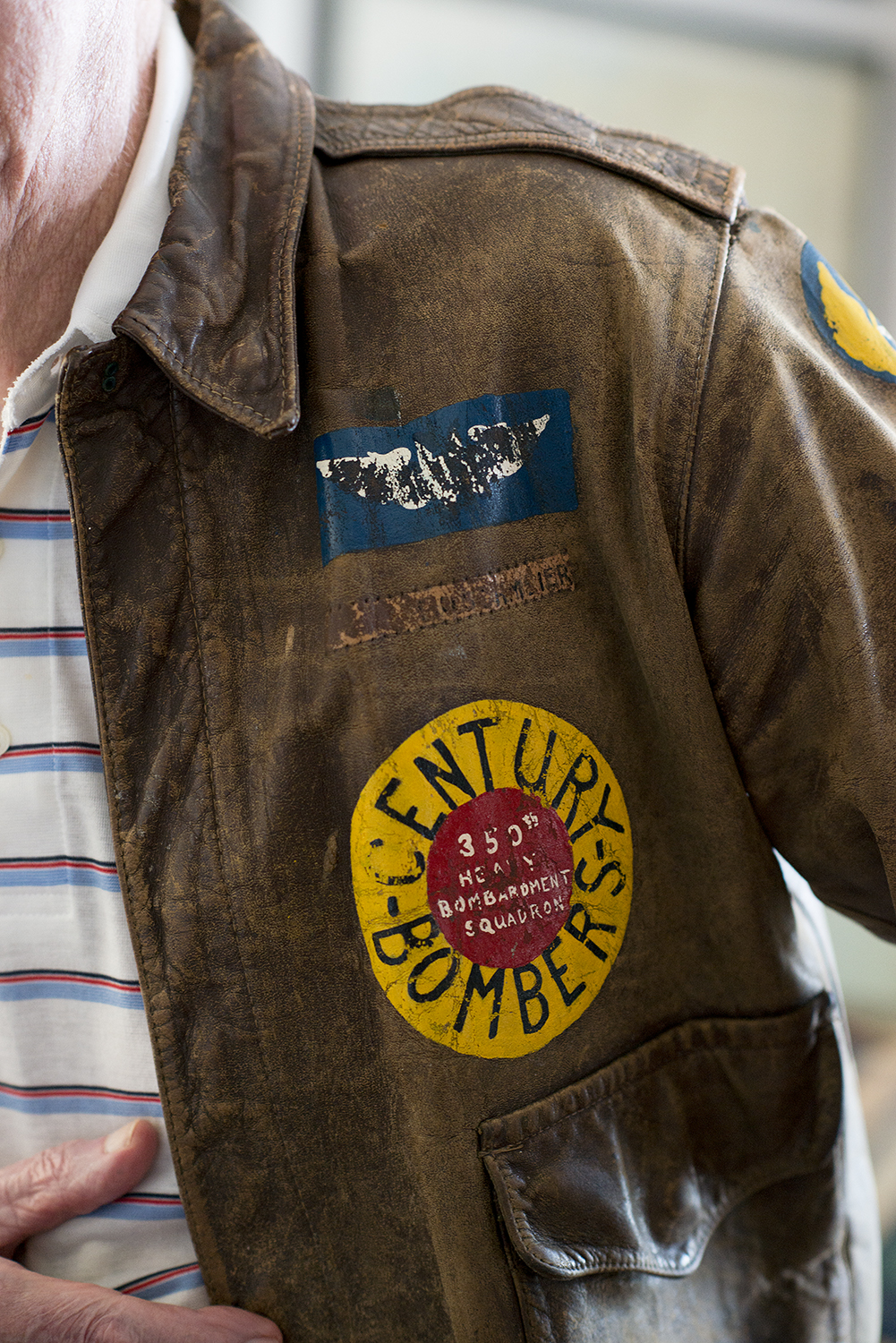
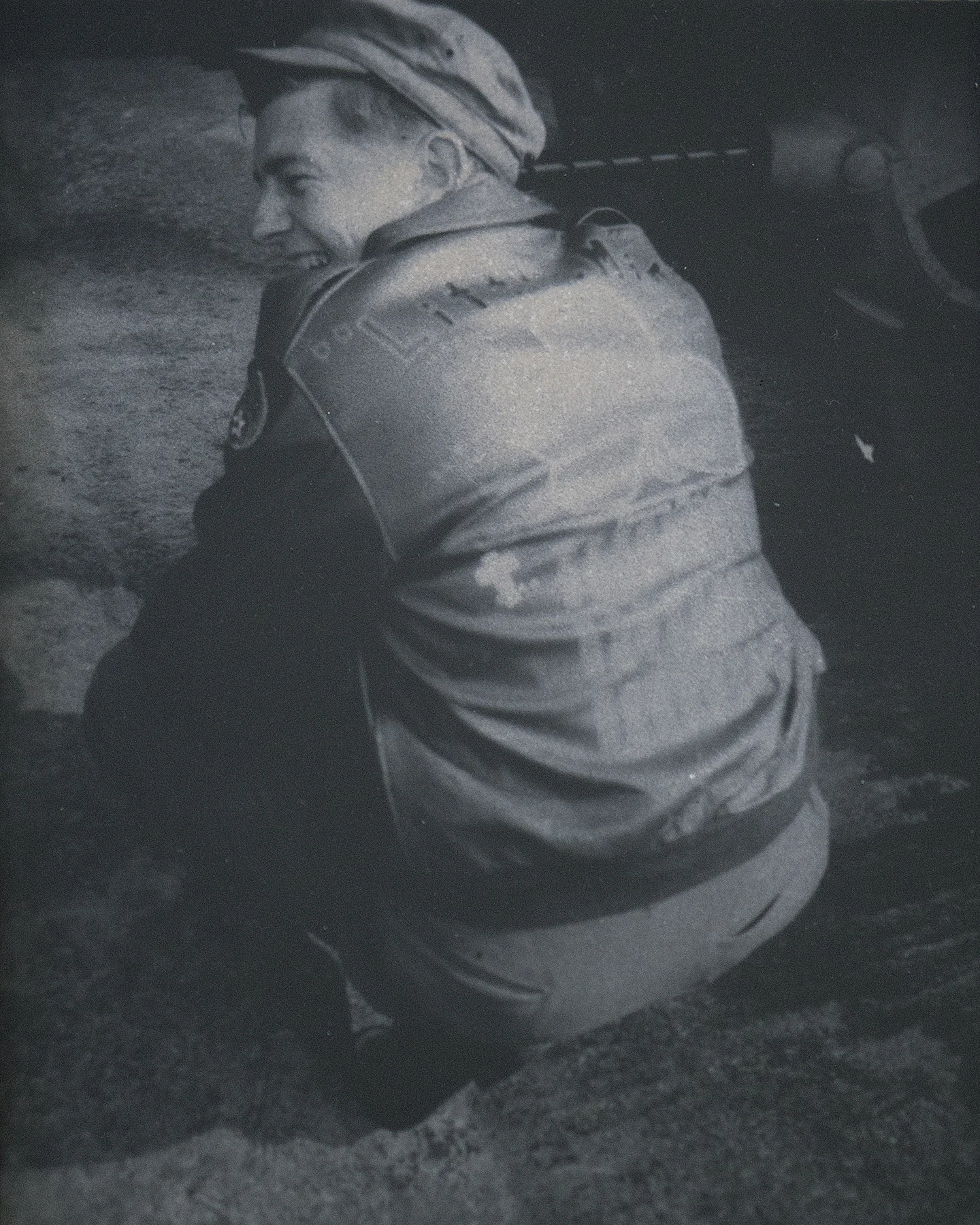
Frank in his "Little Mike" bomber jacket!
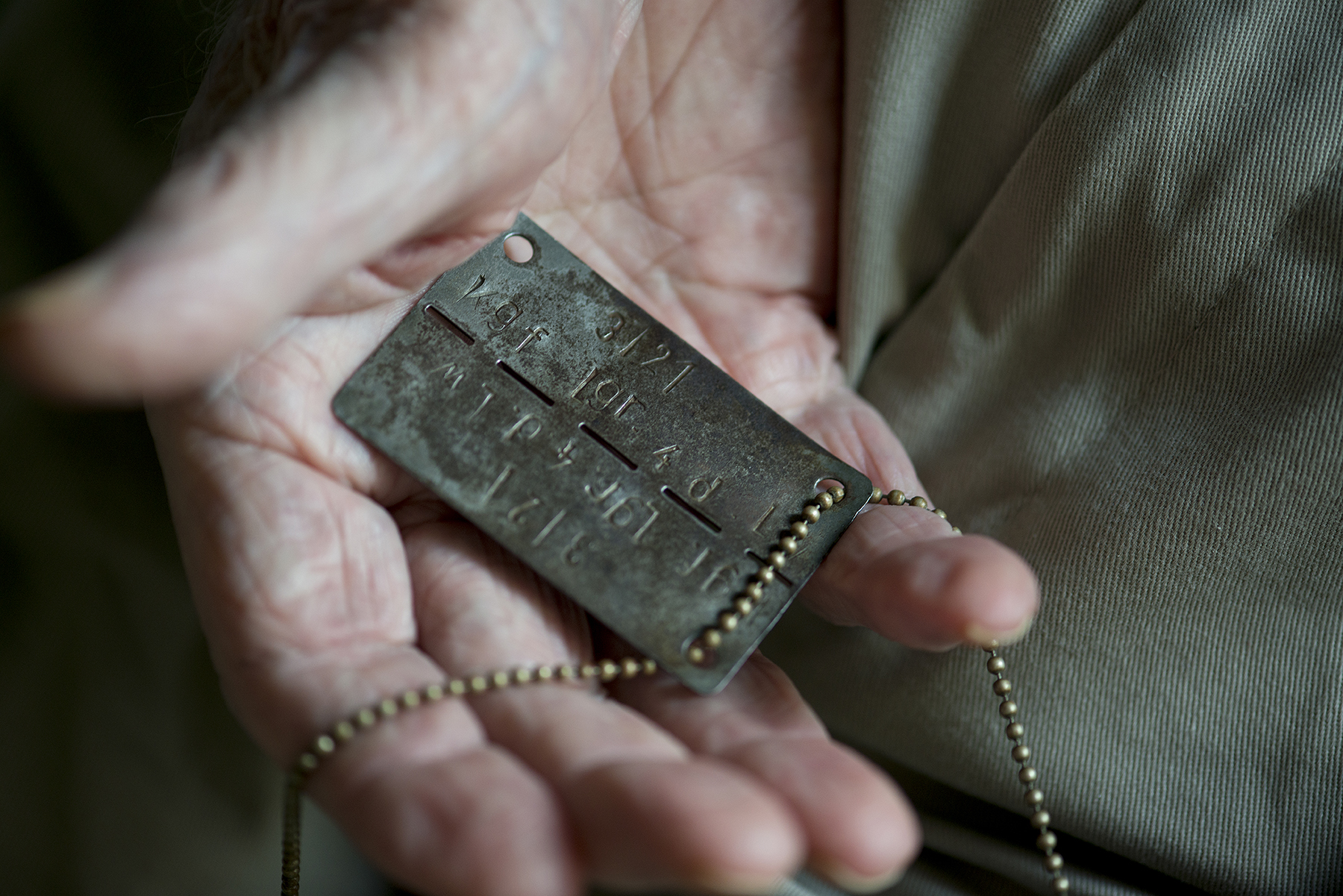
Frank's Prisoner of War dog tags issued by the Germans.
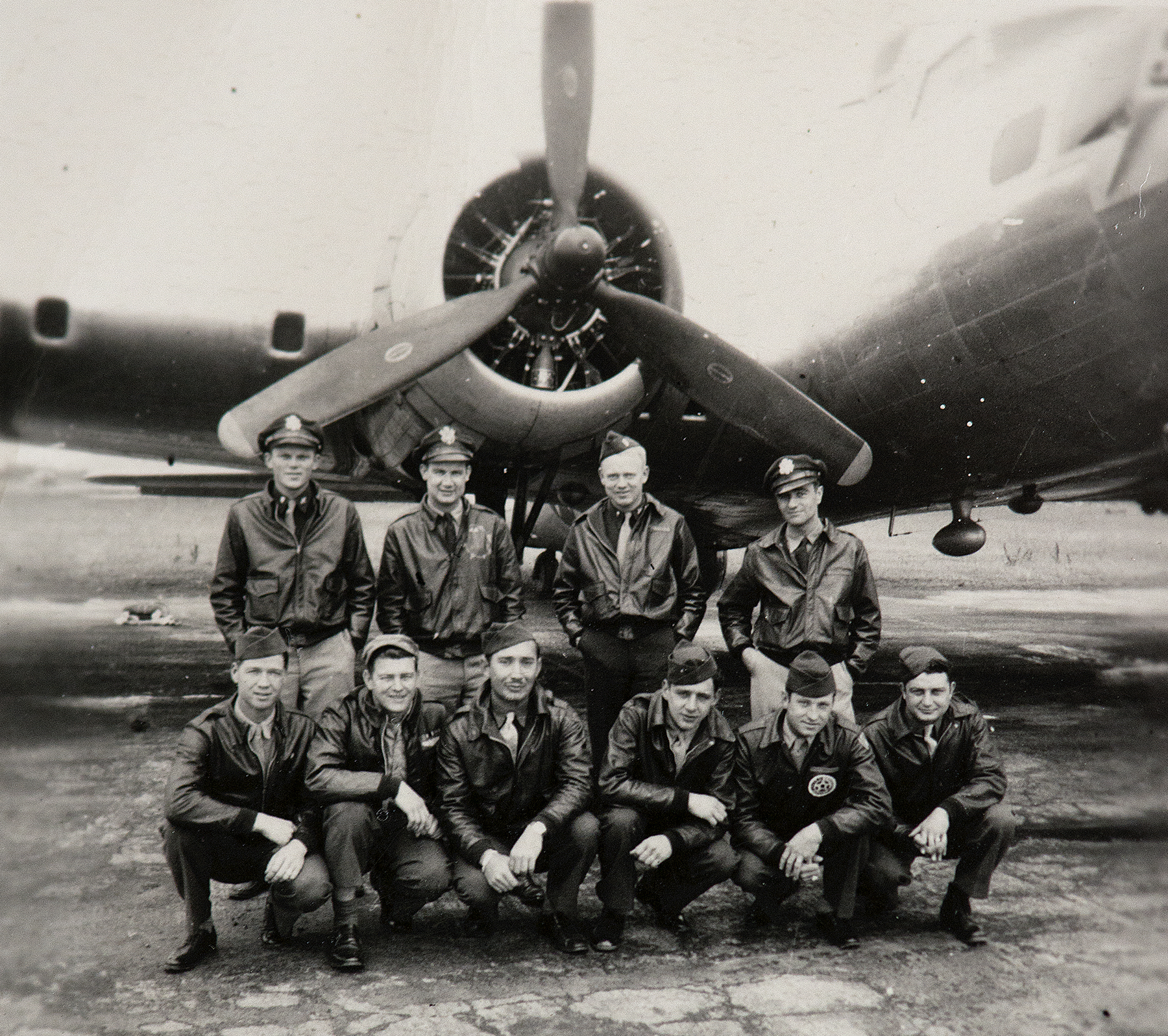
Frank's B-17 bomber crew. He is front row second from the left.
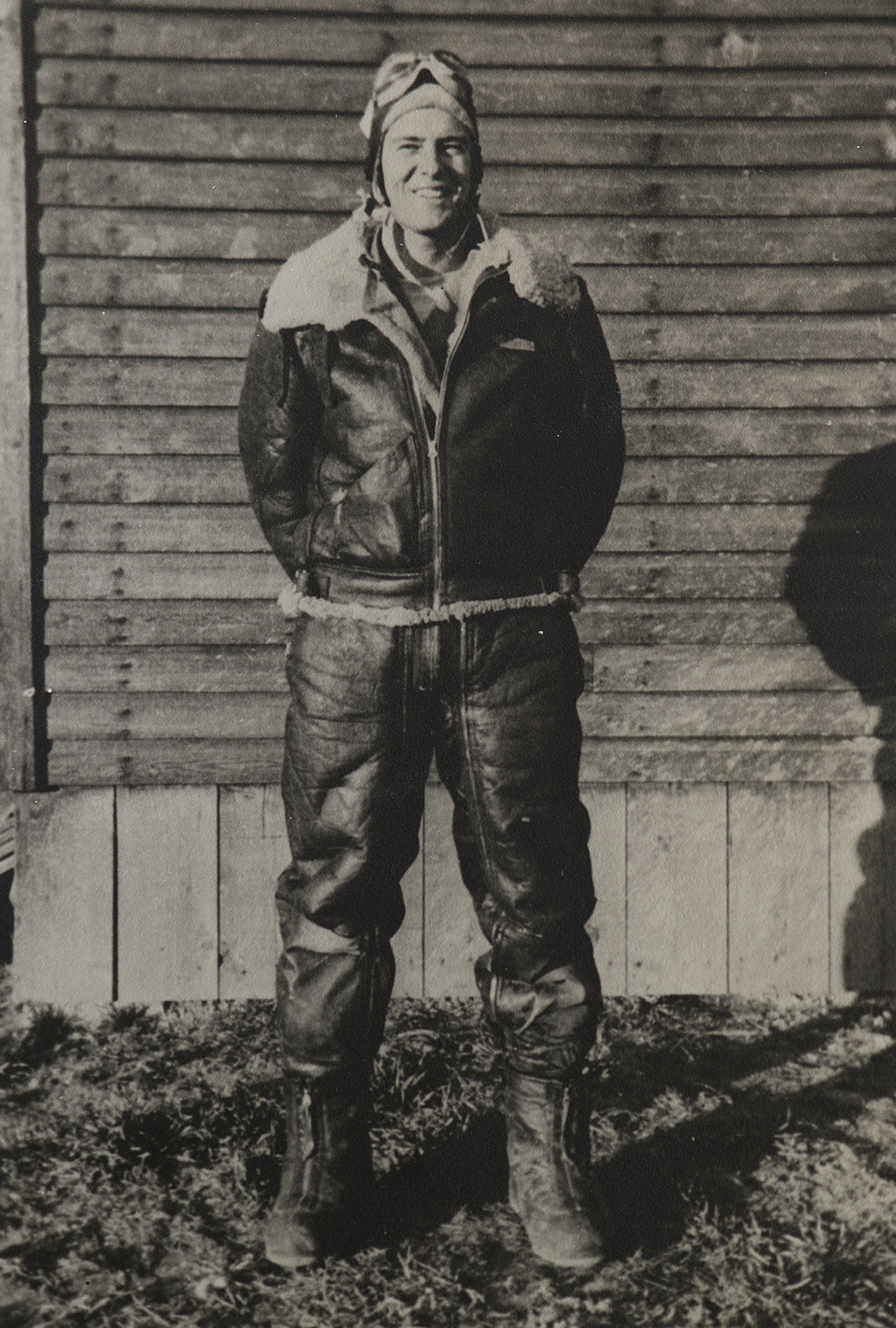
All dressed up in his heated electric suit!
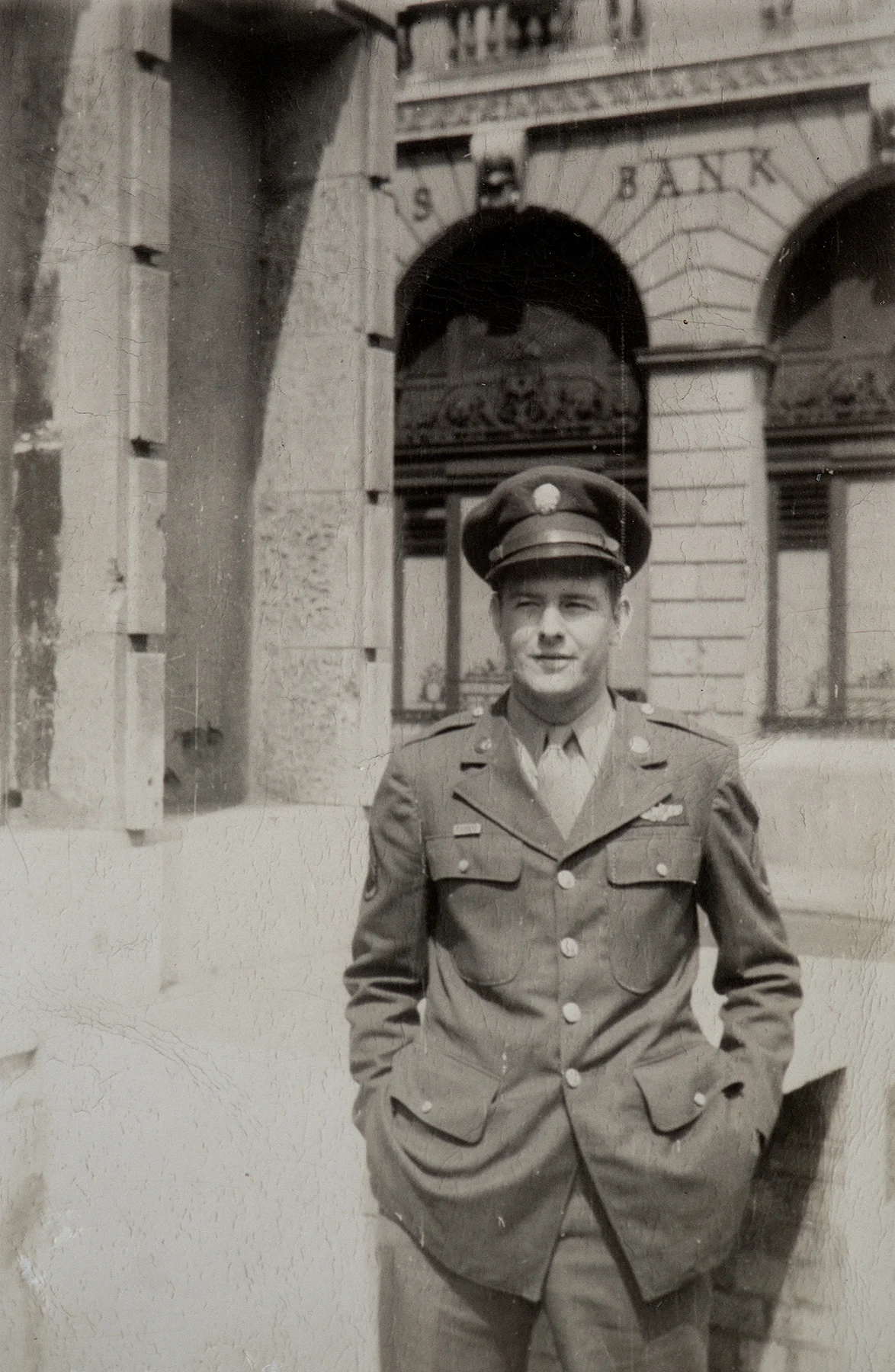
Frank in London in his service uniform!
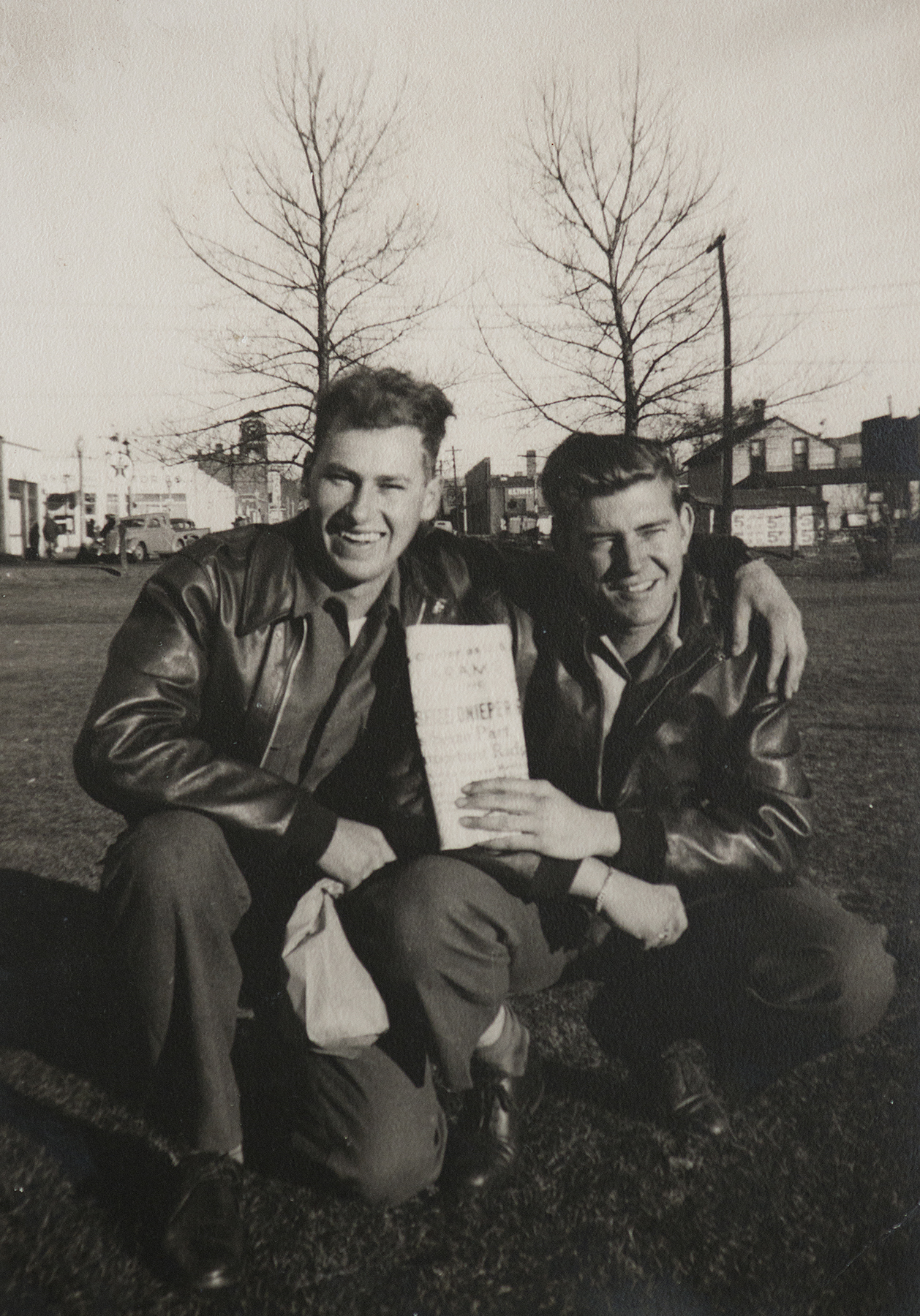
With one of his best friends
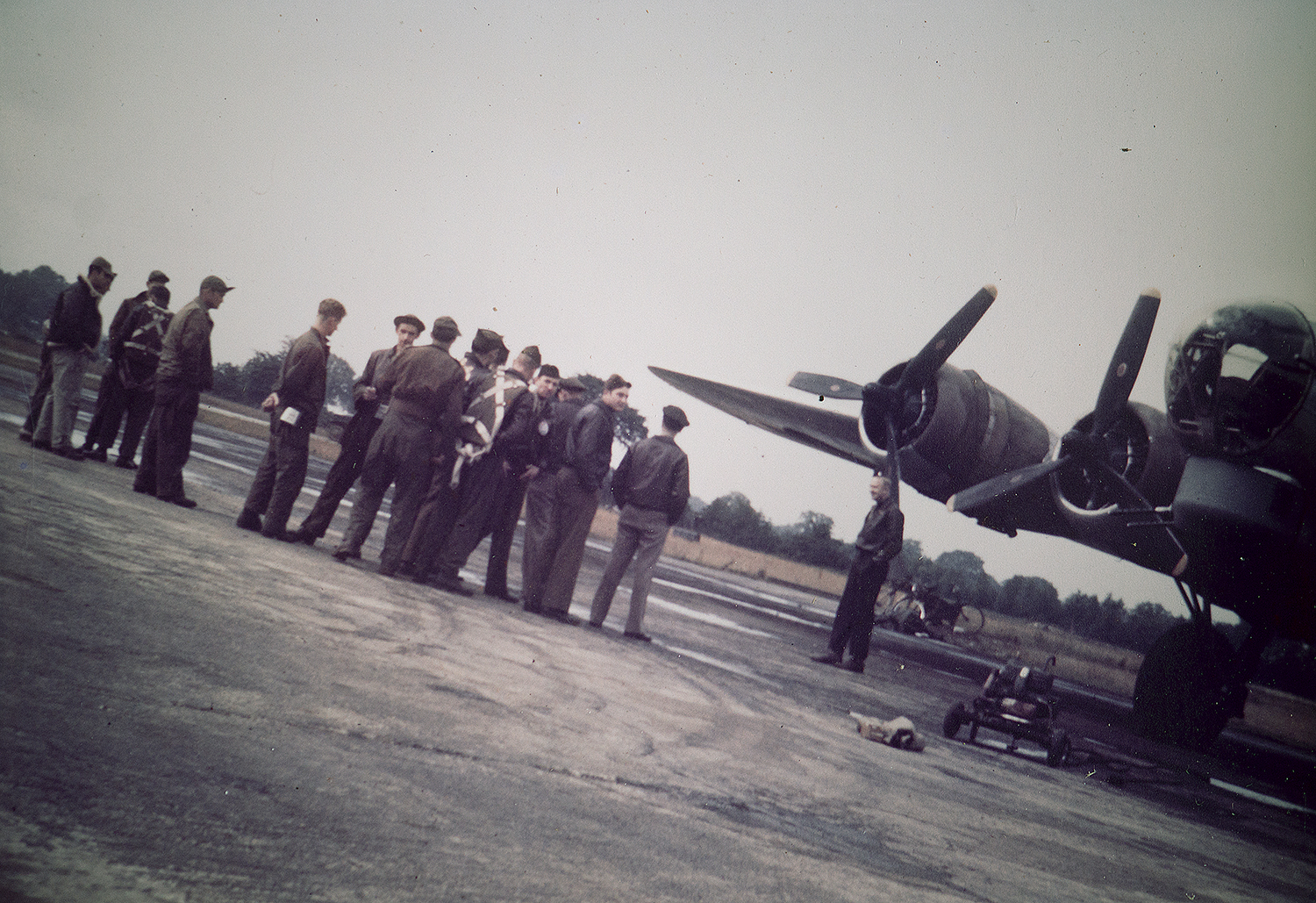
The B-17 ground crew was as important as the bomber crew itself. They kept the planes maintained and repaired after getting shot up by German flak and fighters.
Herb Humphries
93 year old Herbert Humphries was a Staff Sergeant and Army Medic in the 26th Signal Construction Brigade, Medical Detachment. He landed in Normandy on DDAY + 14 and remembers being quickly engaged with the Germans in the Normandy countryside. "I was running across all of these open fields and bullets were flying overhead, but I was never hit. I was picking up wounded and dead army guys, sticking them with shots and bandaging up their bullet wounds." He remembers the fighting was grim and he wondered why the hell he was even in the Army. "I was drafted, I didn't volunteer."
In one of his letters home that he shared with us, dated November 28, 1944, he did mention " I sure hope that the war don't last so much longer. It sure has last long enough for me and to tell the truth, too long. Just now I can hear one of them robot bombs going over. They sure are killing a lot of people over here with them things. One hit a hospital the other day and you can just think what it done. but most of them just hit into a hillside somewhere." He was stationed in the town of Namur, Belgium, a town in southern Belgium that straddled east-west north-south trade routes across the Ardennes, which would have put him right in the heat of the German Offensive known as the Battle of the Bulge. He remembered learning how to dance at a little place called Les-Faulx. "It is a wonderful city. The people there the best people that I'd met since I'd been in the Army" Shortly after his unit was engaged in the Battle of the Bulge. He mentioned to us that it was hectic but he doesn't remember much of it. He paused and said, "You know, I don't really remember much at all, that was a long long time ago" *laughs*.
Herb went on to participate in helping to fight in Germany and in a letter dated May 6th, 1945 (two days before Germany officially surrendered) he wrote "Well here I am at last. How's the weather back home? Over here it is raining like heck and snowing also. It looks like Germany will turn in soon, doesn't it? I'll be so glad when I get back home that I won't know what to do. I even hate to see tomorrow come anymore. Well it is 10 after Seven now and I'm really tired too. I just can't think of a thing, so I'll close for now and I'll write again real soon." Most guys were sure they were going to die over there.
On top of combat and his terrible experiences in The War, Herb brought home a German K98 rifle stamped DOT 1943 with all matching numbers and keeps it as a prize possession, part of his "war treasures" that he holds dearly.

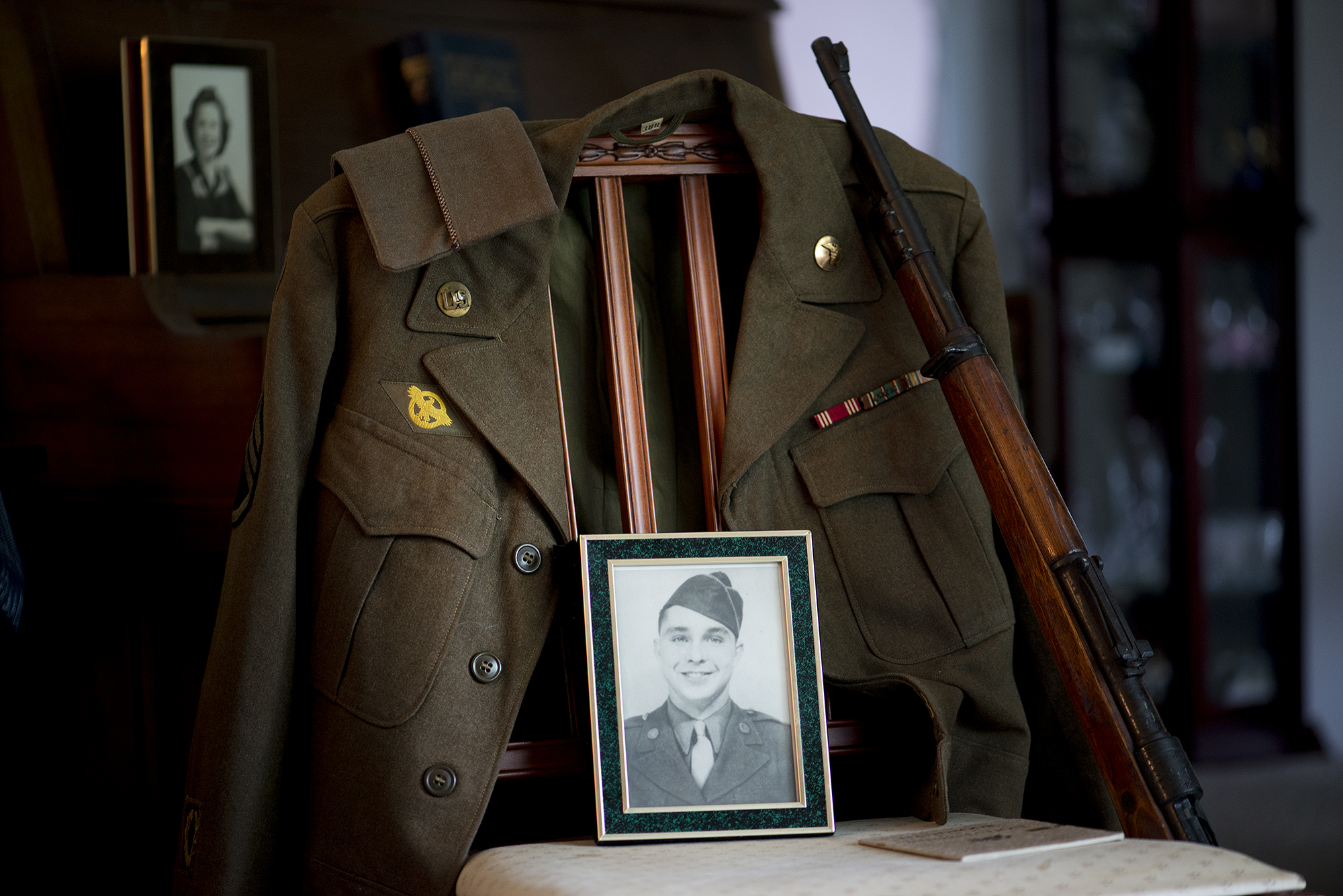
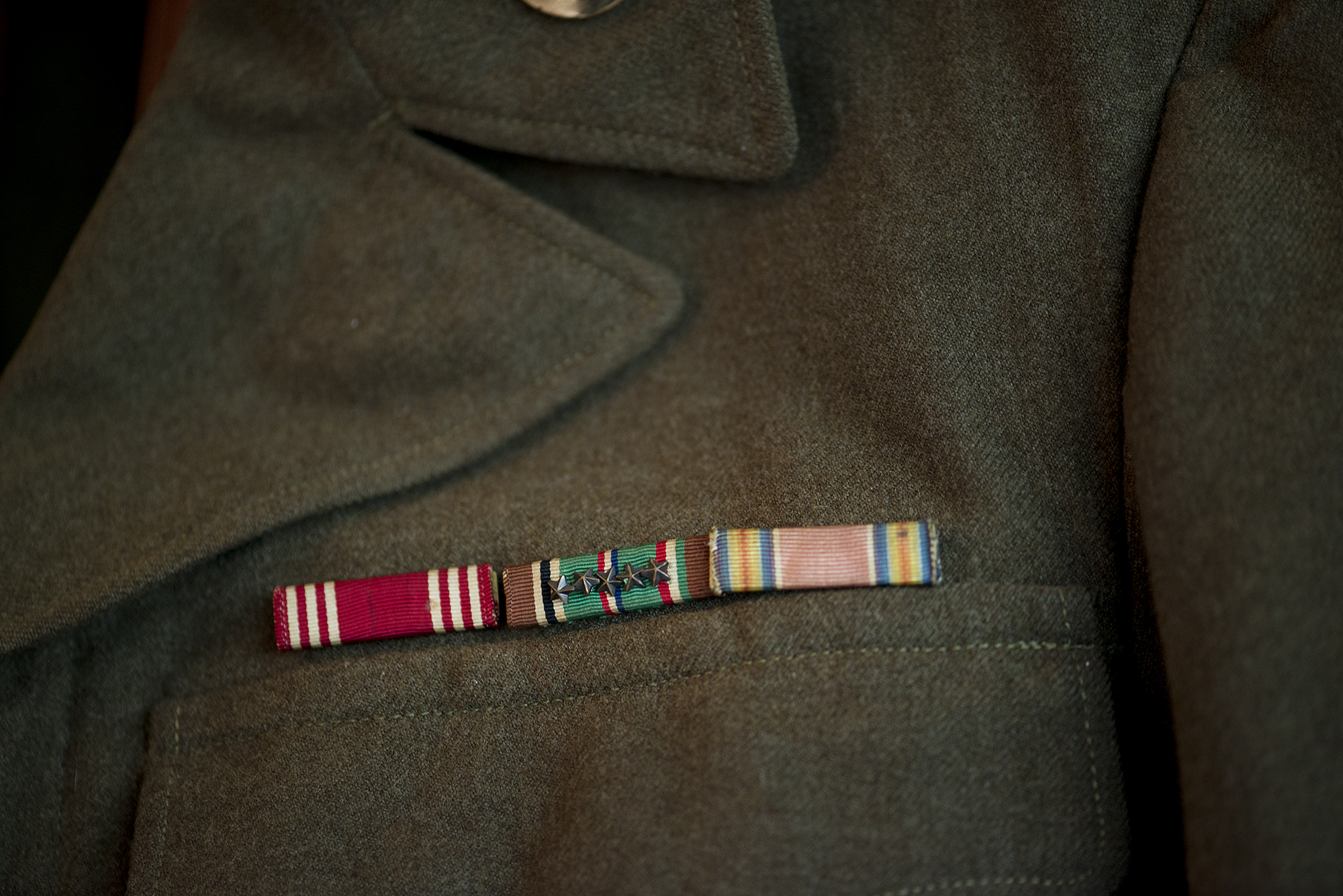
Ken Glass
World War Two Pilot Ken Glass was born on a farm near Dundee, Iowa on February 26, 1922. He received his early education in a small community school. After training stateside, Ken flew the TBM-3 Avenger torpedo bomber on 33 combat missions in the Pacific. He was assigned to Torpedo Squadron 2 on the USS Hornet. His six final missions were combat missions into the Phillipines and he remembers the anti-aircraft fire being the heaviest he had ever experienced. On his last flight, the anti-aircraft fire was extremely heavy around the city of Manila. Ken led a group of 9 planes over the target. “As we made our approach at 14,000 feet, we began to pick up a lot of anti-aircraft fire. It was so heavy that I could smell it in the cockpit. It was all over the place! I lined the squadron up to start into the dive over the target and just as everyone started to fall in line, my wingman was hit head on by the fire. Seeing this I immediately went into my dive. My tail gunner was looking back to see what was happening and said two of the guys got out, but we know that the third went down with the plane because we didn’t see a third parachute. We are not completely sure if he died when the plane crashed or if he made it out and was captured, but I do know that if pilots were captured by the Japanese, they were considered criminals and were executed. But we are not sure what happened to him. We turned back and made it to the carrier without further loss though. That was my final mission.”
During his seven months on the USS Hornet, the fighters and dive bombers each lost around 45 pilots each. Ken’s torpedo group lost 15 men (there were 3 airmen in each TBM-3 Avenger). The group that replaced Ken’s were a lot worse off. The Battle of Leyte Gulf began shortly after they were replaced and the replacement group only fought for 4 months because their losses were so high.
“We came home right before the Battle of Leyte Gulf. We were all happy to get back to the states of course and it was a grand day when we sailed under the Golden Gate bridge in San Francisco. We were just so happy to make it back safely.”
“I was awarded the Distinguished Flying Cross, 7 air medals and the Presidential Unit Citation. But the best reward… *he paused*… I escaped with my life.”
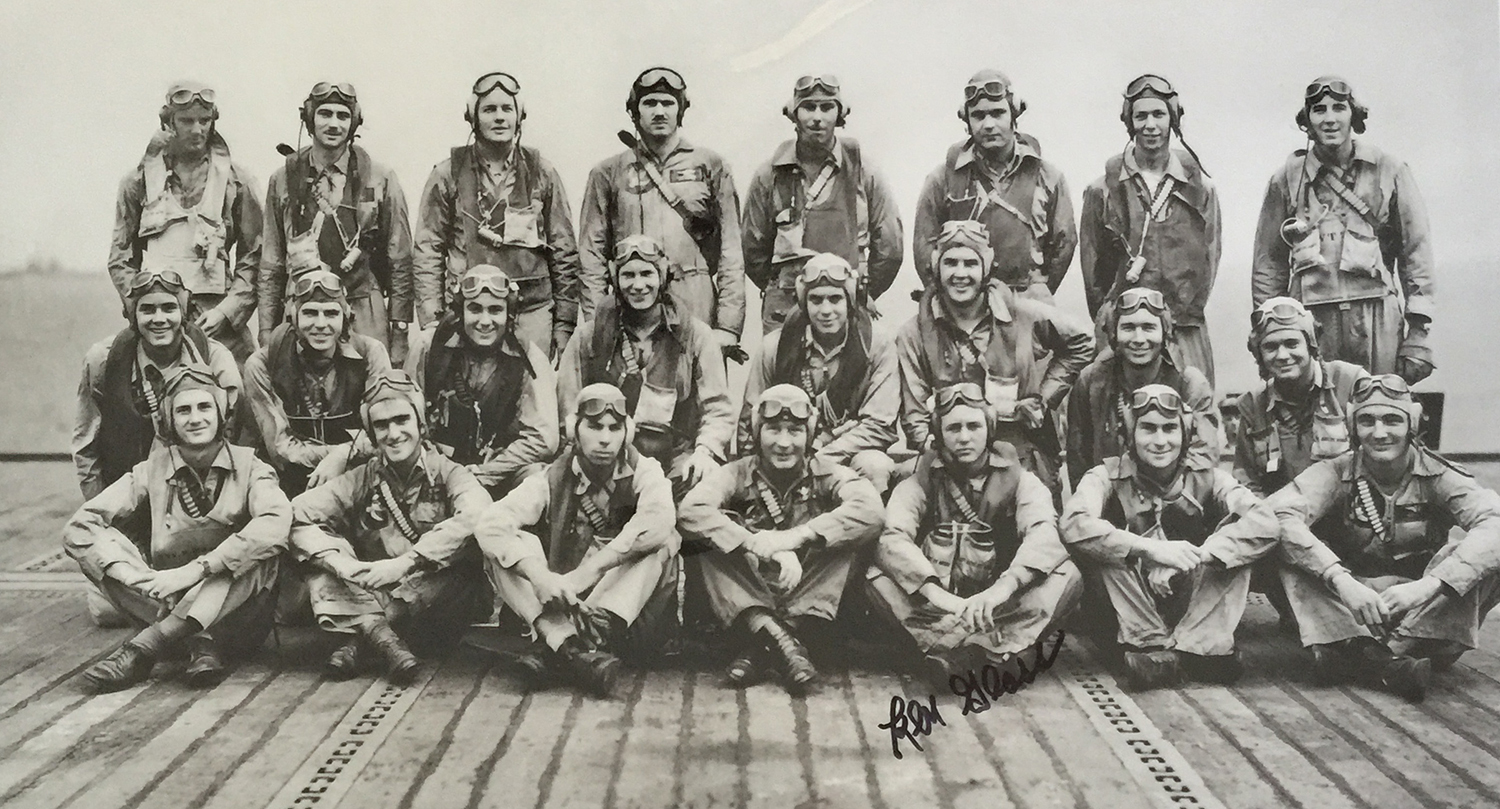
Pilots of Torpedo Squadron Two. Wednesday 24 May 1944. Honored veteran Ken Glass pictured with his signature
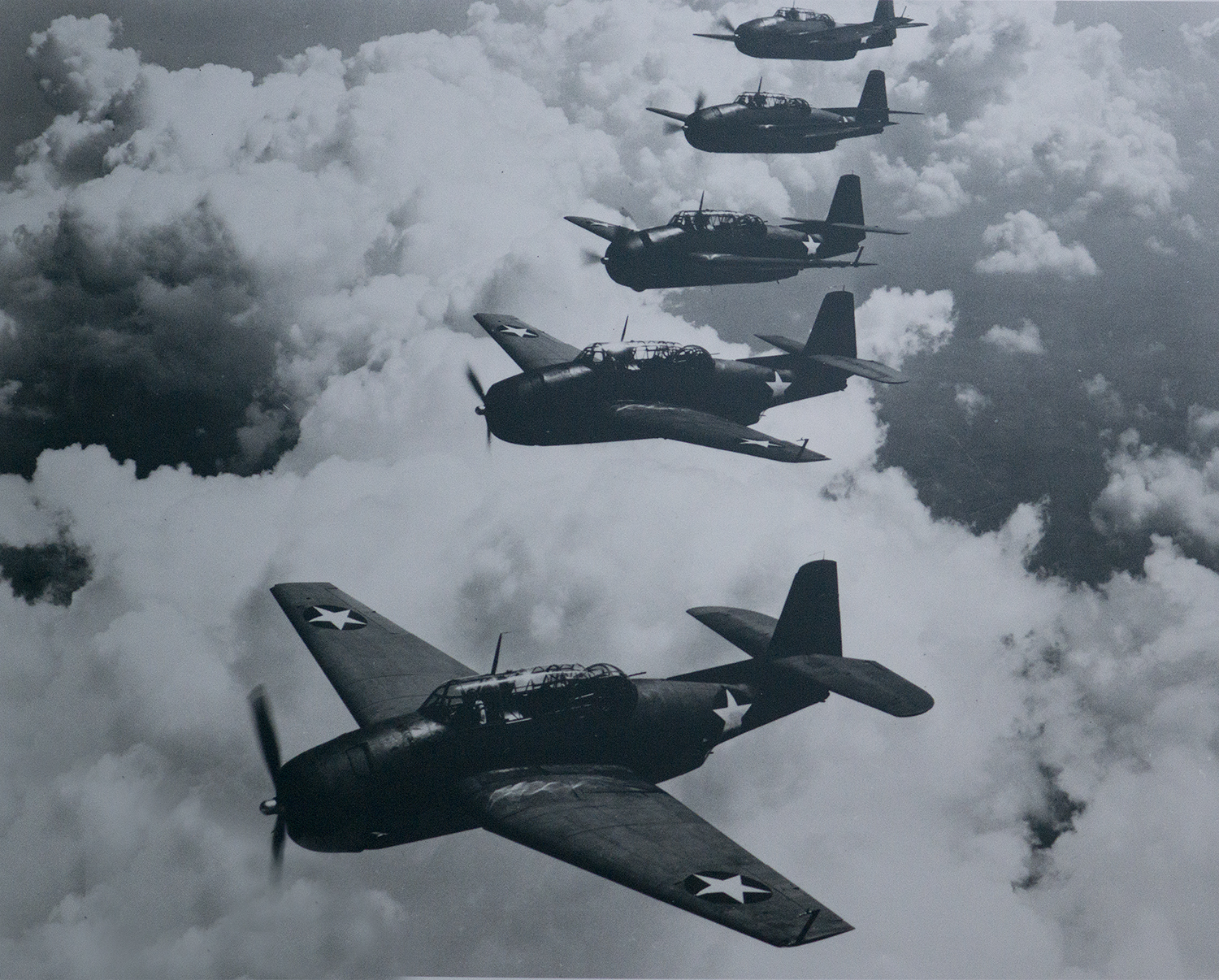
Ken's Squadron in flight. The TBM-3 closest to the camera is said to be Ken's.
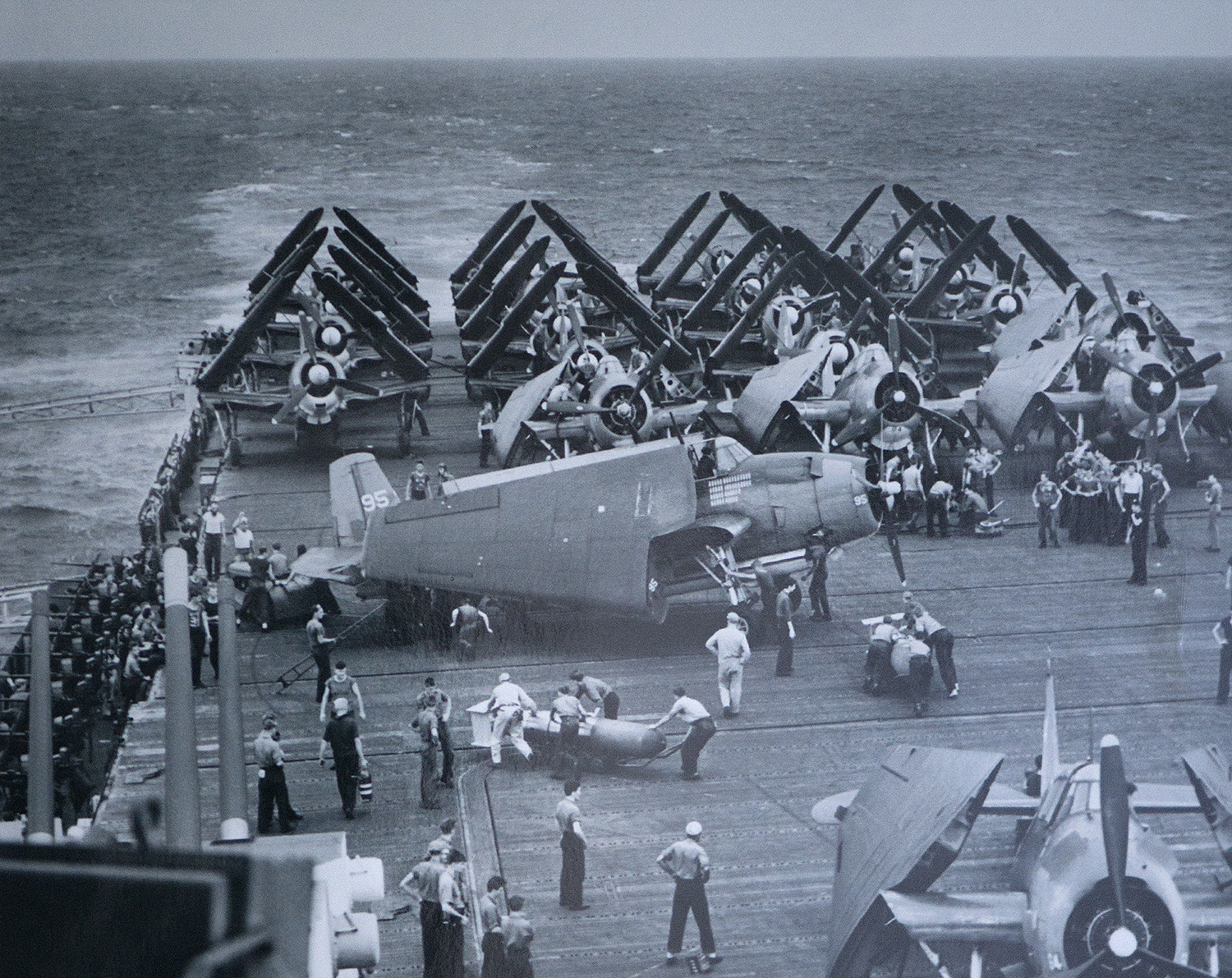
Busy preparation for a combat mission on the deck of the USS Hornet, the carrier Ken's squadron was assigned to.
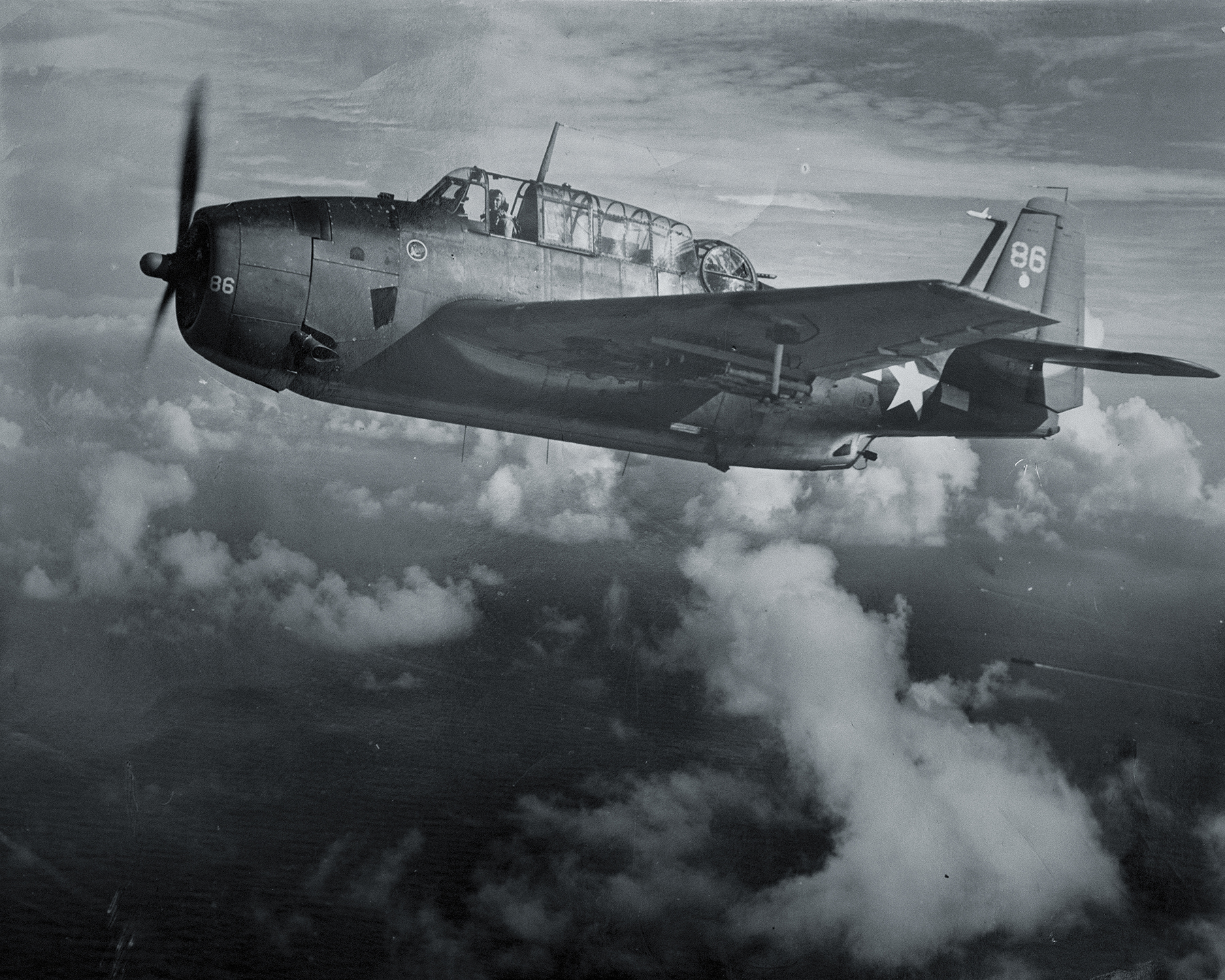
Ken Glass in flight in his TBM-3 Avenger Torpedo Bomber.
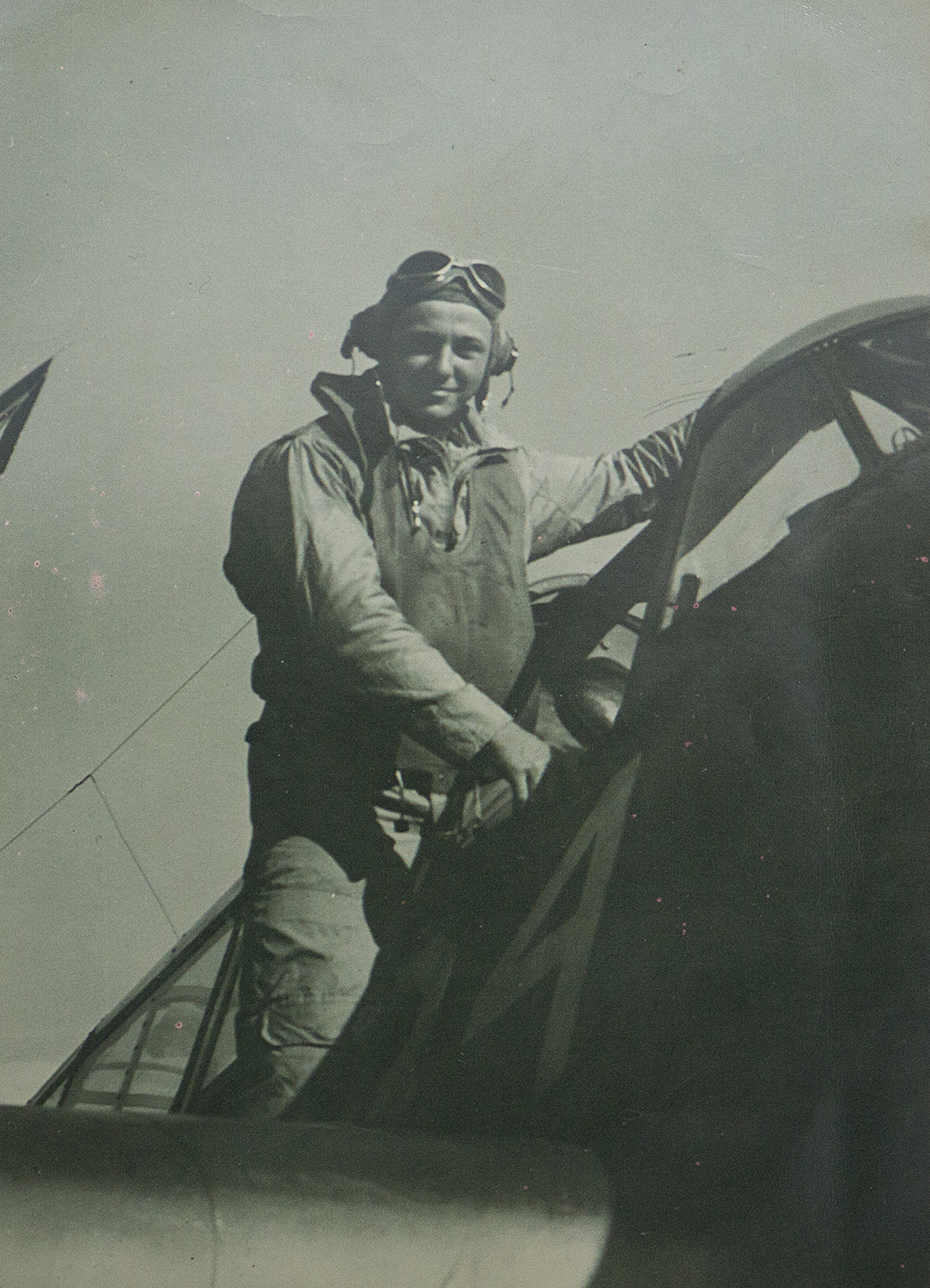
Portrait of Ken Glass standing on his TBM-3 Avenger.

Portrait of Ken Glass at his home in Ohio. Sunday August 2, 2015.
Norb Holtgrewe
Norb Holtgrewe was born in Cincinnati, Ohio on August 20, 1927. He had a twin brother and was one of eight children. His dad was a World War I veteran and was in the 83rd Ohio Infantry Division and fought in France.
"On December 7th, 1941, I was in a little theater in Cincinnati at the corner of Harrison and West Wood Avenue and we came out after the movie and had heard the Japanese had bombed Pearl Harbor. I was 14 years old then. I was a paper boy at the time, you know, yelling extra extra and I remember handing out the papers stating that Pearl Harbor had been attacked. So that was quite the experience."
April 15, 1946 Norb was drafted into the Army. He was in the 1067th Engineer Battalion's Medical Detachment as an Army Medic stationed in Kyoto, Japan after the end of World War Two. His brother had joined the Navy a year and a half earlier and saw combat, but Norb said he is very thankful he didn't have to serve in combat, the casualty rate for a combat medic in the Pacific was 75%.
"I went to aviation high school, graduated from there and was drafted into the Army. I never ended up seeing any planes. I was put into the medics. I had basic training at Camp Polk, Louisiana. We called it the hell hole of the South because it was 115 degrees in the shade. We trained there for eight weeks and I remember after just five minutes outside we were soaked with sweat. I went to medic surgical training at Fitzsimmons Hospital for another eight weeks. There was quite a bit of detailed training there because it was very strict. We had to keep everything very clean and you'd get a gig (slang for demerit in the military) if you did something wrong. I only got one gig the entire eight weeks I was there. We were rarely in the hospital because most of our training took place in the field. You'd have to spend some Saturday's there, but it wasn't that bad. From there I went to surgical technician training, in that training we had to carry a man in order to simulate a medical combat situation. From there I went to Percy Jones Hospital for another eight weeks of training. There I was mostly what they called a bed pan commando. From there I got my orders to go overseas.”
"In early November of 1946, I got to go home for five days to see my family. While I was home for those five days, my brother came home from the Pacific and I got a picture of him and I together. Its an amazing picture because I was about to be shipped out and he was just coming home. Following my visit home we spent all of November and December training in California at Camp Stoneman.
When we shipped out there were one thousand Army and one thousand Marines on the USS Lejeune. The emergency was over on December 31, 1946, two days later on January 2, 1947, we were sailing for Japan. It was a fourteen day trip. When we got to the Sea of Japan we came across a mine field. They stopped the ship and over the horn we heard all Army and Marines below deck. They sunk the mines with rifles. As soon as they took out all of the mines we were back on our way. We were in the Sea of Japan for another day. We stopped again and they cleared out another mine field. We ended up in the Yokohama Bay. On our way into the bay, there were ships sticking up out of the water that had been sunk by mines, I’m sure. The good part was that it was early occupation. We had combat troops there, but General MacArthur was very smart. He said “When we occupy Japan, give me what the people need, food, clothing and shelter or give me guns and bullets.” That’s what he asked the U.S. government and apparently they complied because the guys that we relieved told us that they were expecting the Japanese to attack, but they never did. When we disembarked we walked right ashore and I think the Marines went on to be deployed at Okinawa. It was so cold the first night, I’ll never forget it. It was January 16th. It was so cold there and they had us sleeping in the open on military cots in the truck ports where they kept the military trucks. It was just a roof with no walls. It was so cold.
From there I got orders with a few other guys to go to Osaka, Japan where the 240th Engineers Construction Battalion was stationed. We were put in their medical detachment. I was there for one or two weeks and then a guy came in a jeep and took two of us to a headquarters company in Kyoto Japan, the 1067th Engineer Construction Battalion HQ Company and we were put on their medical detachment. (I didn’t find this out until I got out of the Army, but my dad said the FBI had visited my house and I said what do you mean? He said well I think the job I had needed to be proved by the FBI and i didn’t know that until I was already out of the Army. We had families there and I’d go give shots to whoever needed shots. That was my main duty, giving shots and medication. That’s mainly what we did with the GI, we didn’t have anything to do with treating Japanese.) I was there for seven months, then my time was up and I had orders to go home. At the same time they had given a pass to go to Tokyo. When that order came through you know where I went, I went home *Laughs* Well that was July 31, 1947. When I was in Japan, I had an experience where I was walking in the city of Kyoto and a Japanese civilian poked me on the back while I was walking and I turned to my left and he said Kamikaze. He pointed in front of me at a man. He wanted to let me know that a kamikaze was coming right towards me. We passed right by each other without looking. He may have looked at me, but I didn’t look at him. I was scared. But anyways, we tried to get along with the Japanese pretty well and we did and that was proof right there because here was a Japanese civilian that I didn’t even know and he was tapping me on the shoulder to let me know that a Kamikaze guy was walking right towards me. It was quite interesting, but when you’re 19 years old you don’t even think about that. That was the only experience outside of treating people that I actually had. If you even got a knick on your finger you had to be treated or else it would get infected immediately. That’s what we had to watch out for."
A few other small experiences Norb shared with They Gave It All:
"One experience we had, like I said the Japanese people were basically starving. But if you were in a mess hall and you picked something, you had to eat it. They didn’t care if you were an officer or enlisted man. A lieutenant got up to leave and hadn’t eaten all of his food and the sergeant stopped him and said you have to go back and eat it all. If you took it you had to eat it because people there were starving.
We went out in the ambulance. Whenever the officers would go out on the pistol range, I’d put on my medical pack and go out with them just as precautionary. That day one of the officers let me fire his .45 pistol and that was a lot of fun.
Another thing, I used to get a two cartons of cigarettes, but I didn’t smoke, so I would sell them to the Japanese in the back alley behind our HQ and that’s how I got all of my Yen money to buy things with.
One other time they wanted us to march in a parade and our sergeant didn’t want to march in the parade and we didn’t either. So he told the doctor to go to the orderly room and said my guys and I are going to stay right here. Whatever the doctor said, that’s what we did. So the rest of the detachment joined the parade and we sat and watched. We stayed in the dispensary while they needed us but then went out to watch the parade.
We had Yen on us and a guy was selling fresh food and the bunch of us, all 19 year old guys, would buy the food and hand it out to people. We were just trying to see how many people would gather around us and we must have had a thousand Japanese civilians surrounding us. So we bought all of the fruits and vegetables the guy had and handed it all out. It was a funny thing but a good thing."
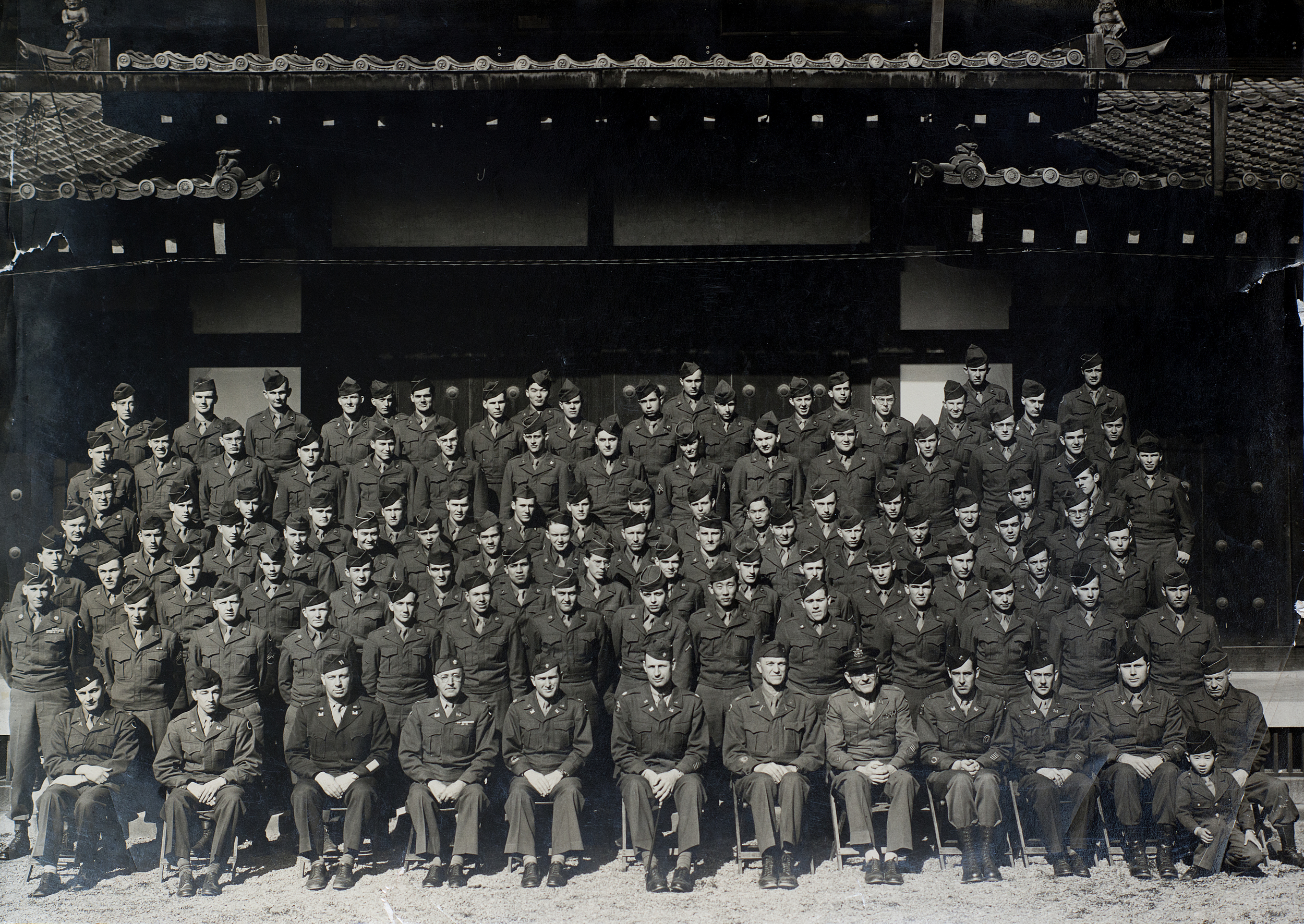
1067th
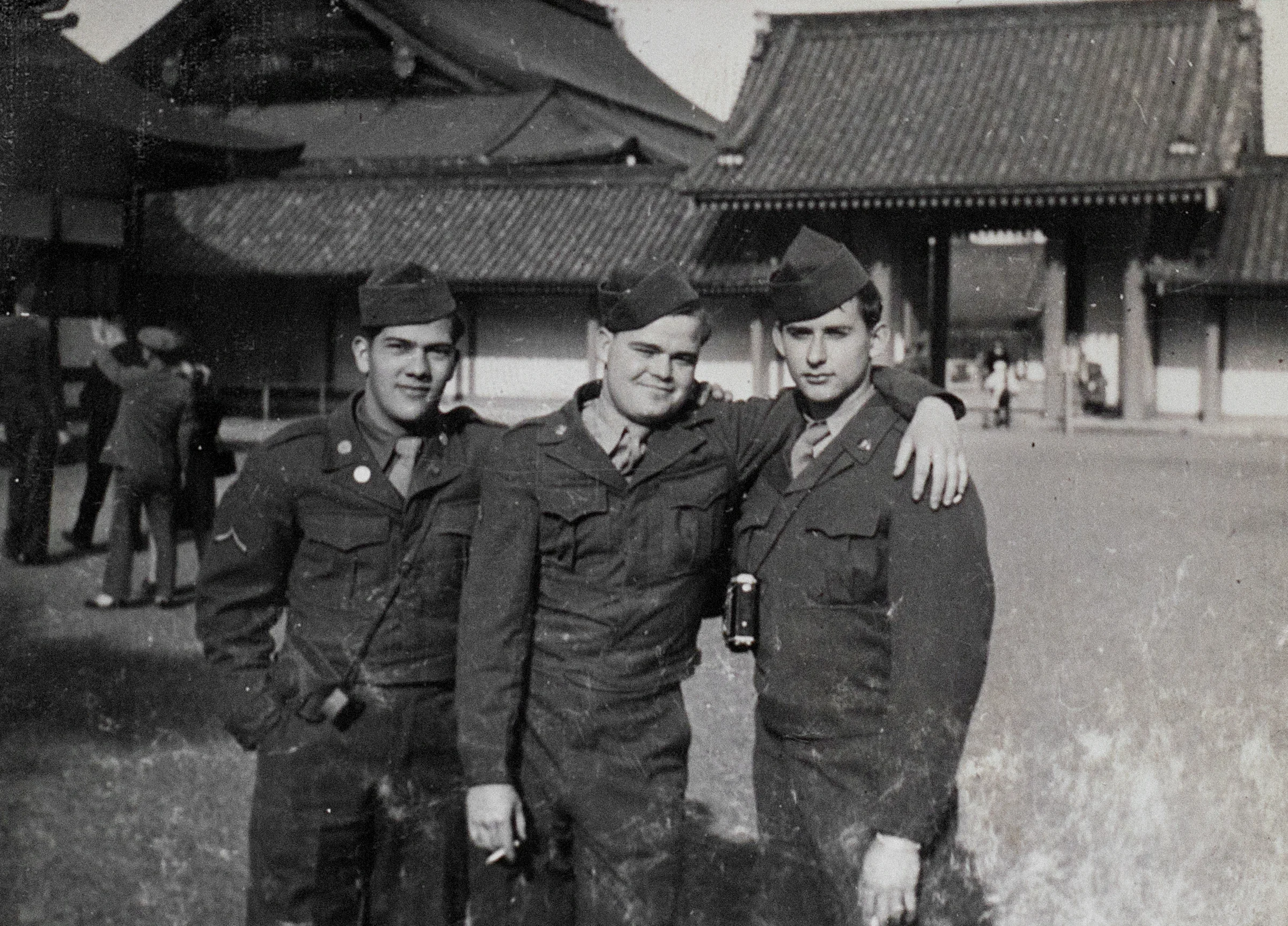
Norb (on the right) and two of the other medics he became close friends with.
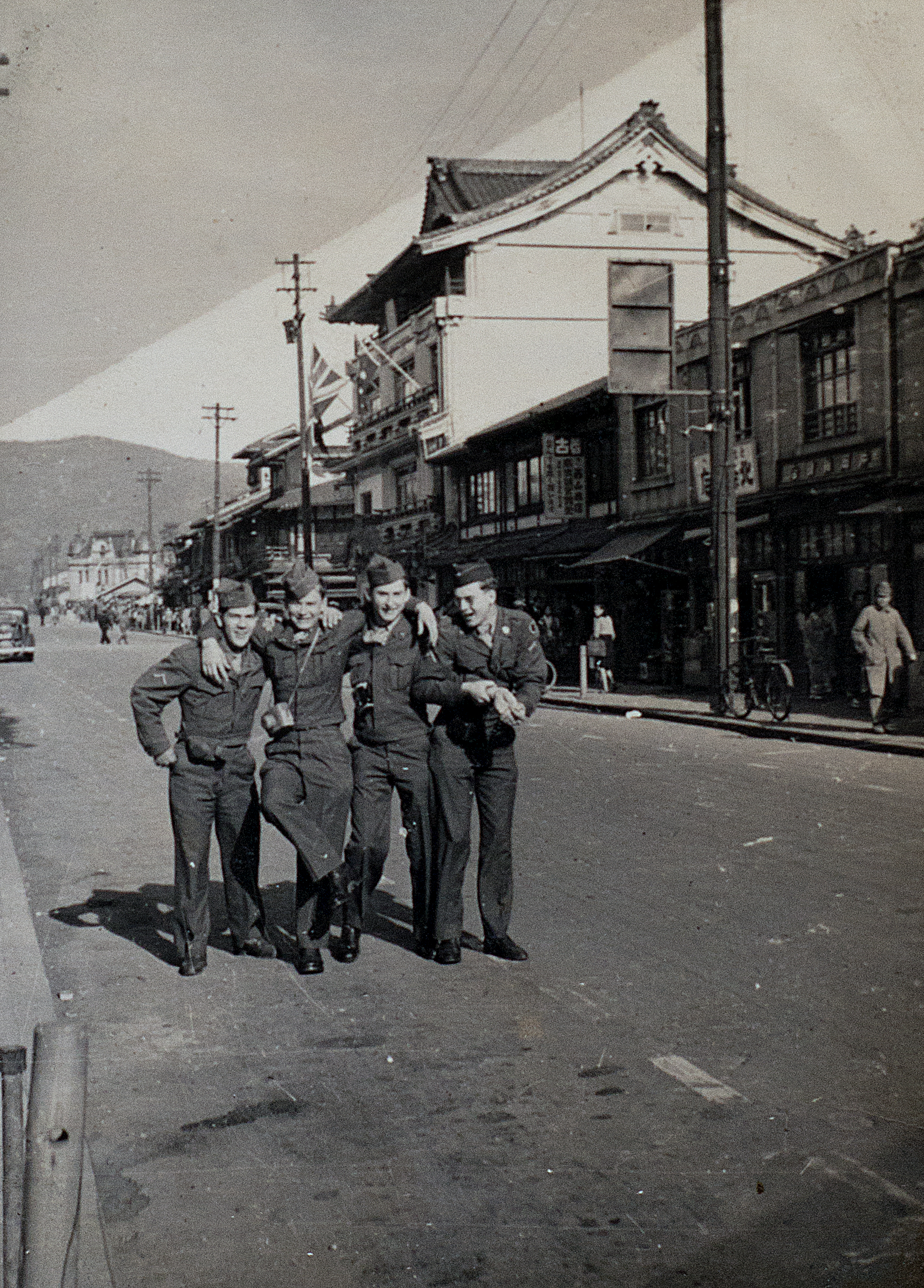
Friends in Kyoto
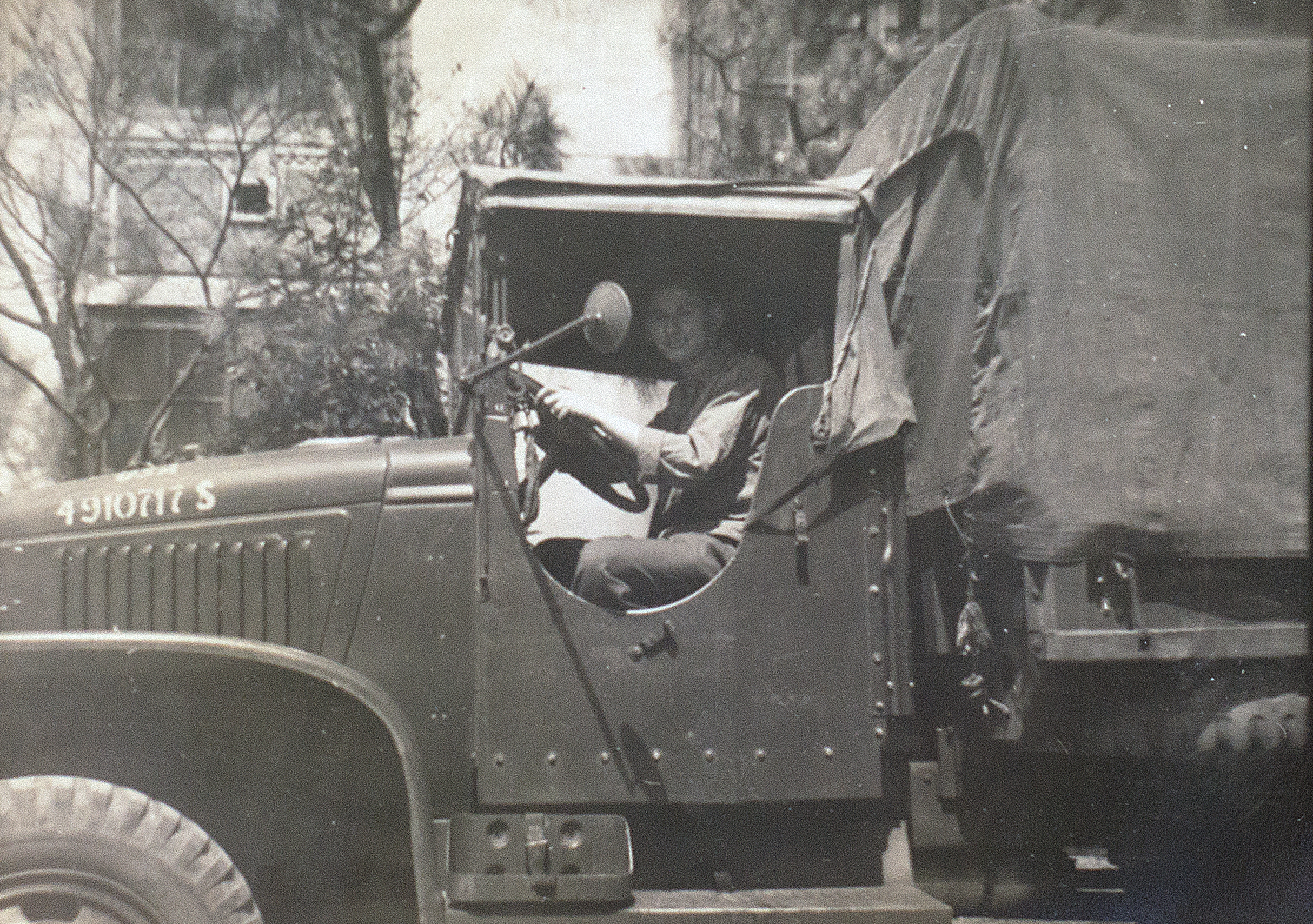
Norb in a three quarter ton truck
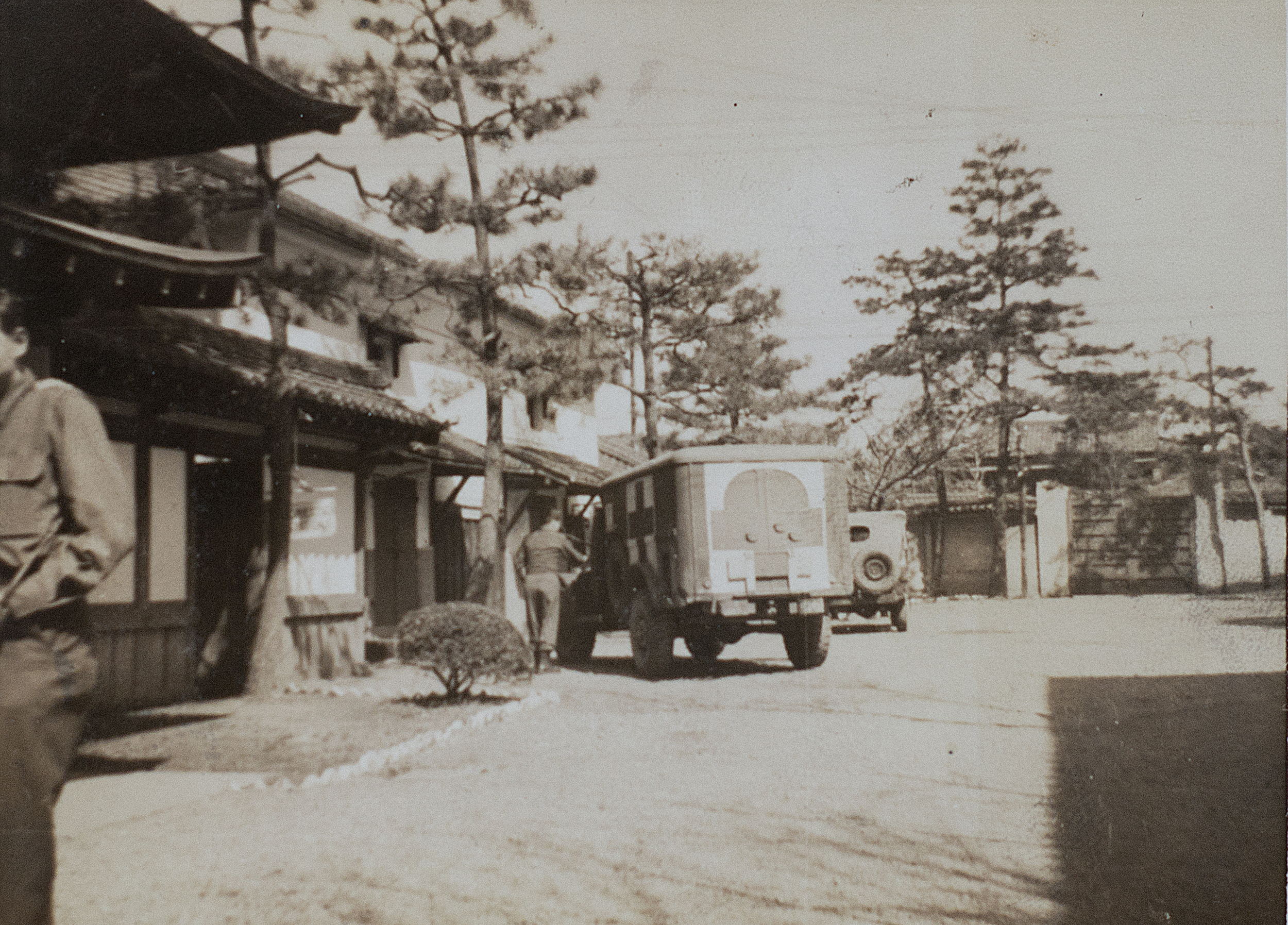
Medical Truck at the 1067th HQ
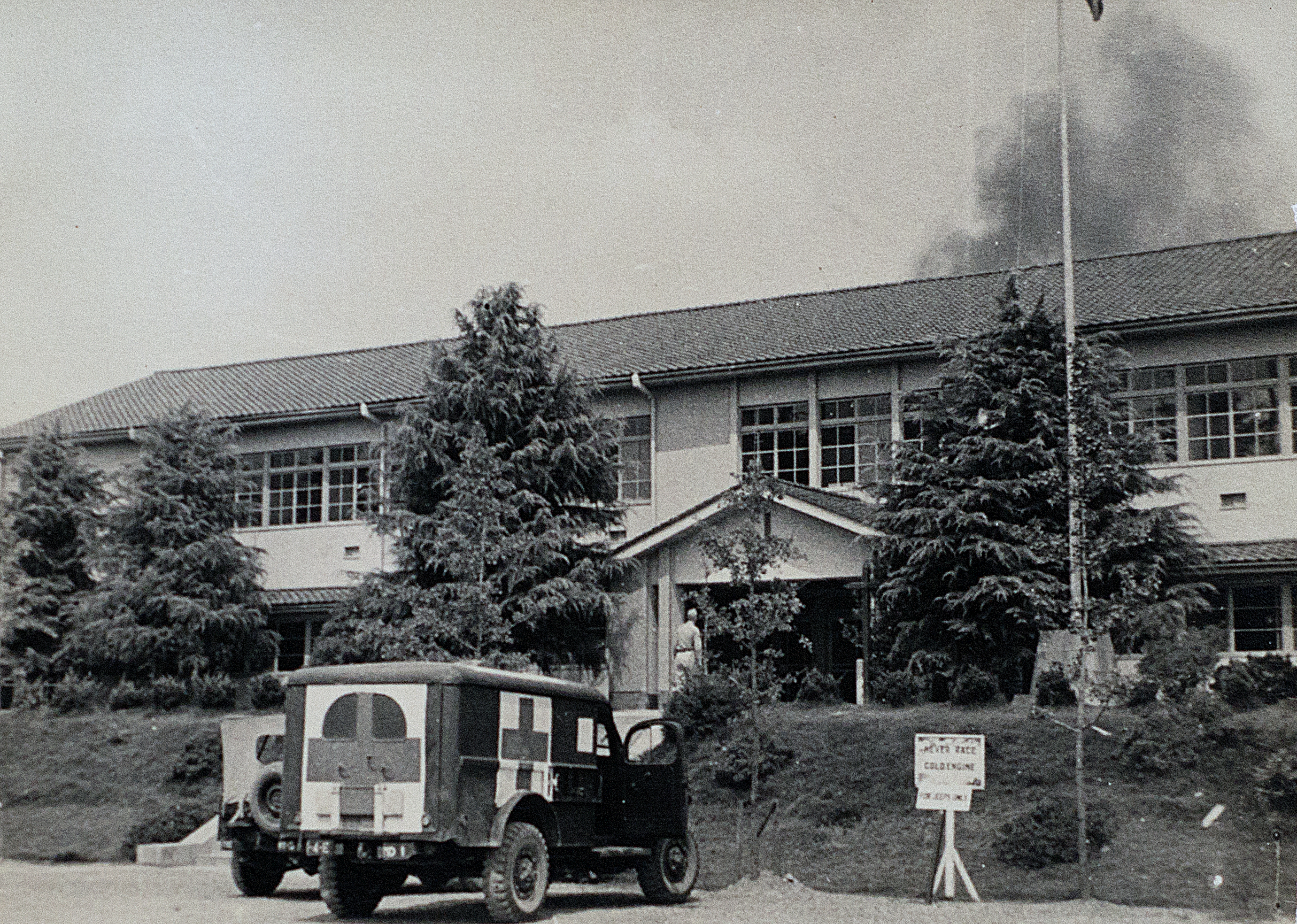
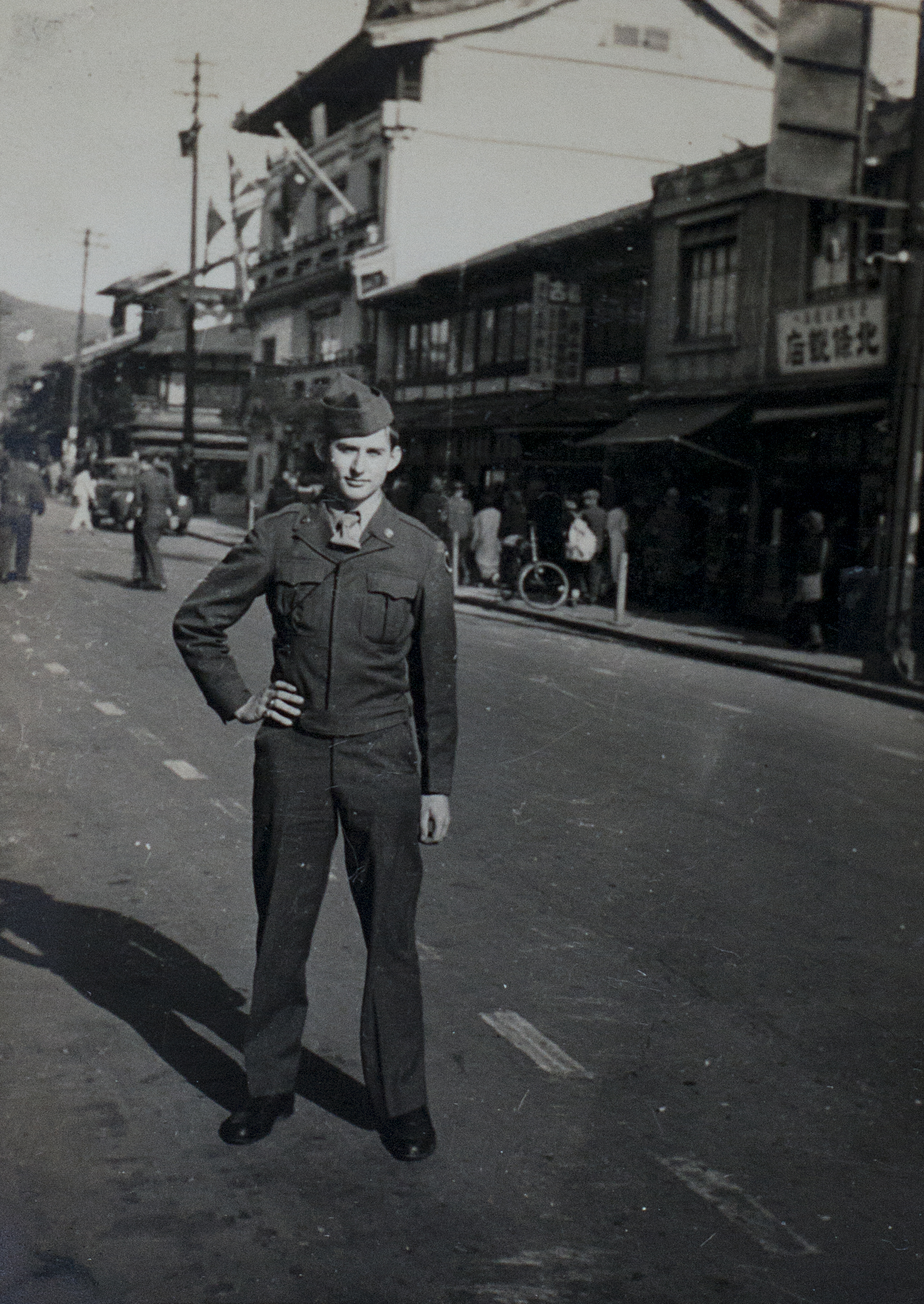
Portrait of Norb in Kyoto
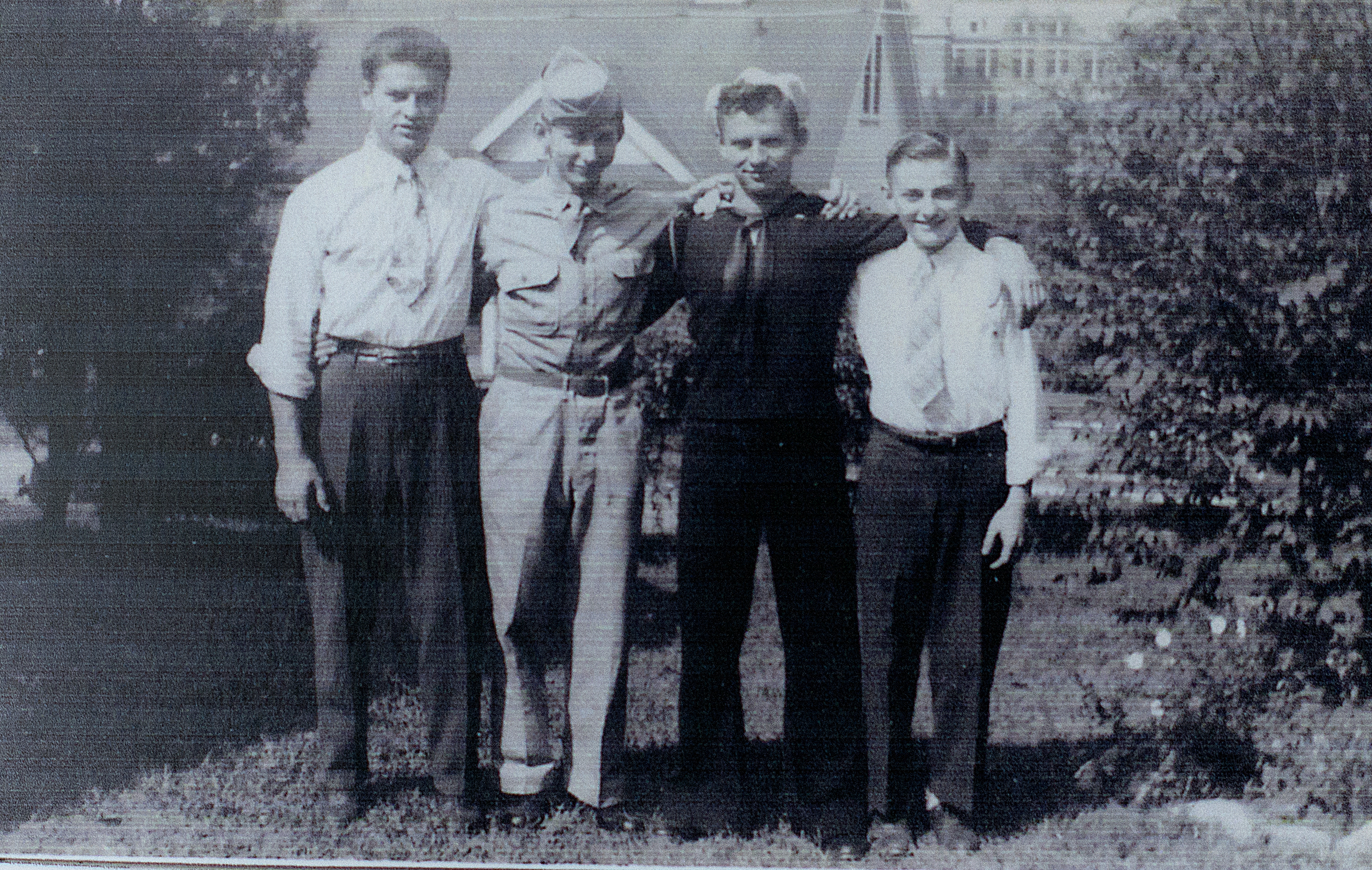
Norb (Second from left) with his three brothers as he was about to ship out. His brother Howard ( Third from left) had just returned from combat in the Pacific.
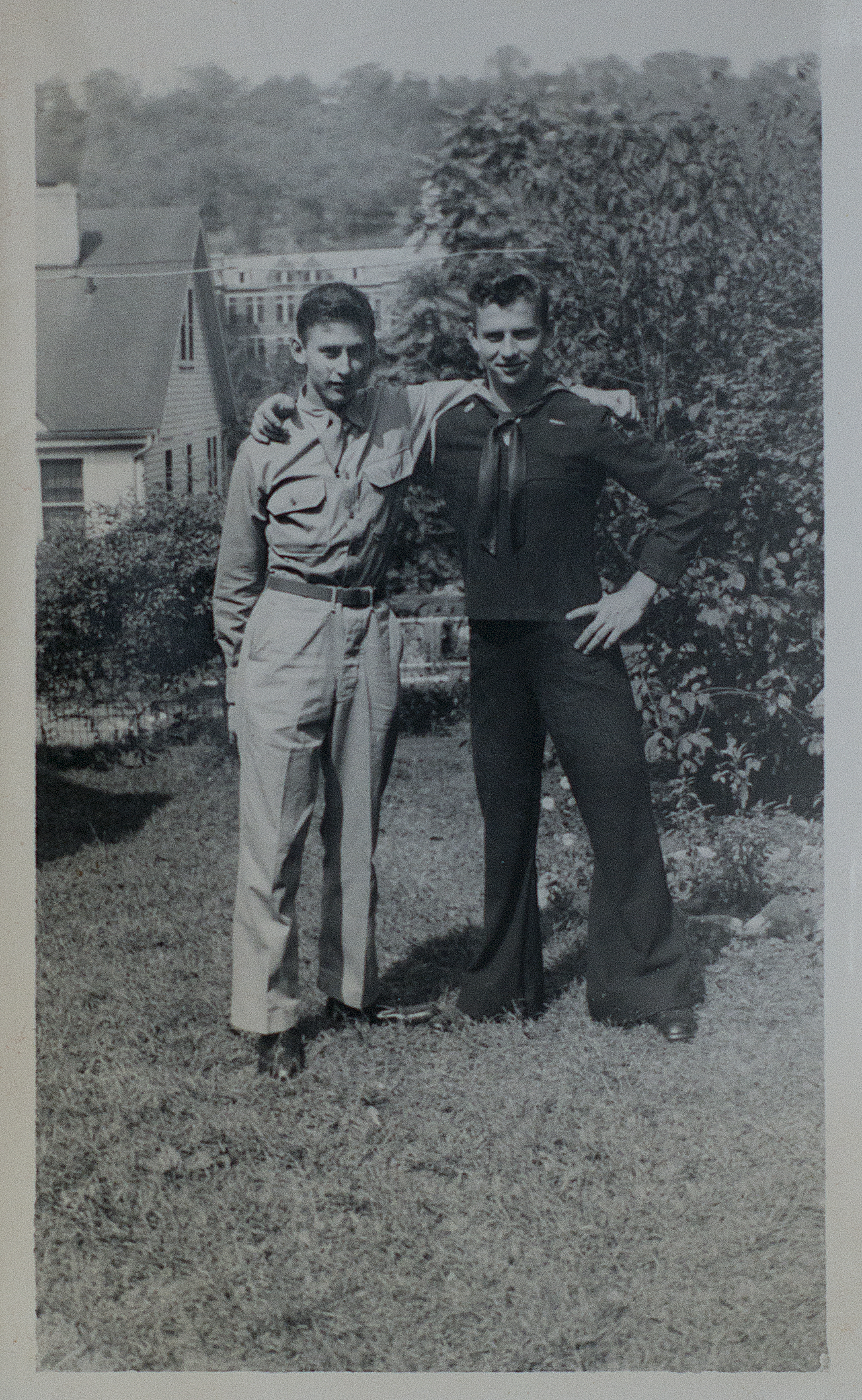
Norb and his brother Howard who served in combat in the Pacific had just arrived home as Norb was given a five day leave before being shipped over to Japan
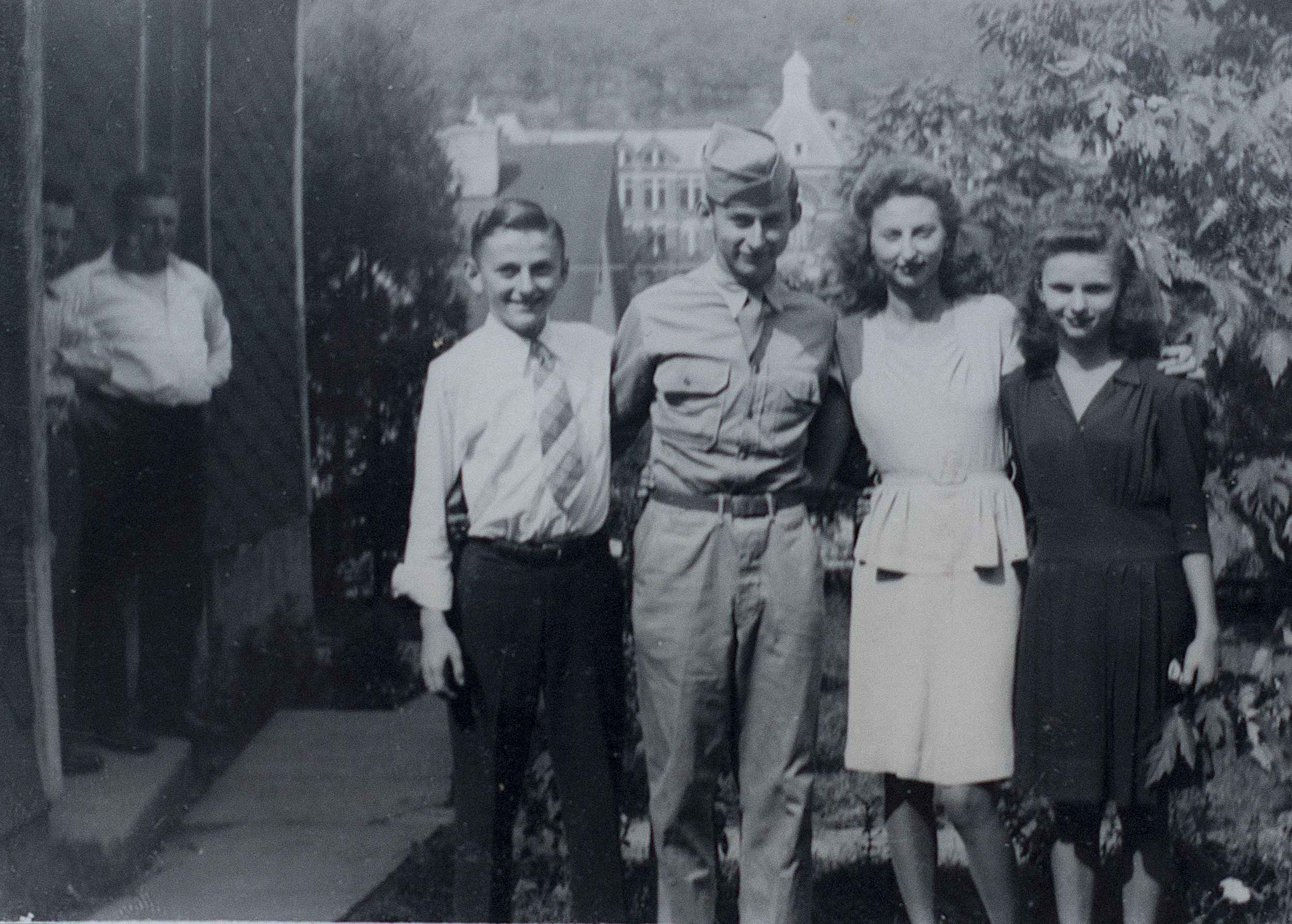
Norb with two of his sisters and one of his younger brothers
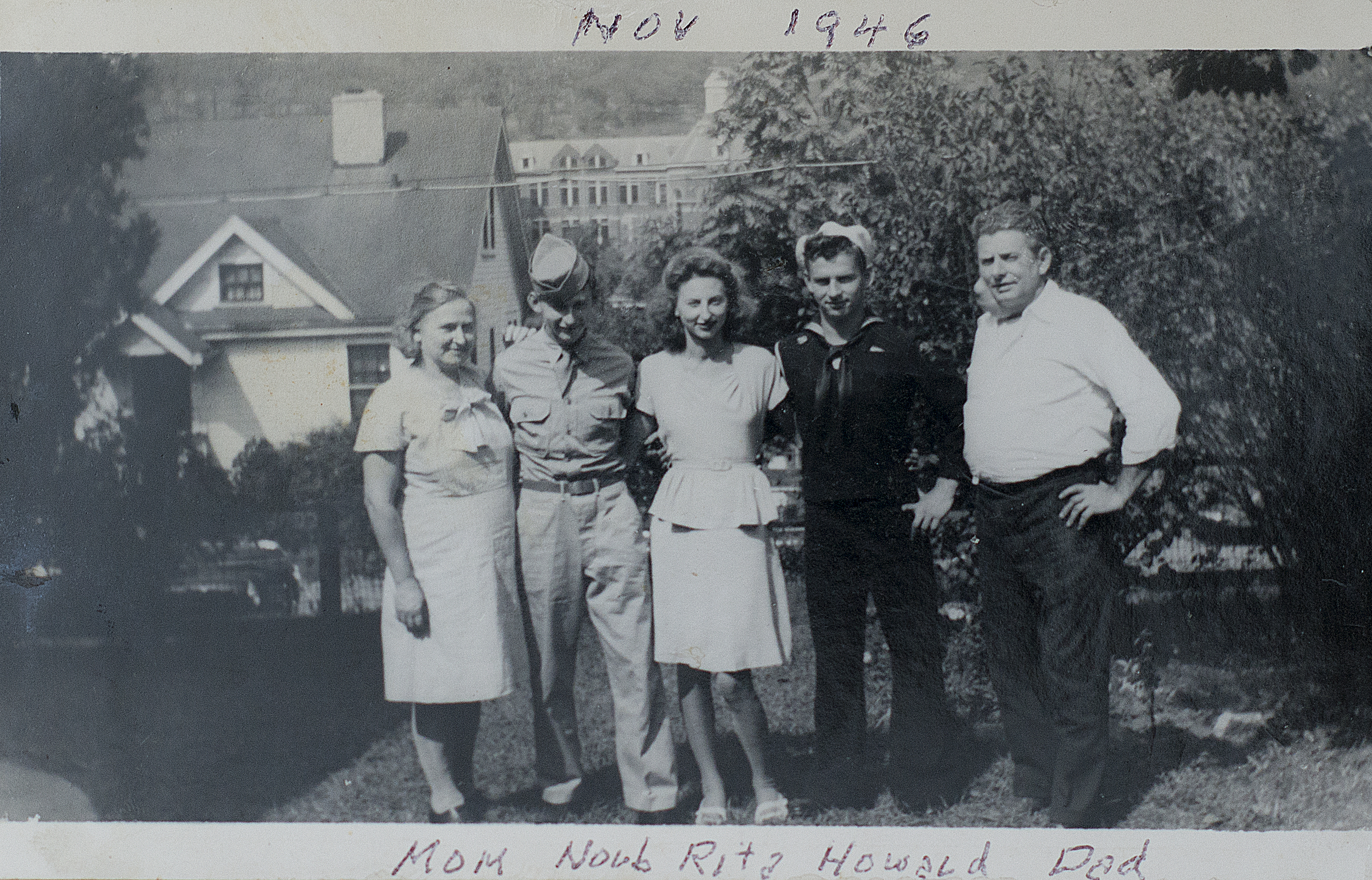
Norb with his mother, father, sister Rita and brother Howard
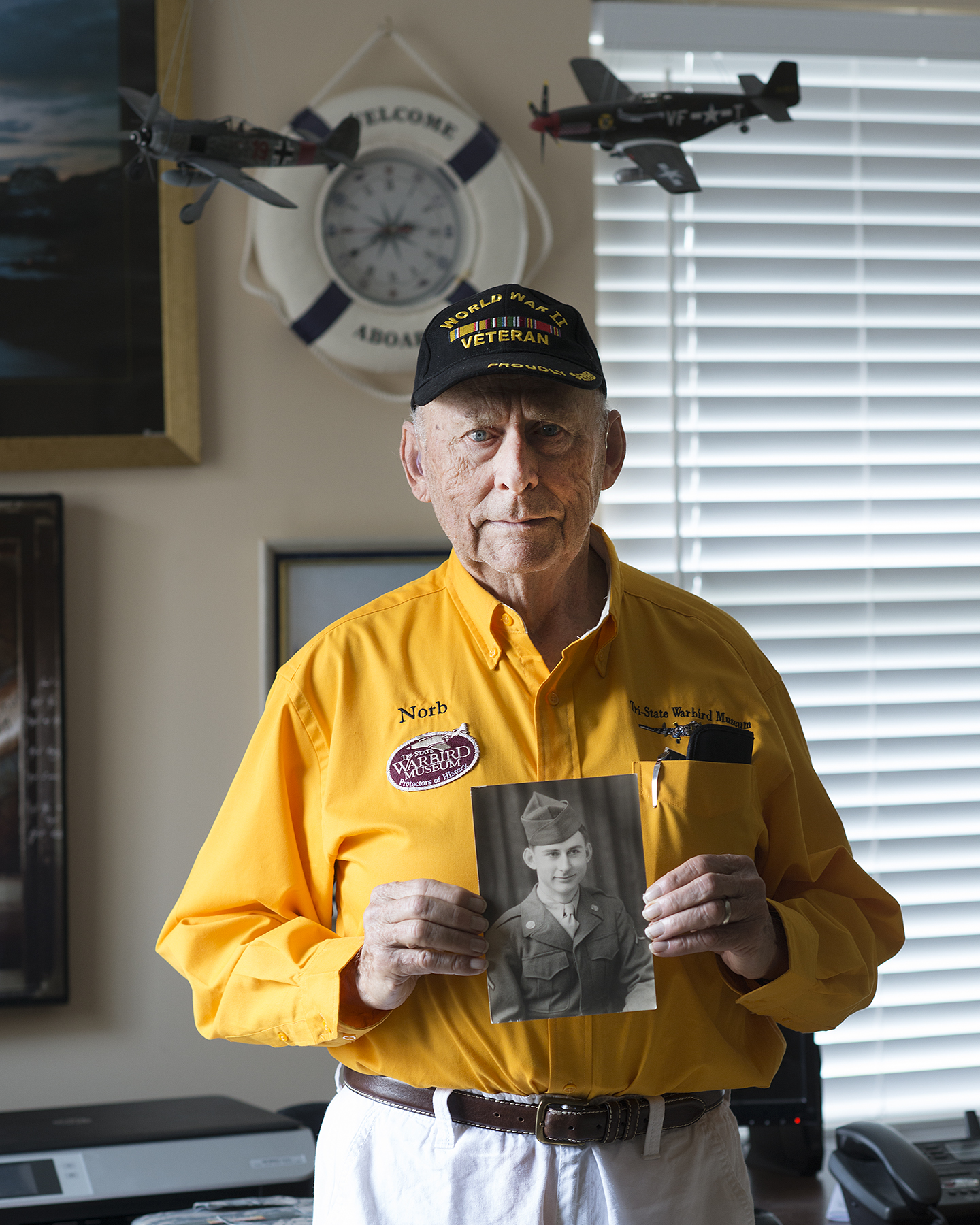
They Gave It All's portrait of Norb holding his service portrait
